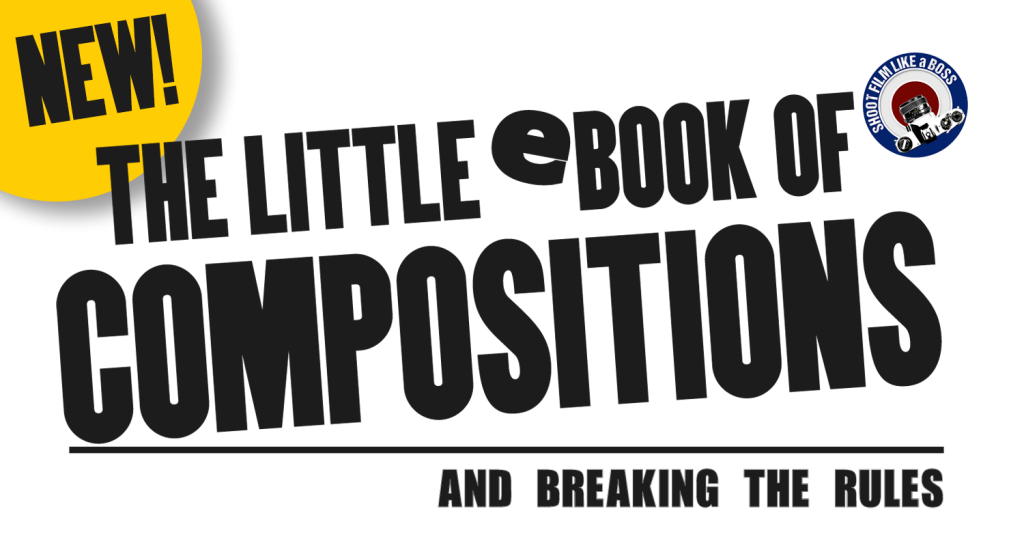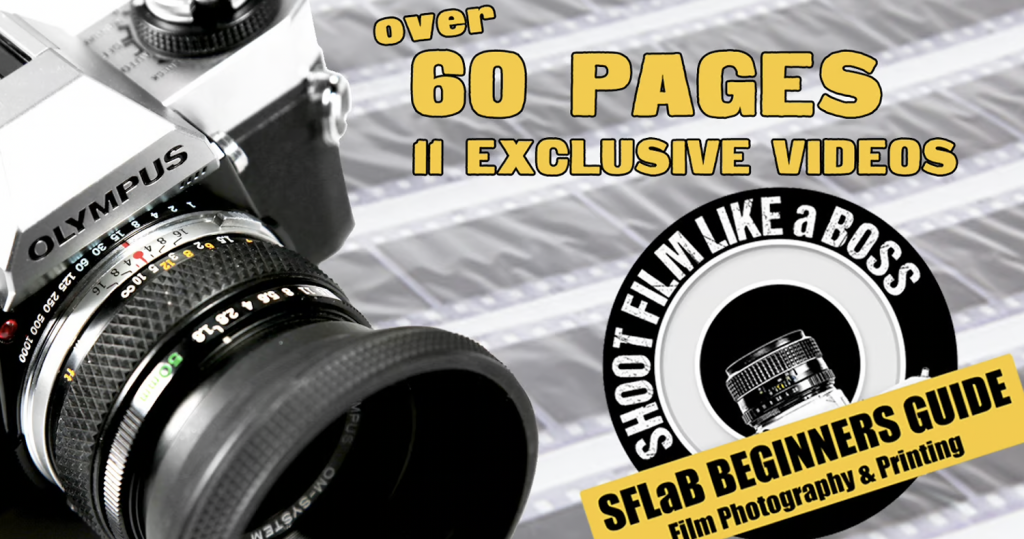Explaining a few Photos from Bahrain
If you have not seen my recent trip to Bahrain then here is the video. And if you don’t know where Bahrain is it is a small country in the Arabian Gulf, next to Saudi Arabia. It is literally an island not much bigger than the Isle of Wight. In fact, it’s a Kingdom with its own Royal Family and a beautiful peaceful and friendly place to visit.
I was there for 12 days and in that time I took many photographs using the Leica MP with a 50mm lens and film stock Kodak TMAX 400 ad Kentmere 400. I also took two digital cameras, a Leica Q2 Monochrome ad a Canon 6D.
Street Kids
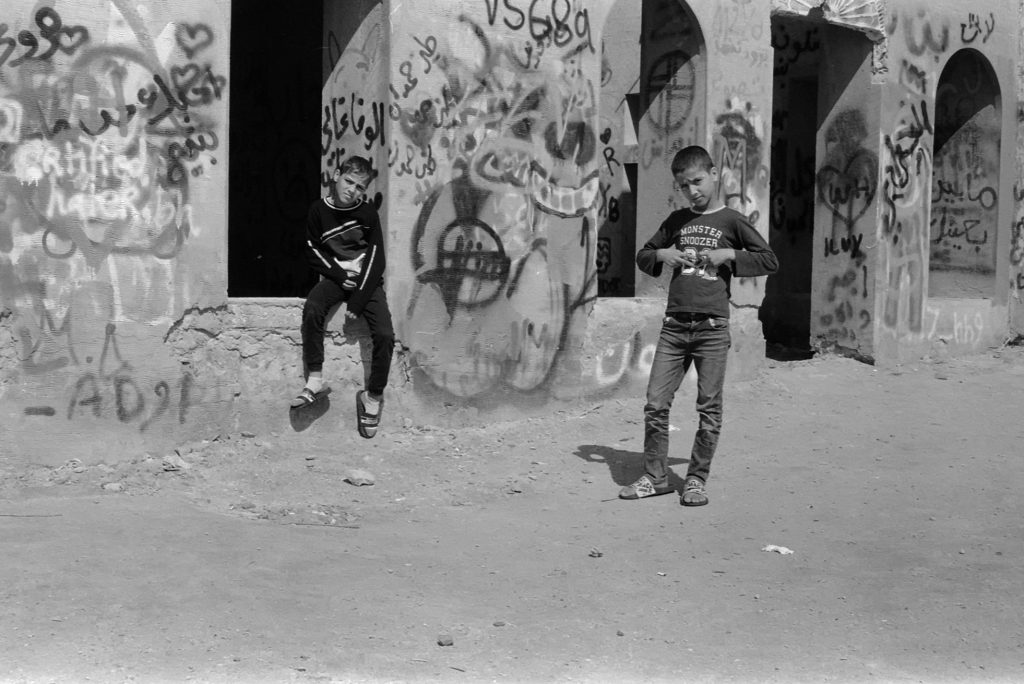
This photograph was in an area called Zallaq. It is a small town. One side has a beautifully developed shopping area with restaurants and coffee shops ad the other side is a small local shopping area mostly resided by the Indian community. Not too far is a fishing area ad this derelict building where kids hang out. I took a bag of sweets into the area for the kids. In no way to entice them for photos. I intended to photograph the building but once the word was out that I had sweets about 20 kids came out of nowhere.
I was vlogging and taking pictures and these two kept following me about. I then took this photo. It was on the Leica MP with Kentmere 400 film and a 50mm lens. I wish I had a 28mm lens so I could get closer and still get the graffiti in. But why were these kids following me. I thought they were interested in what I was doing. Nope. I had a bottle of Pepsi in my hand. They wanted it. Once I gave it to them they left.
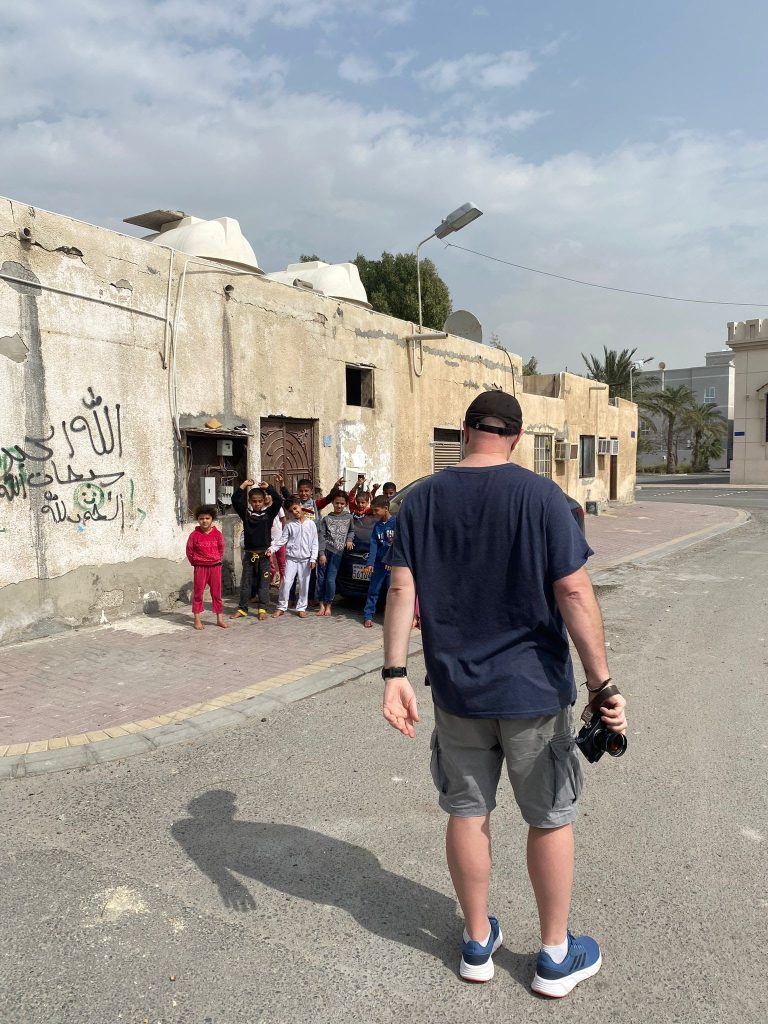
Bahraini Kids
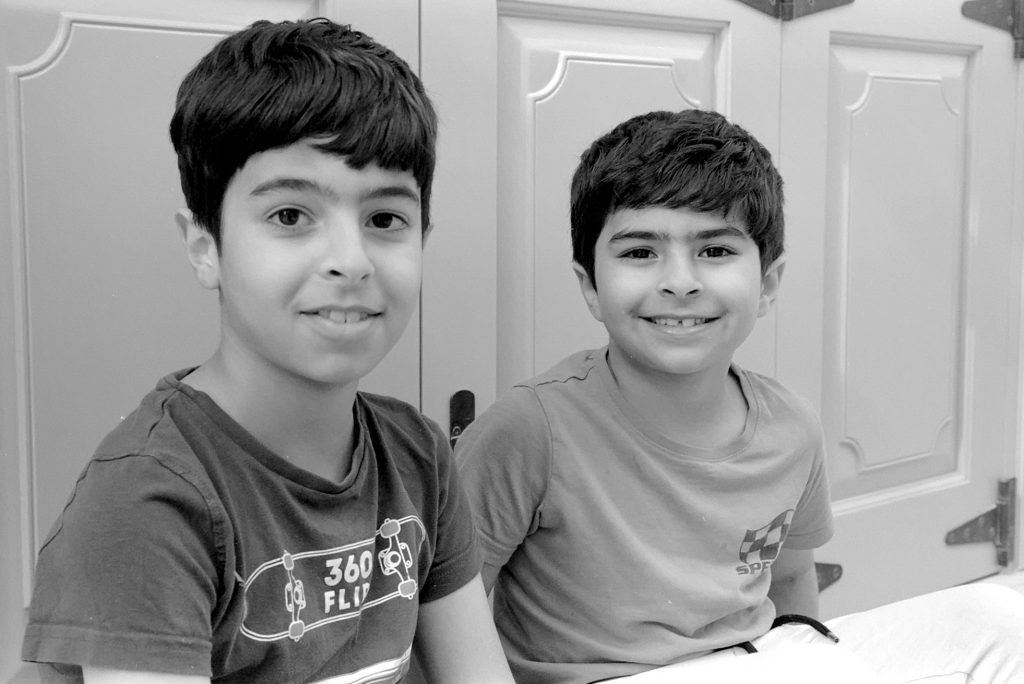
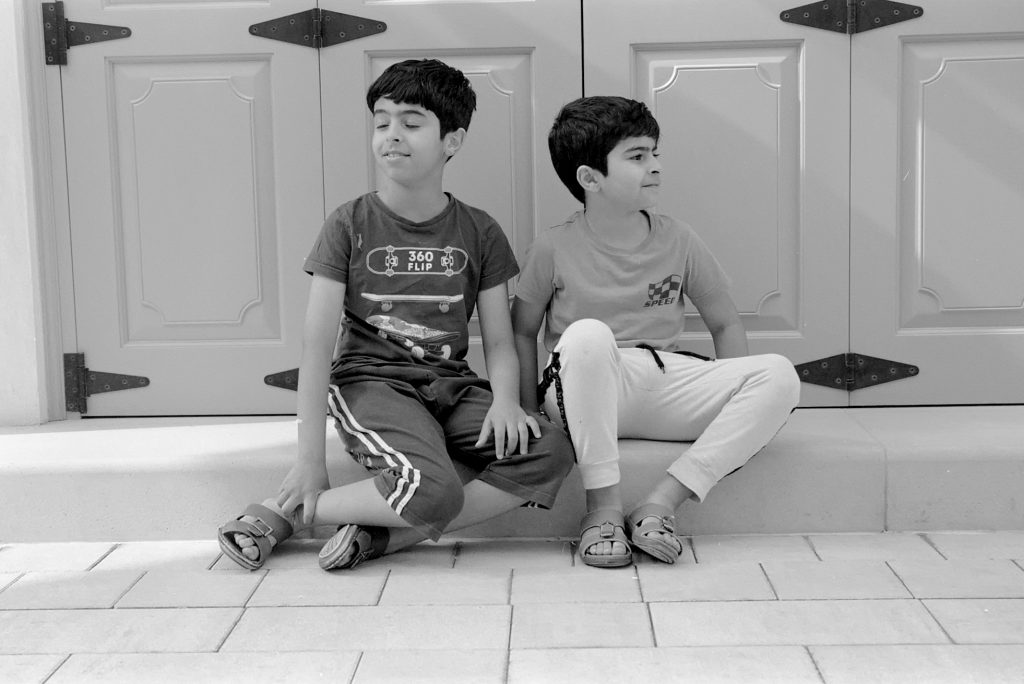
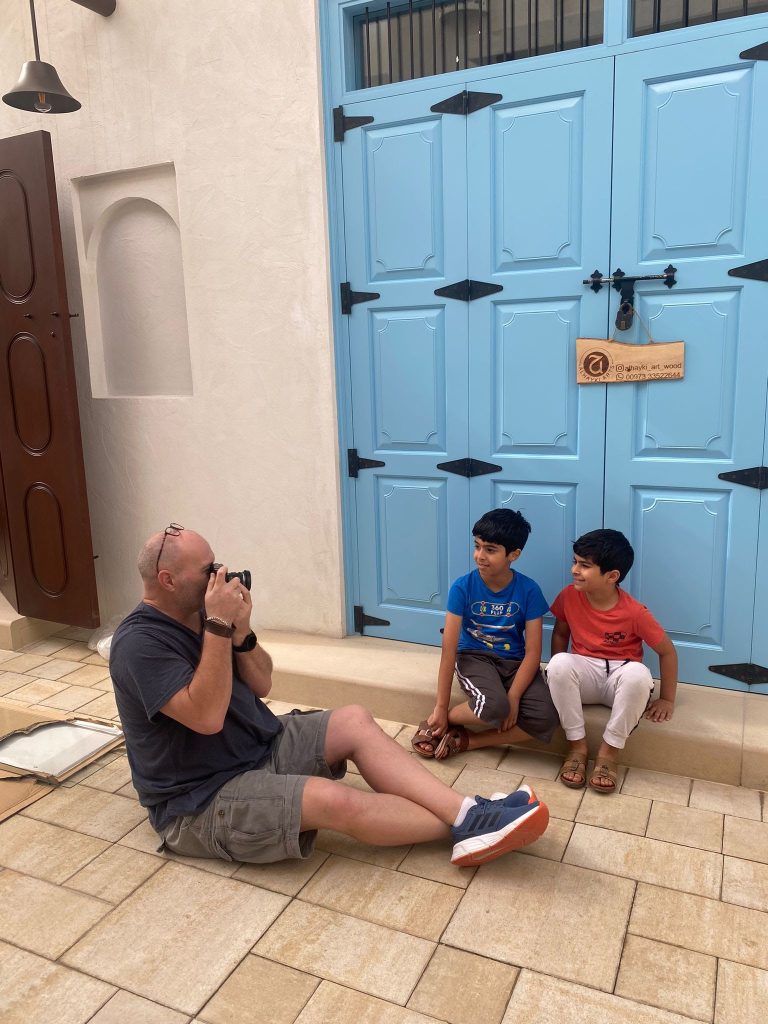
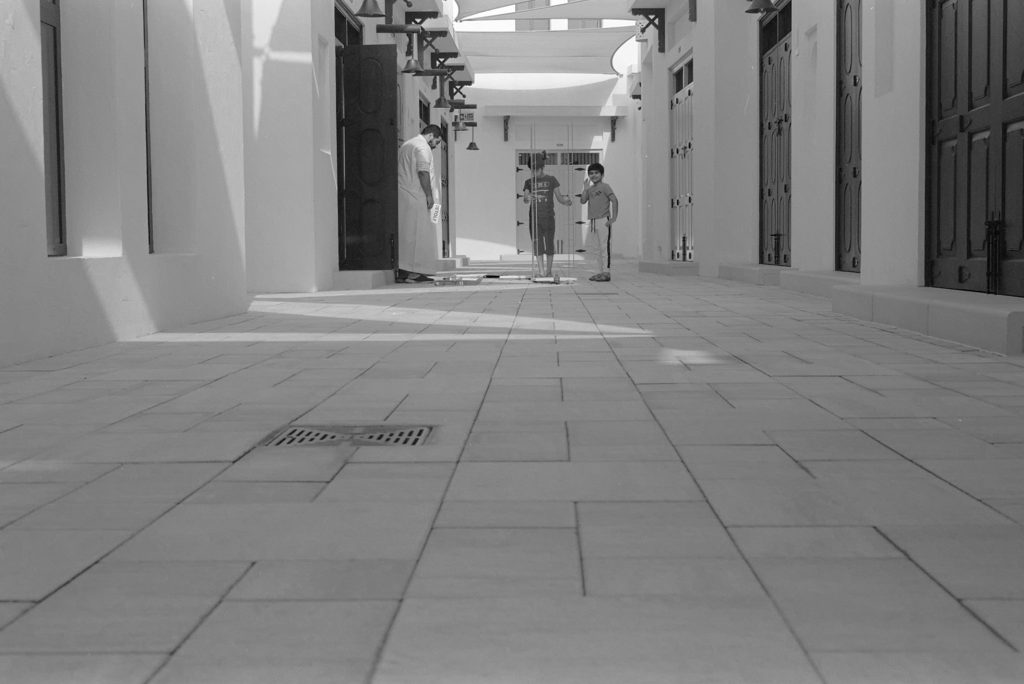
The Iron
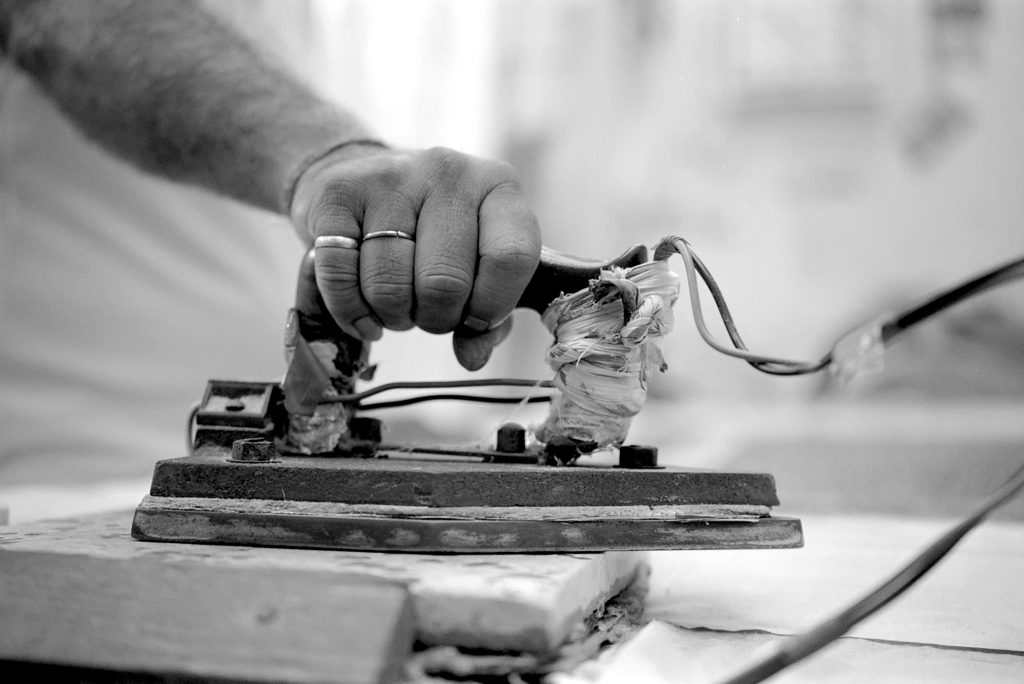
Striking whilst the iron is hot! This photograph was taken inside a small Laundry Shop in Zallaq. I was talking to this man who was ironing and I noticed the Iron he was using. Now this was a staged Photo. I asked the man to hold the Iron. I focused and took the shot. Leica MP 50mm lens. I was just amazed at the make shift wiring.
Kind Man
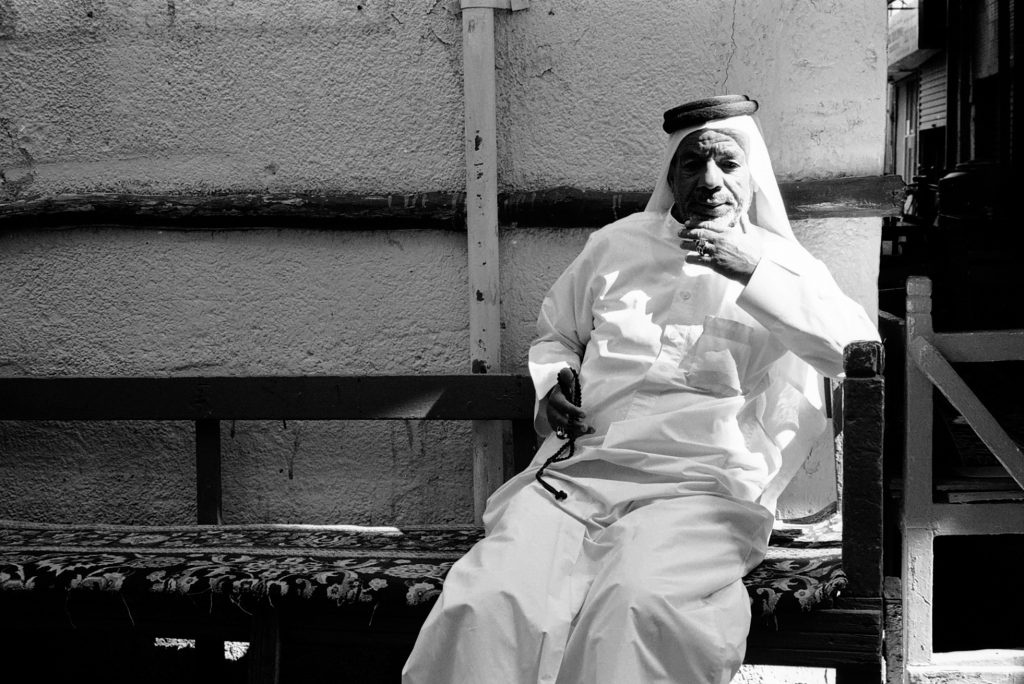
I was sitting down opposite this man changing film in a local Souke (Market Place) in Manama, which is the capital of Bahrain. I had been walking around for a couple of hours taking photos and must have looked tired as this man called over a guy from a coffee shop and offered me coffee. I accepted. Then they guy came over with a bottle of water. I went to pay and the guy pointed to this guy as if to say “He payed”. I thanked the man and took his Photograph. You will notice it is a bit punchy! It was taken with the Leica MP and a 50mm lens, however, I had the compensation set to two stops over exposed!! Thats why it looks heavy in the highlights. Still, these films can handle over exposure very well. I liked this one.
What a kind man!
Ahmed, my friend
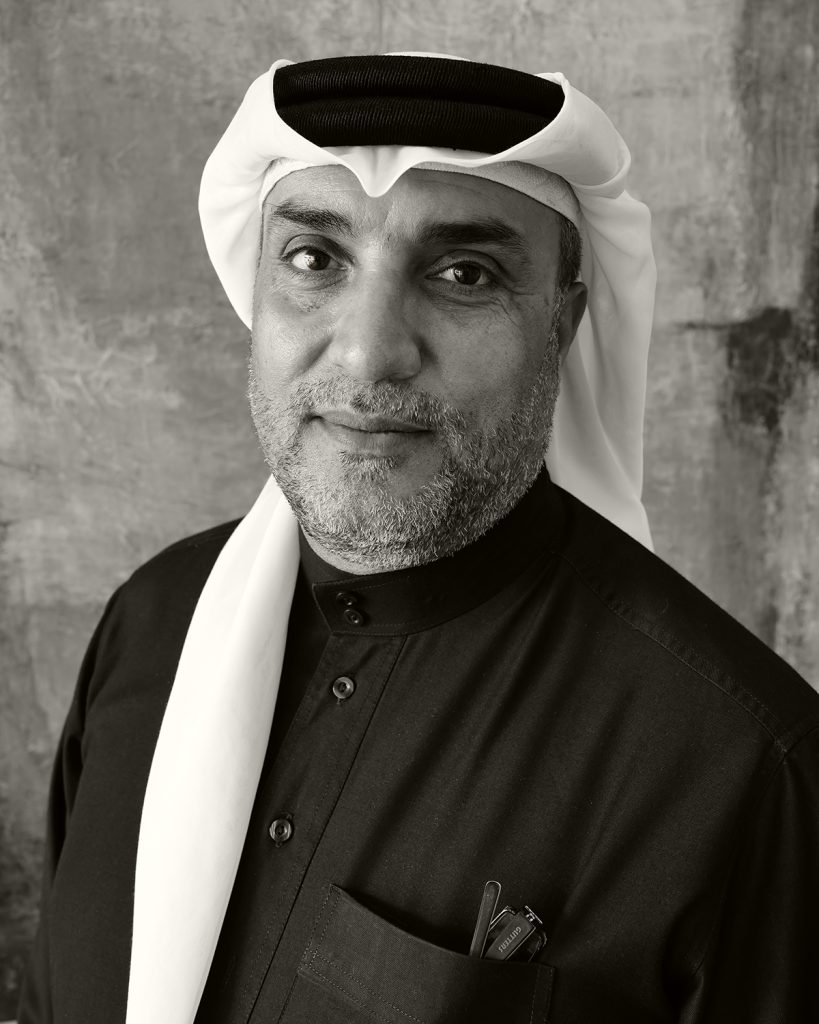
This is Ahmed. He is my friend and was with my most of the time in Bahrain. This portrait of Ahmed was taken when I visited the Bahrain National Museum. It was taken on the Leica Q2 Monochrome with a 28mm lens. I saw this background with window light coming through so beautiful and with Ahmed dressed so smart in a Blue Thobe and White Gutra I took this Photo of him.
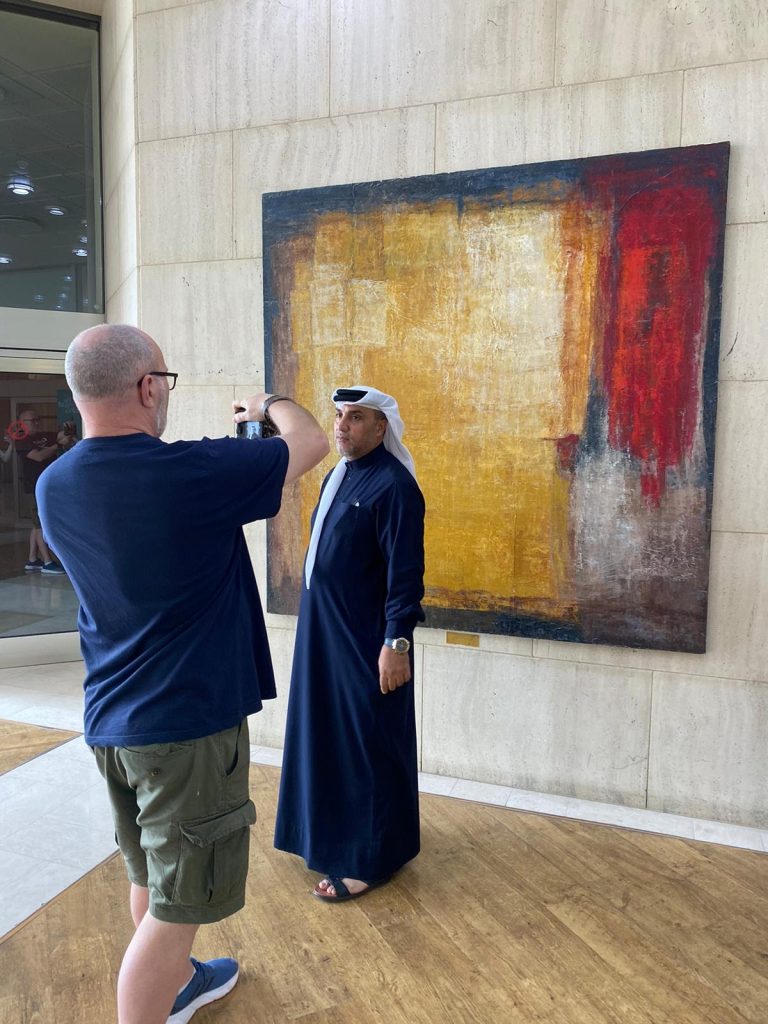
Birds
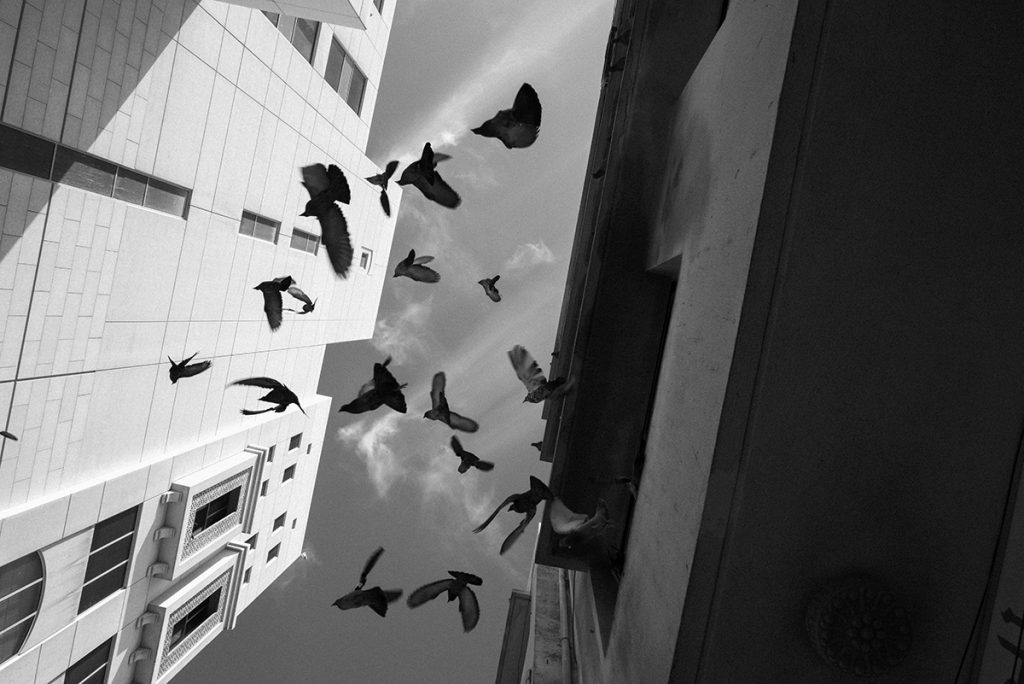
Another photograph from the Q2. This camera is amazing! Light, Portable and mirrorless. Not to get into gear and all but it does pull out some lovely tones. Pure Black & White.
I was walking the city of Manama and looking up I noticed a load of pigeons on a window ledge. It had looked like someone had put food out on the ledge. I knew I would get a good shot between the buildings if only I could get the birds to fly! Next to me was a small roof tile. I used that to throw at the ground to make a loud noise whilst holding the Q2 in one hand ready to snap the shot. I did get some odd looks from the locals but I got the shot I wanted.
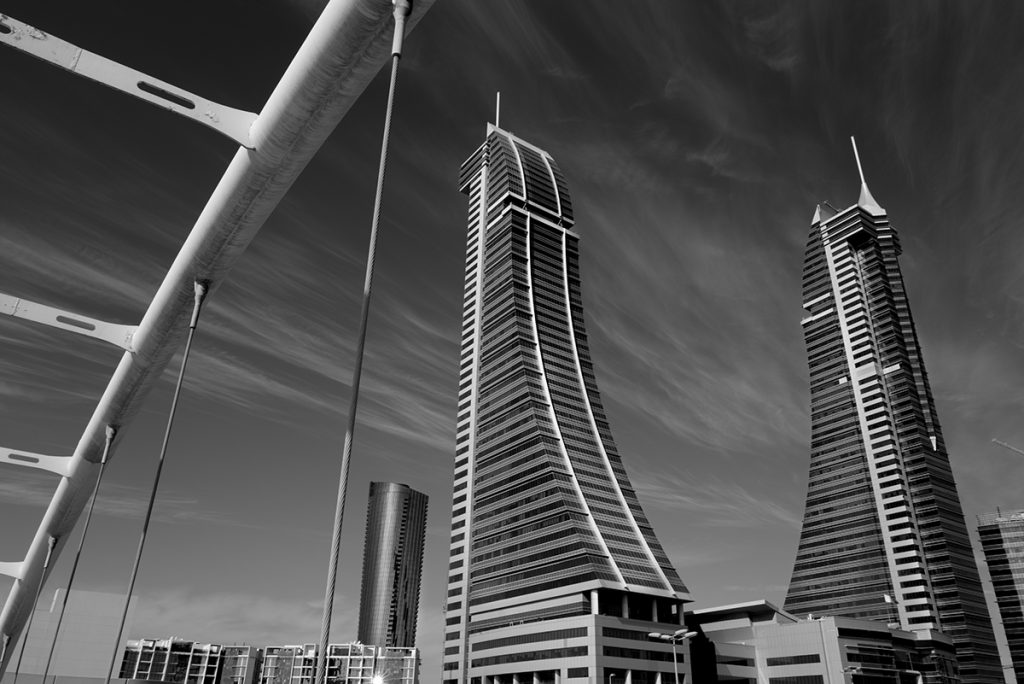
Saudi Arabia
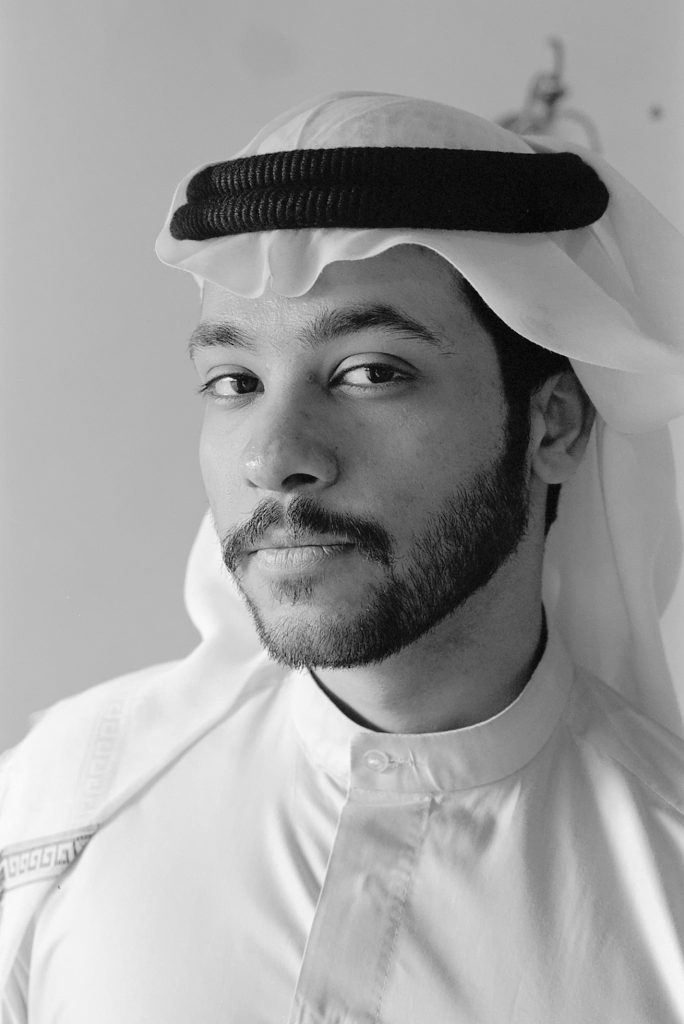
Leica MP and 50mm Lens. TMAX 400. We drove over the Bridge to visit Saudi Arabia where we had lunch and visited a Heritage Museum. This man gave us a tour around the museum and I asked if I could take his portrait. Another window light shot. Nice guy.
Derelict Street
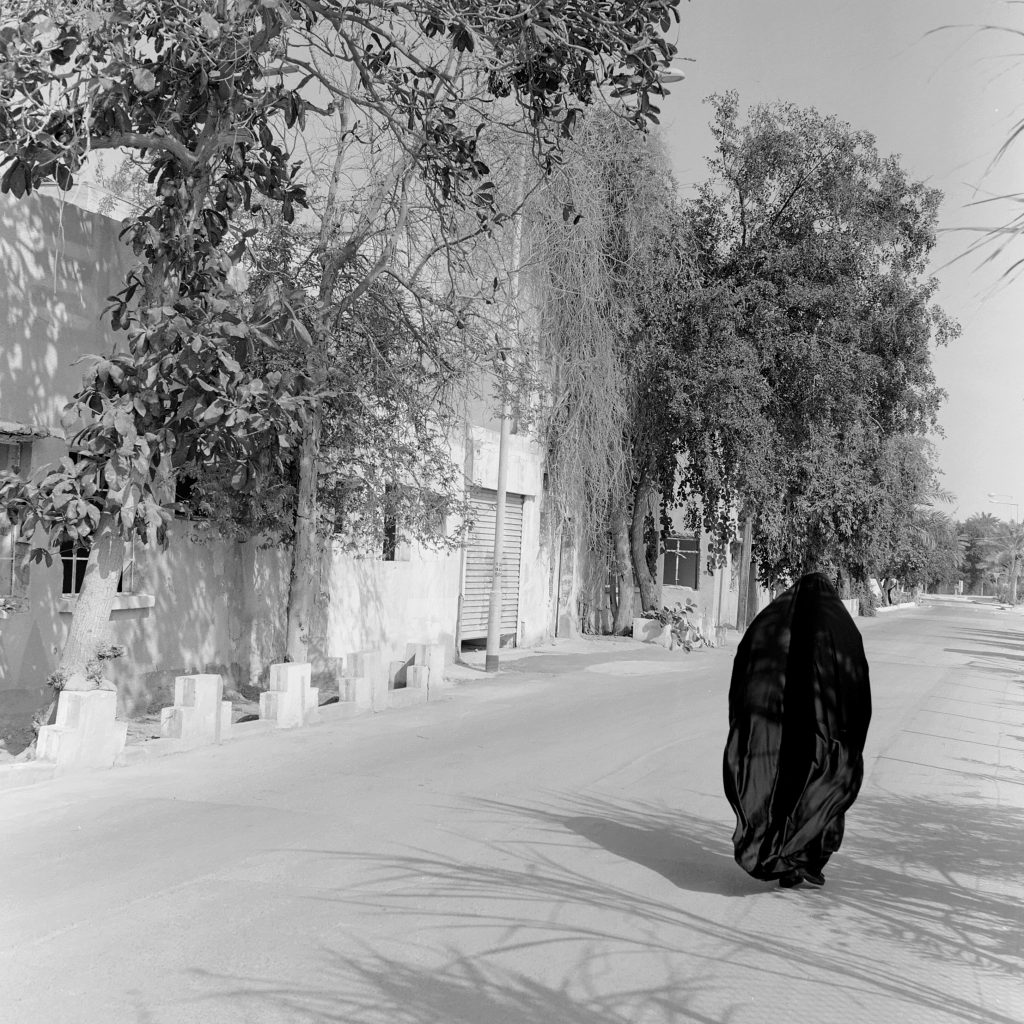
Hasselblad 6×6. Kodak Tri-x 400.
I went to this derelict town to photograph the old houses and I noticed this lady approaching. I didn’t make a point of taking a photo of her. The wind was blowing a breeze through this street. I positioned the camera, which was on a tripod, and waited for her to walk past. She was well aware of me and the camera and would definitely not have wanted a photograph of her face. I hit the shutter as she walked into my frame.
Stray Cat
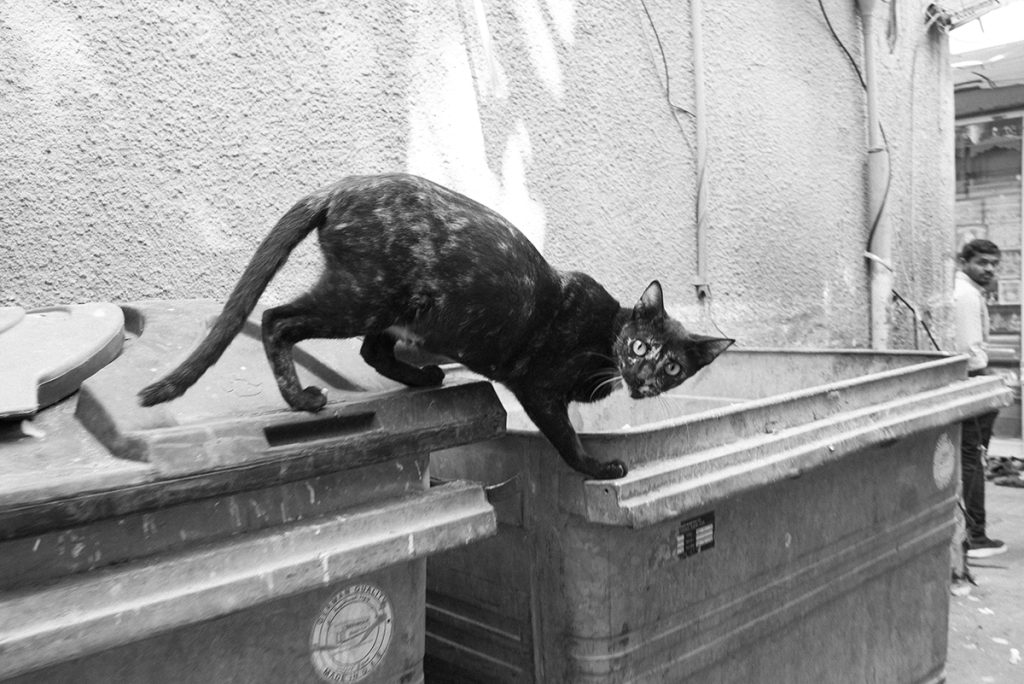
Around the Soukes there are plenty of Stray Cats. I followed a few around and caught this one. The cat was just about to jump off but I managed to capture it’s wariness and also the guy in the background. This was on the Leica Q2 with a 28mm lens.
Prayer Time
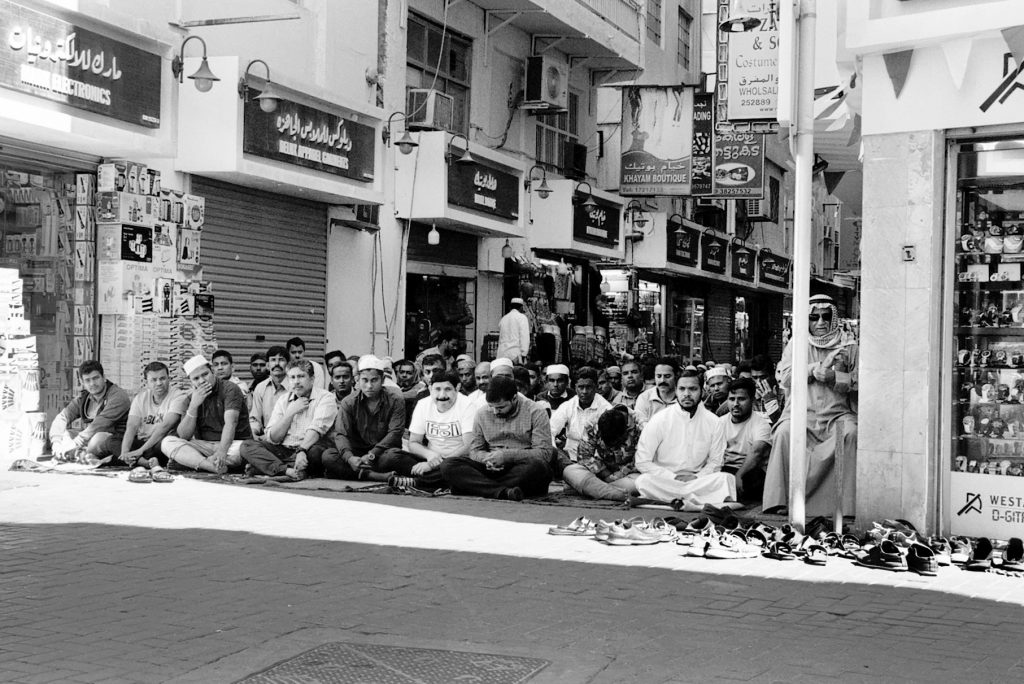
It’s Friday and the call to prayer came from the local mosques. Most of the shops closed and the keepers went to pray. The market went eerily quiet. I wasn’t sure if I was being disrespectful by taking a few photographs but I thought someone may tap me on the shoulder if I was. This scene you see the strong sunlight casting across the shoes. I took the shot and walked on to another scene.
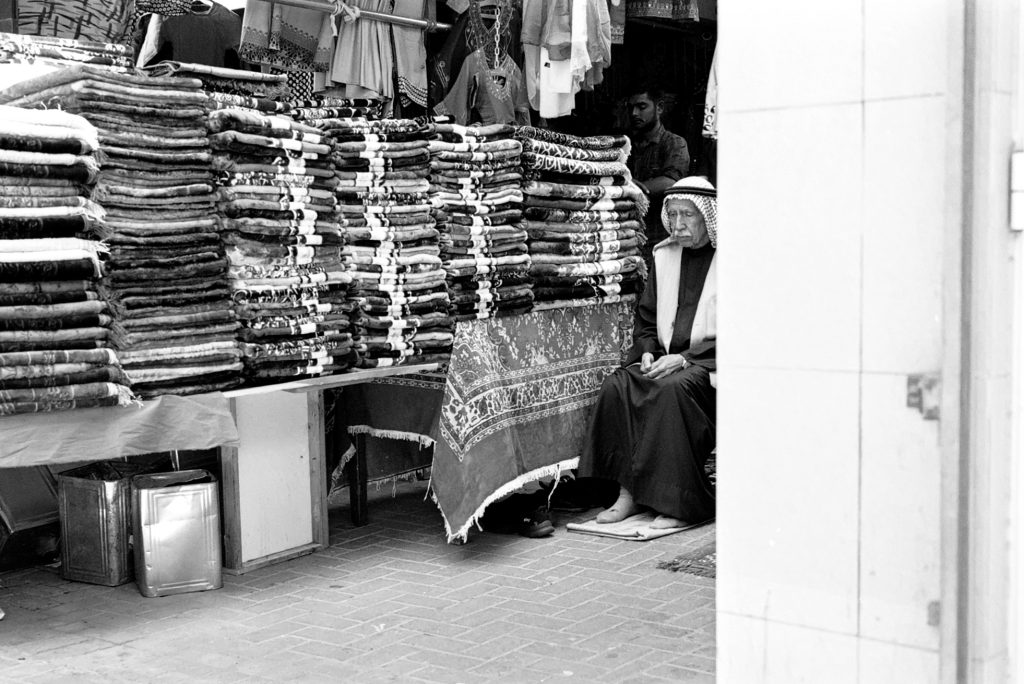
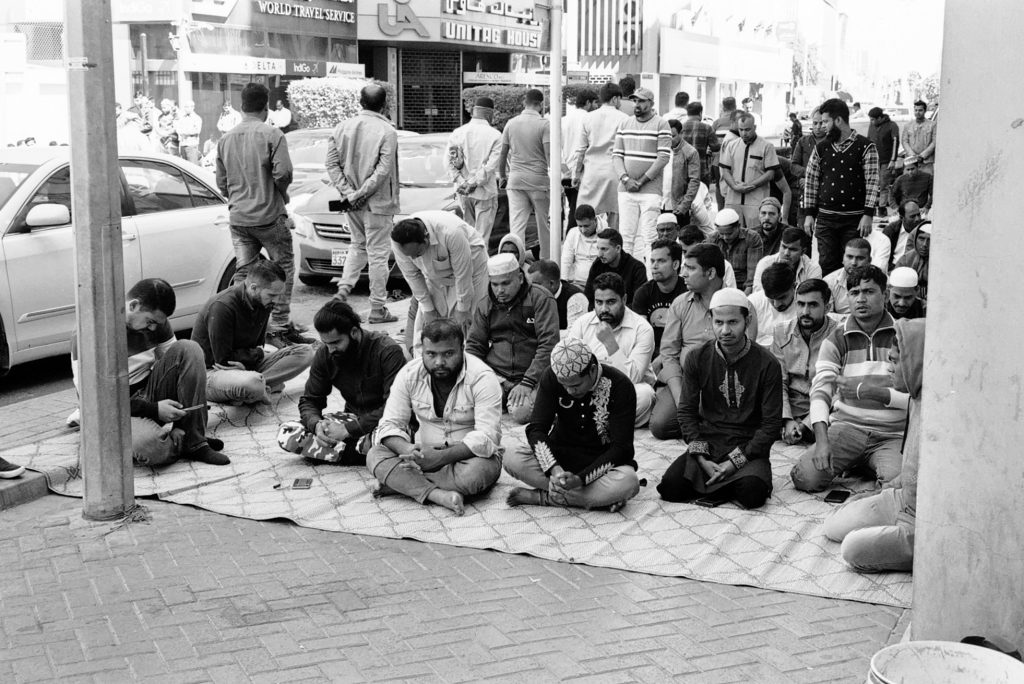
If you have never been to the Middle East, or maybe you live in an area where there is a mosque, the call to prayer is quite beautiful to hear. Peaceful.
I love Bahrain. This was my second trip there and I found the people very humble, friendly and kind.
Hopefully, inshallah, (God Willing), I will return again.
Broken Kodak Retinette 22
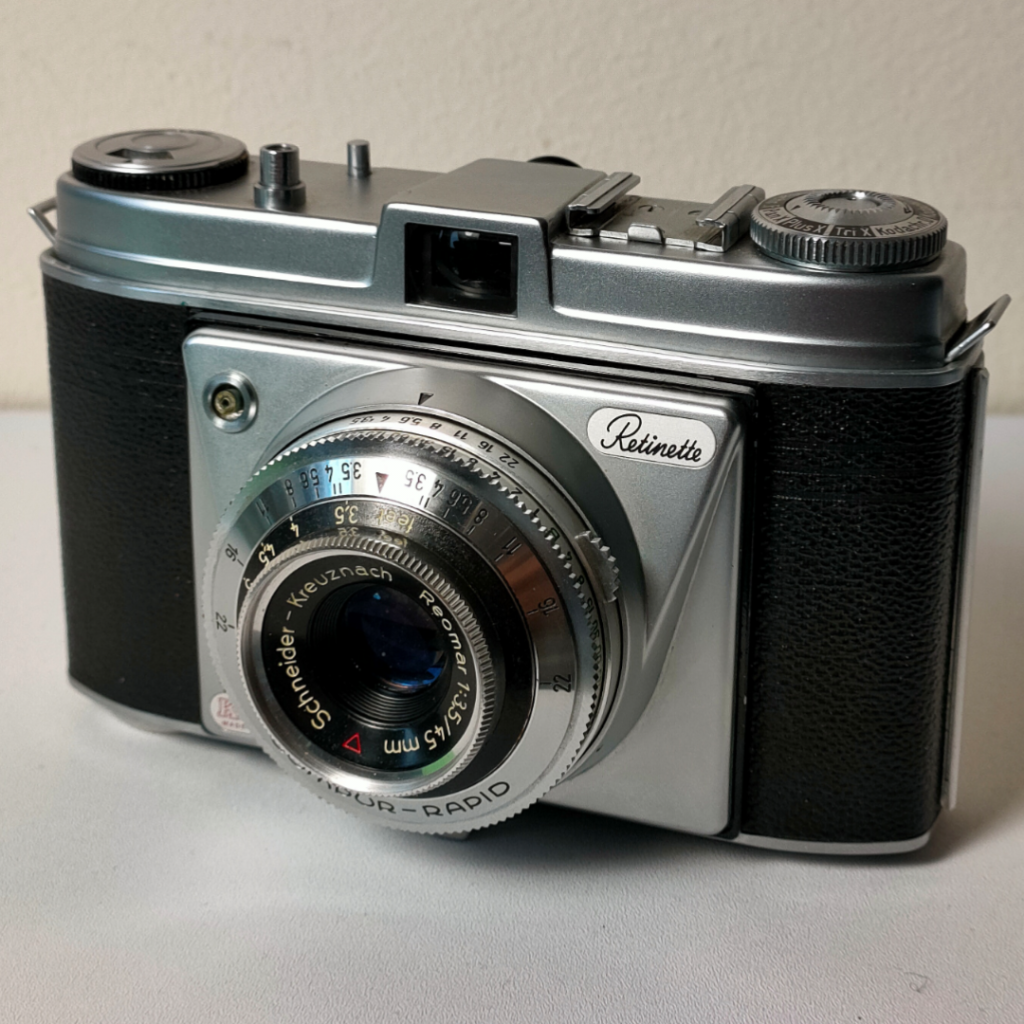
This 1954 Kodak Retinette Type 22 Camera I have had for a number of years and it has given me much joy taking photographs along the way but recently on a shoot it failed and I had missing frames!
The Kodak Retinette was a popular camera throughout the 1950s and a number of models were produced.
I recently uploaded a video on the camera on the SFLaB YouTube Channel.
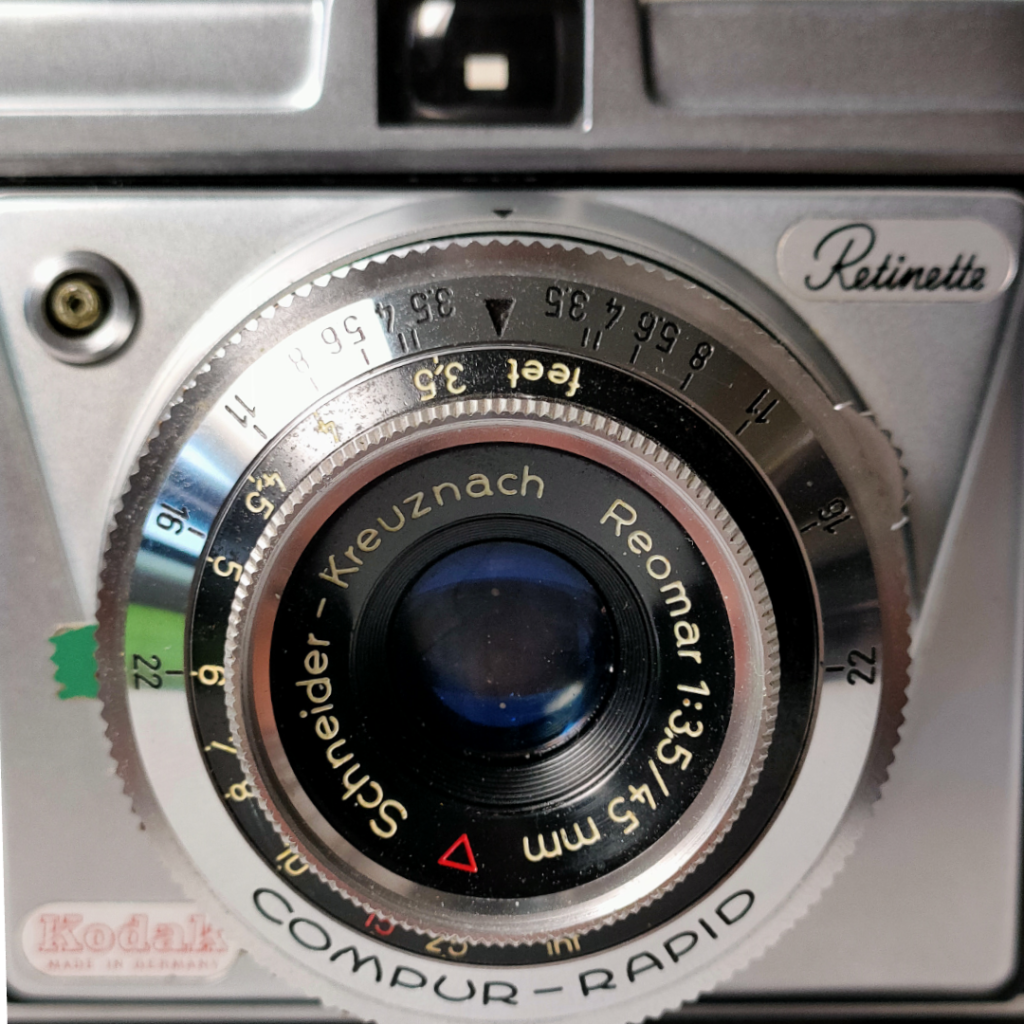
This particular Retinette was in production by Kodak Germany from 1954 until 1958. Kodak used the Compur-Rapid Shutter which has speeds of 1s to 1/500th of a second as well as a Bulb Mode.
And the Lens is a good ole Schneider-Kreuznach 45mm and has apertures from f/3.5 to f/22.
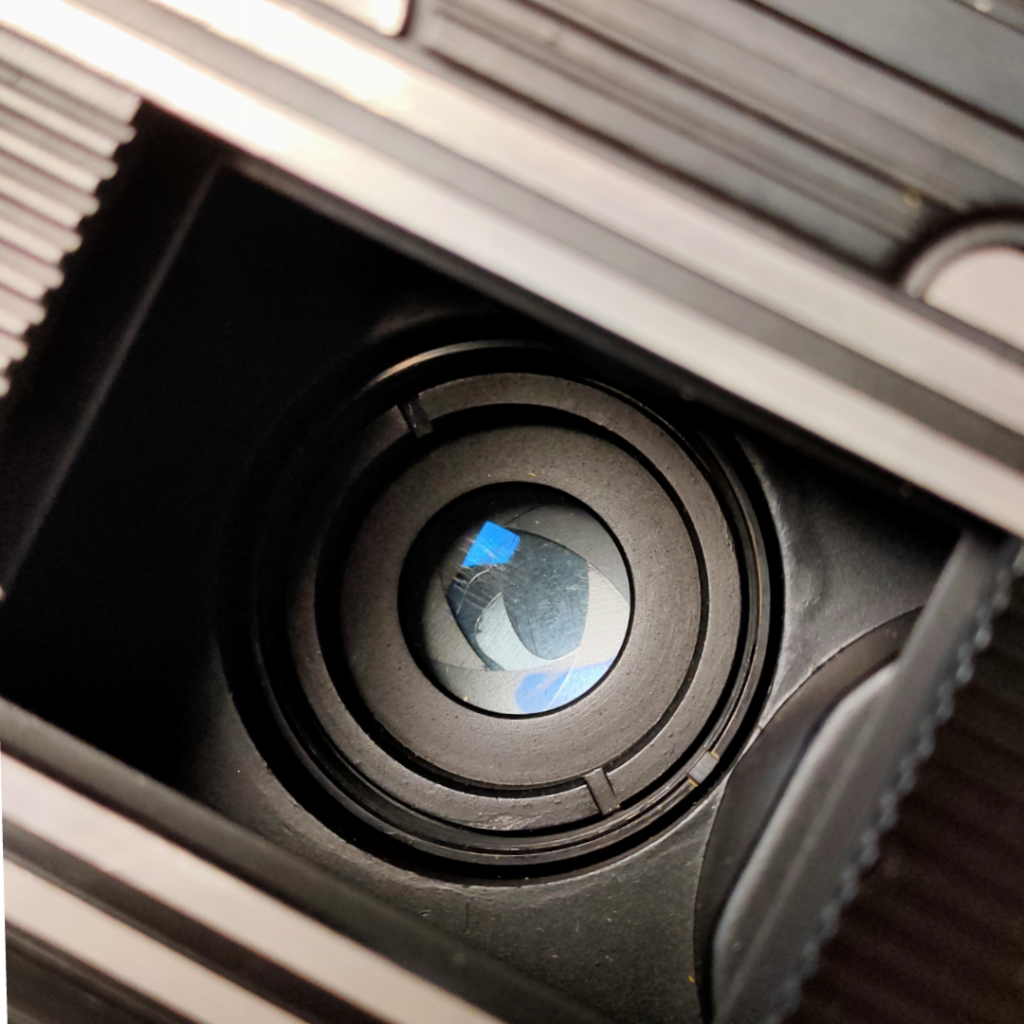
The Shutter Speed and Aperture are coupled for correct exposures and also has a RED EV scale which was popular back in the 50s.
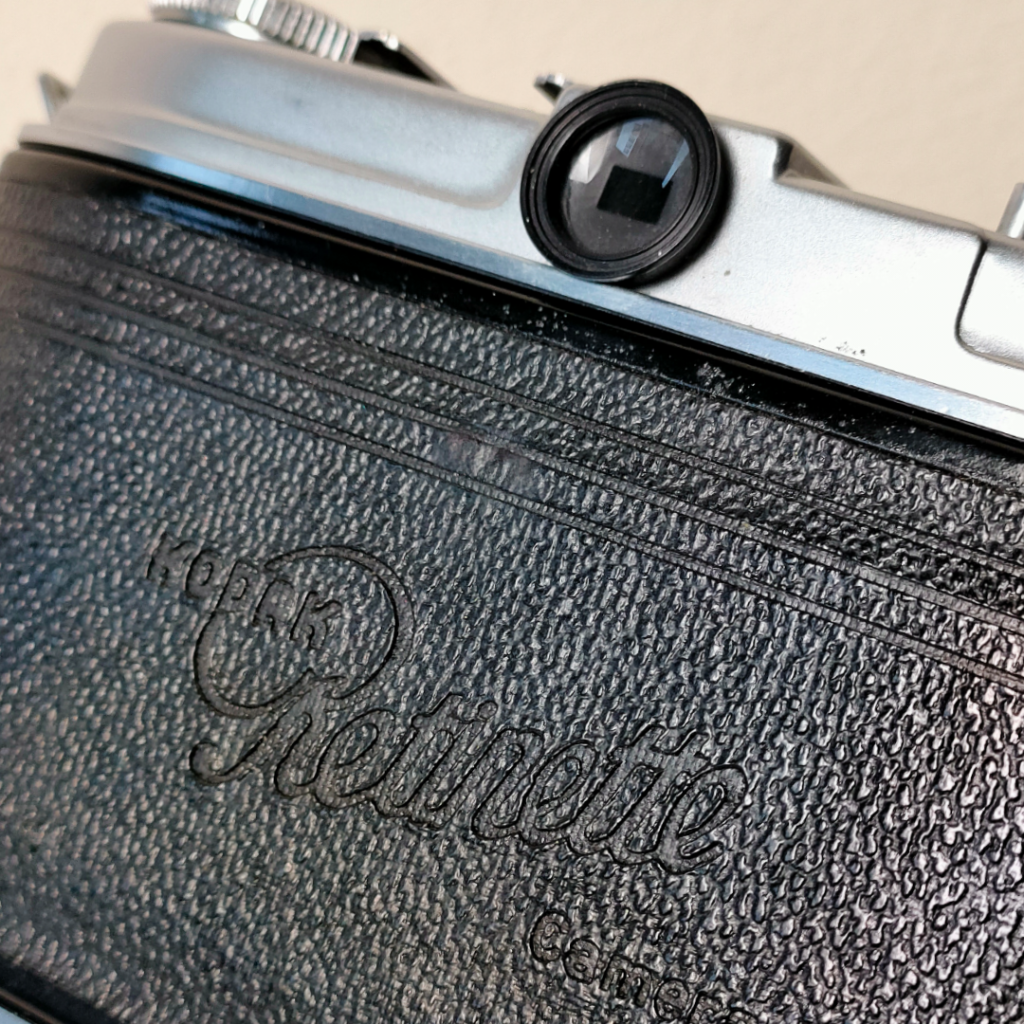
But this one has an issue. Intermittently the leaf shutter won’t operate leaving me with blank frames during a roll. I can still use the camera without getting black frames now I know there is an issue and every time I take a picture I just have to listen carefully if the shutter has opened and closed! But I would still like to get it fixed as it is in great condition and after all these years has only started playing up.
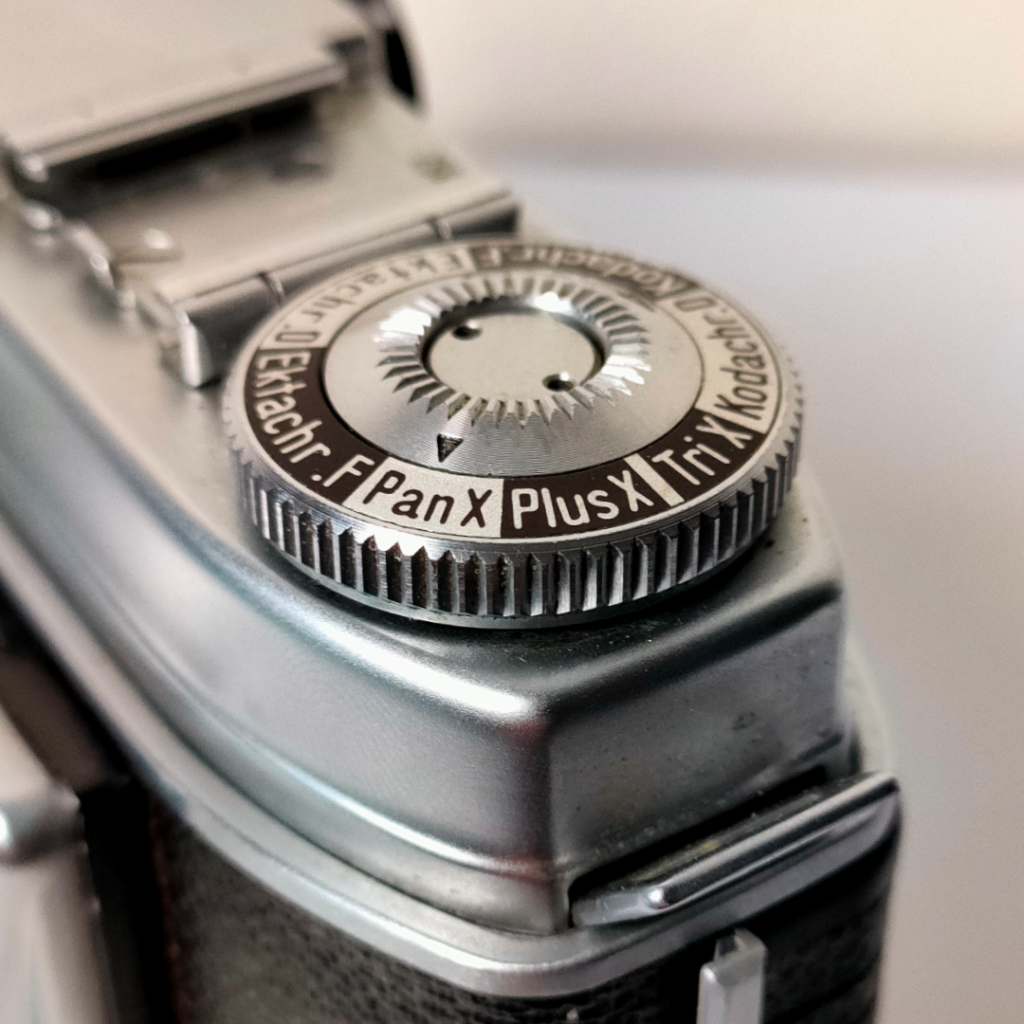
So from a 36 exposure roll of Kentmere 400 Film I got a few photos which as you can see the lens on this camera is pretty good! You will notice the wonky one of the Church Door… This was part of my shutter sound confused state where I took a few shots and this was the one that clicked!
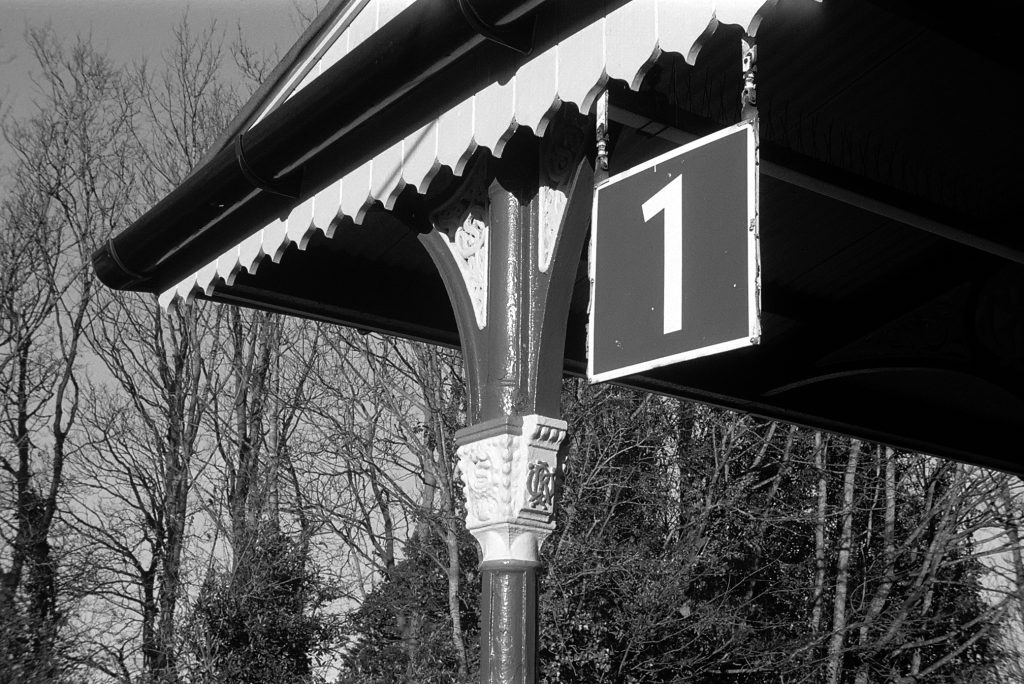
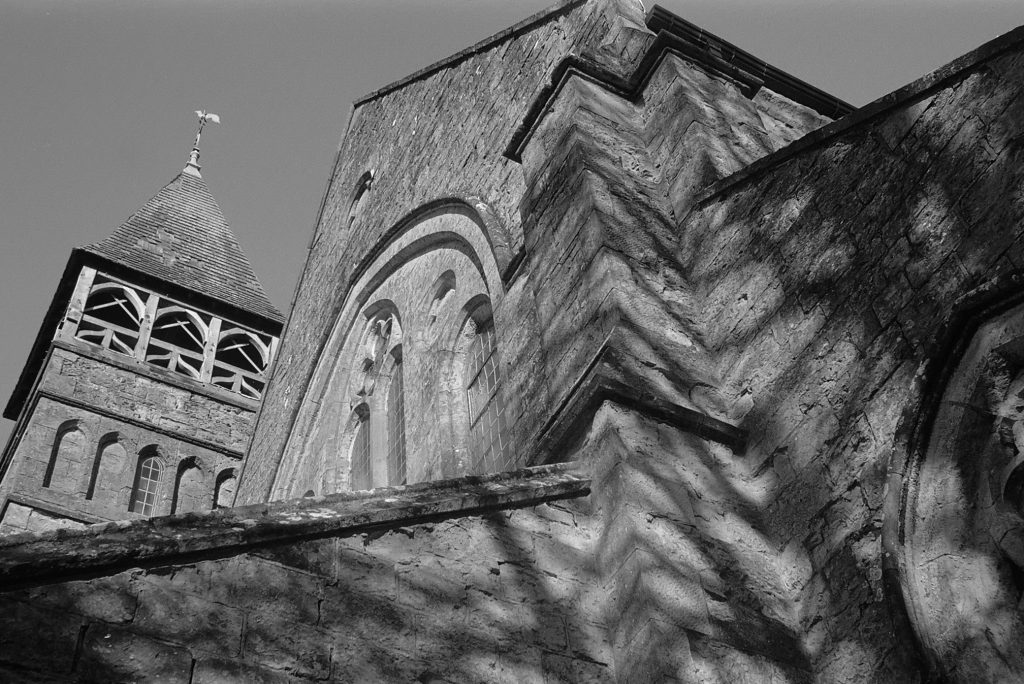
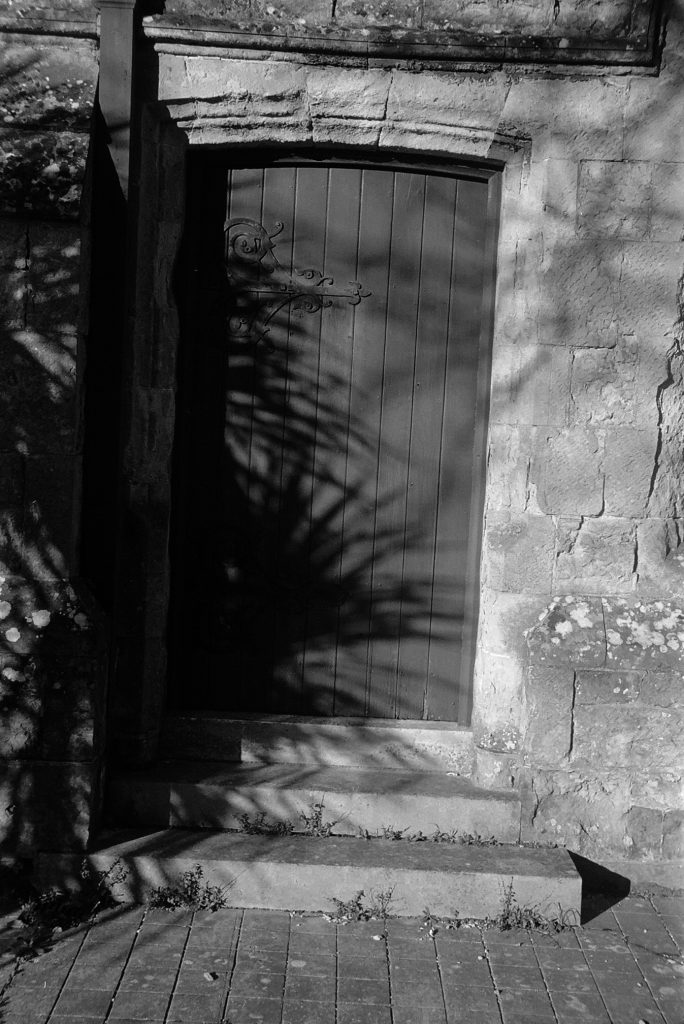
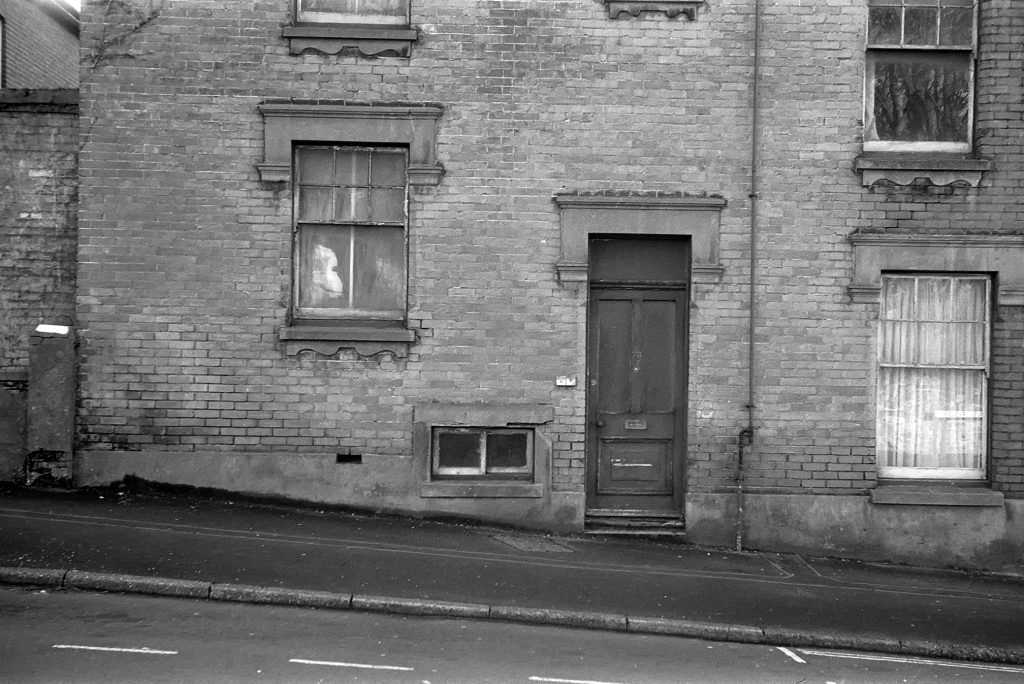
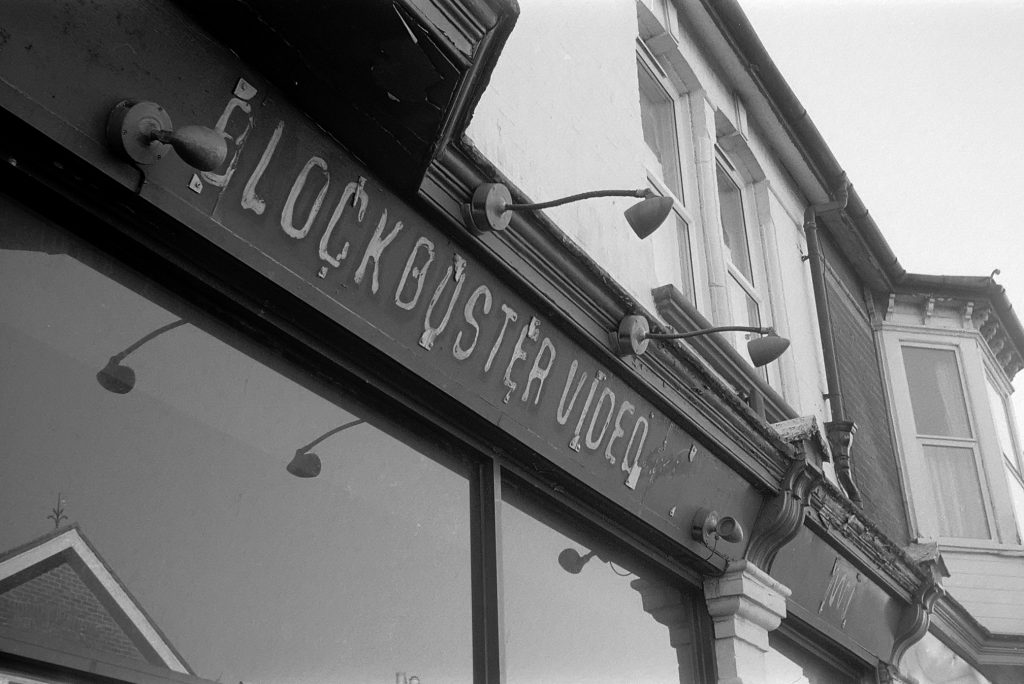
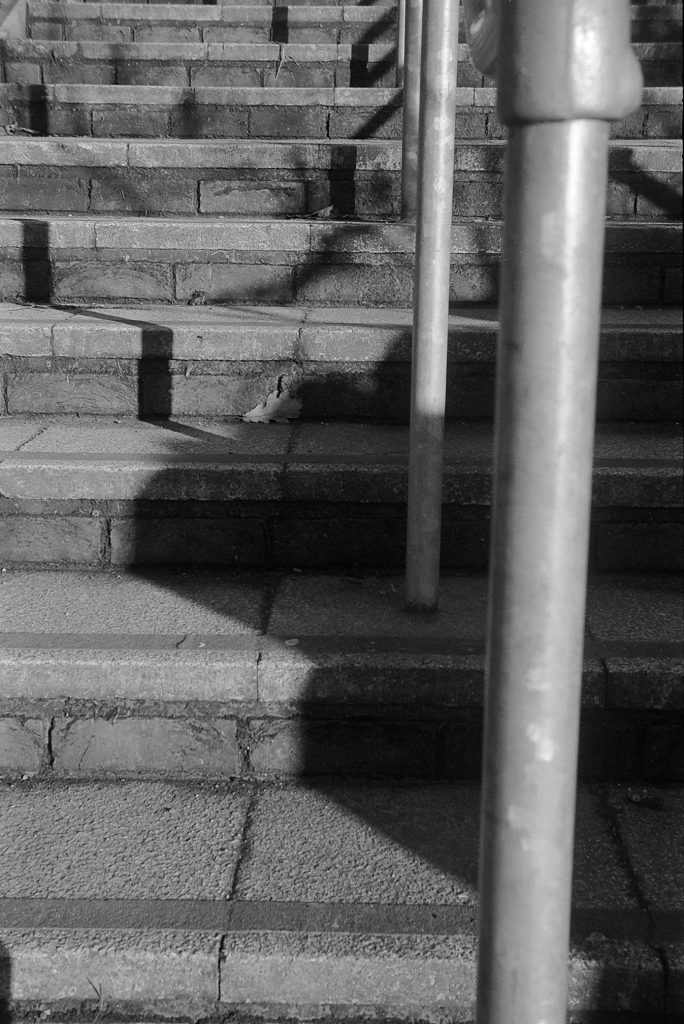
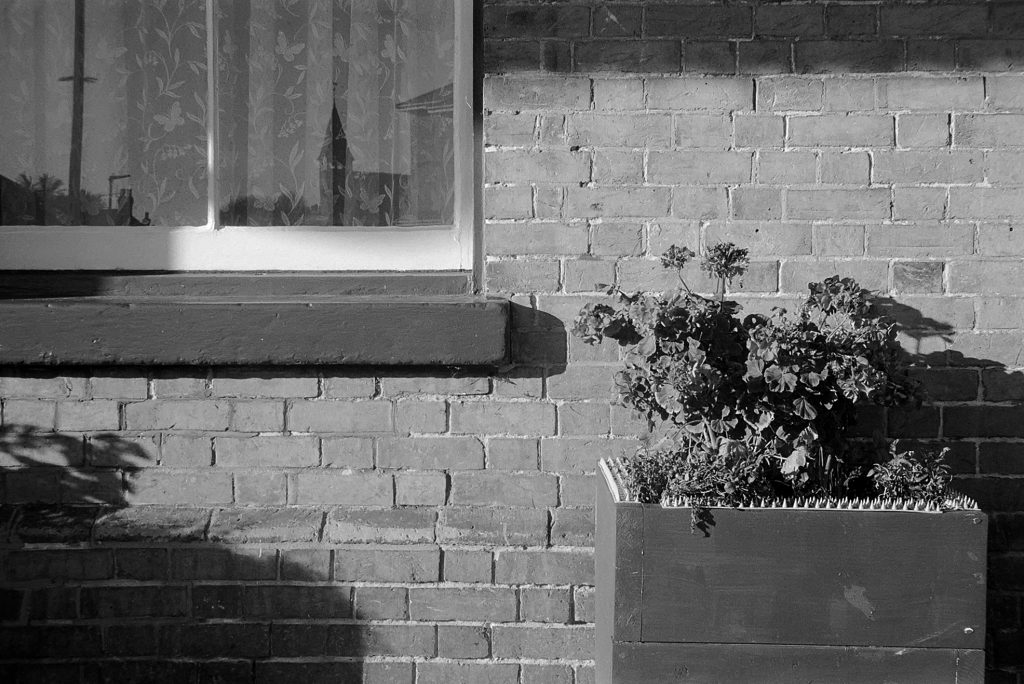
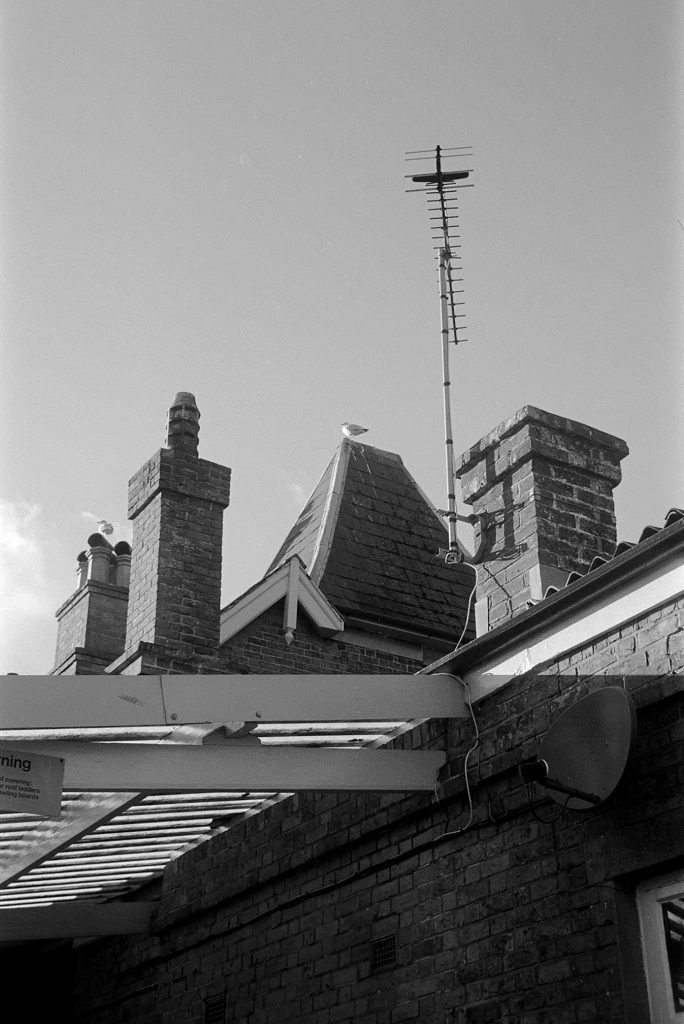
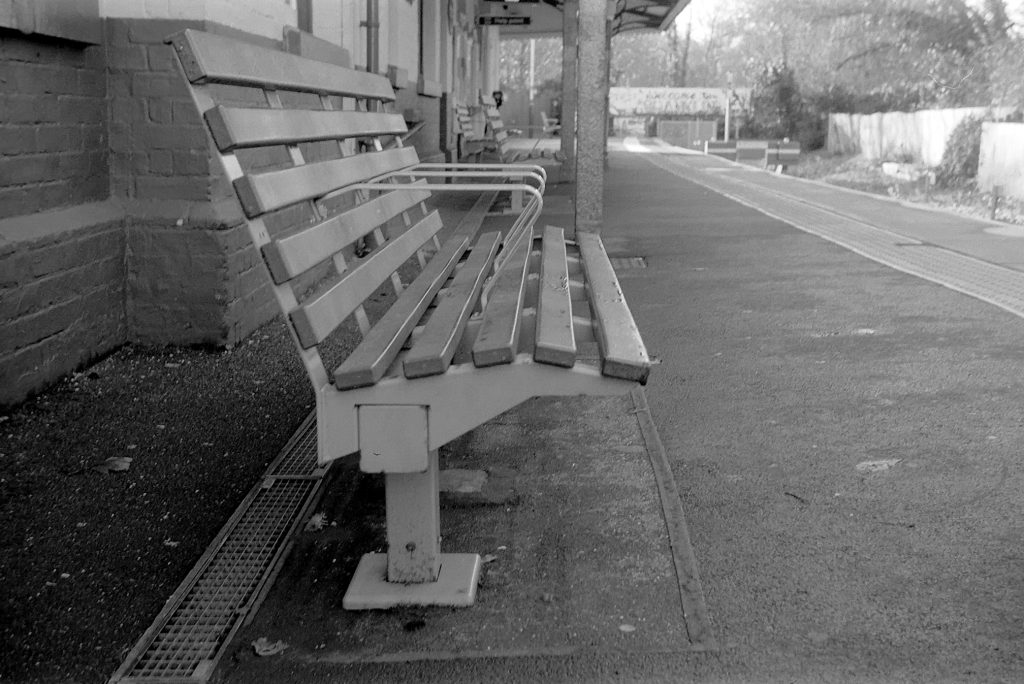
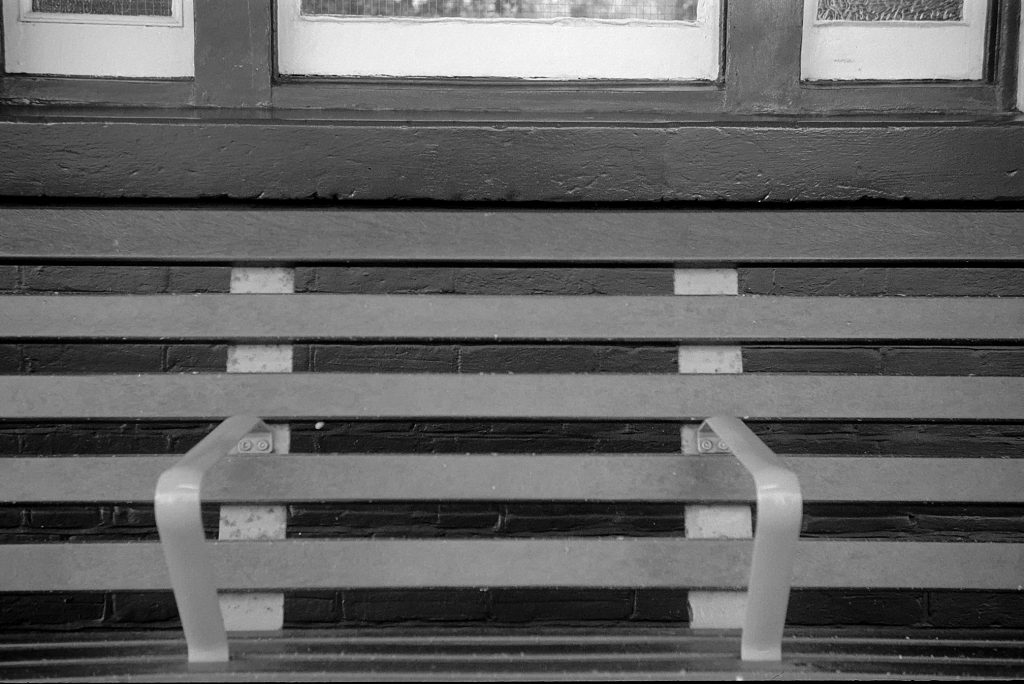
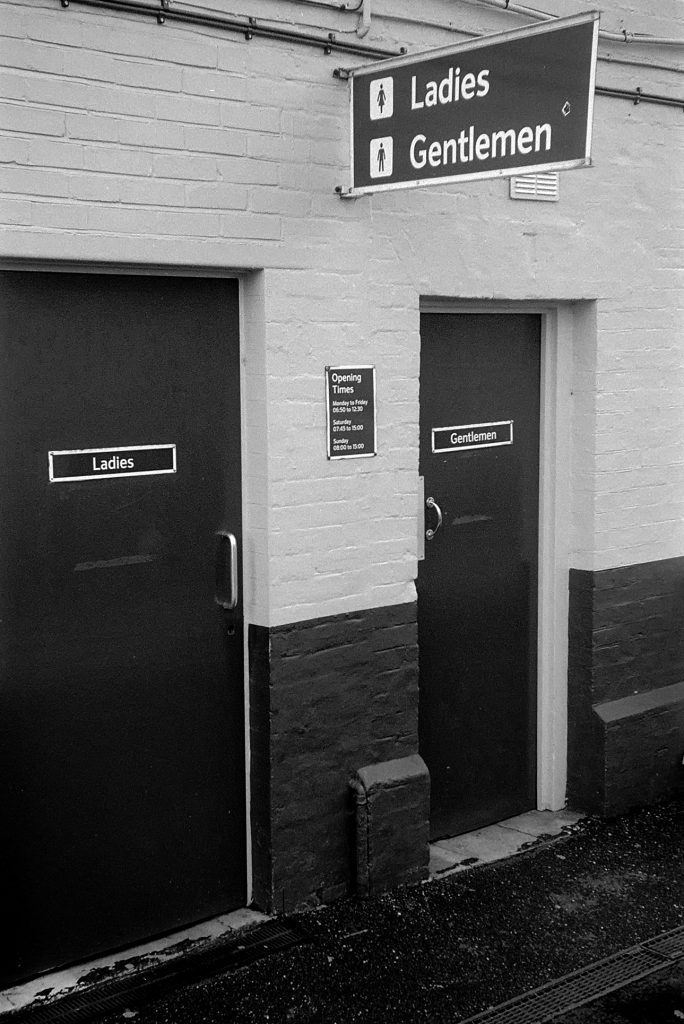
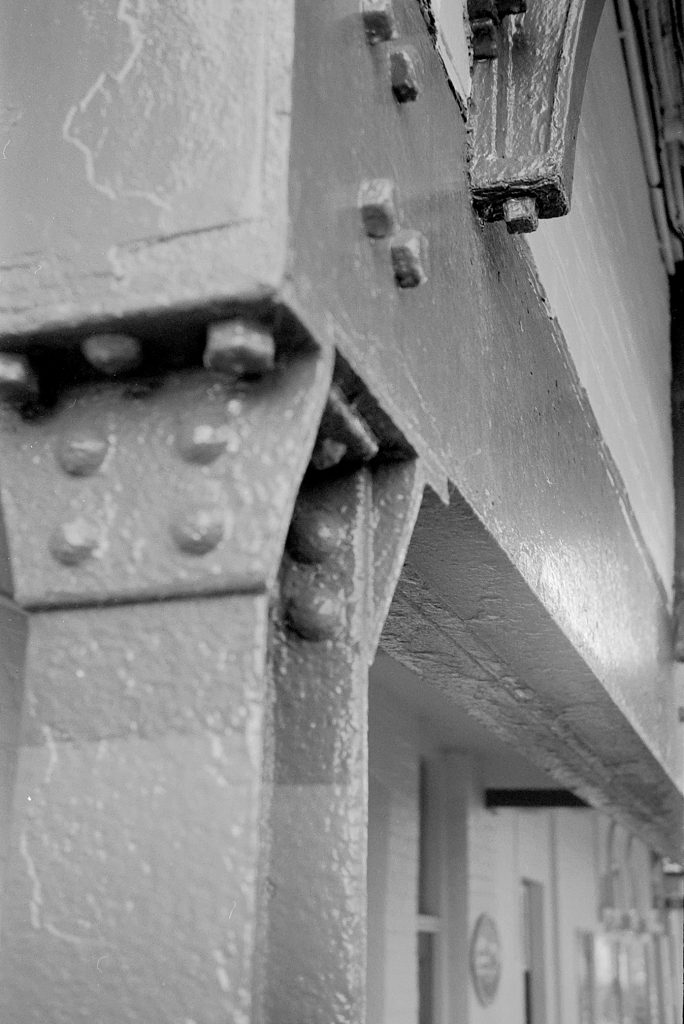
The Photographs are of Shanklin Train Station on the Isle of Wight. An old Victorian Station.
Ilford release Kentmere in 120!
If you keep up to date on social media with all things film photography you will know that on the 1st December 2022 Ilford released an article stating that Kentmere 100 and 400 are now being rolled out in 120 Format. This is great news for Medium Format shooters that love the cosy price of other budget brands such as Rollei and Fomapan. Great because Ilford are excellent when it comes to materials and quality control.
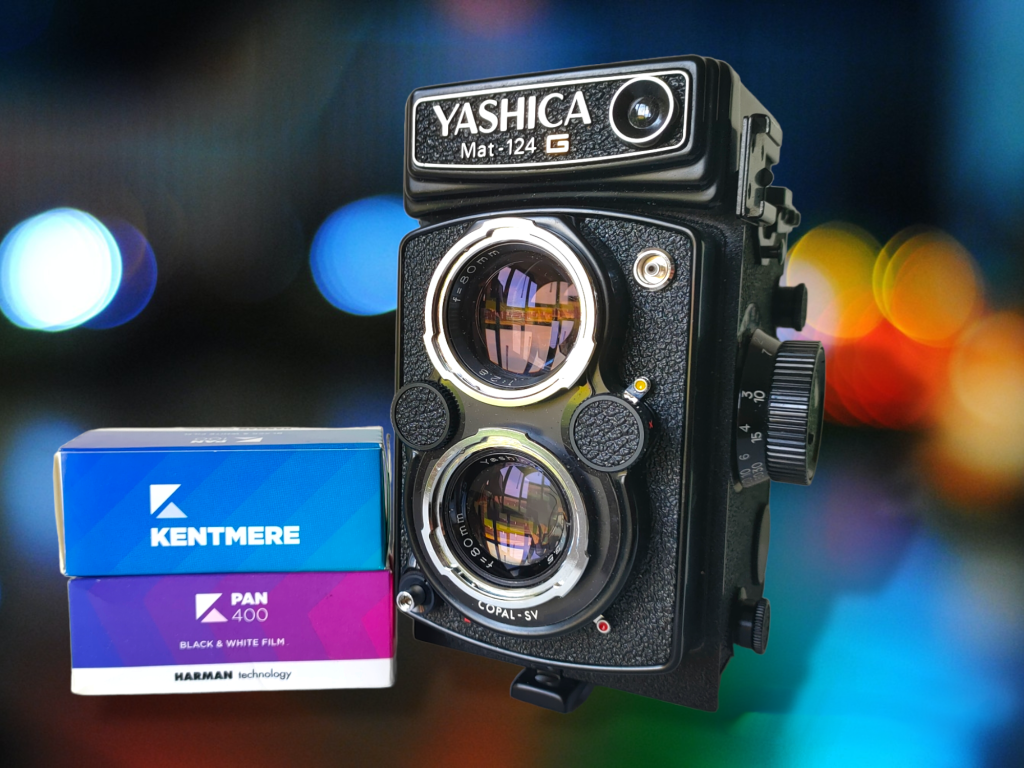
I was lucky to receive a few rolls from Ilford to show to the SFLaB Subscribers so I went out and shot the new Kentmere 100 and 400 and I must say I was impressed with the film.
Here is the video…
I’m not new to Kentmere as I have shot a lot of 35mm in the past and it doesn’t shine as much as FP4 and HP5 BUT is less expensive at just £4.92 a roll and is perfect if you shoot film for fun and want to keep your film hobby affordable. Saying that, I would have no lack of confidence in this film whatsoever shooting a commissioned portrait. It does lack the superior tones and sharpness that are offered with Ilford FP4 and HP5 but then Ilford does say it has less silver content. But it doesn’t shift that far.
I have half a tin of a 100ft roll of Kentmere 400 which I have not used in a while so before I shot the 120 Film I loaded the K400 35mm into a camera and took some photographs. These are digital scans of the negatives. You can see the darkroom prints in the video.
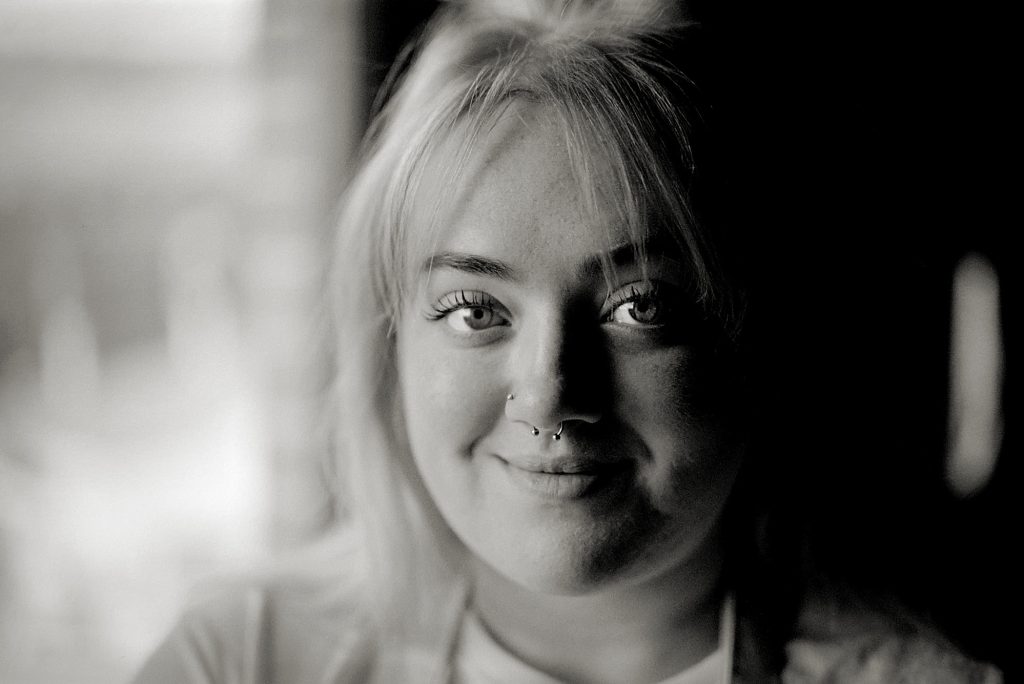
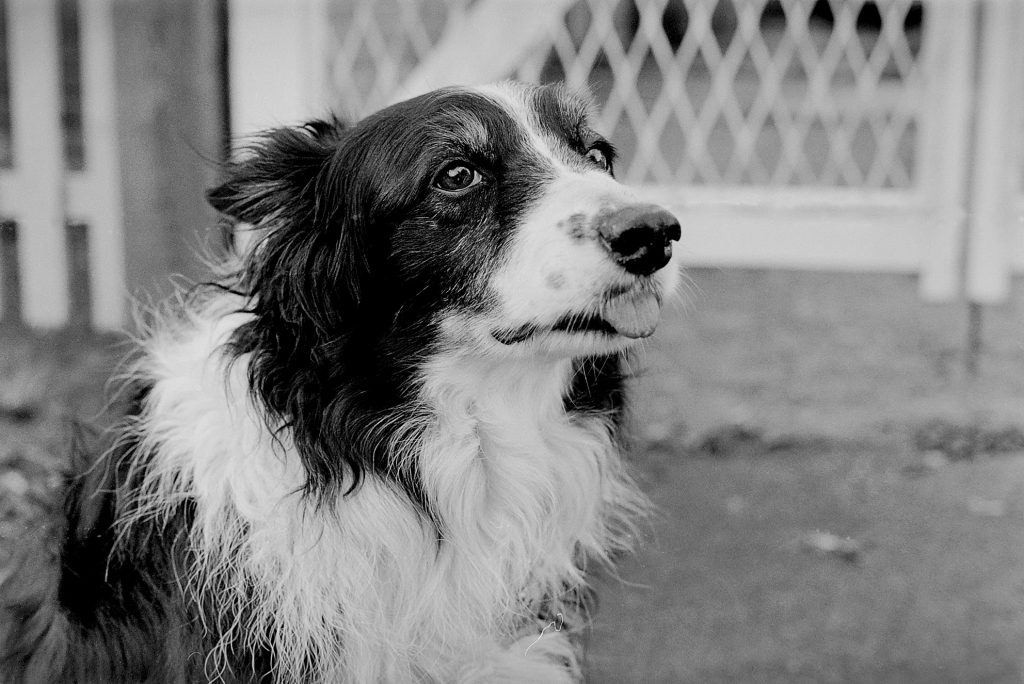
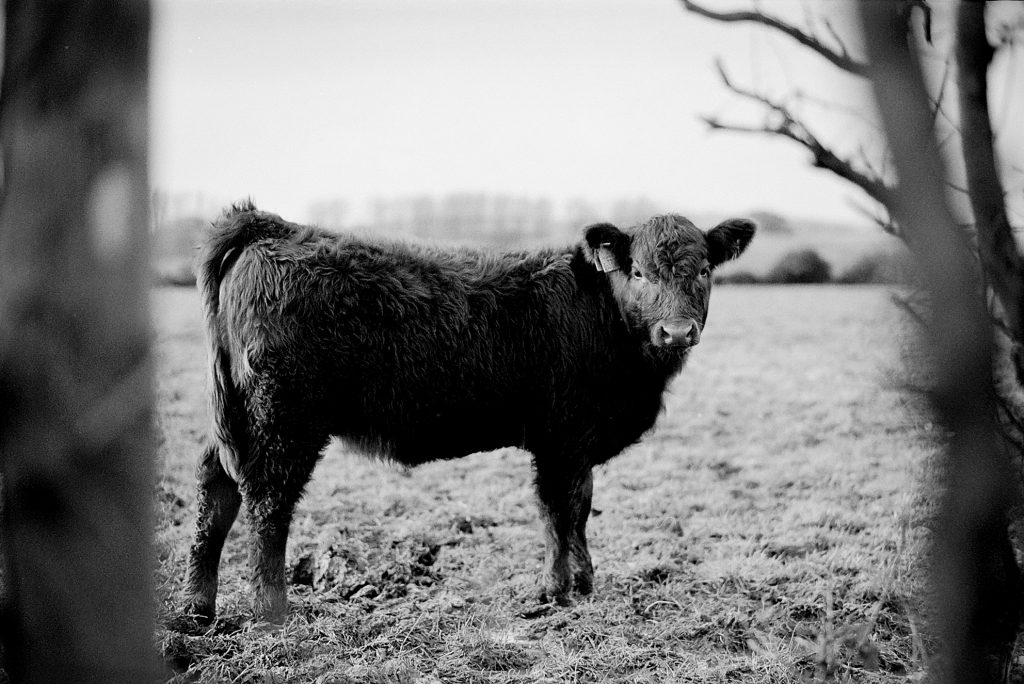
And this Cow in a field.
35mm… The grain is there on this Kentmere 400 but it’s hardly any different to HP5.
I then went out with the Yashica Mat124G with both the 400 and the 100.
Kentmere 400 – Kodak D76 Stock
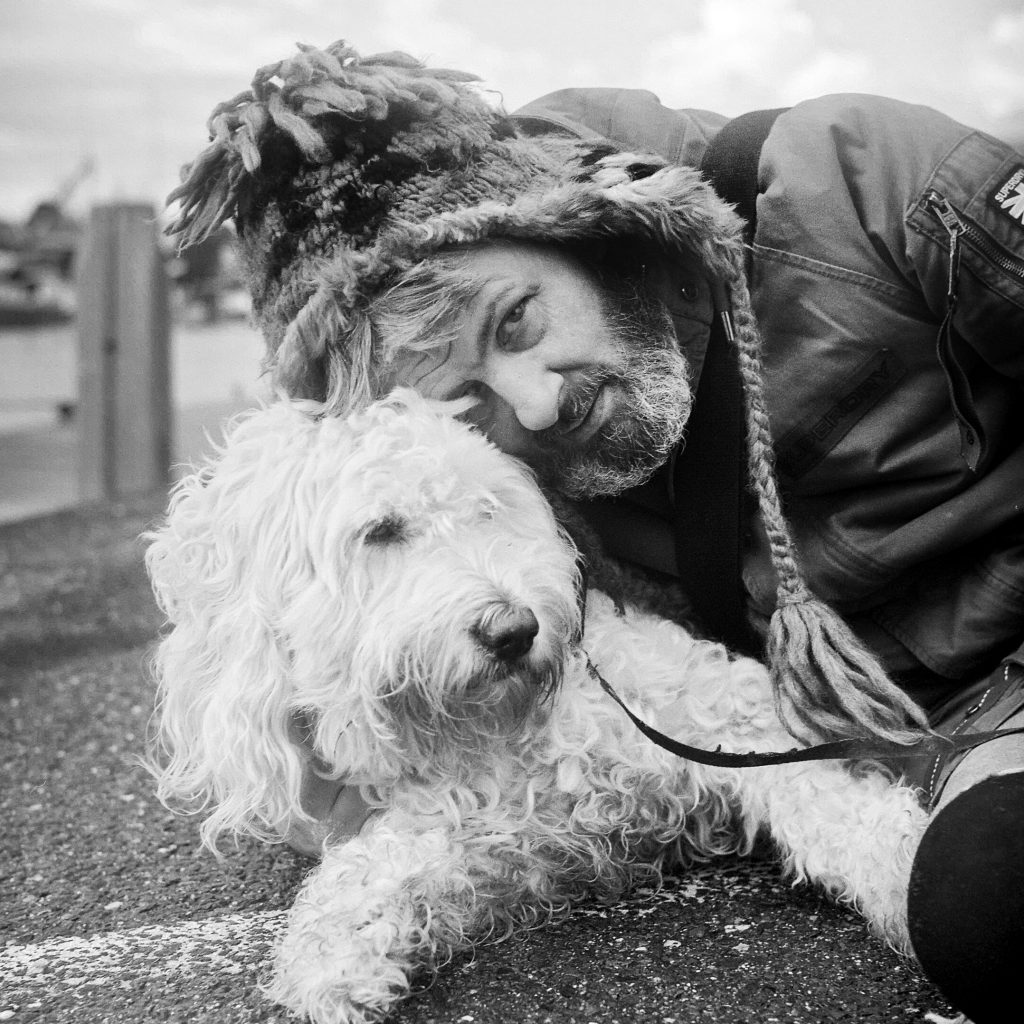
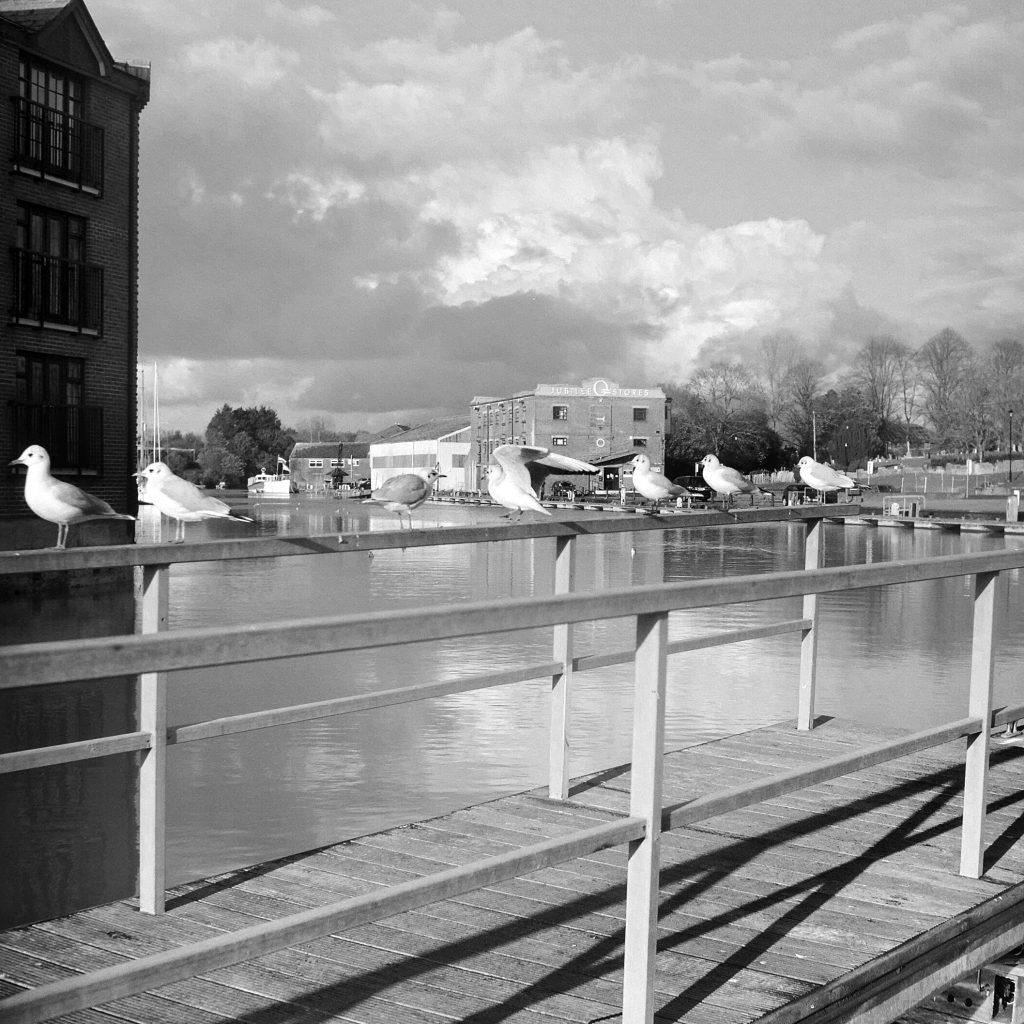
Kentmere 100 – Kodak D76 Stock
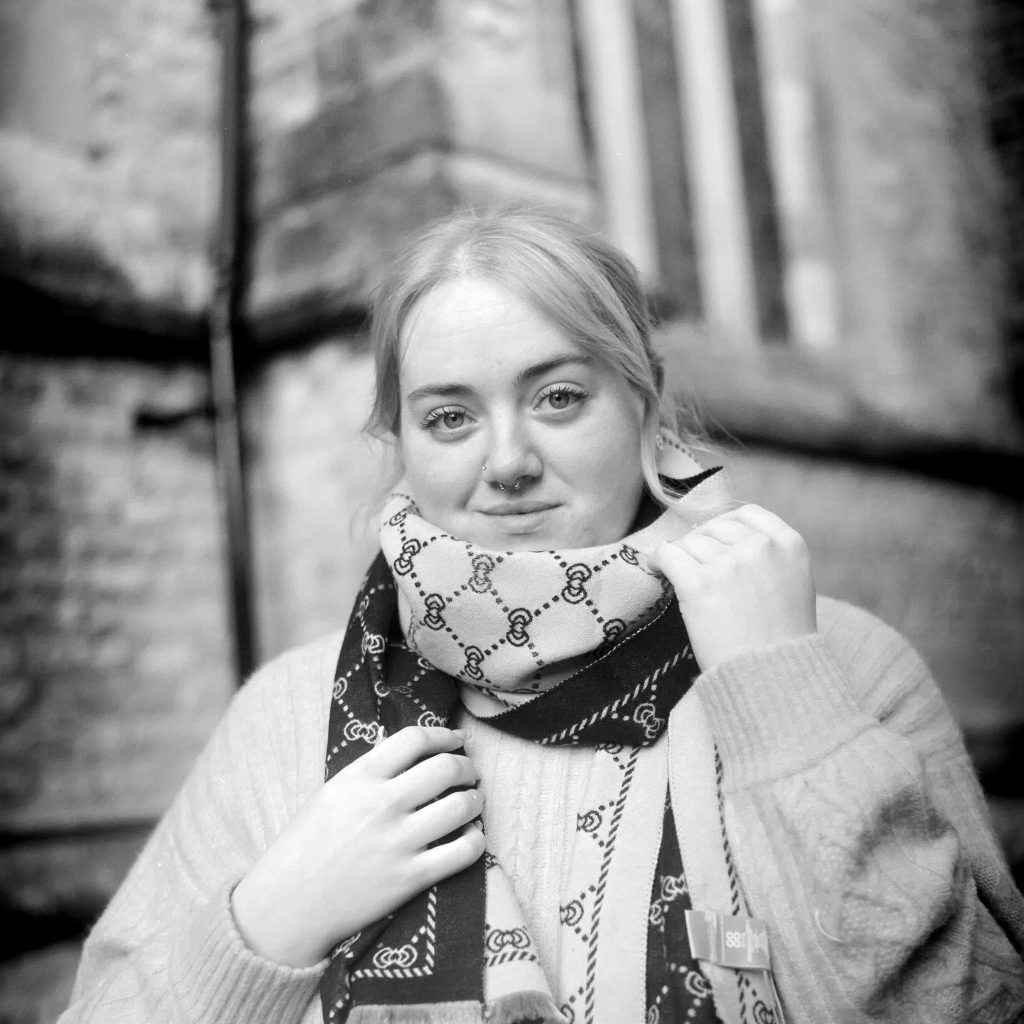
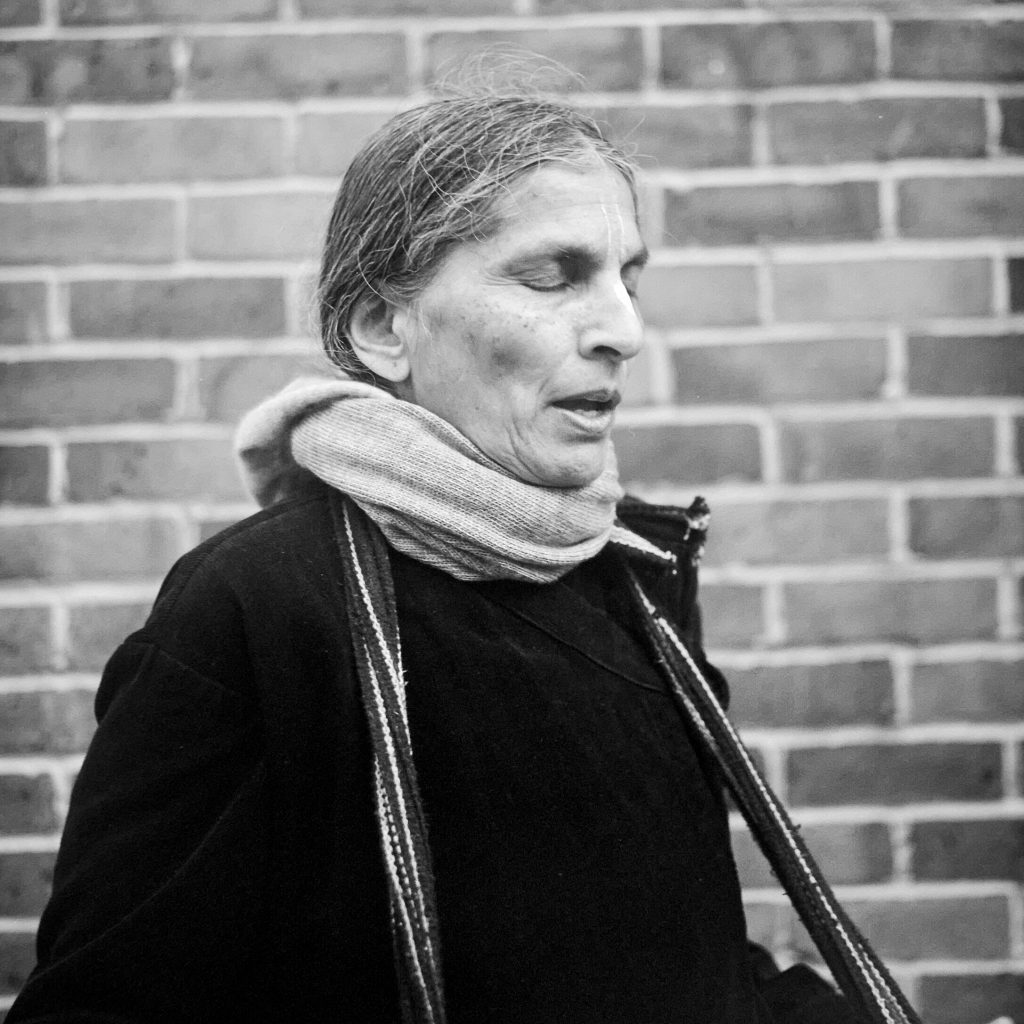
Just a couple of sample images. The 100 I was super impressed with. Under the Enlarger I struggled to find the grain. And obviously the 400 I could see the grain but it was a nice grain that you’d expect from a 400 speed traditional film. But seriously… who pixel peeps in the real world?
So well done Ilford for releasing Kentmere in 120 format. I’m sure it is going to be a favourite amongst many.
Nikon FM3A. Is it the best SLR?
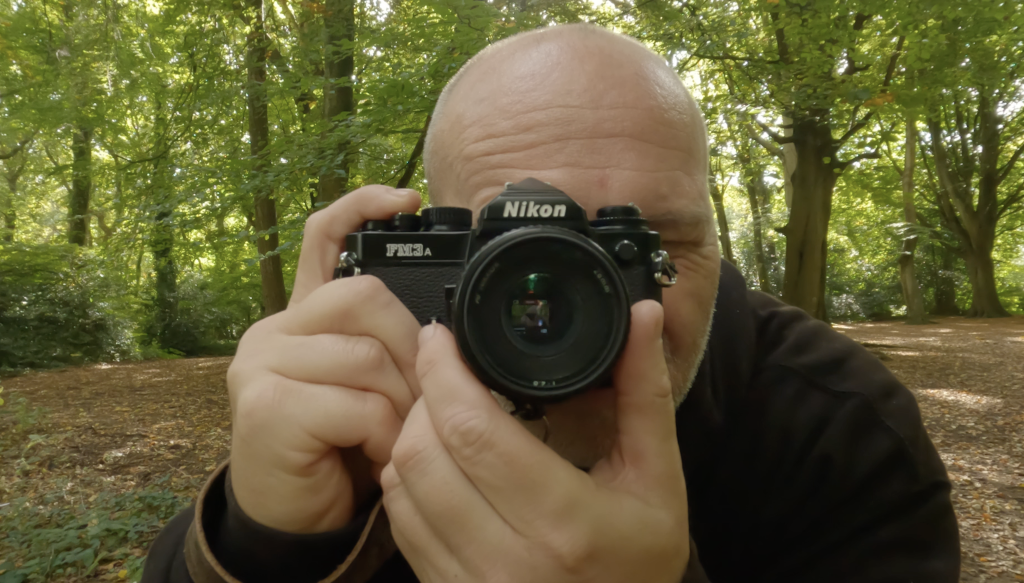
I still think some of the sexiest cameras were produced in the 70’s and 80’s. Just look at the design of the day from Canon, Nikon, Pentax, Olympus, Chinon… the list goes on, all these brands were making cameras of similar fashion and personally I think they were of the best designs a camera could have. In fact, they are bringing that look back today with new digital mirrorless cameras. Must have had something sexy about it, right?
And I am no stranger to these beauties. I have a few and love shooting them. They are old and probably need a service but I am used to them and their flaws and manage to shoot them fine.
Sadly, a system I have never owned is the Nikon F series. I did have the chance to buy a Nikon FE a while back which I featured on the channel but I have many film SLR’s and I decided to let someone else snap it up for the bargain price of just £80 at auction. I was a bit gutted as it went to a trader who probably sold it on for much more!
I always knew the Nikon FM2 and FE2 are much loved and when this Nikon FM3A landed on my lap I couldn’t let it go. The reviews online make this camera out to be some sort of God amongst Film SLR’s… and I must say, being lucky enough to own one, I now can see what all the fuss is about.
There are many reviews online that are pretty much all on the same words but in a nutshell Nikon stopped the FM production and started focusing more on the new cameras that was taking shape at the time. The Jelly Moulds I call them.
Some years later photographers must have been screaming out for a new FM3 from Nikon because in 2001 Nikon got a team together to work on a new classic look film camera that was to impress those desperate for the series to continue. What they did was nothing short of amazing. They put all their knowledge from the cameras they were building at the time and stuffed it into what they called the FM3A. A kind of goodbye to that classic look camera that had already impressed so many.
This camera, unlike any other, was a hybrid electrical and mechanical. Electrical meaning it was an Aperture Priority Camera but with a kick! It could also work without batteries mechanically across all speeds! From 1s to 1/4000s and bulb mode also. This was fantastic. If you was out on the field and ran out of batteries you could still shoot the camera, all be it, without a light meter.
I was vlogging once with the Olympus OM20 and the batteries died! Game over until I could find a shop open on a Sunday that sold batteries.
The only questions I have about the Nikon FM3A is…
Why was there not a 100% viewfinder. It is 93%. I guess it has something to do with the size of the camera and not being possible.
Why did the camera not have speeds from 8 seconds like the FE2?
And why on earth did they not give a button to lock the cameras electrics and shutter? The advance lever has to be slightly open to shoot and it digs you in the forehead when taking pictures in portrait mode or if you are a left eye shooter.
There must be a reason but Nikon did put an exposure lock button in the right place so all is forgiven!
Anyway. Here is a link to my video on the camera and also the photographs I took on my first three shoots.
Woodland Kodak TMAX 400 and 510 PYRO. Micro Nikkor 55mm f2.8 & Nikon 28mm F2.8
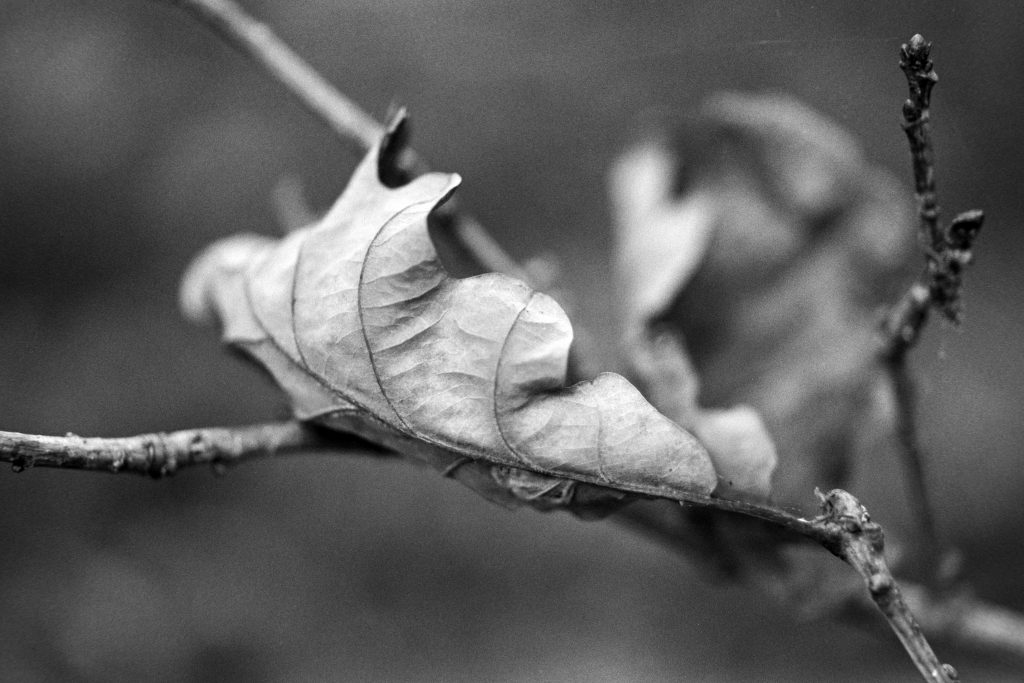
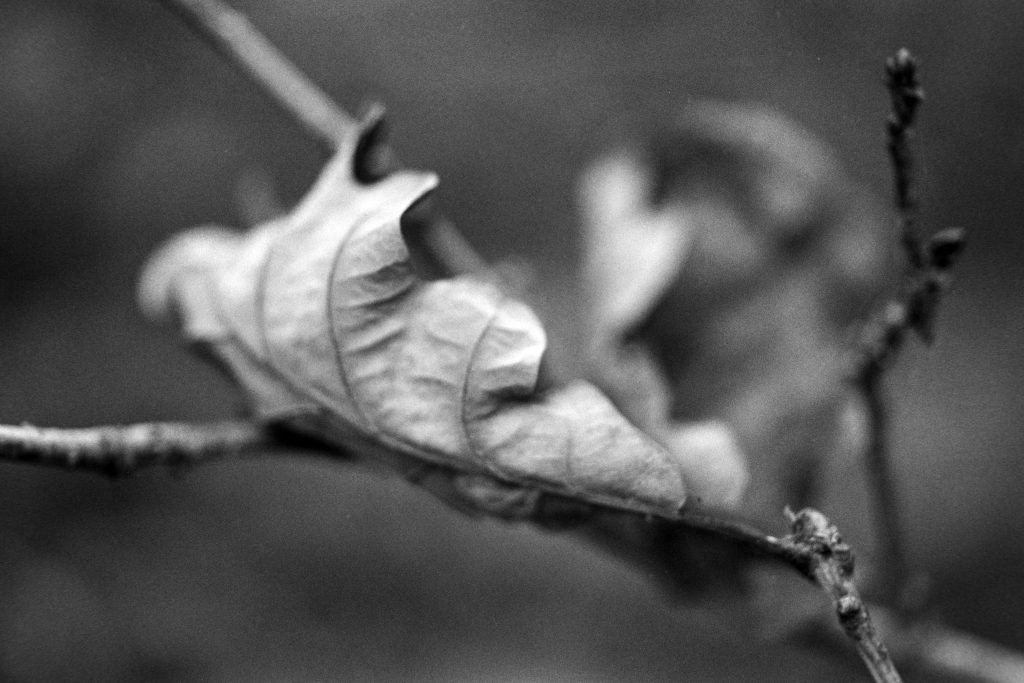
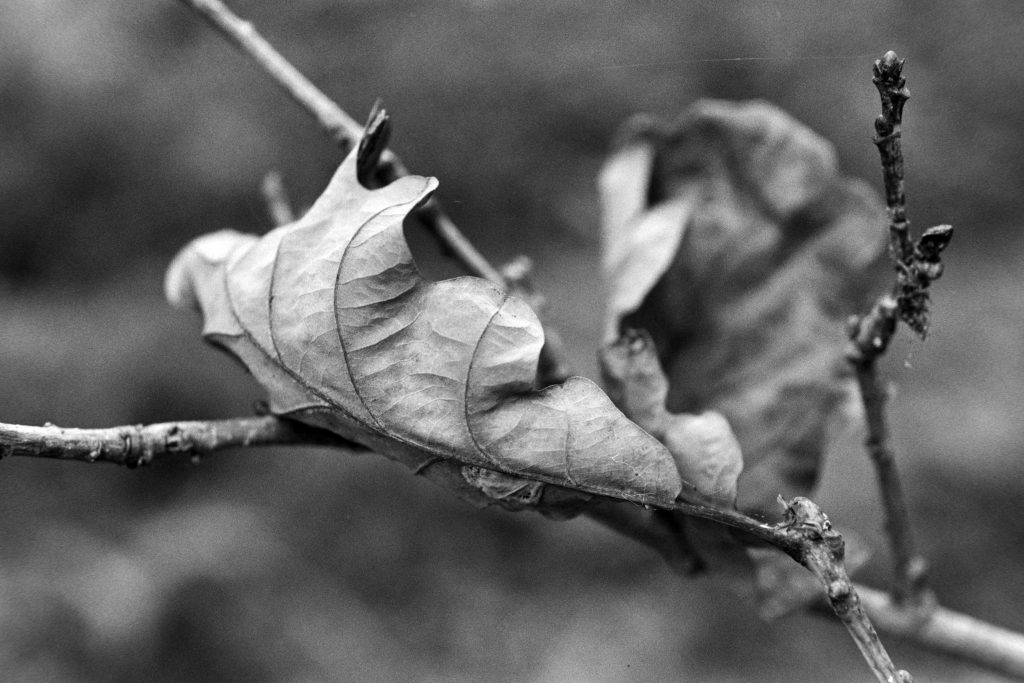
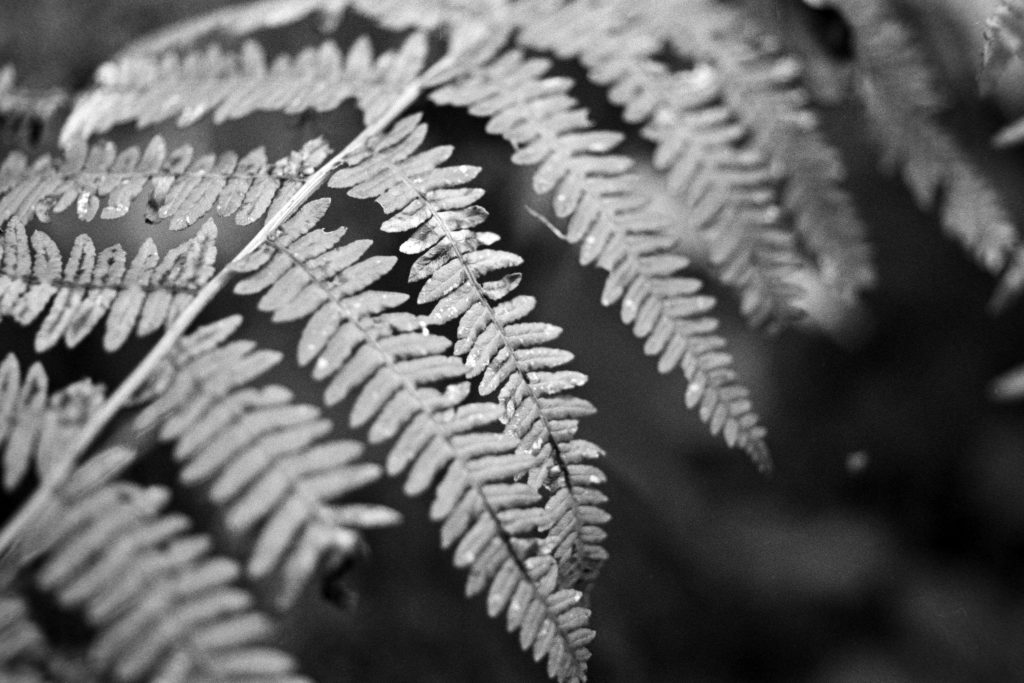
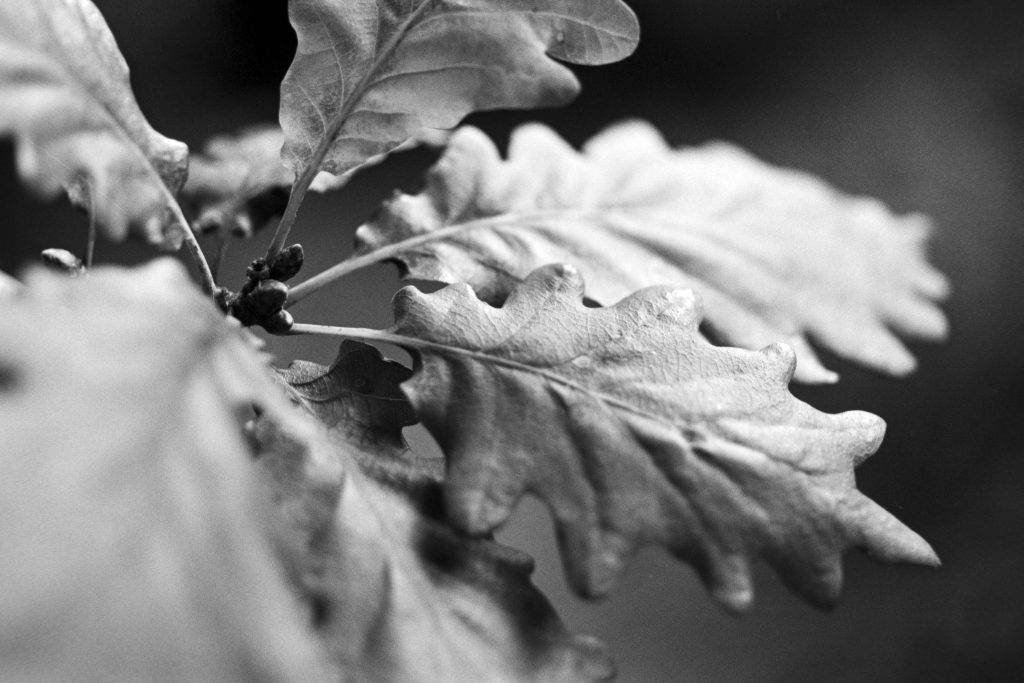
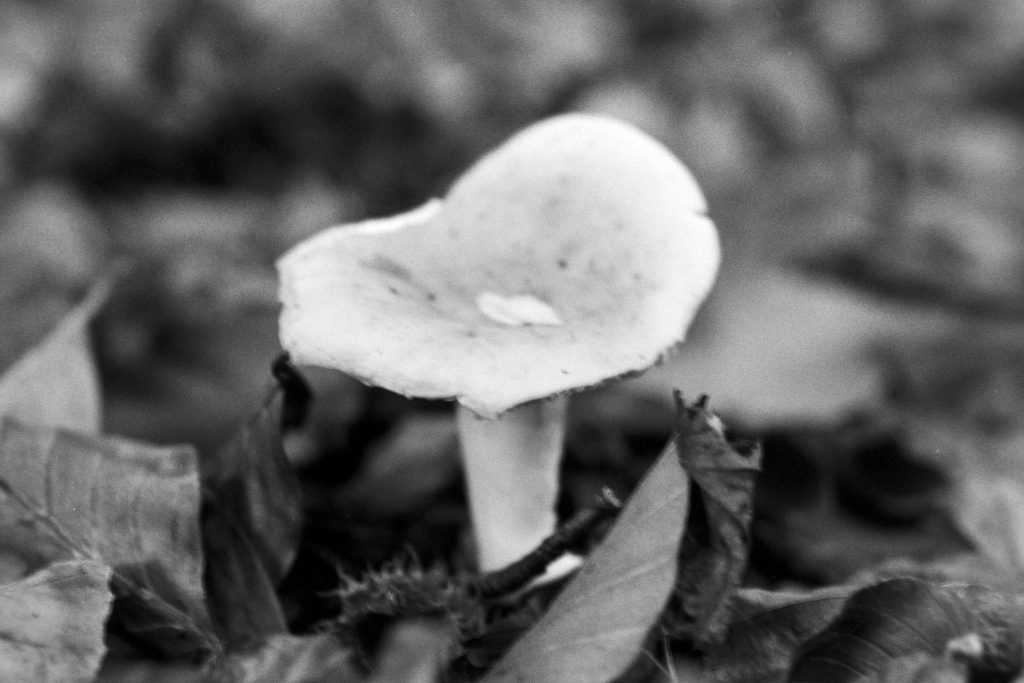
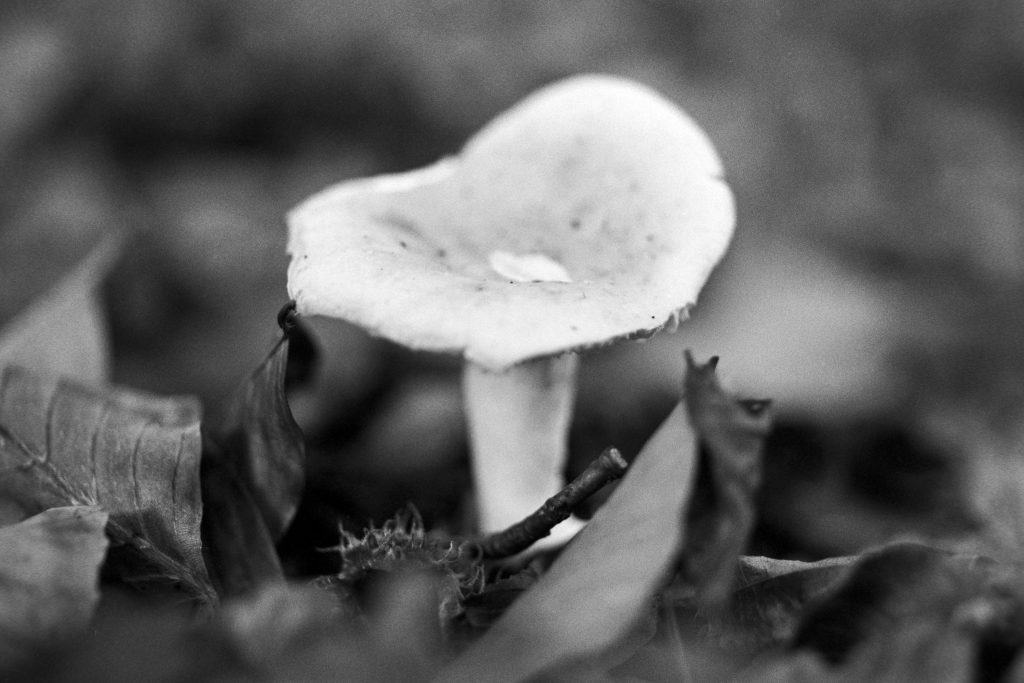
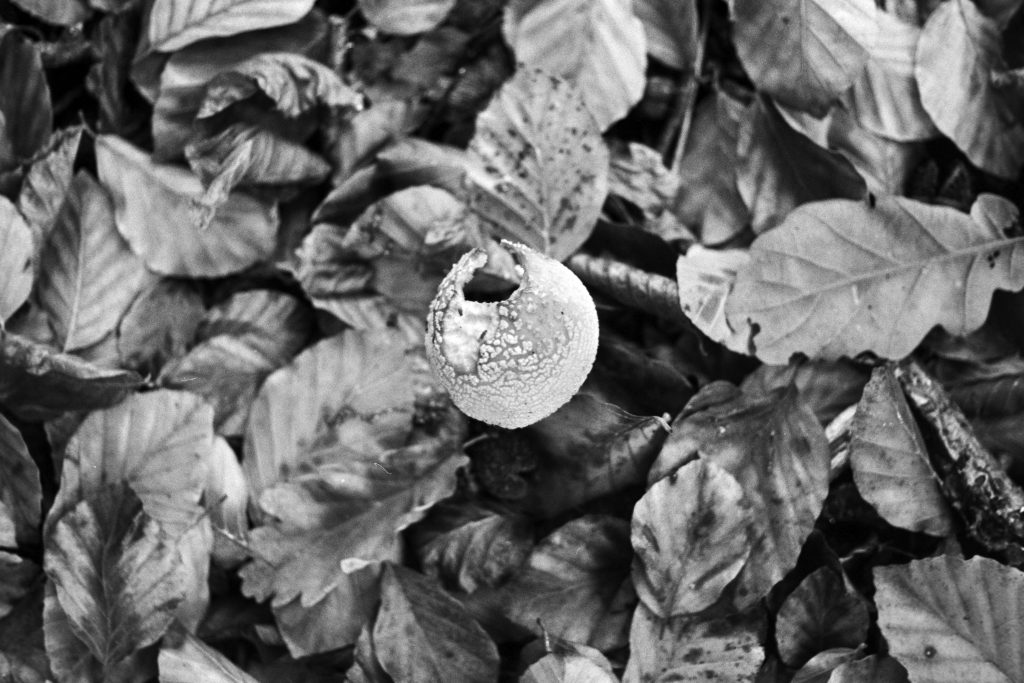
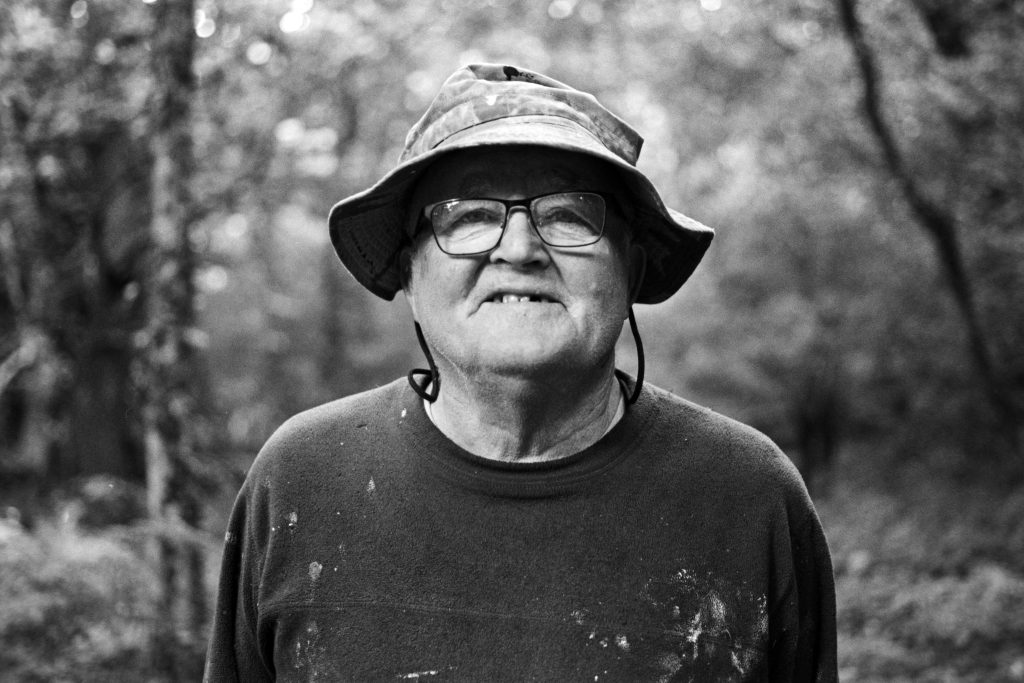
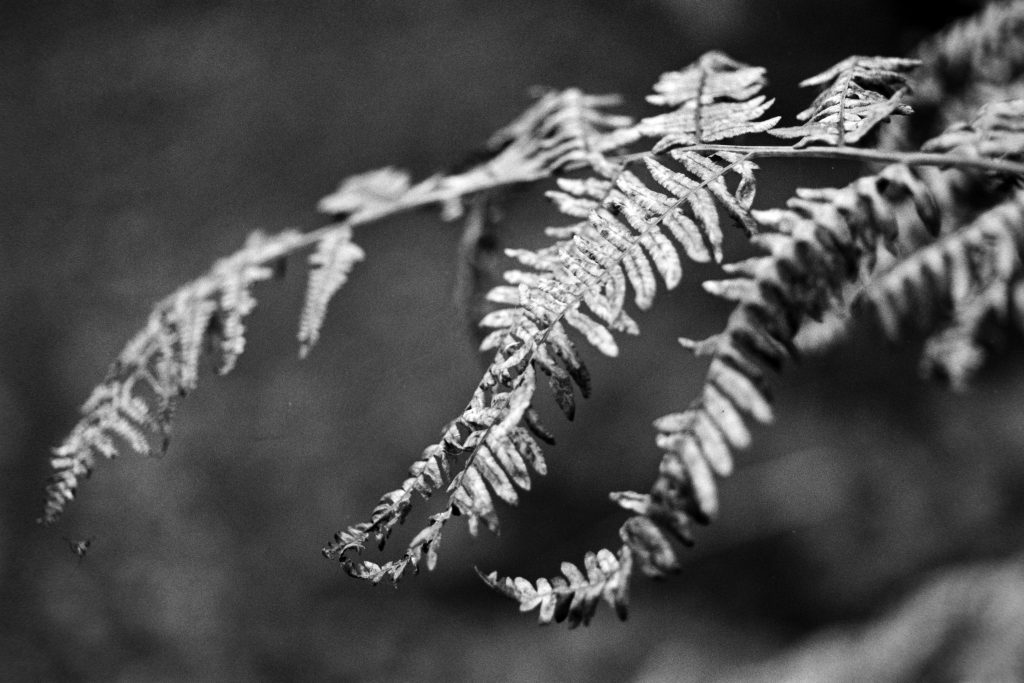
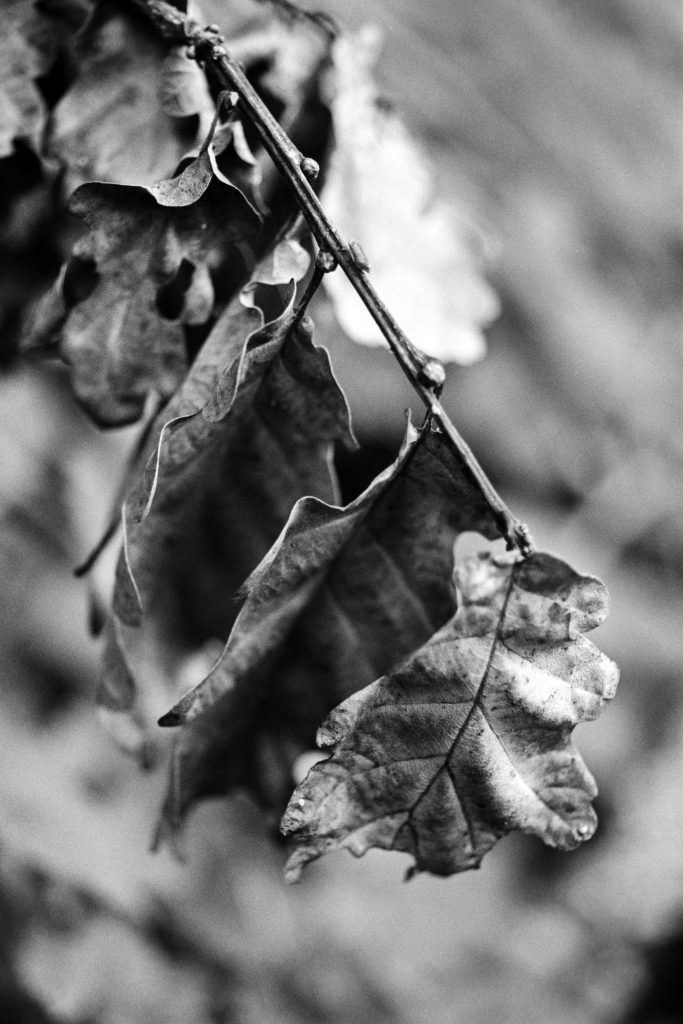
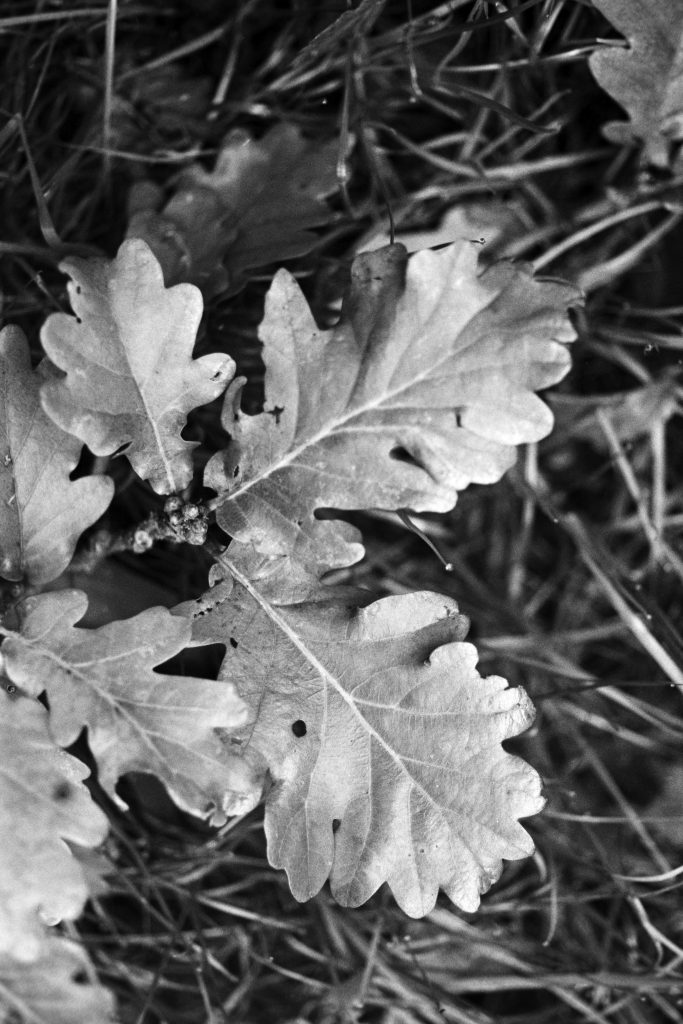
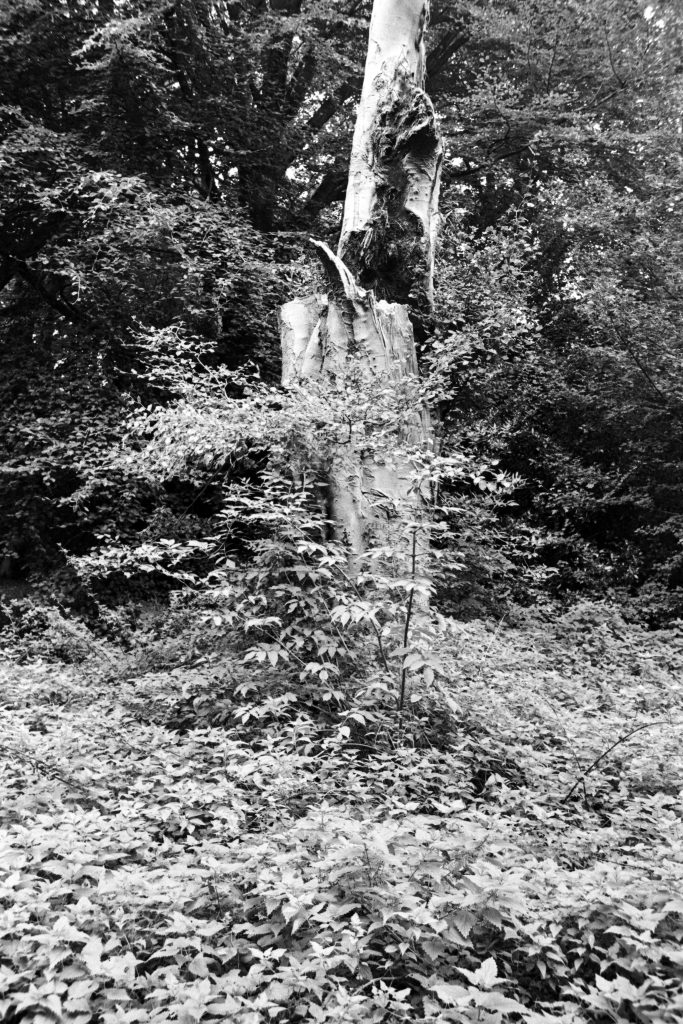
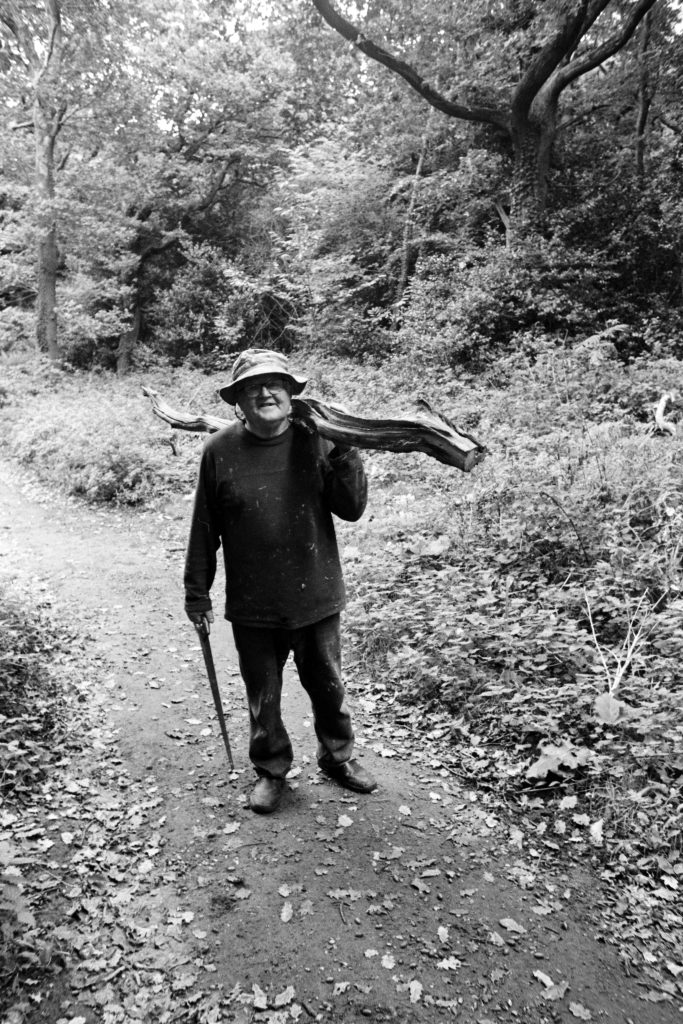
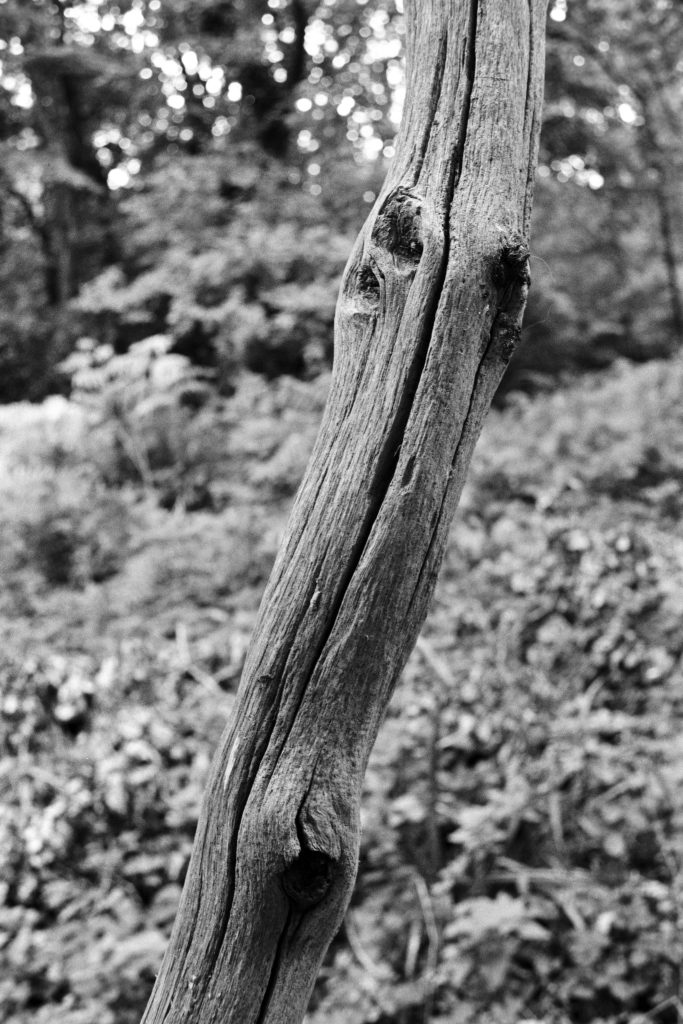
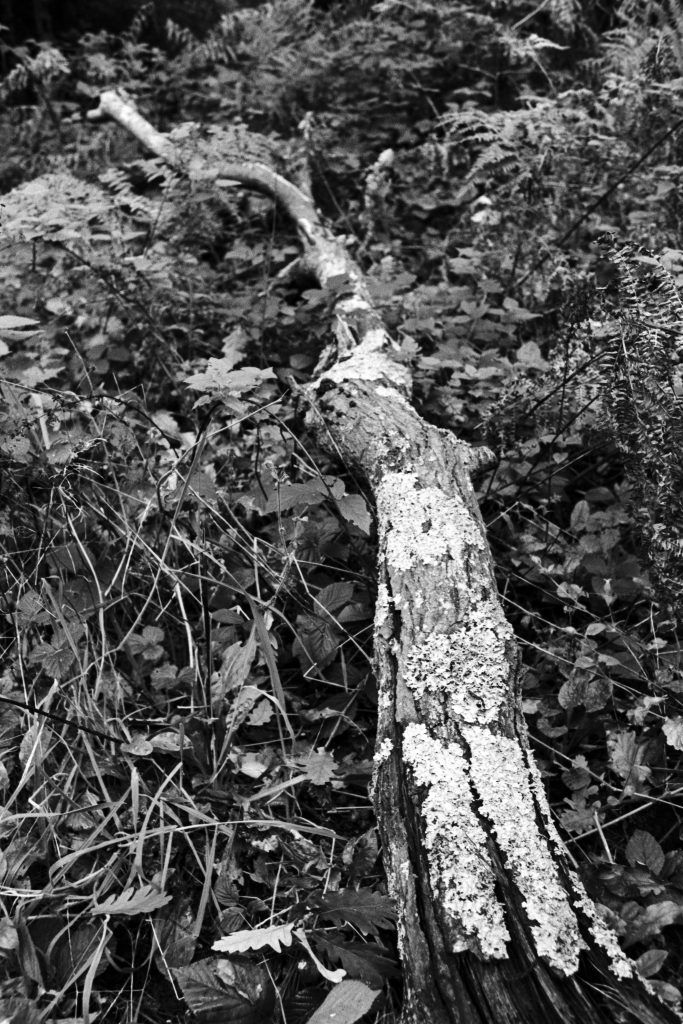
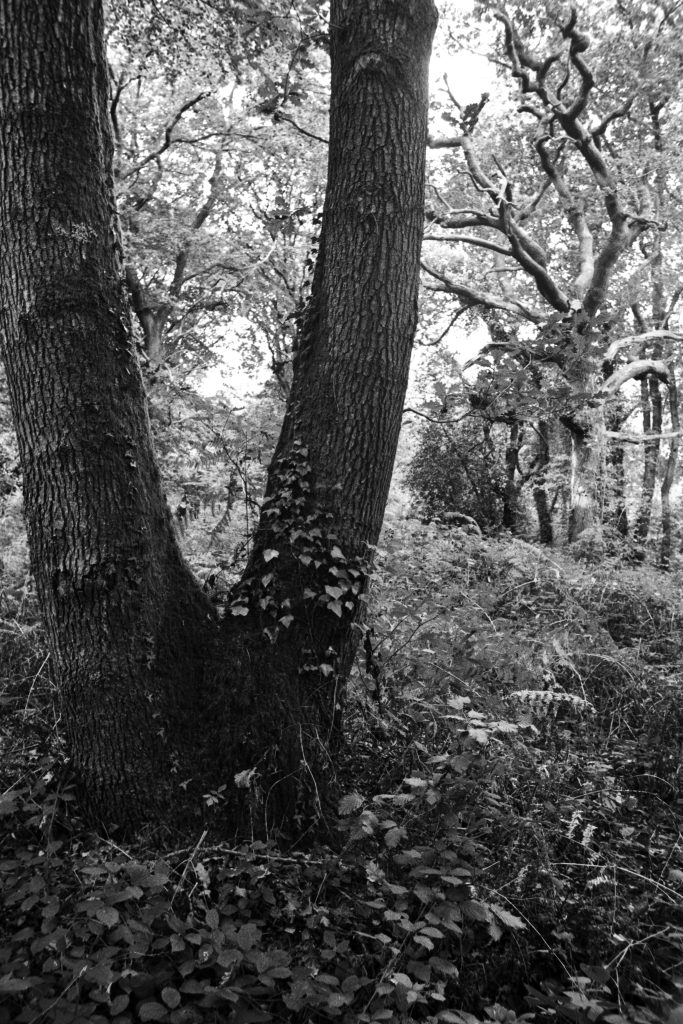
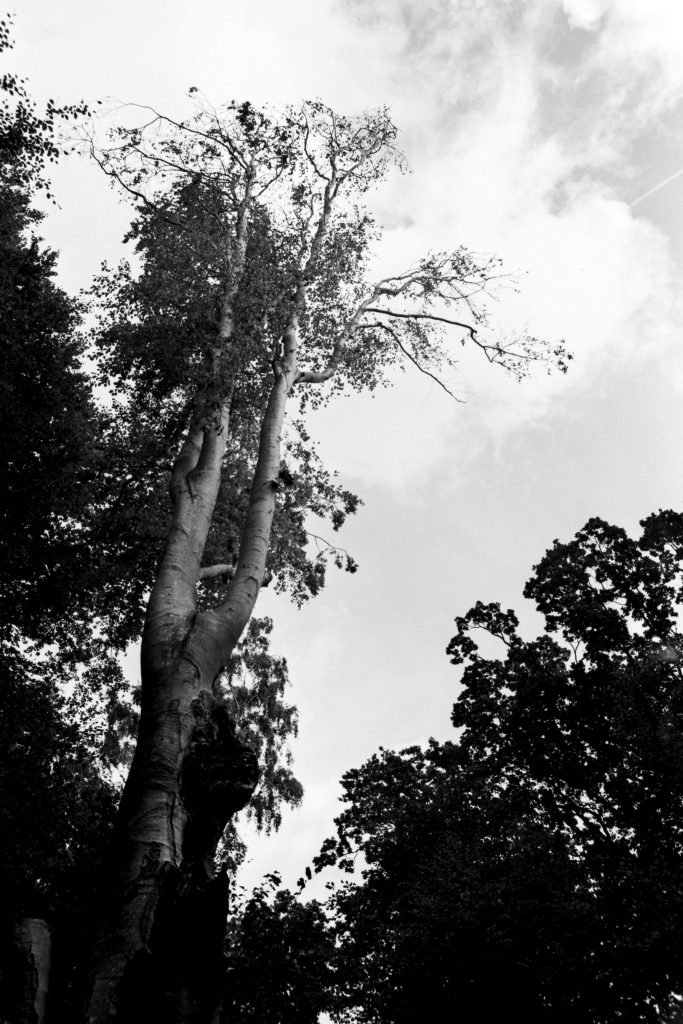
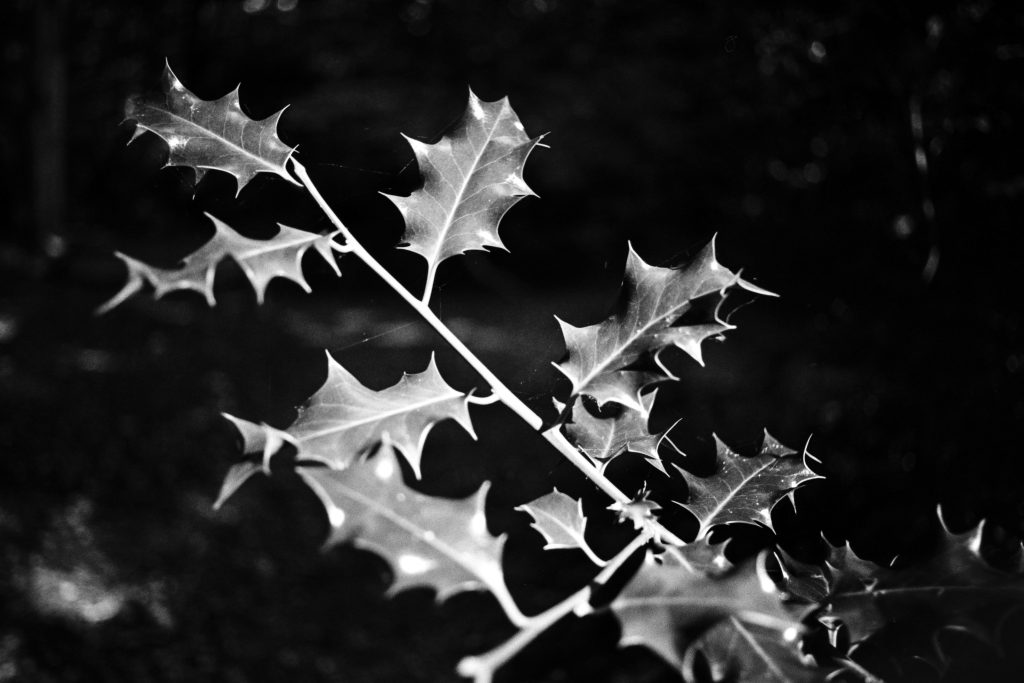
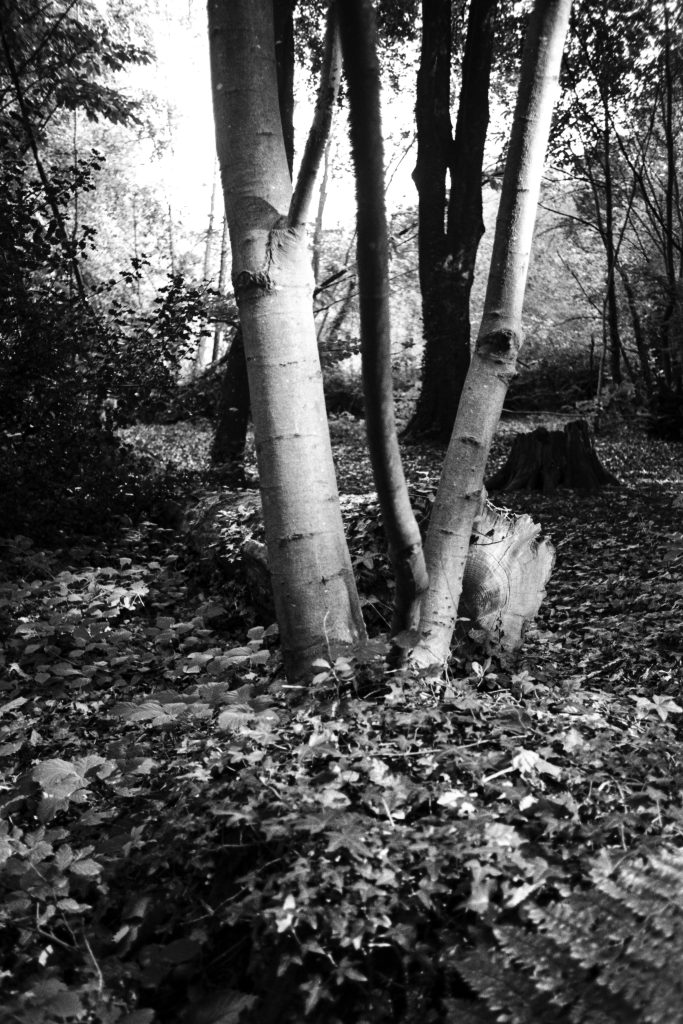
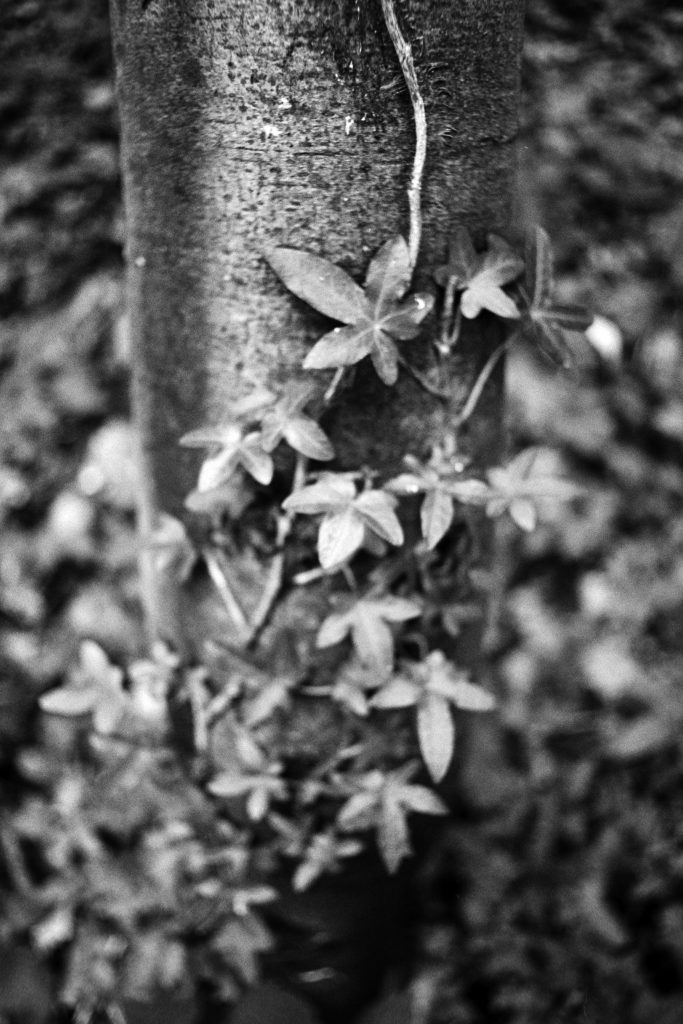
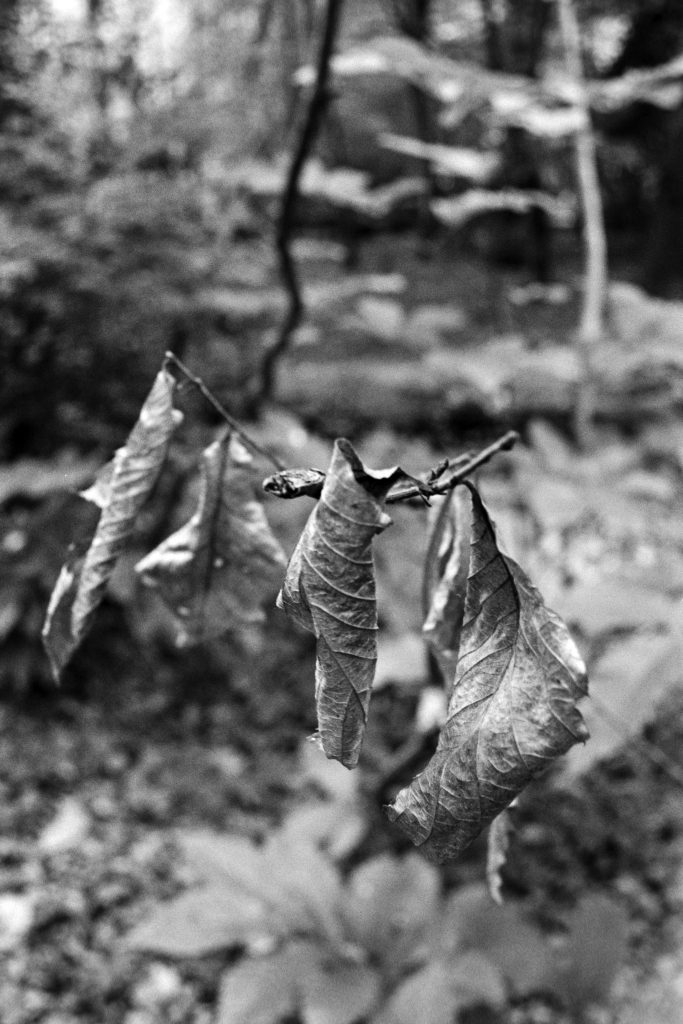
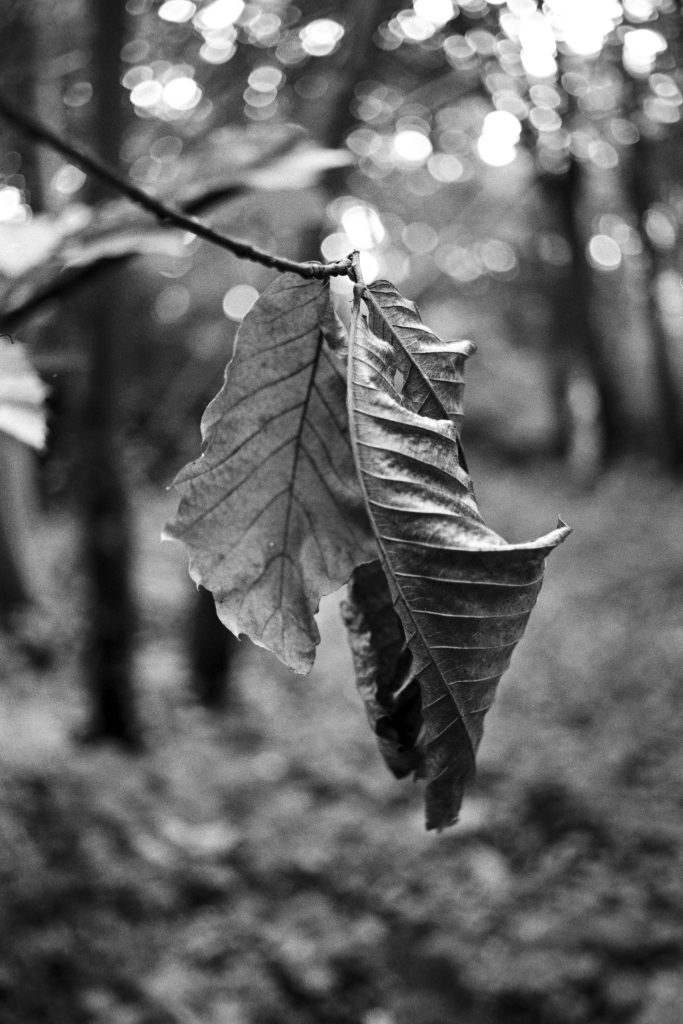
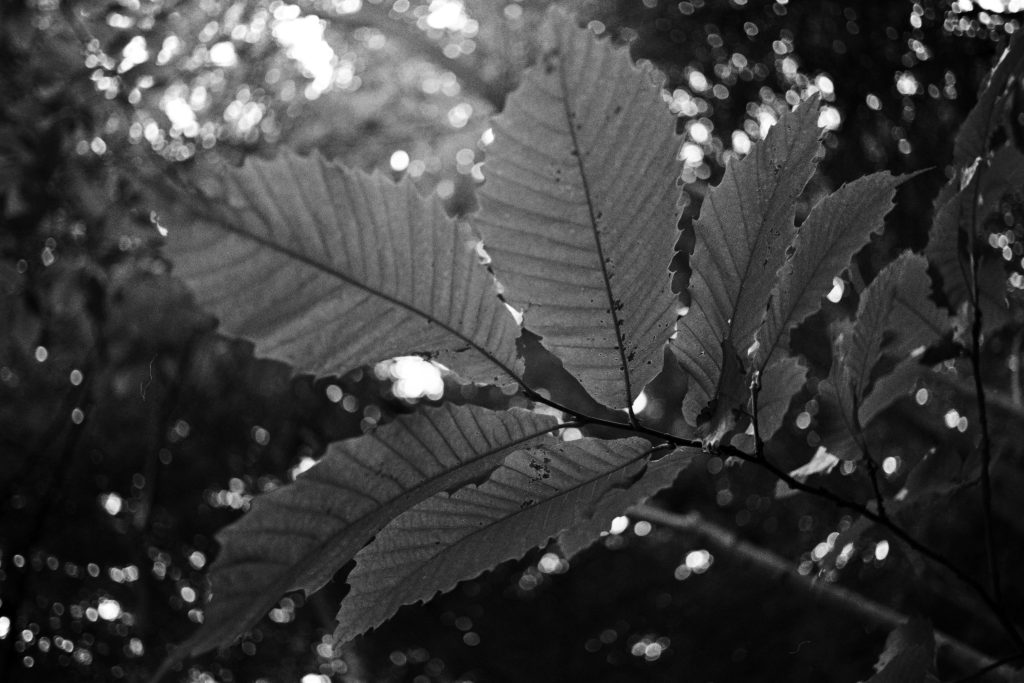
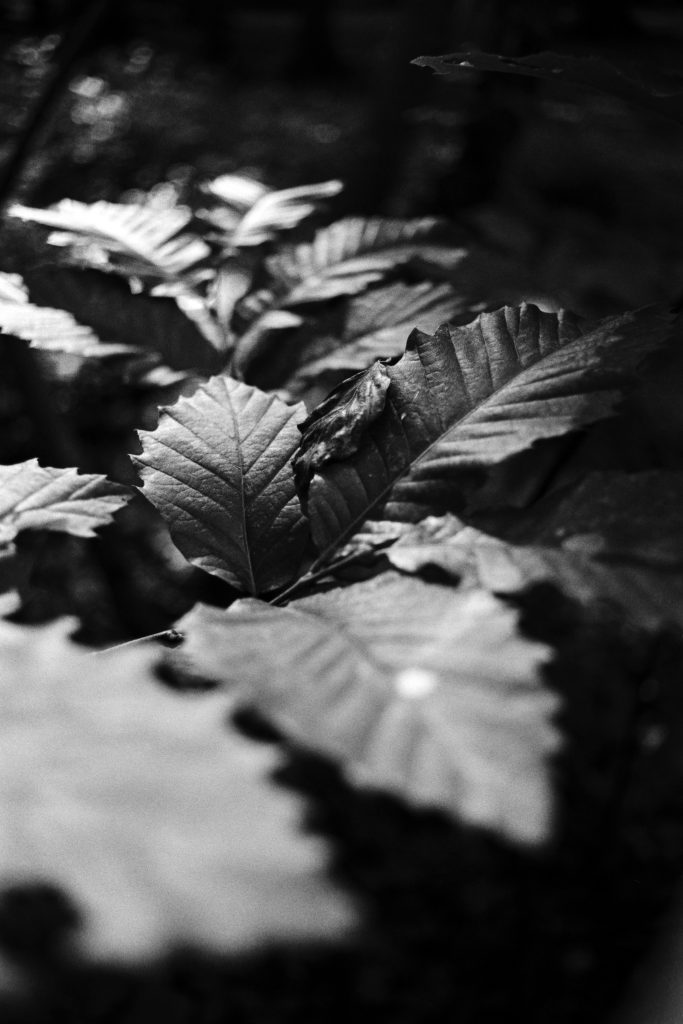
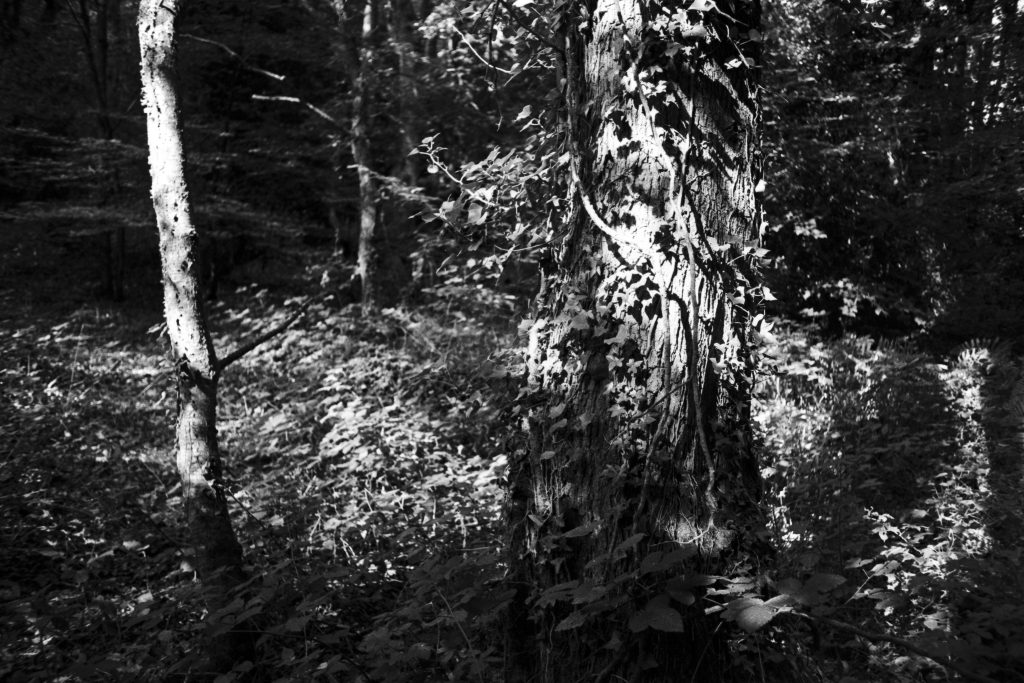
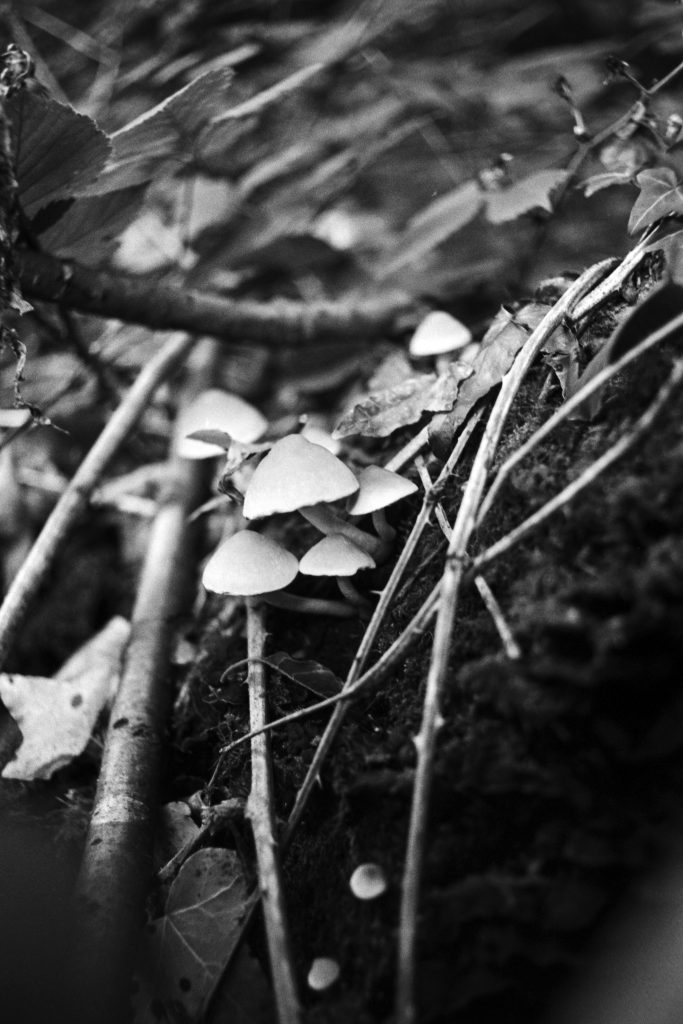
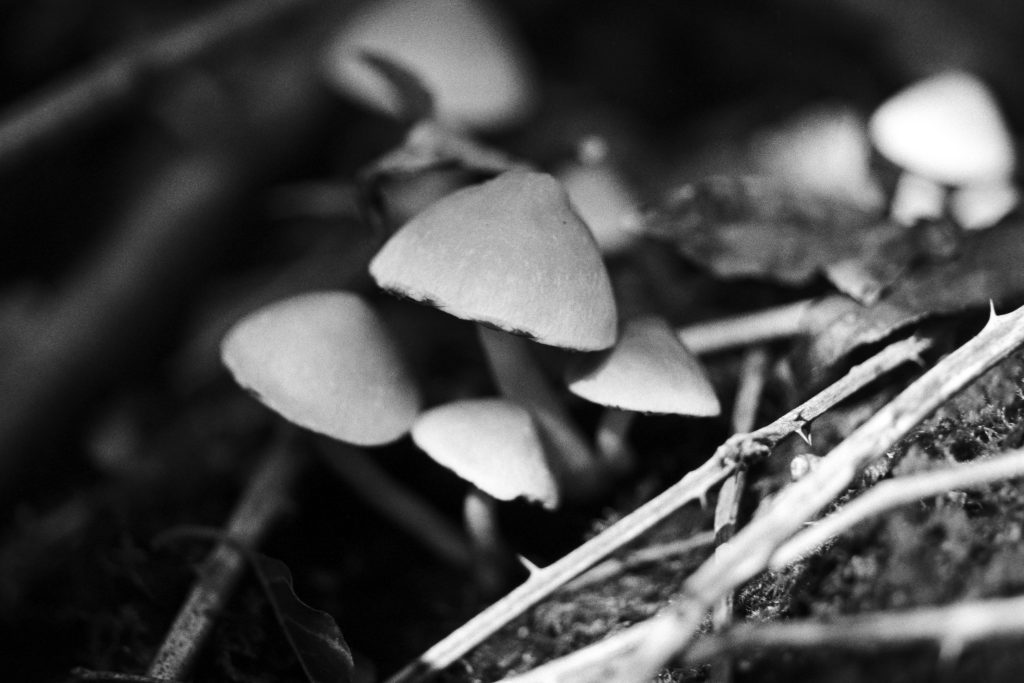
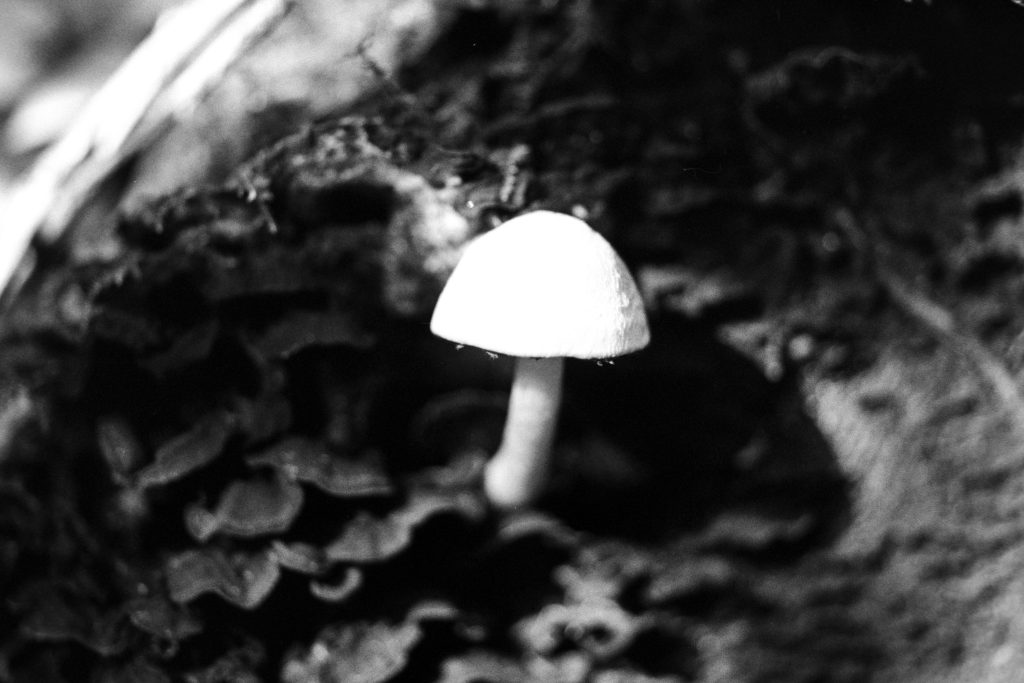
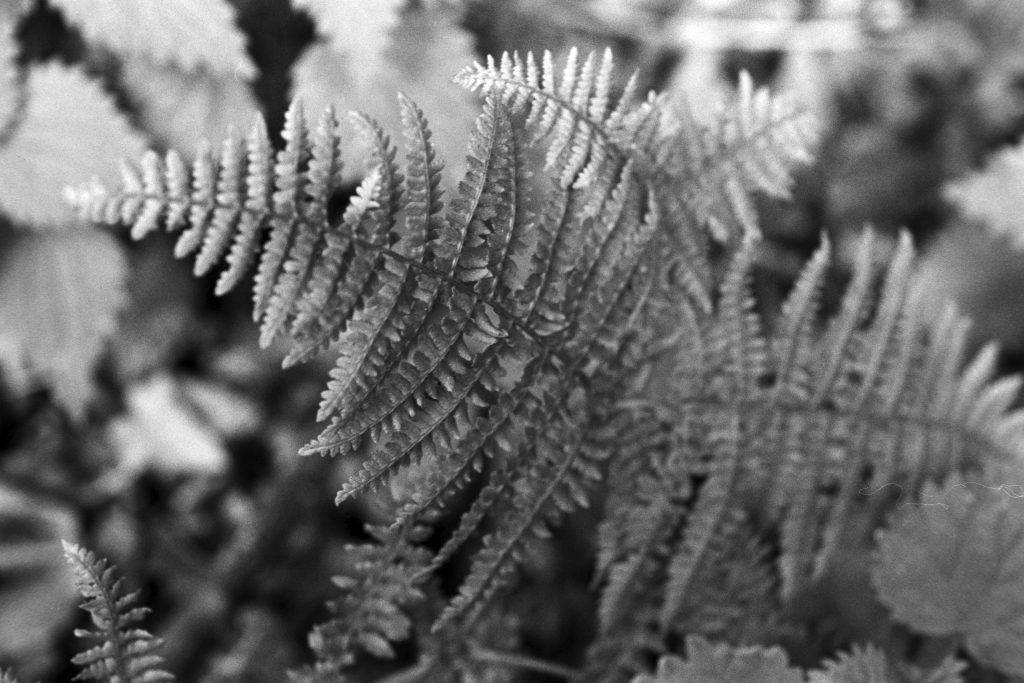
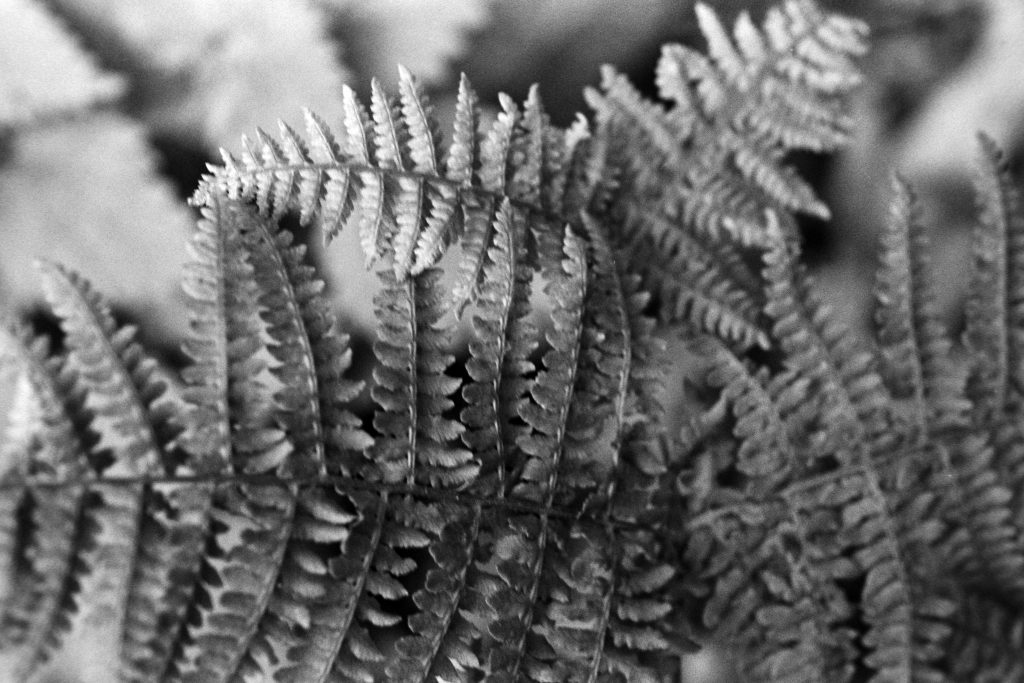
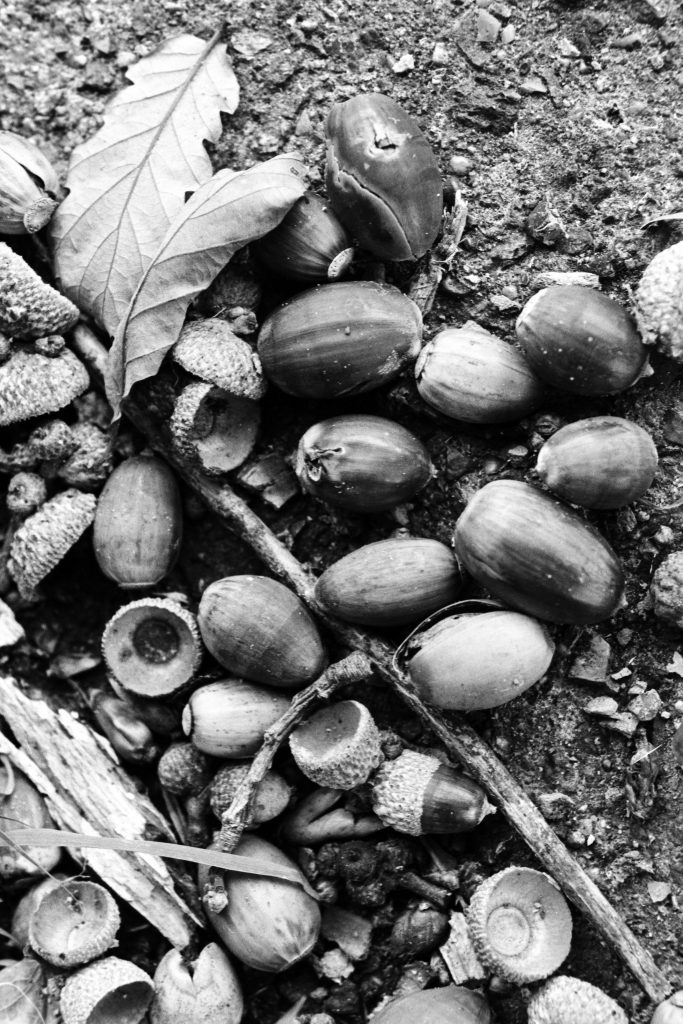
Farm (ORWO UN54 and RODINAL) Zeiss Milvus 50mm F1.4 & Nikon 28mm F2.8
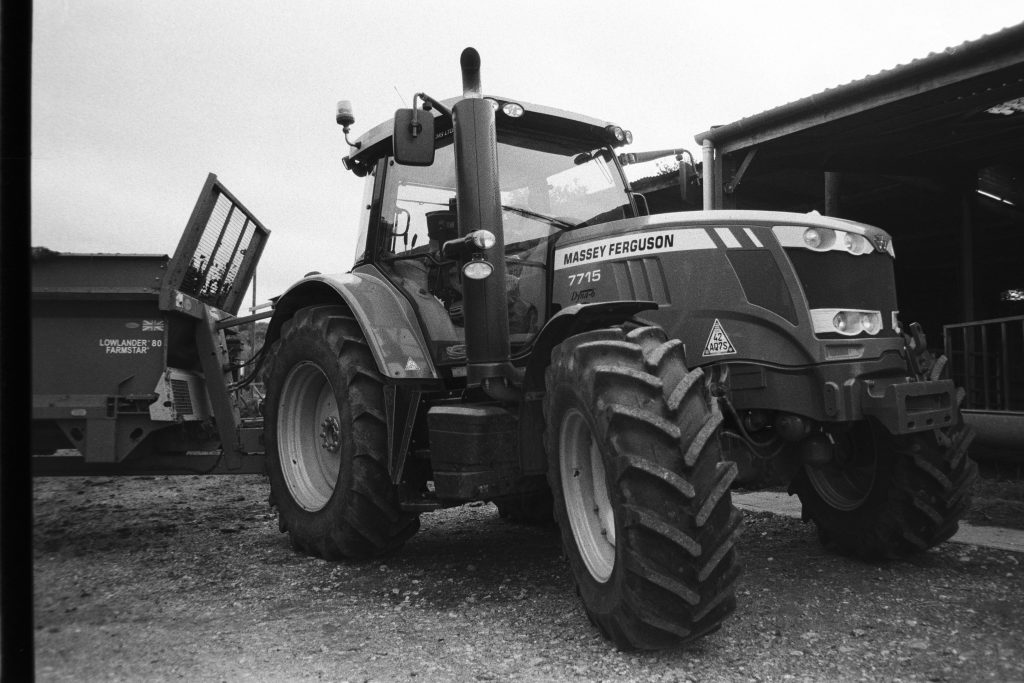
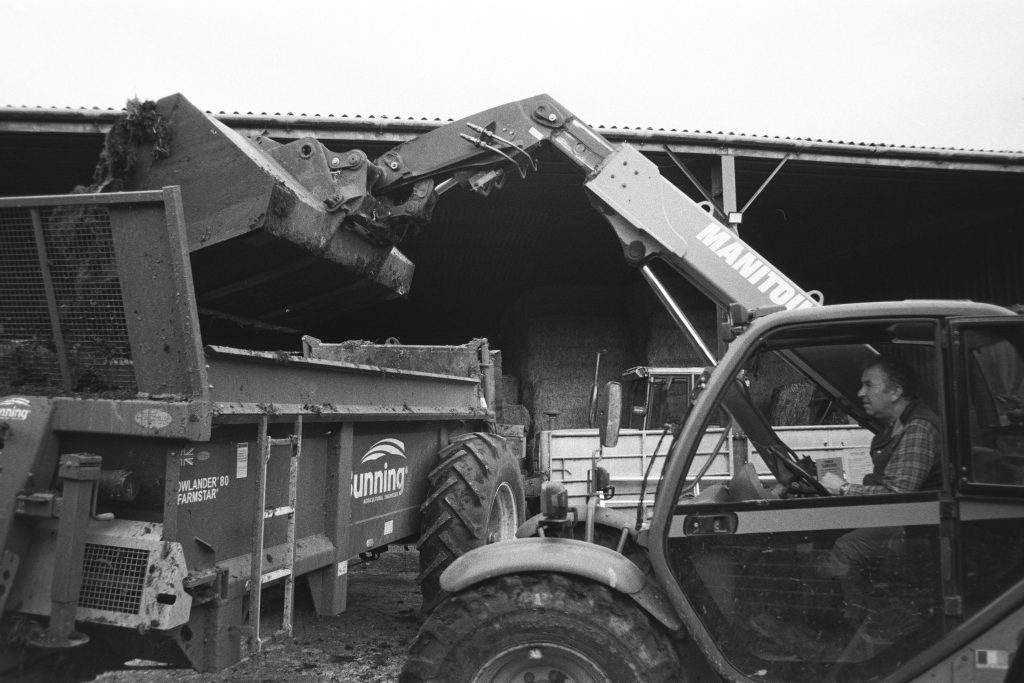
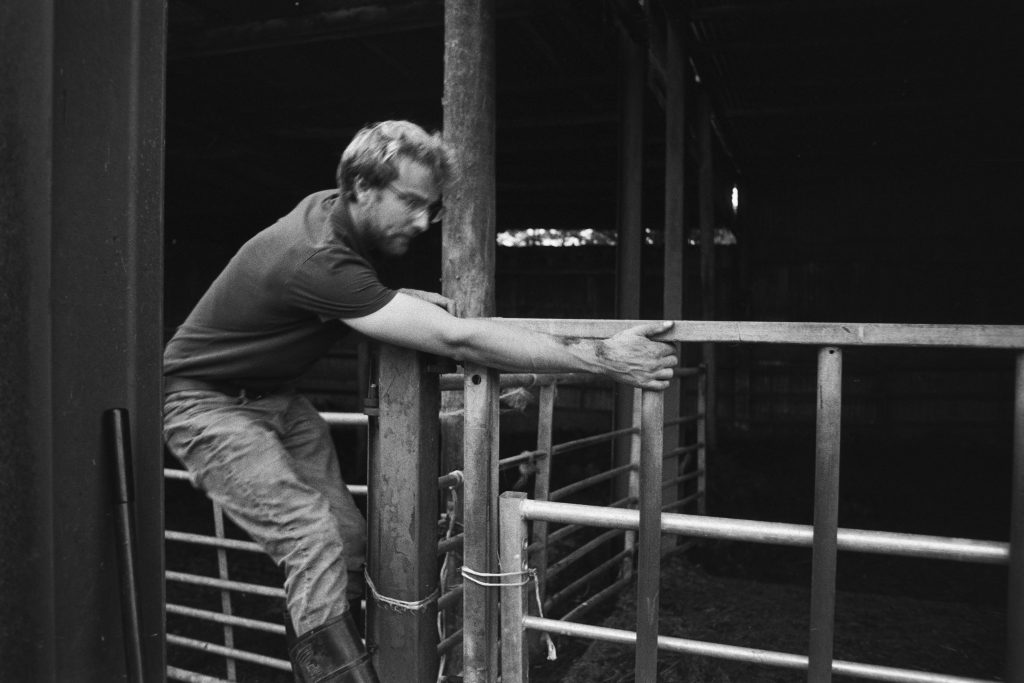
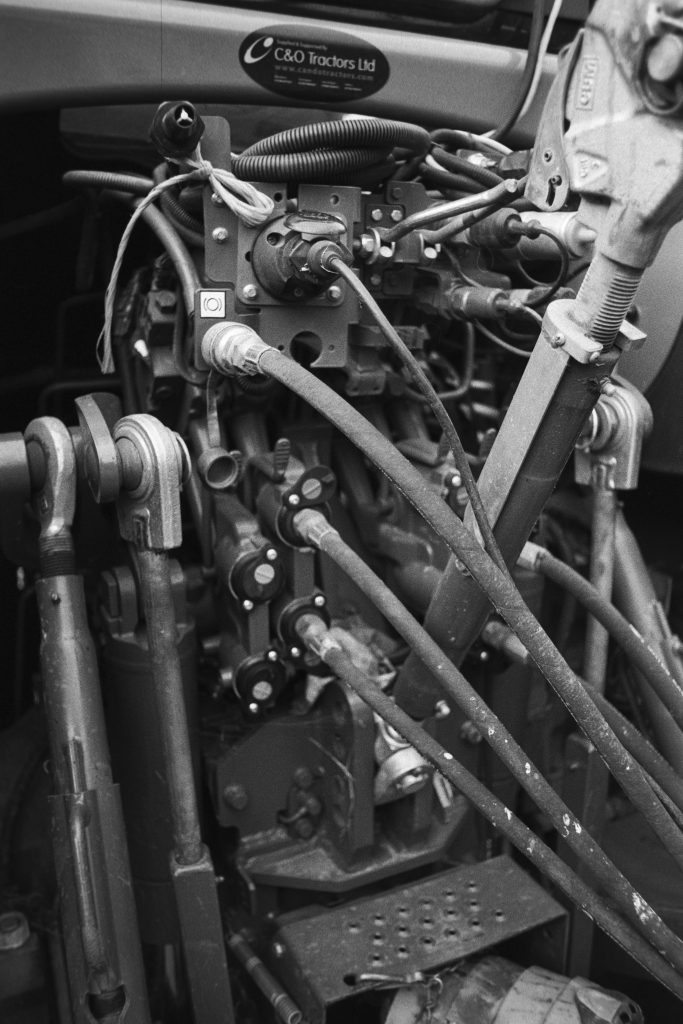
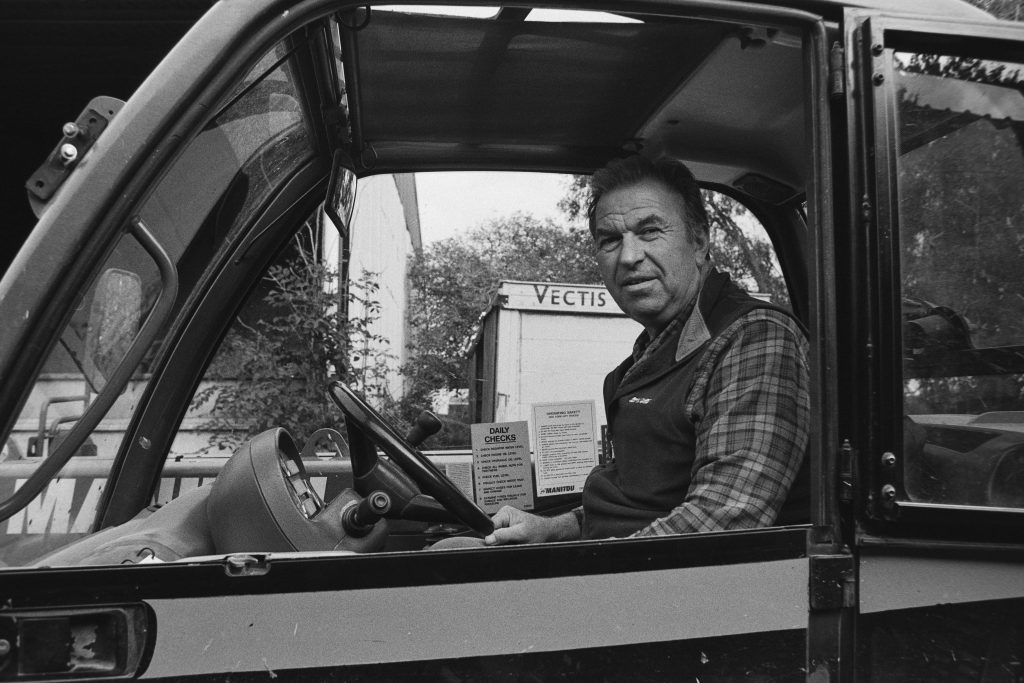
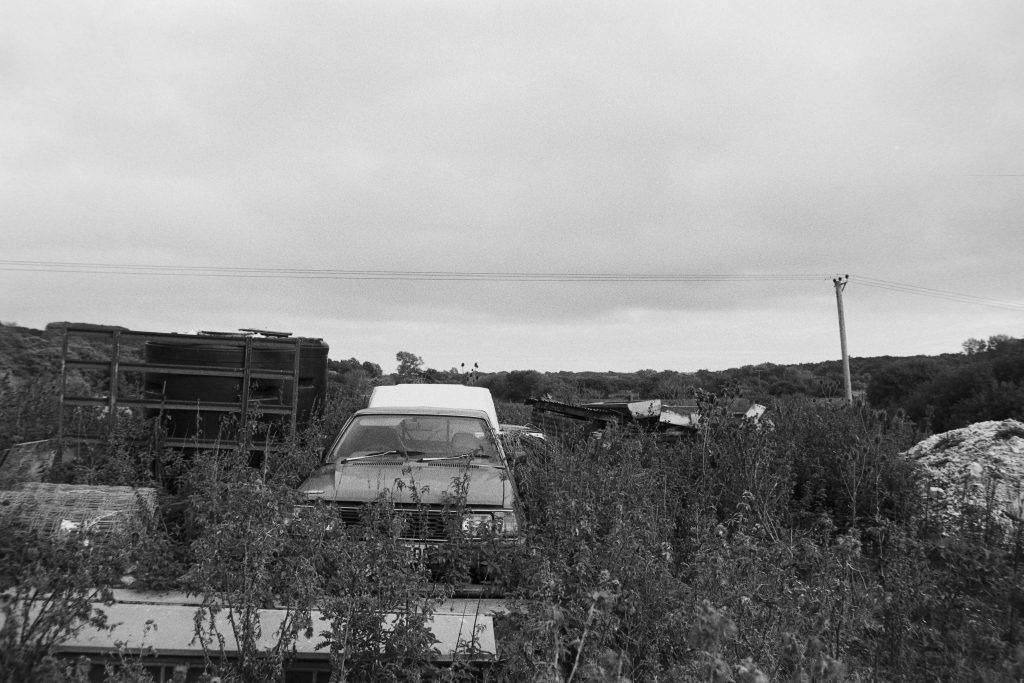
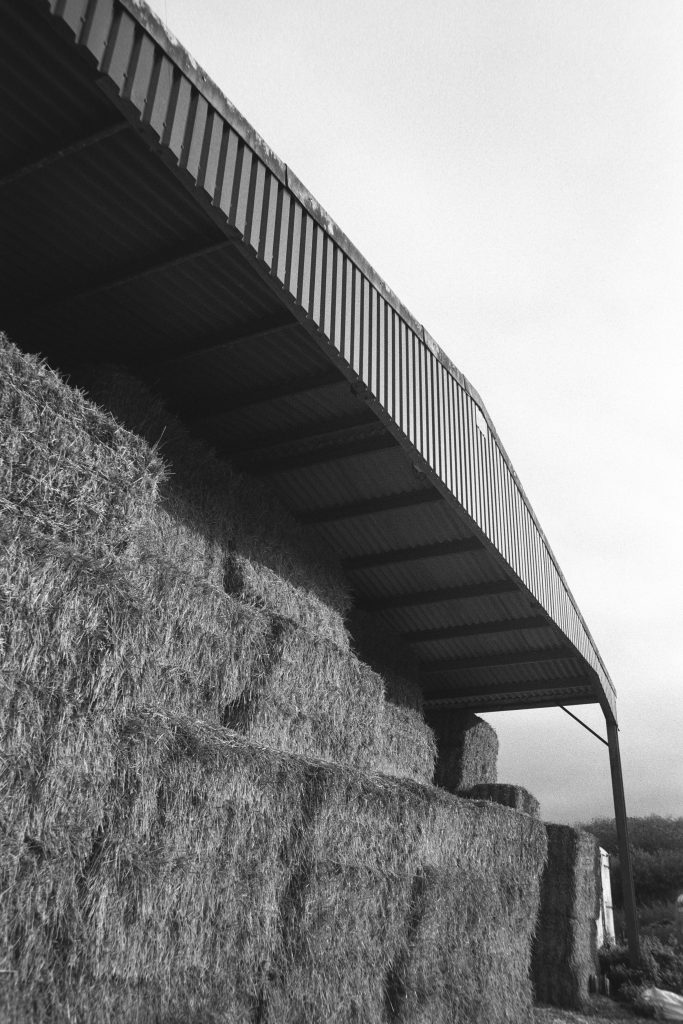
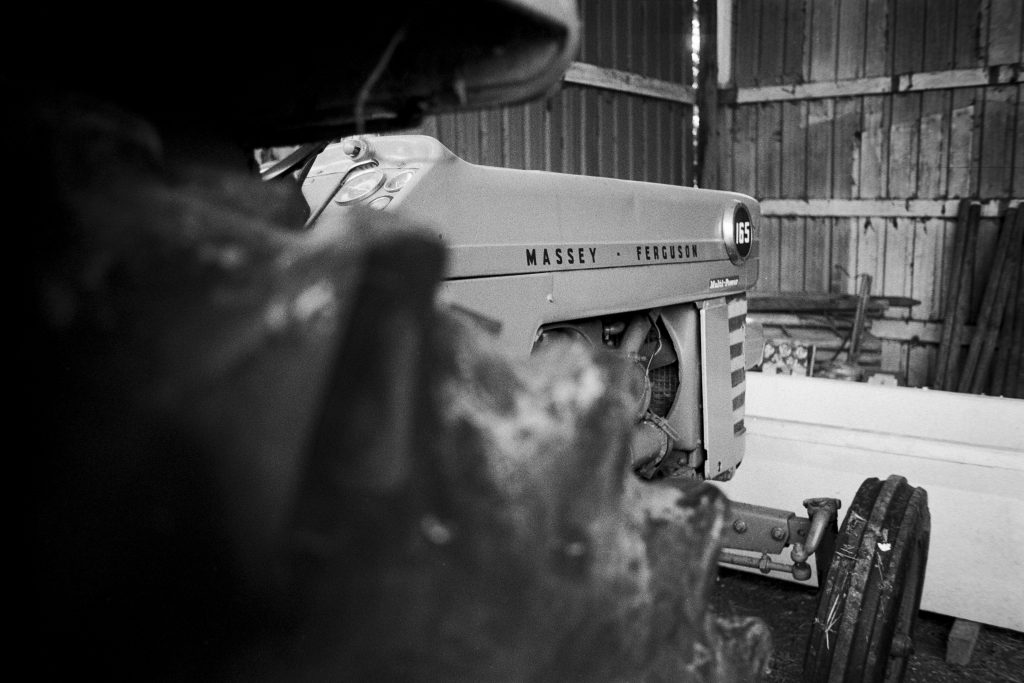
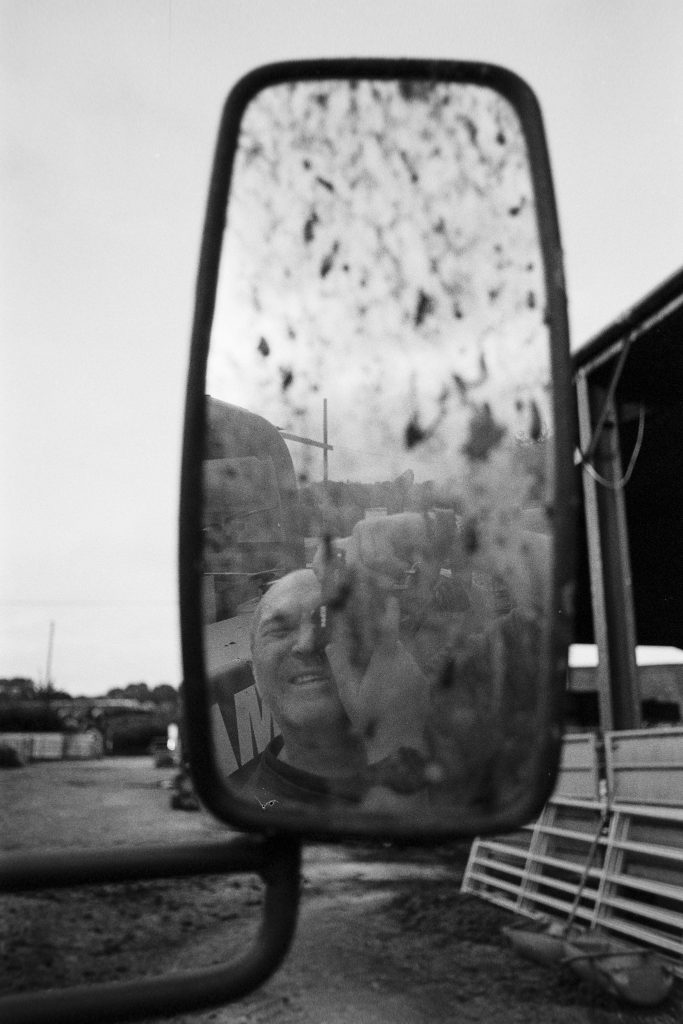
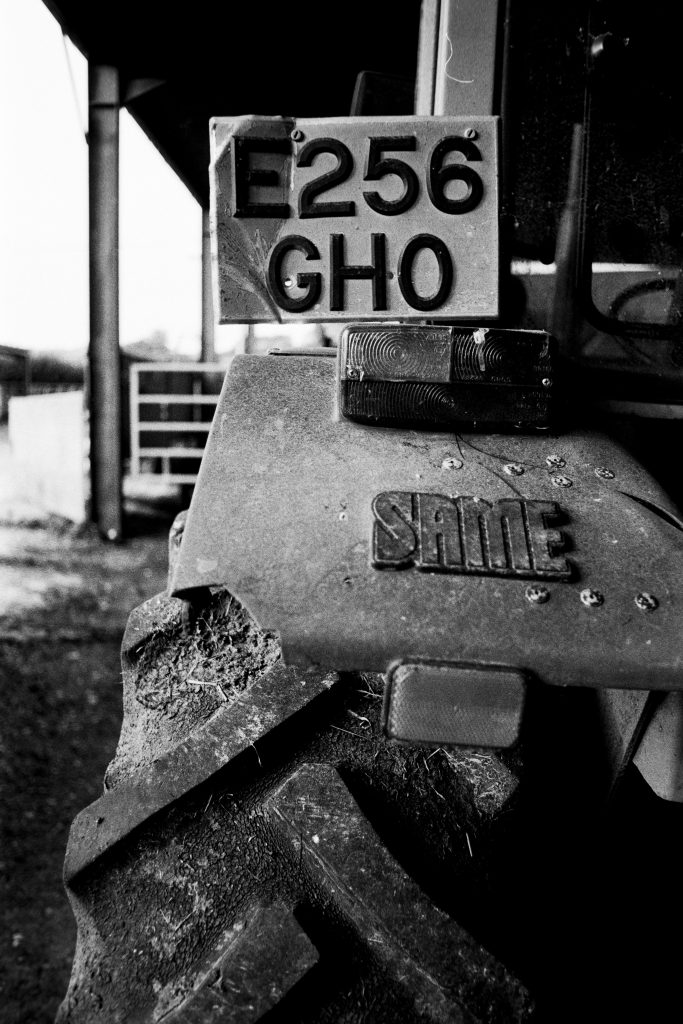
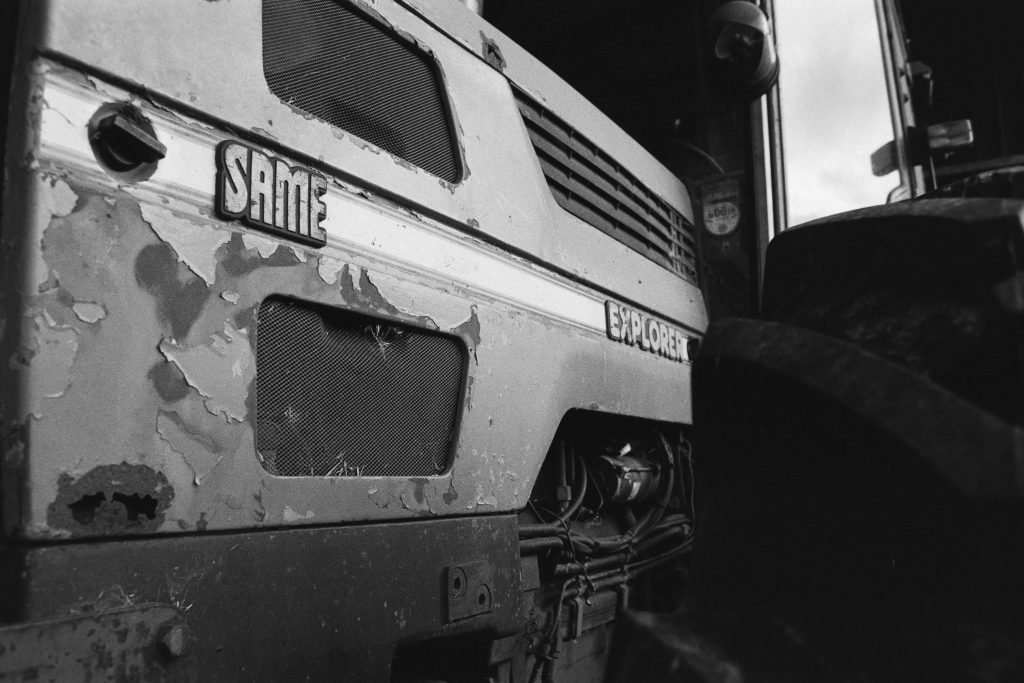
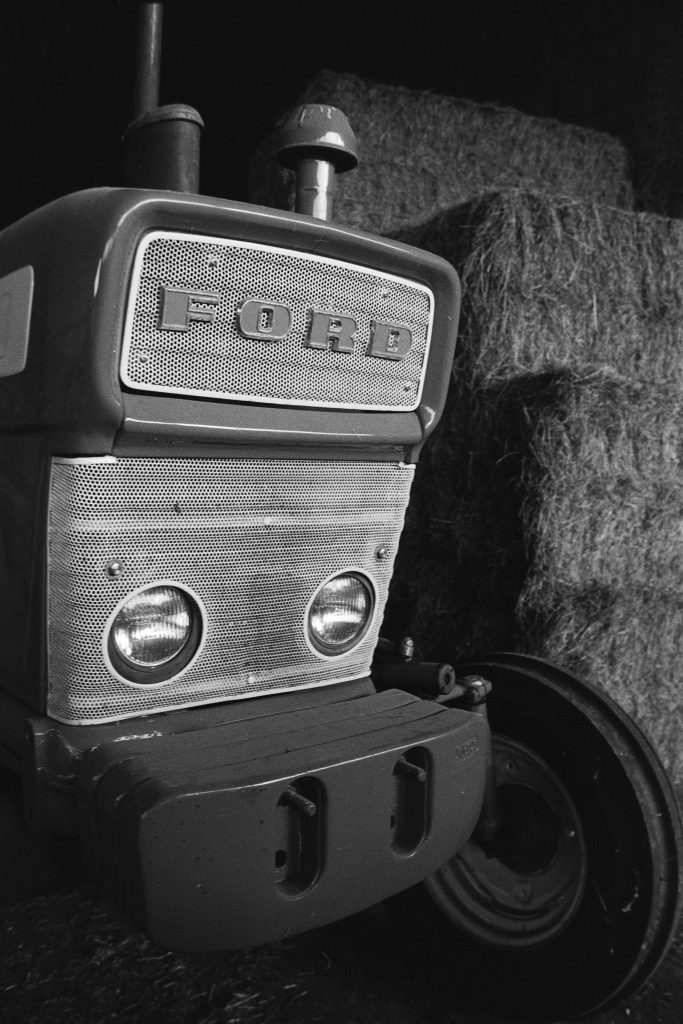
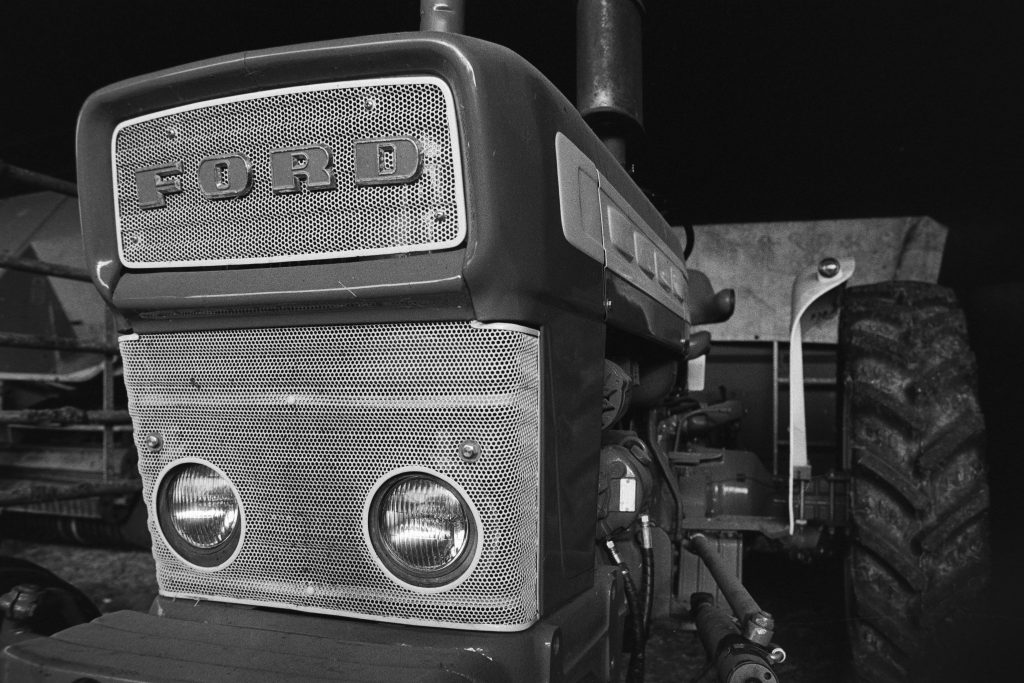
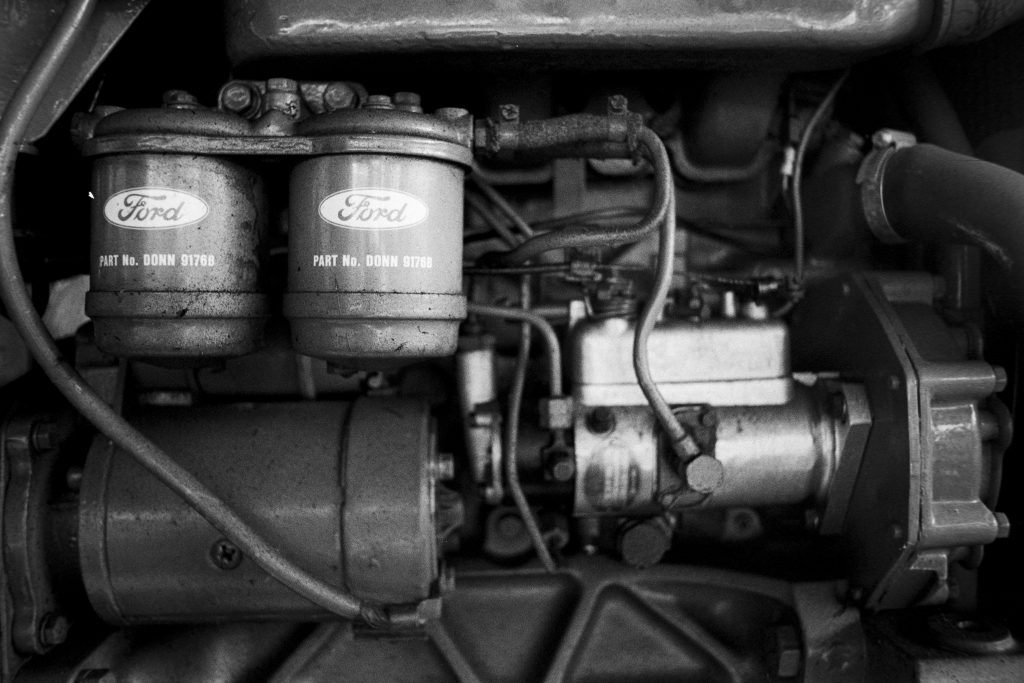
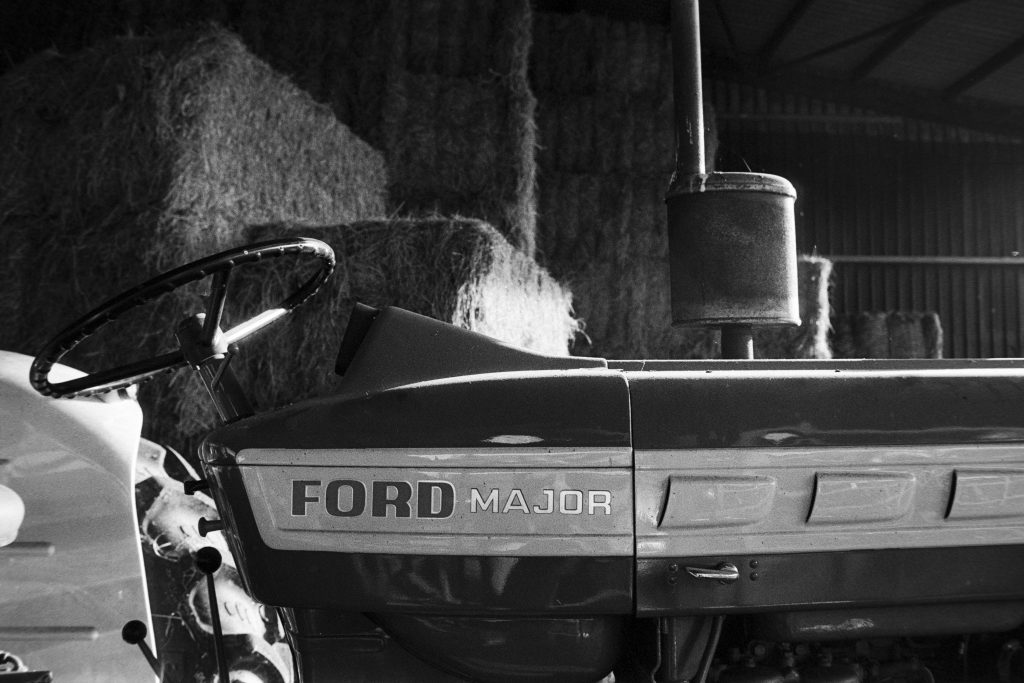
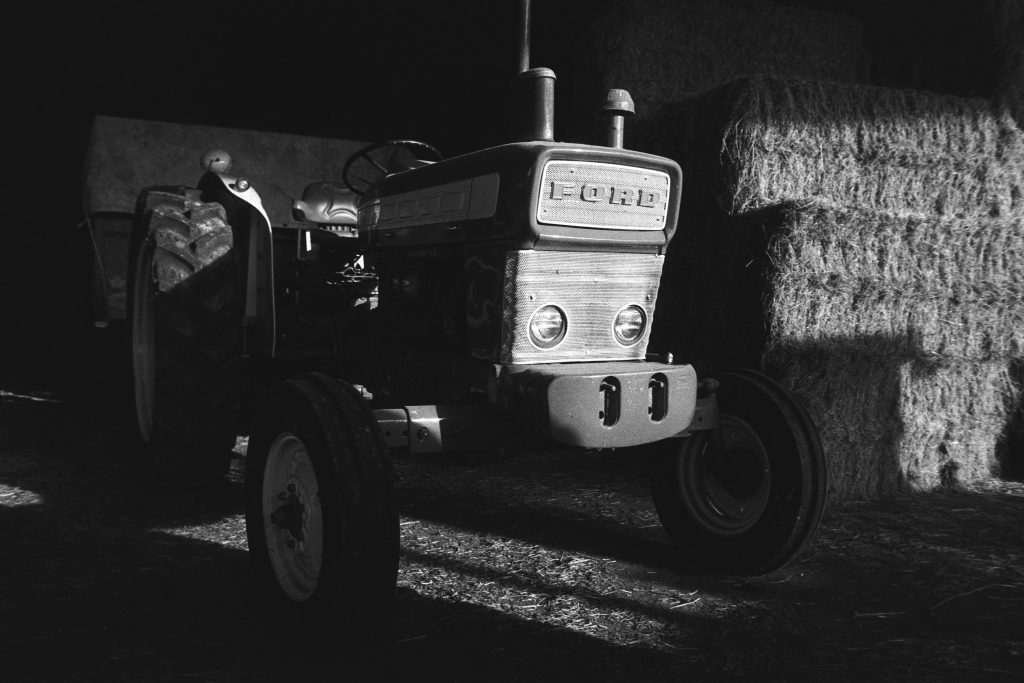
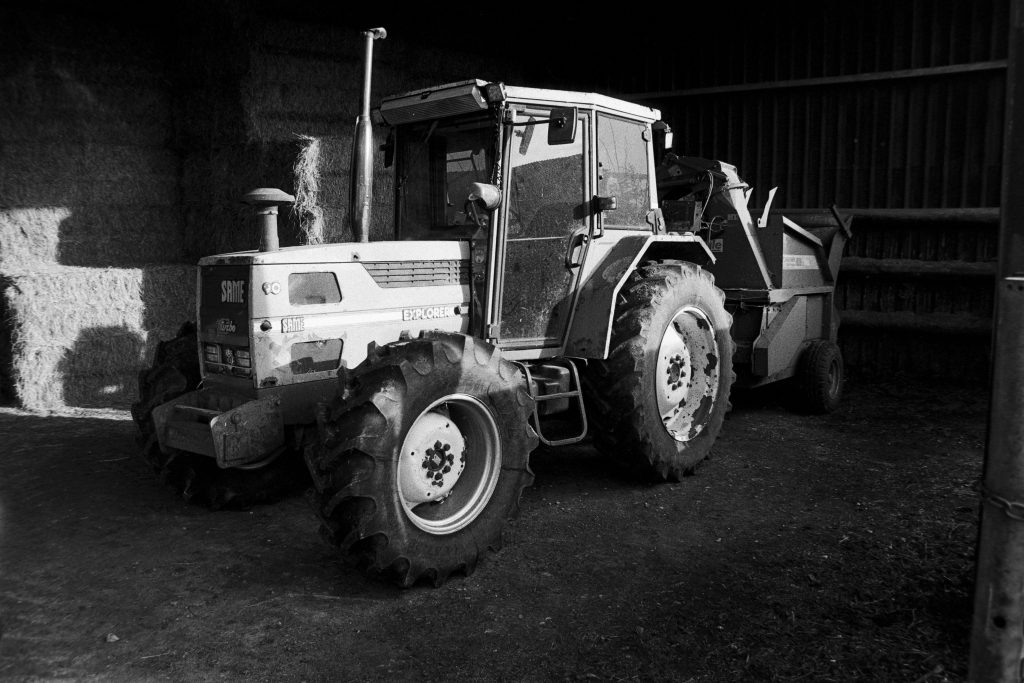
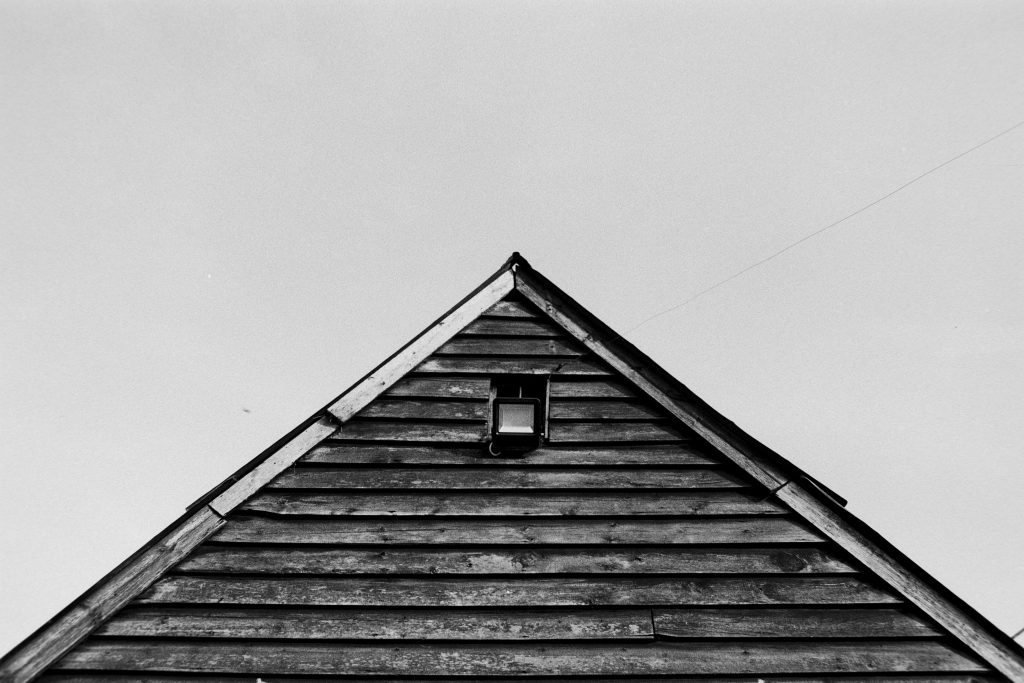
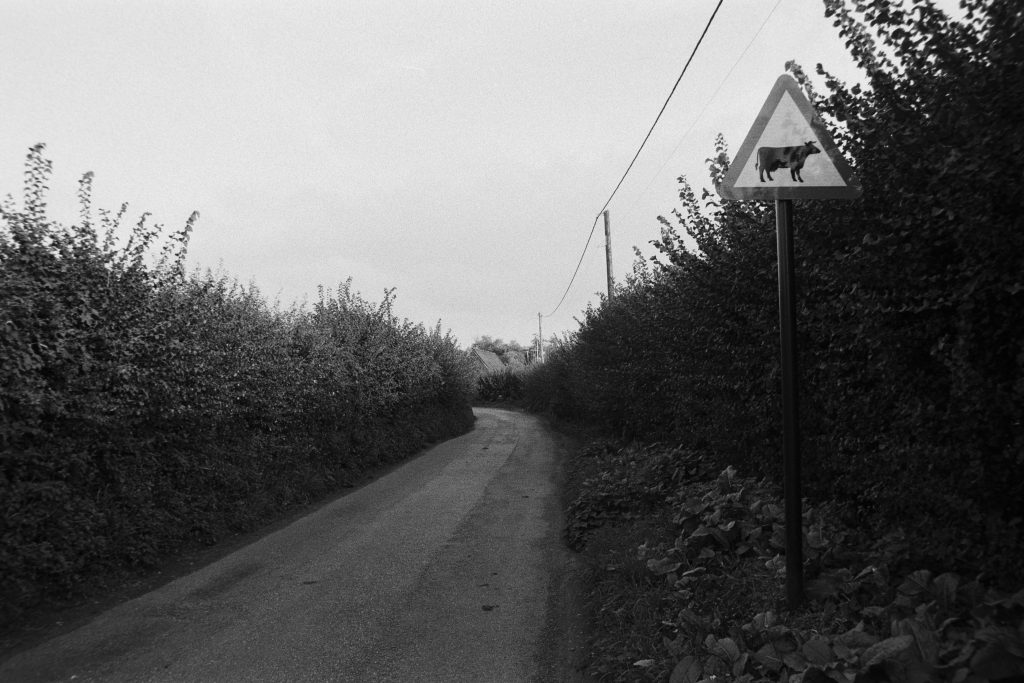
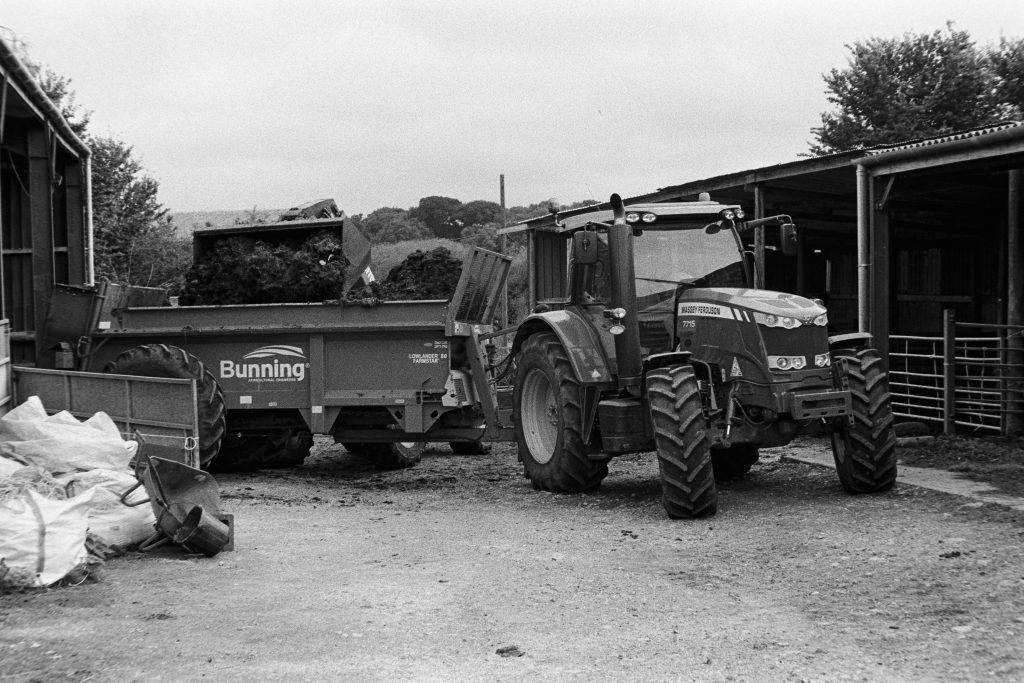
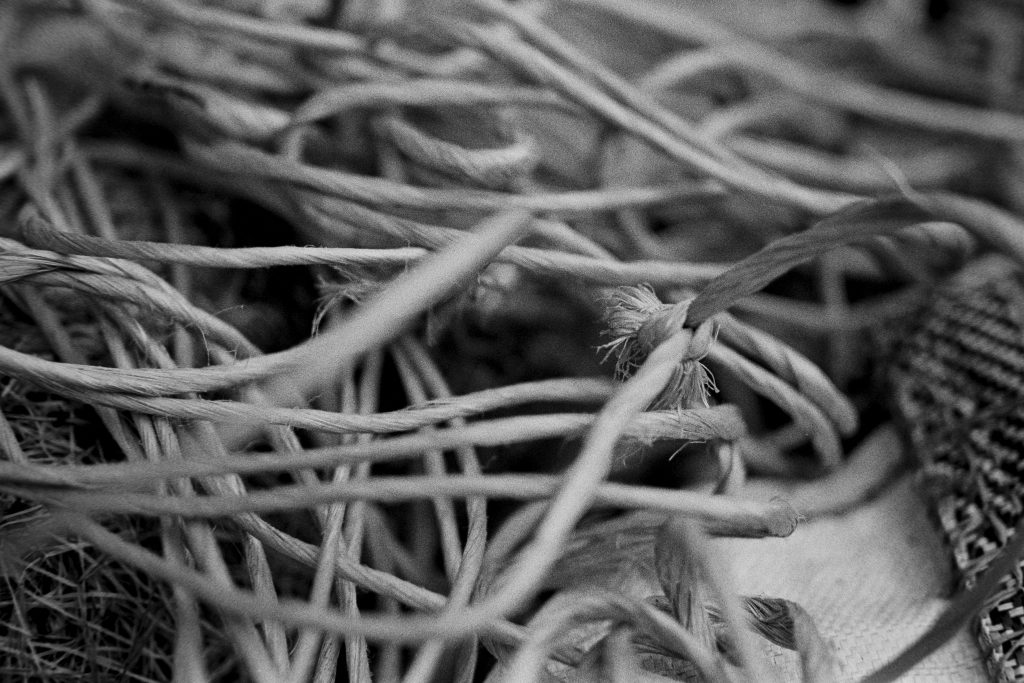
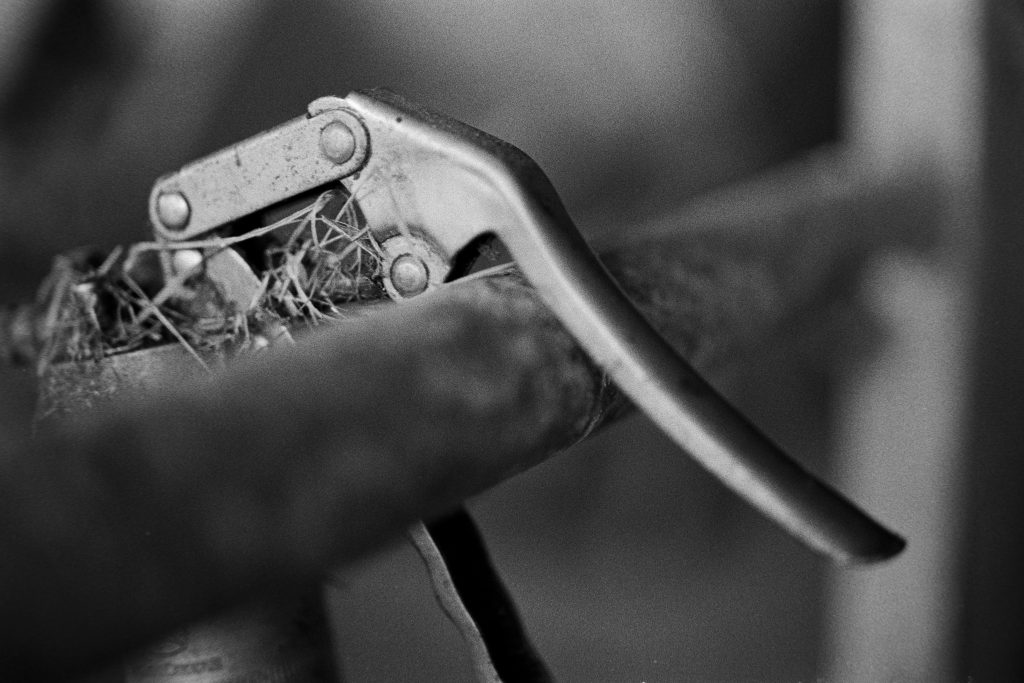
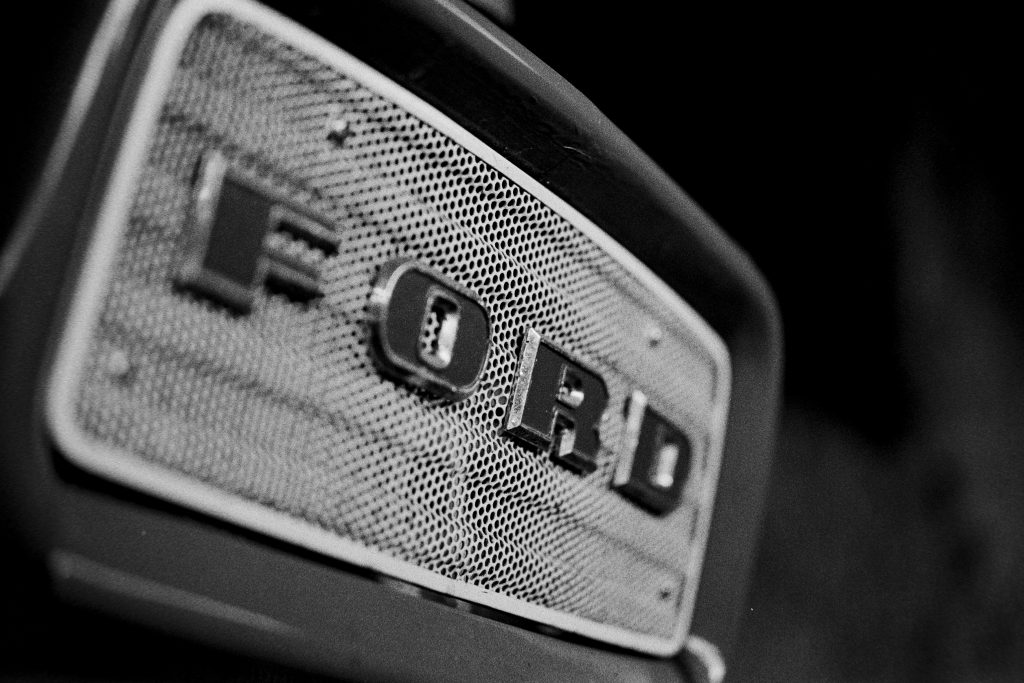
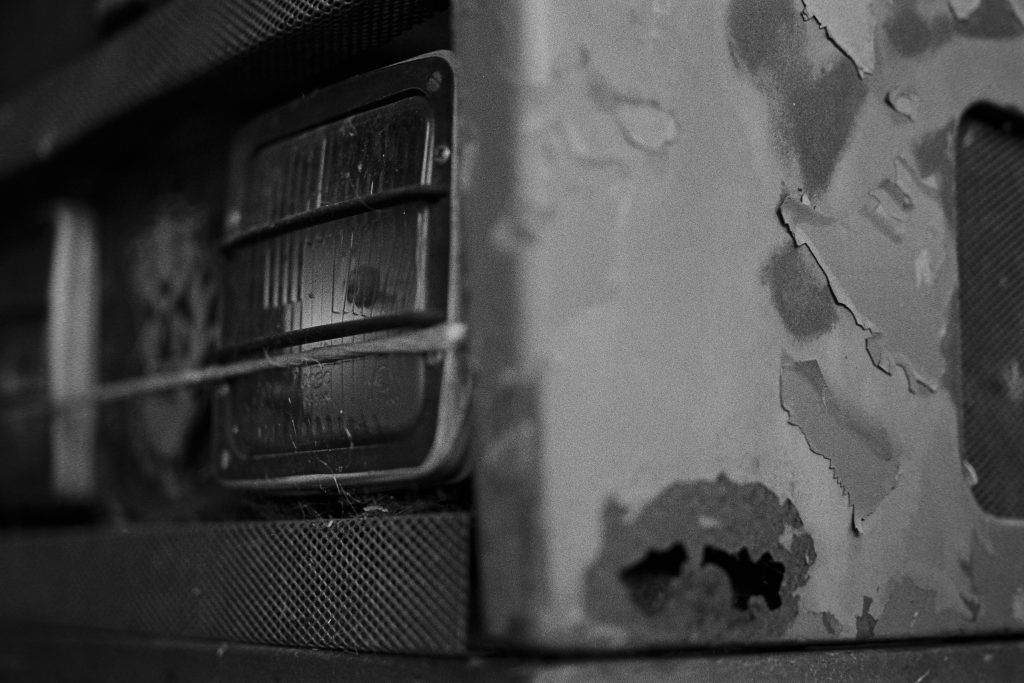
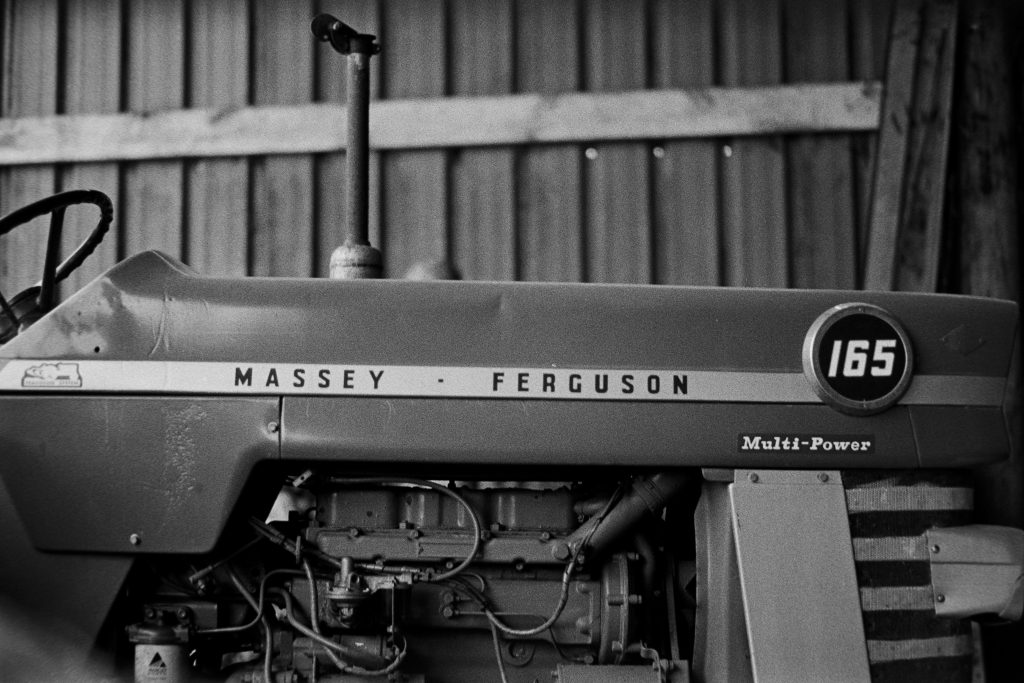
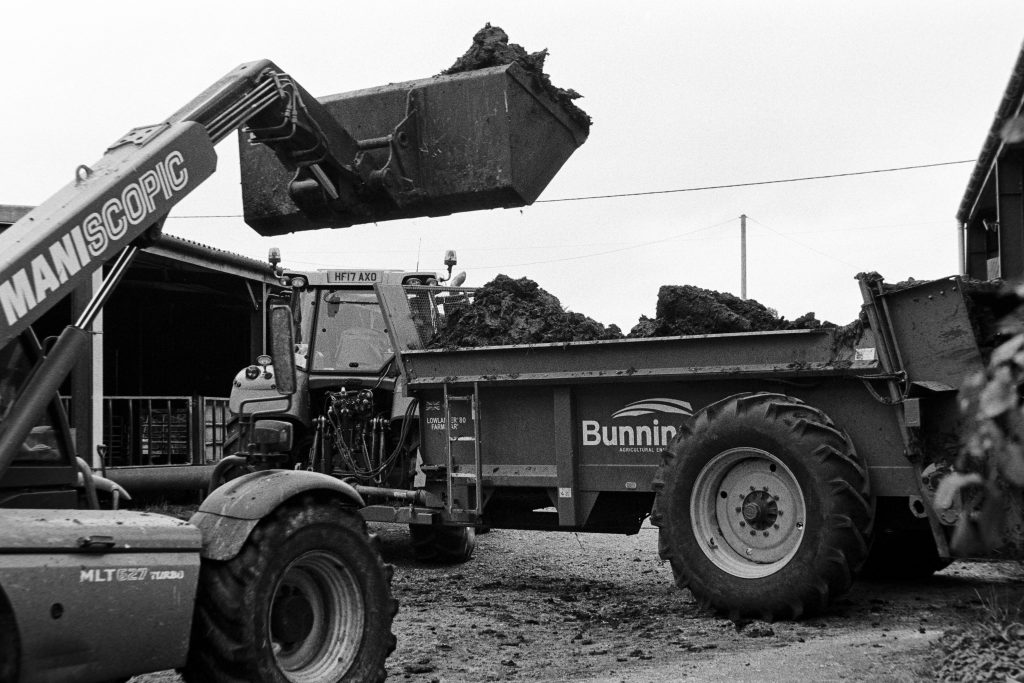
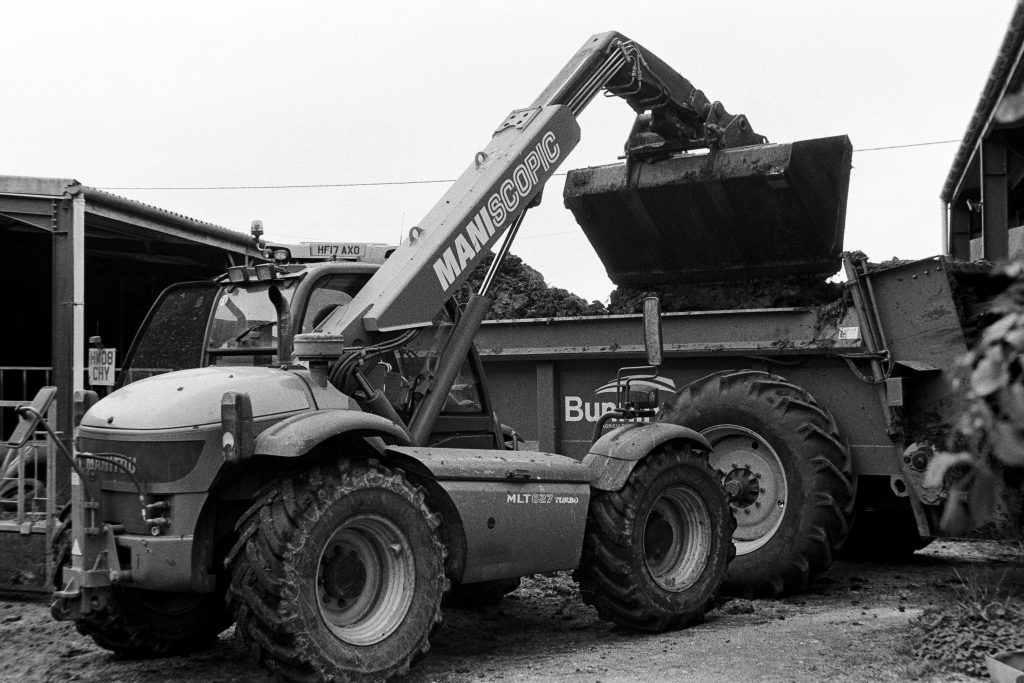
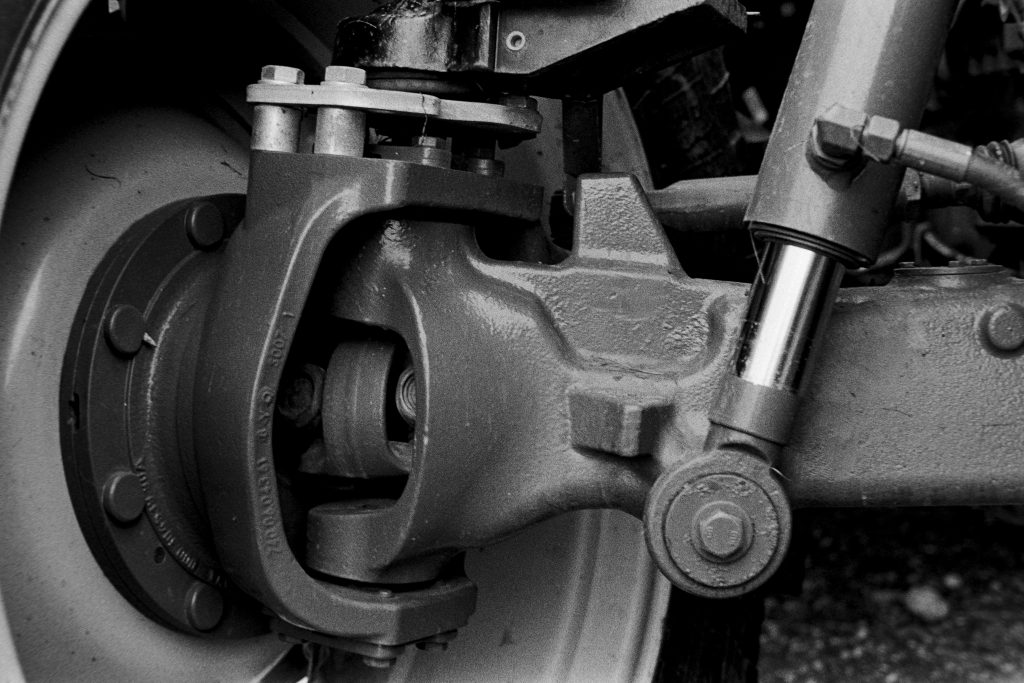
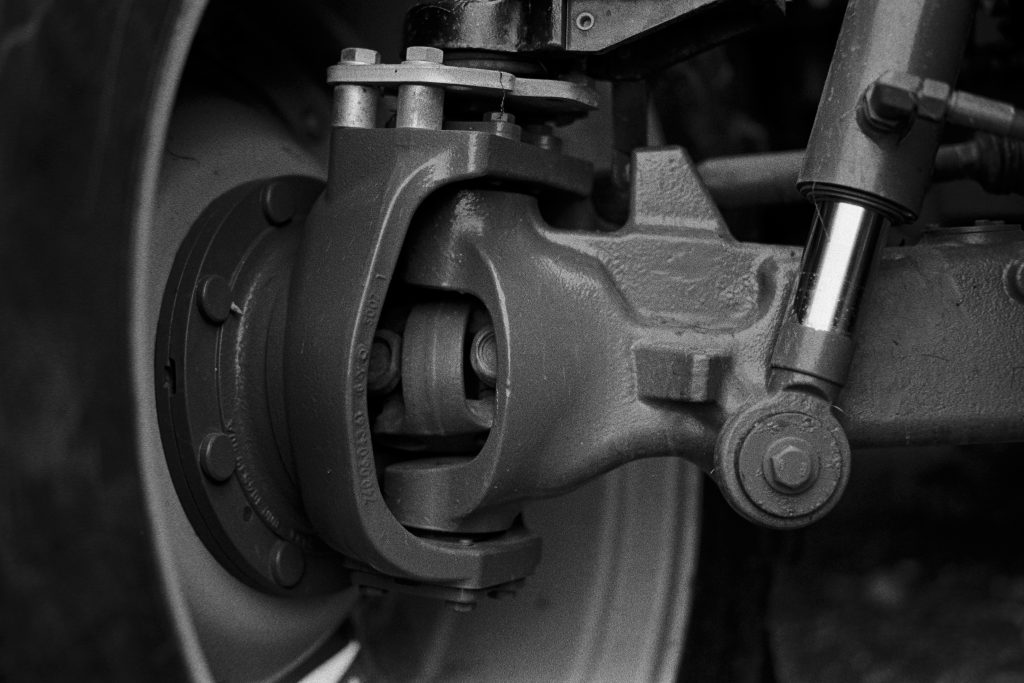
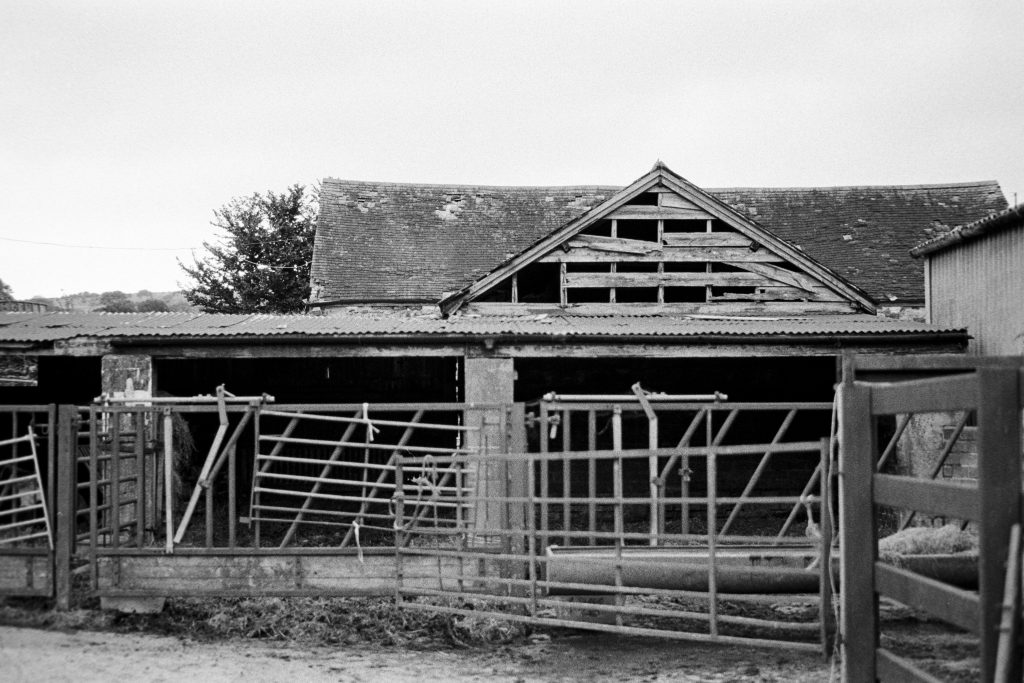
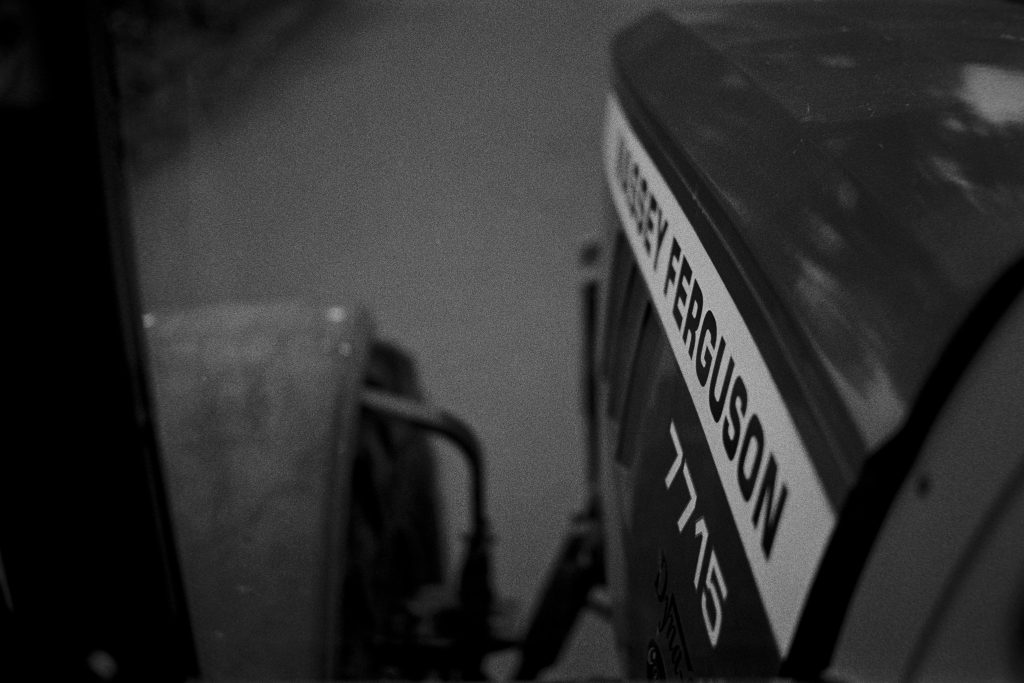
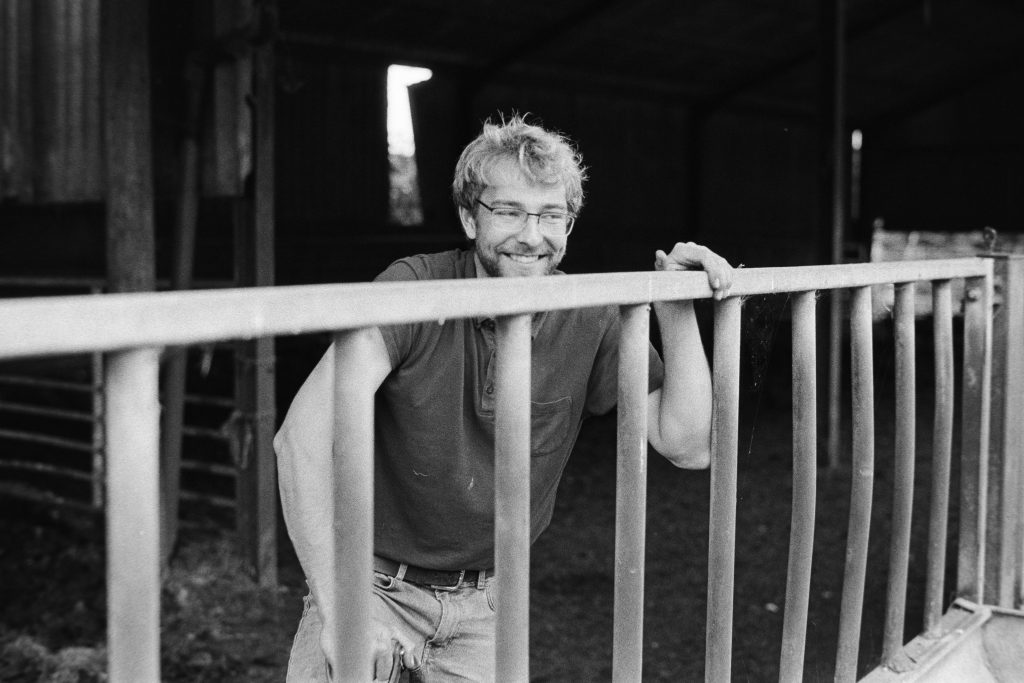
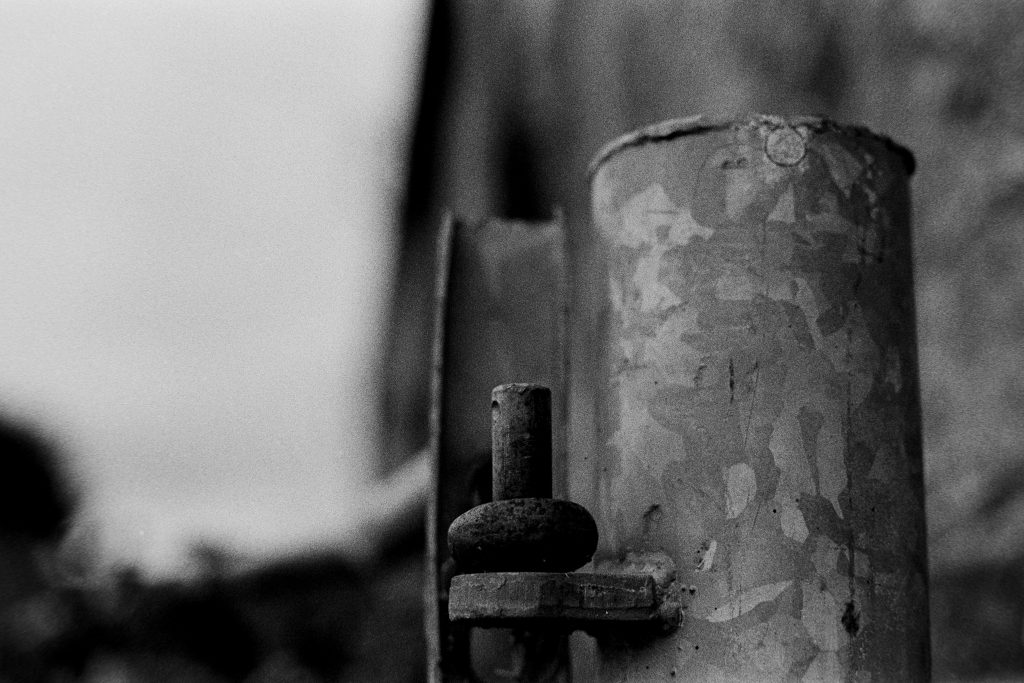
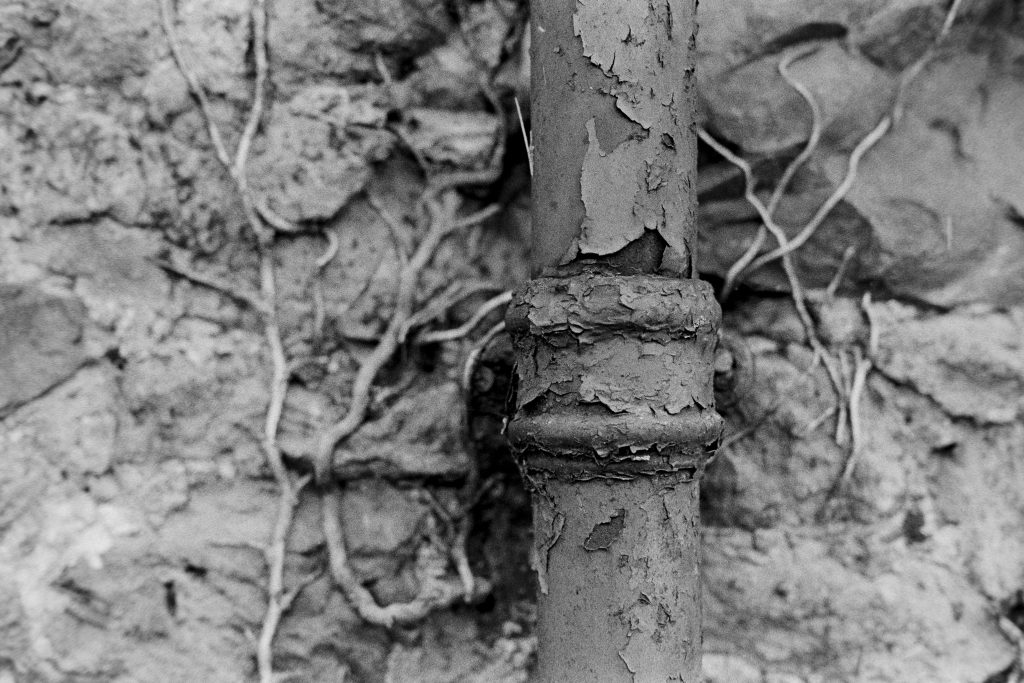
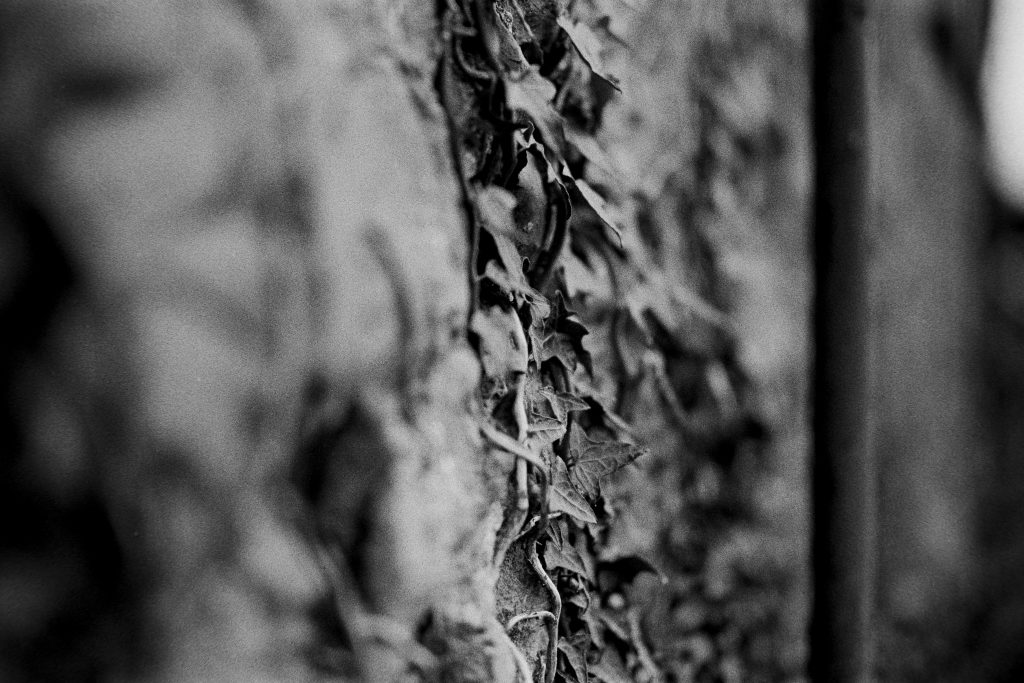
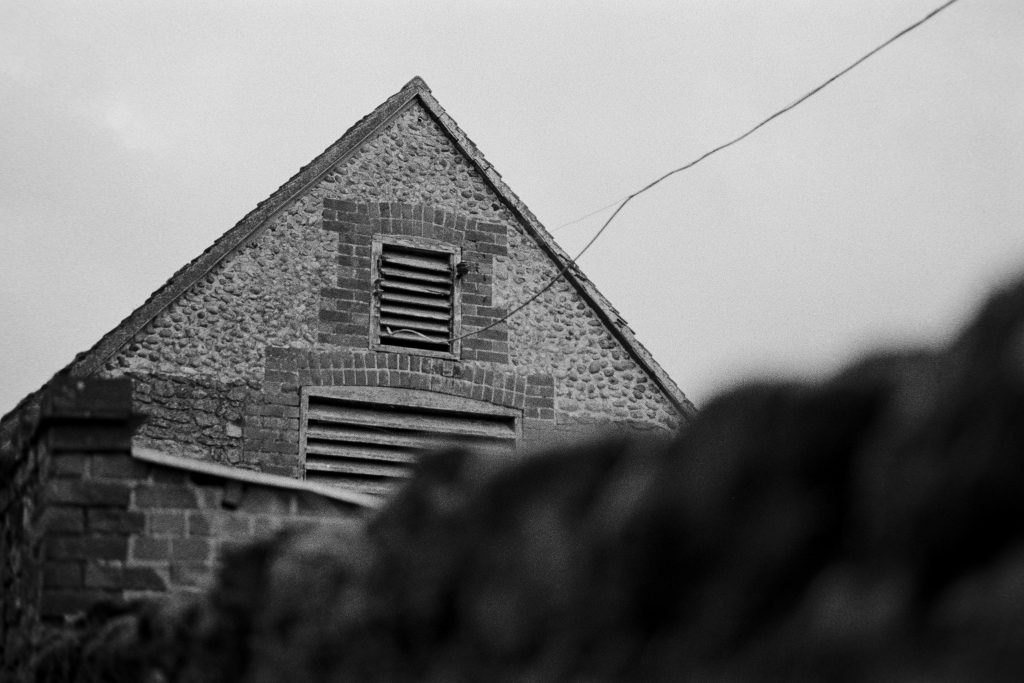
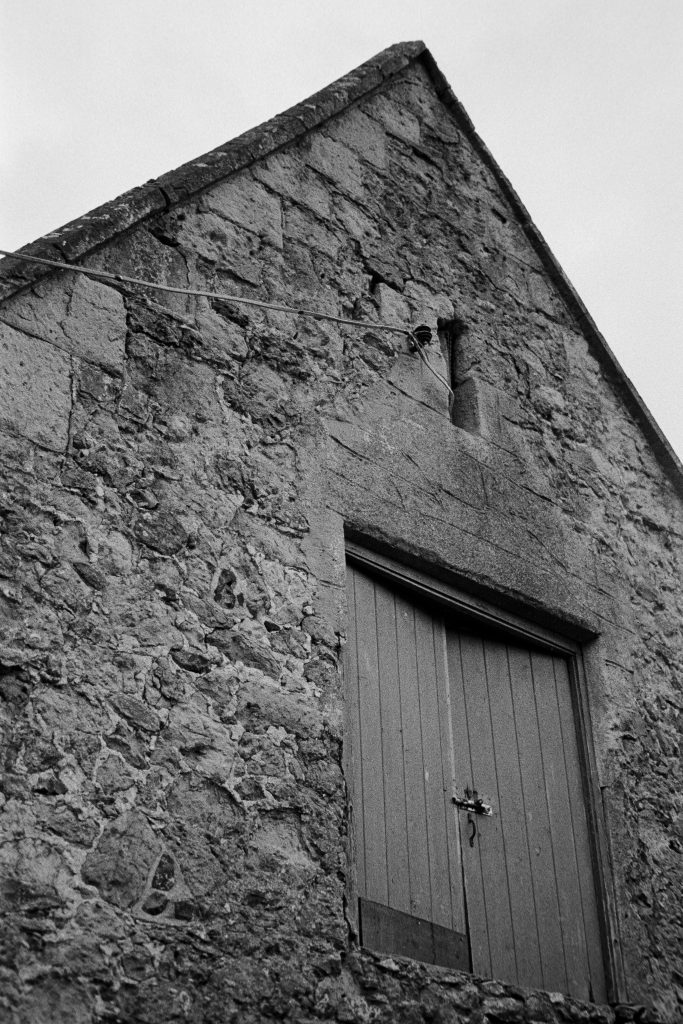
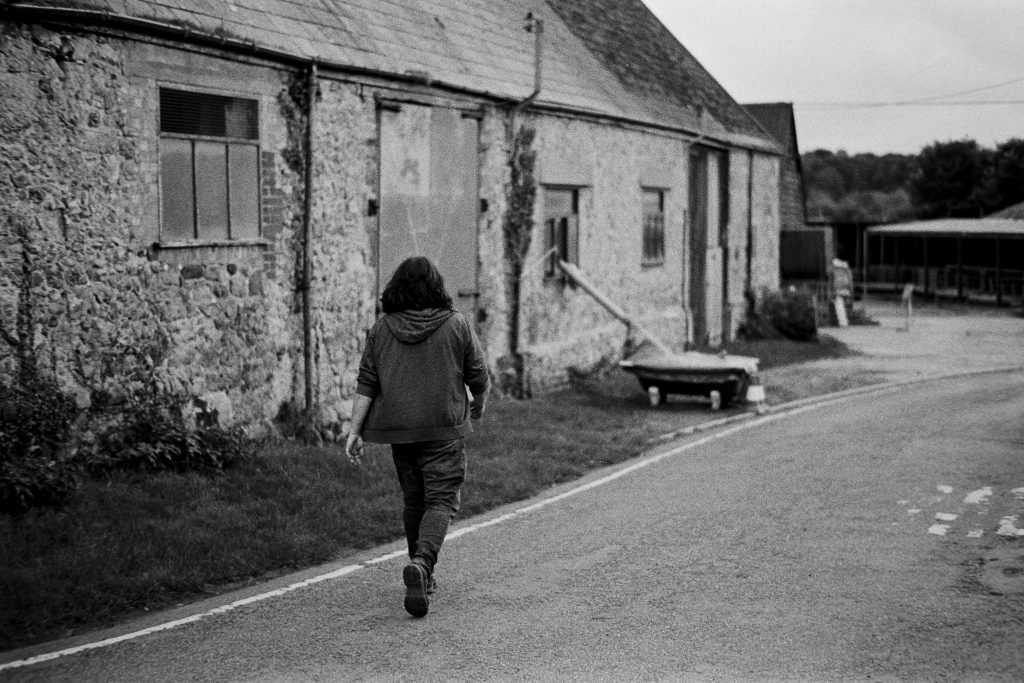
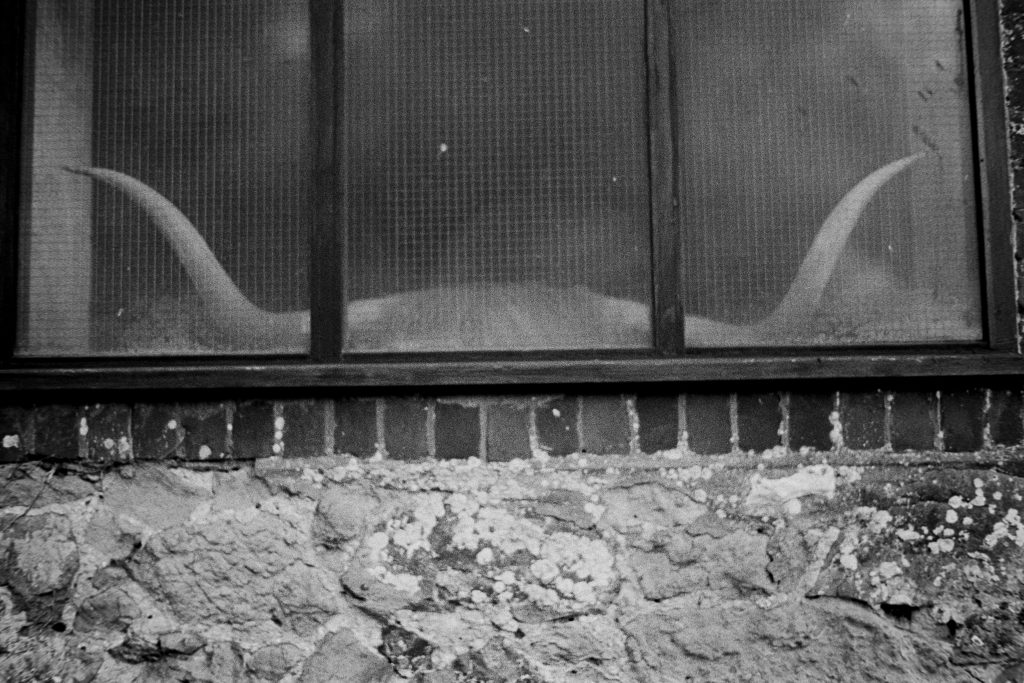
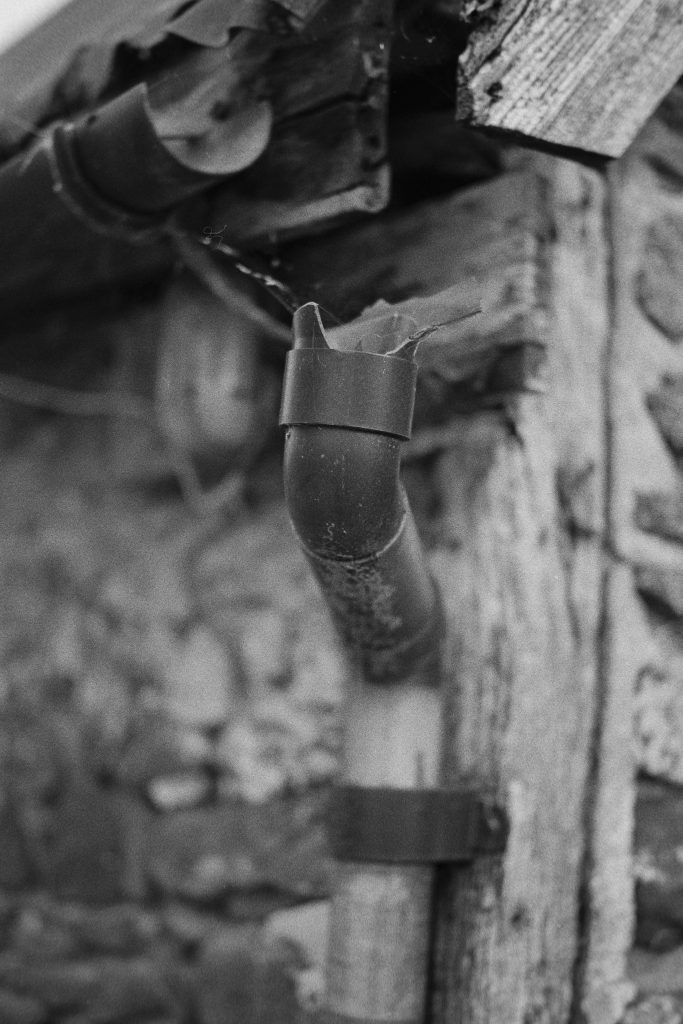
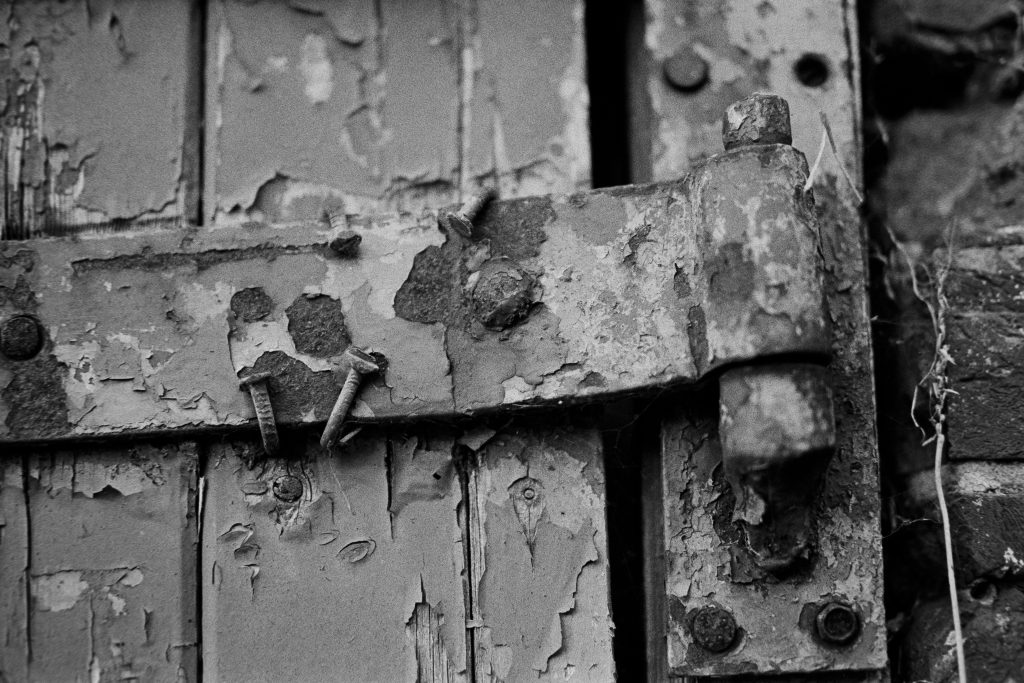
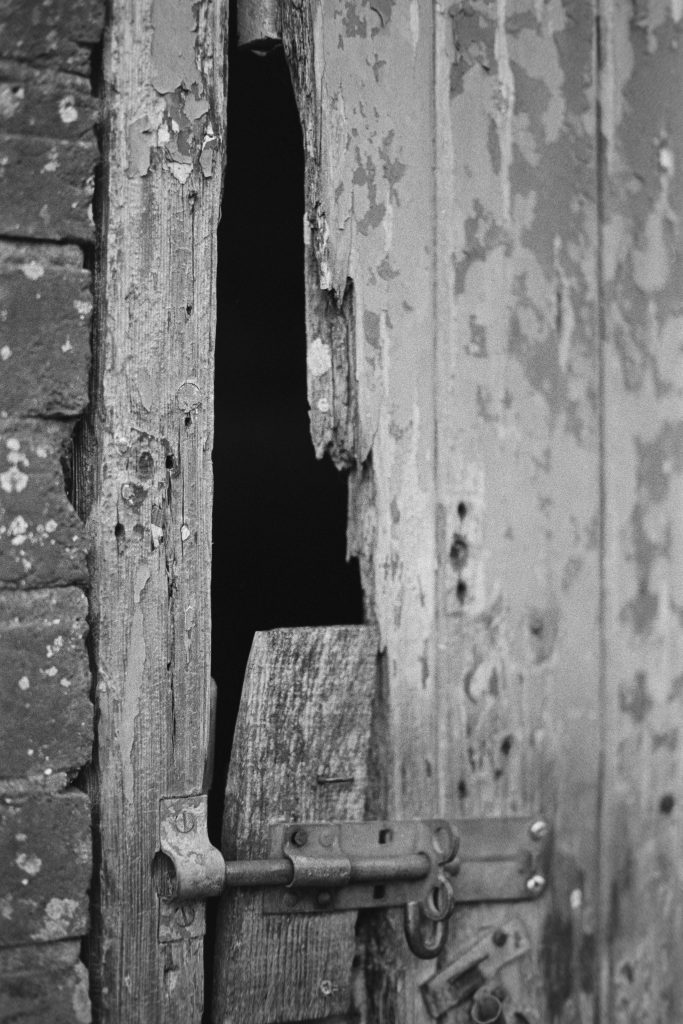
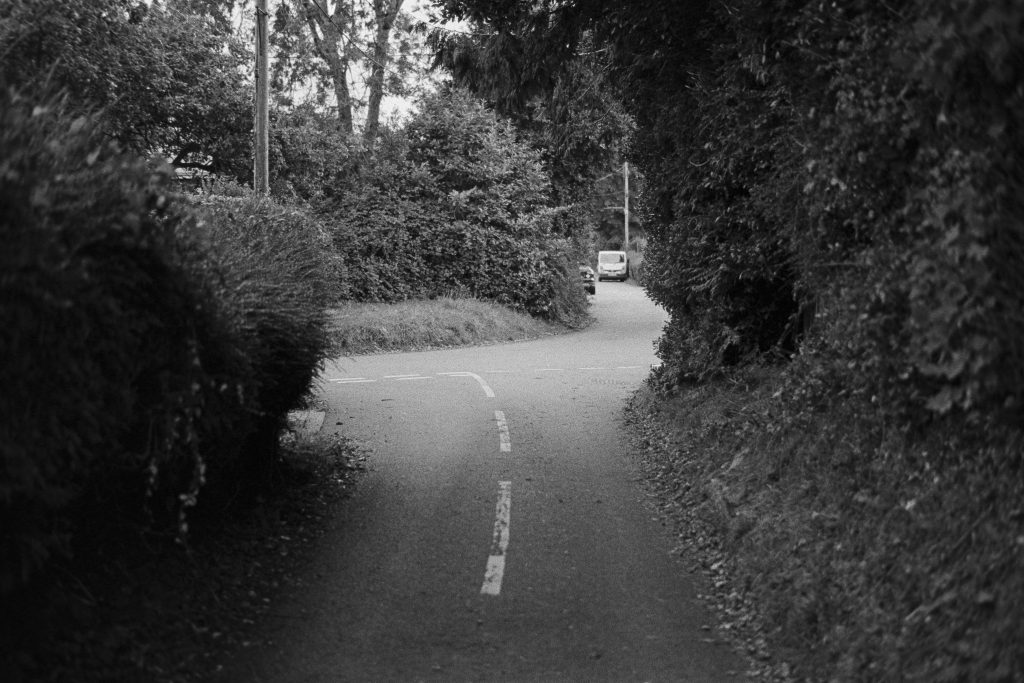
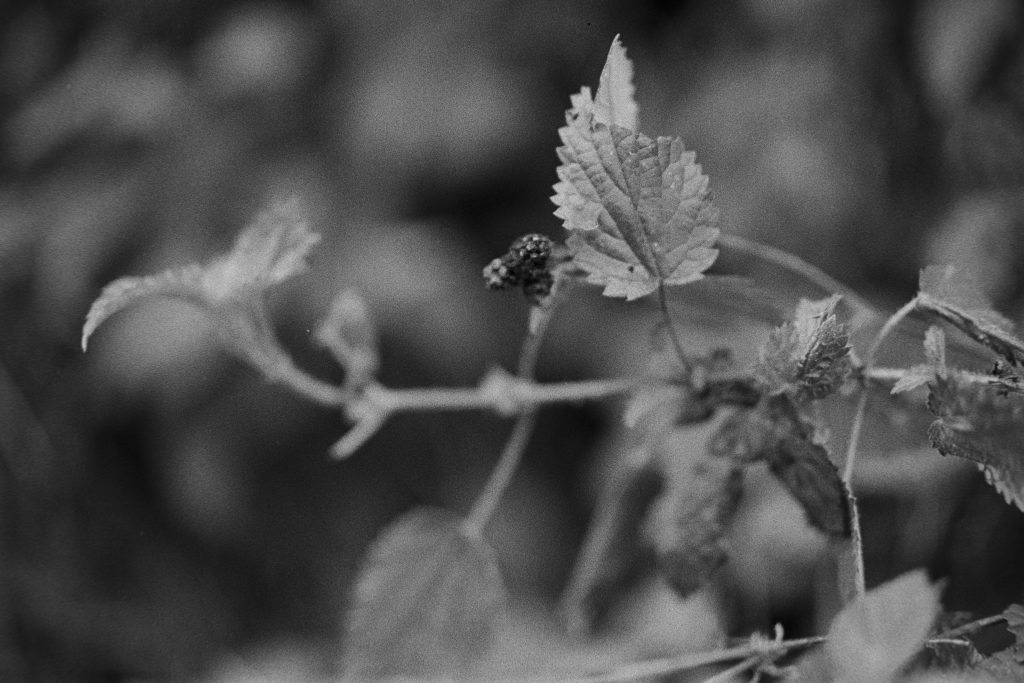
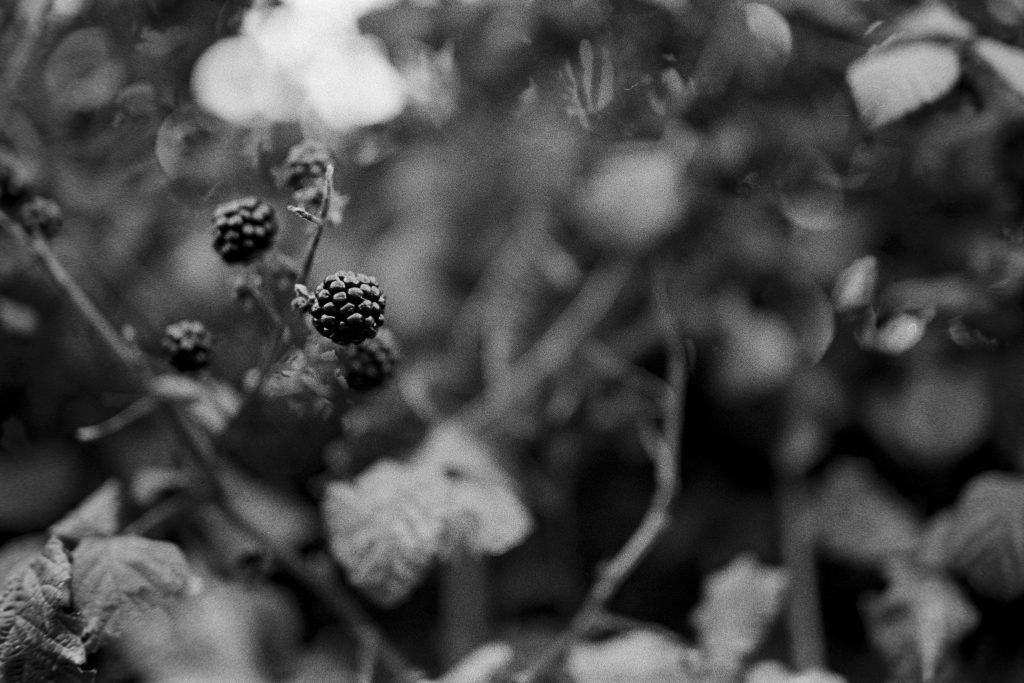
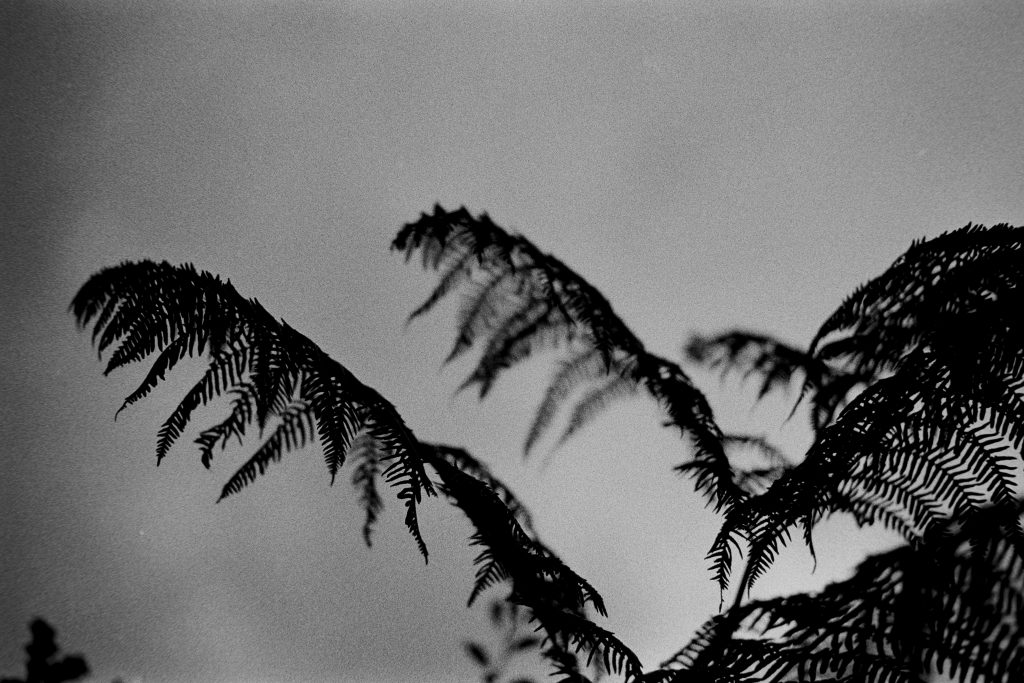
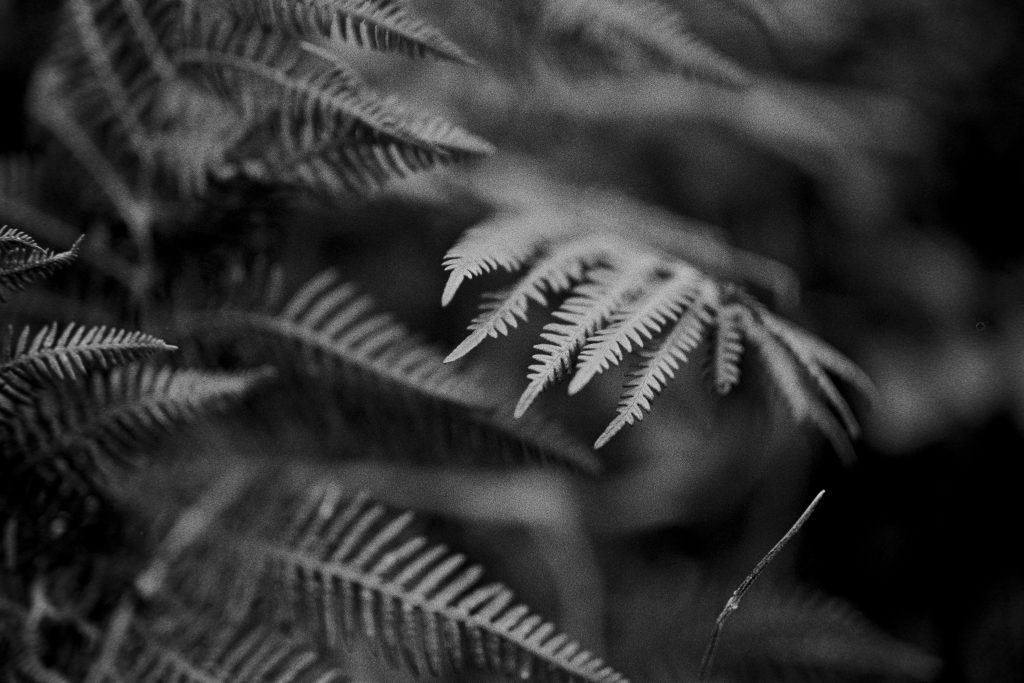
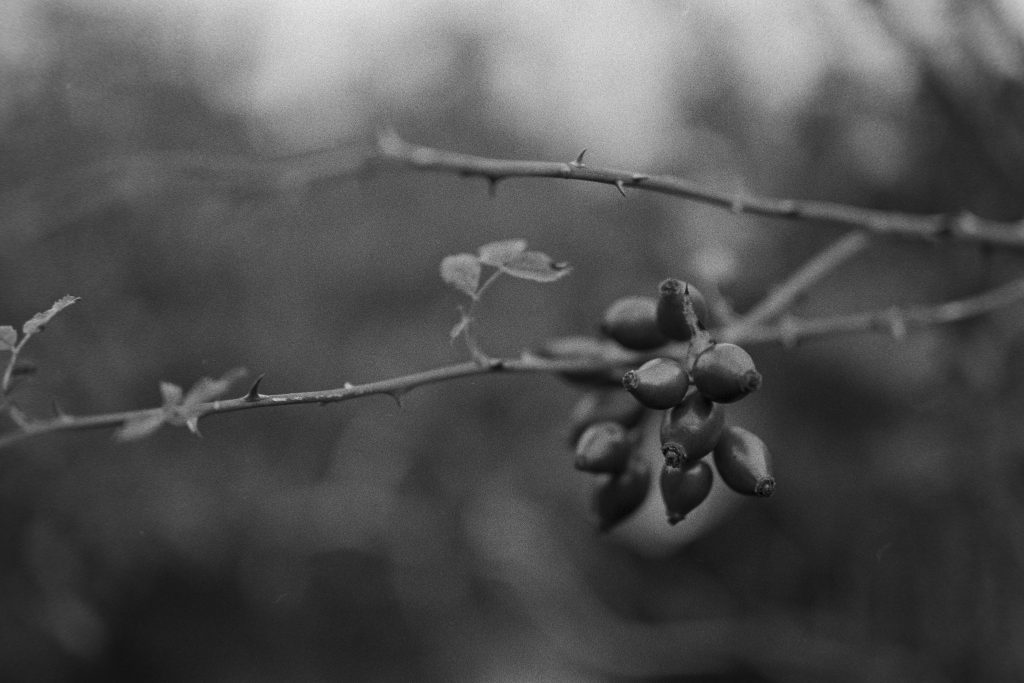
Night Shoot. Kodak TMAX 400, 510 PYRO, Zeiss Milvus 50mm F1.4
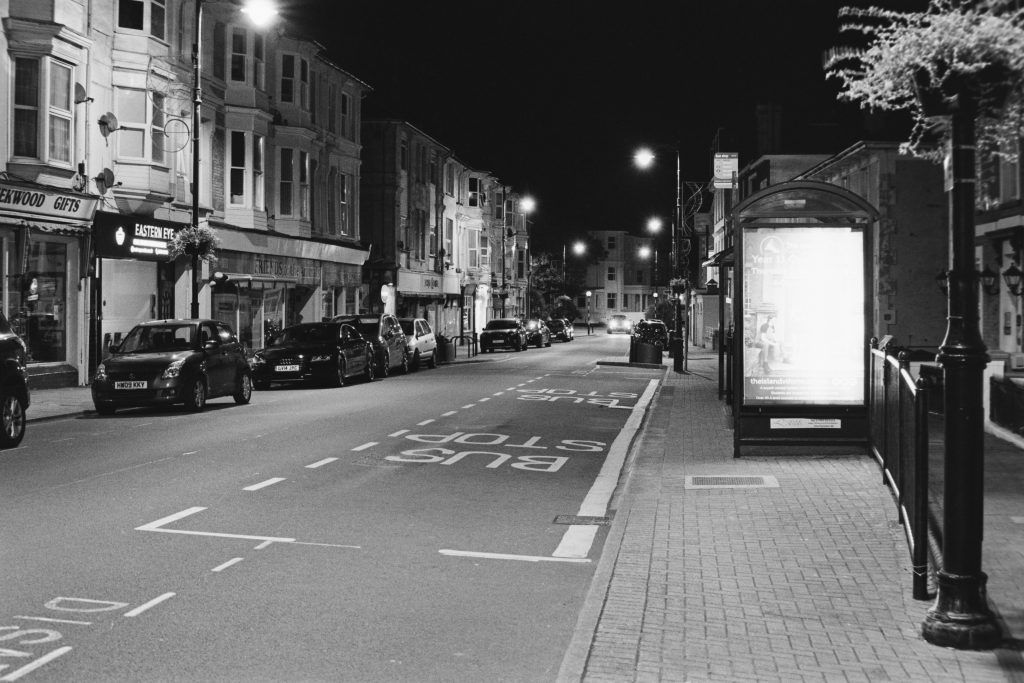
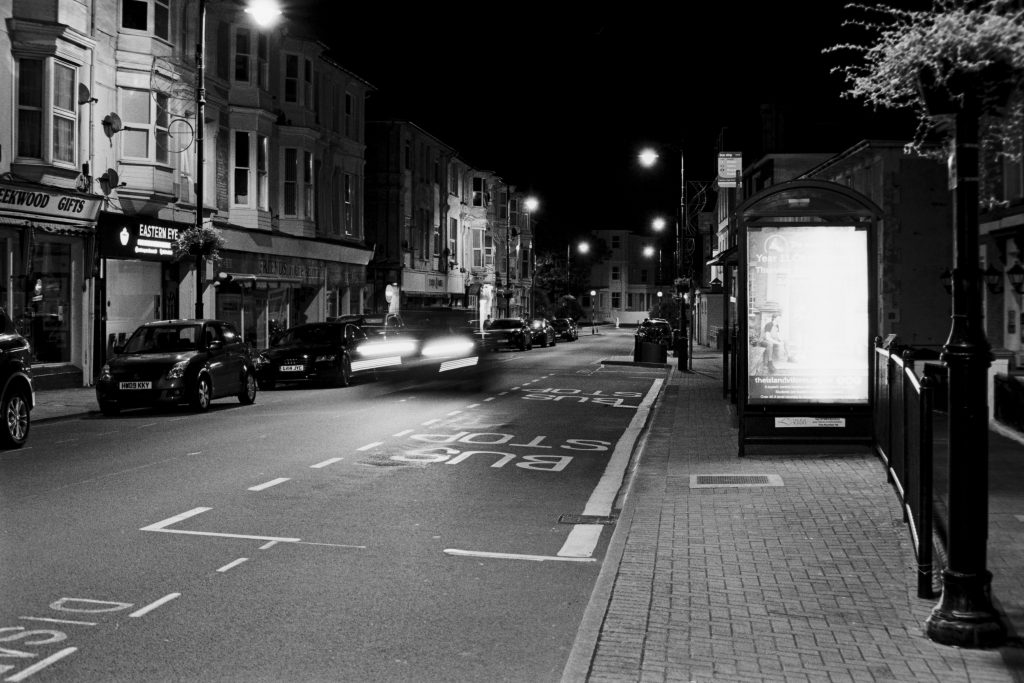
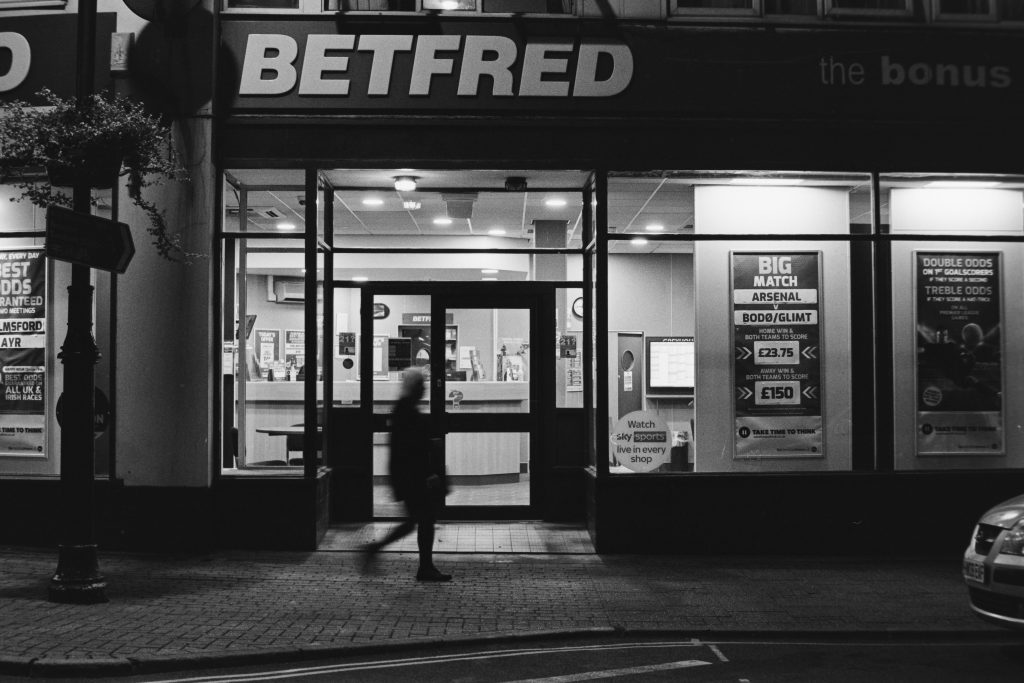
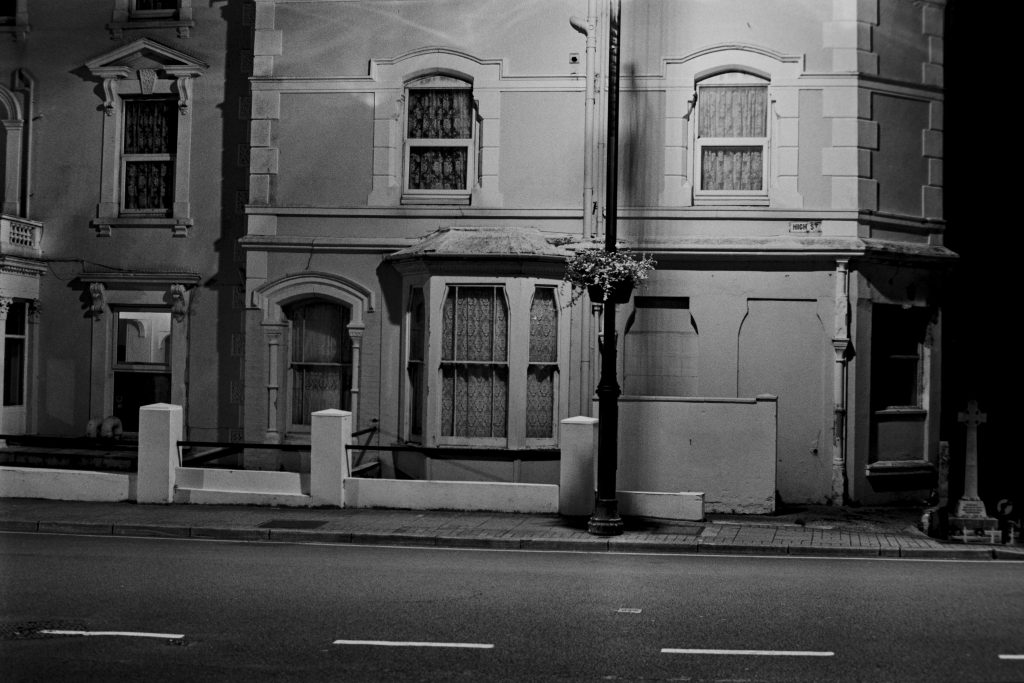
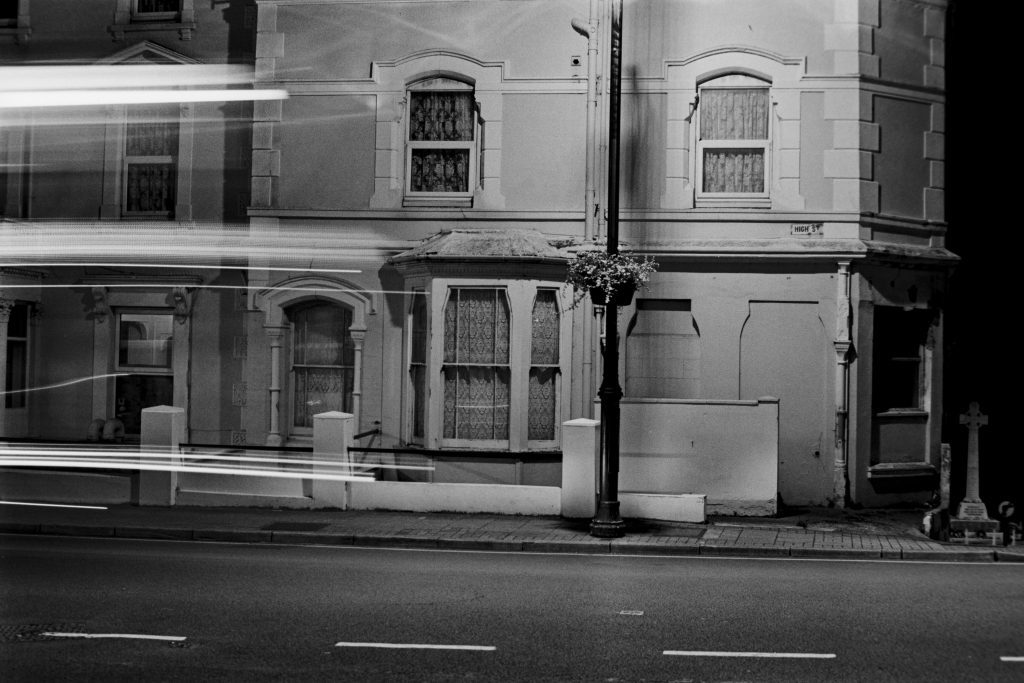
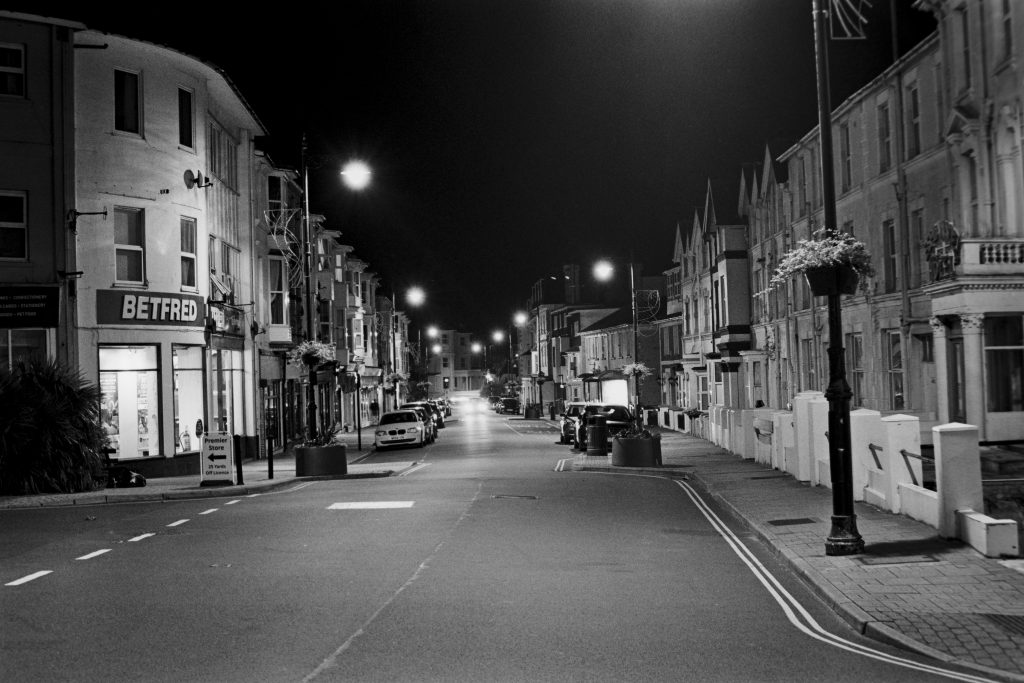
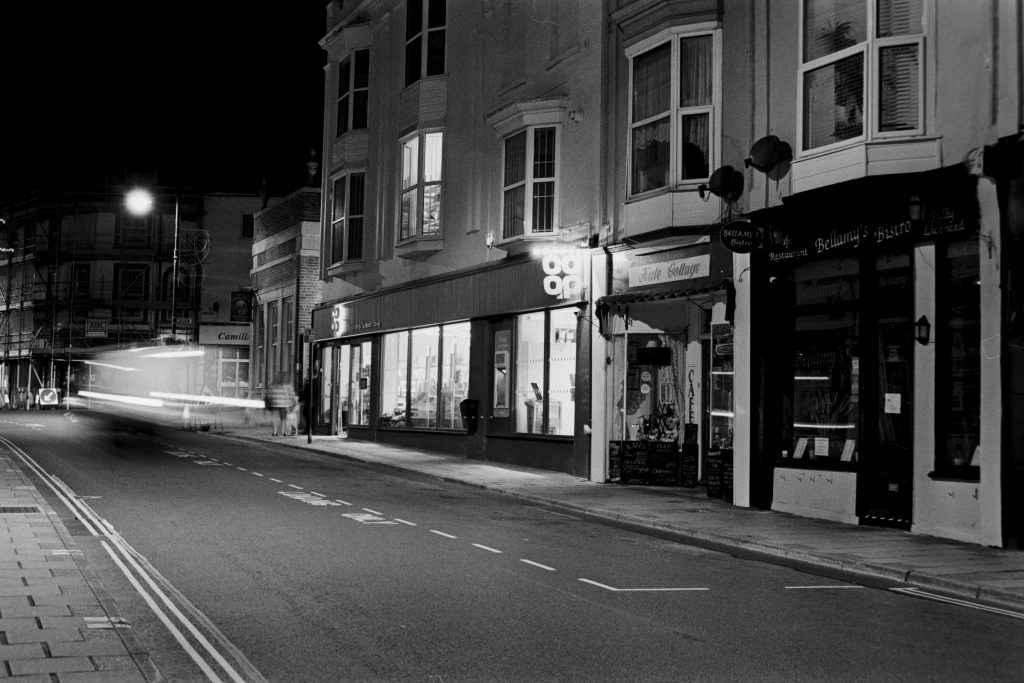
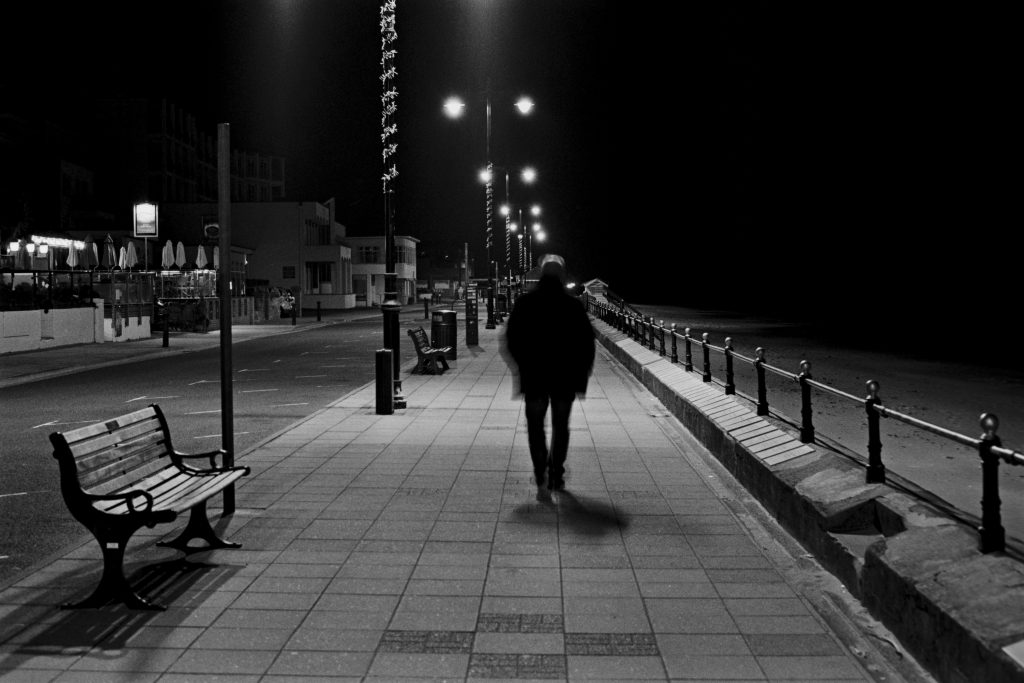
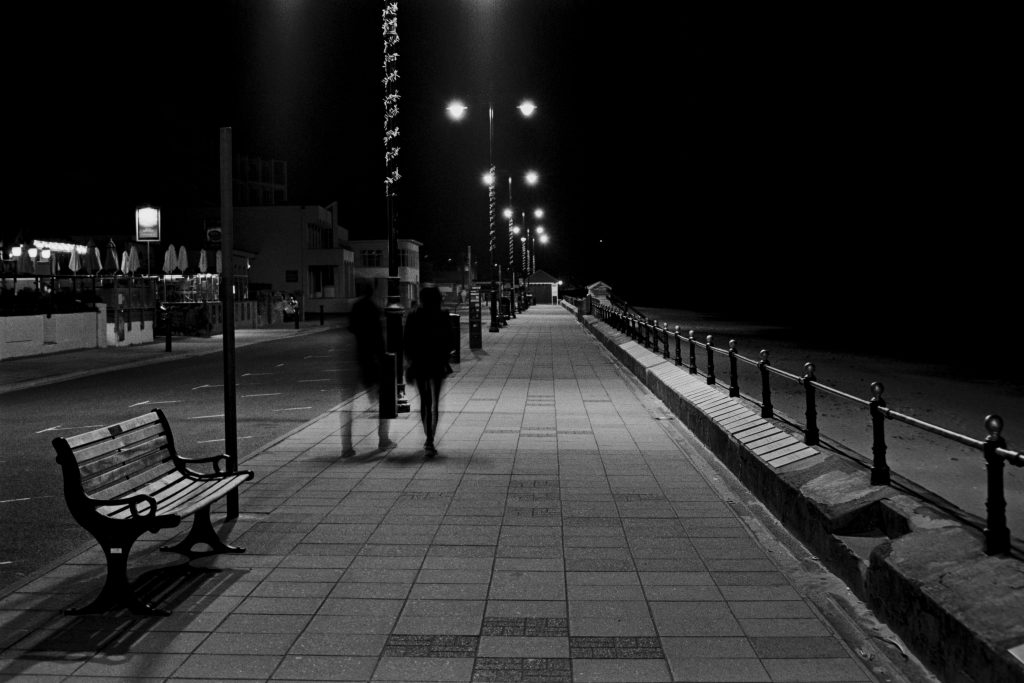
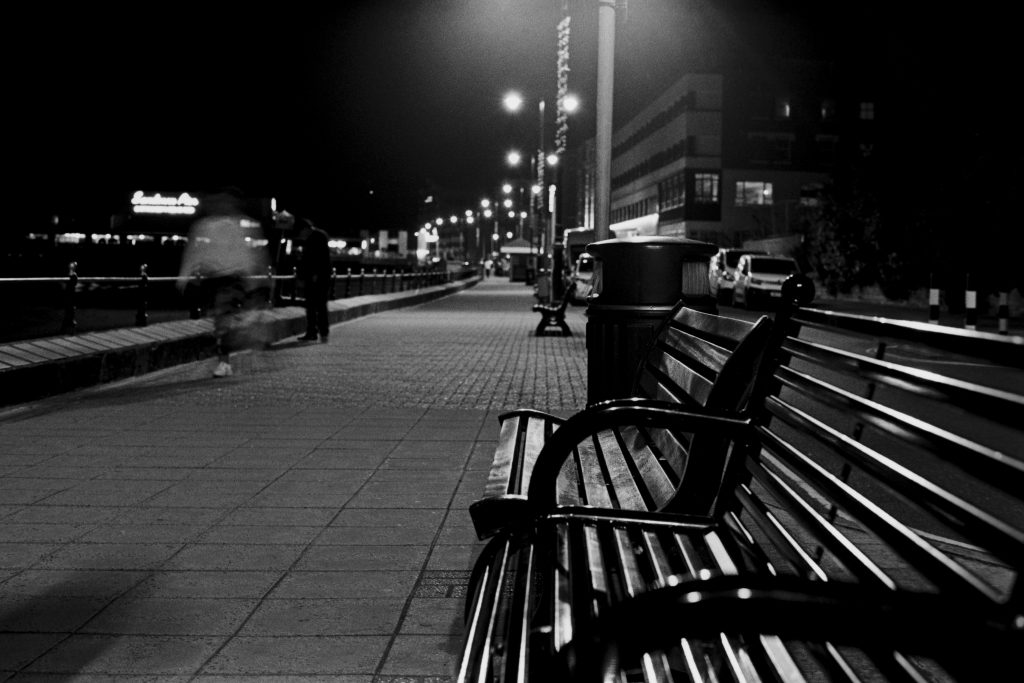
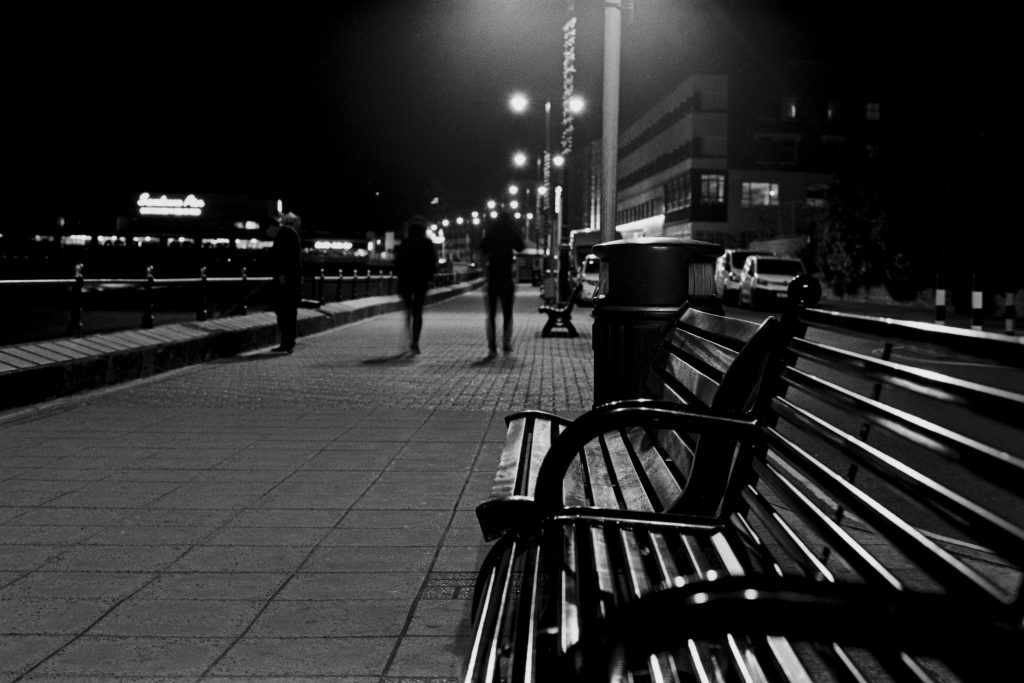
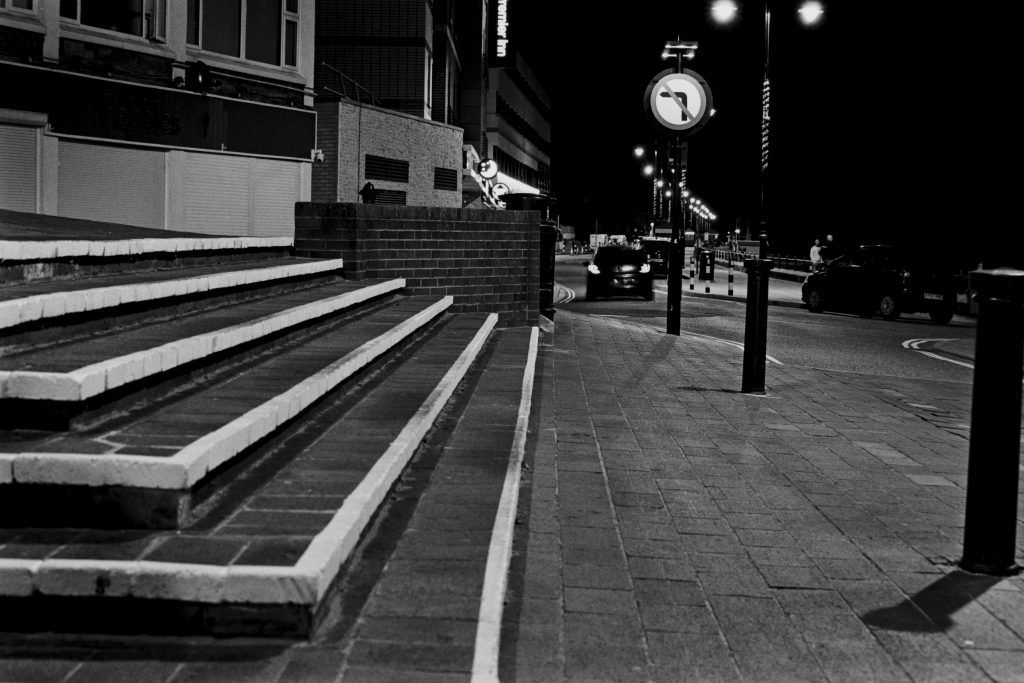
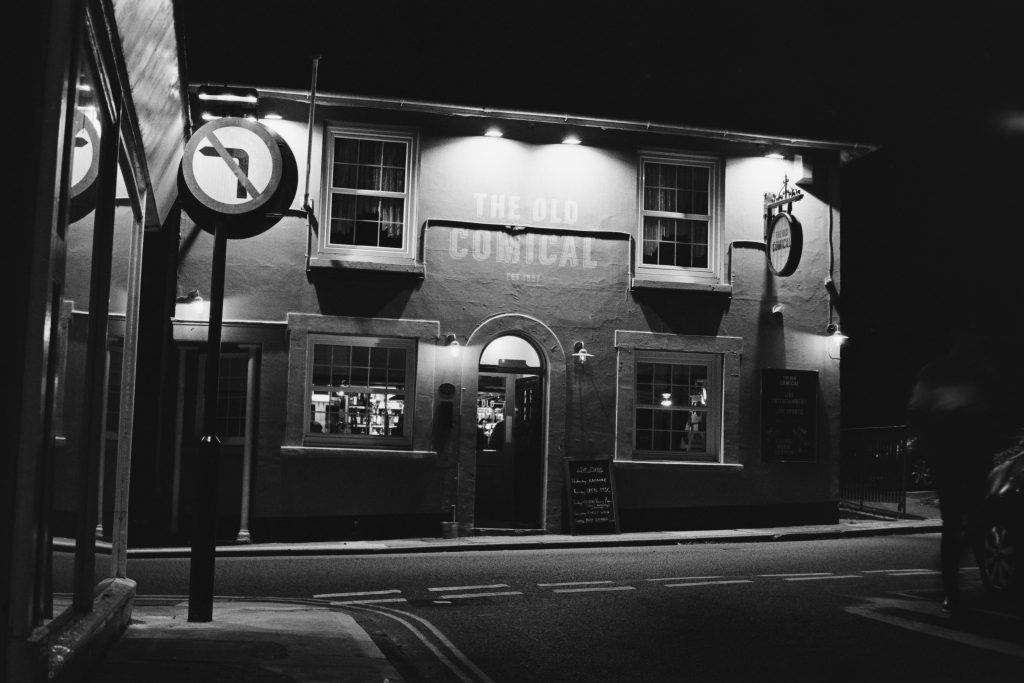
Isle of Wight Festival 2022
What a blast I had at the festival shooting Film. Here are the photographs I took.
I used a mix of Kodak Tri-x 400, Kodak TMAX 400, ORWO UN54, ADOX Colour Mission, Fuji Pro 400H, Kodak Portrait 400 and Kodak 200.
Watch the video on YOUTUBE
Day 1 (Trix 400)
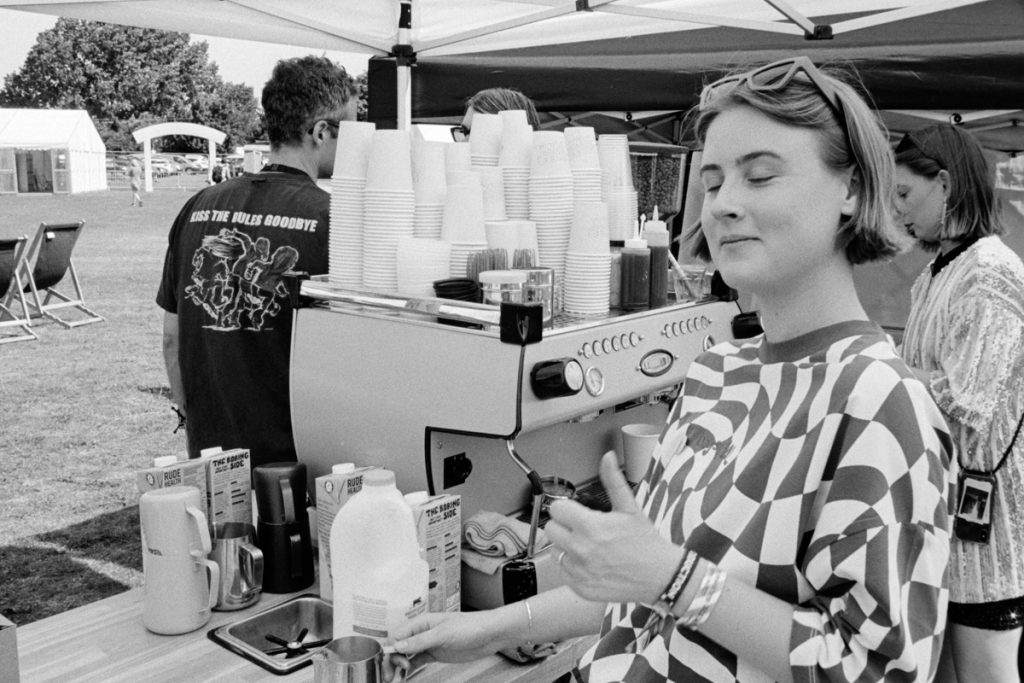
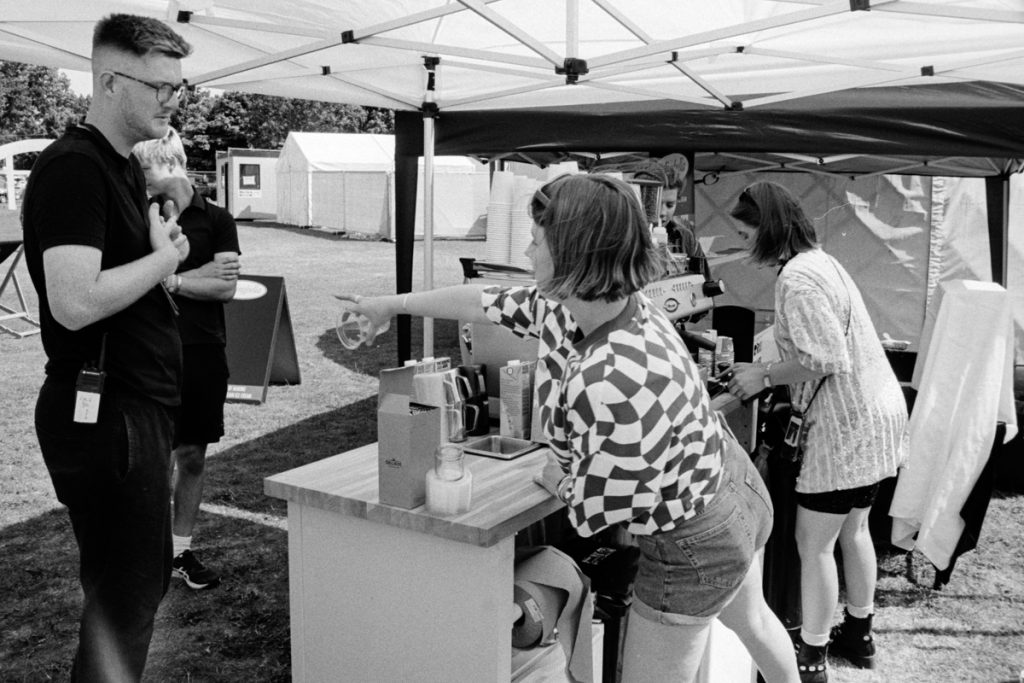
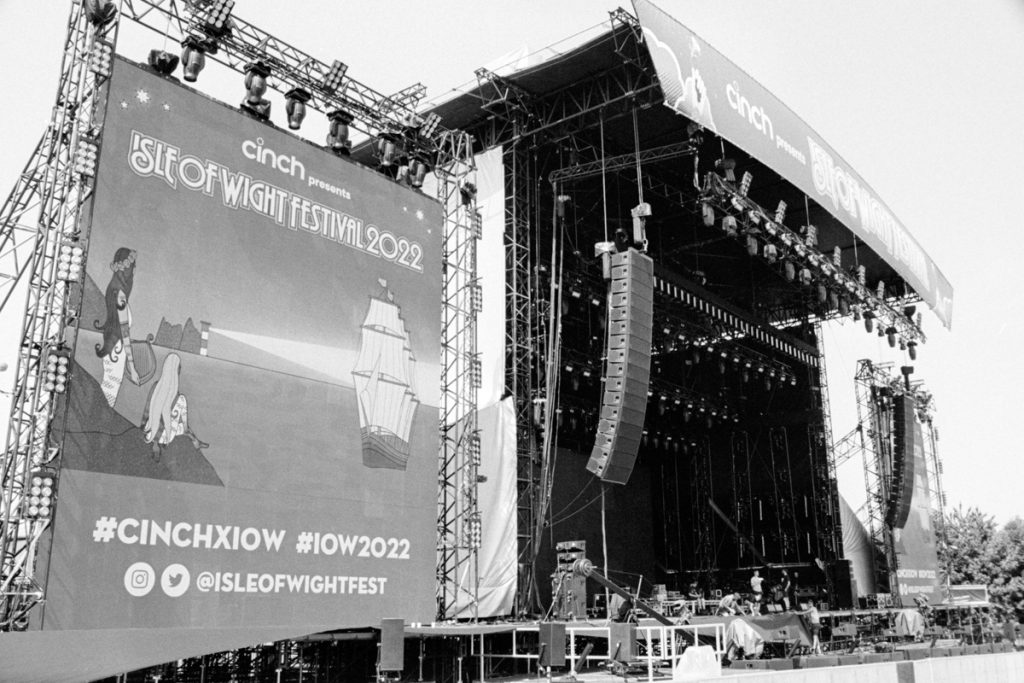
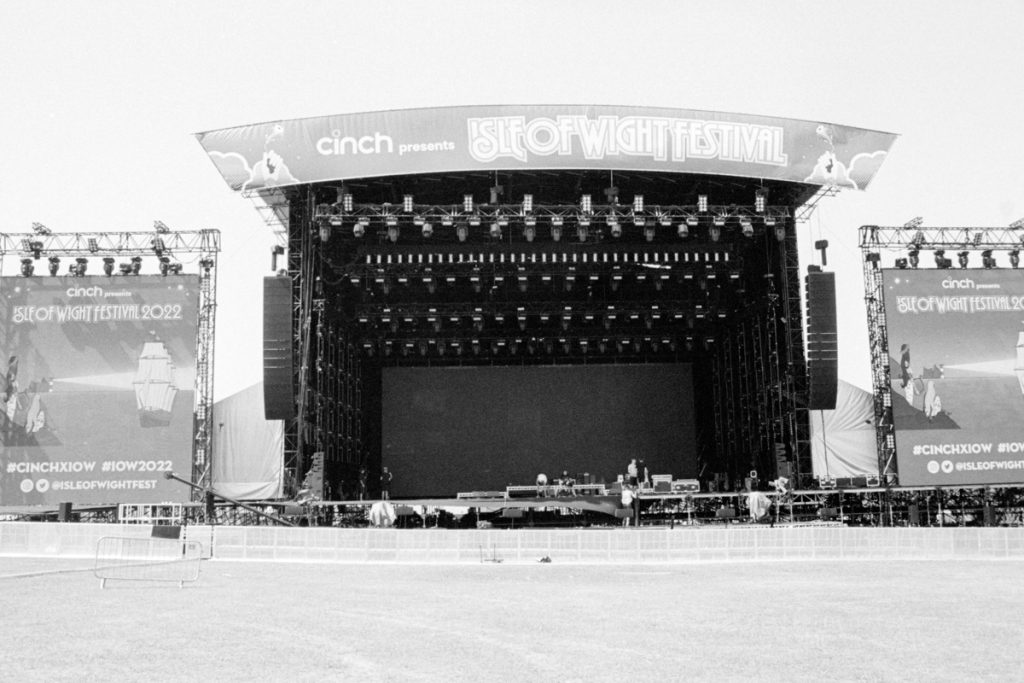
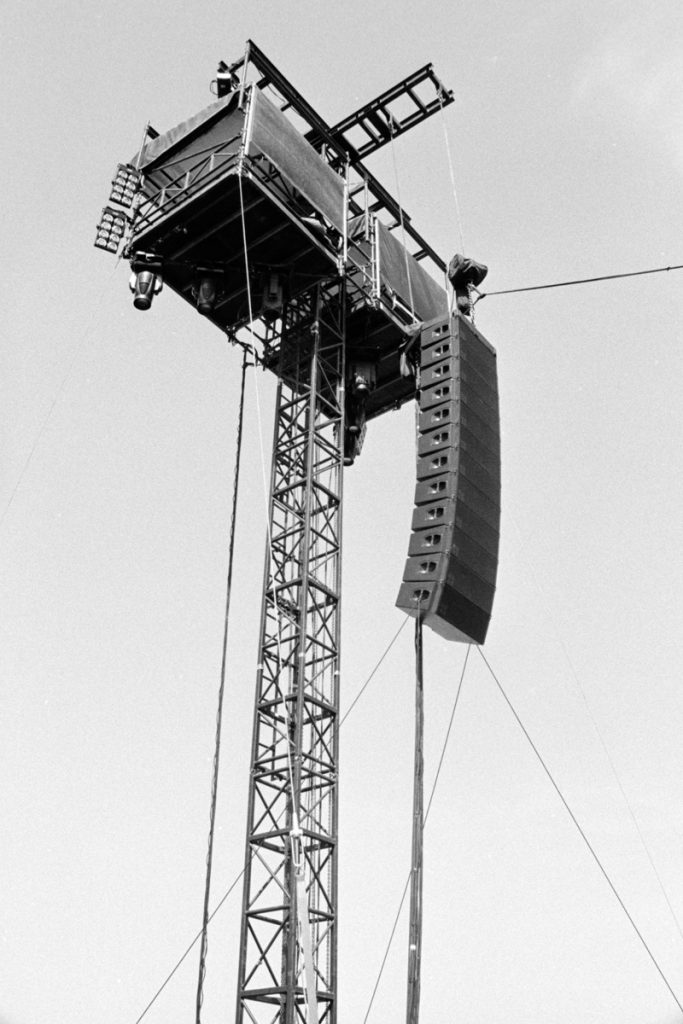
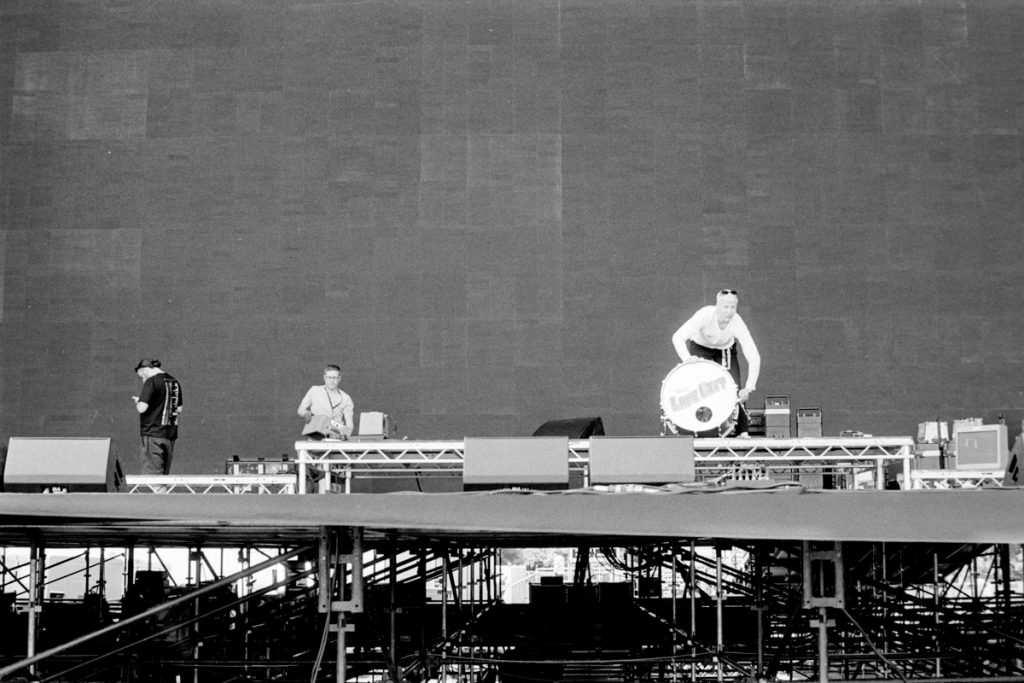
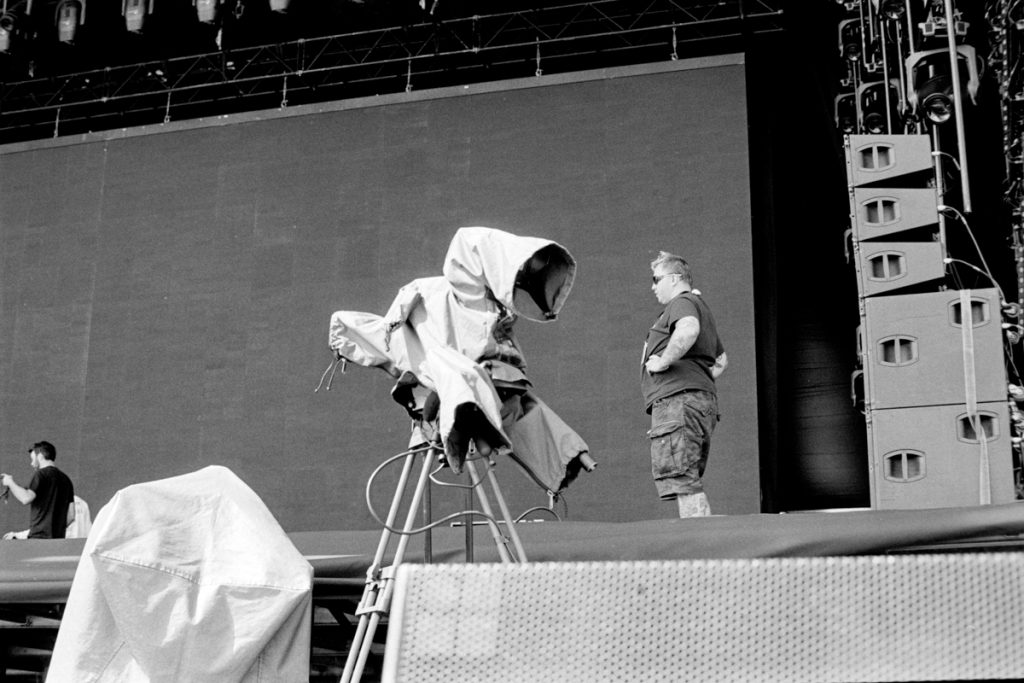
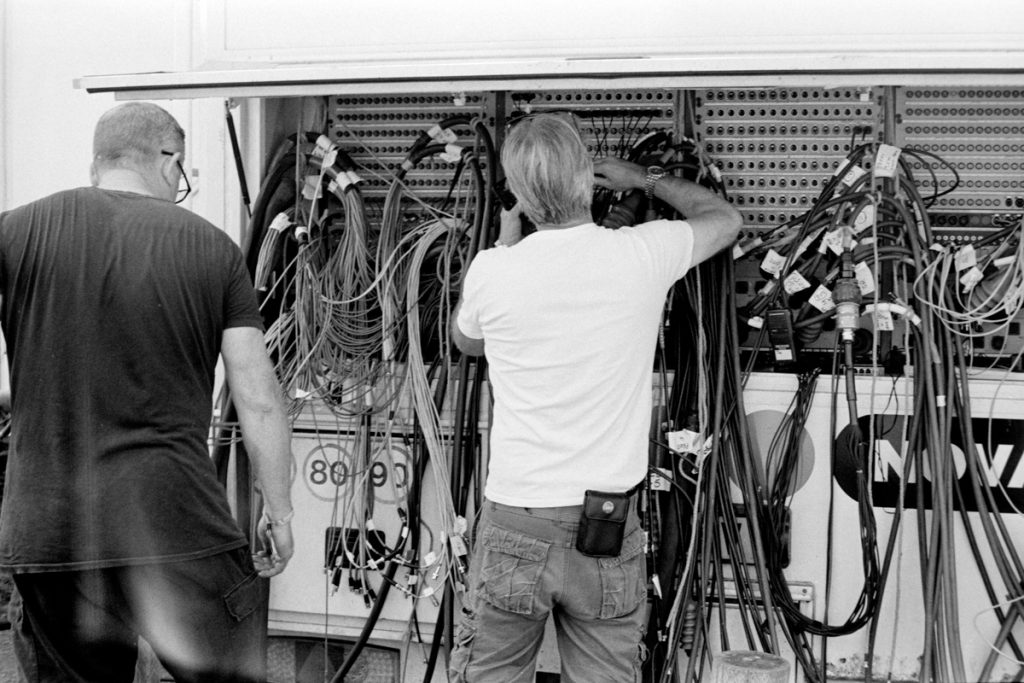
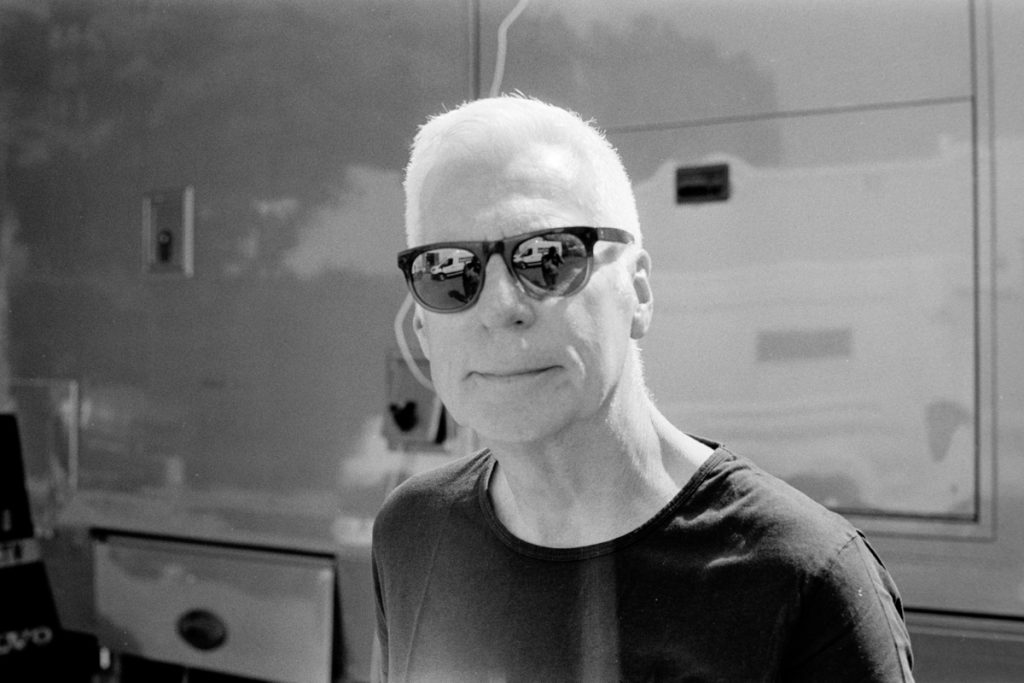
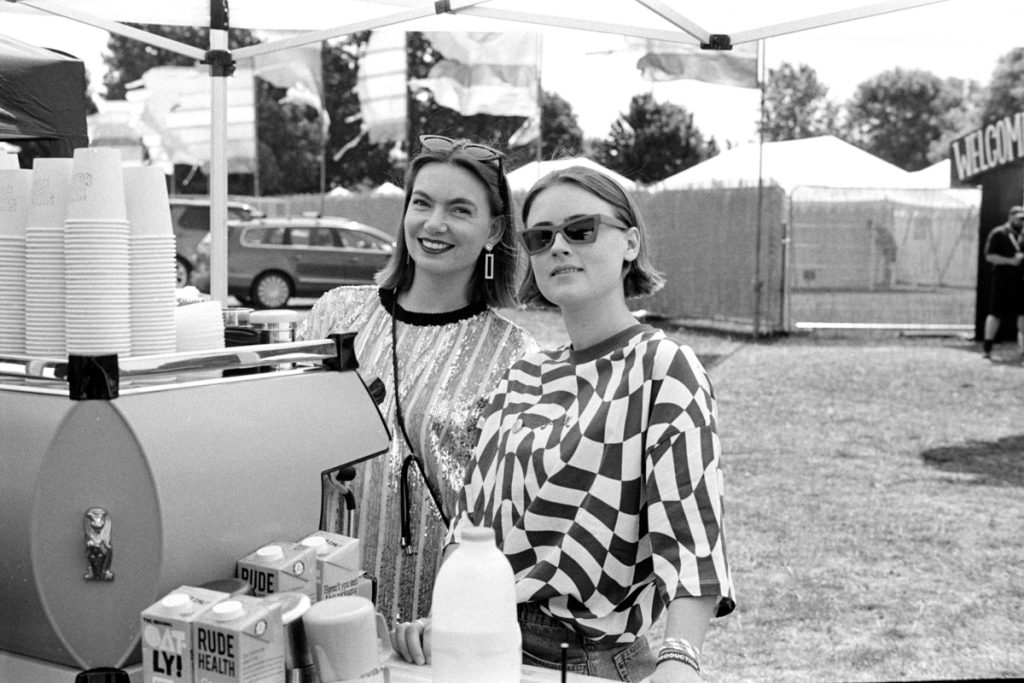
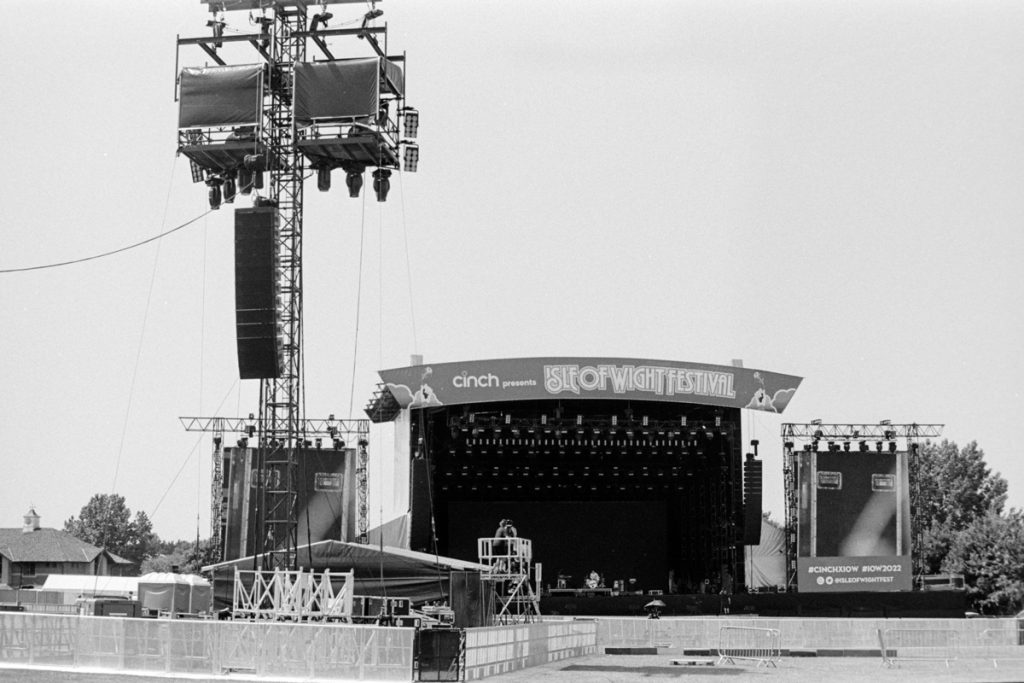
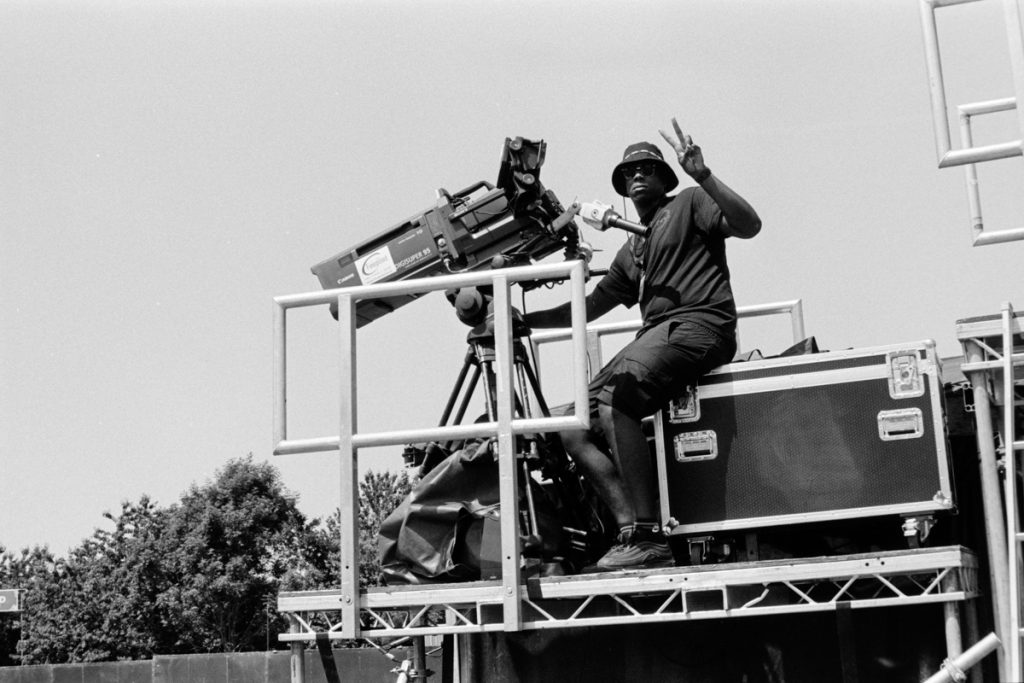
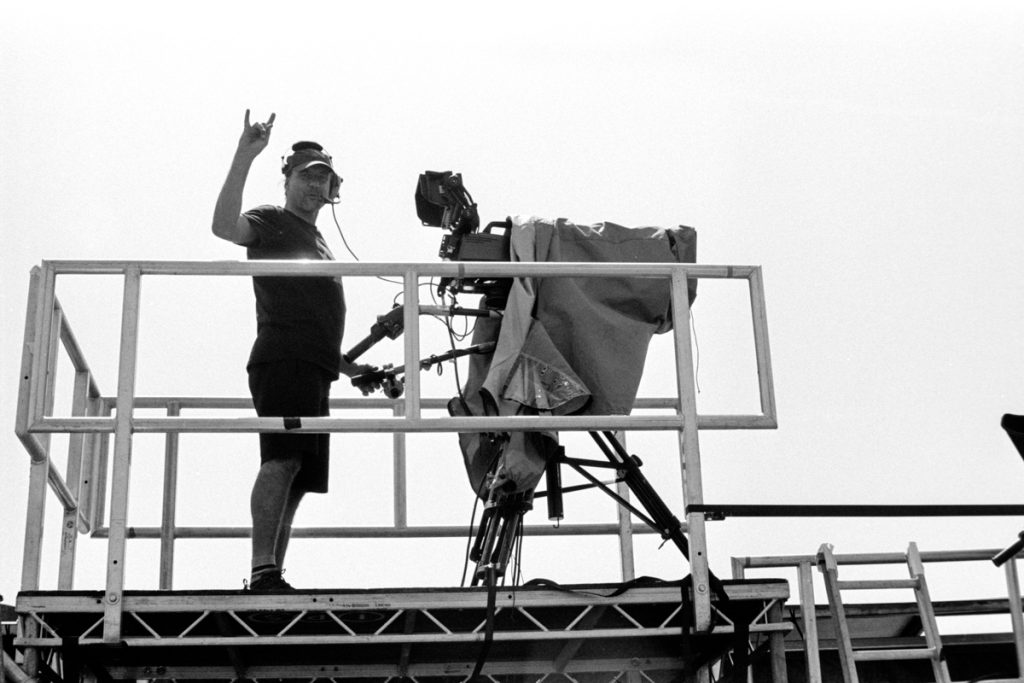
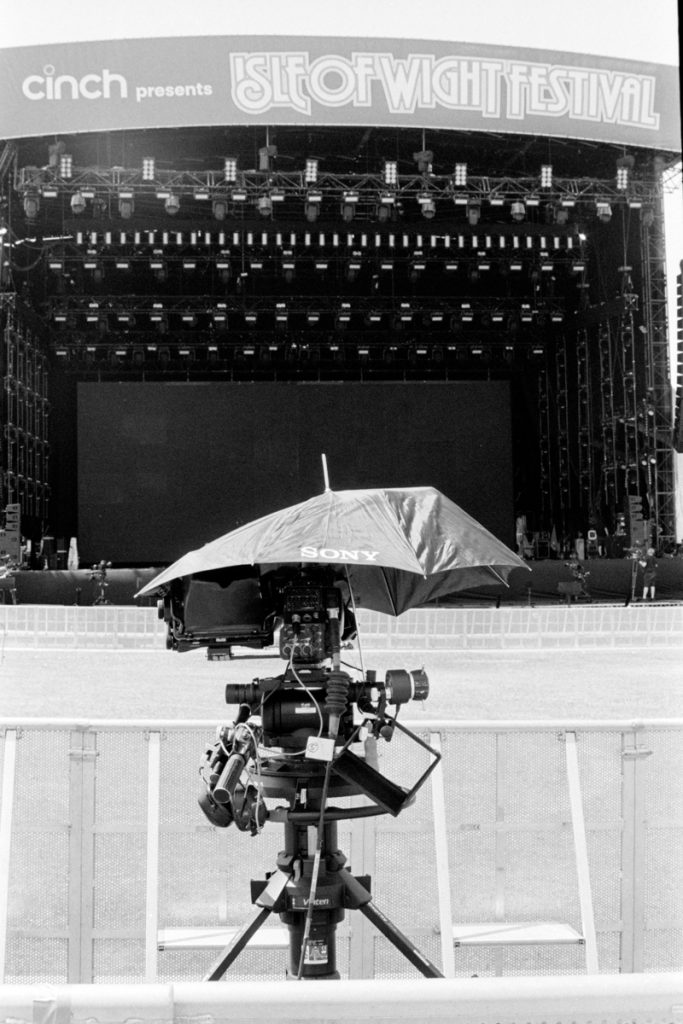
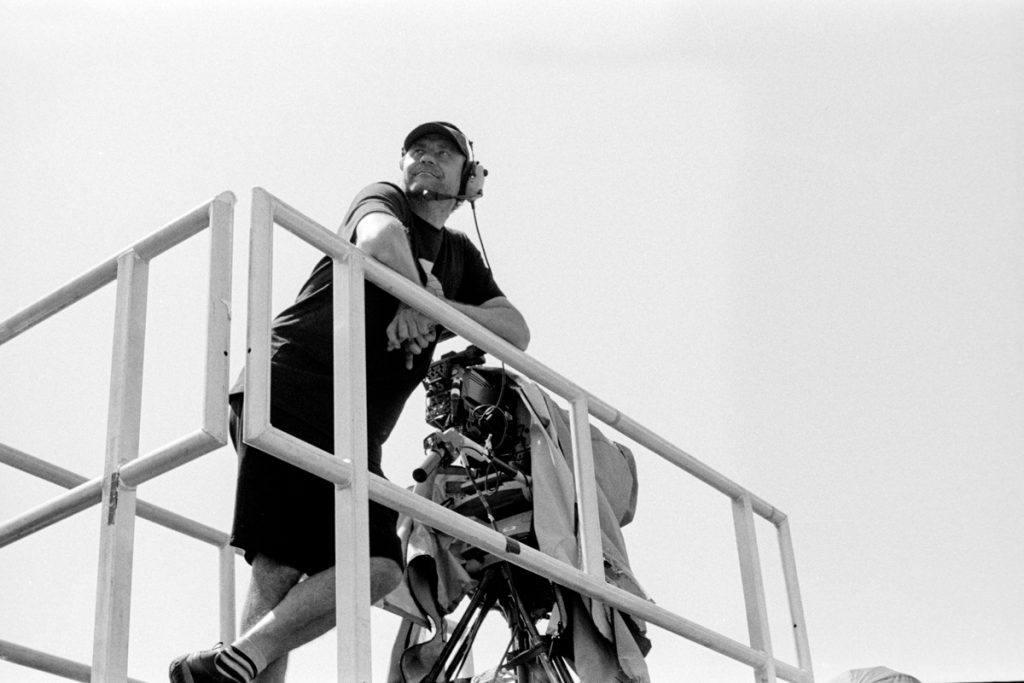
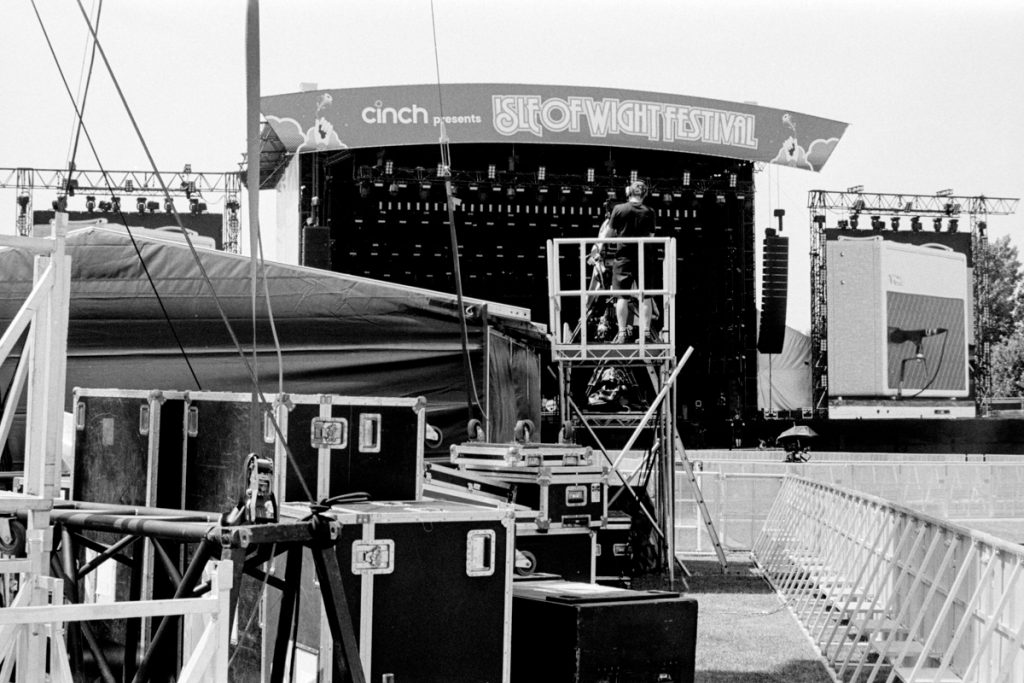
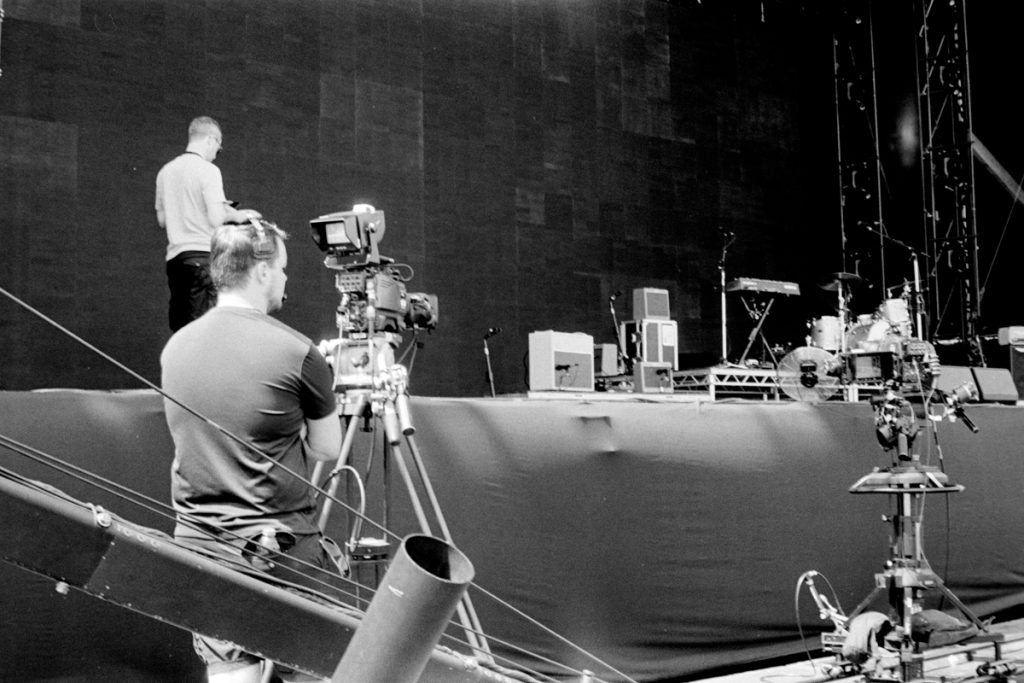
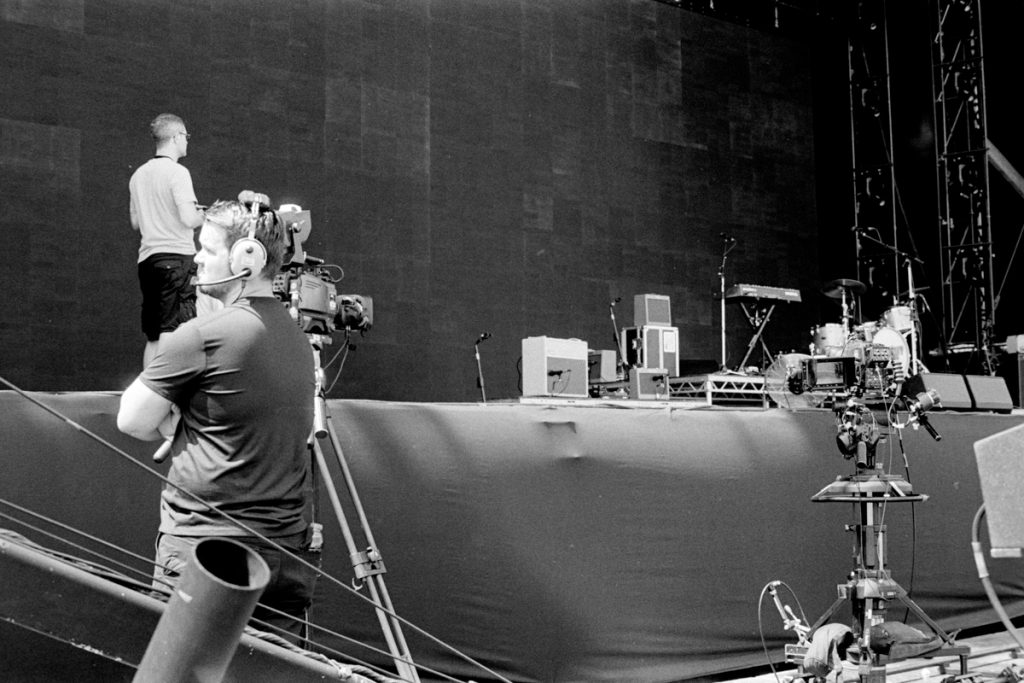
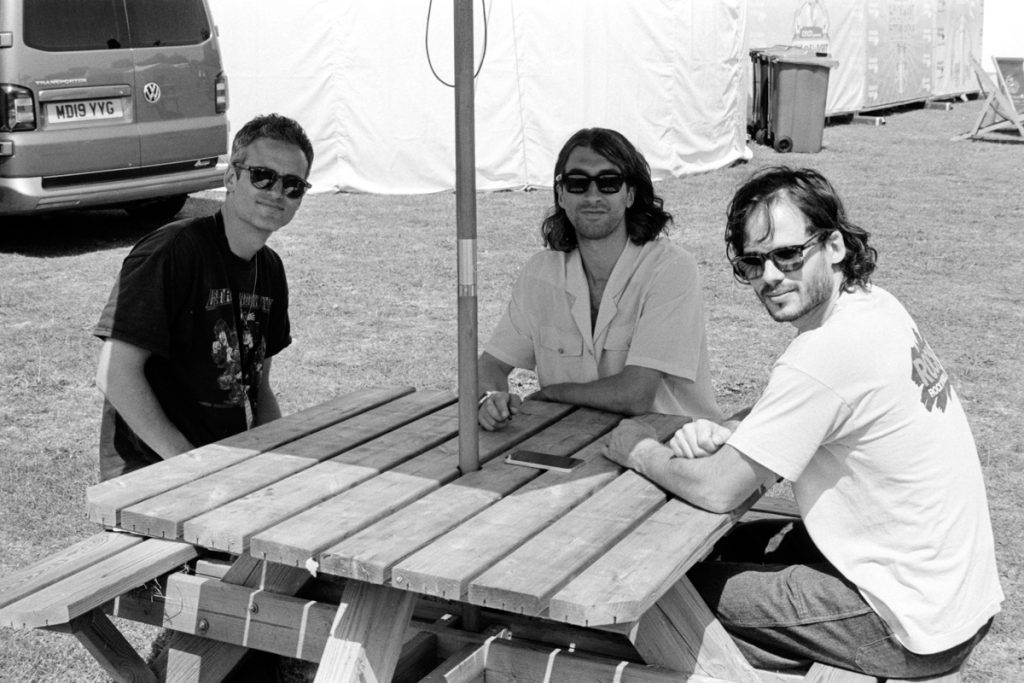
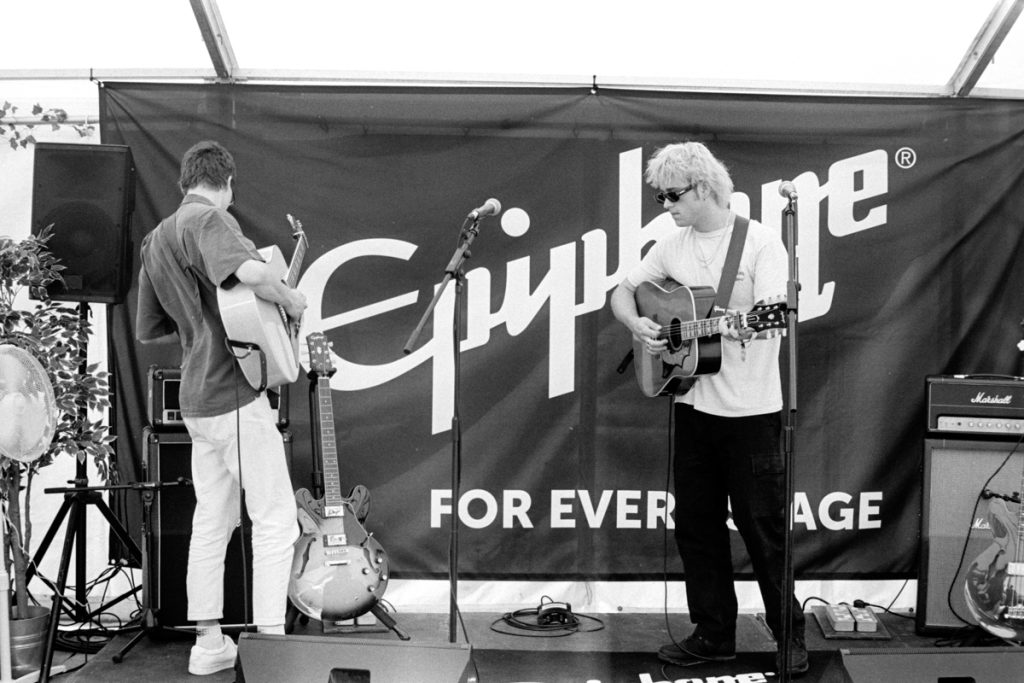
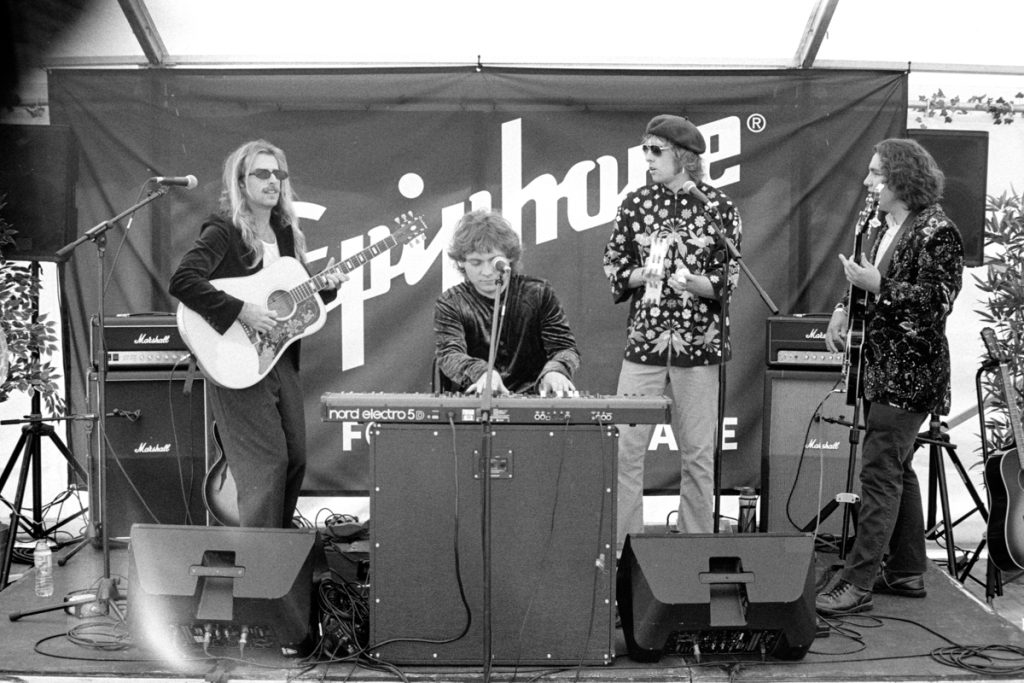
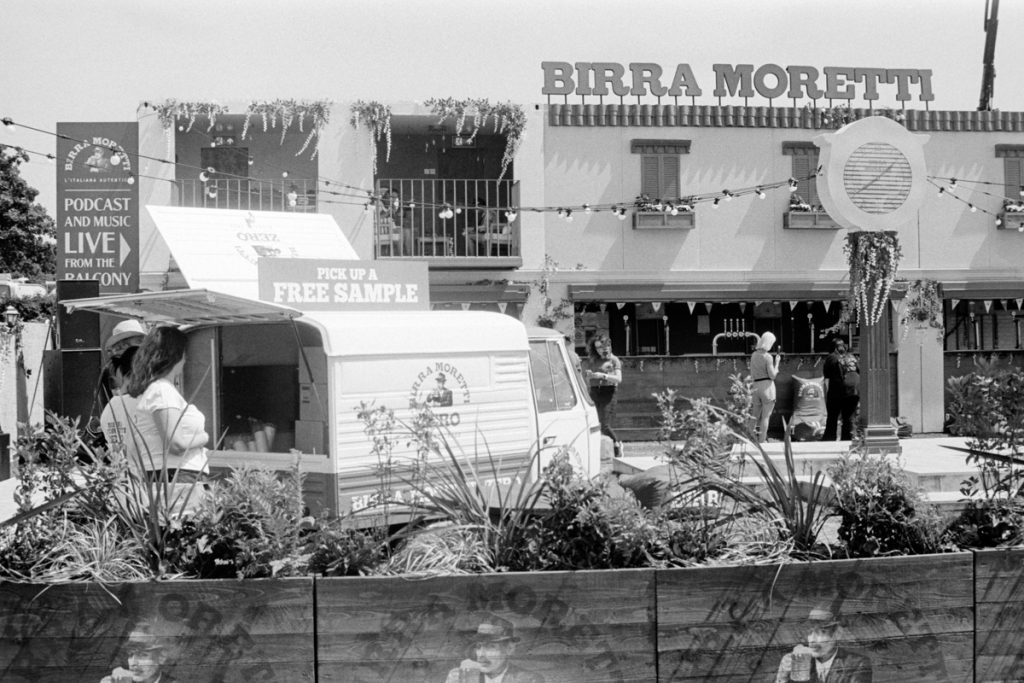
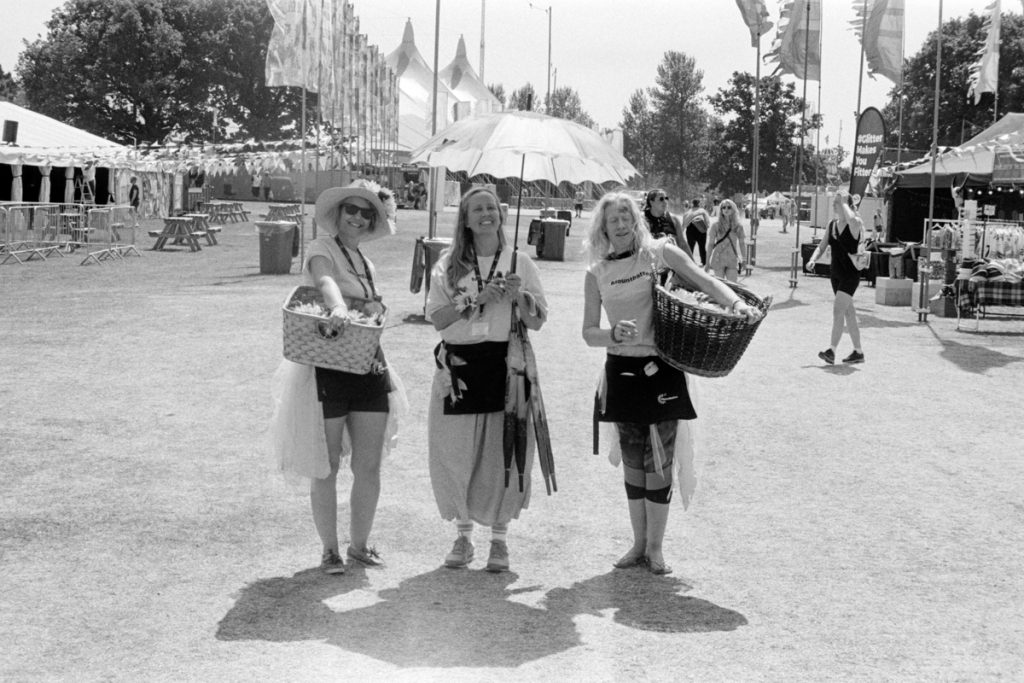
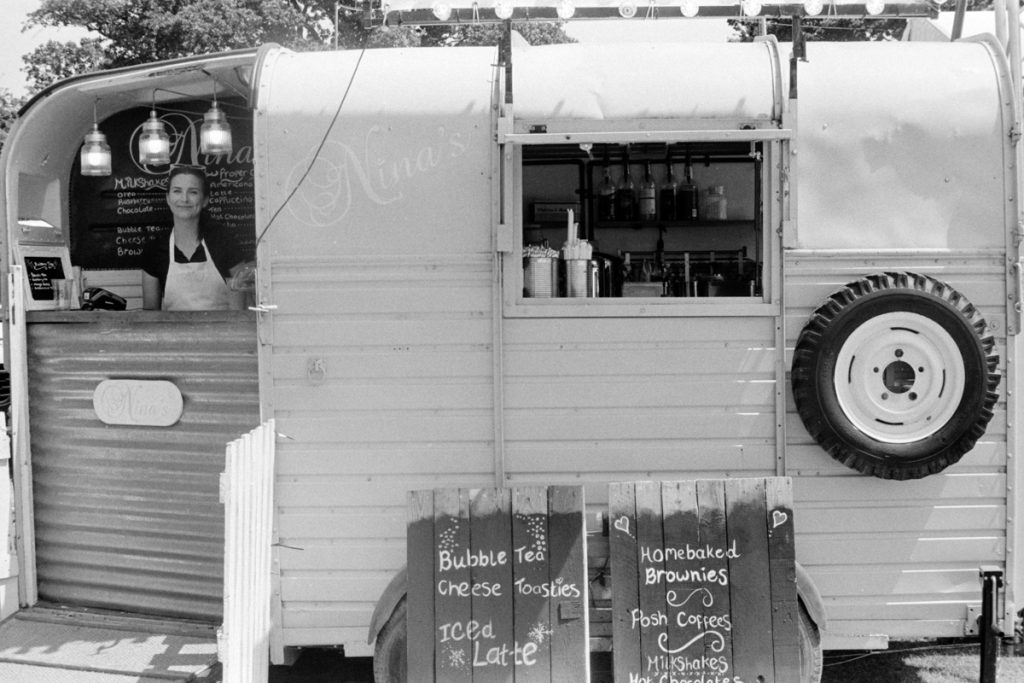
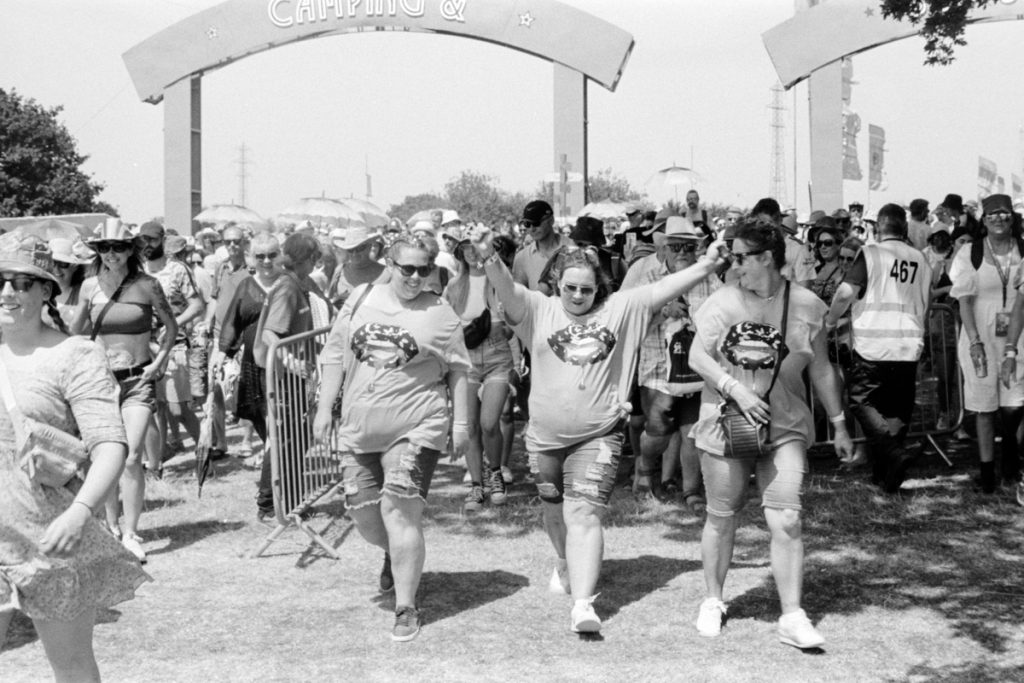
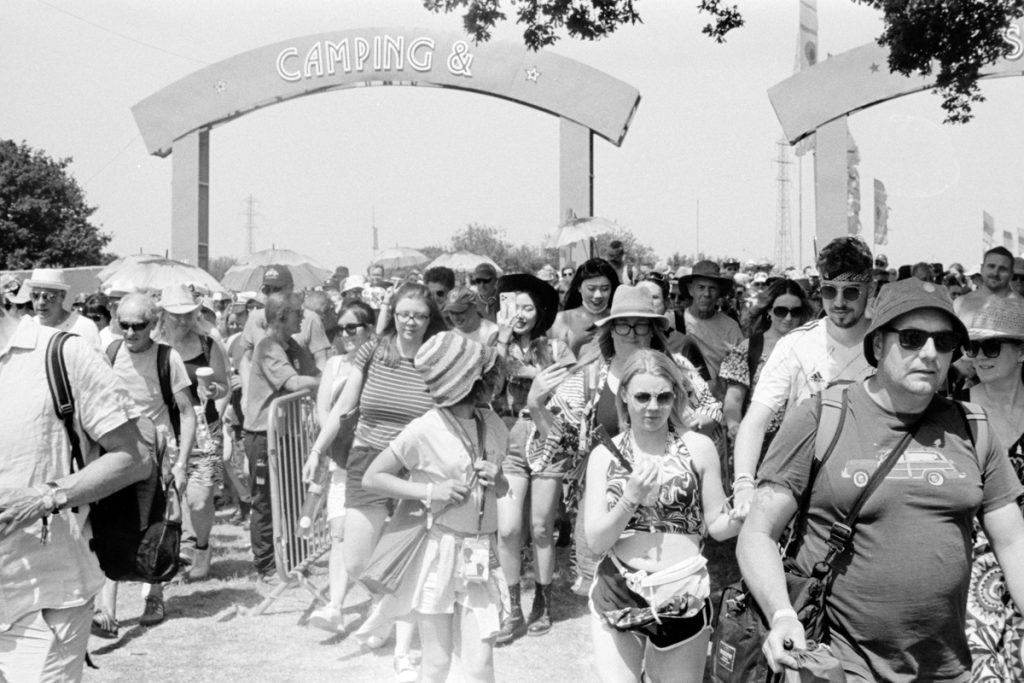
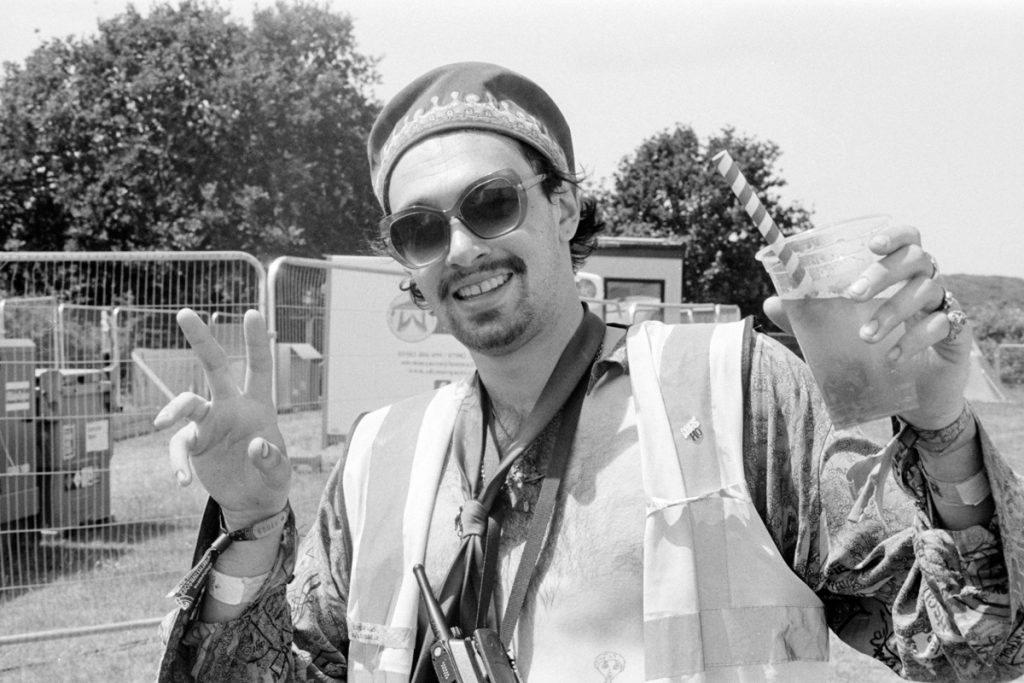
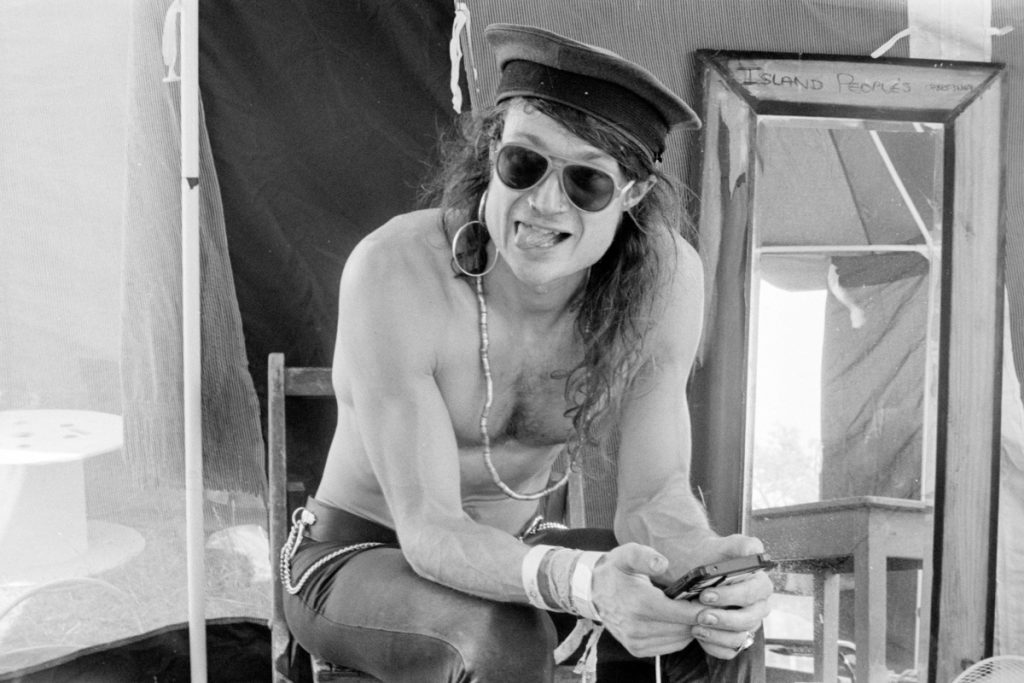
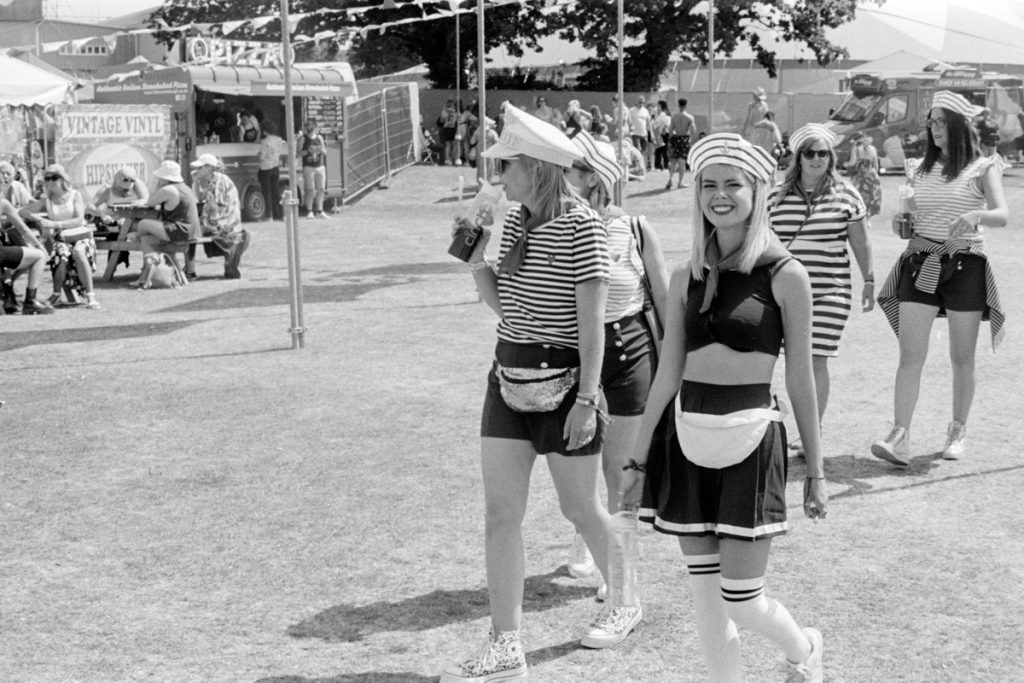
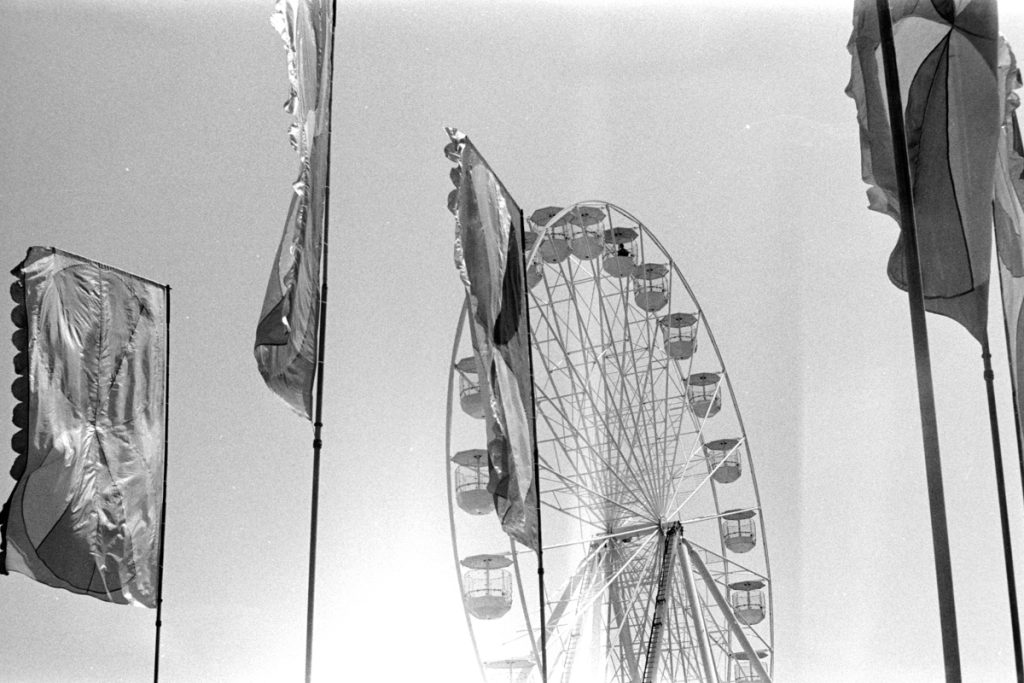
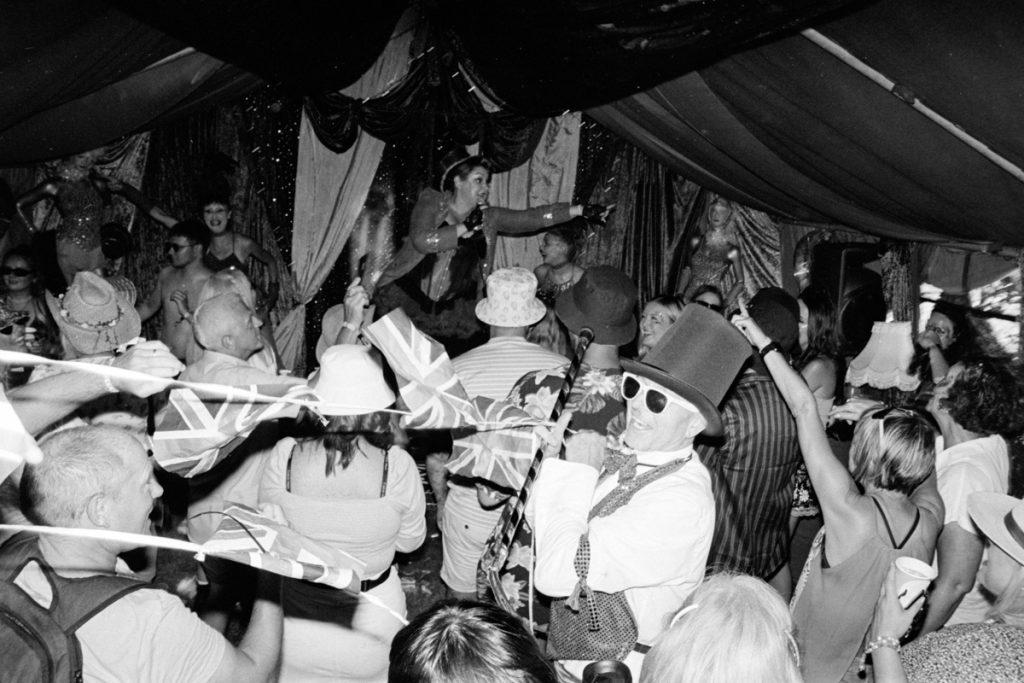
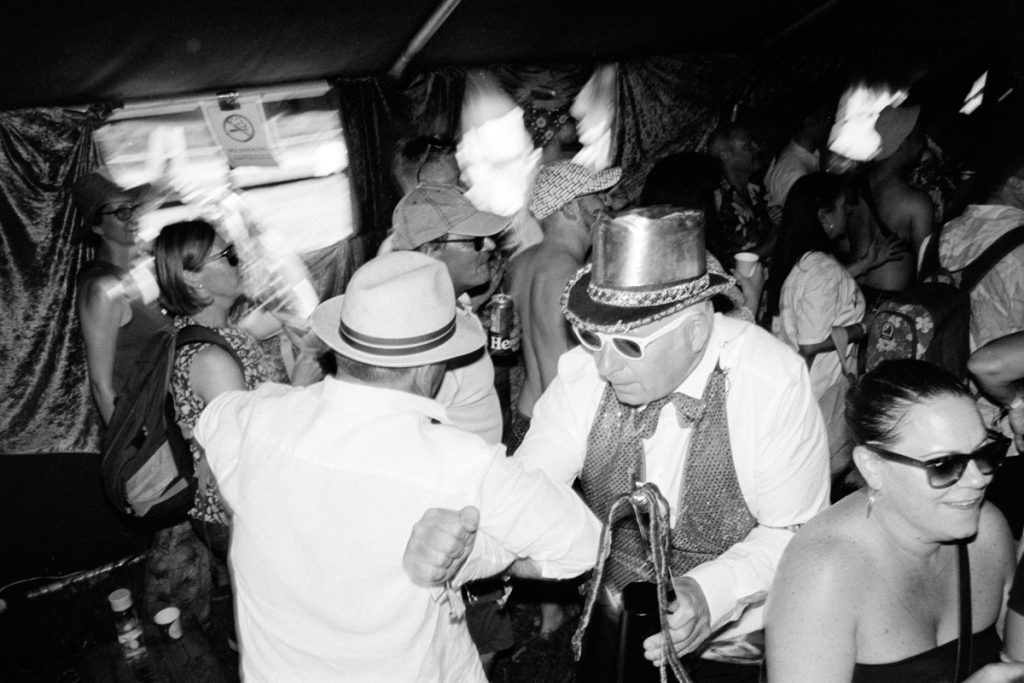
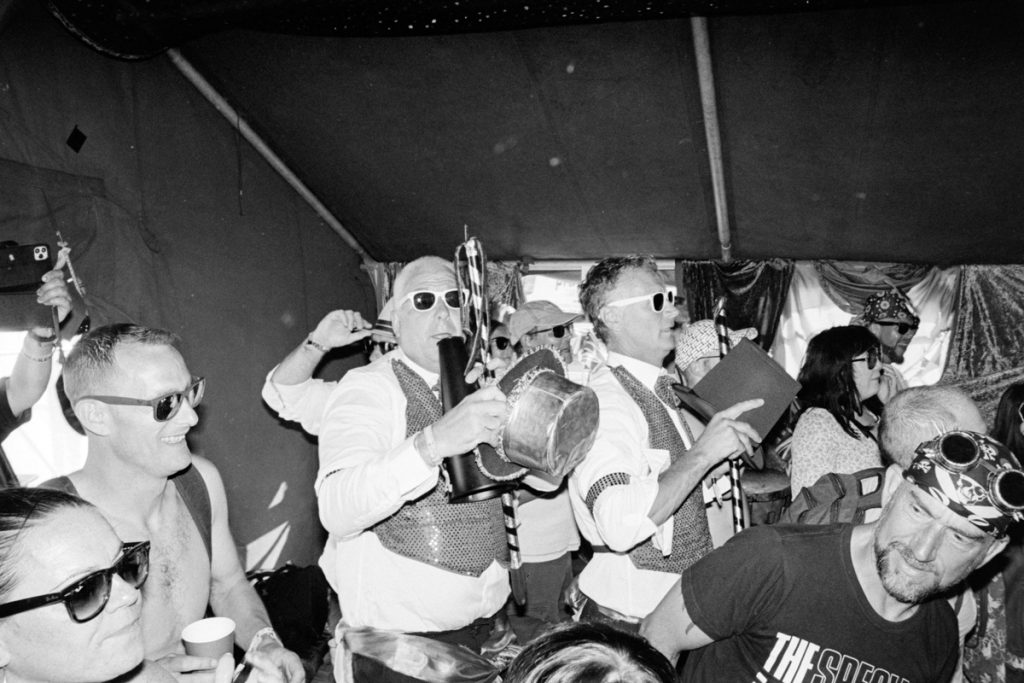
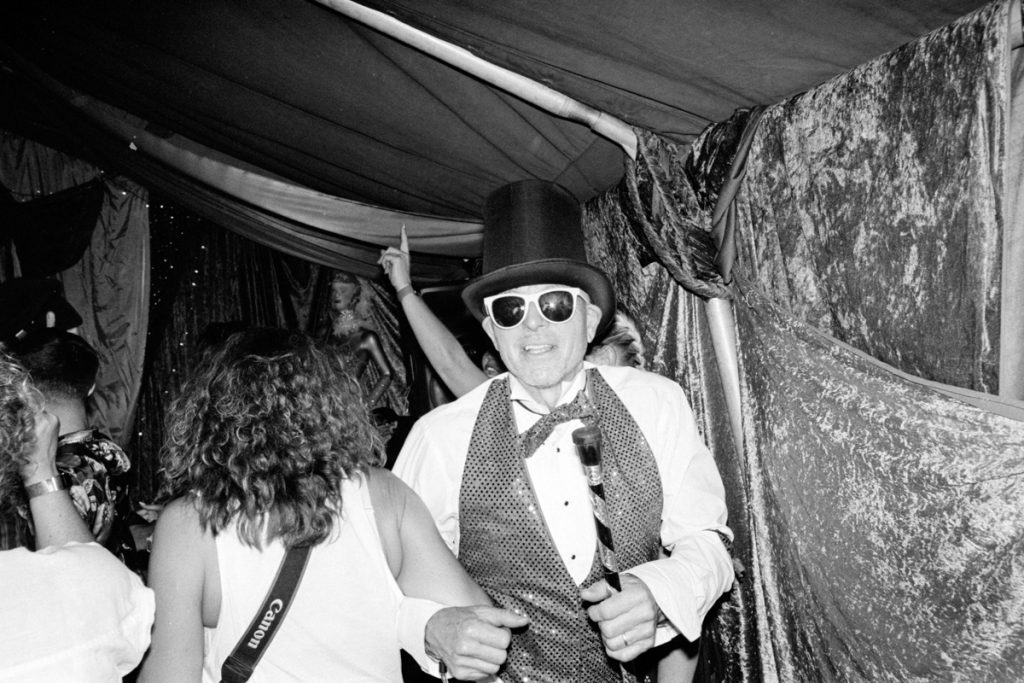
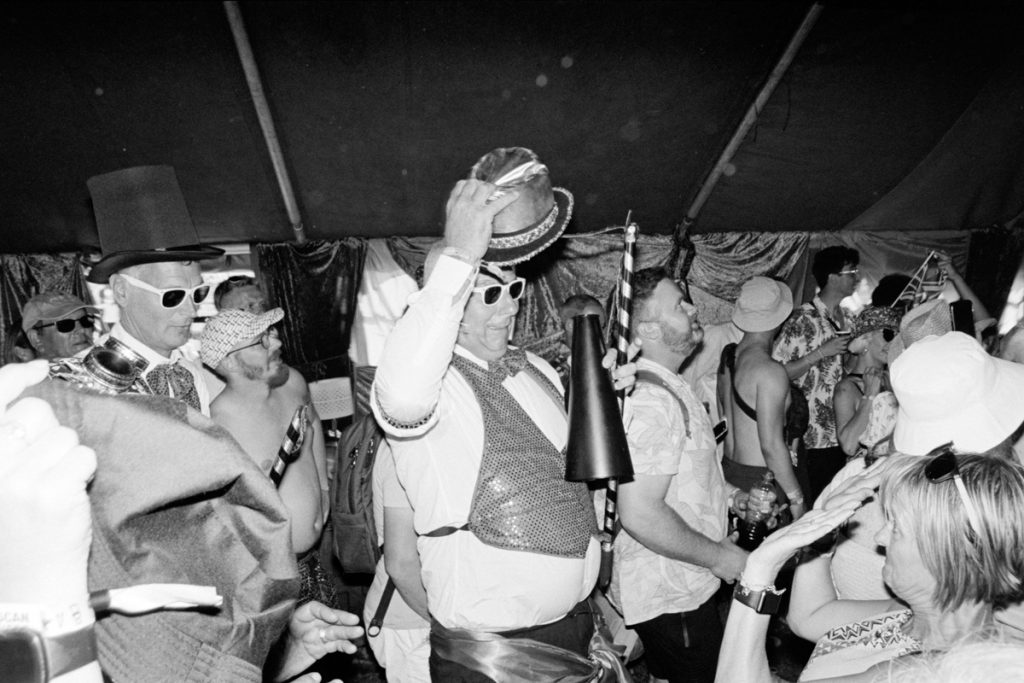
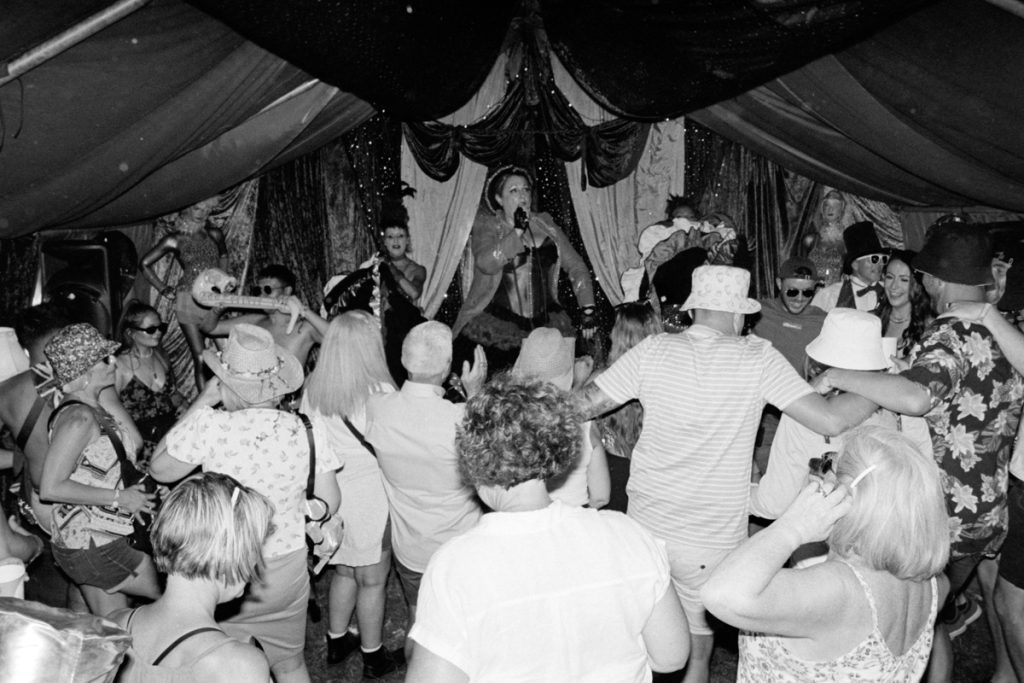
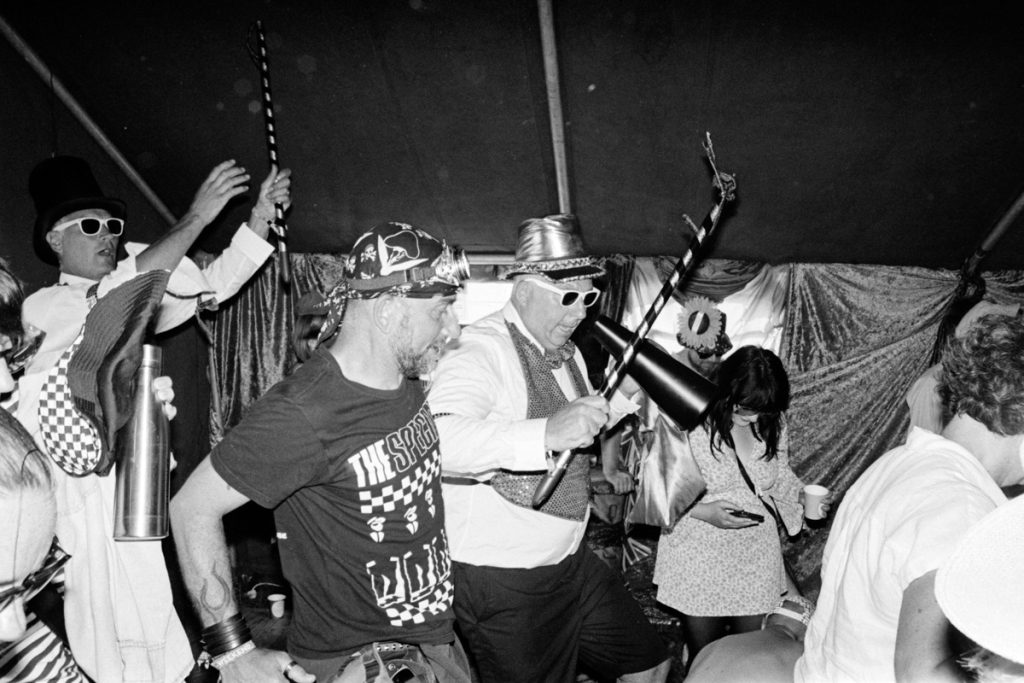
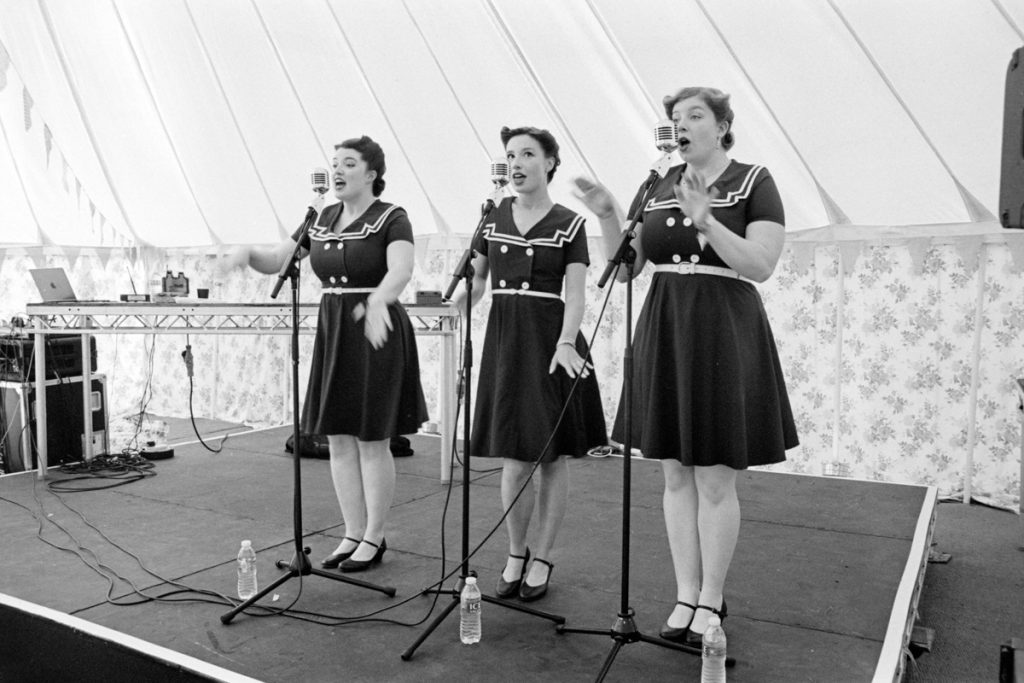
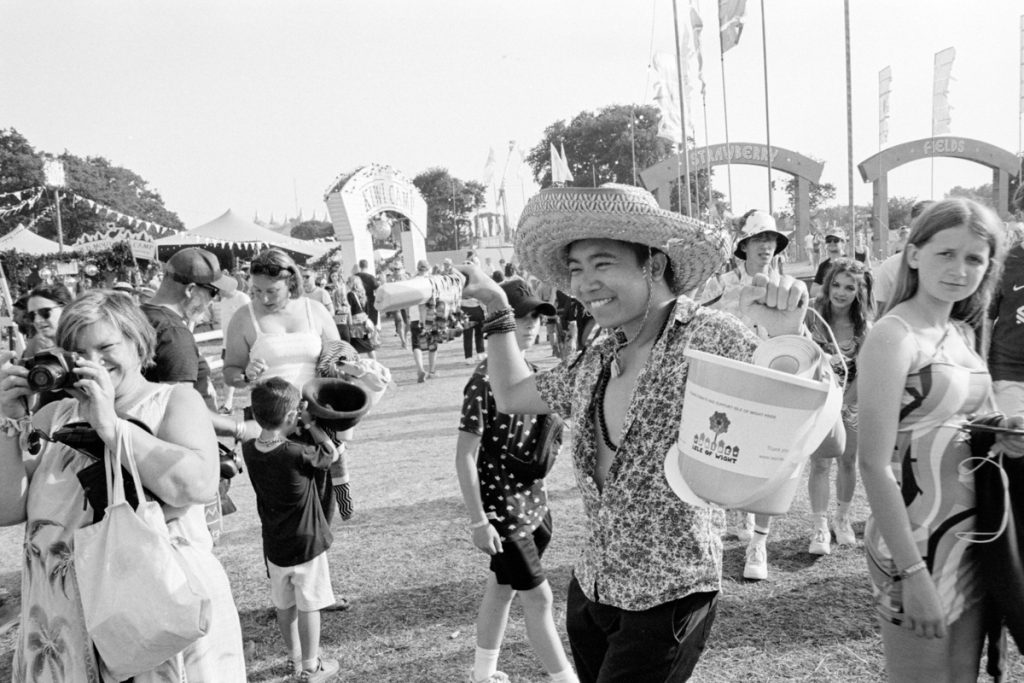
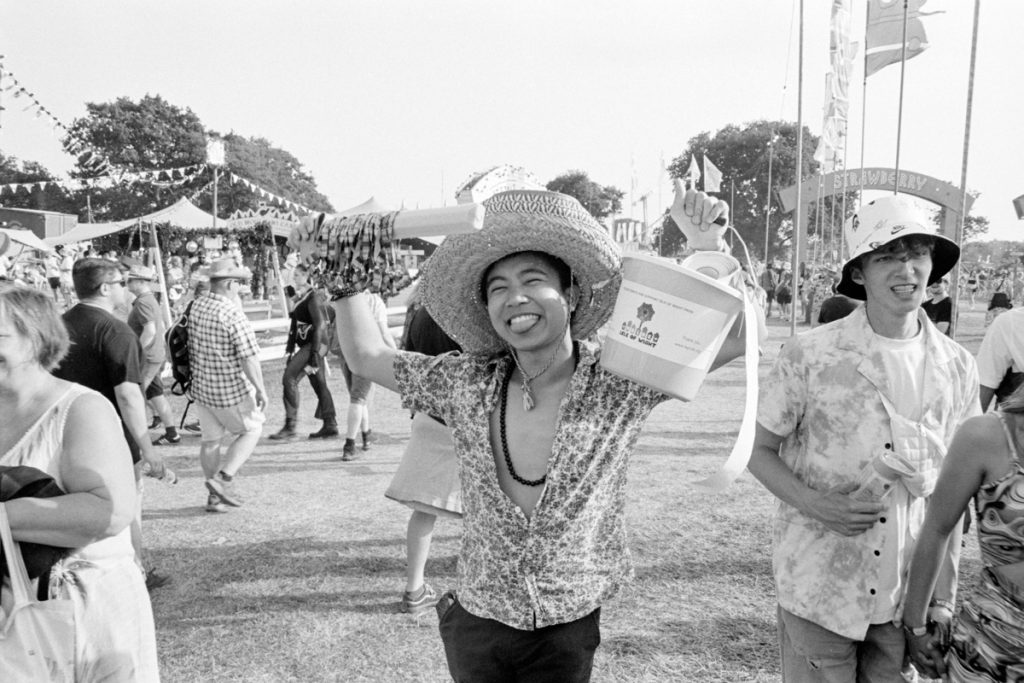
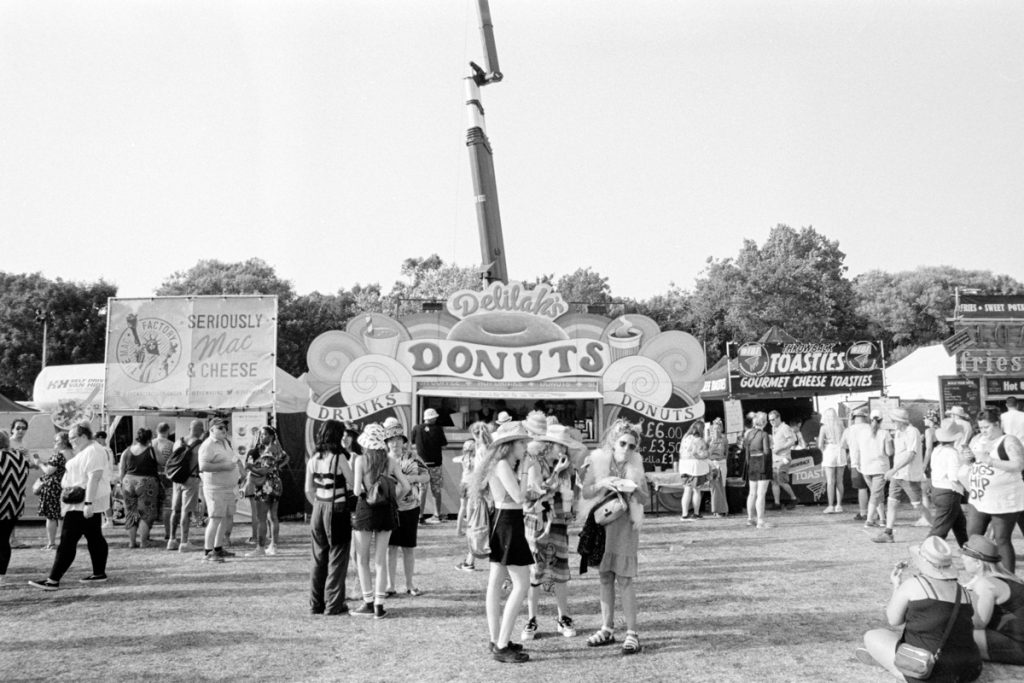
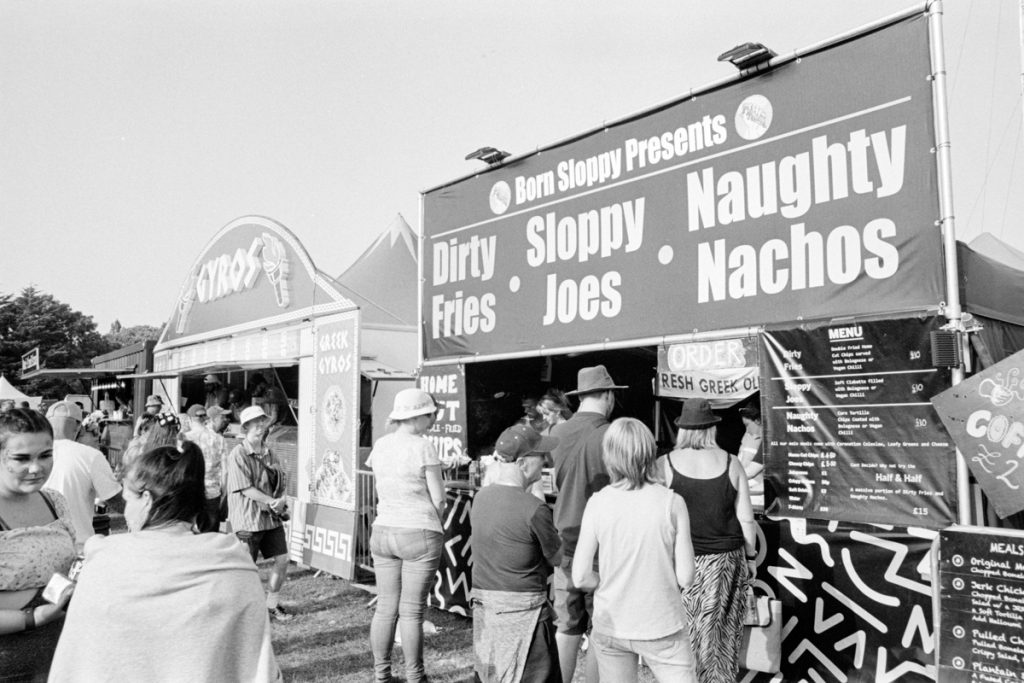
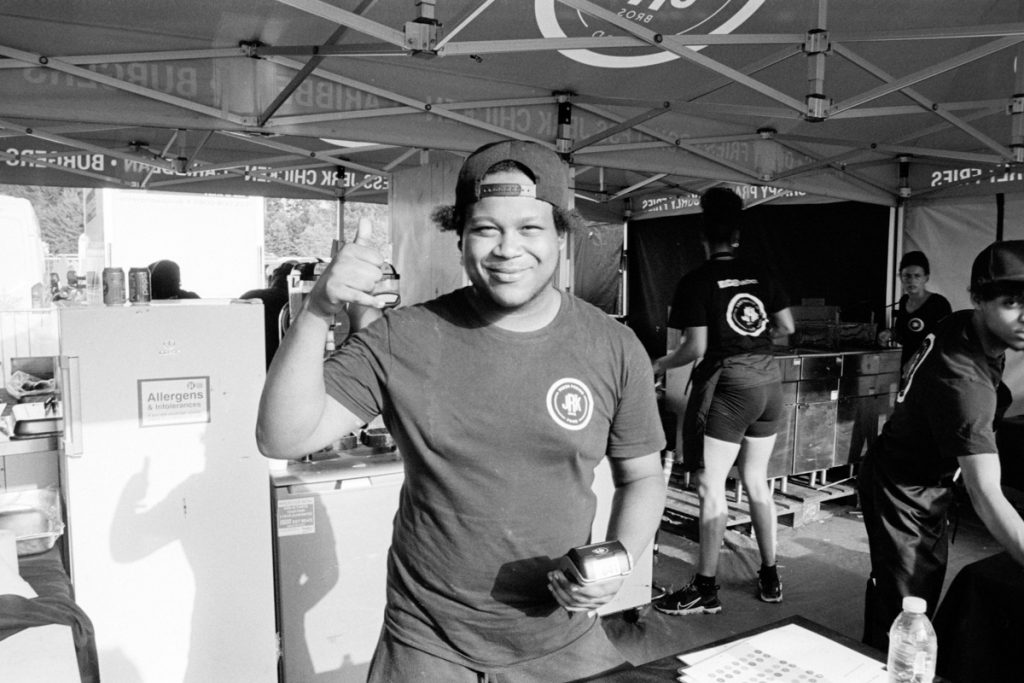
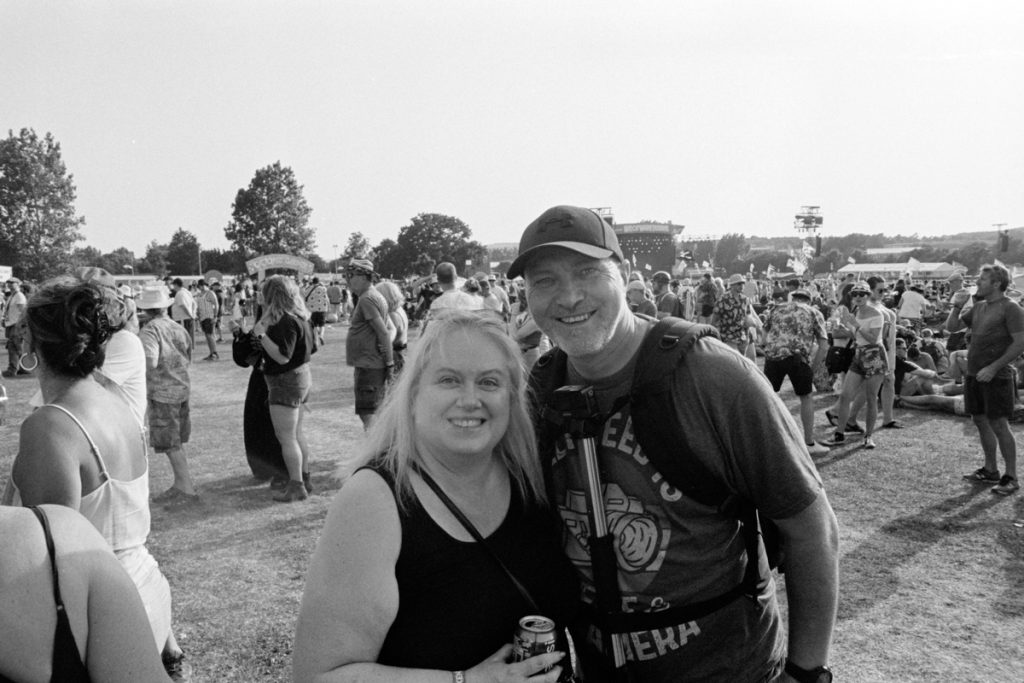
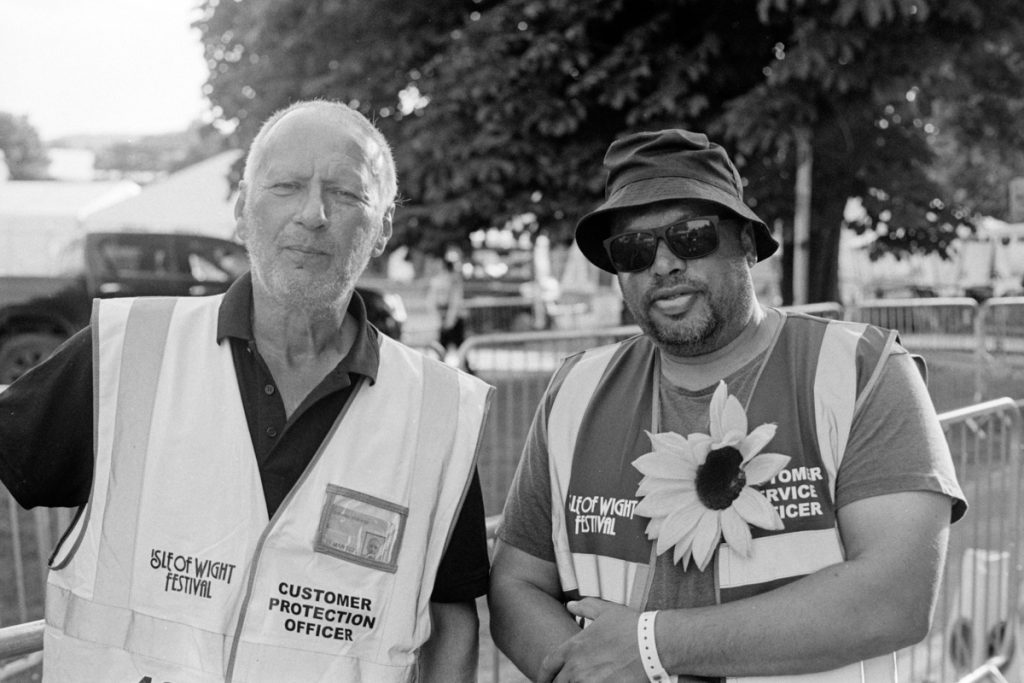
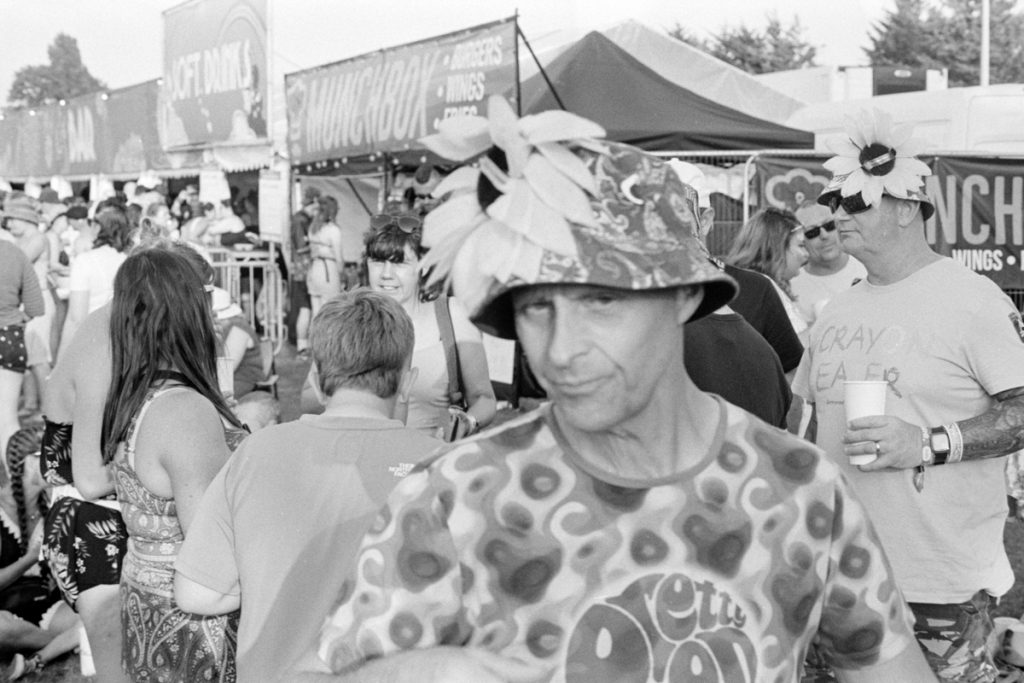
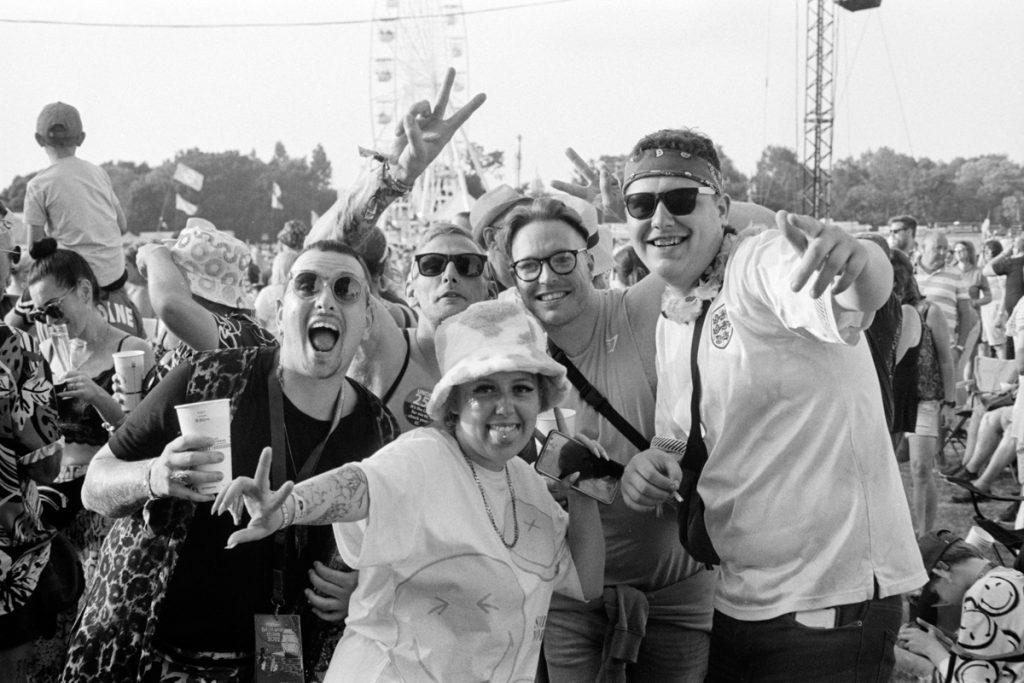
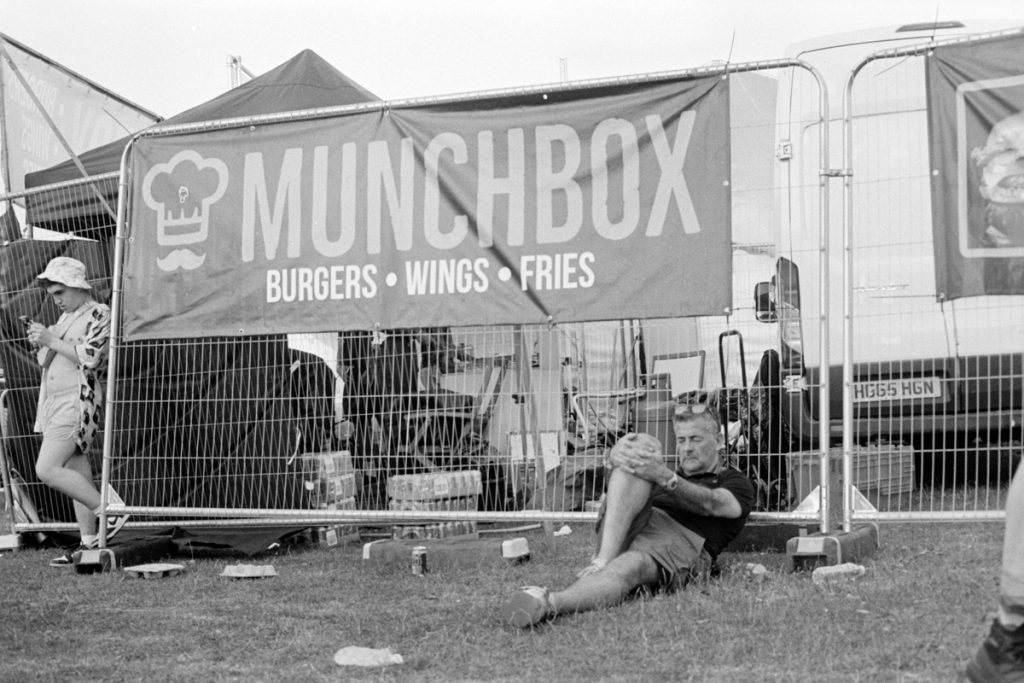
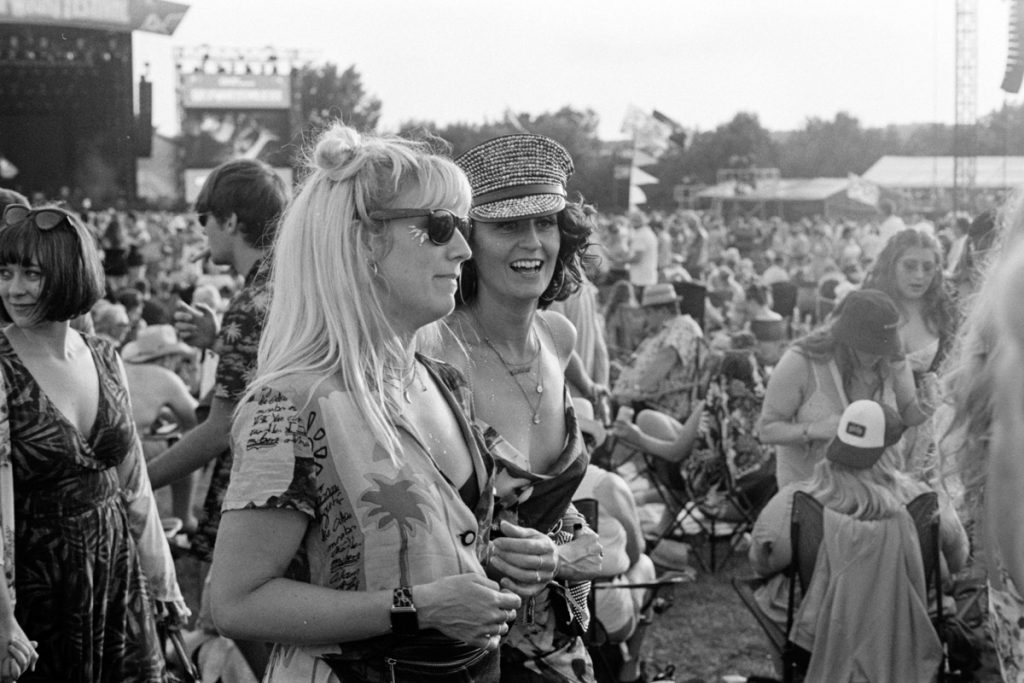
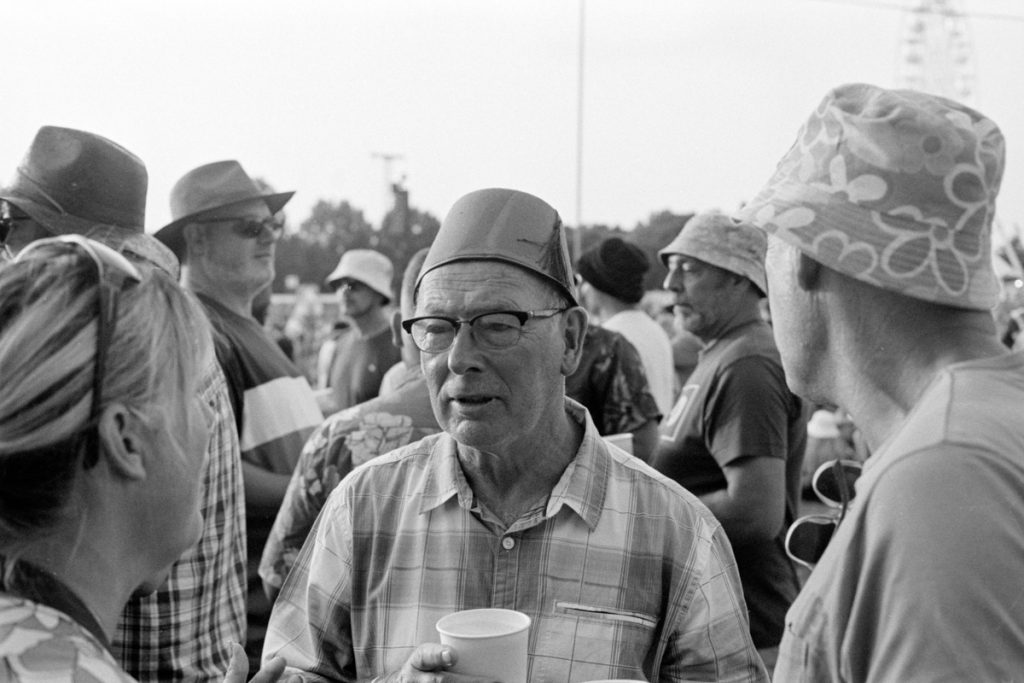
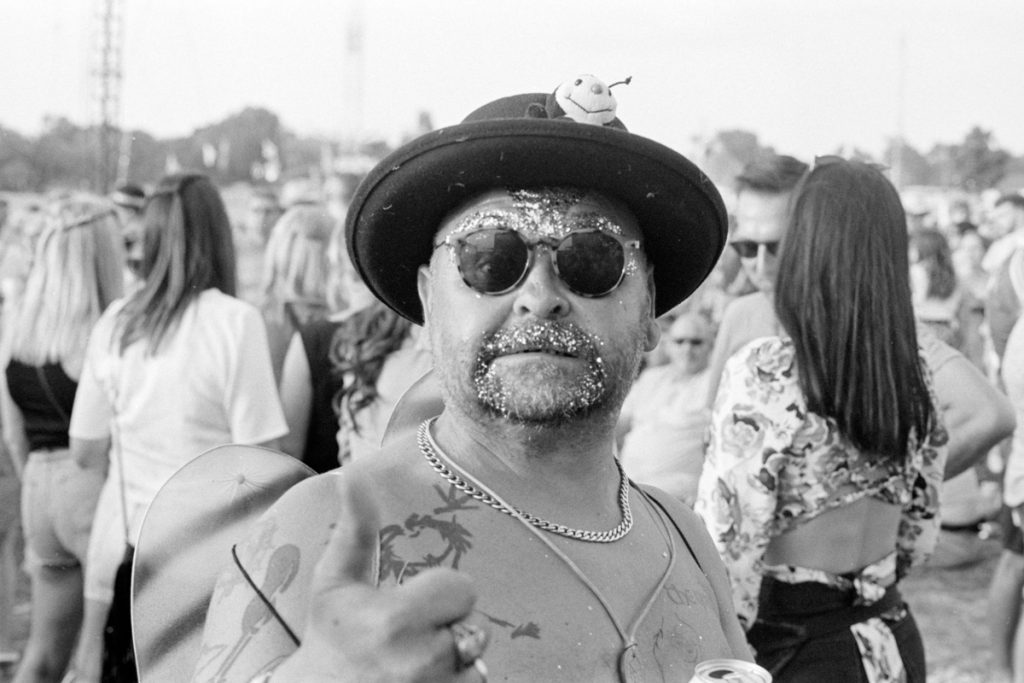
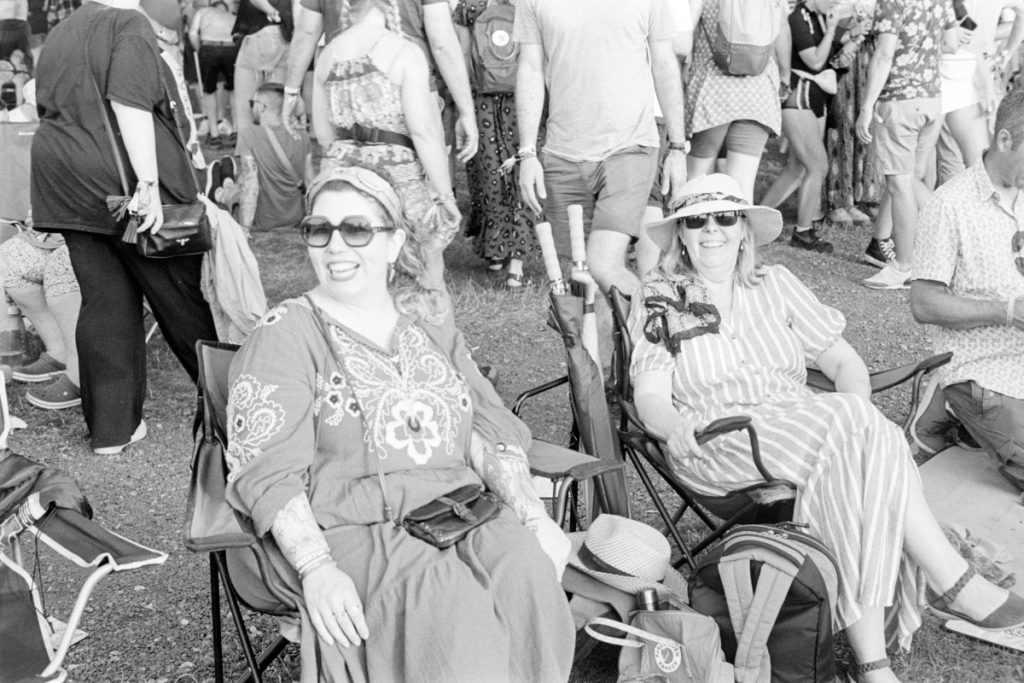
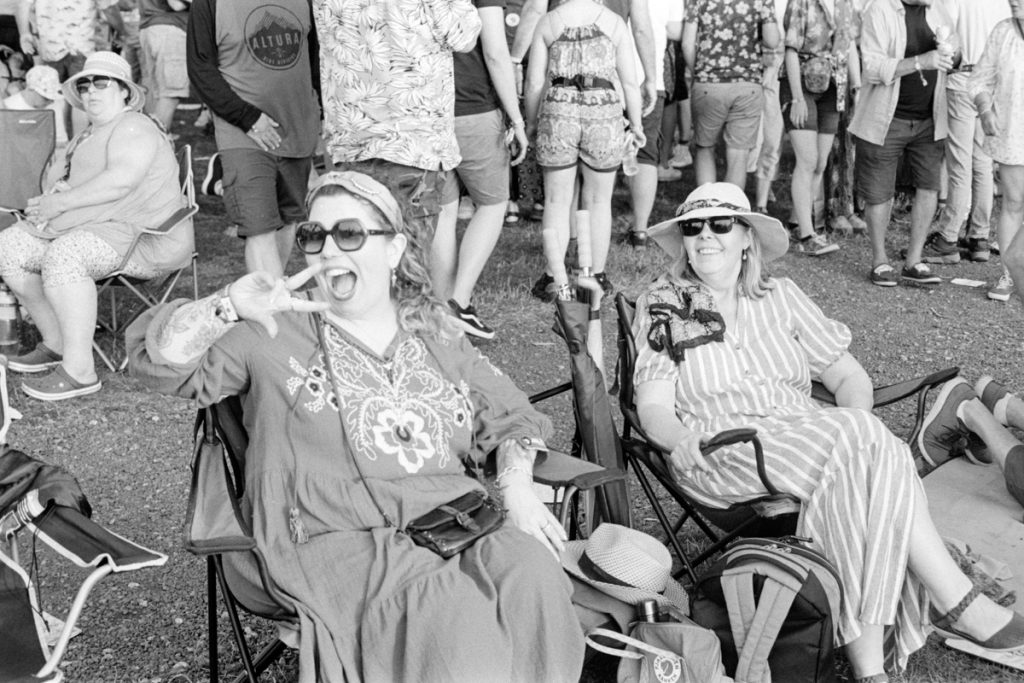
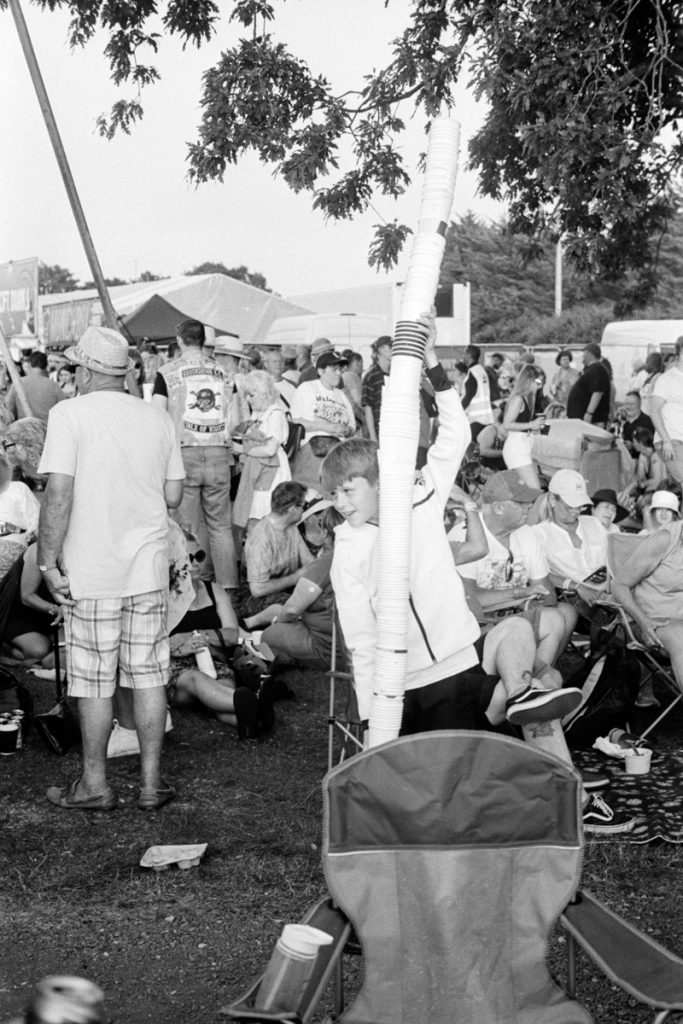
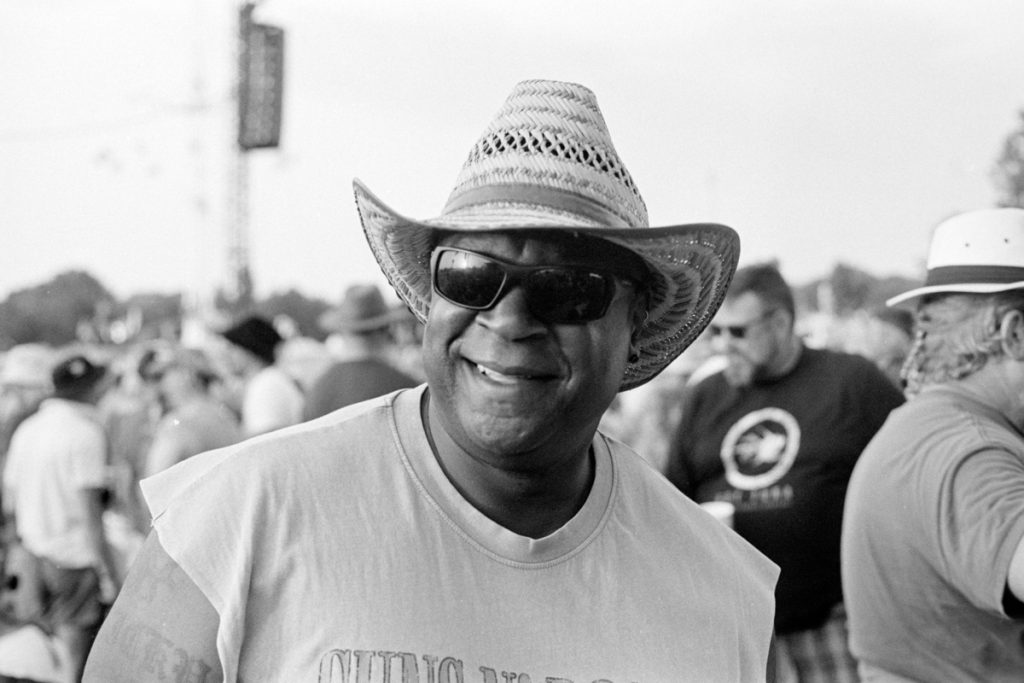
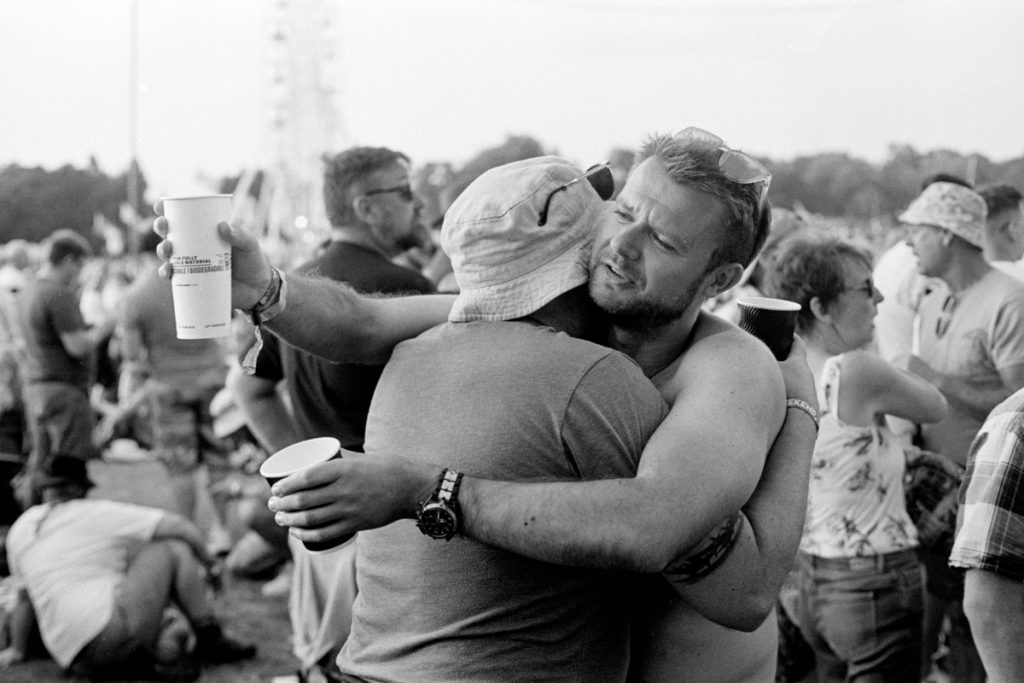
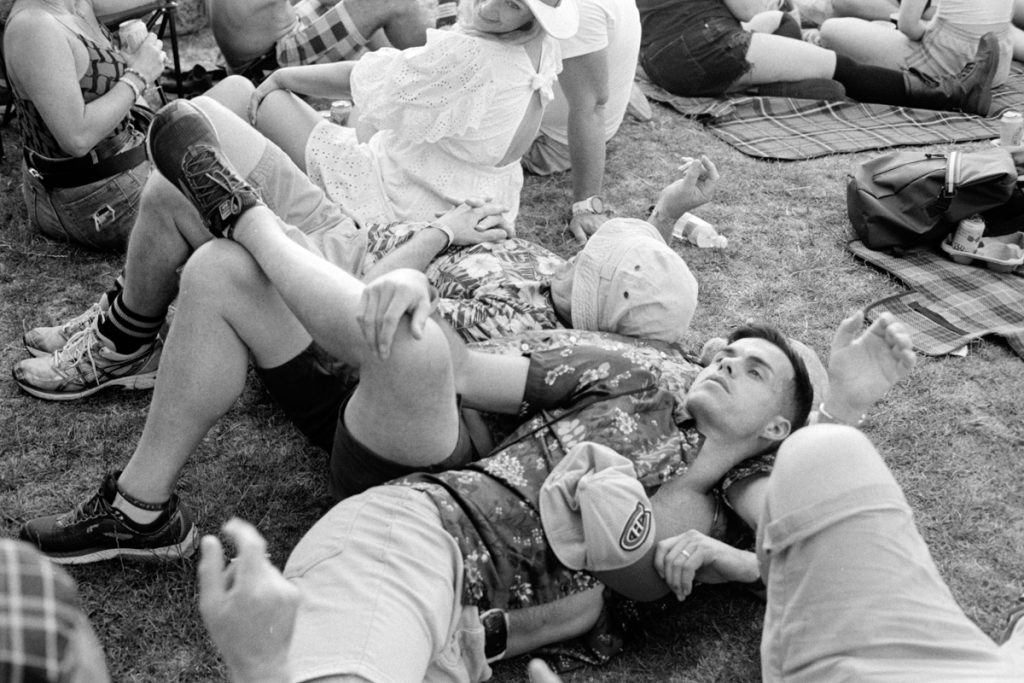
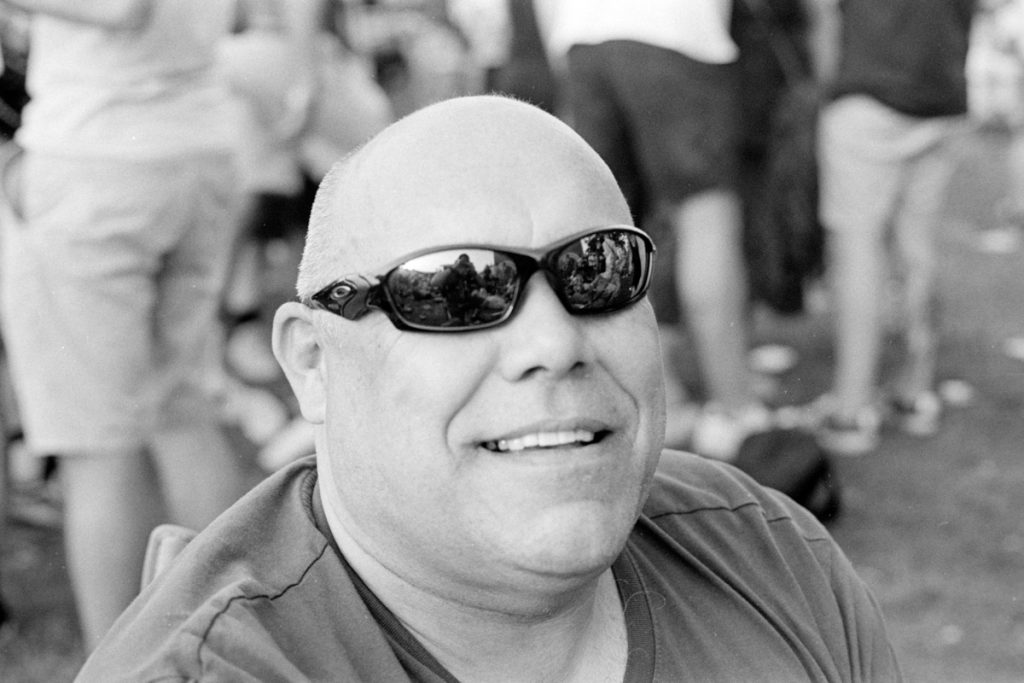
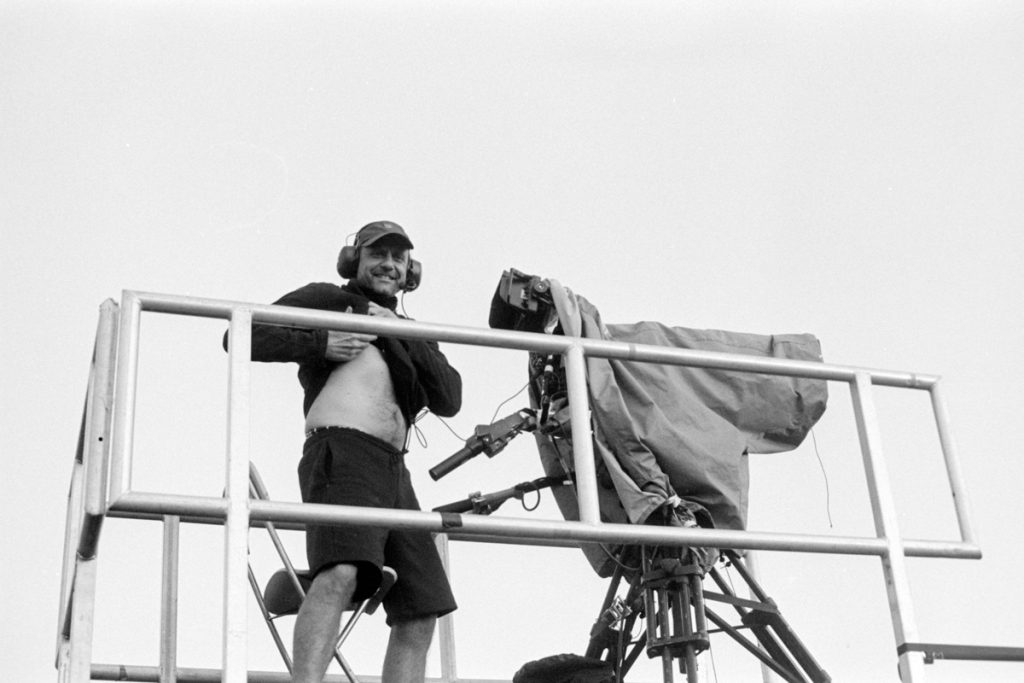
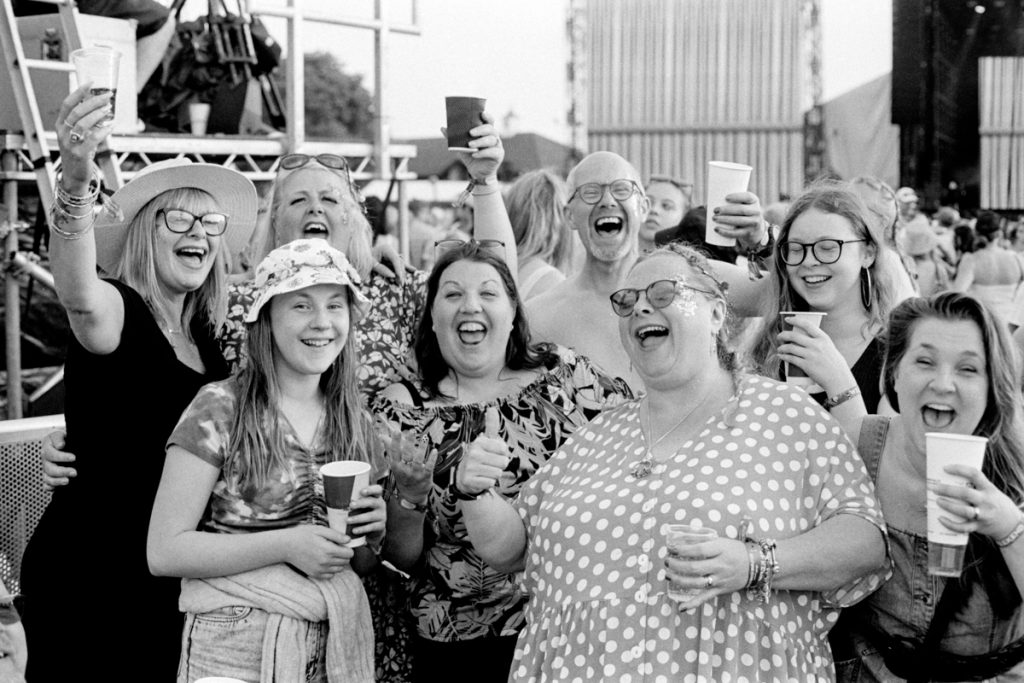
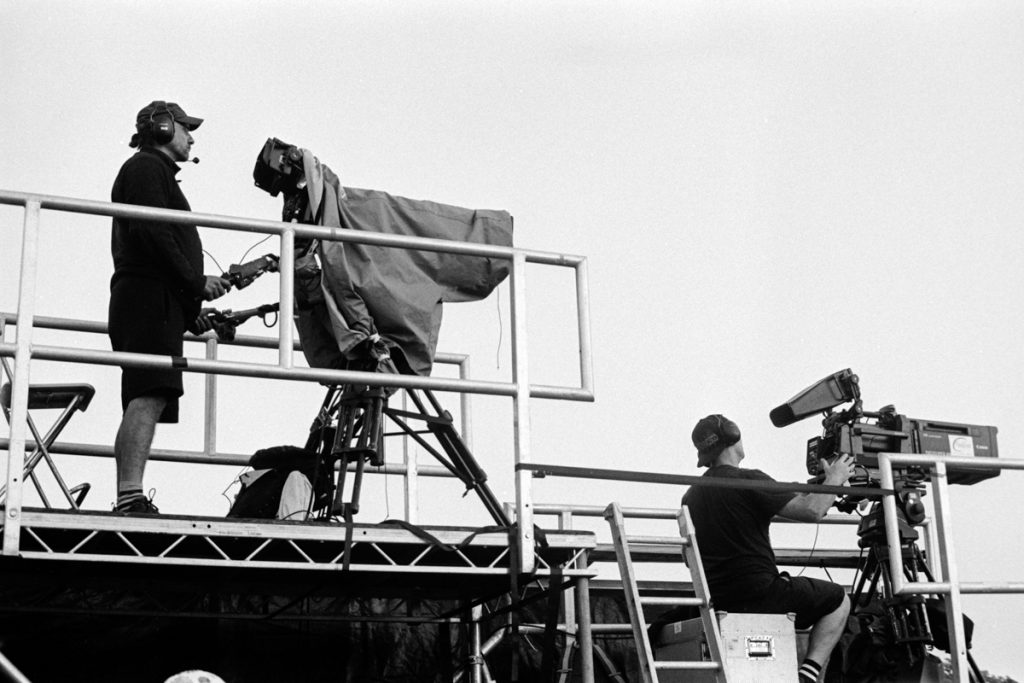
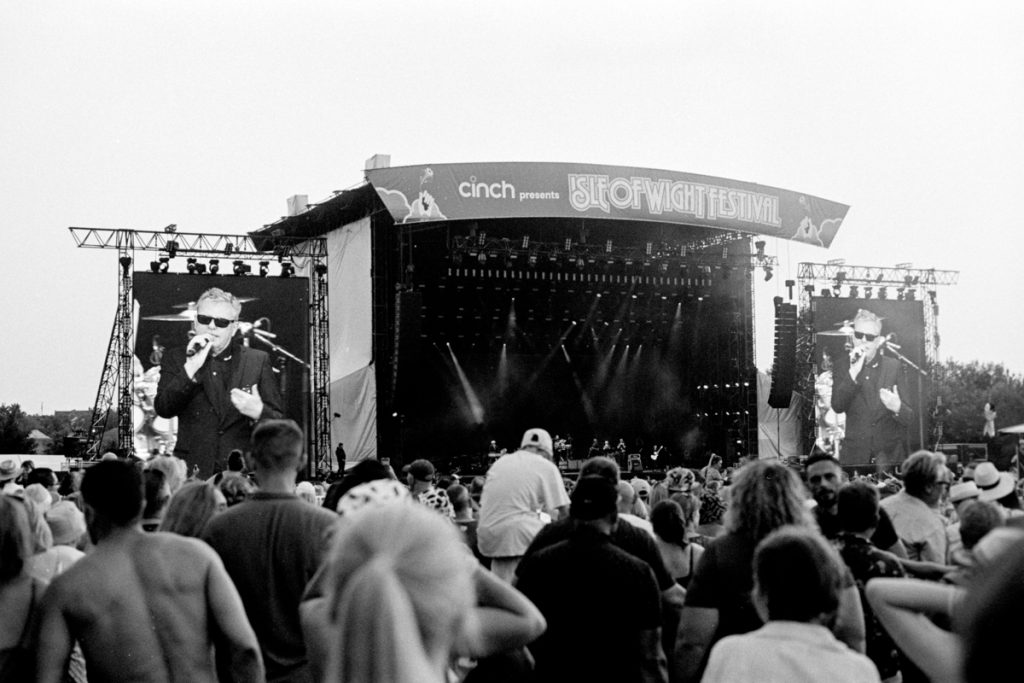
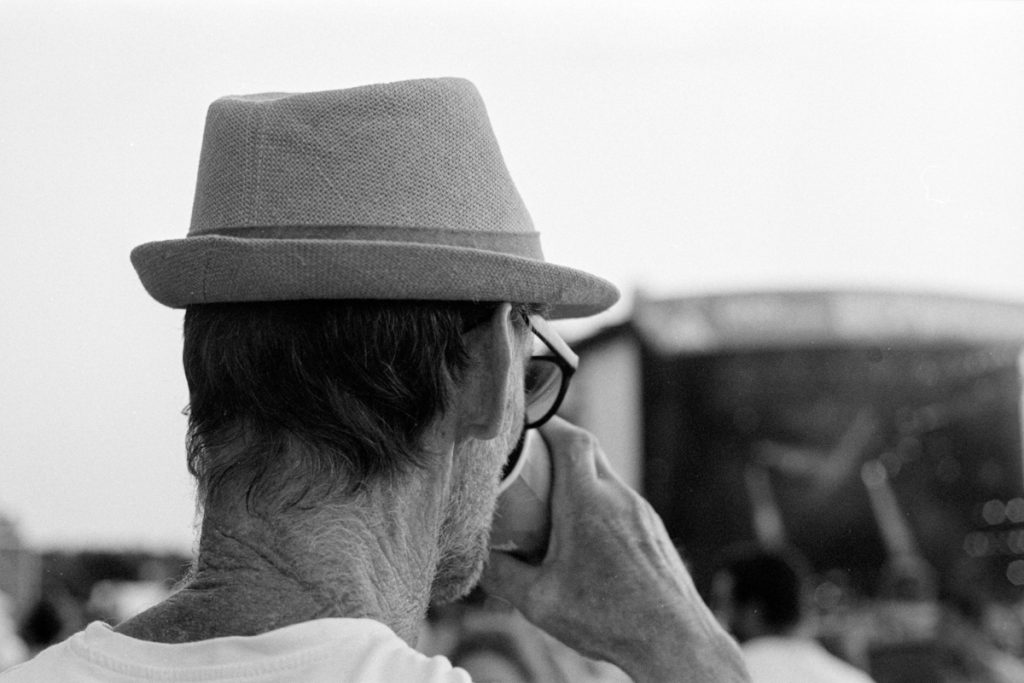
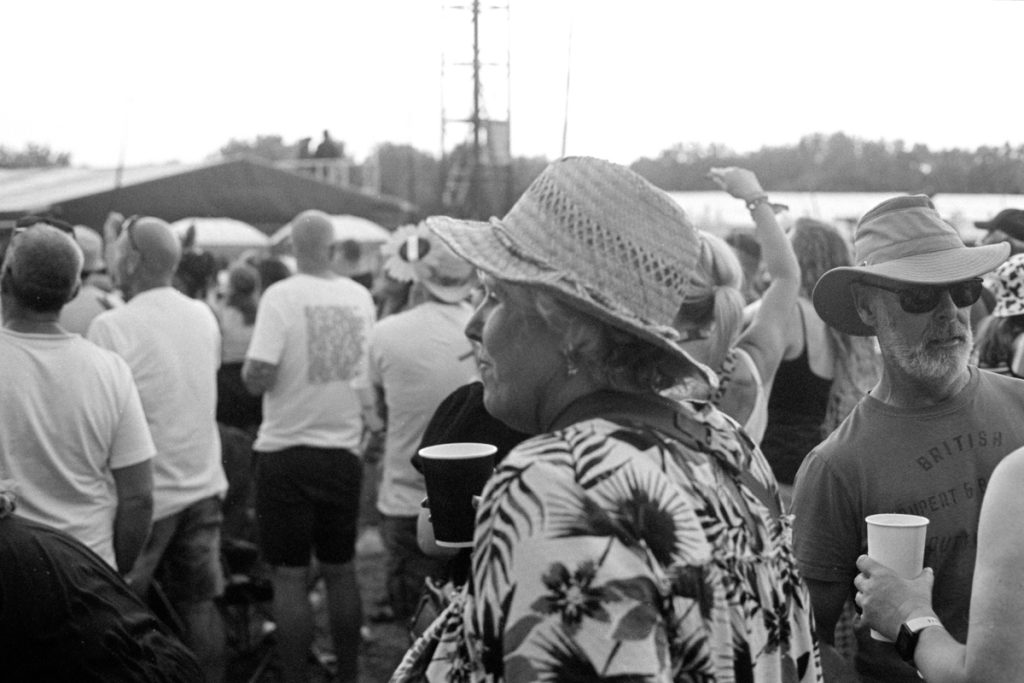
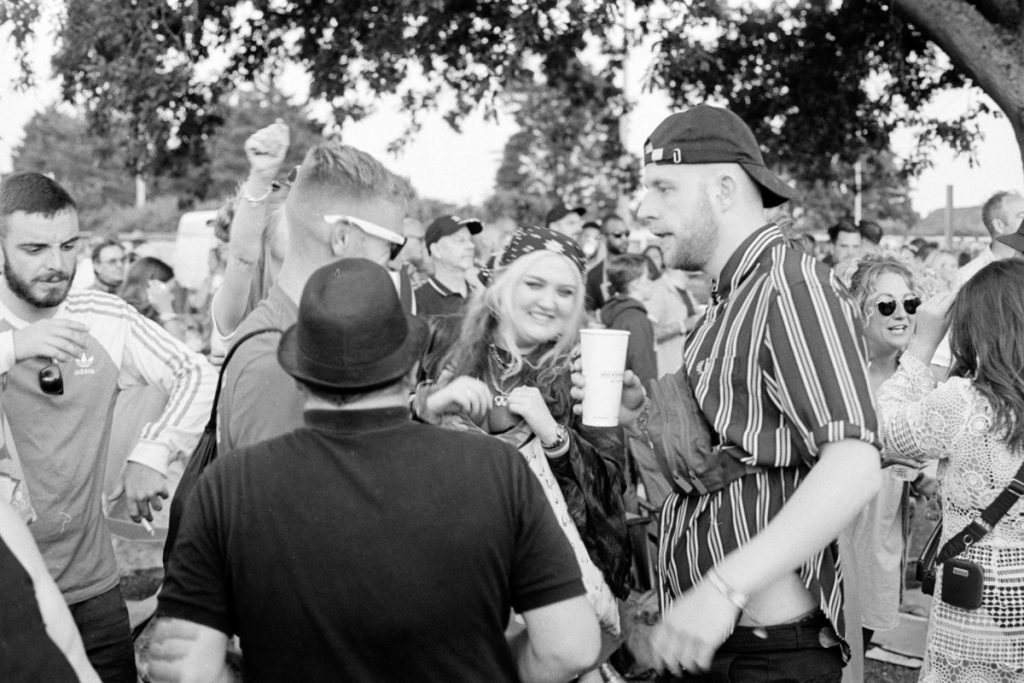
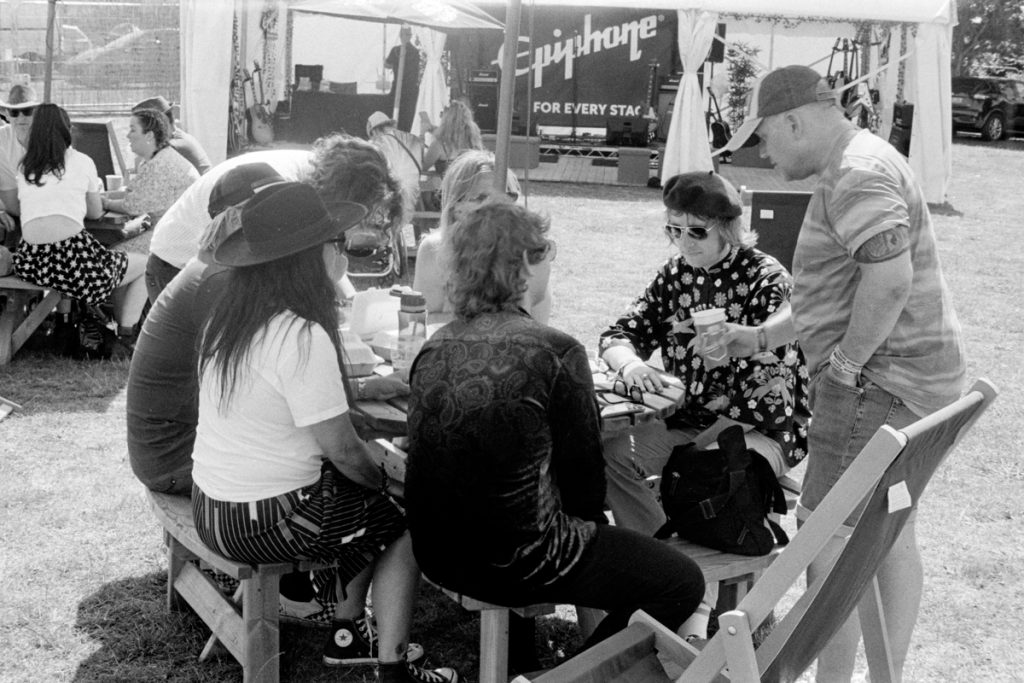
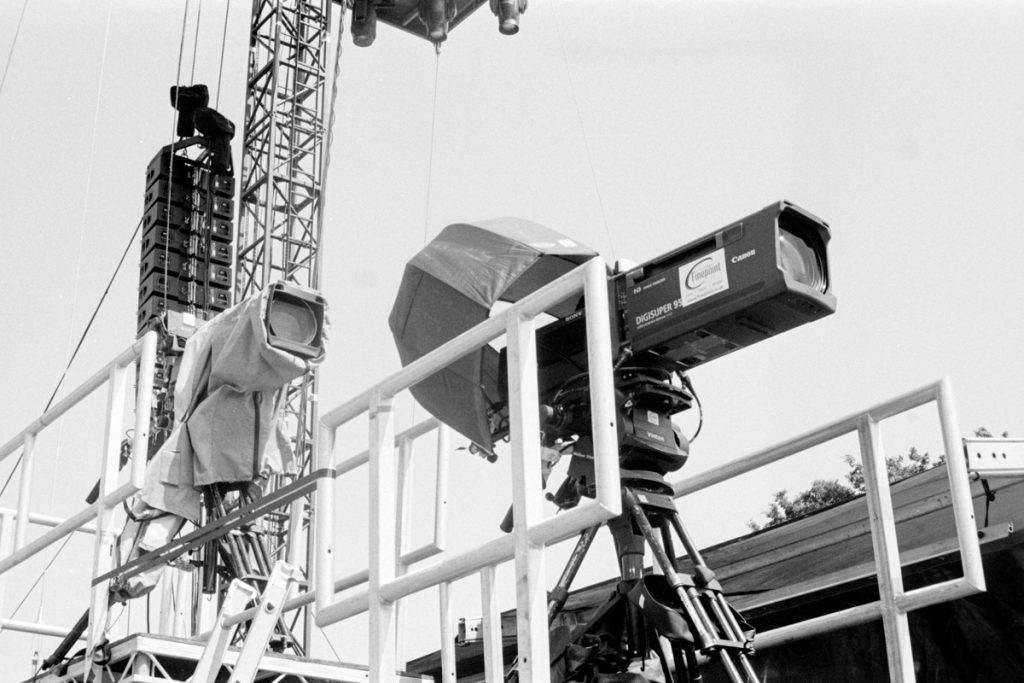
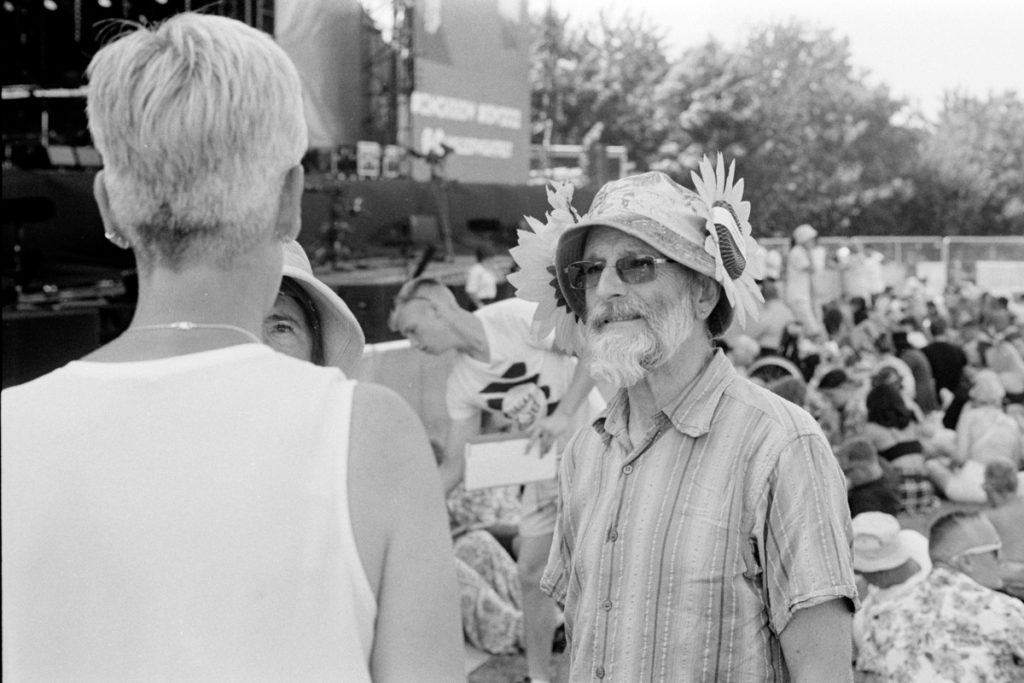
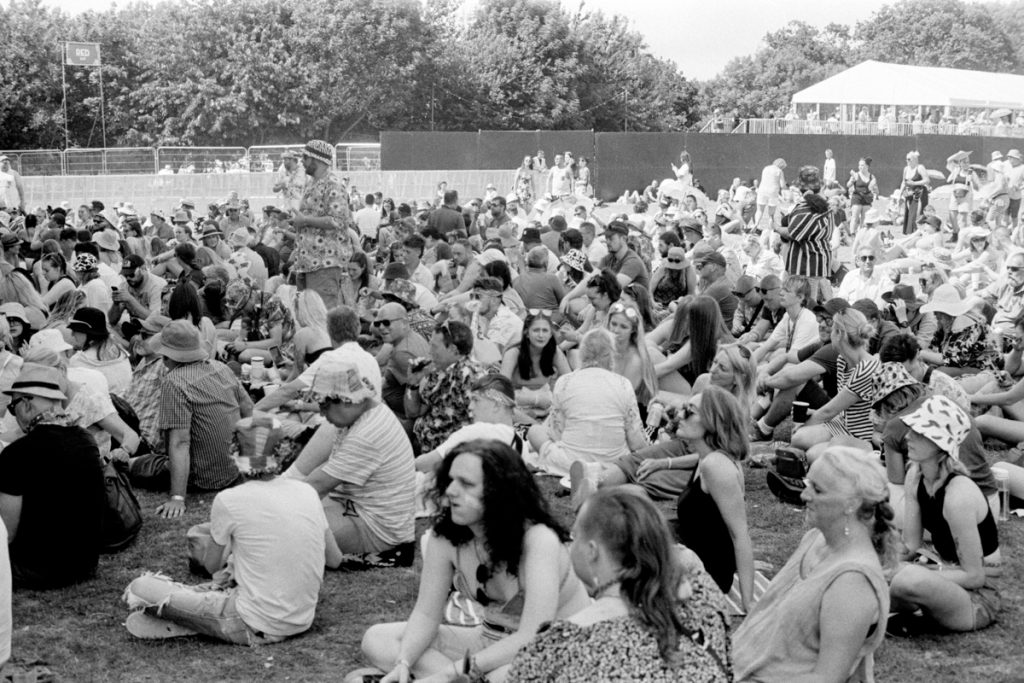
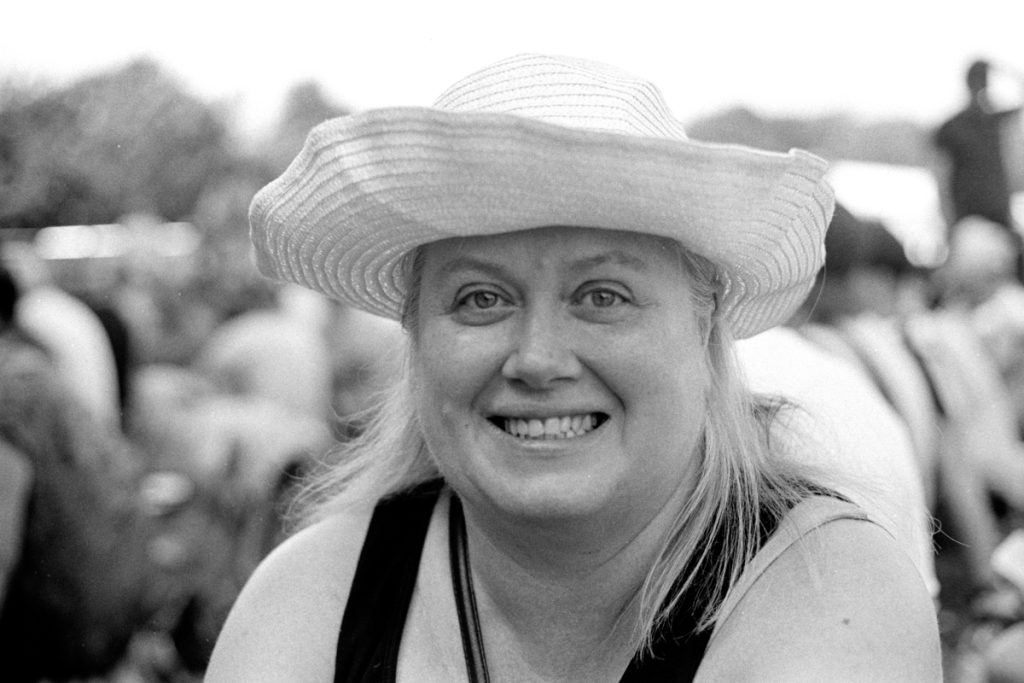
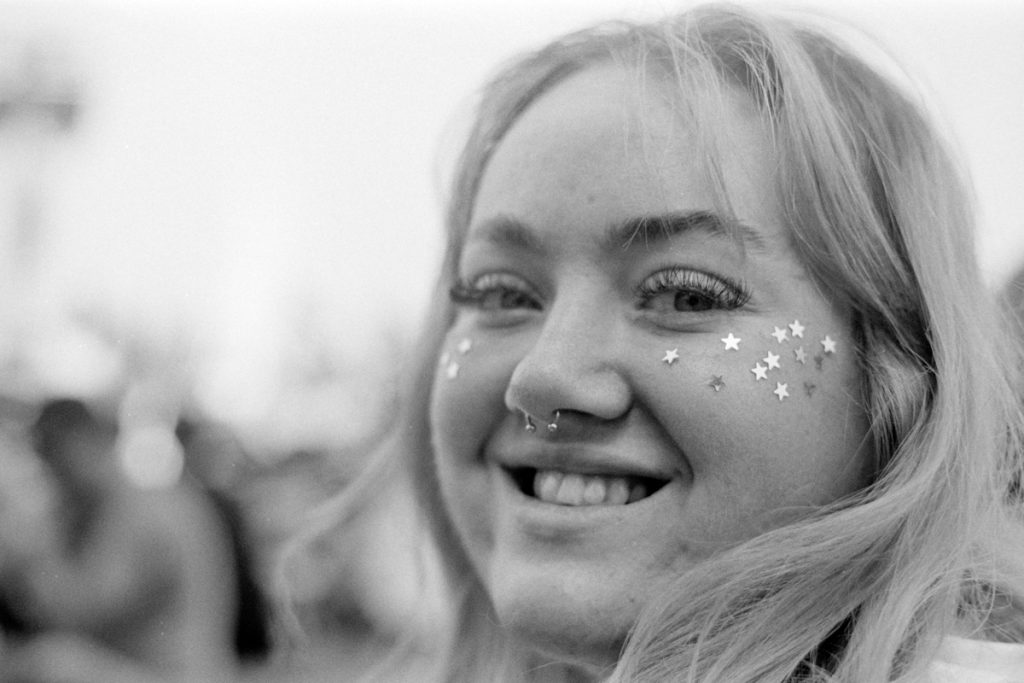
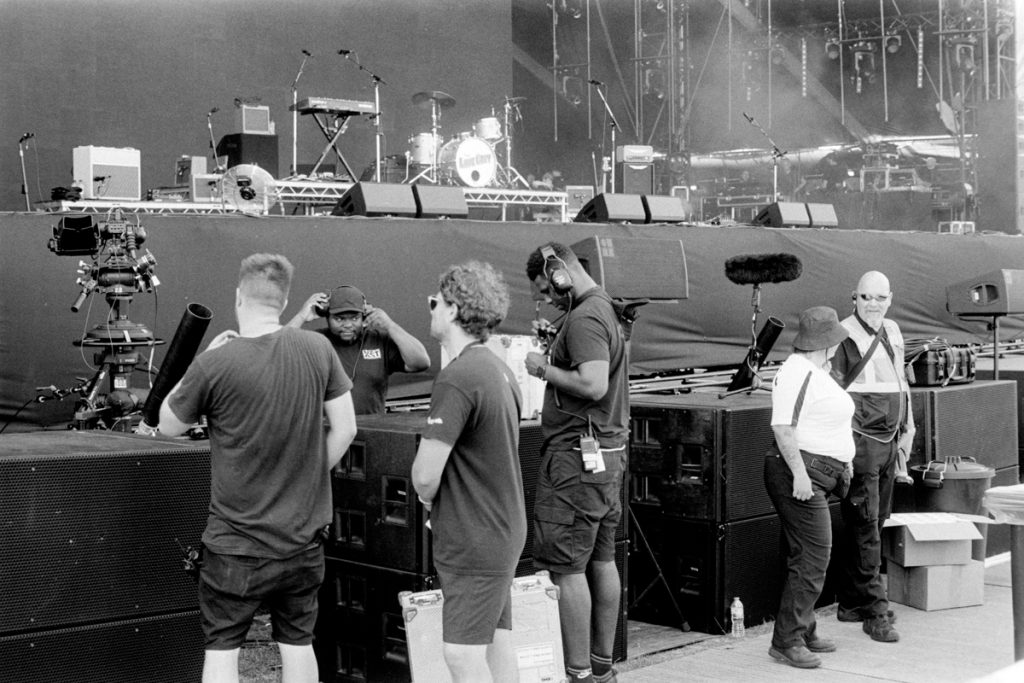
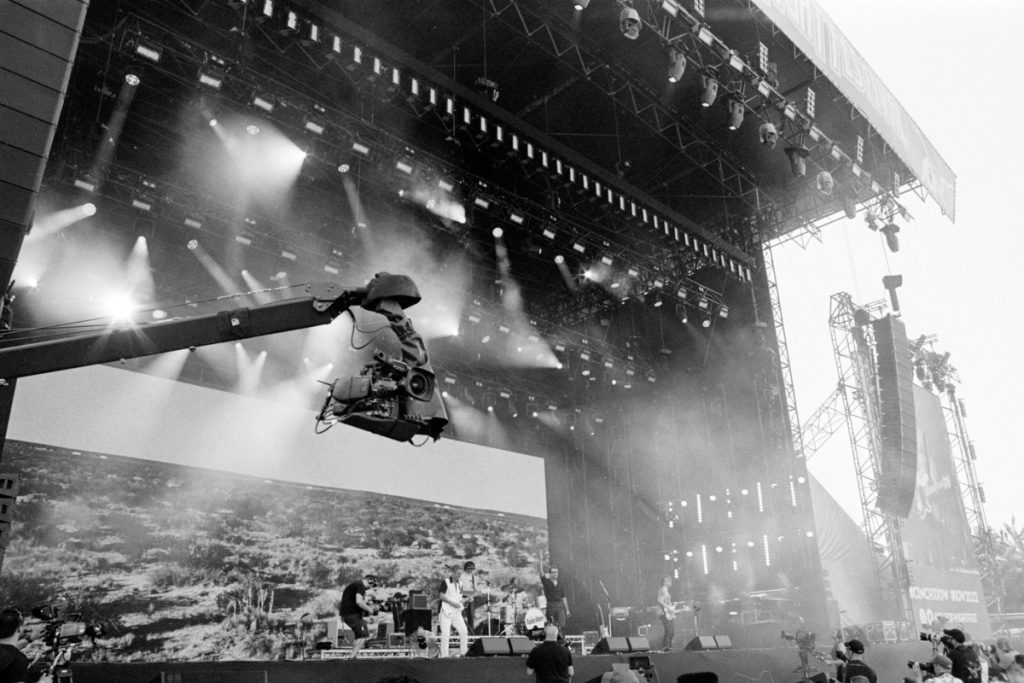
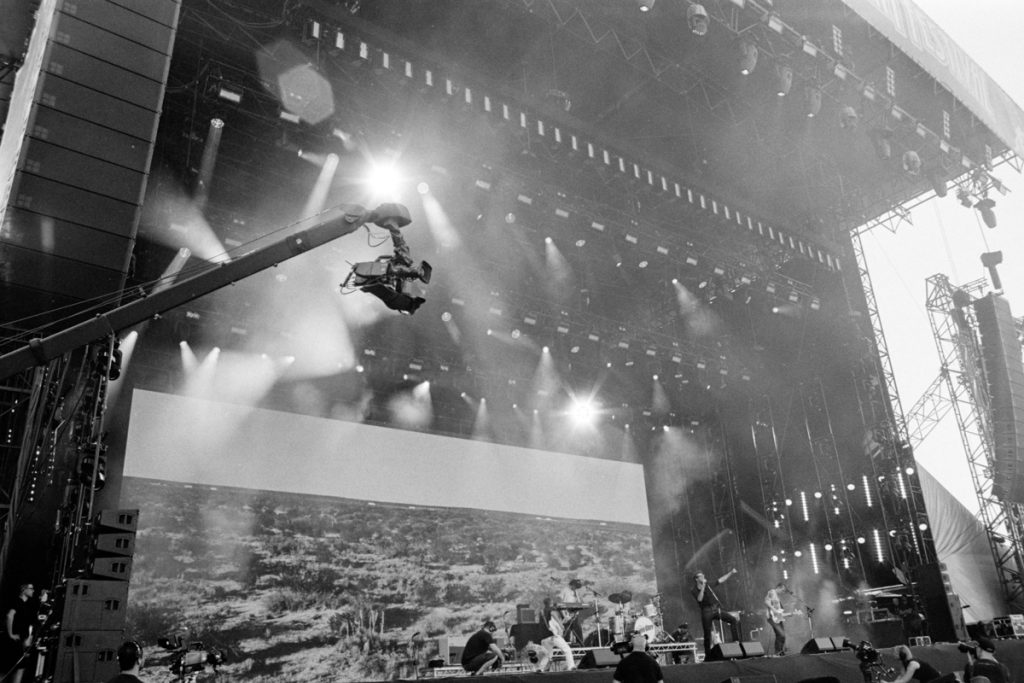
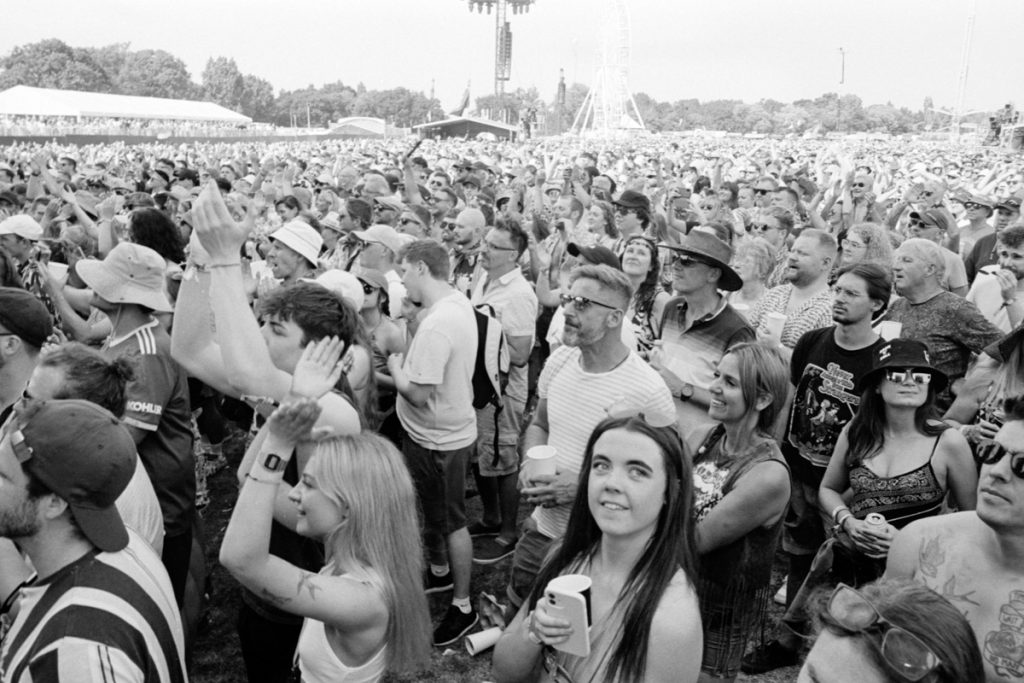
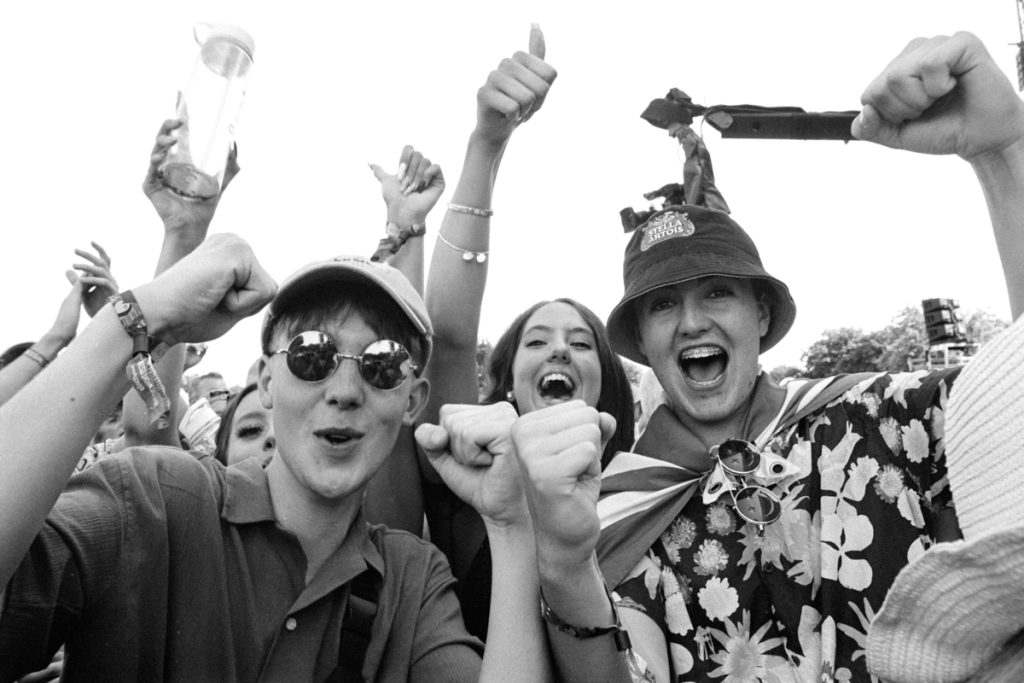
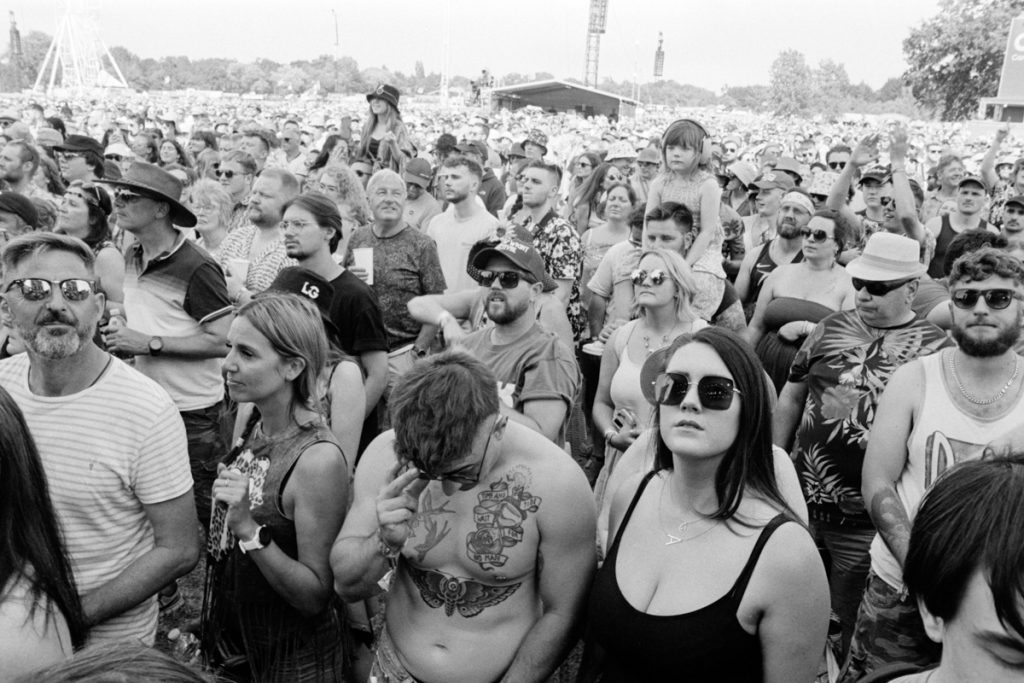
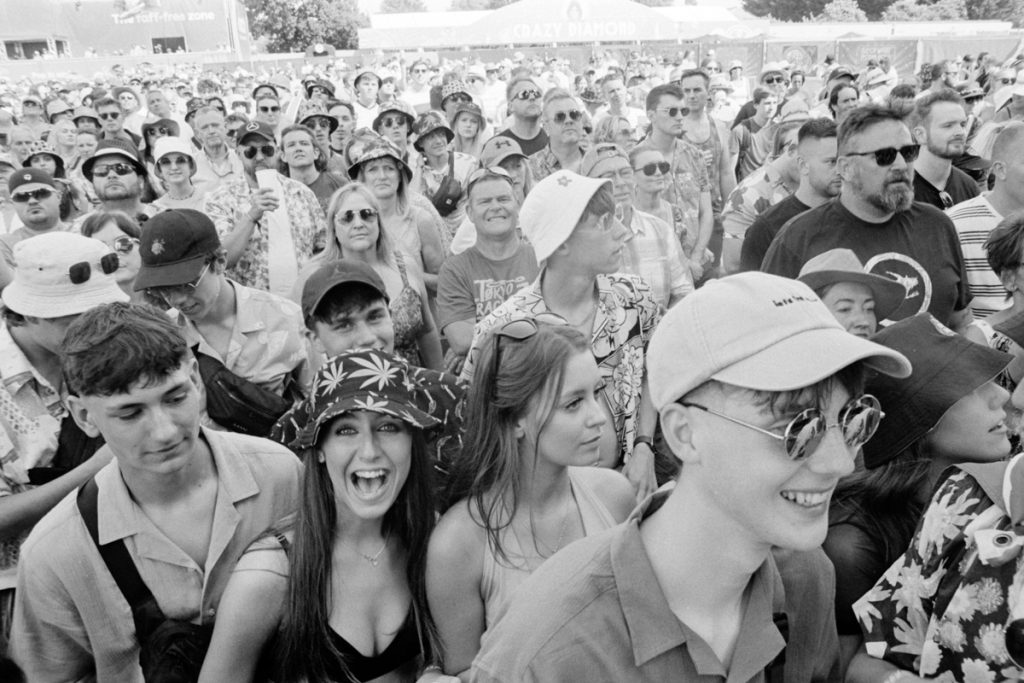
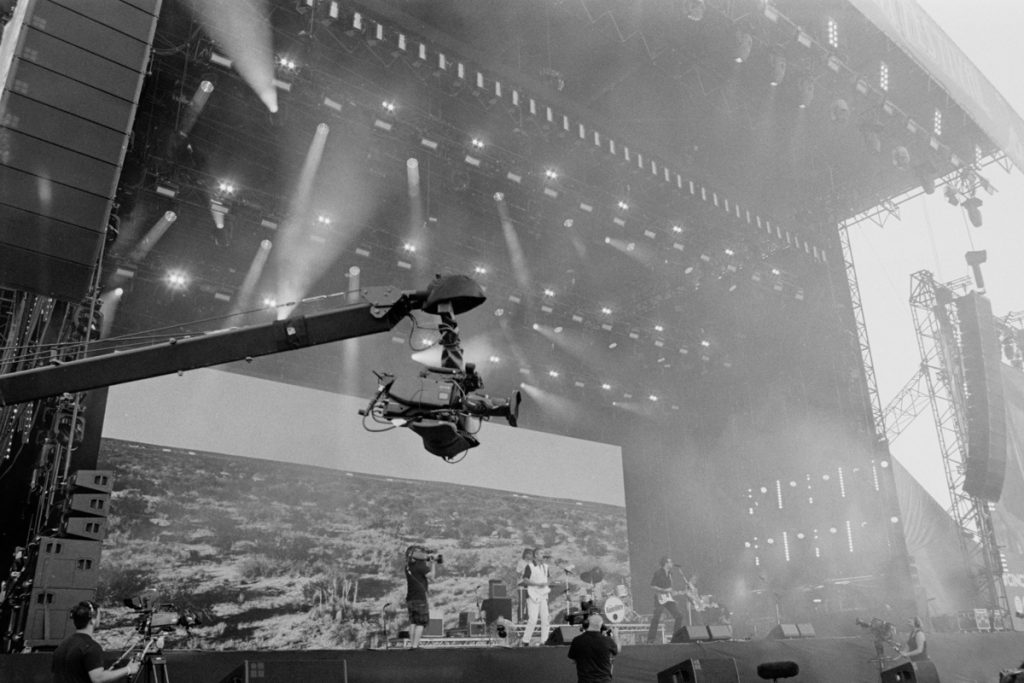
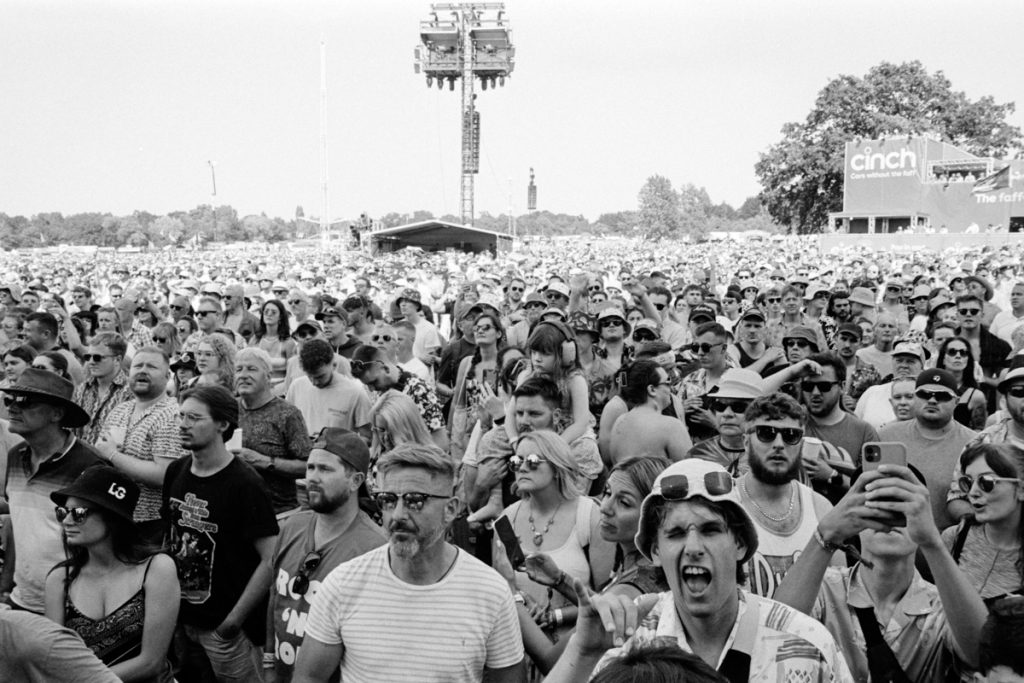
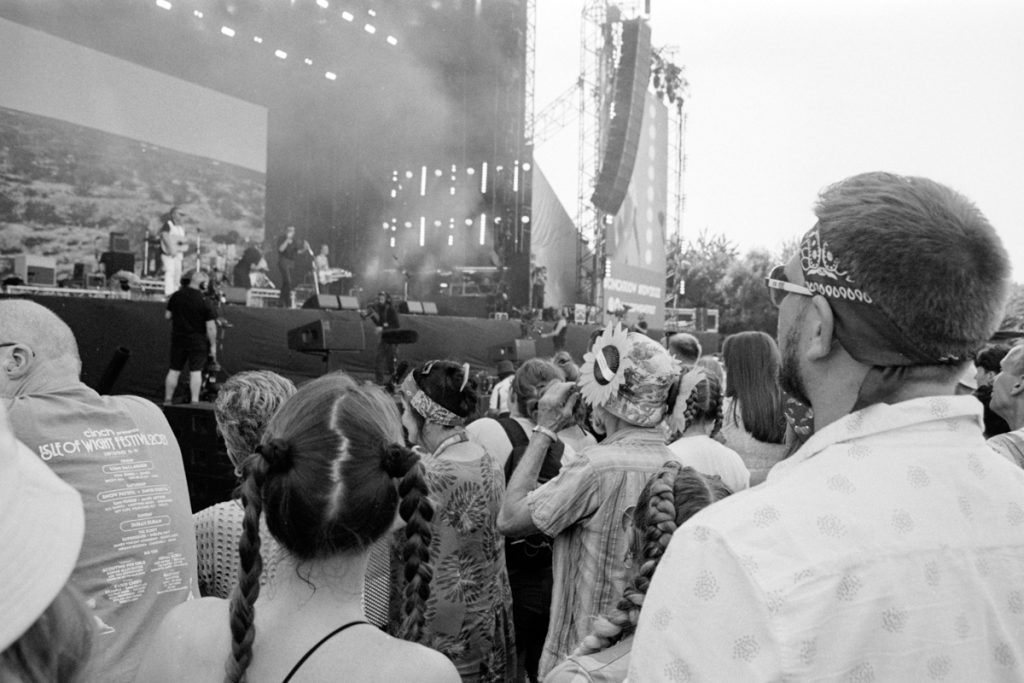
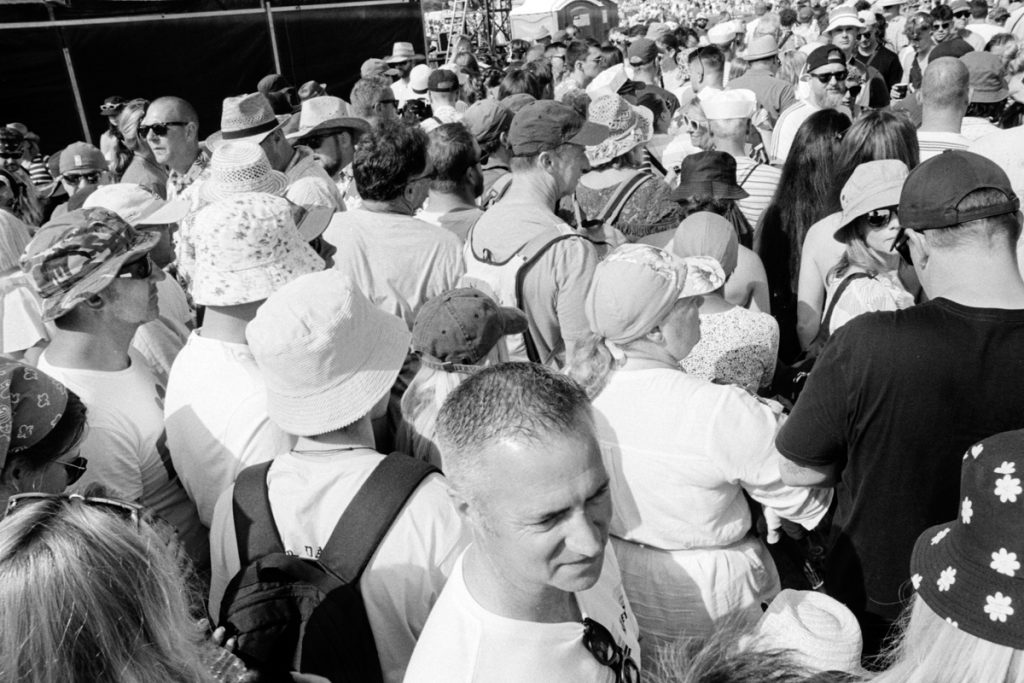
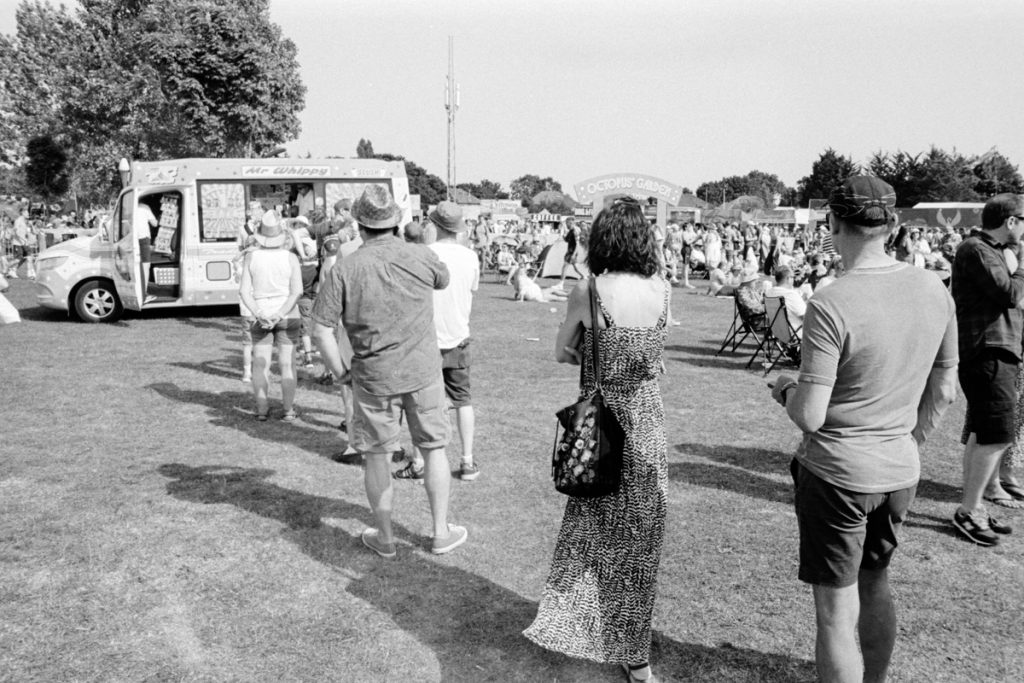
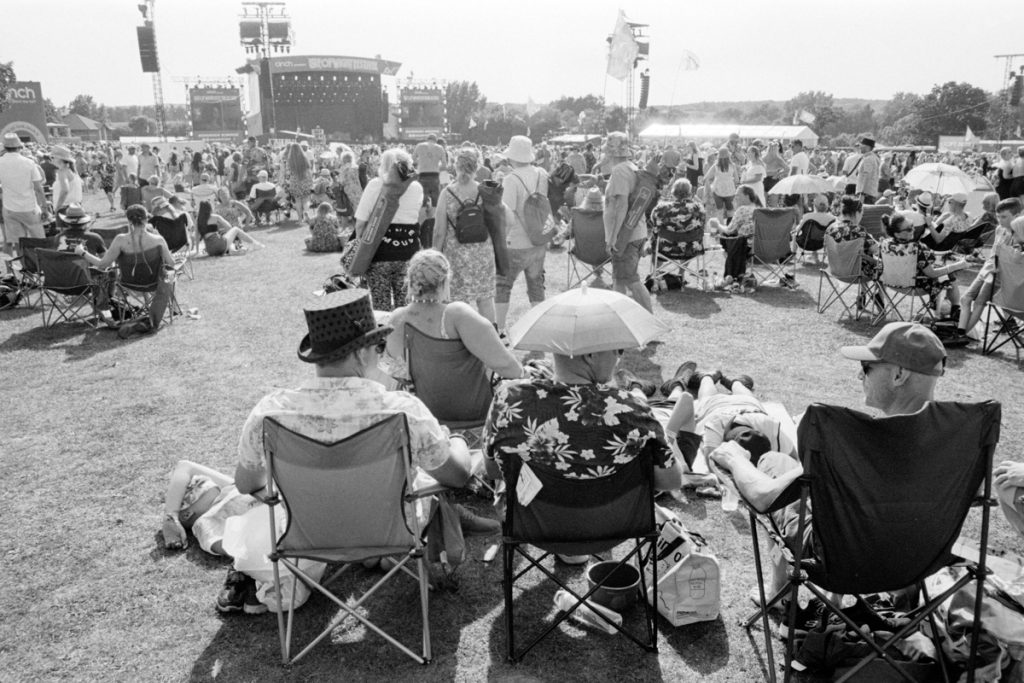
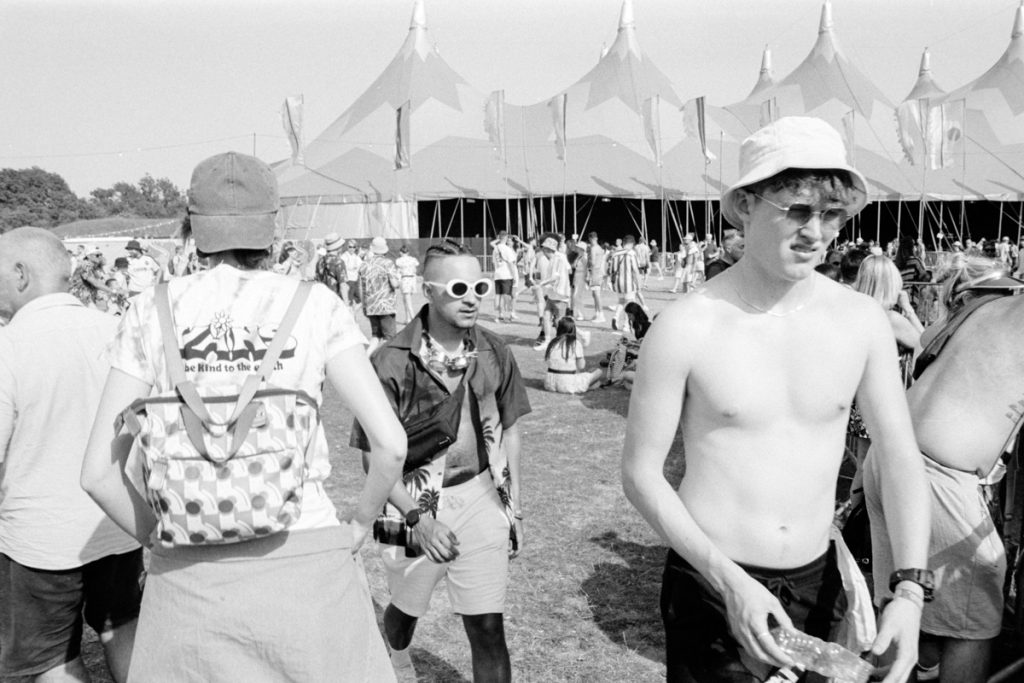
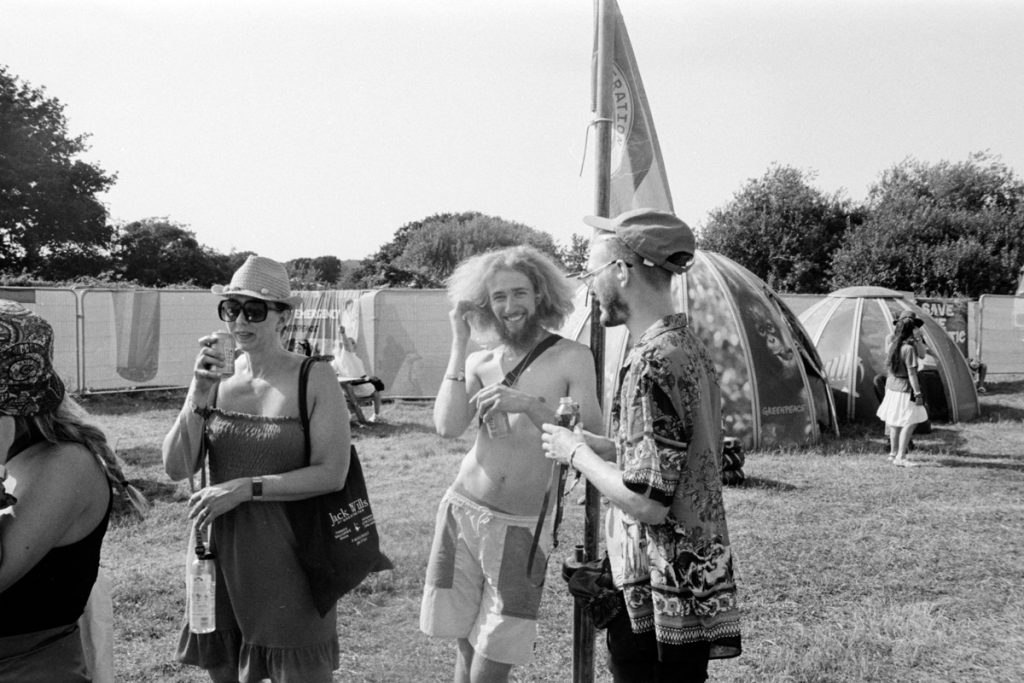
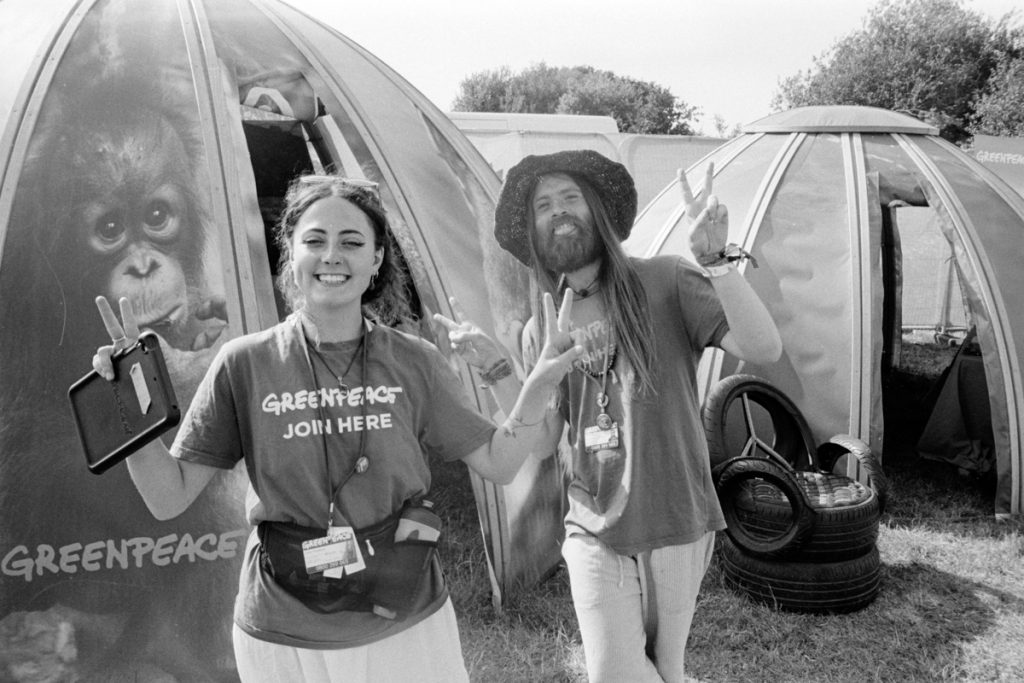
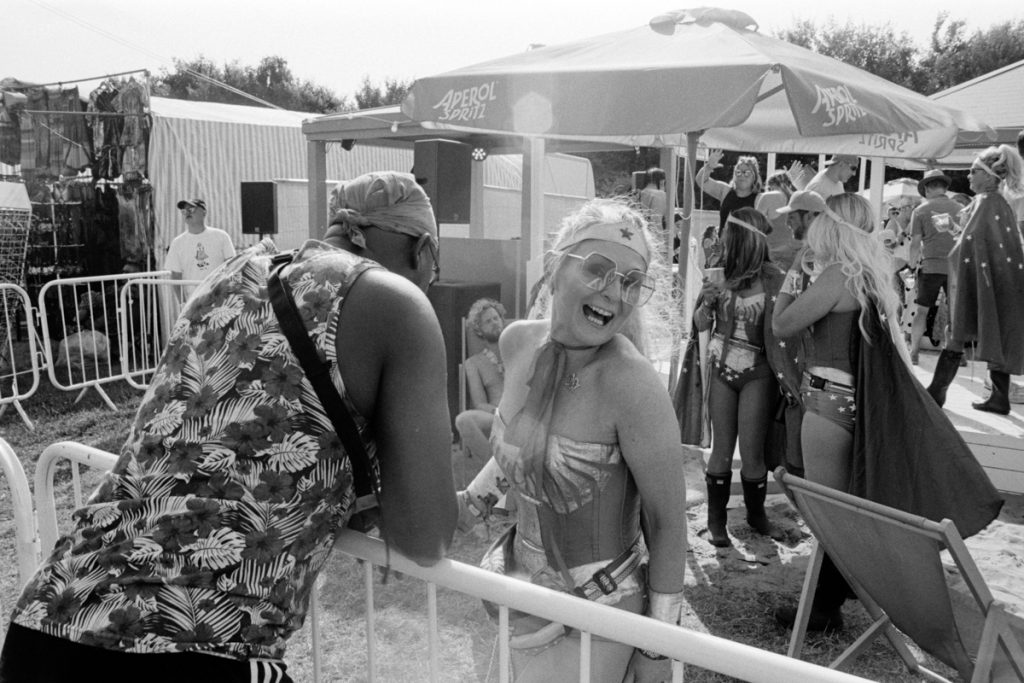
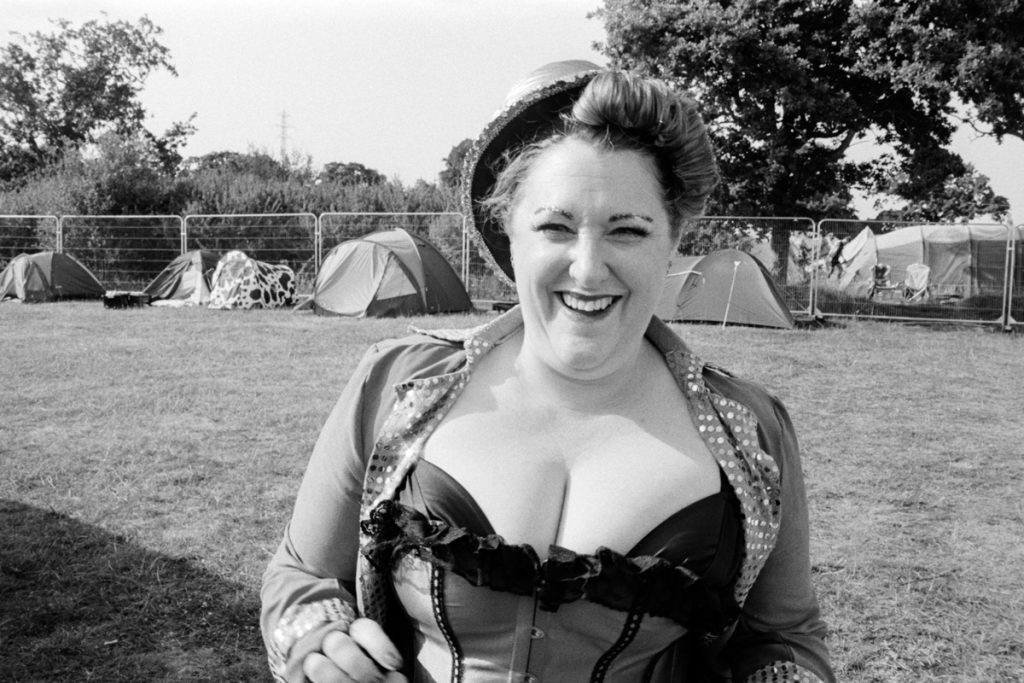
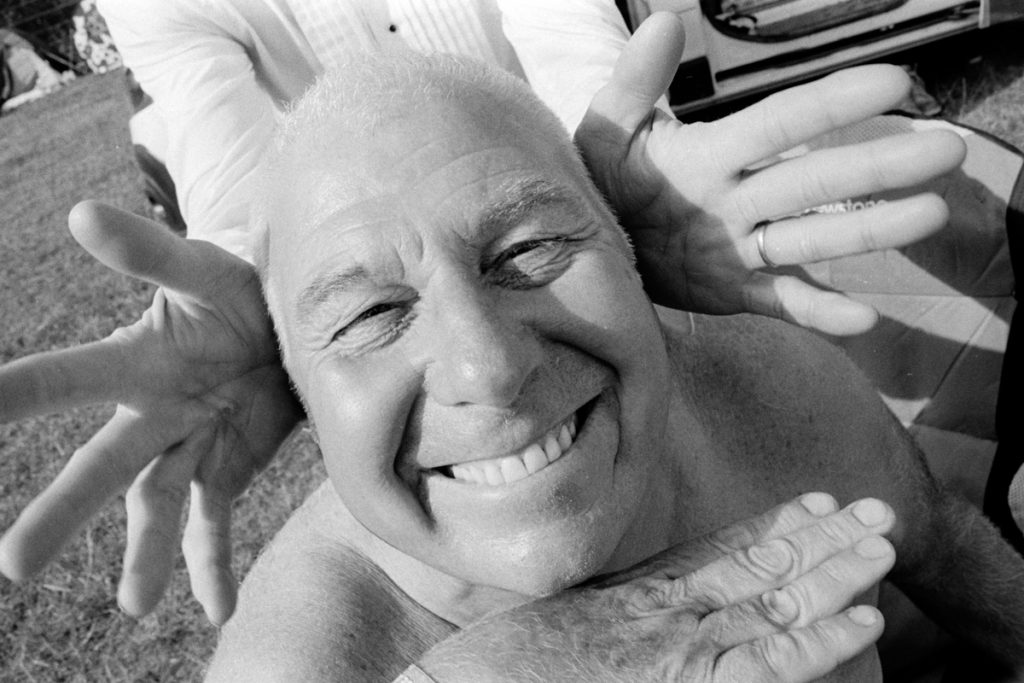
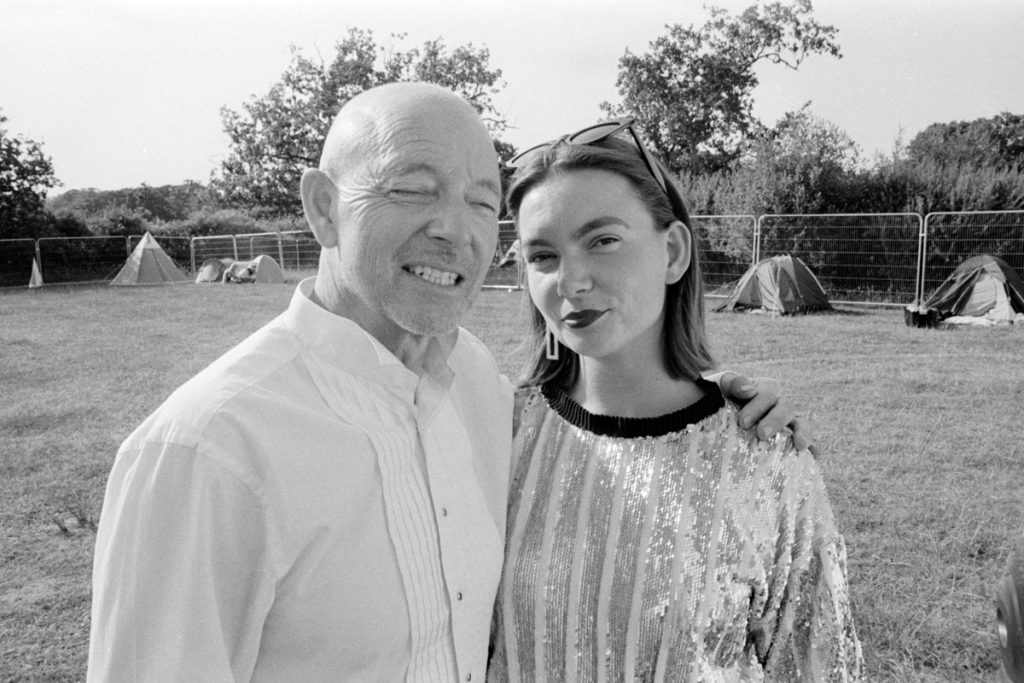
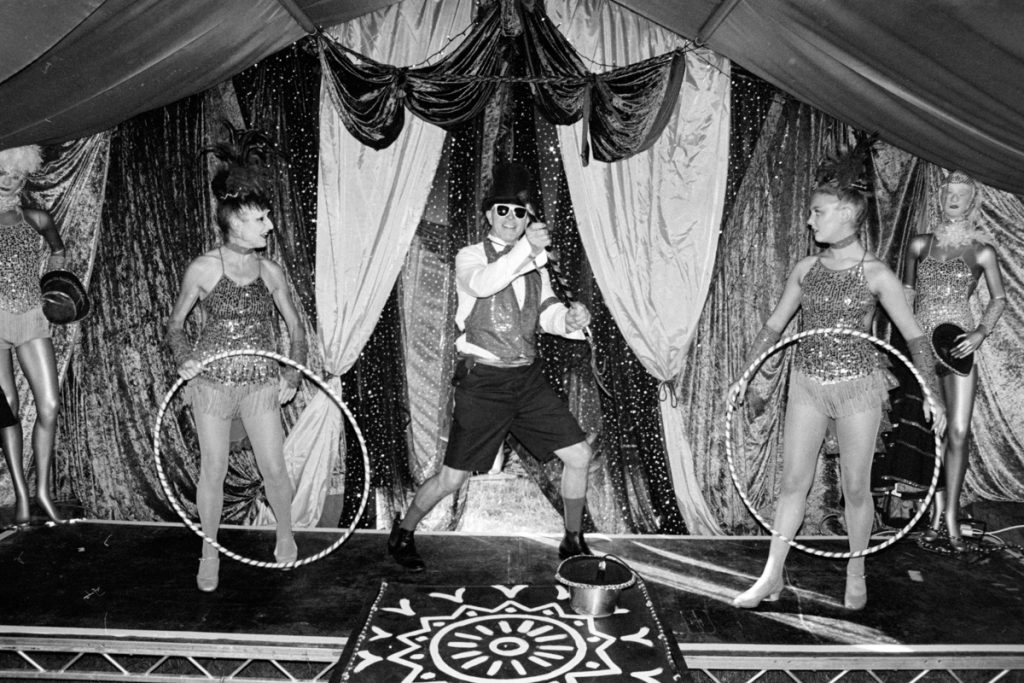
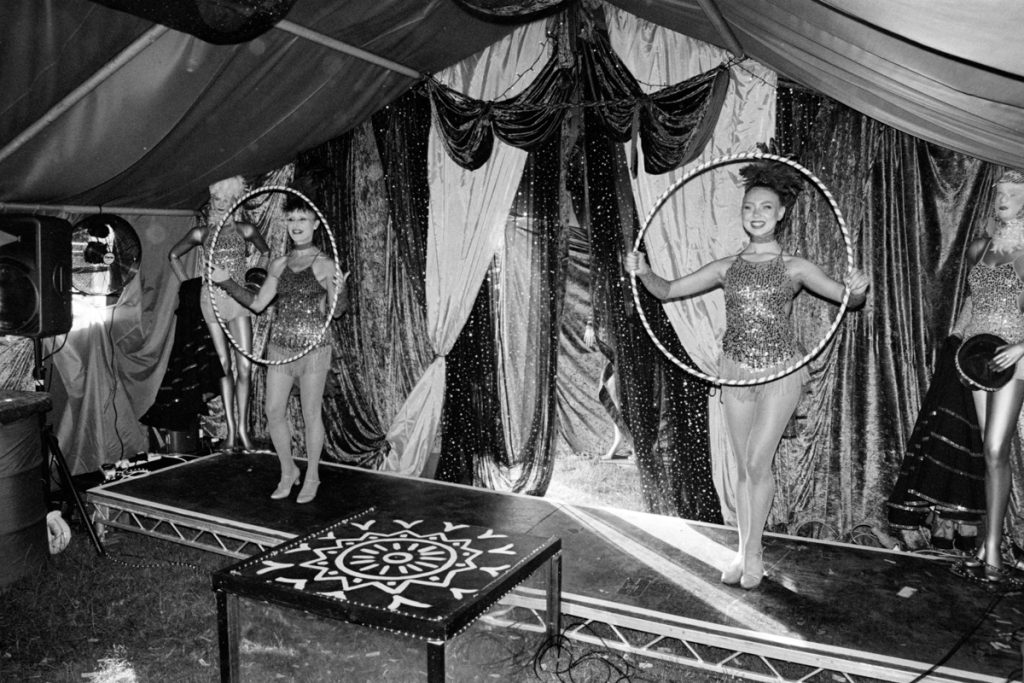
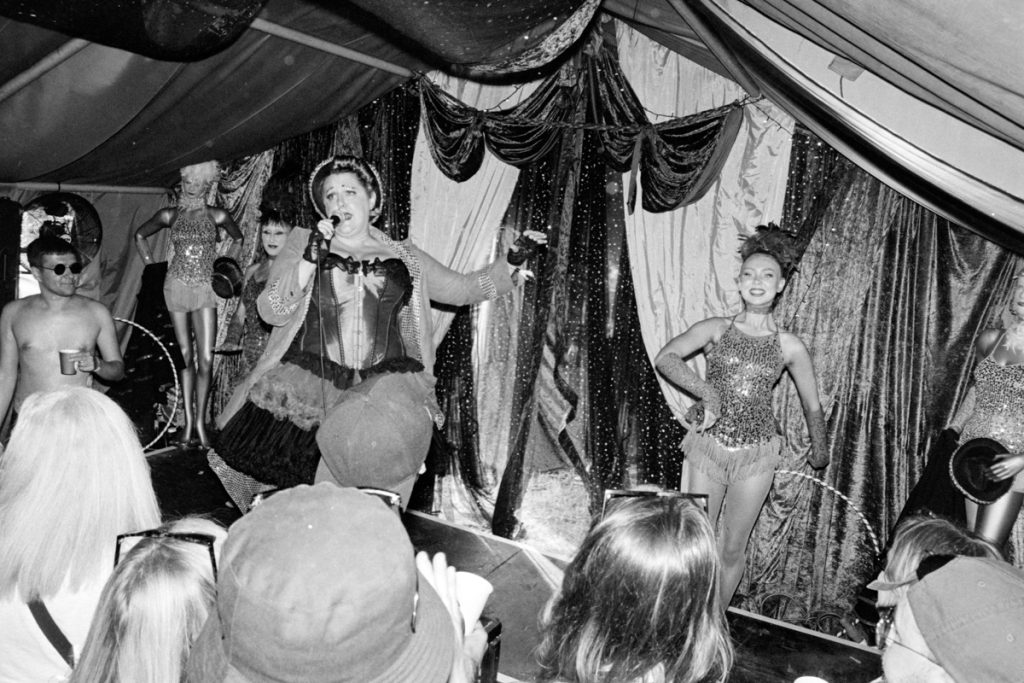
Day 2 (ORWO UN54)
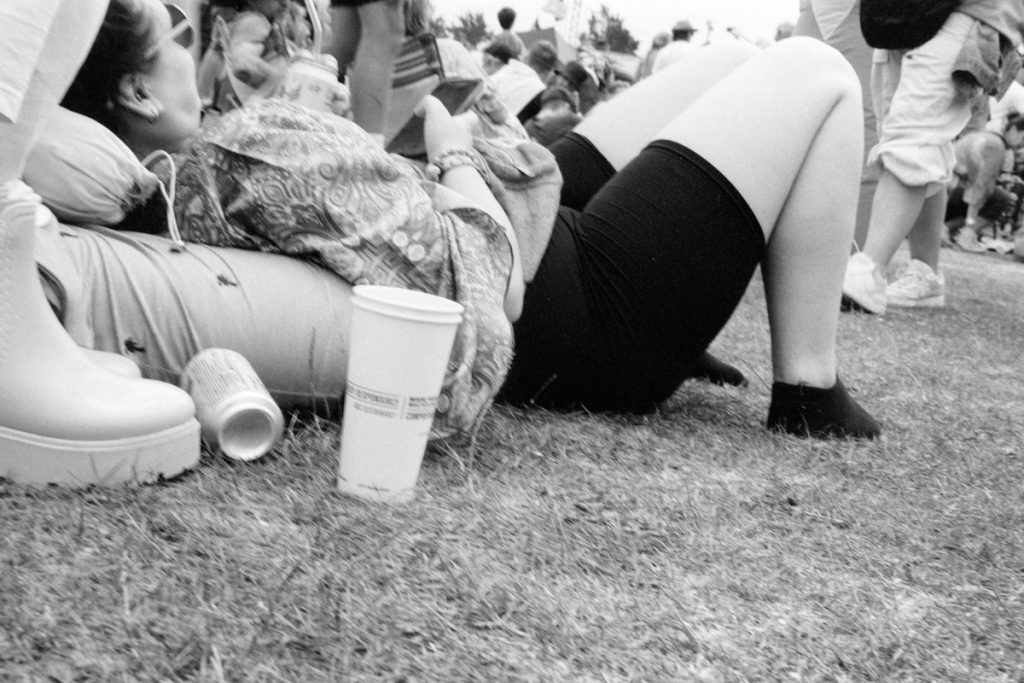
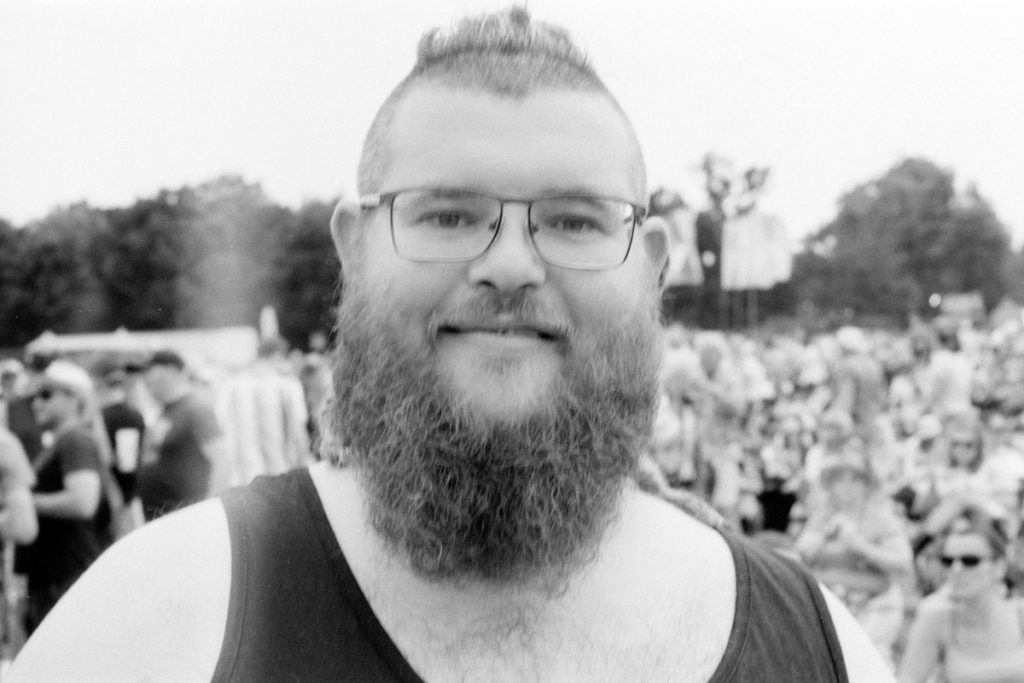
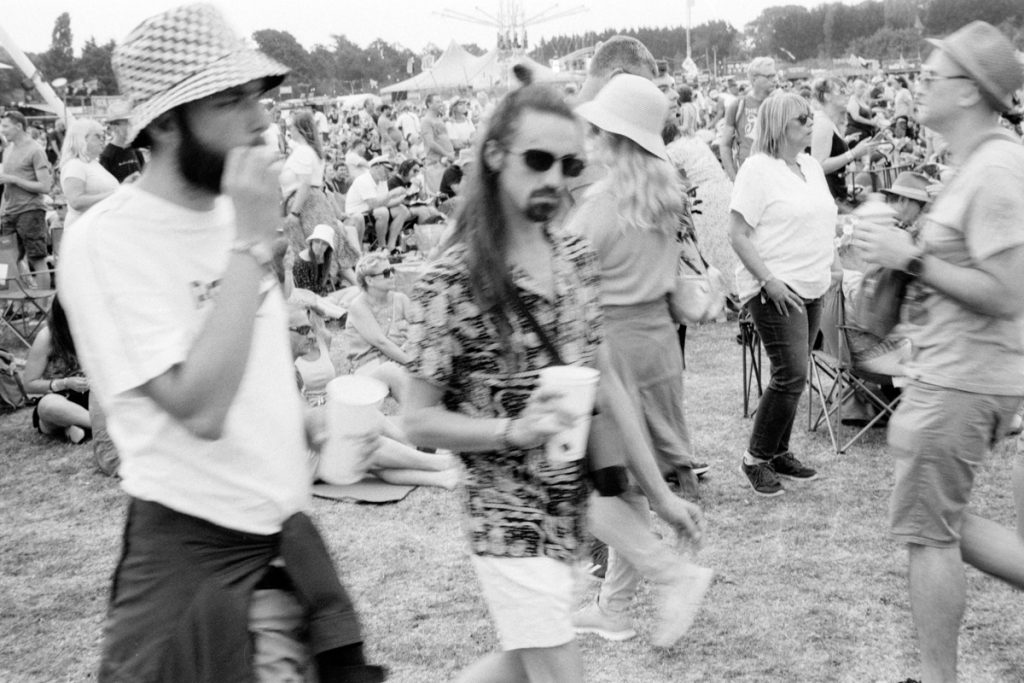
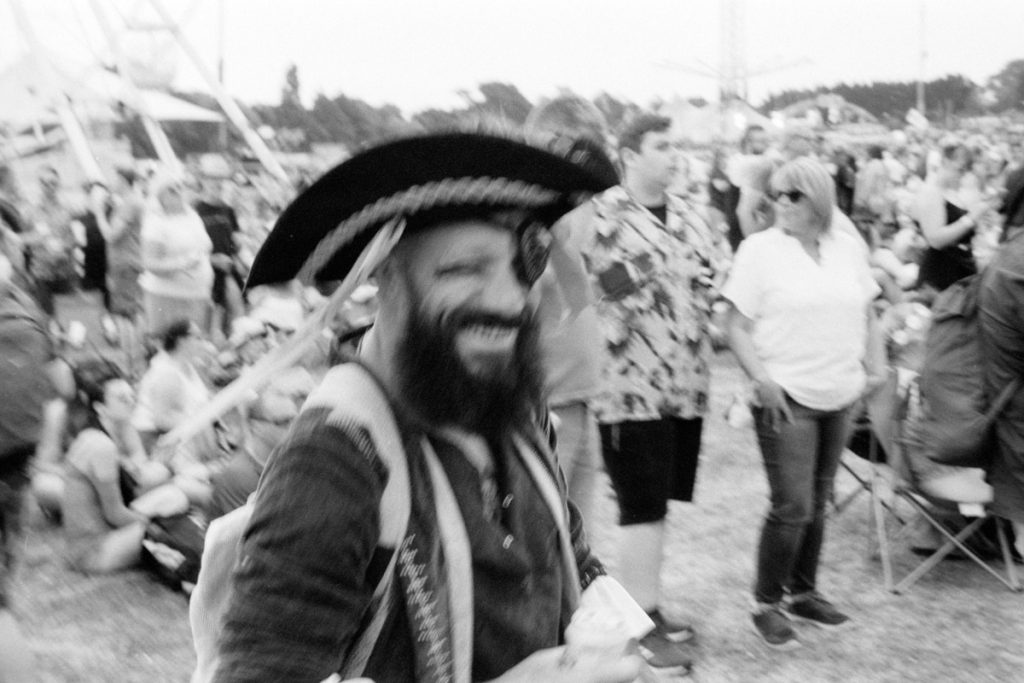
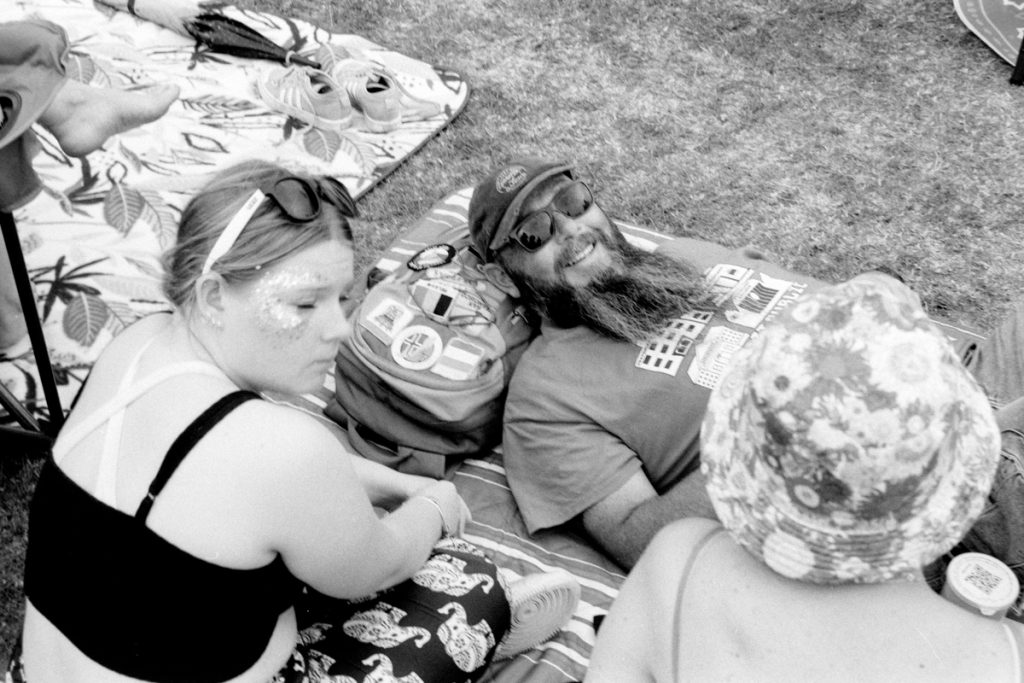
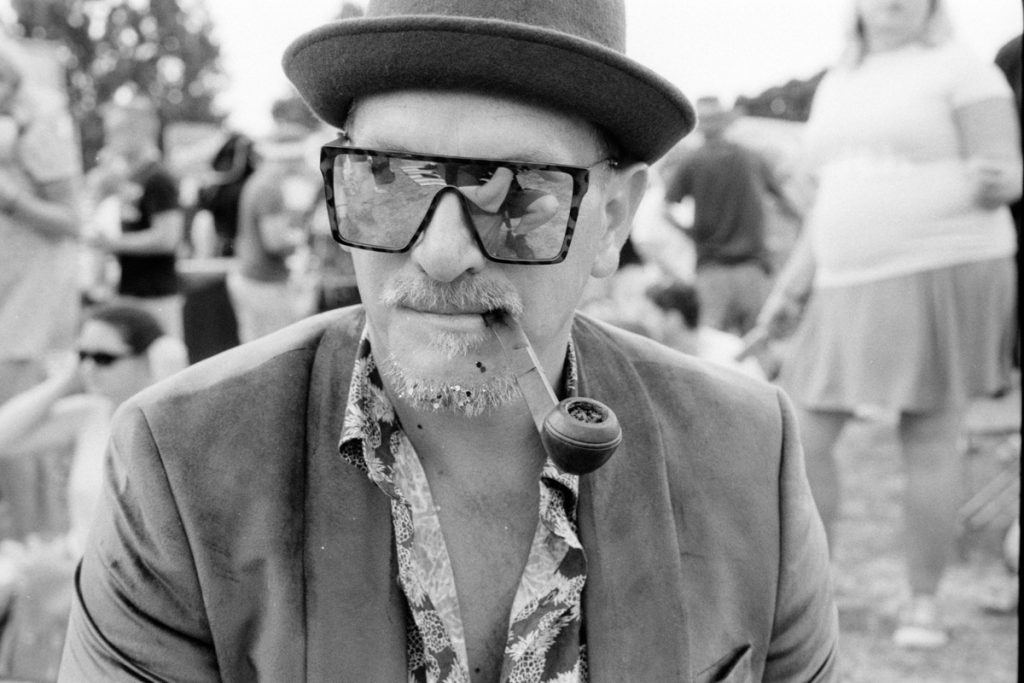
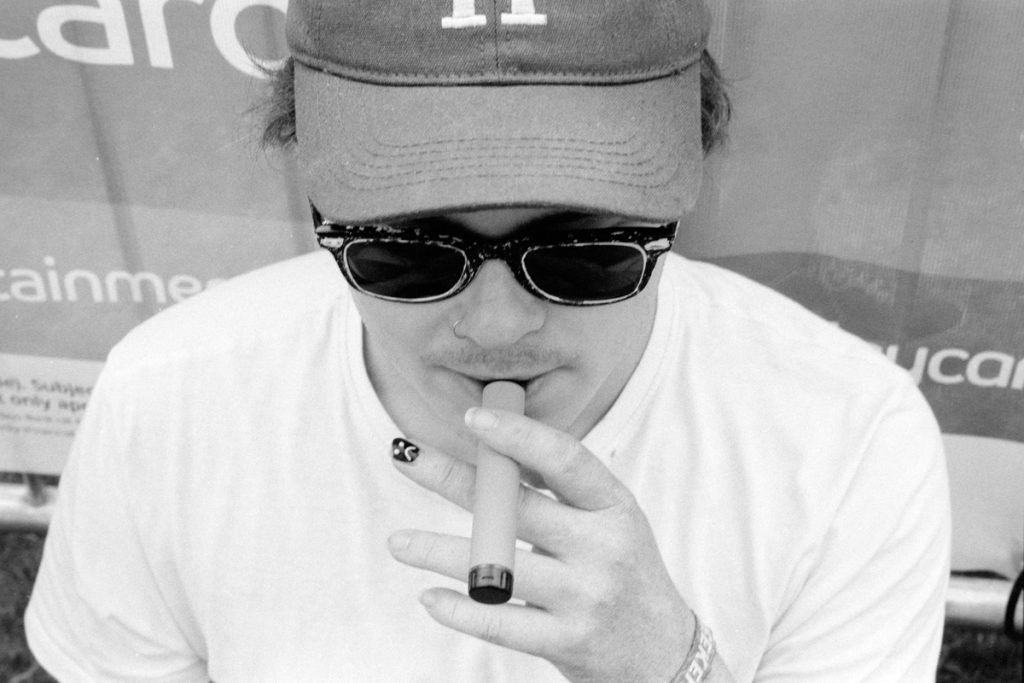
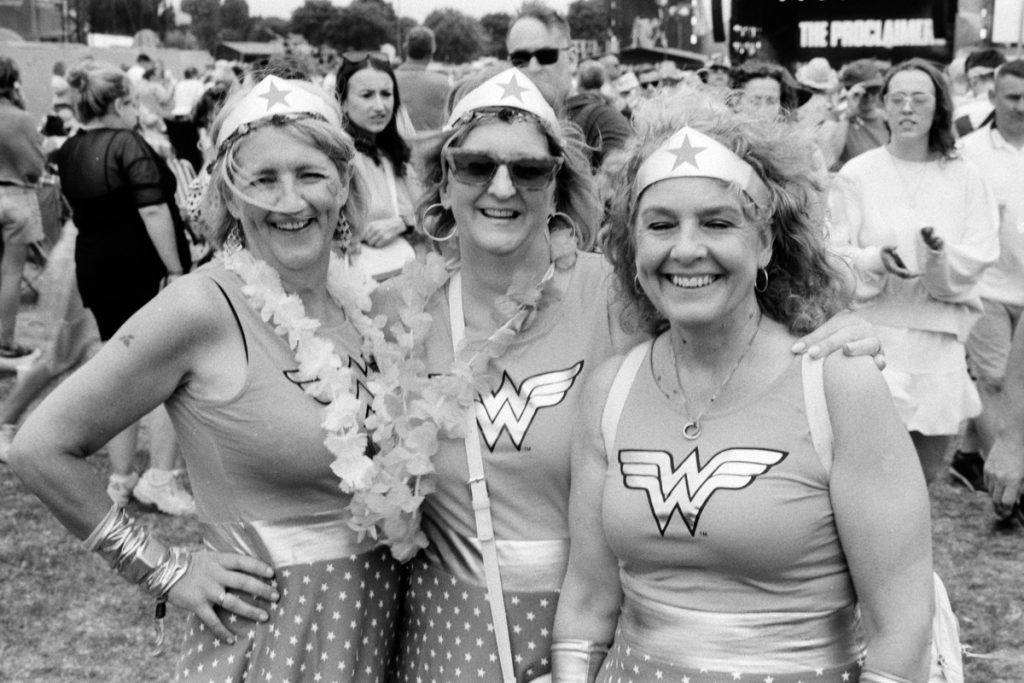
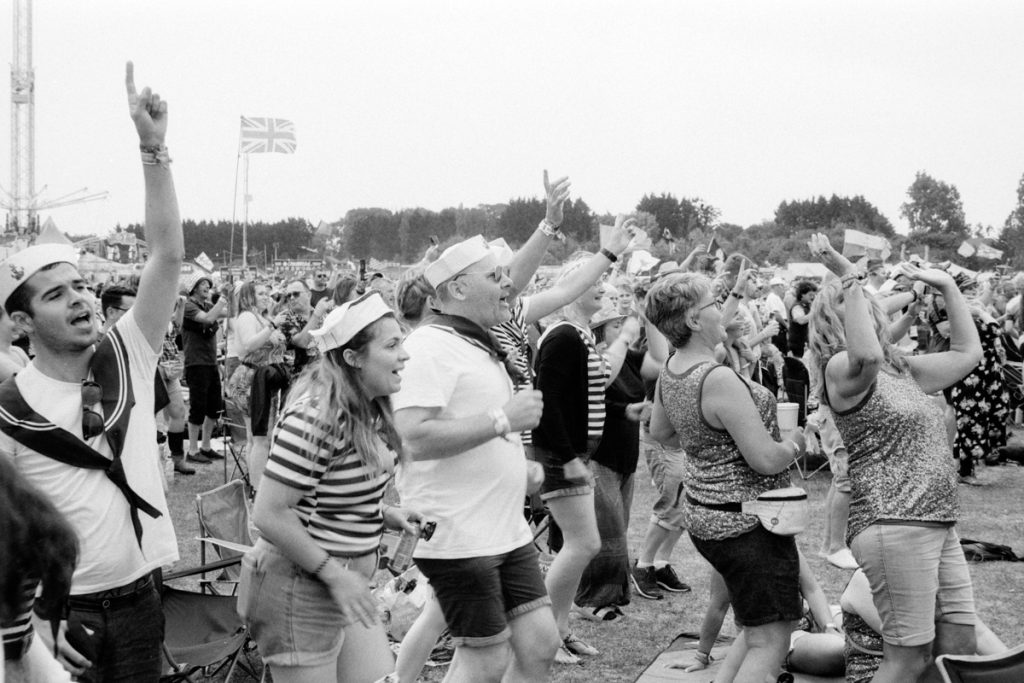
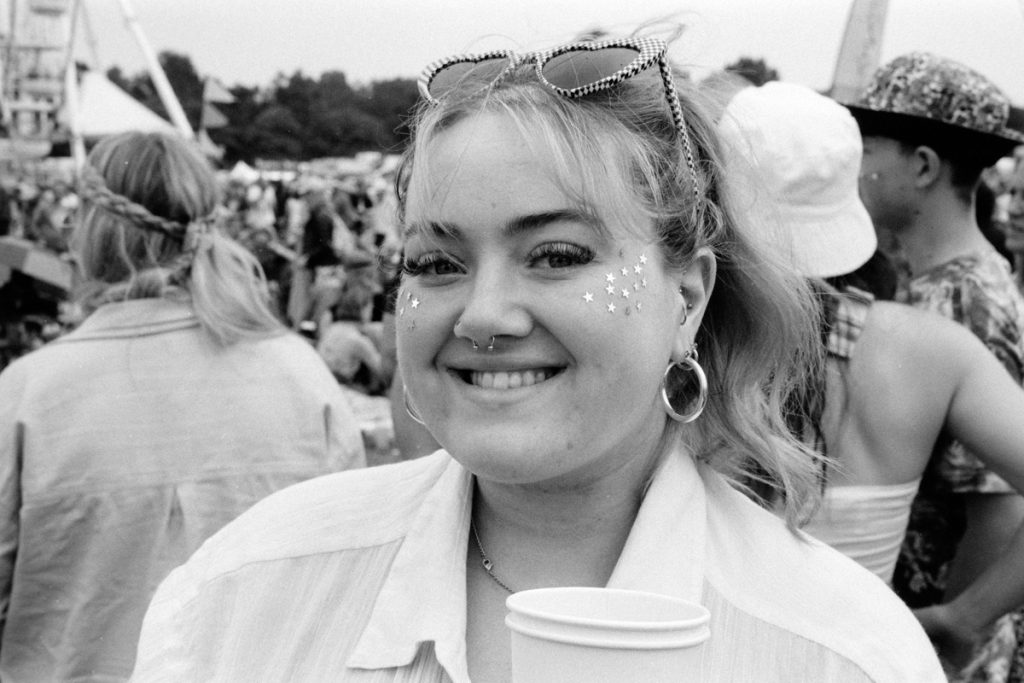
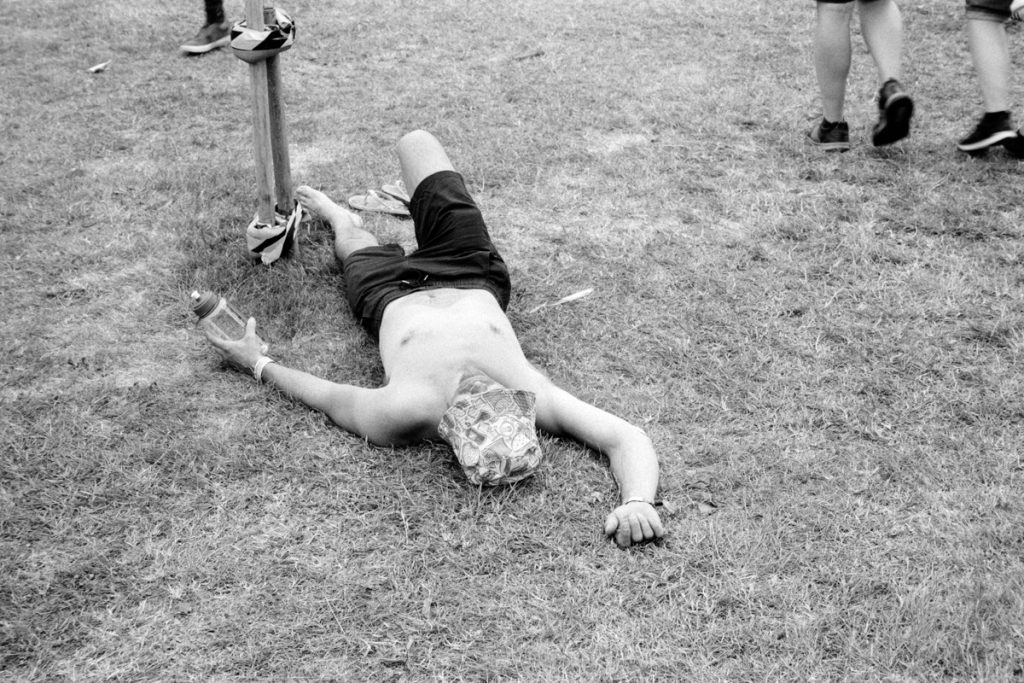
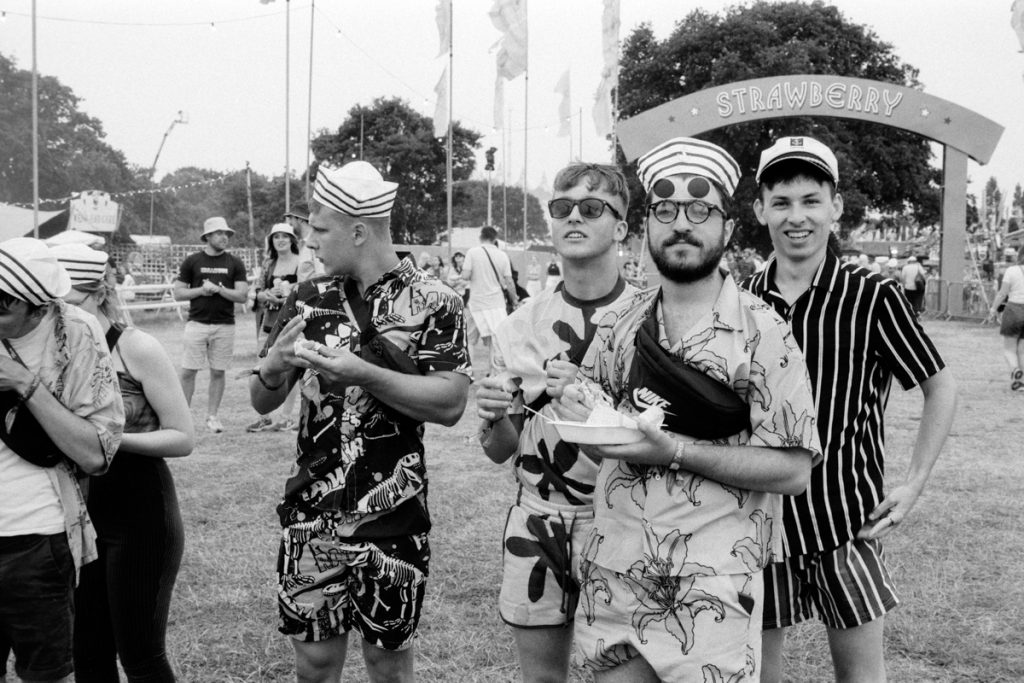
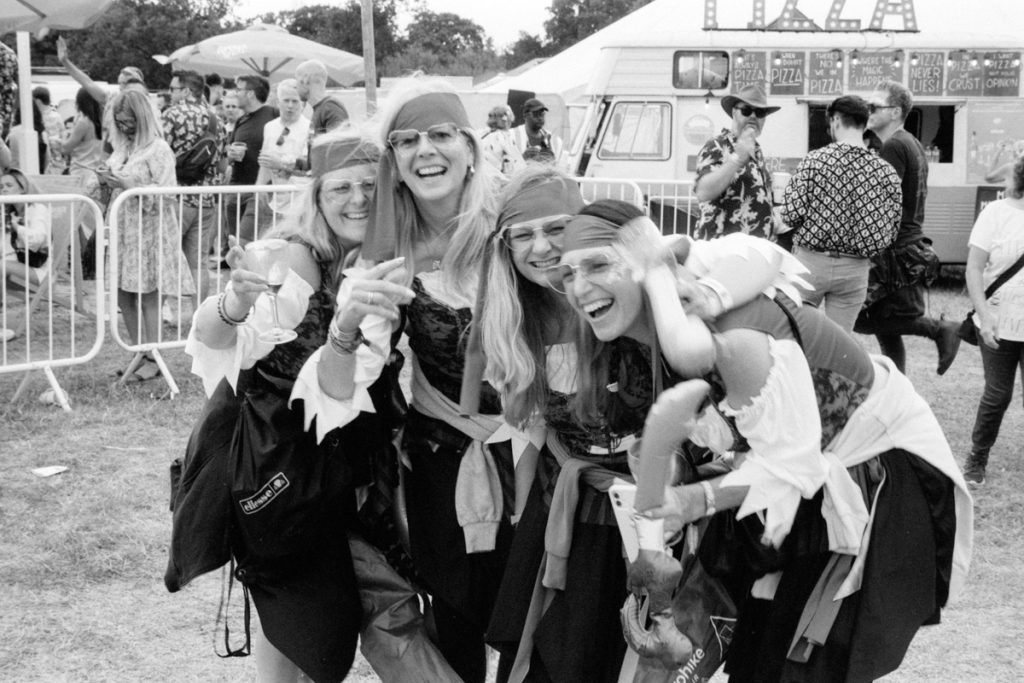
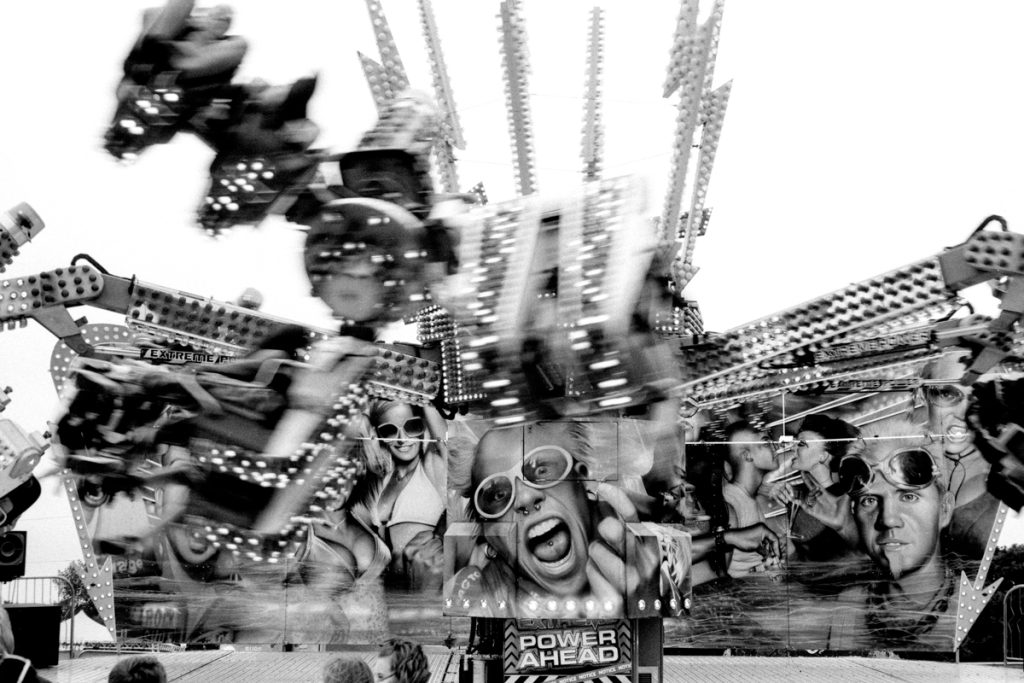
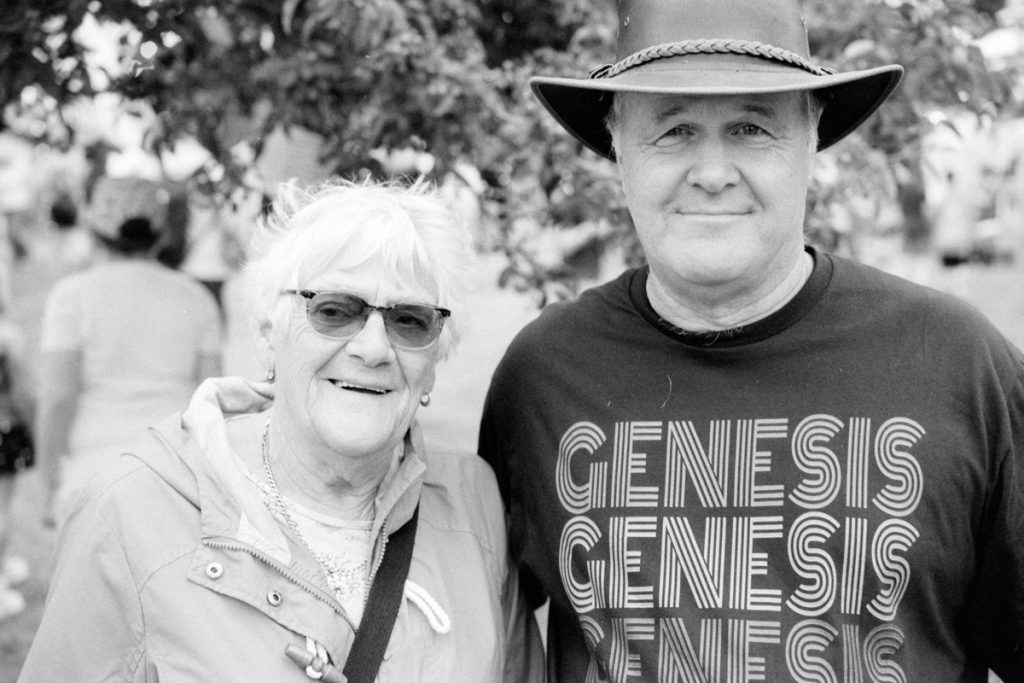
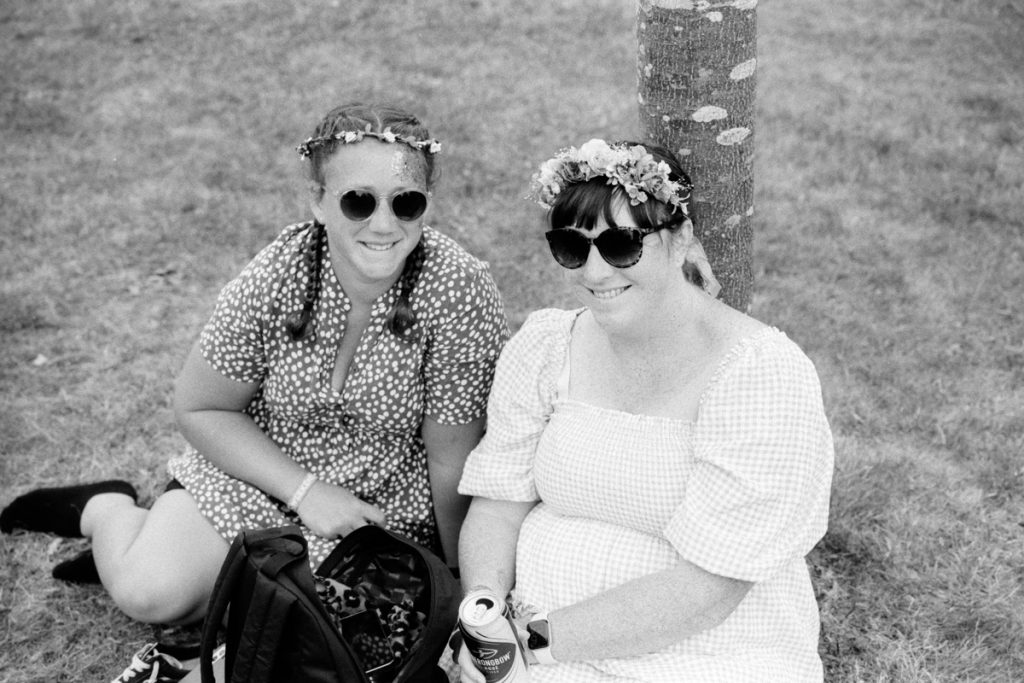
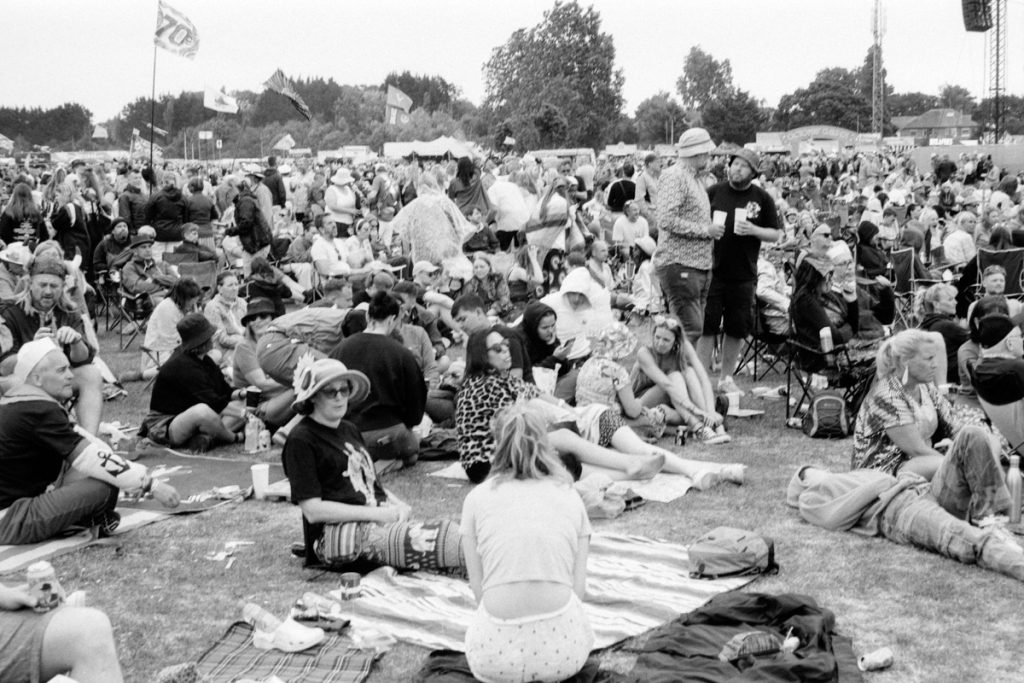
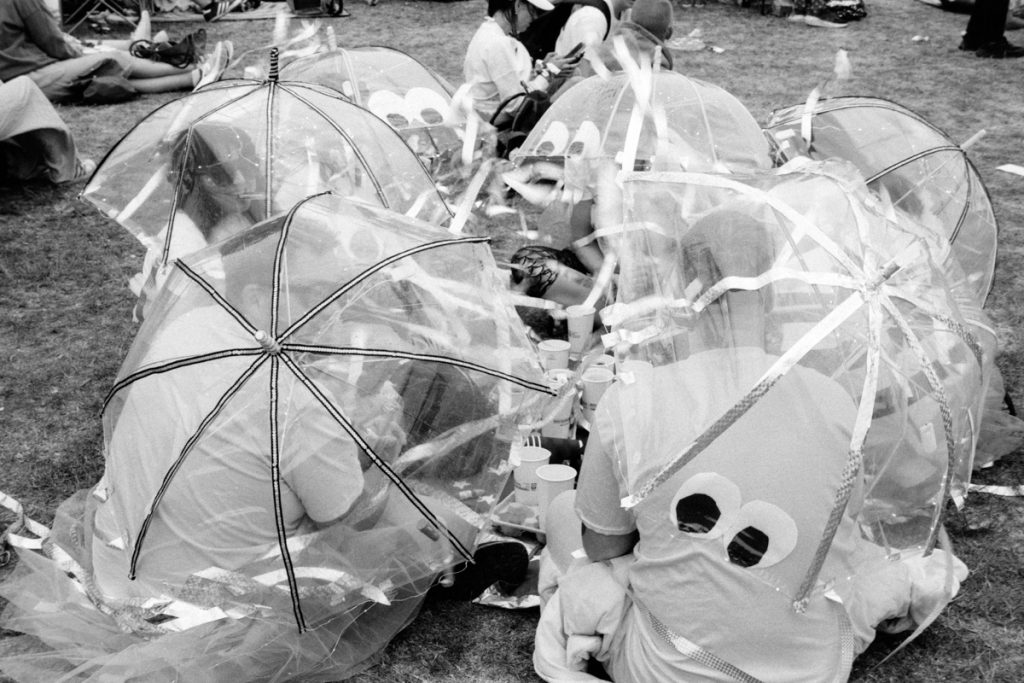
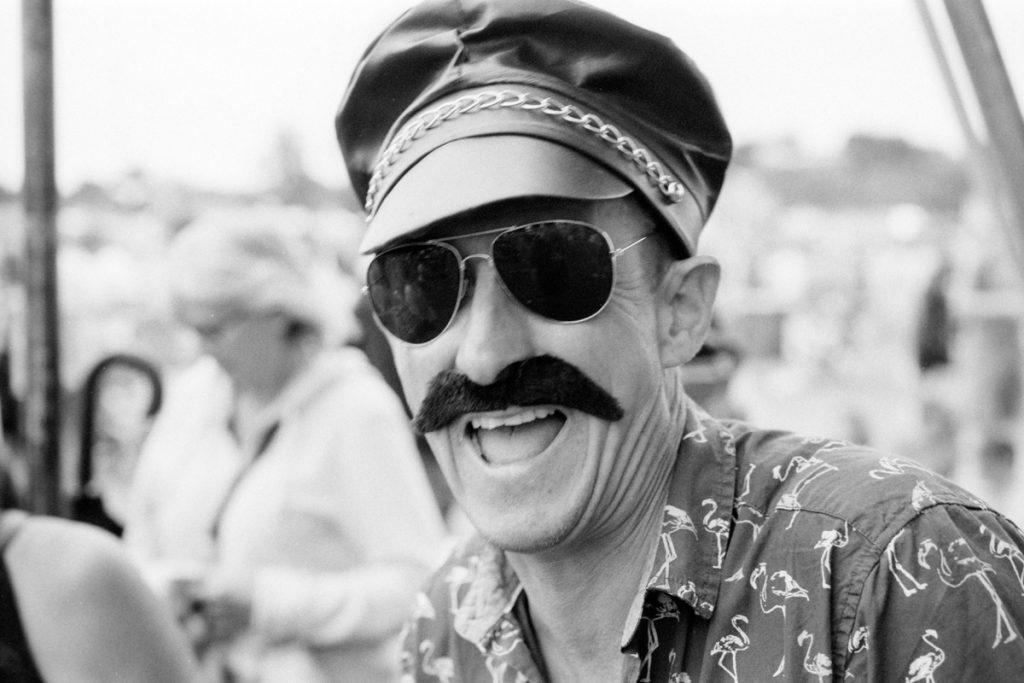
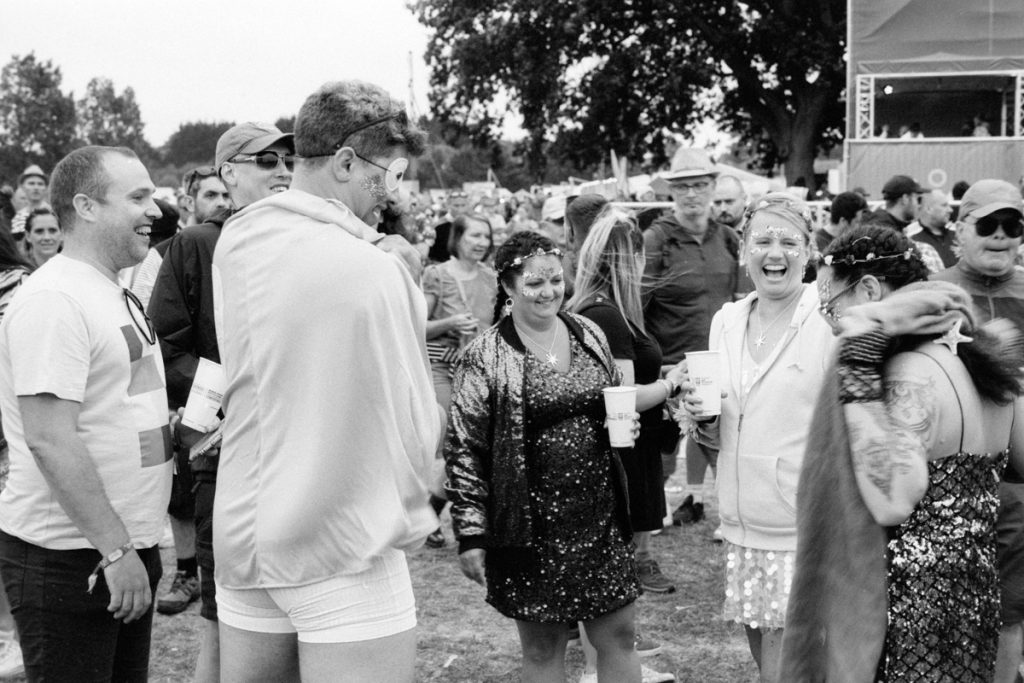
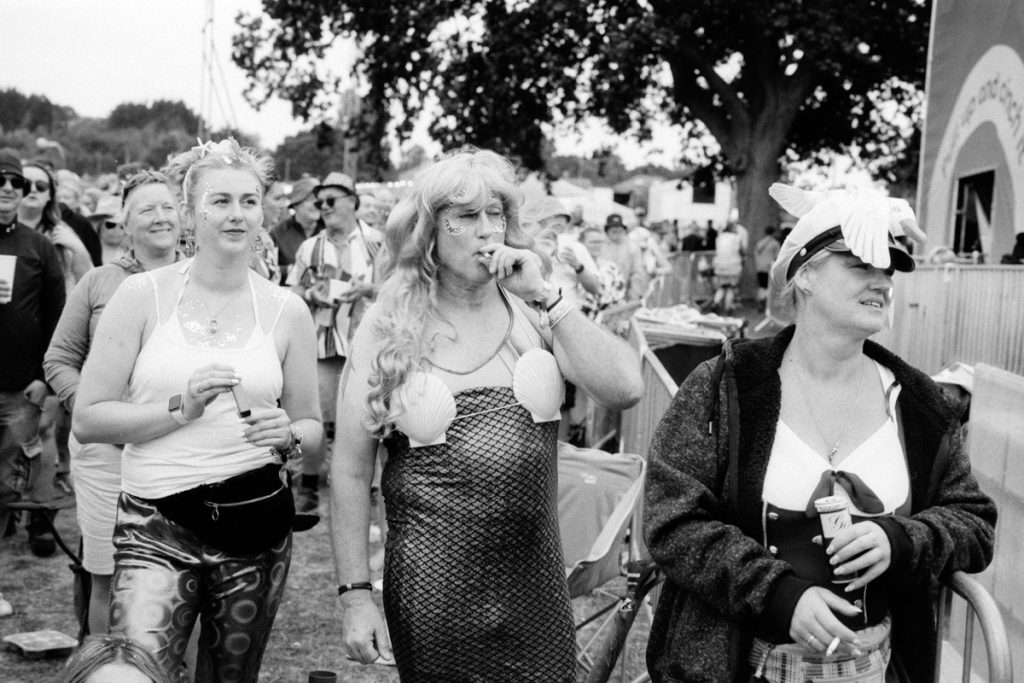
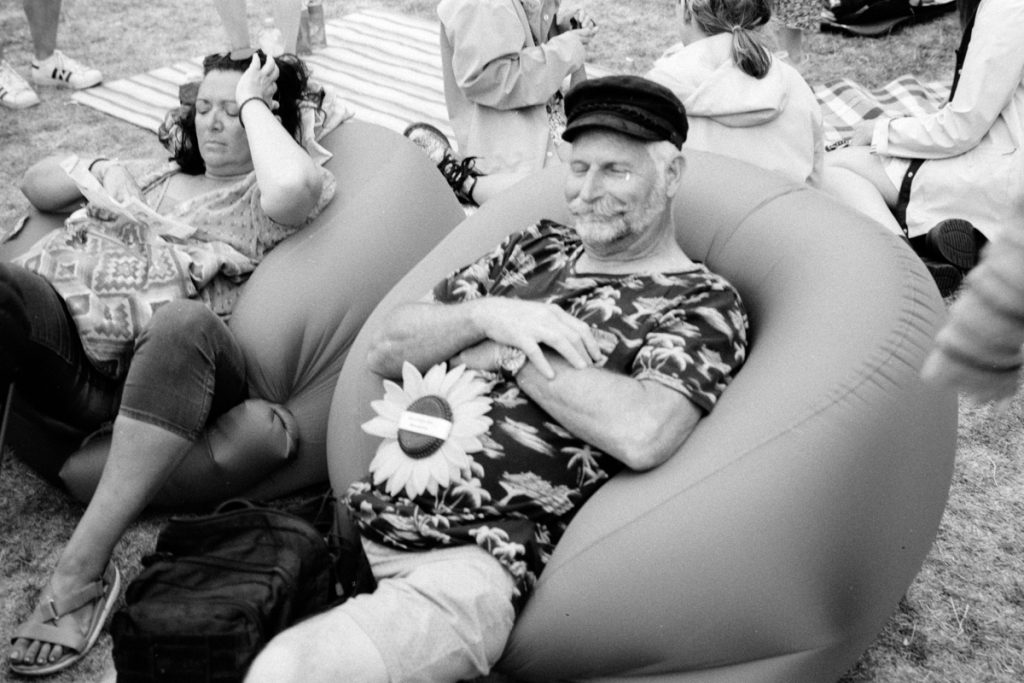
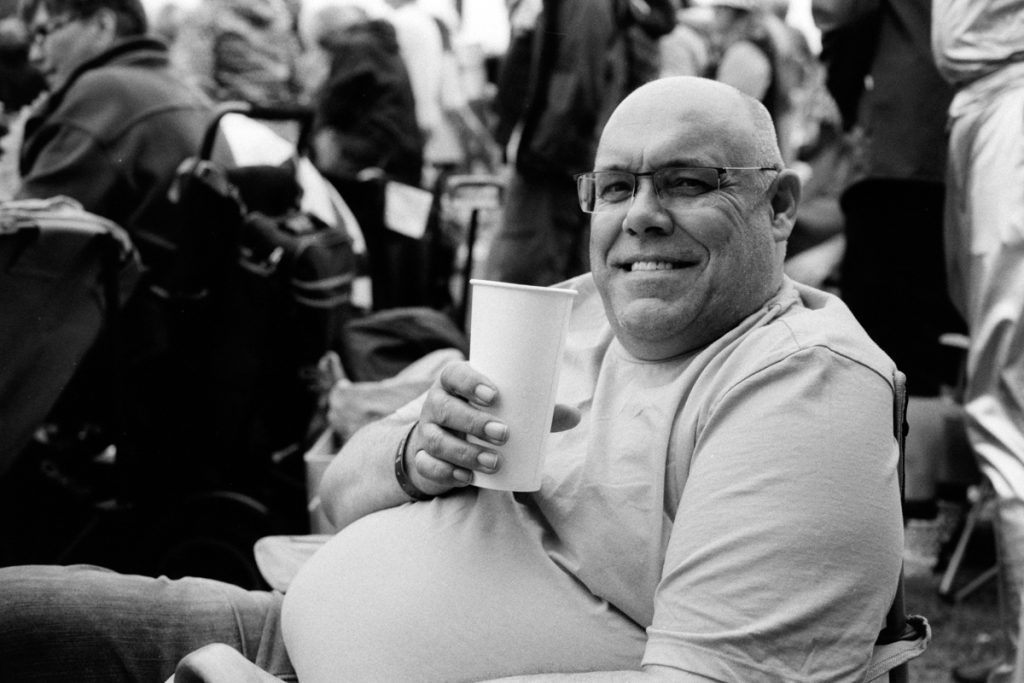
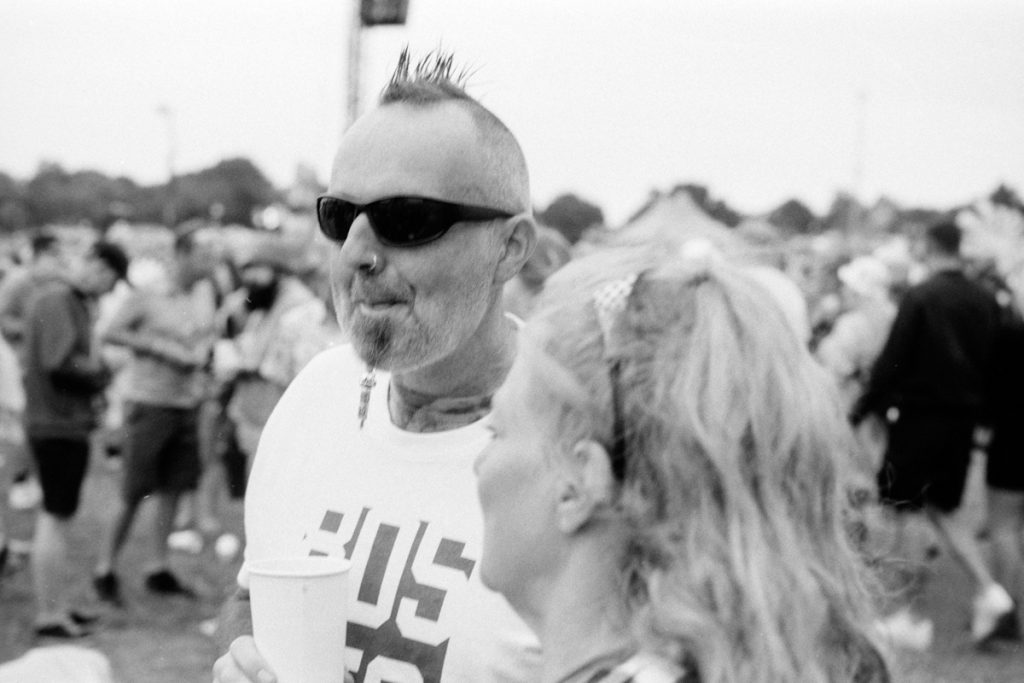
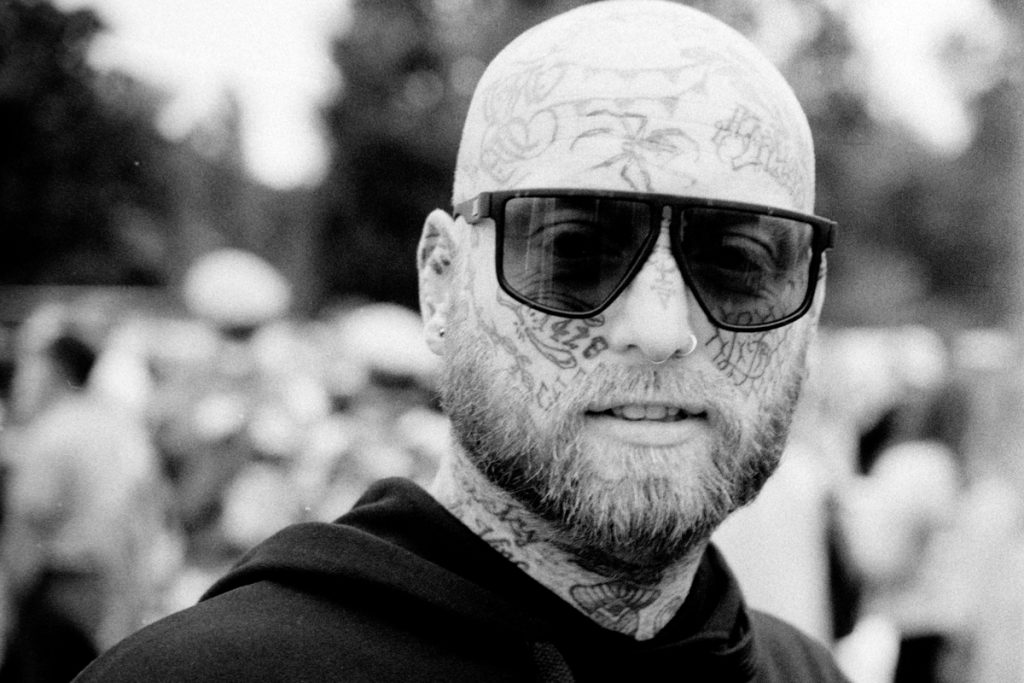
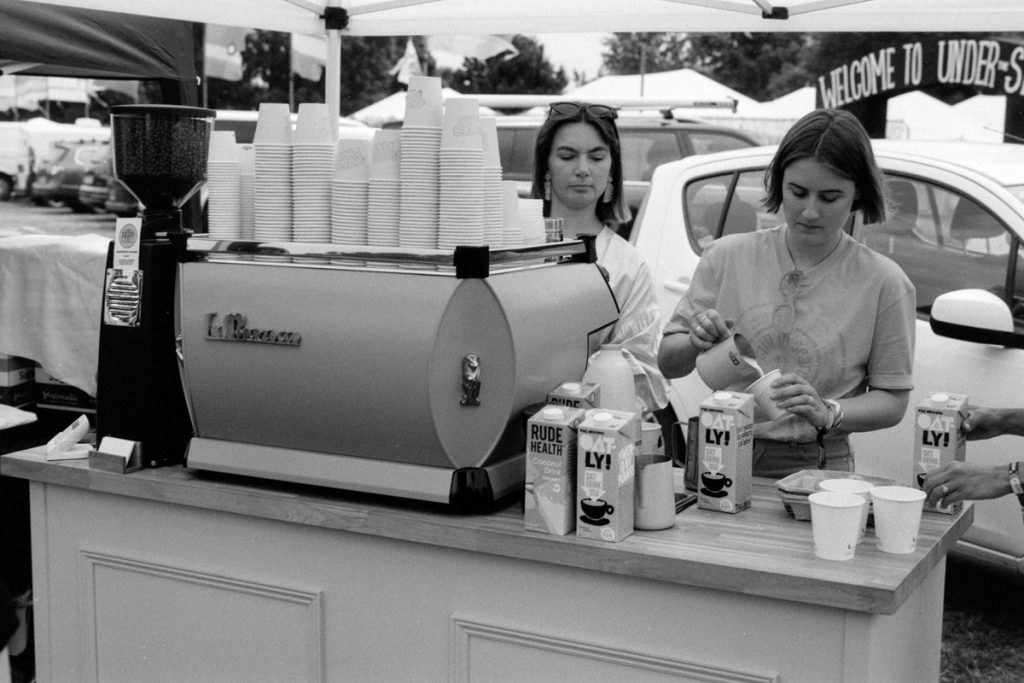
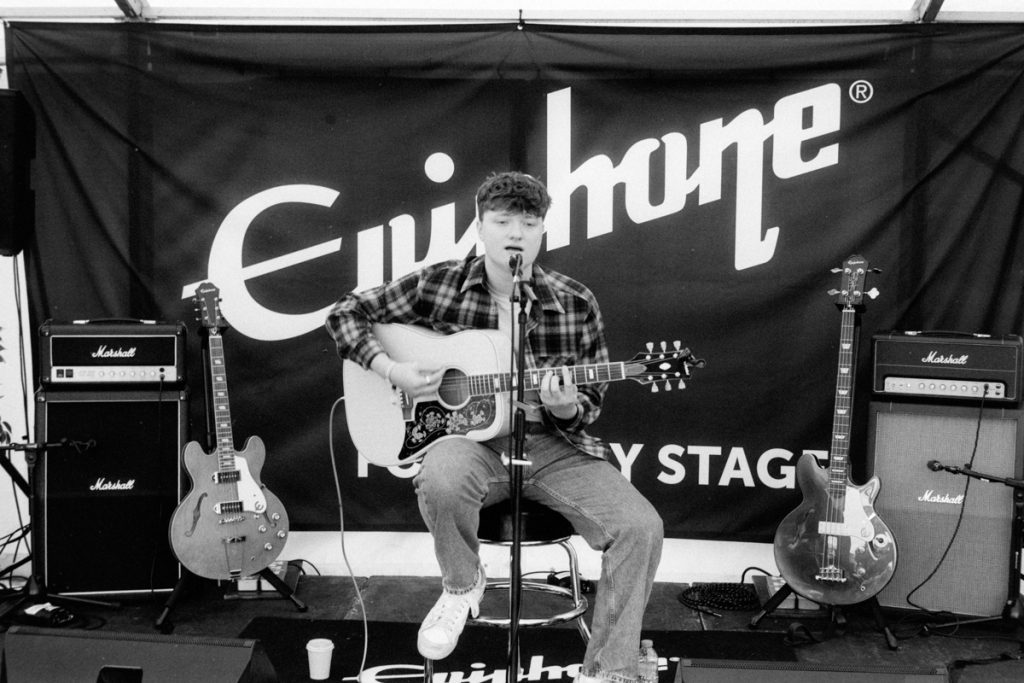
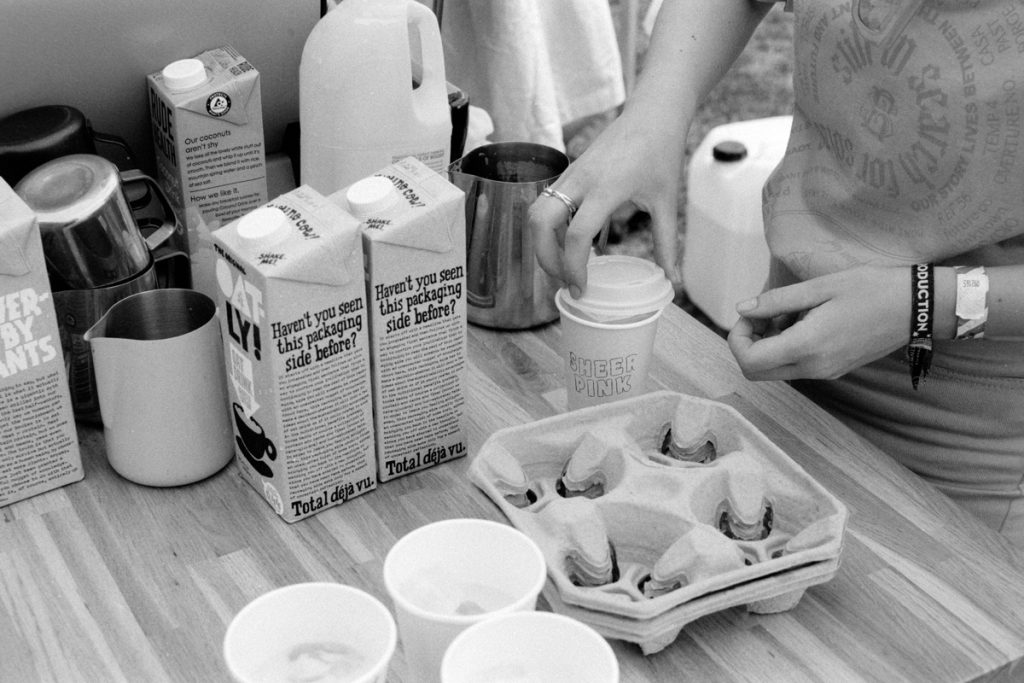
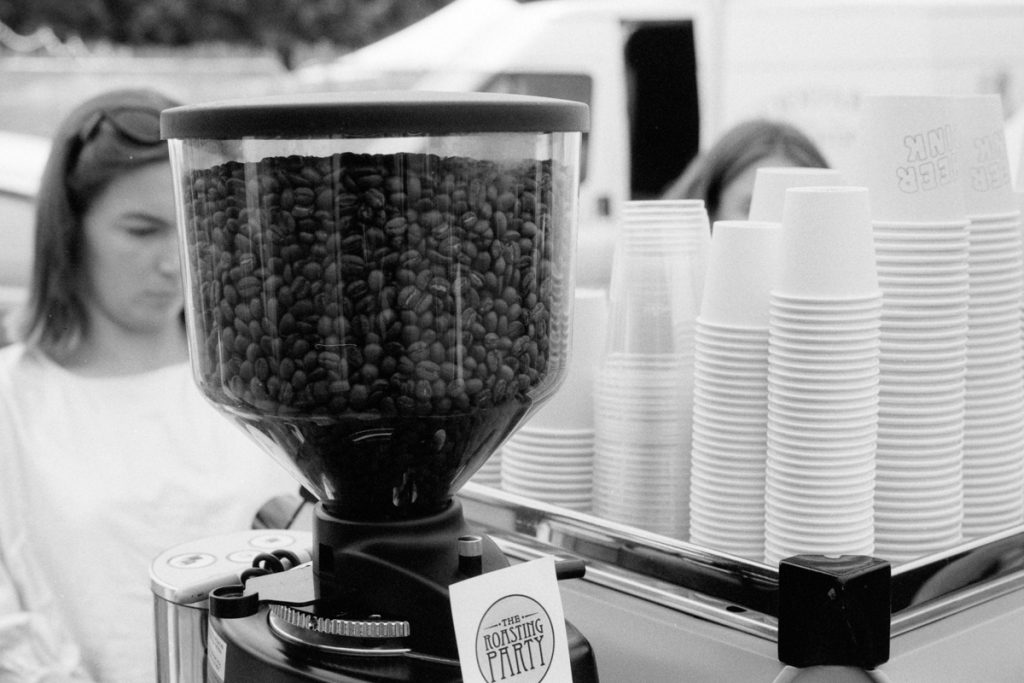
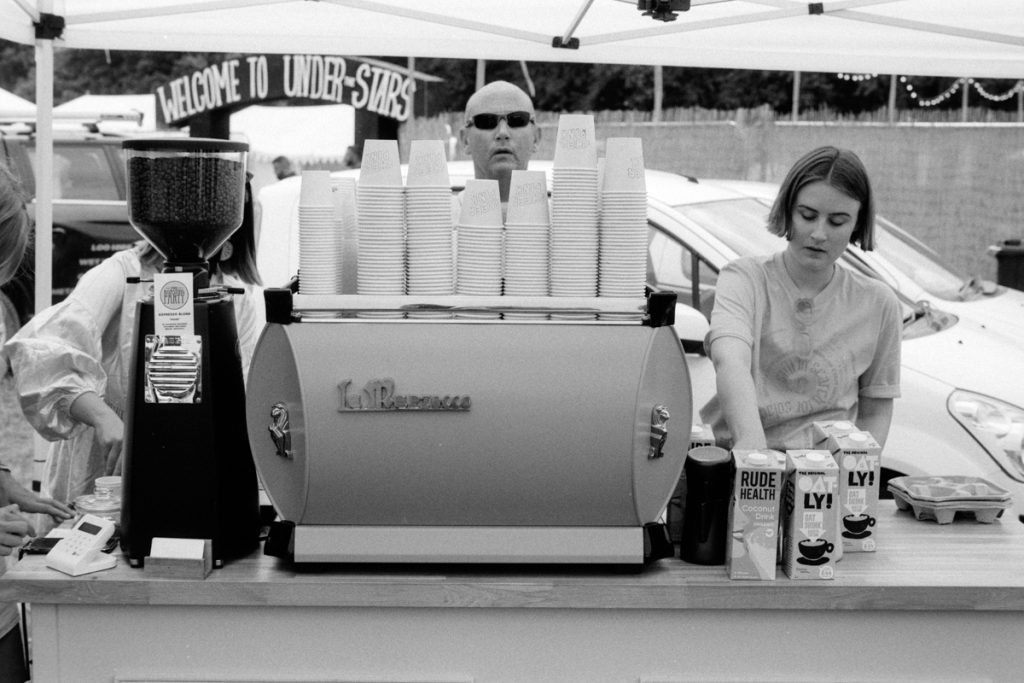
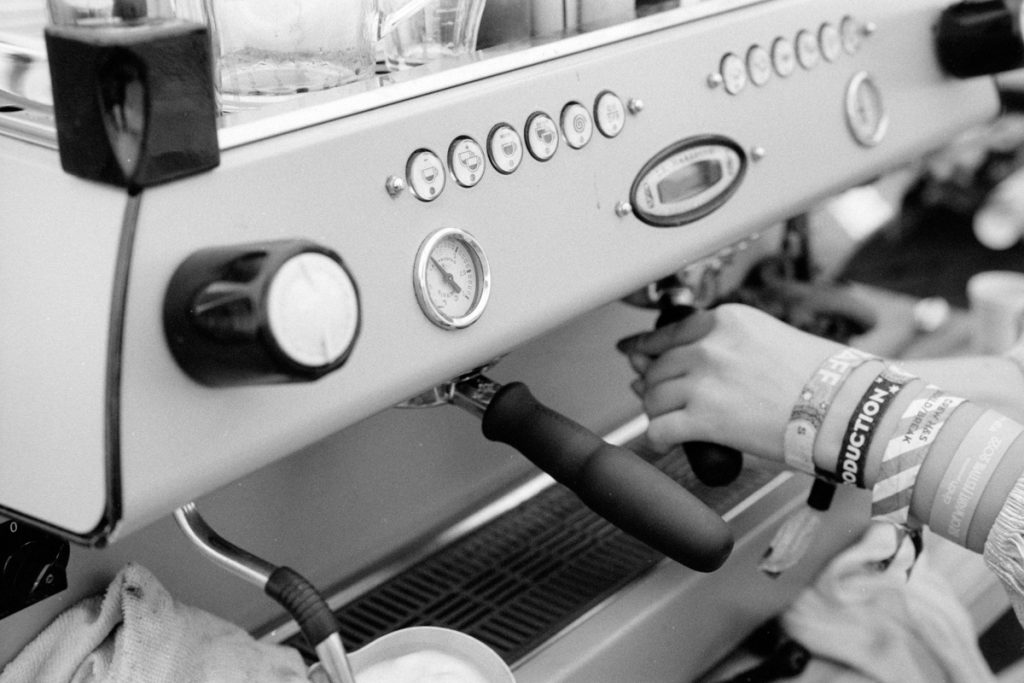
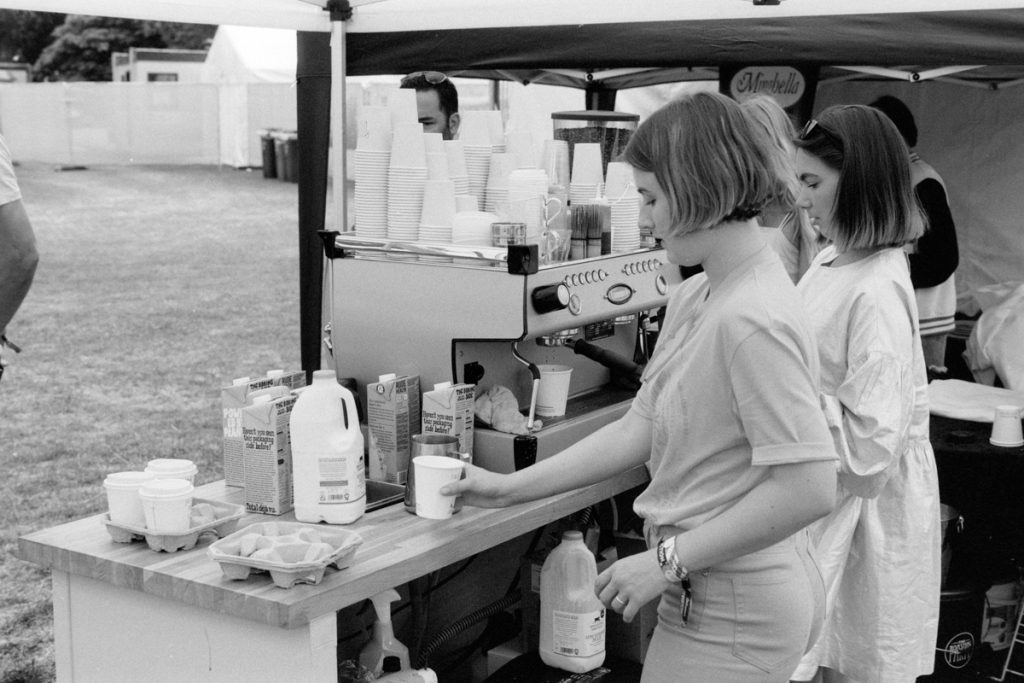
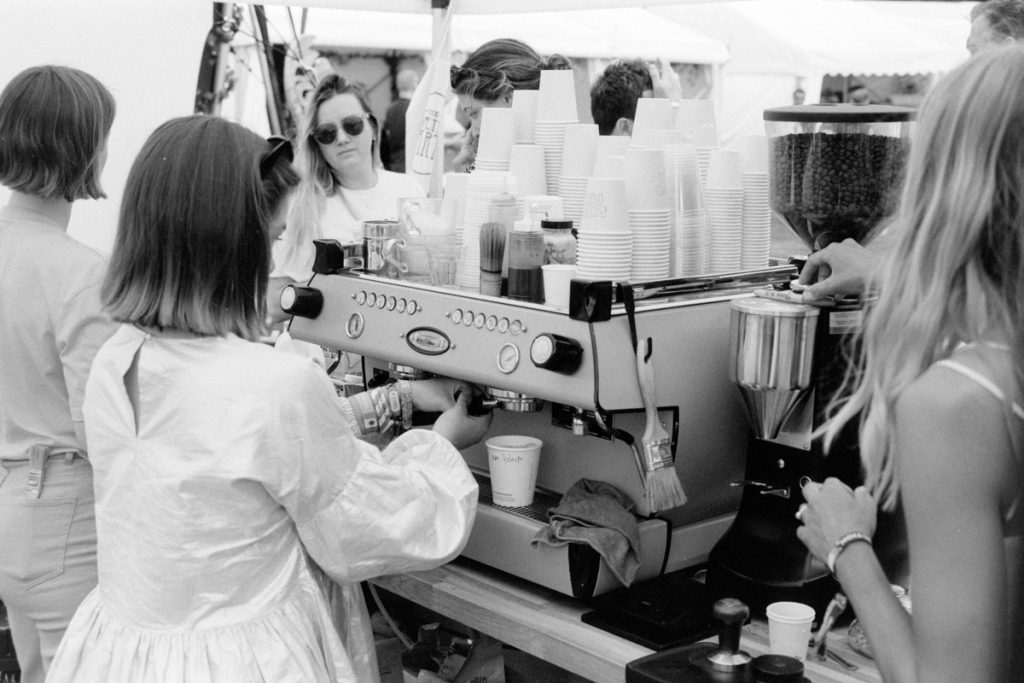
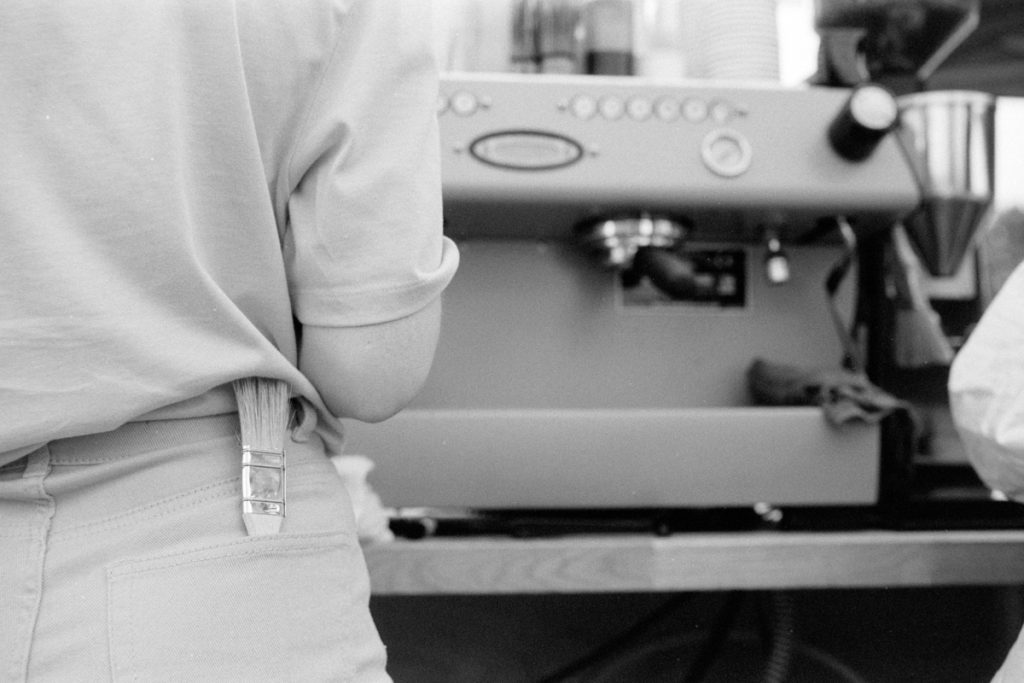
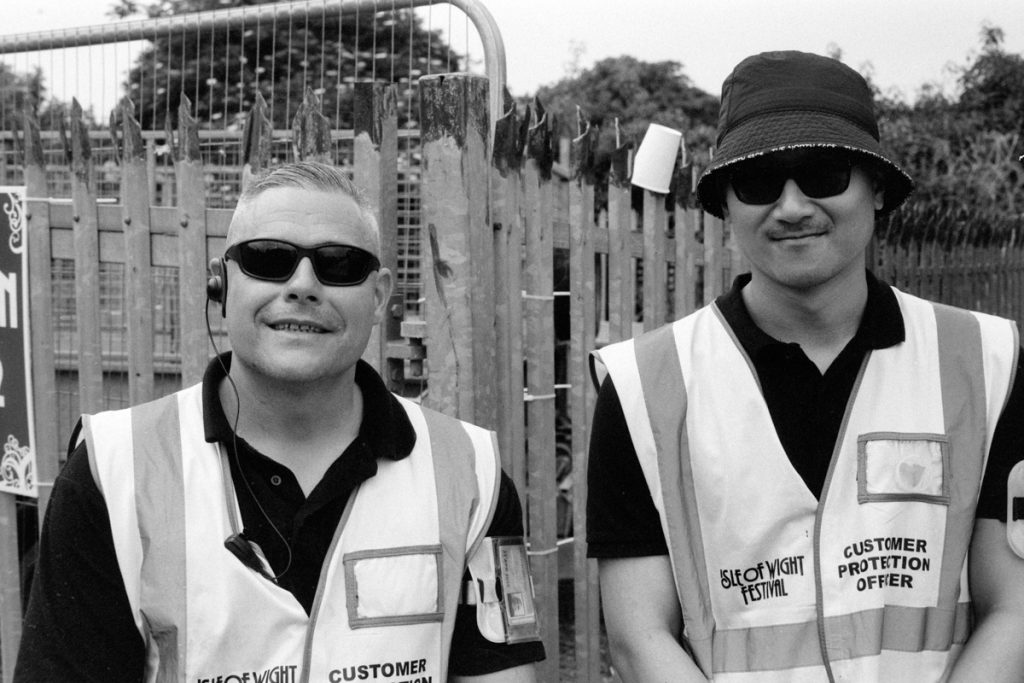
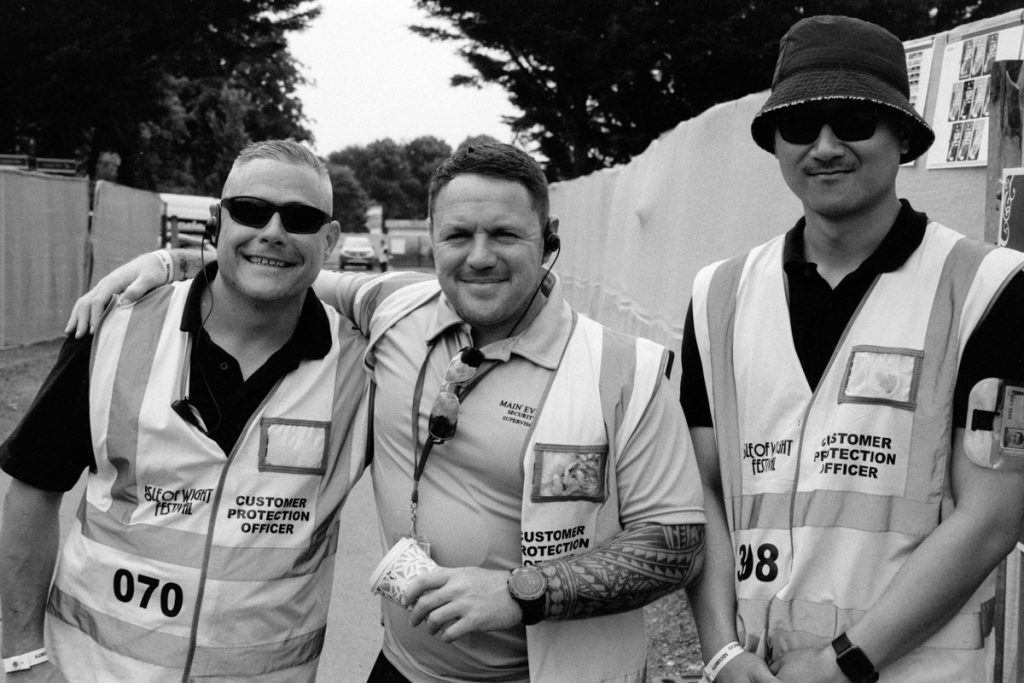
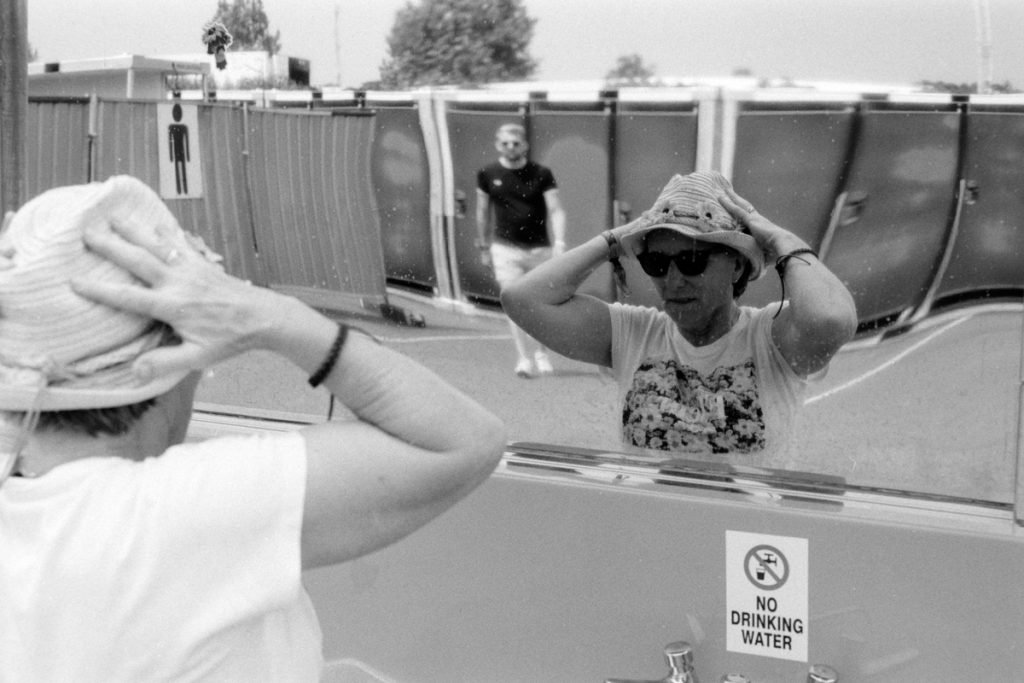
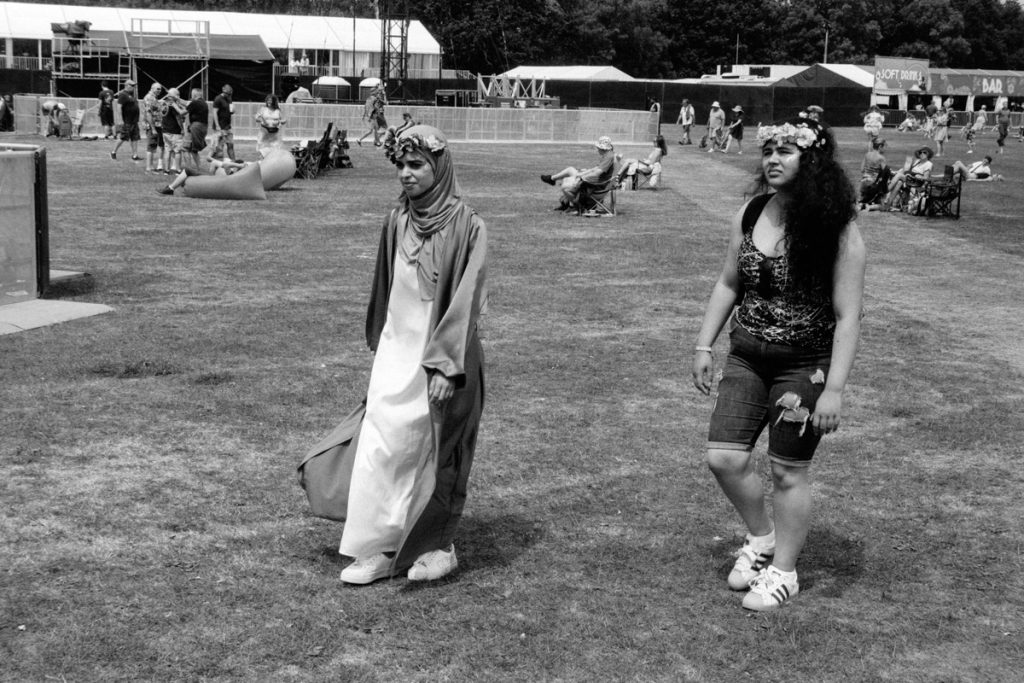
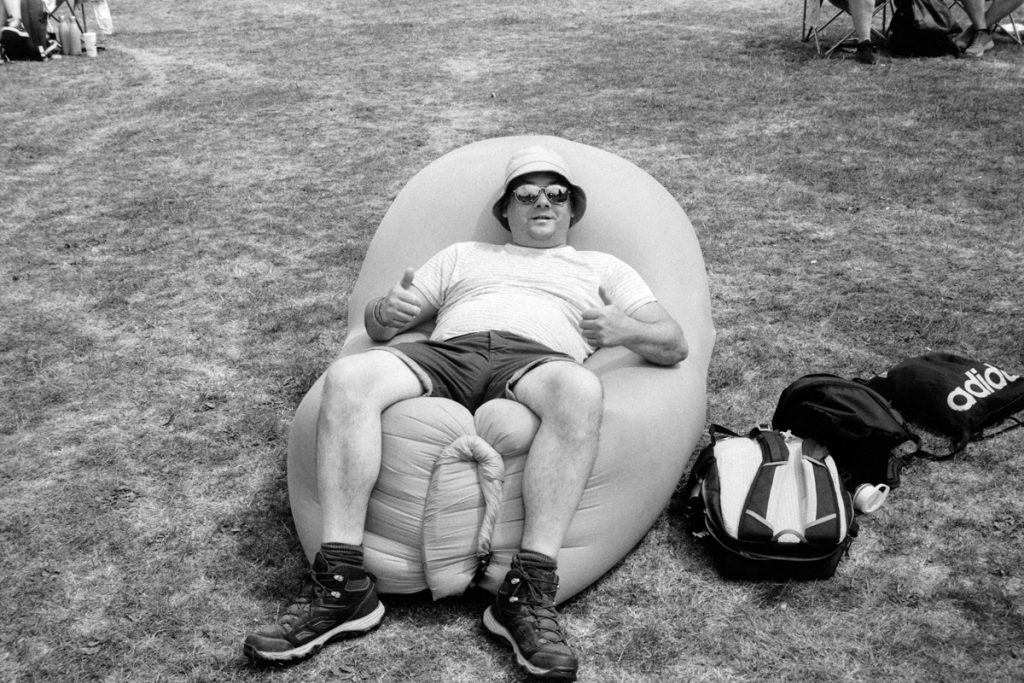
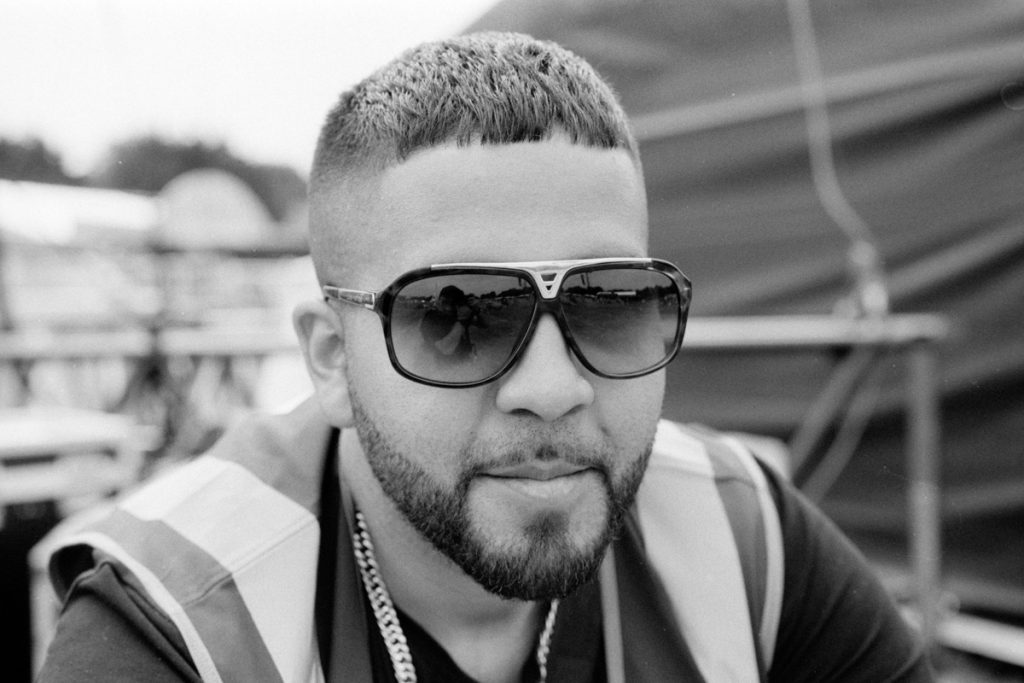
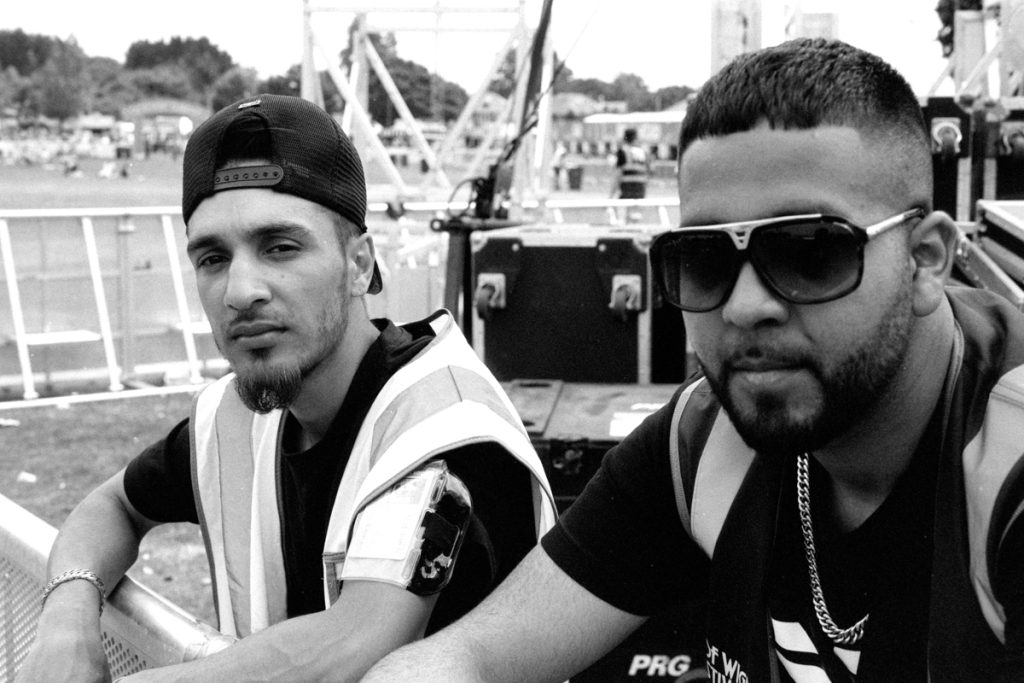
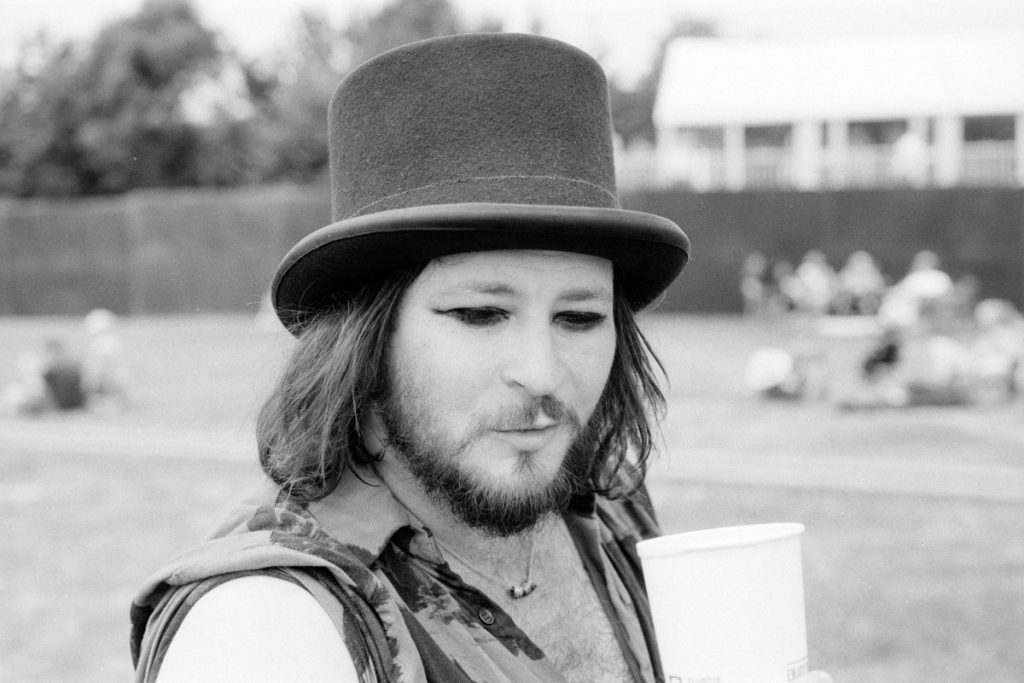
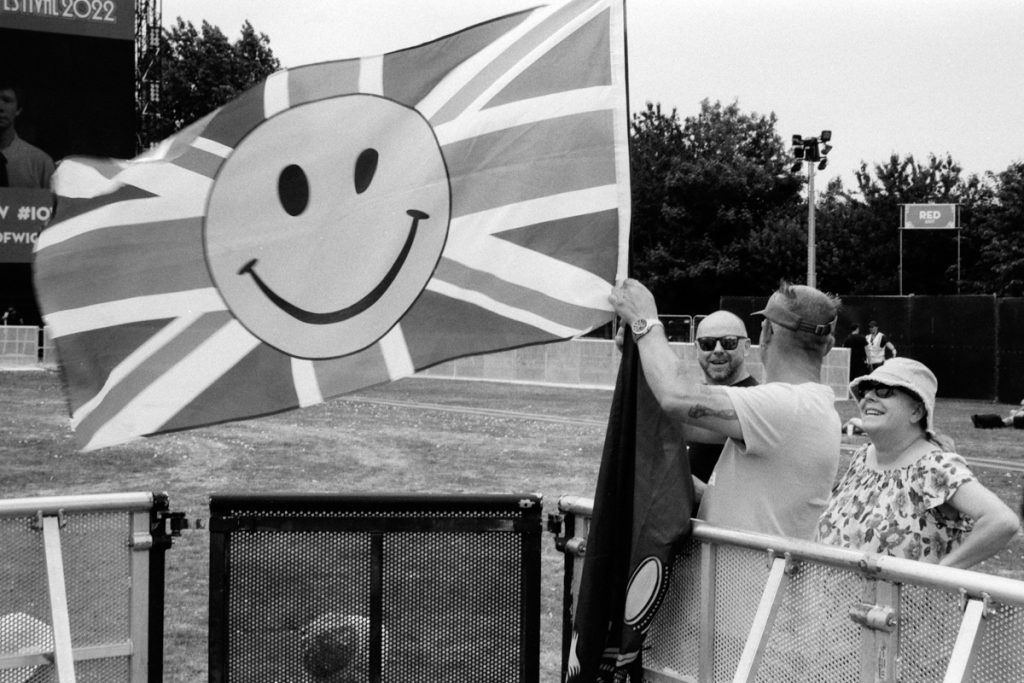
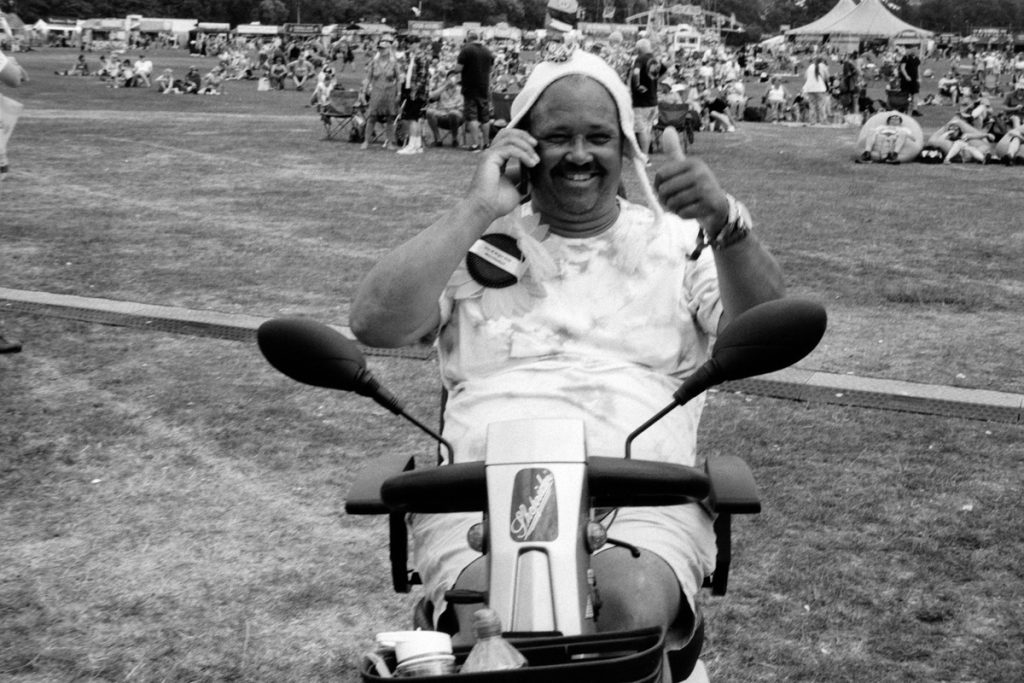
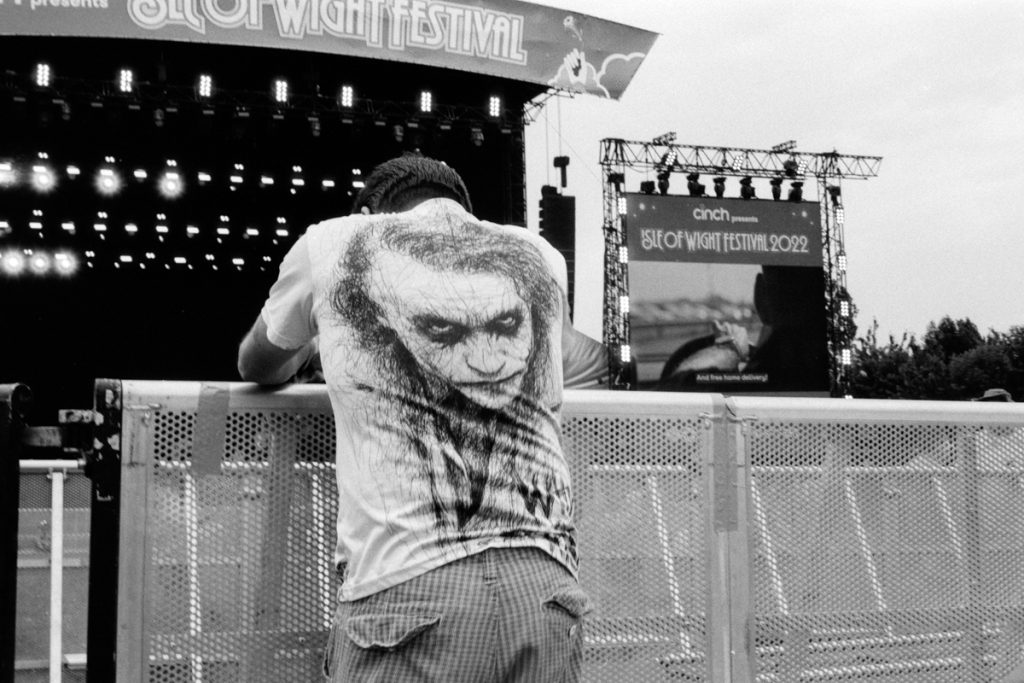
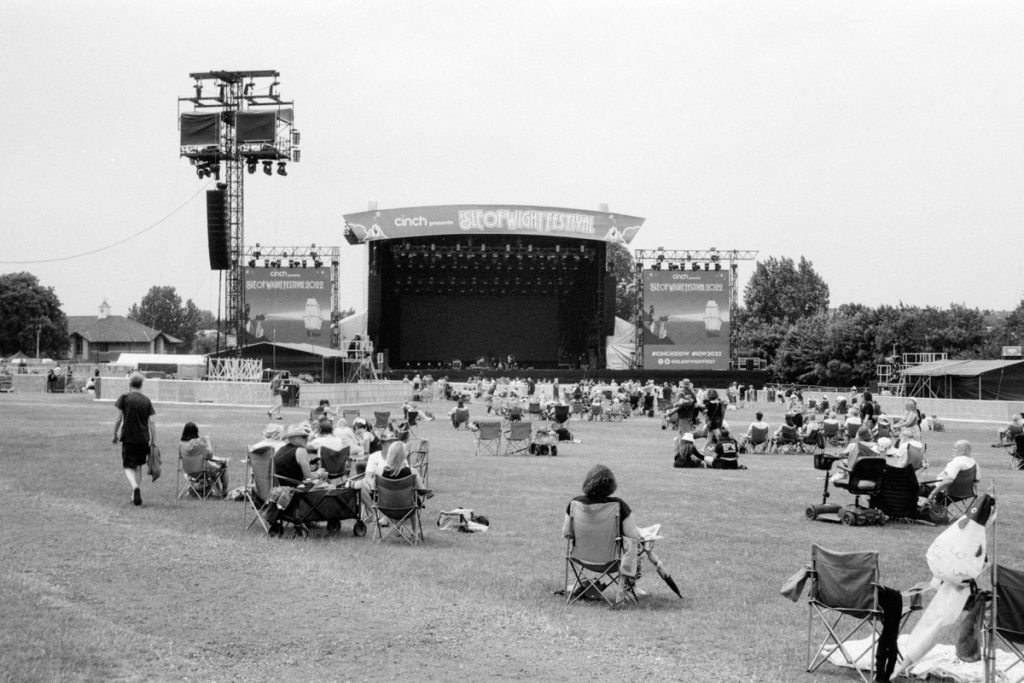
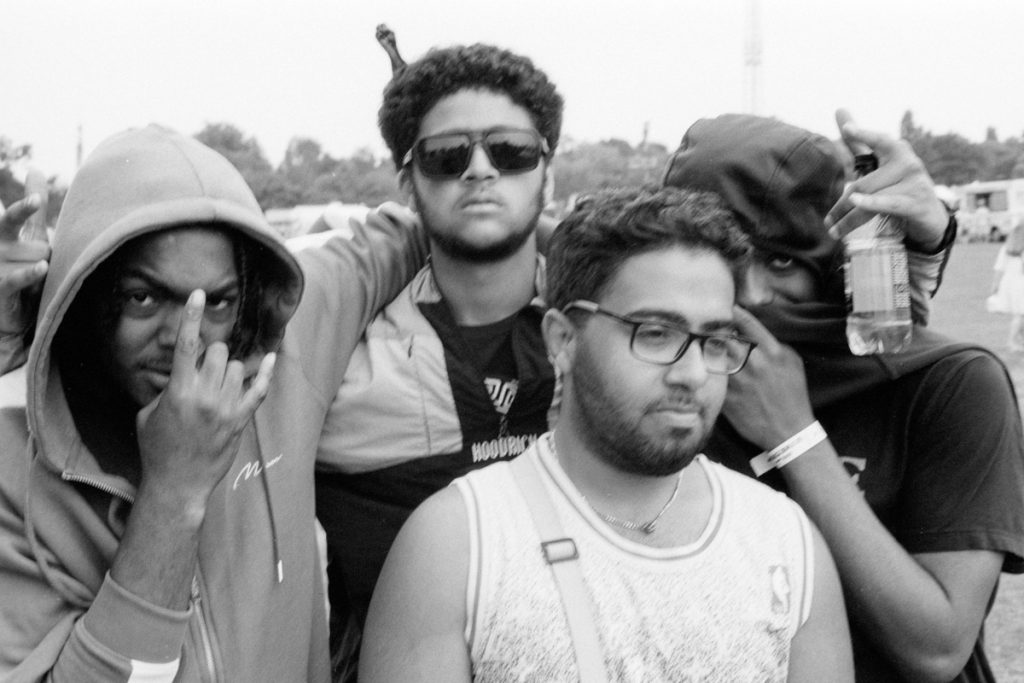
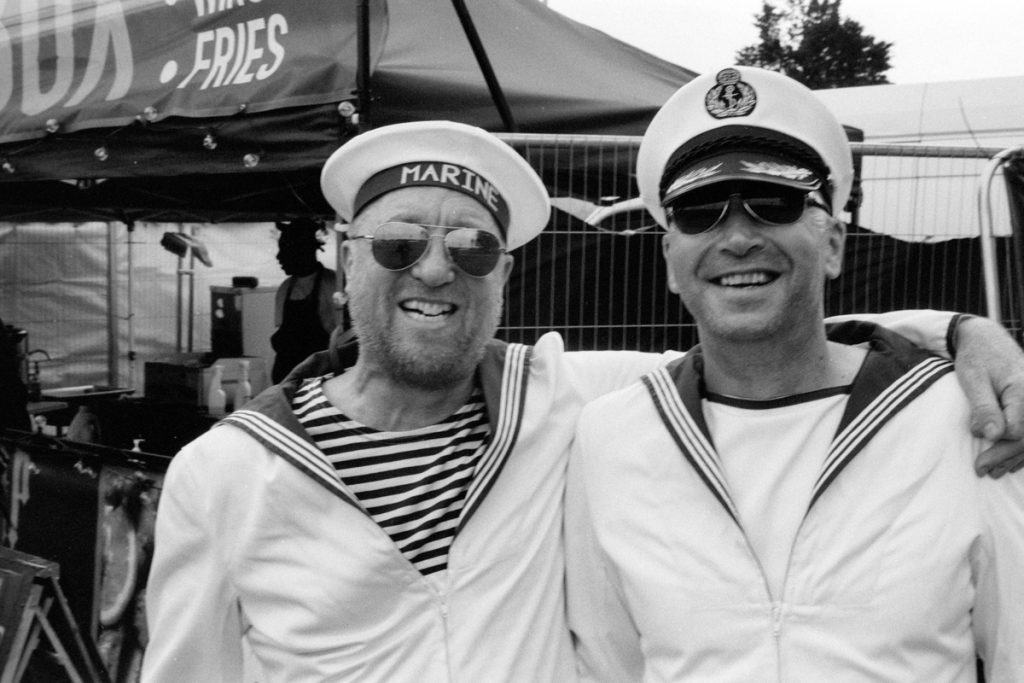
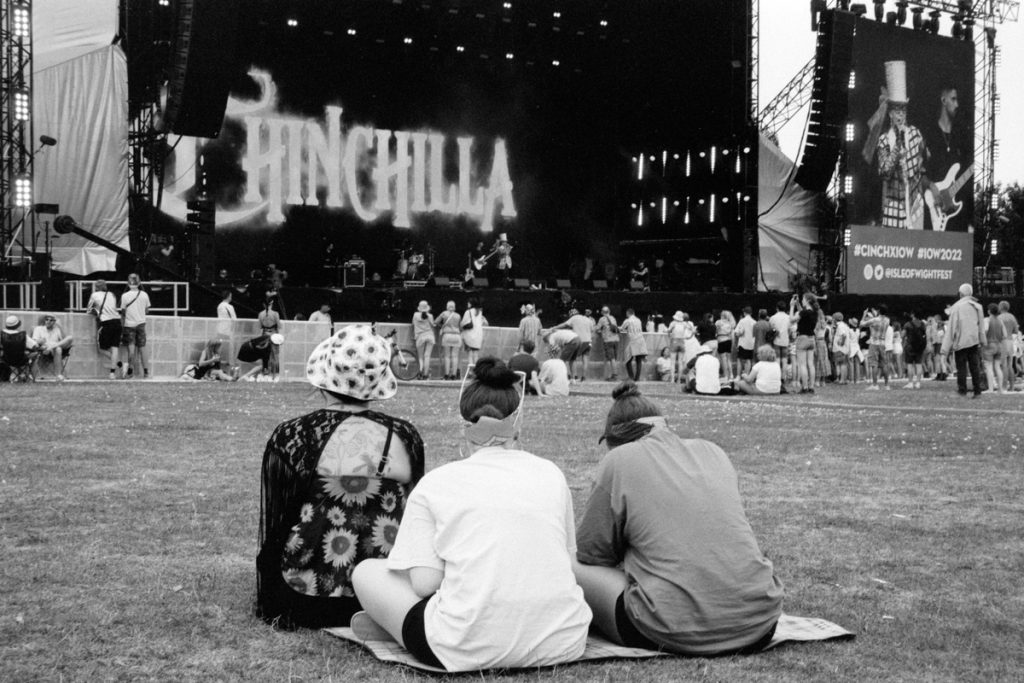
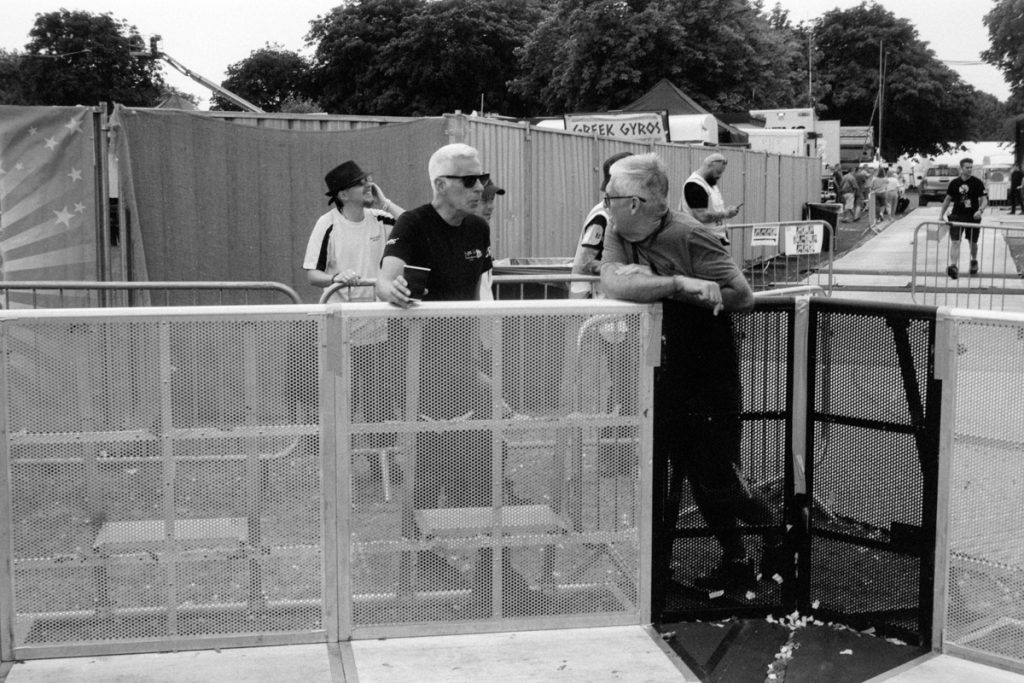
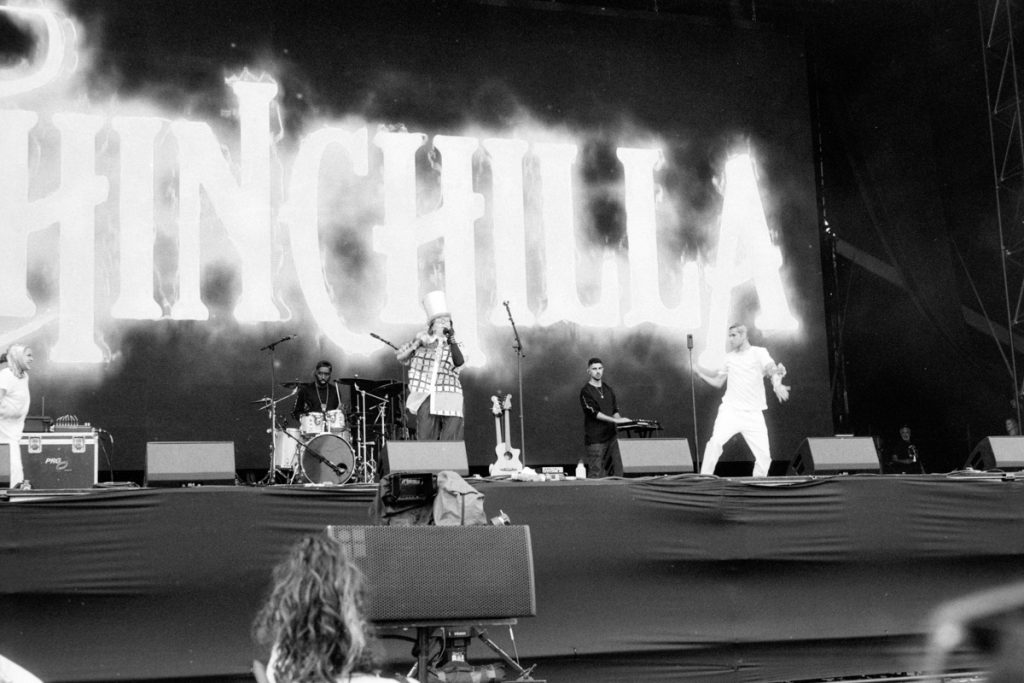
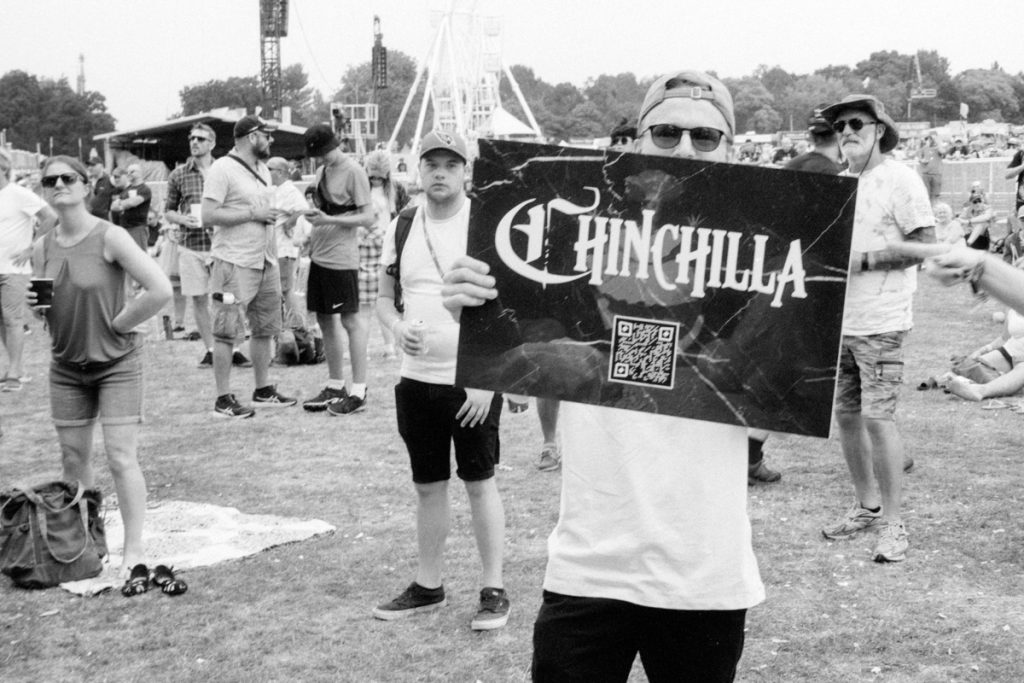
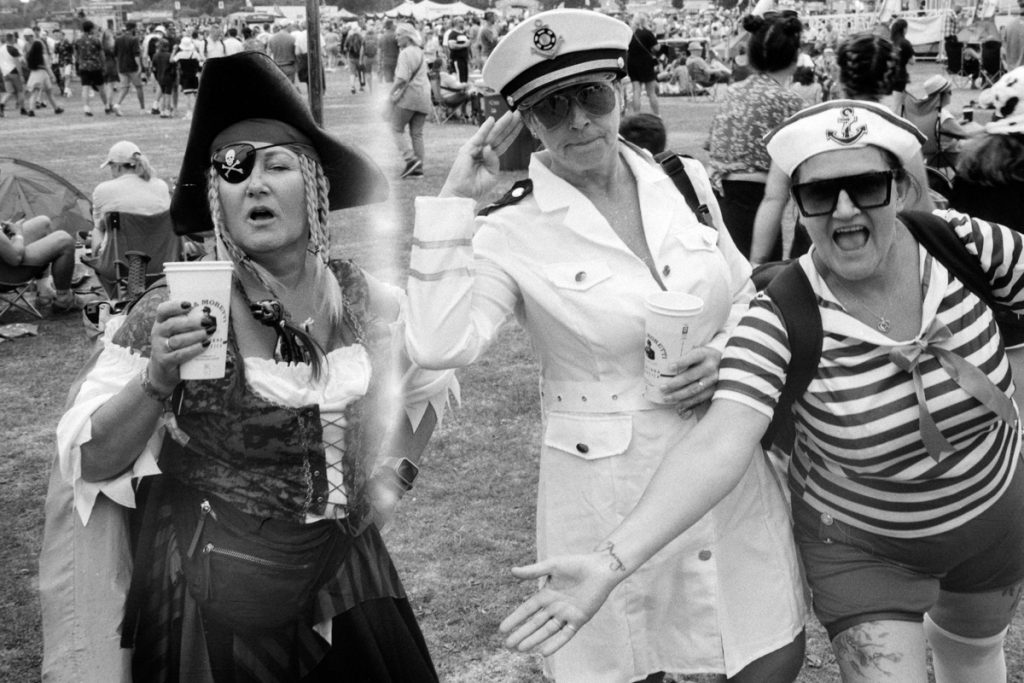
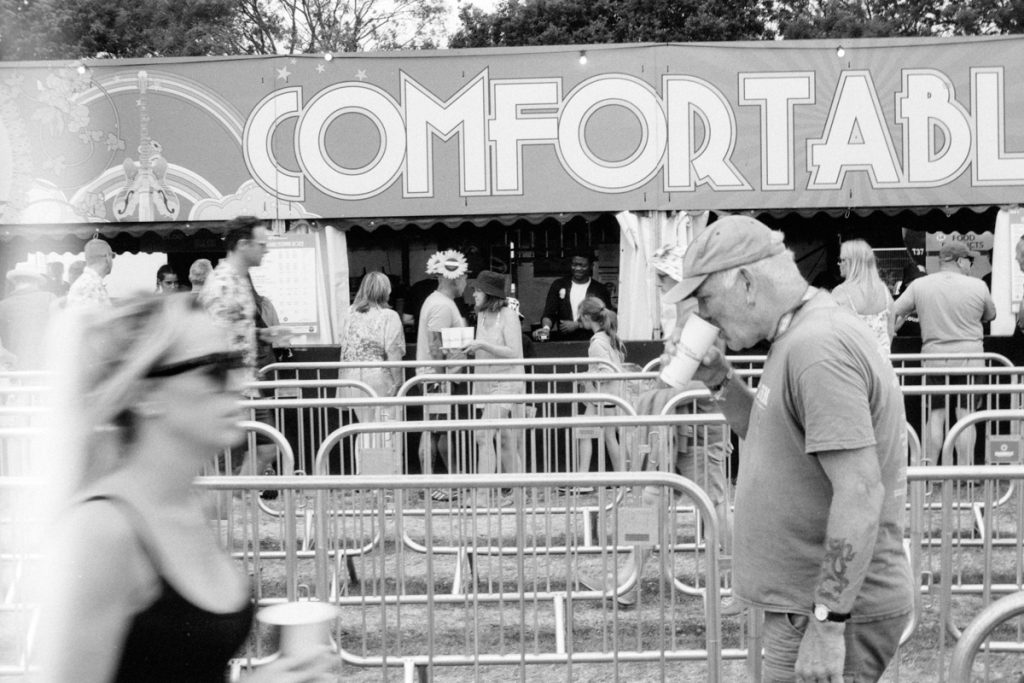
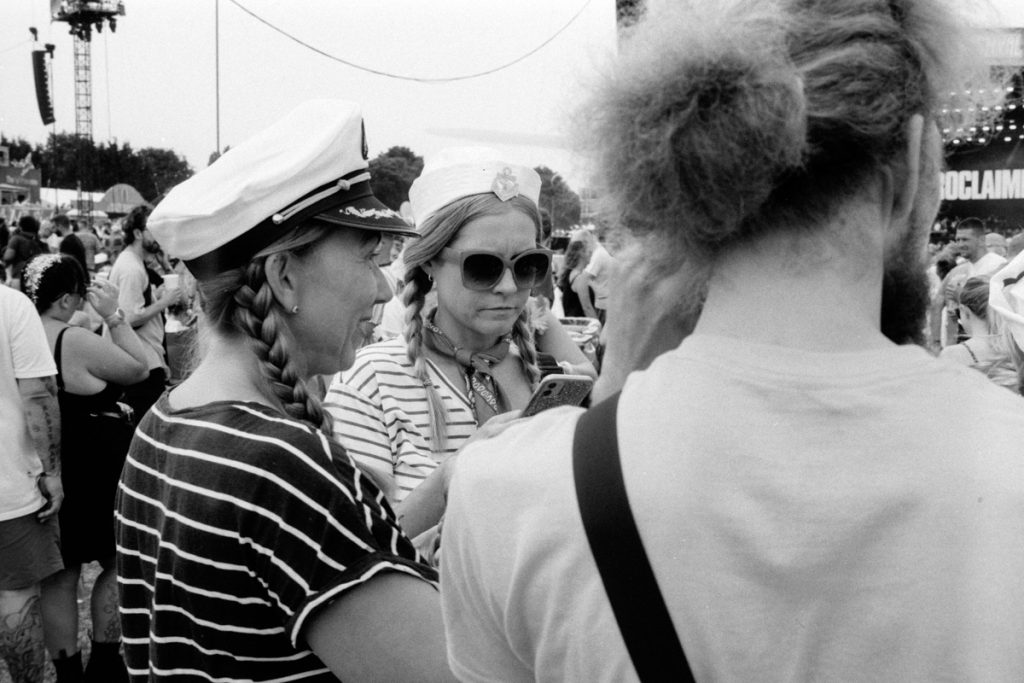
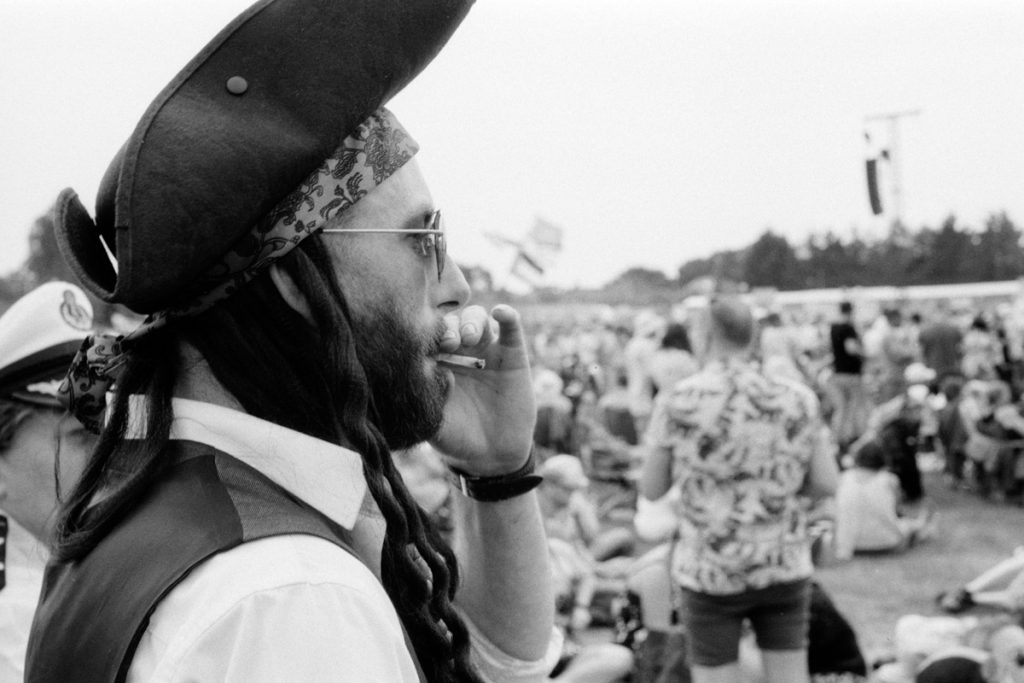
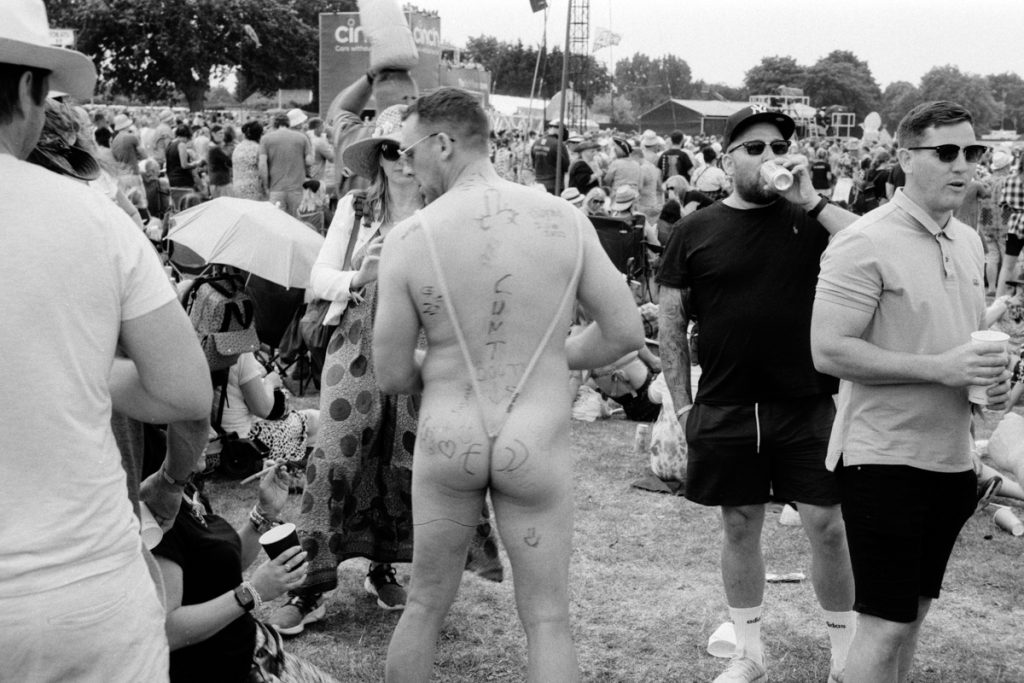
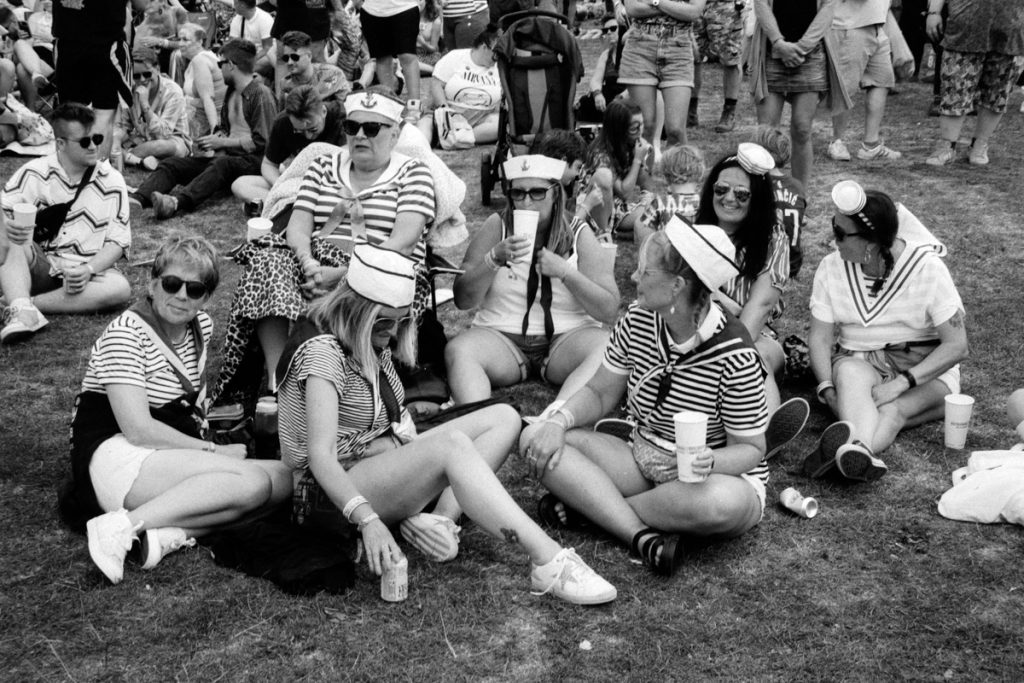
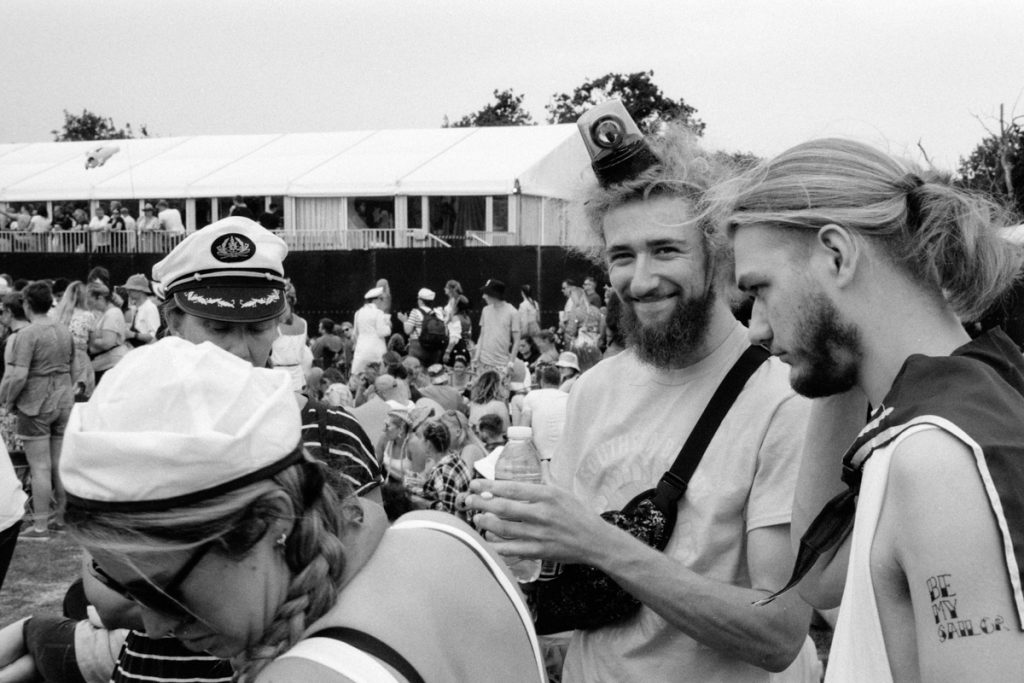
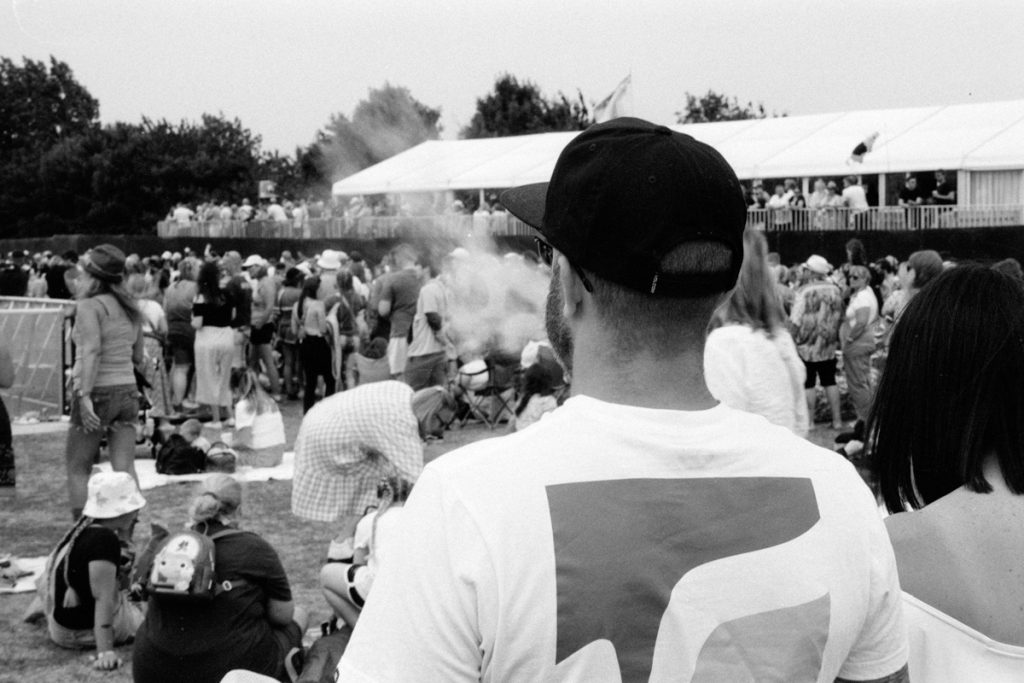
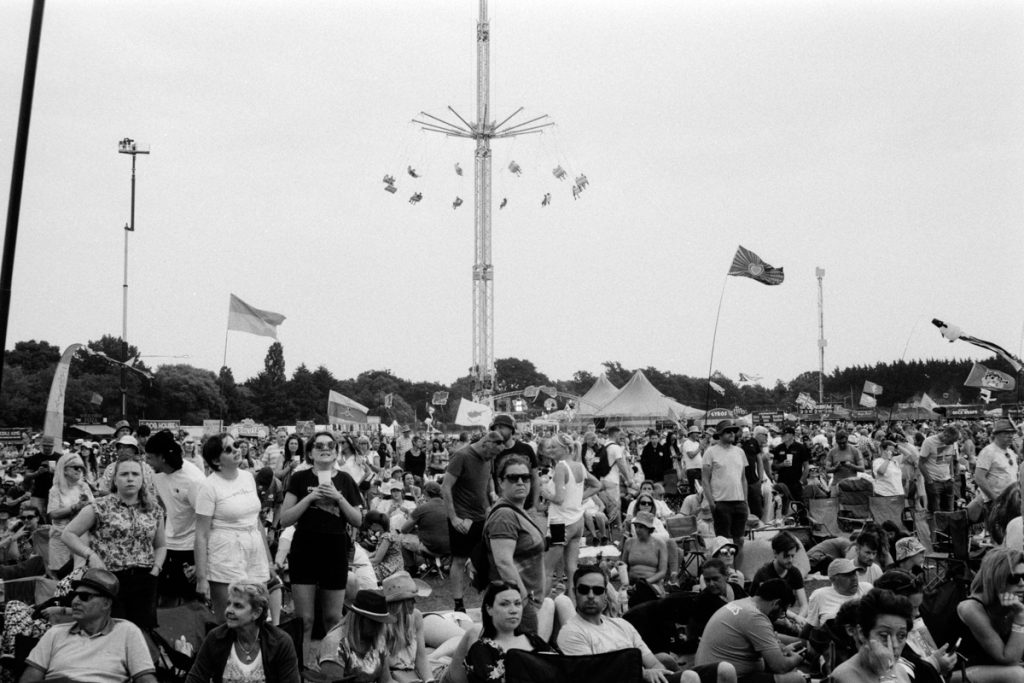
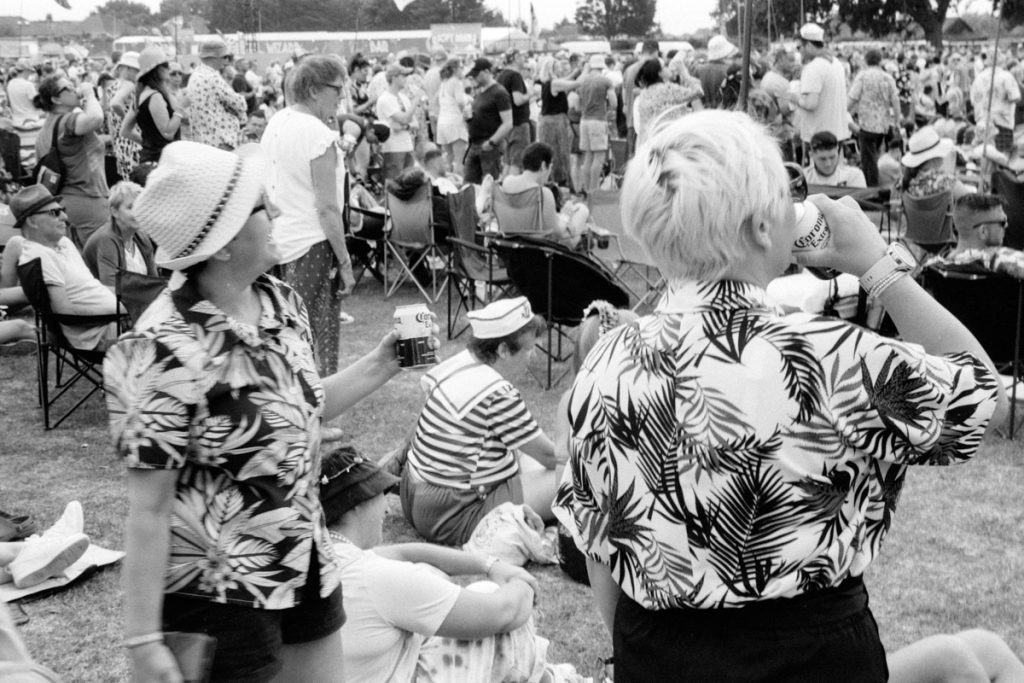
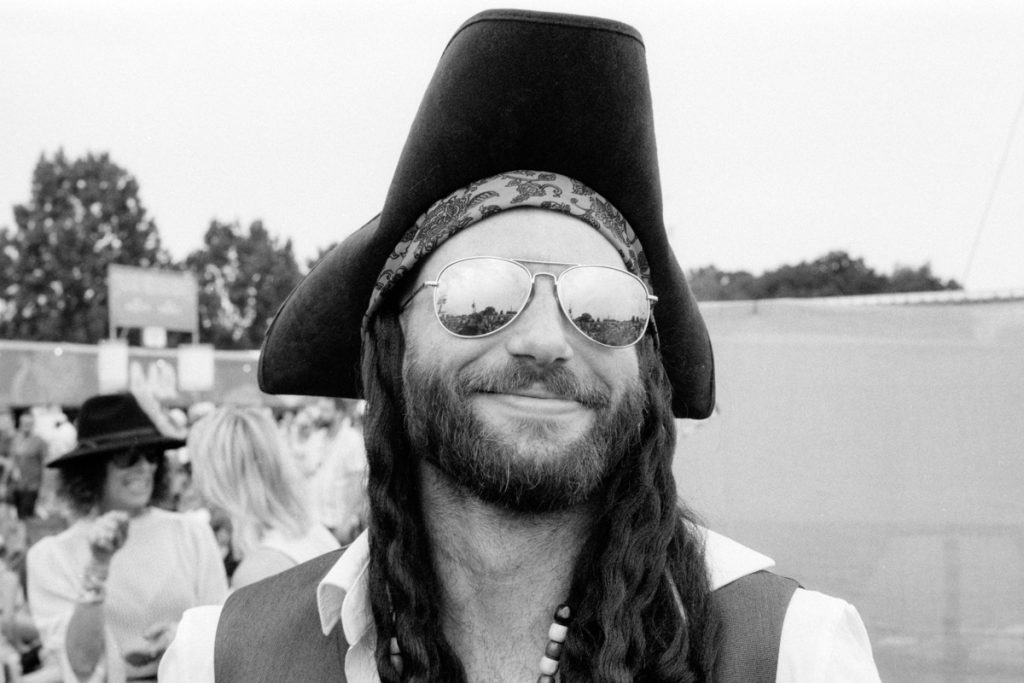
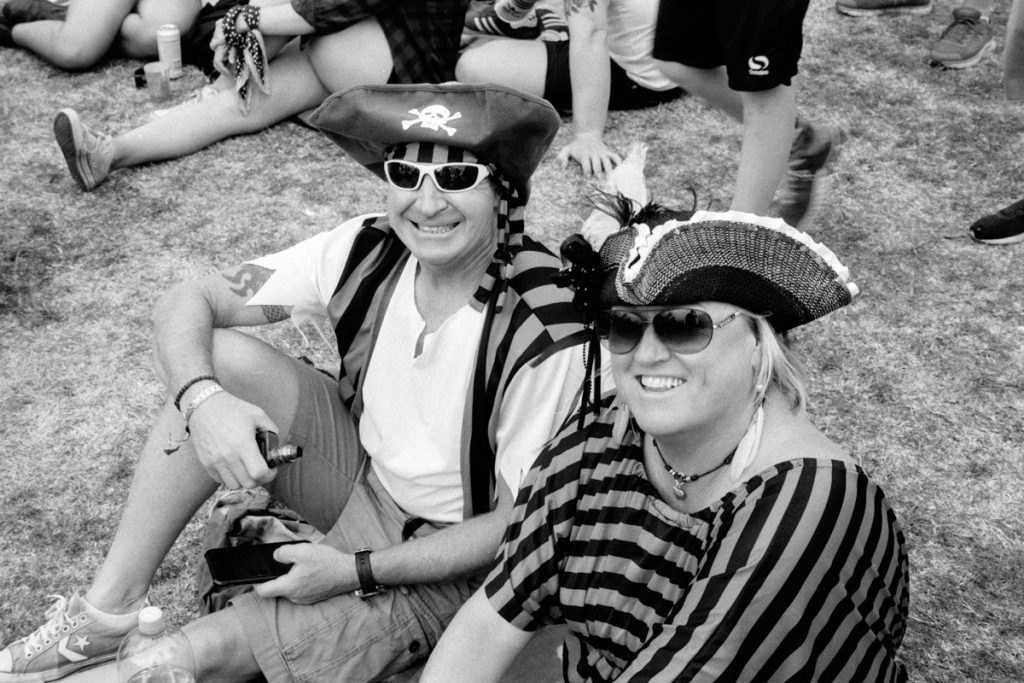
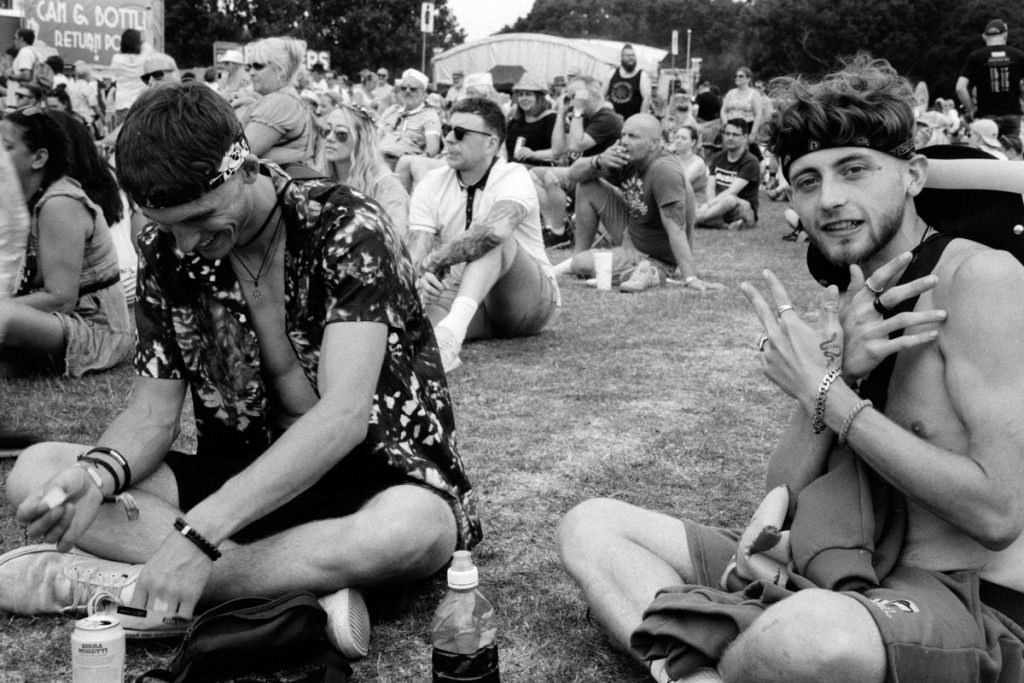
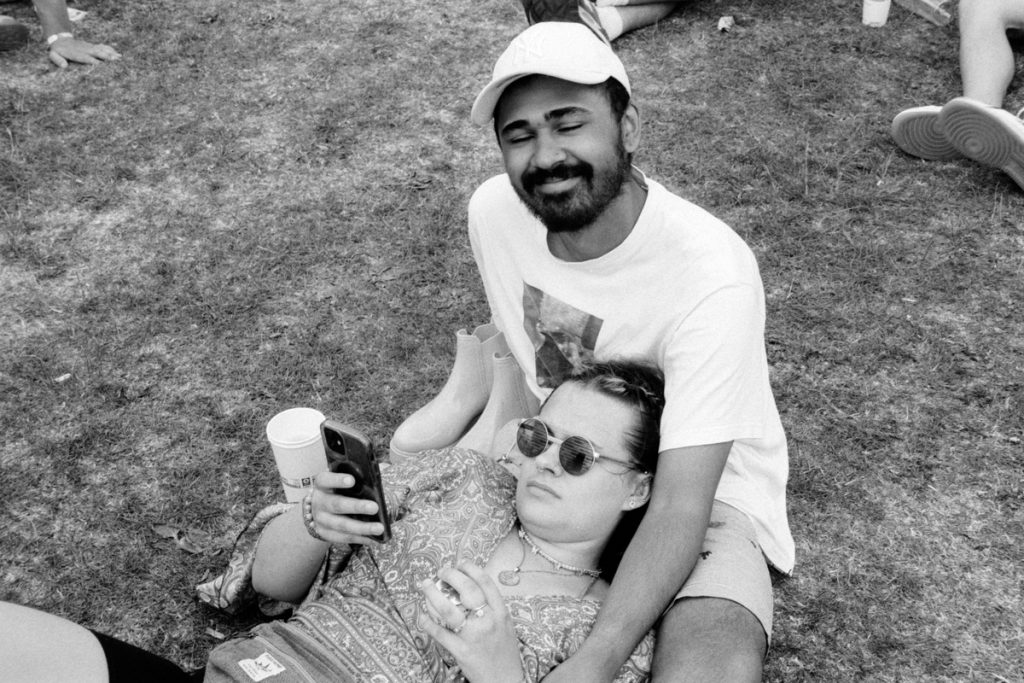
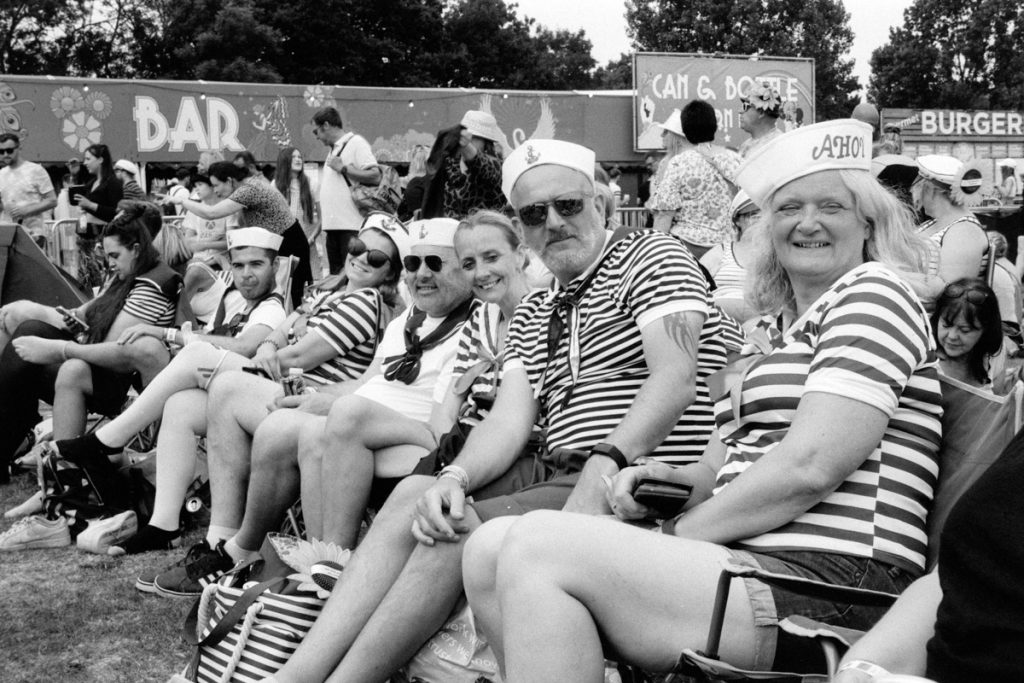
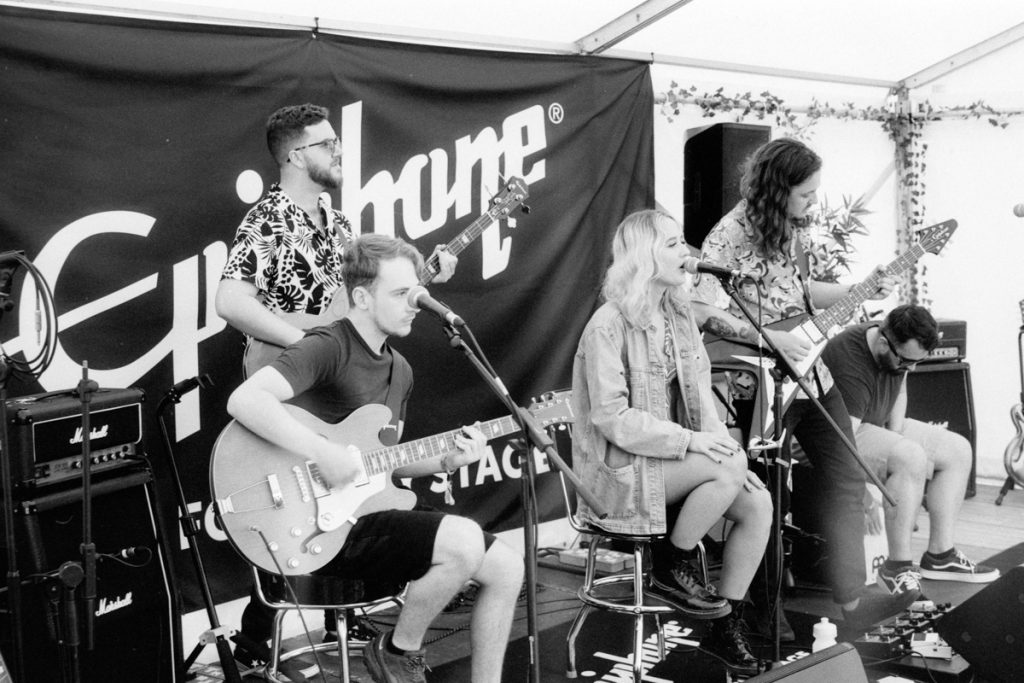
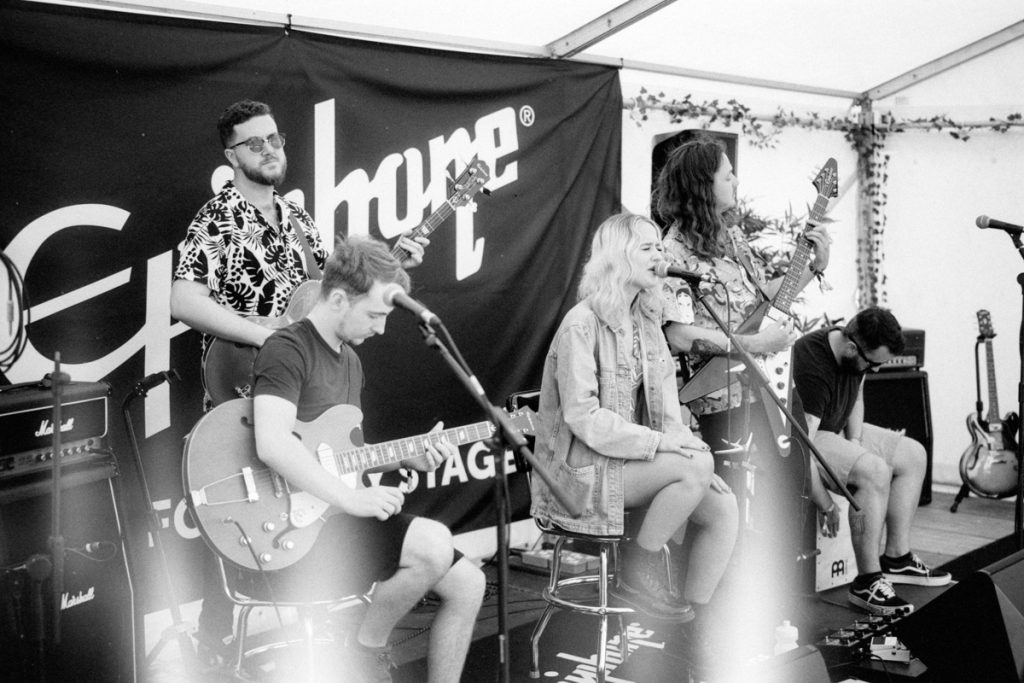
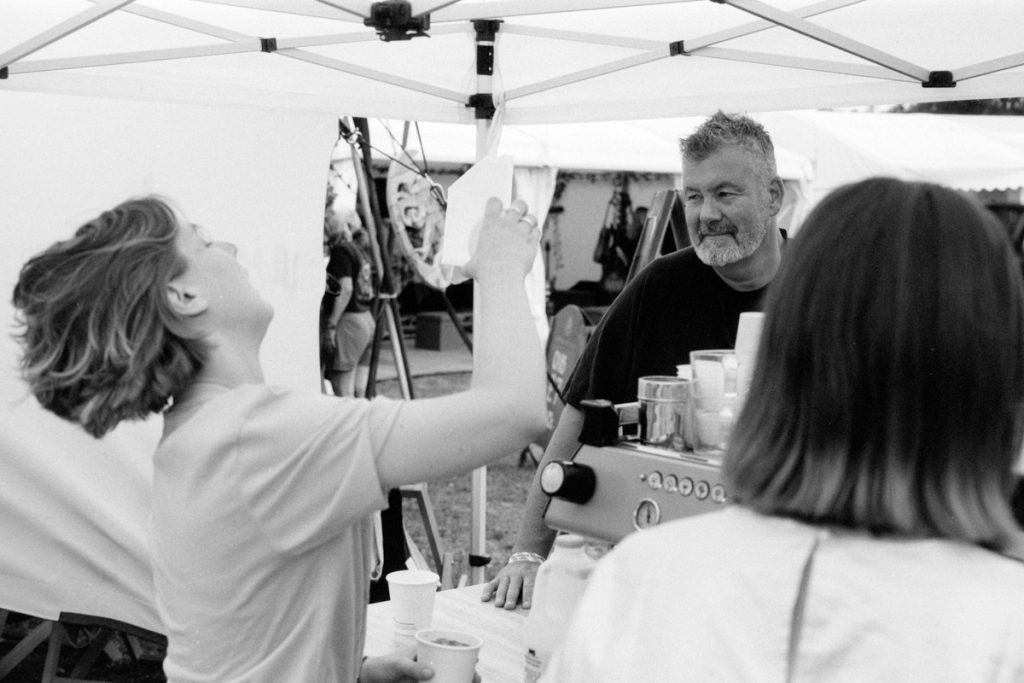
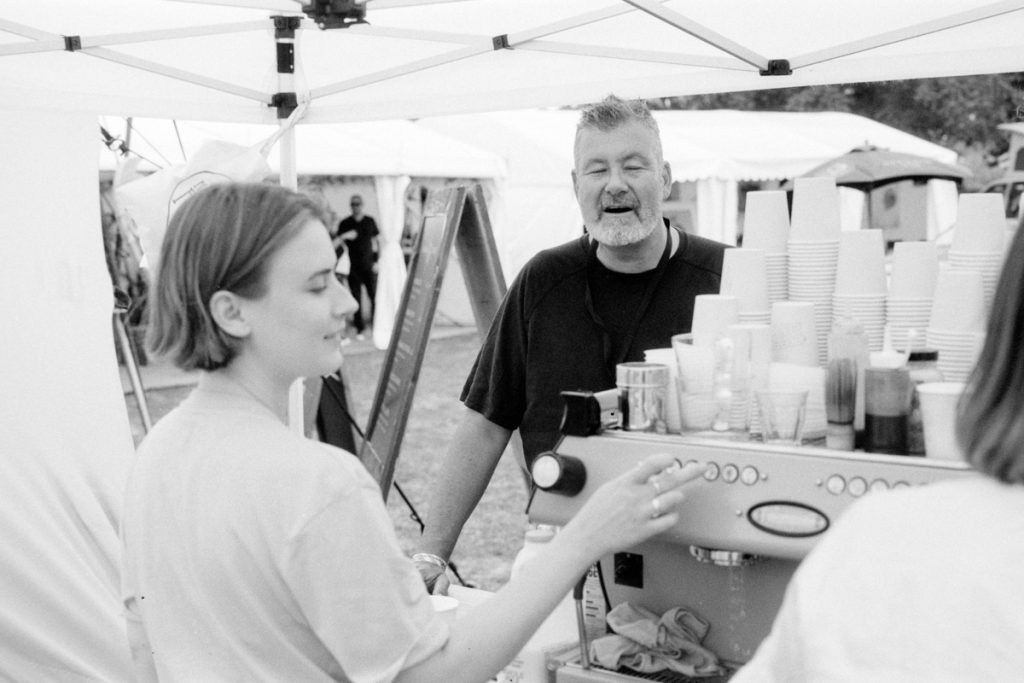
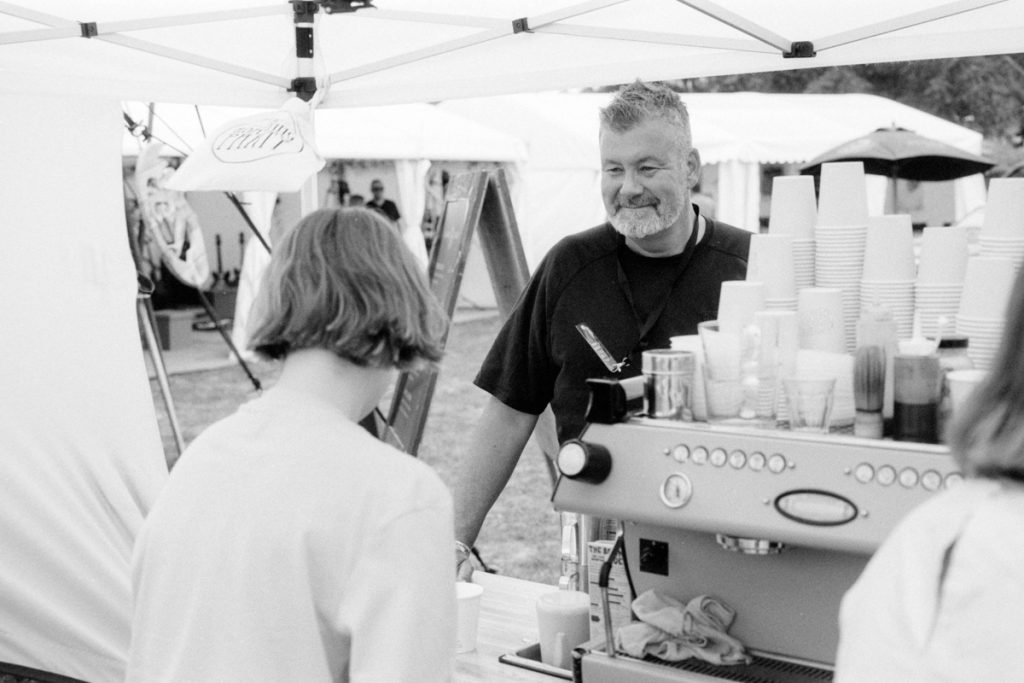
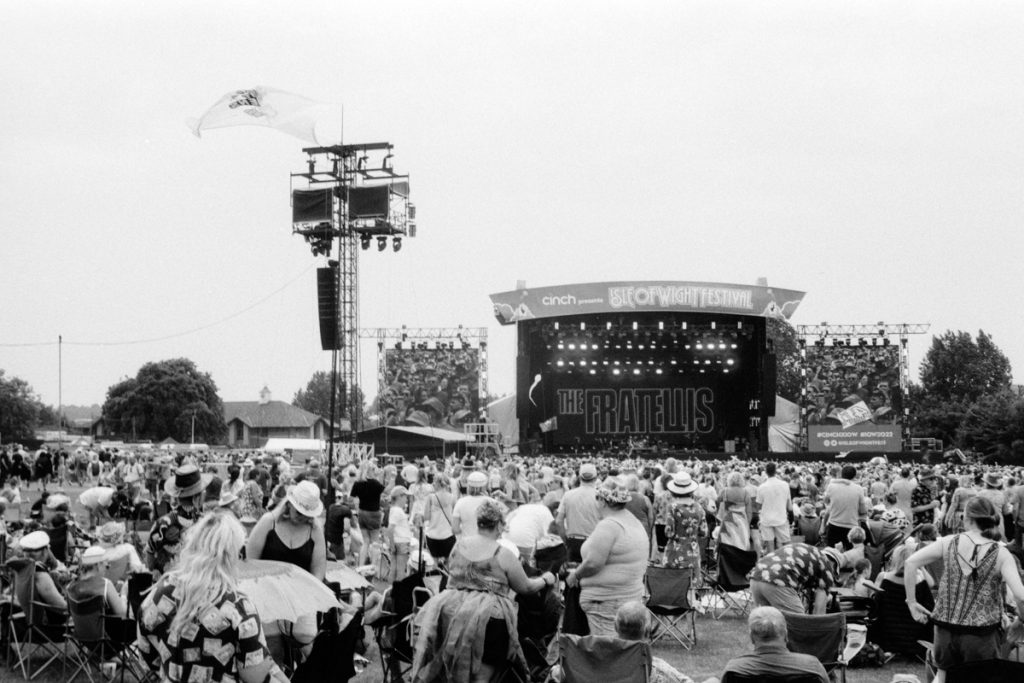
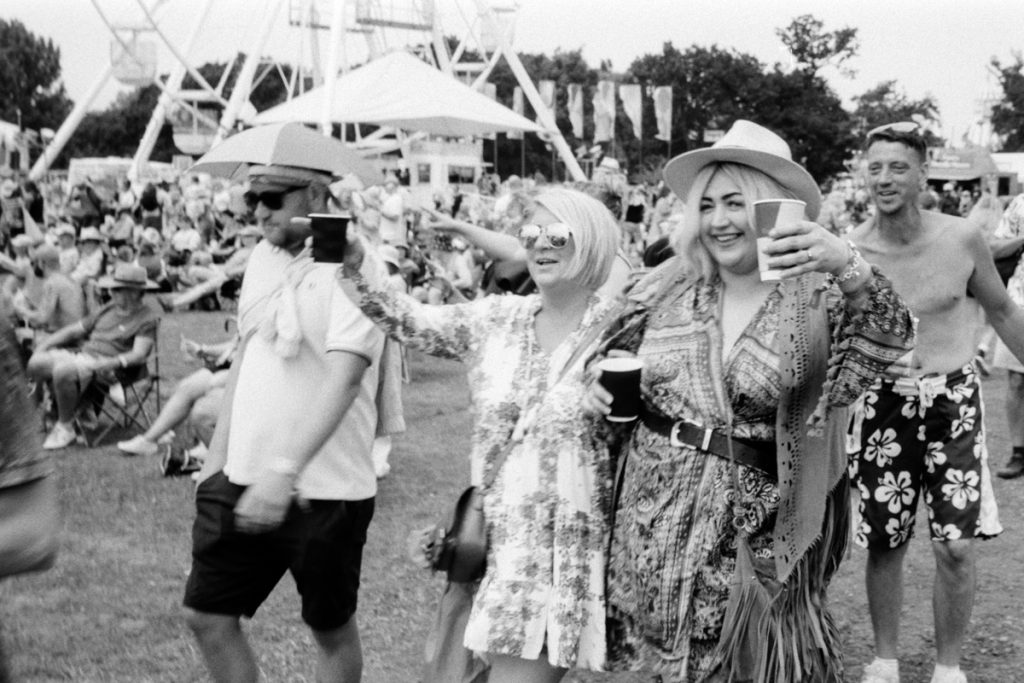
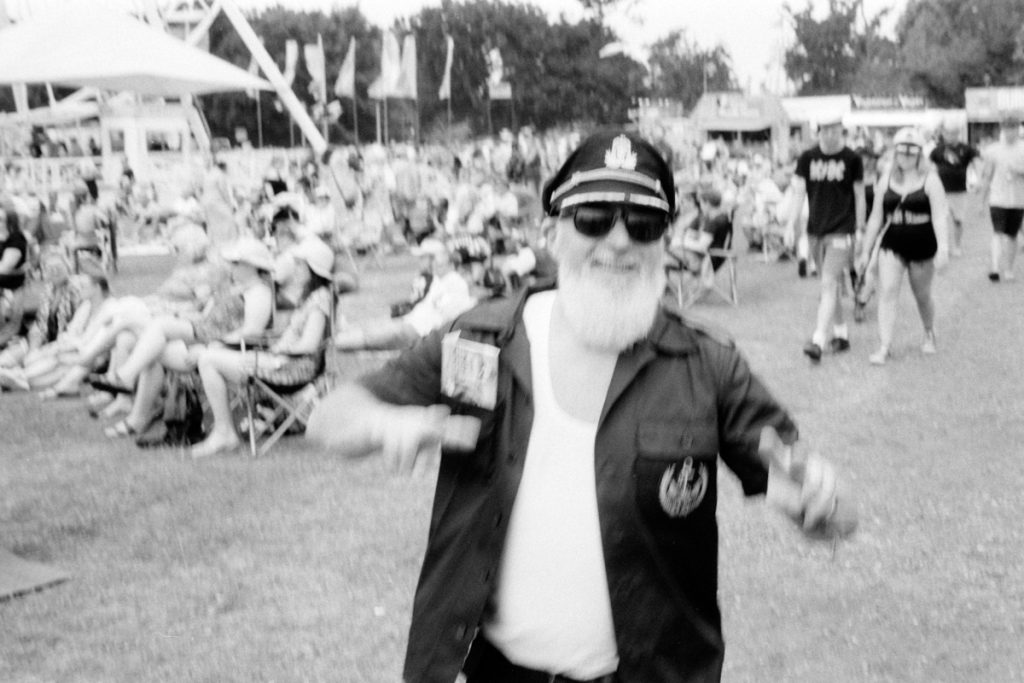
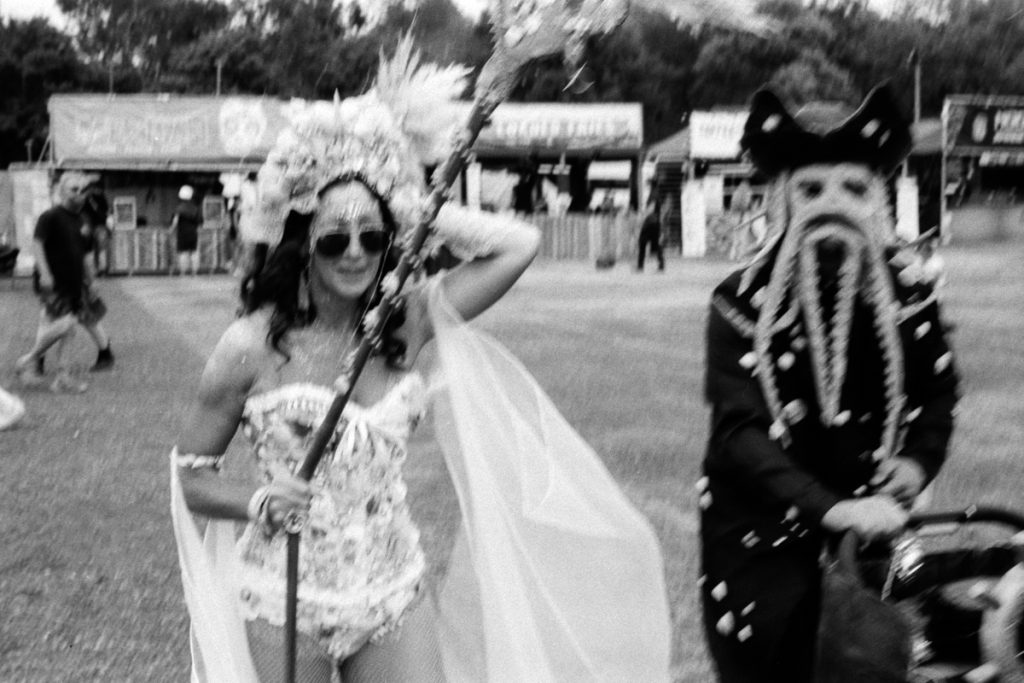
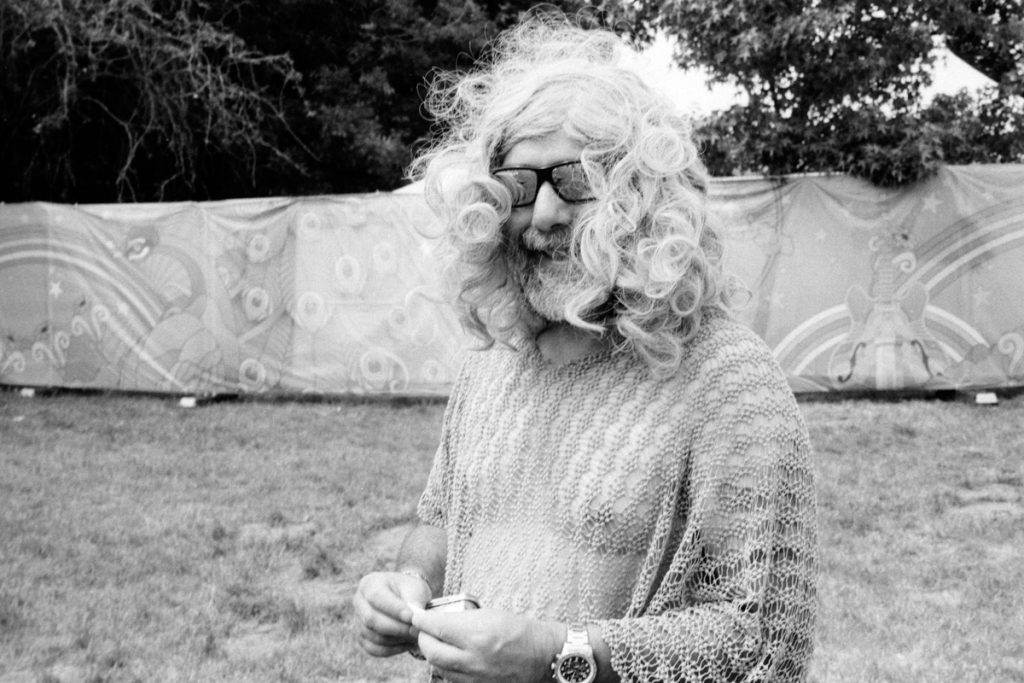
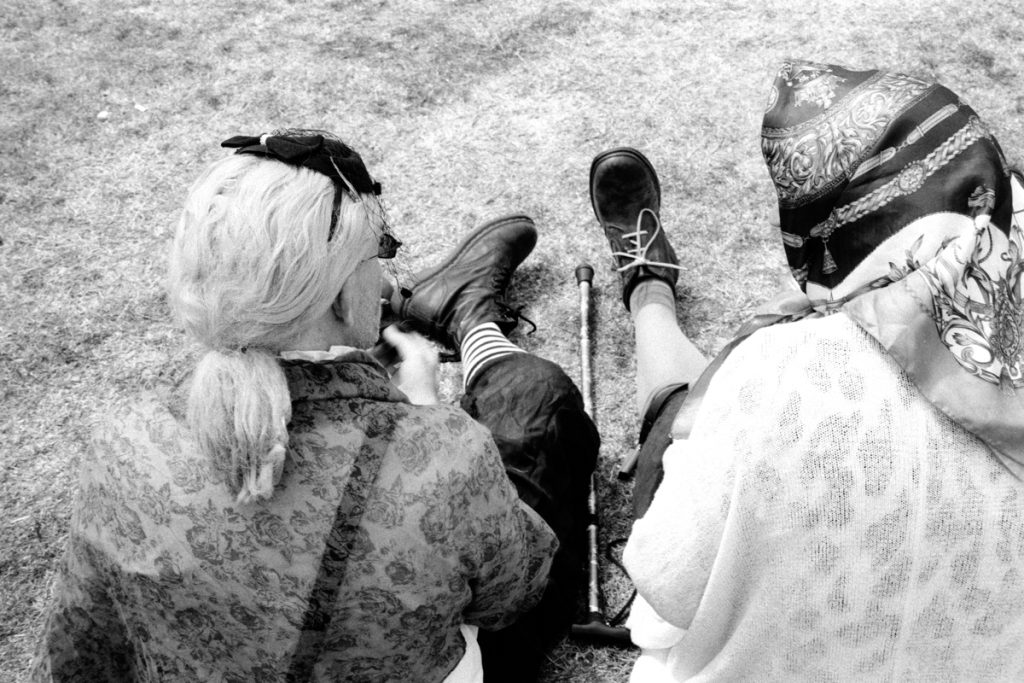
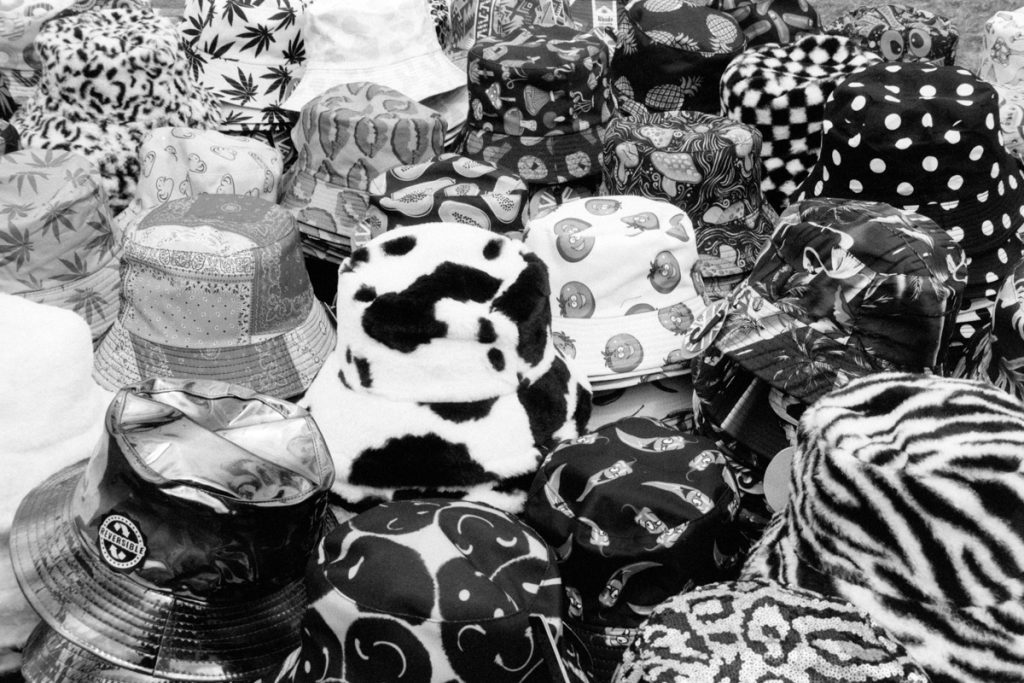
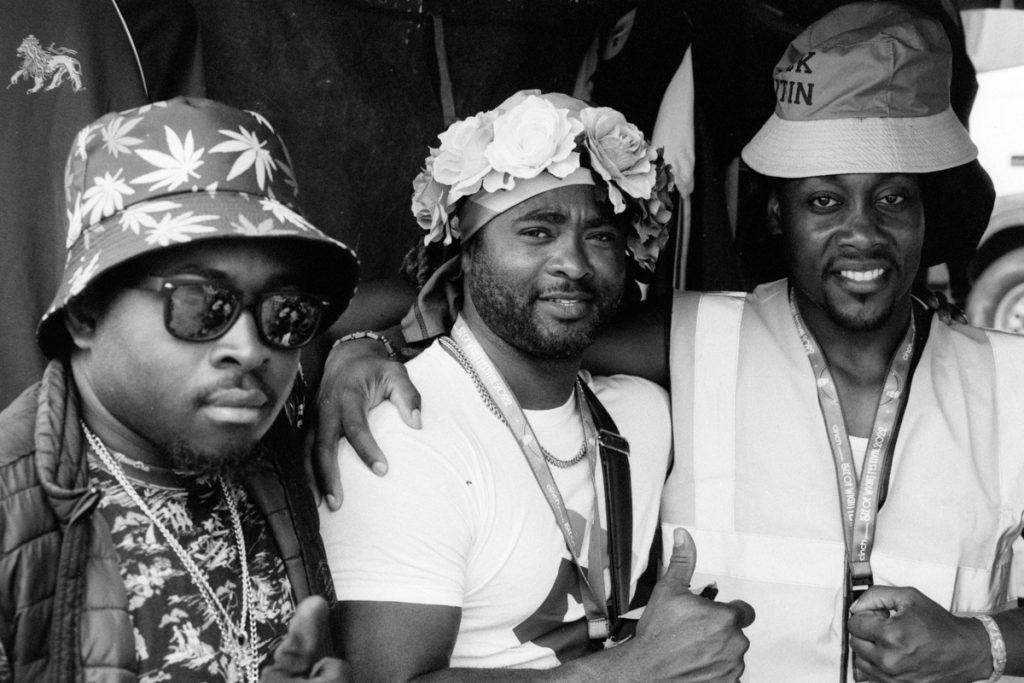
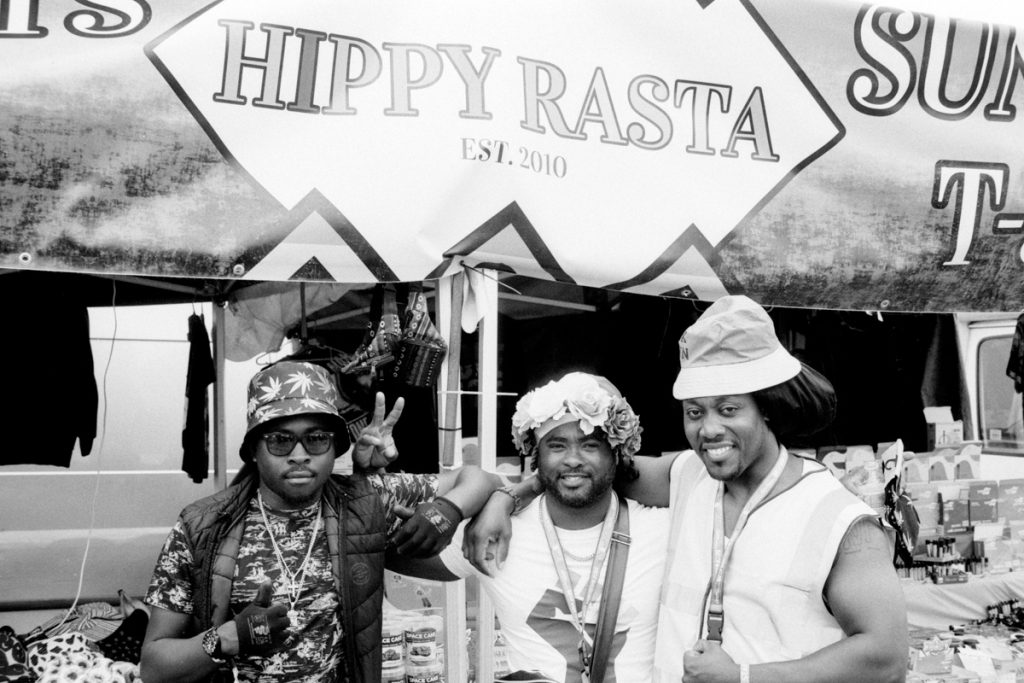
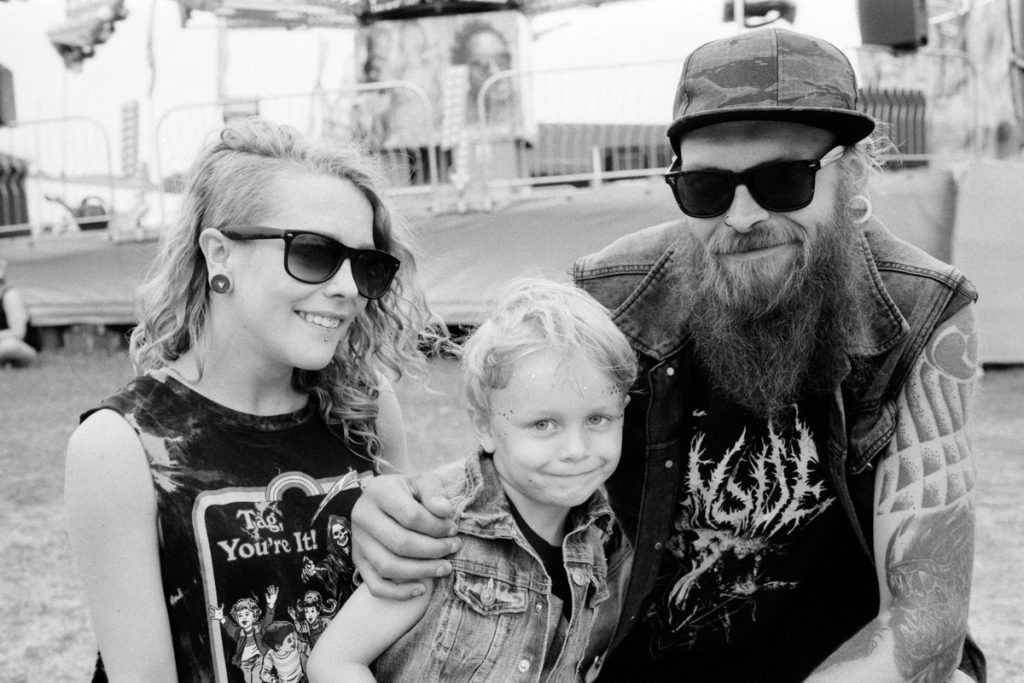
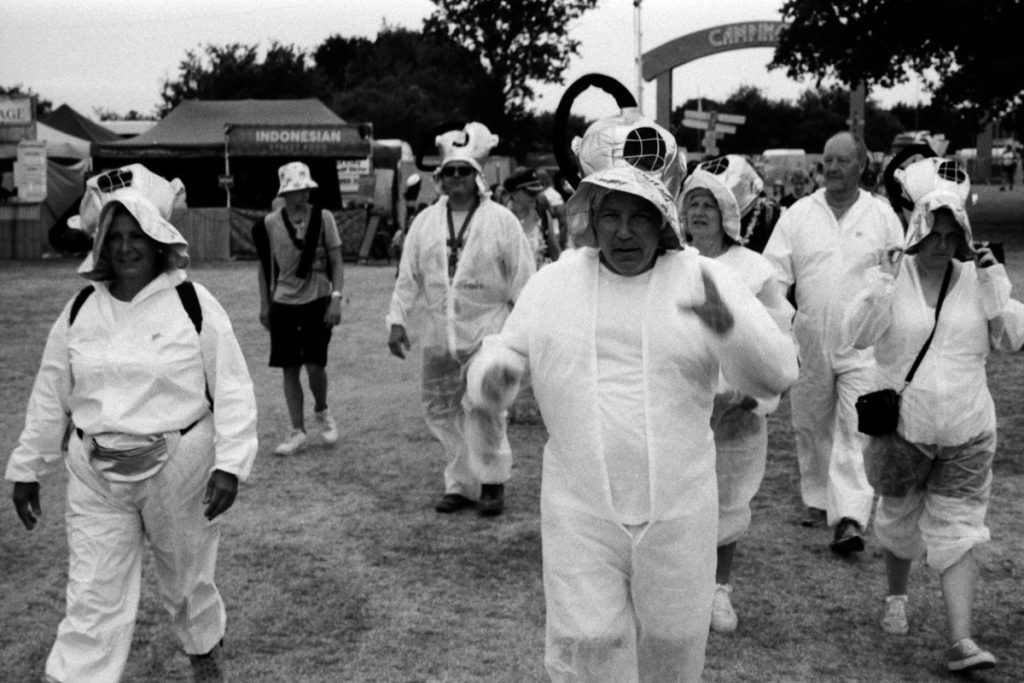
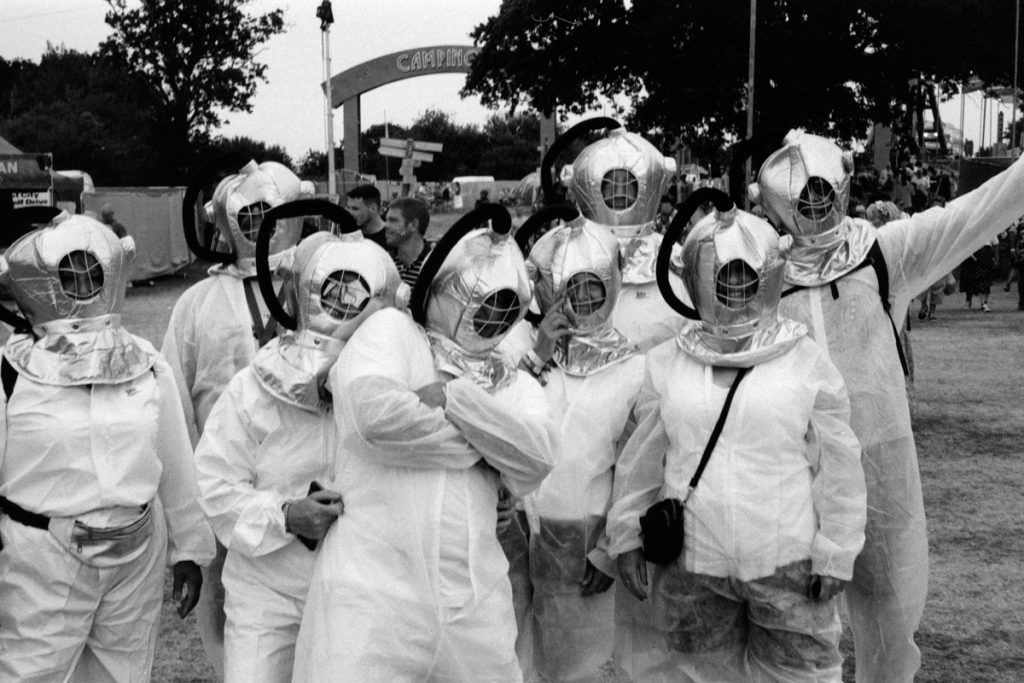
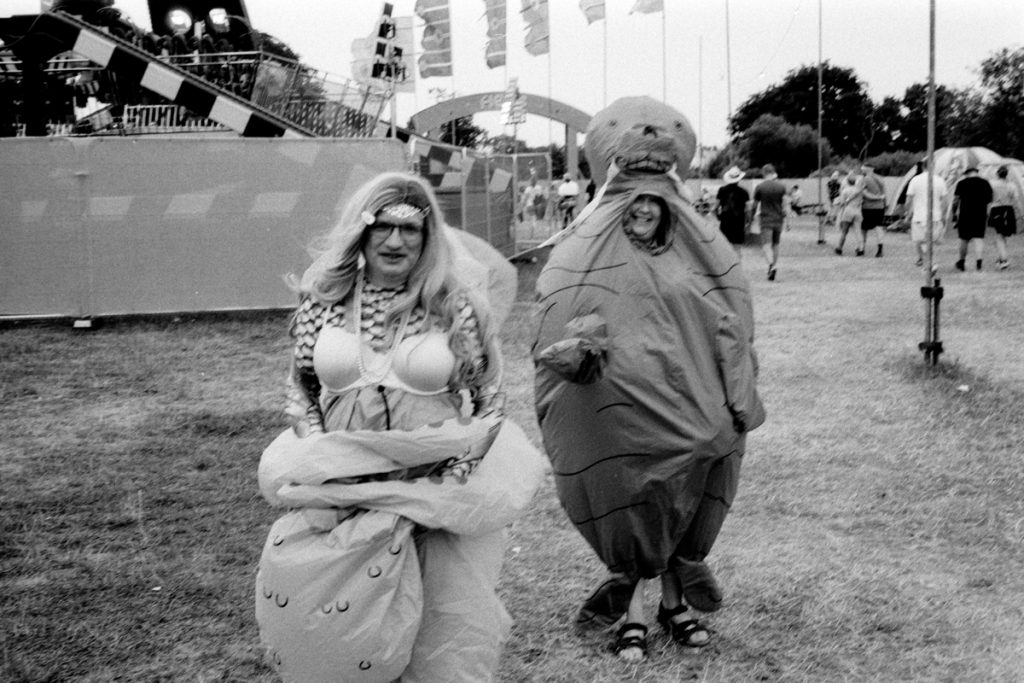
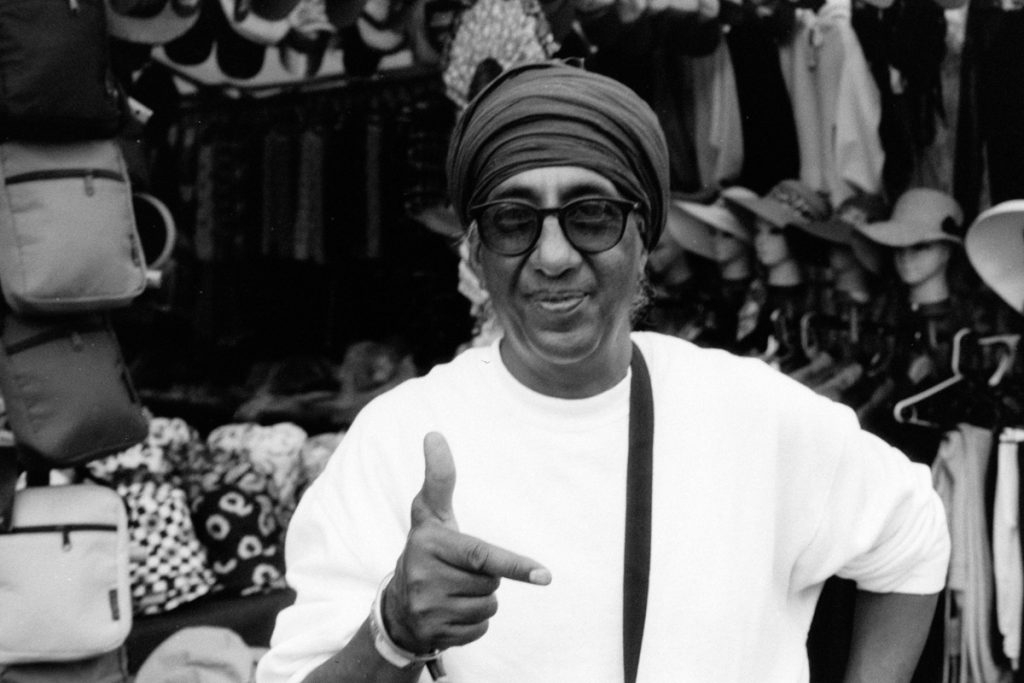
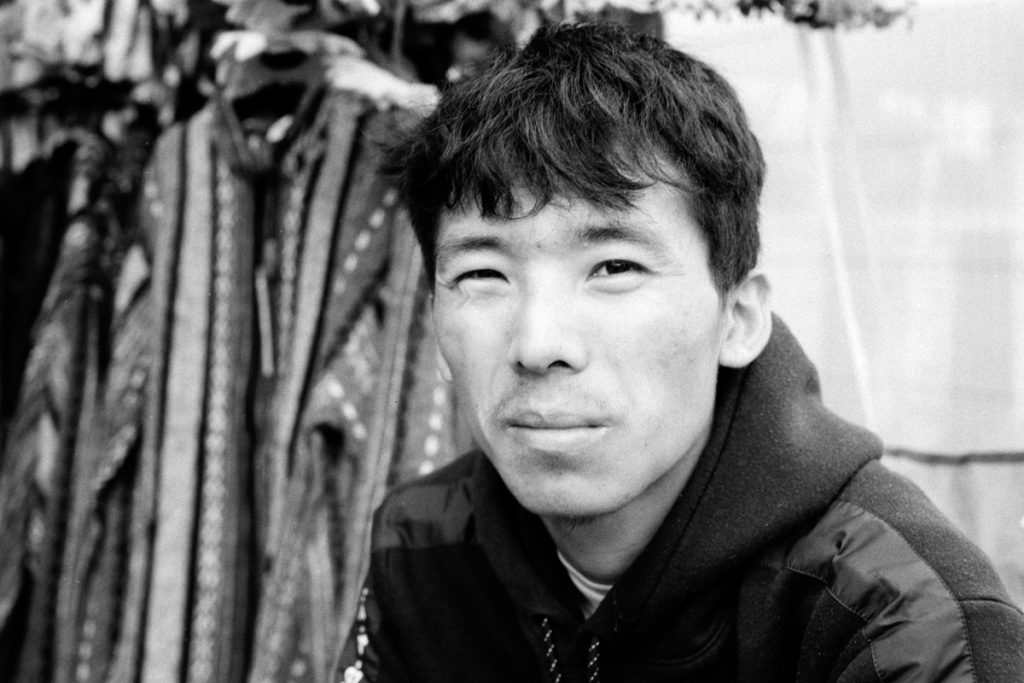
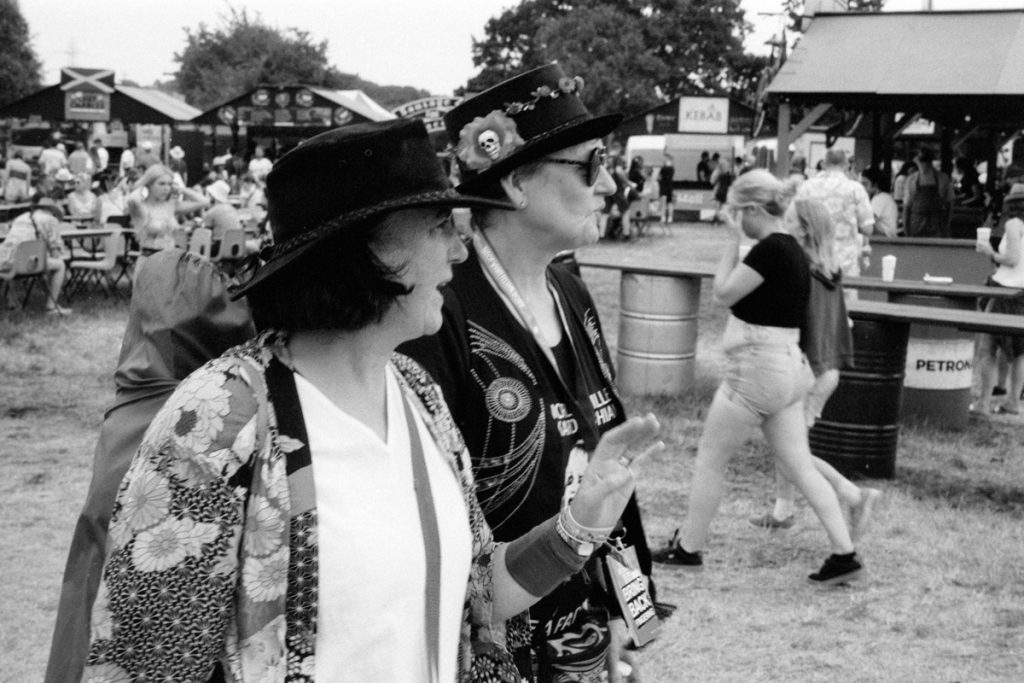
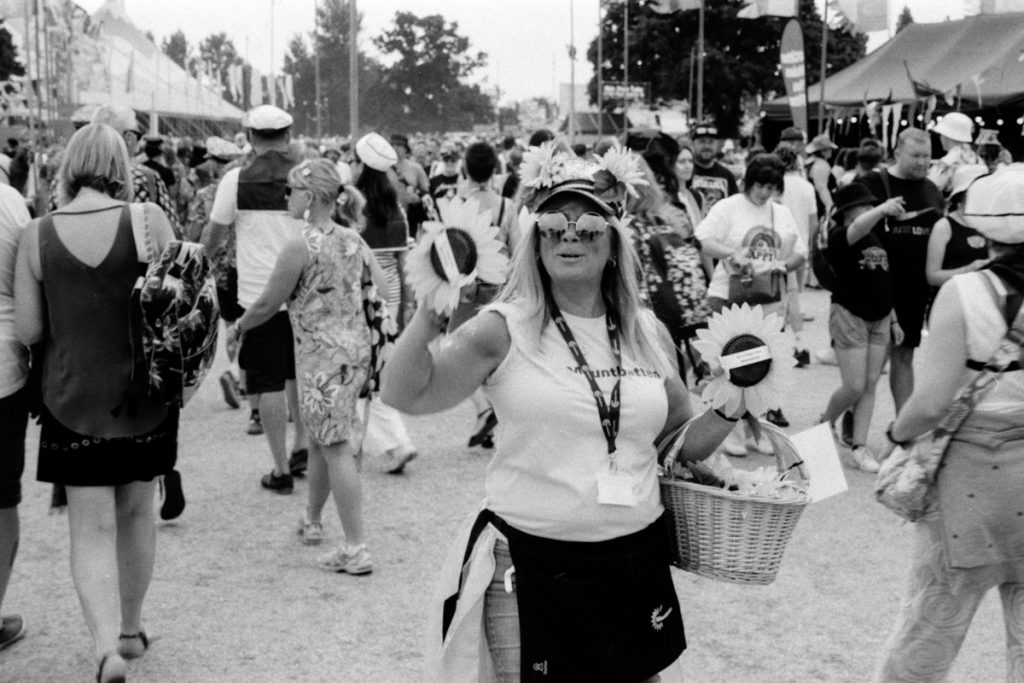
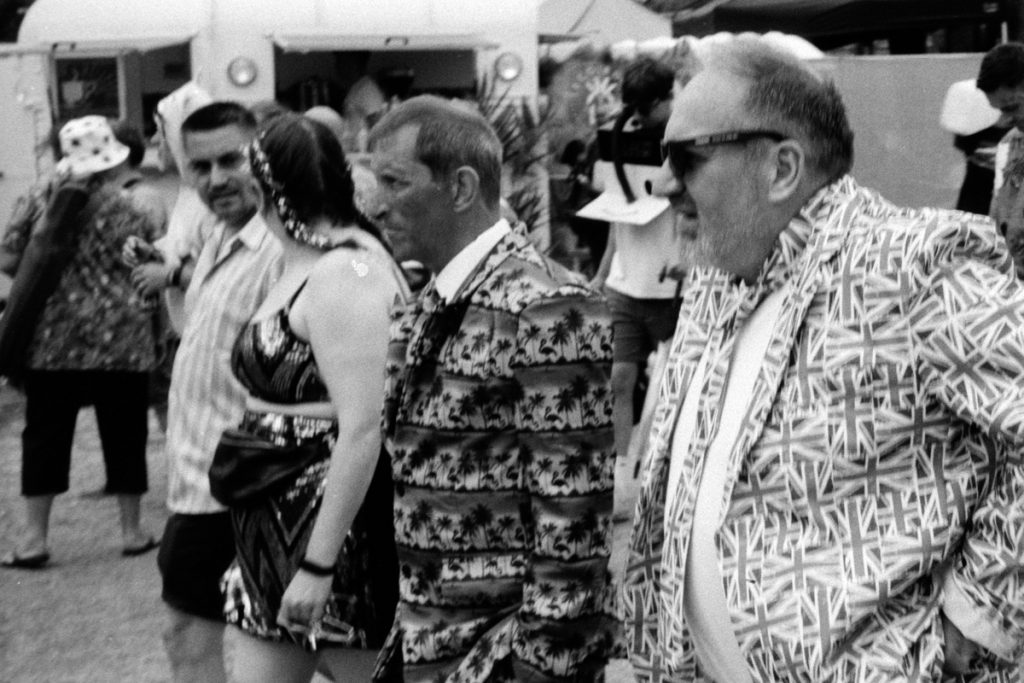
Day 3 (Kodak TMAX 400)
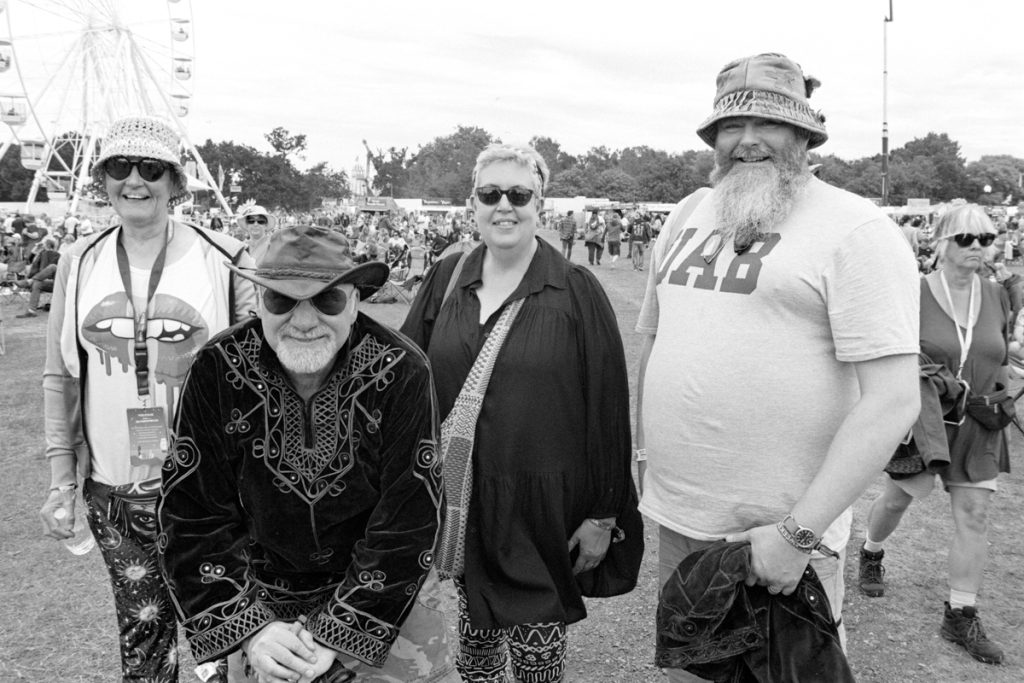
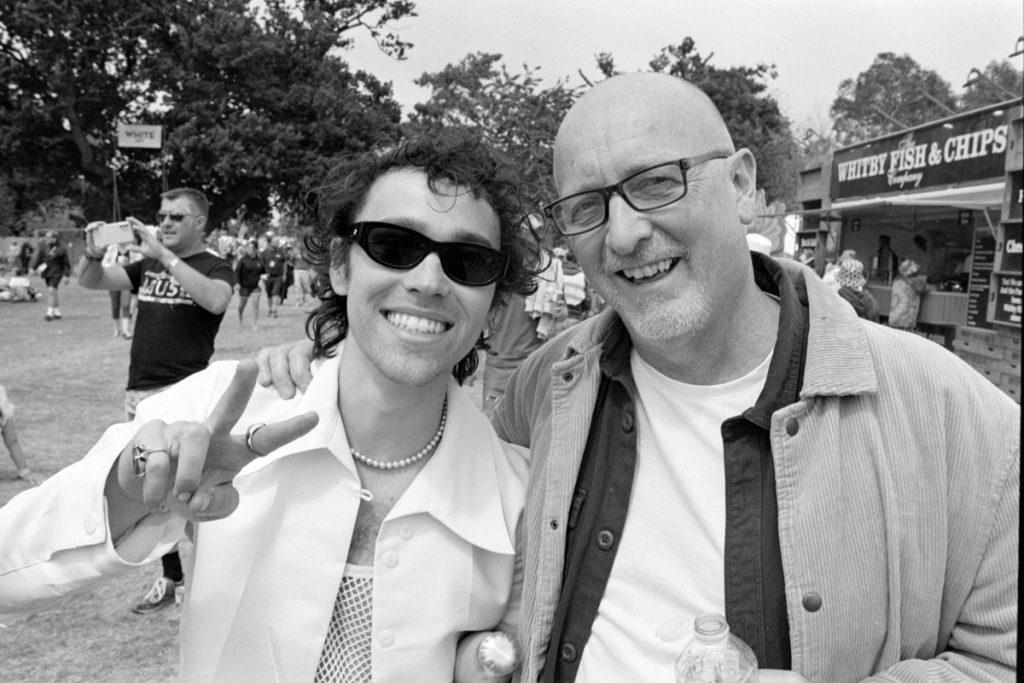
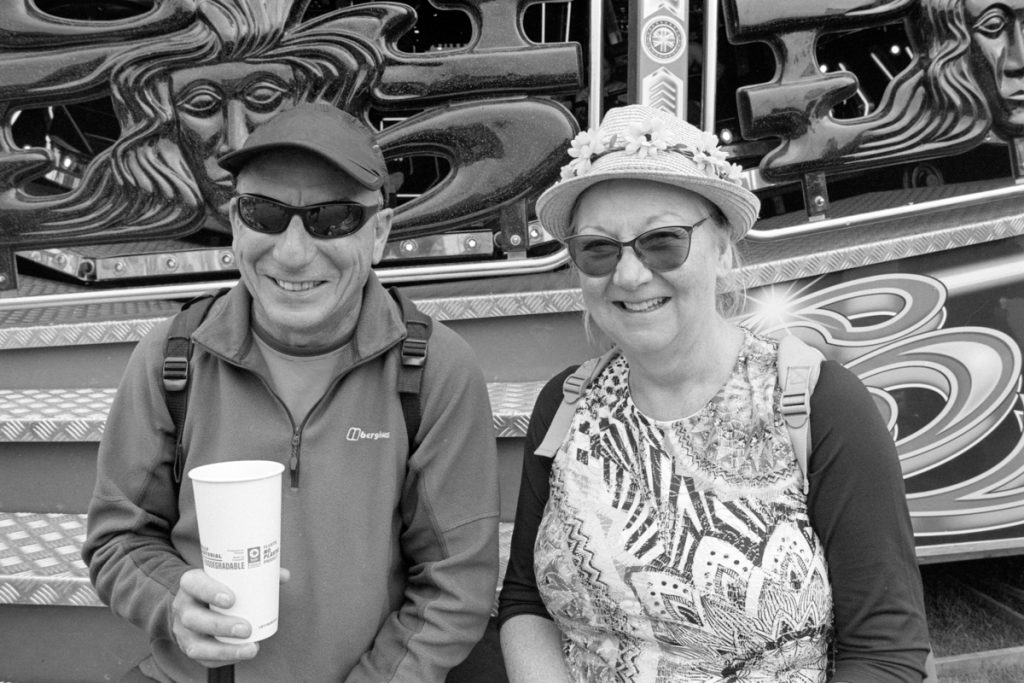
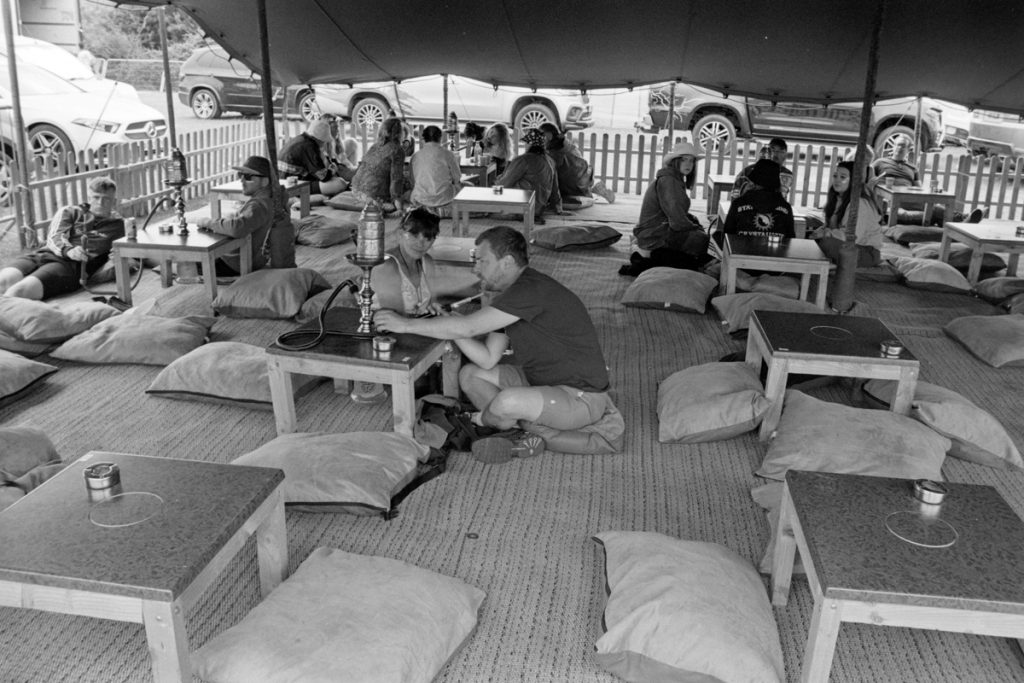
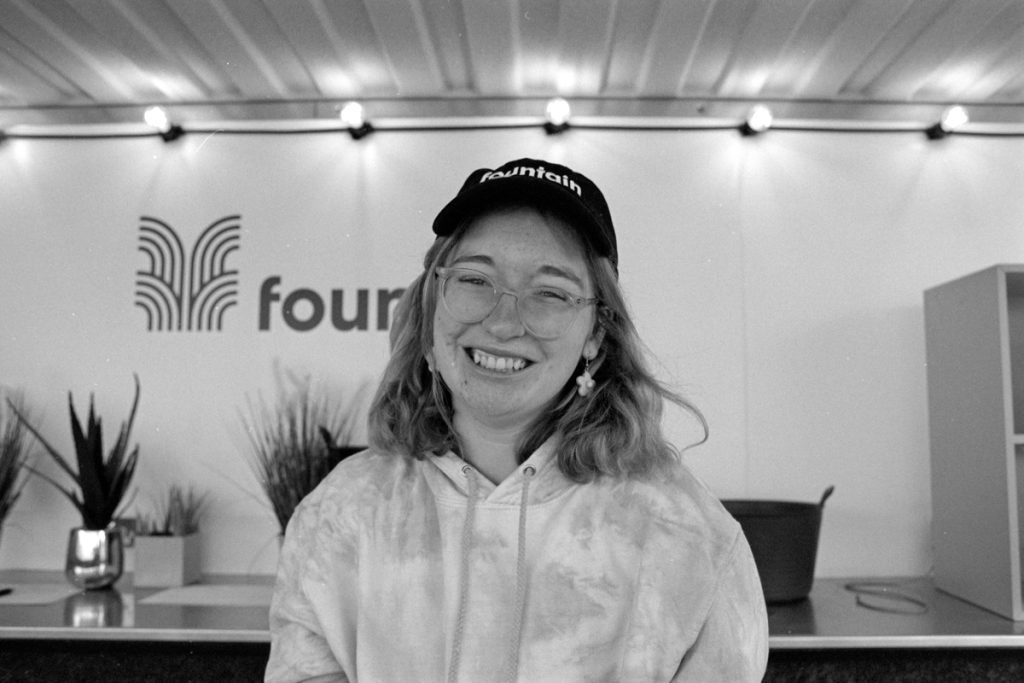
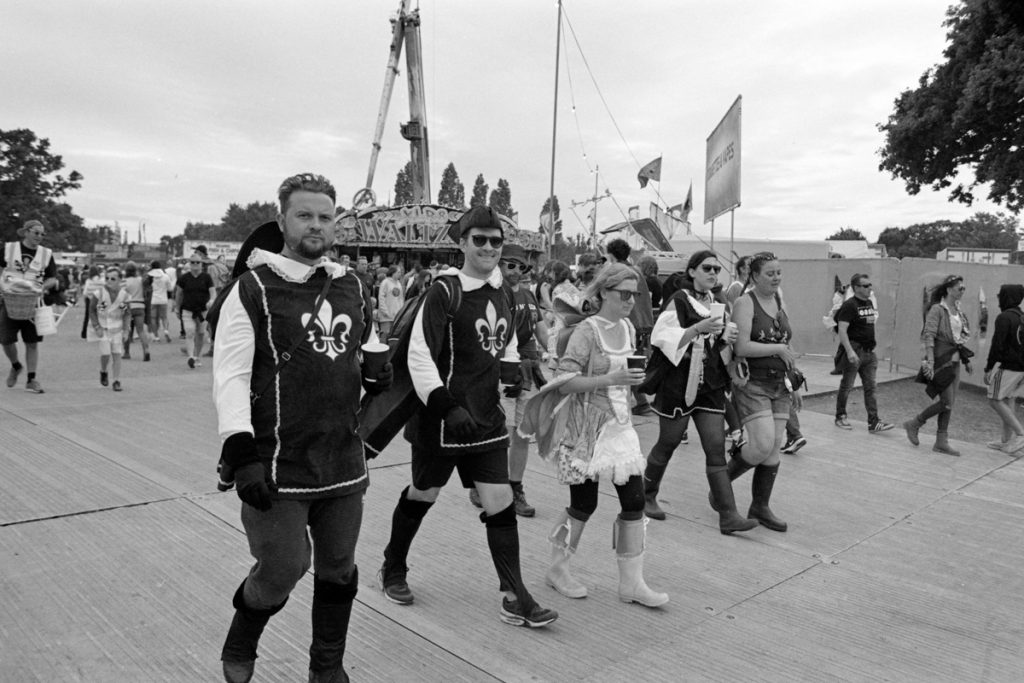
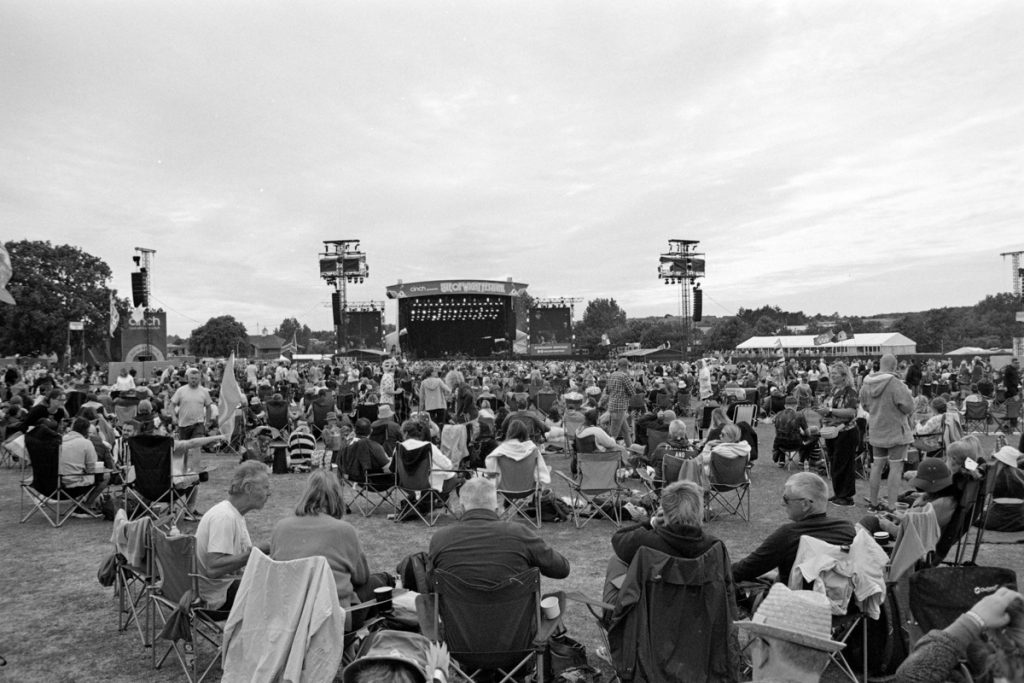
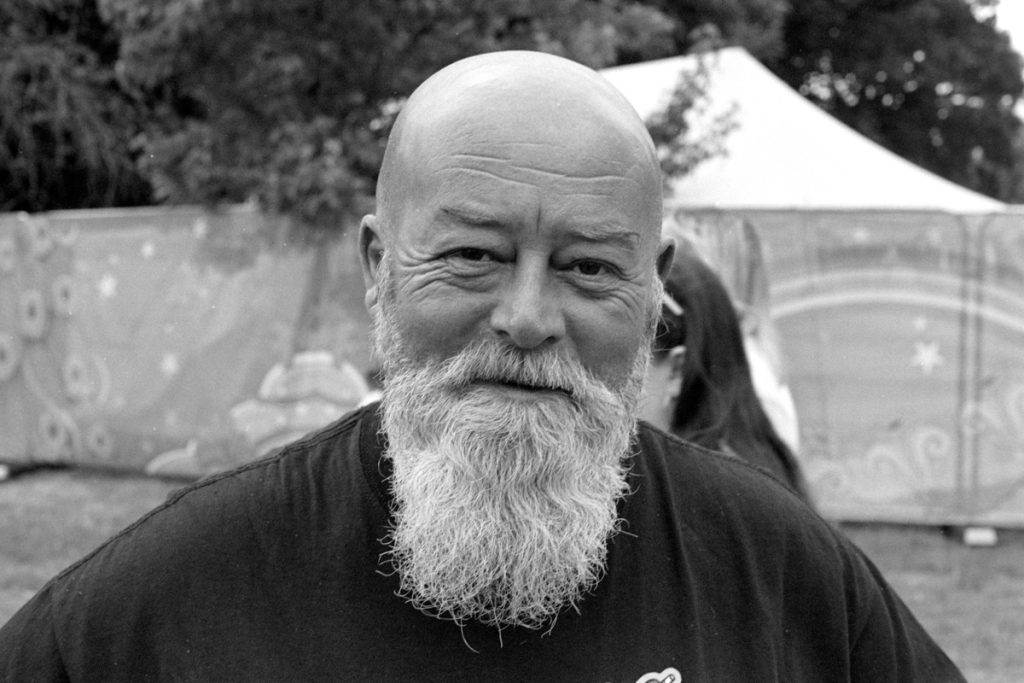
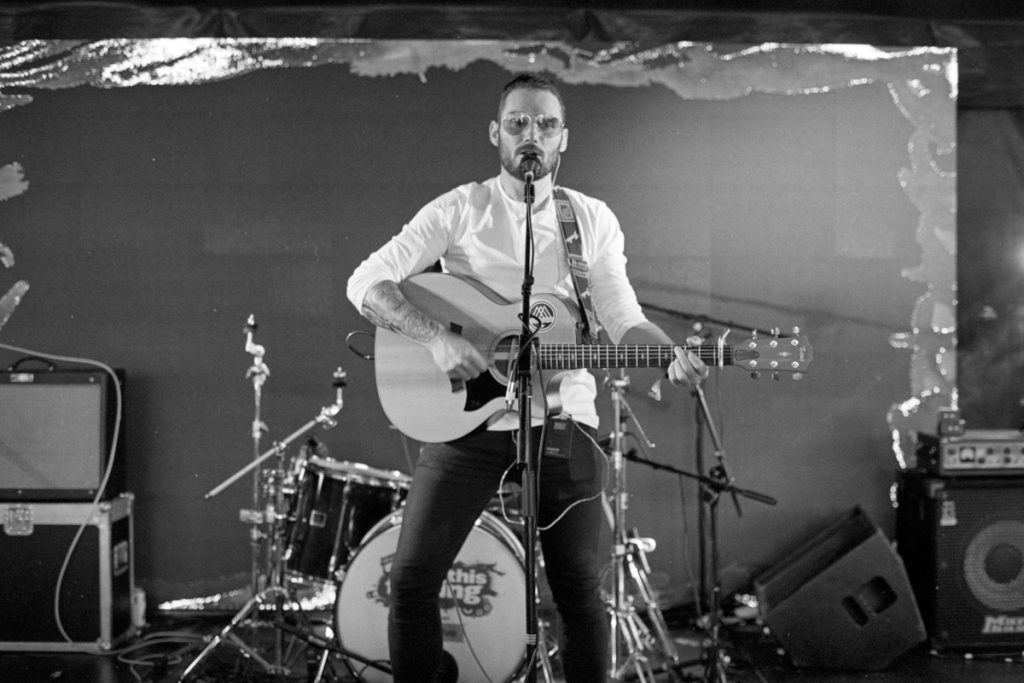
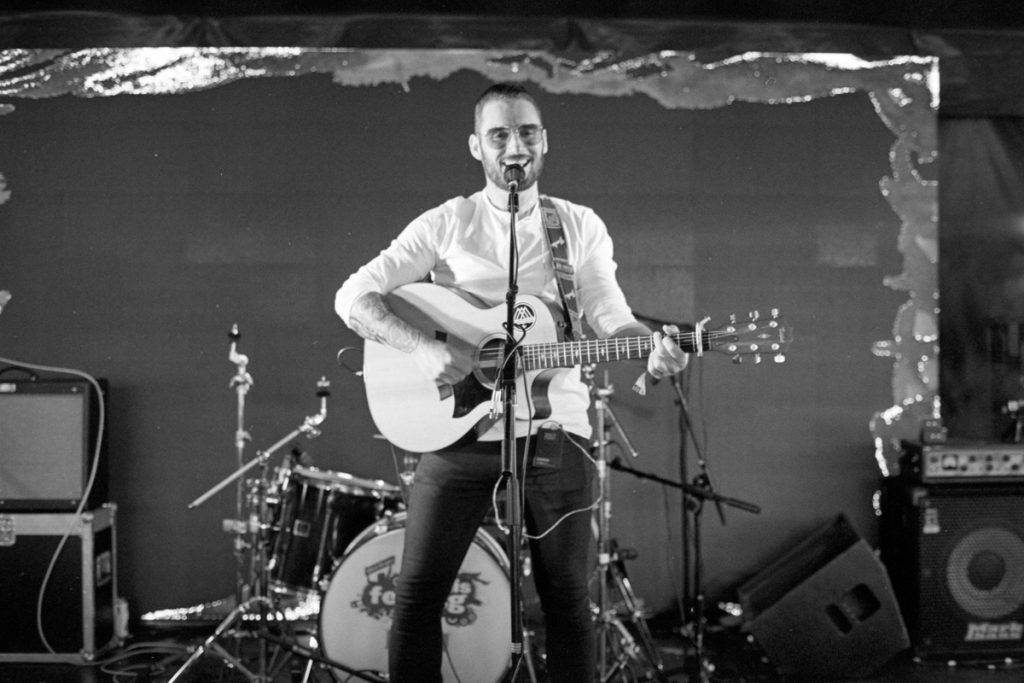
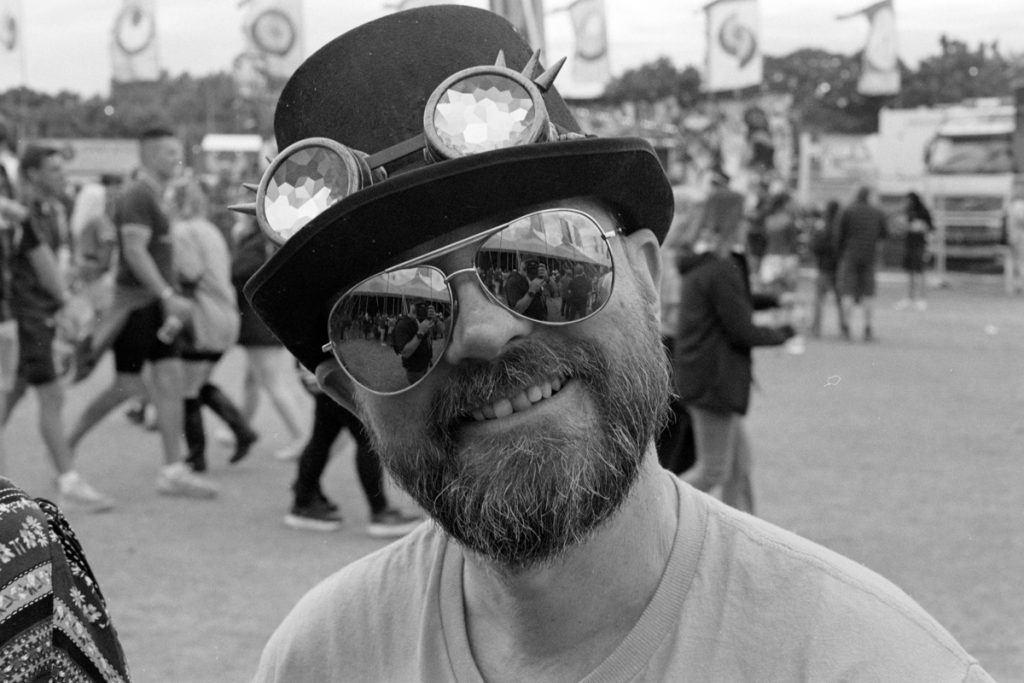
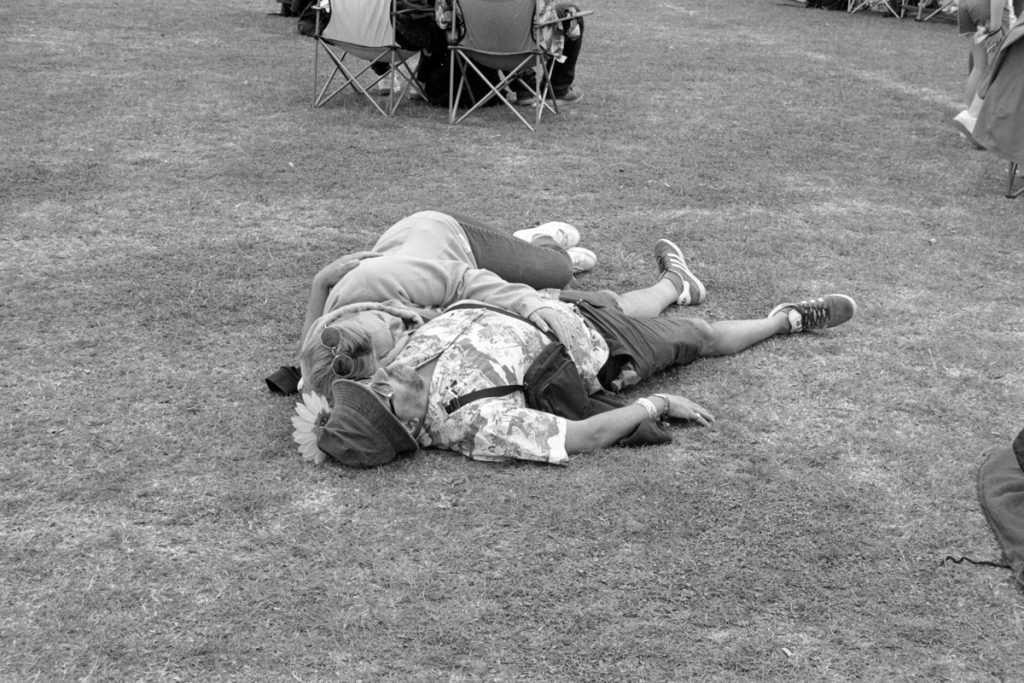
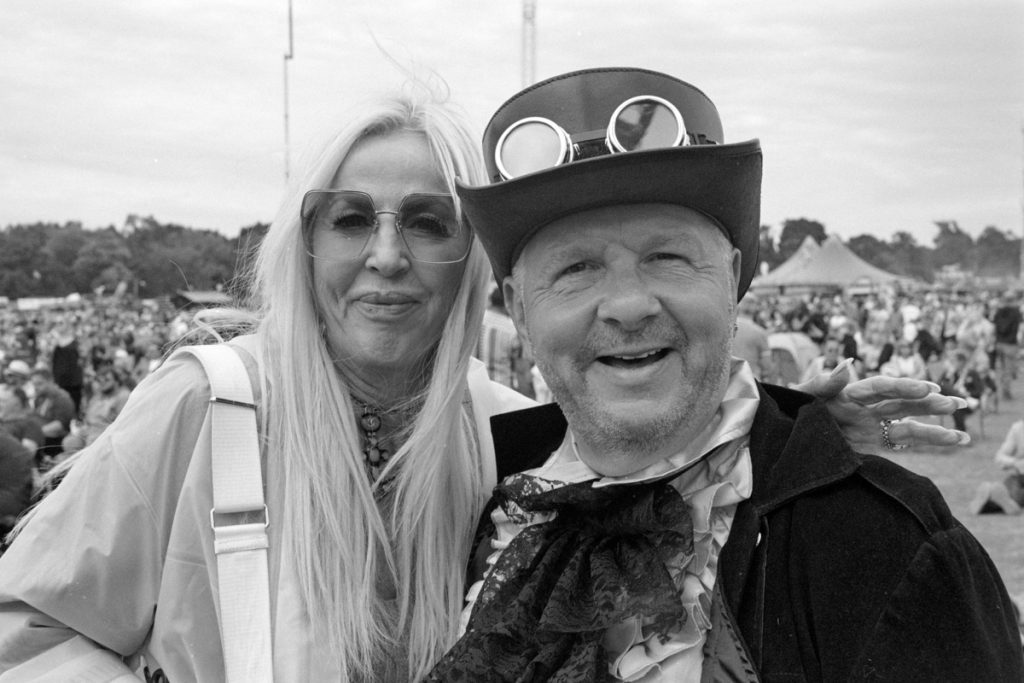
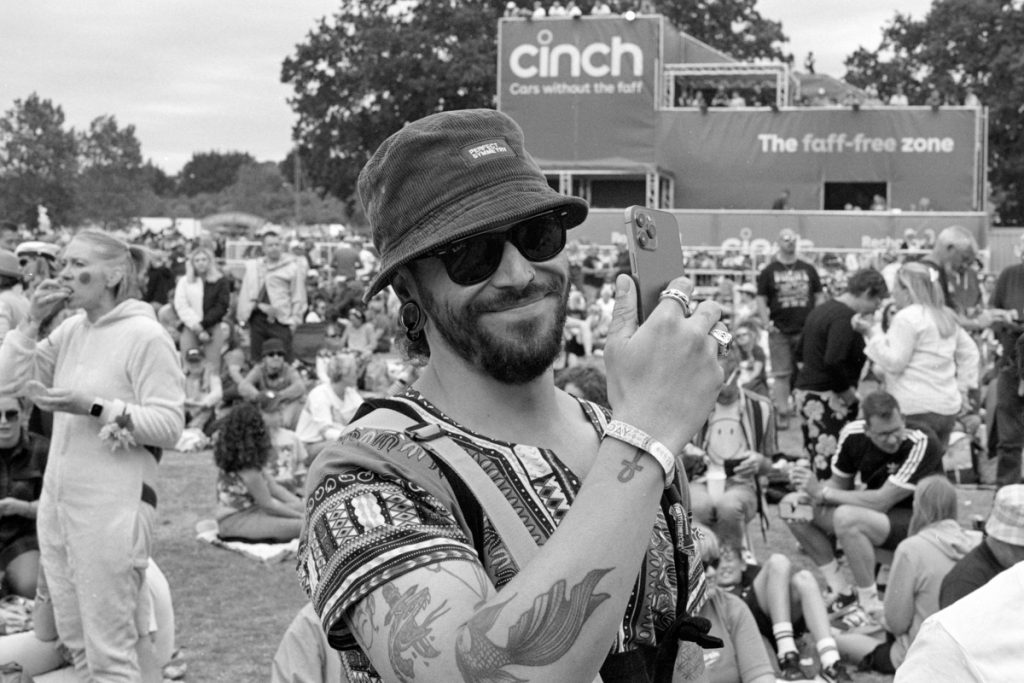
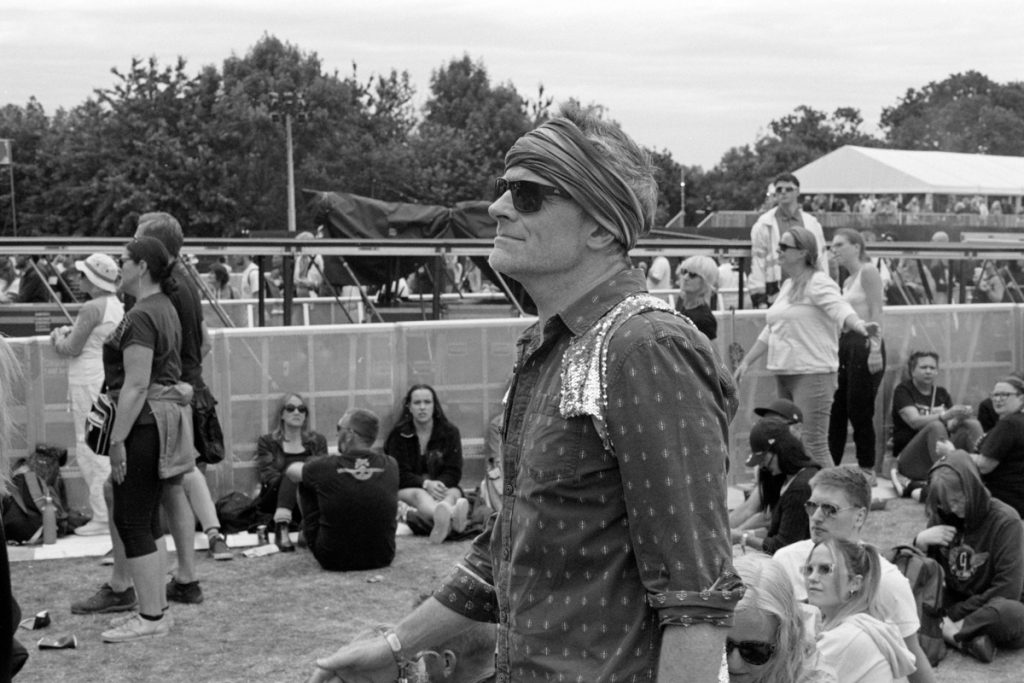
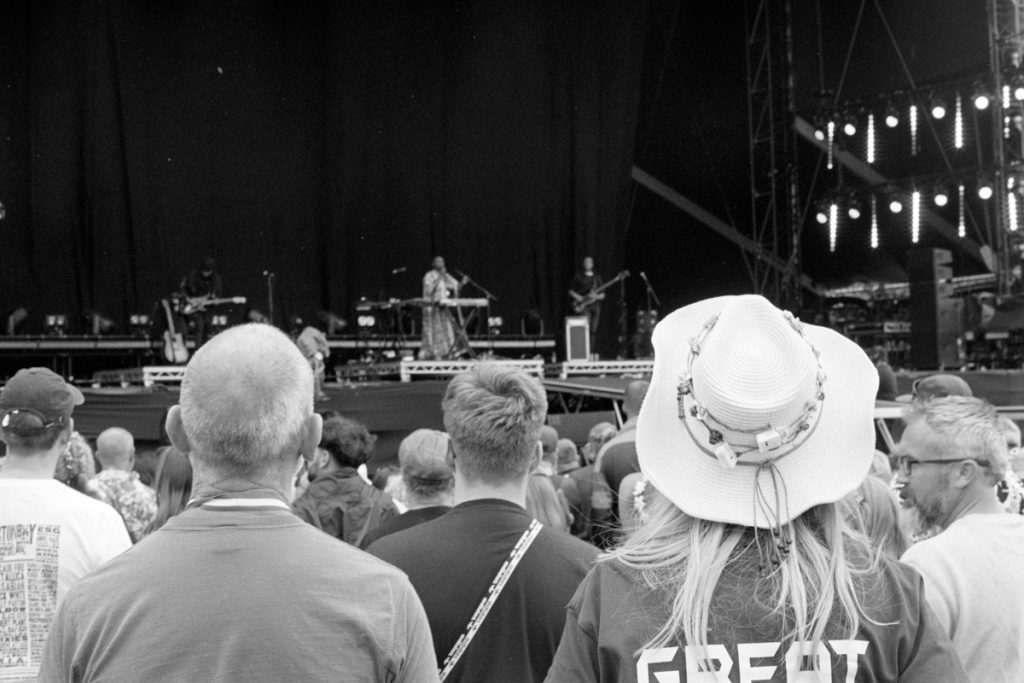
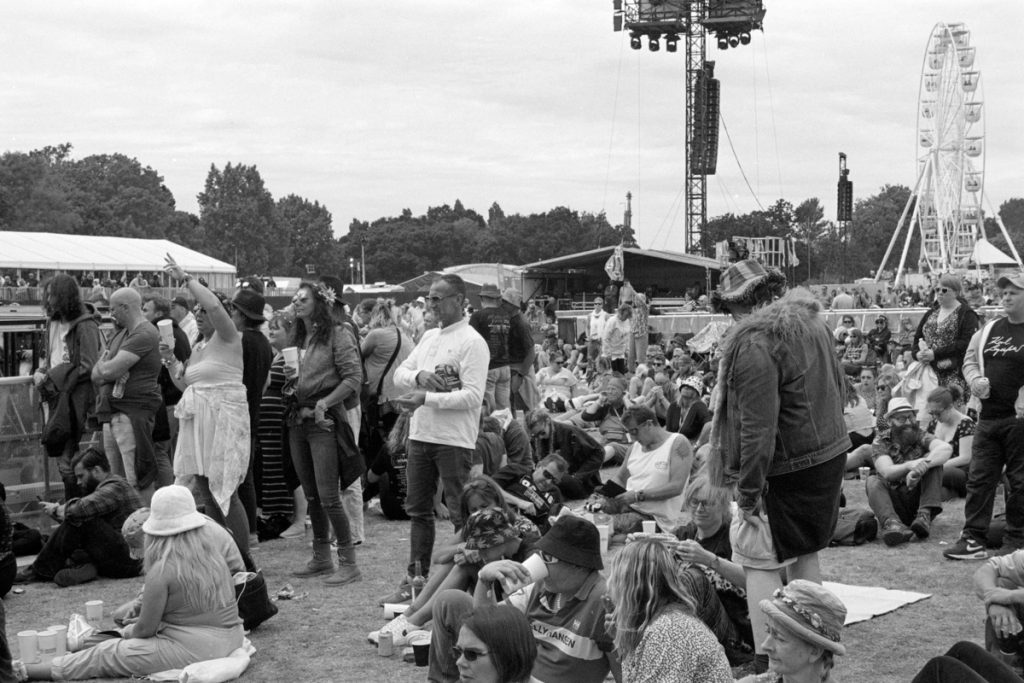
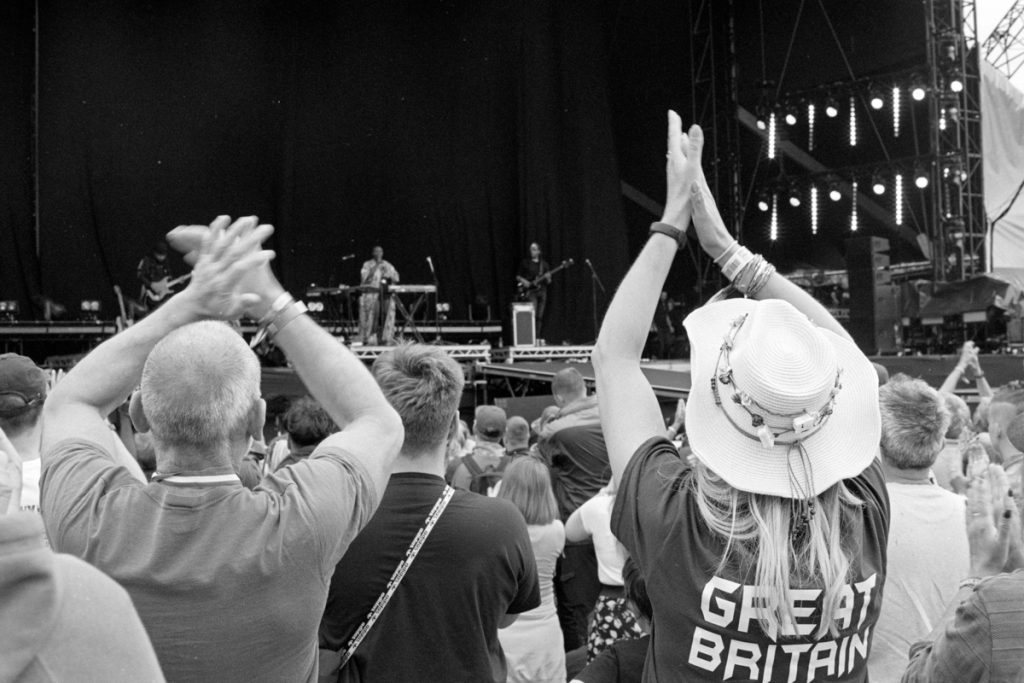
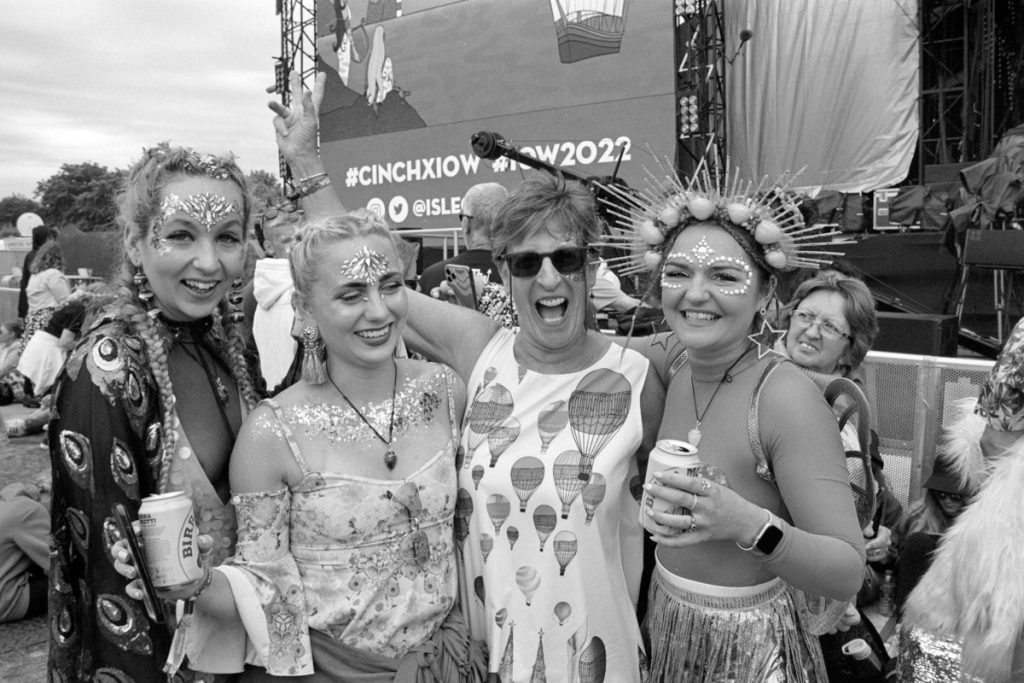
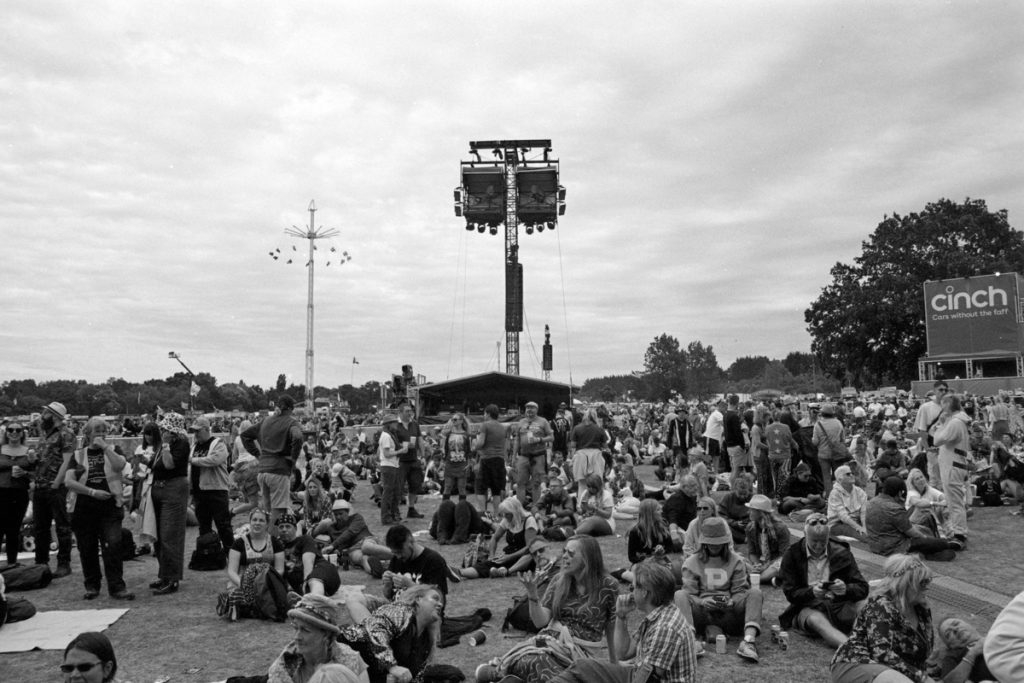
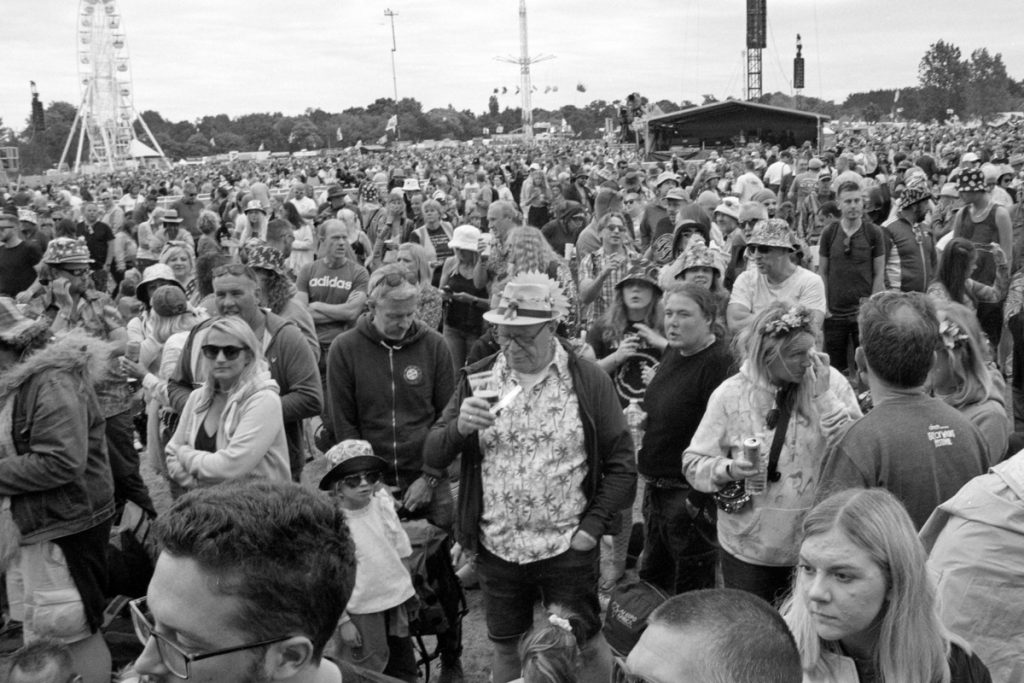
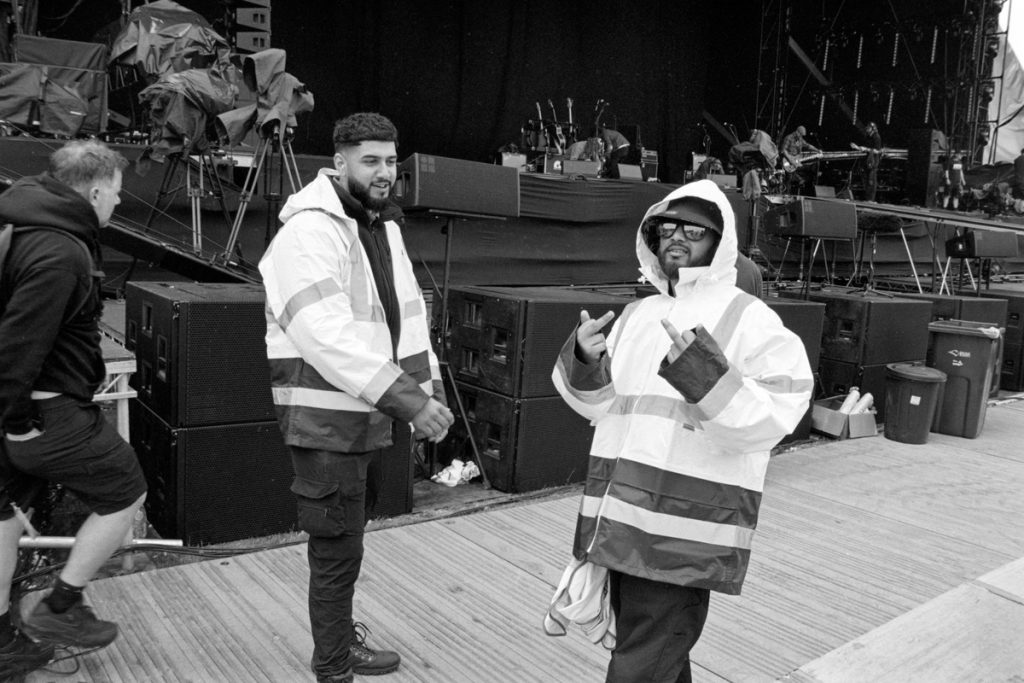
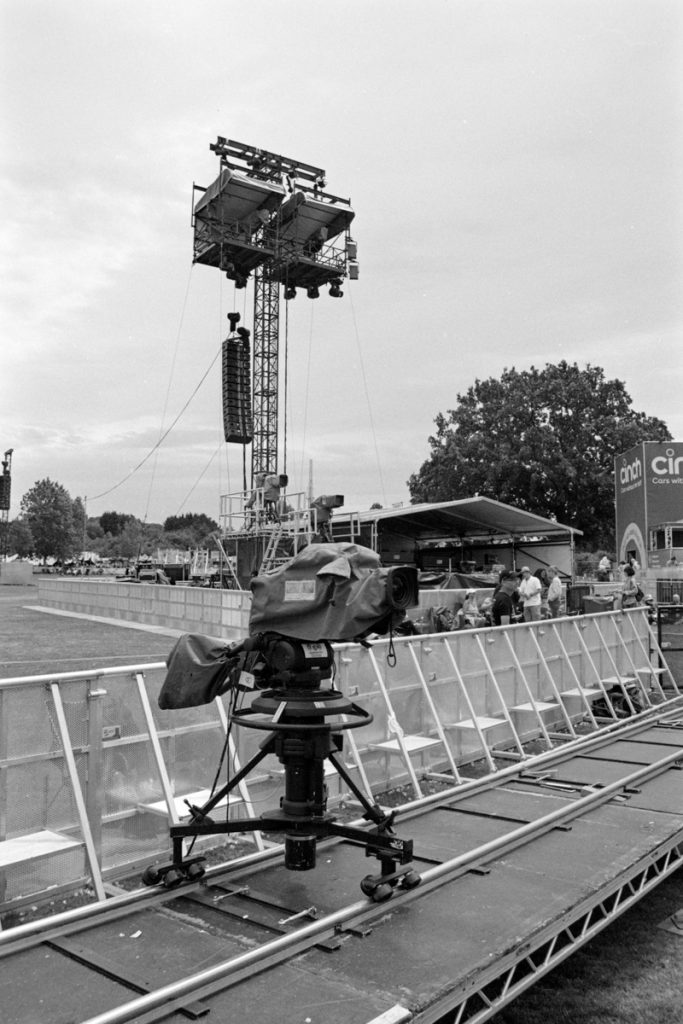
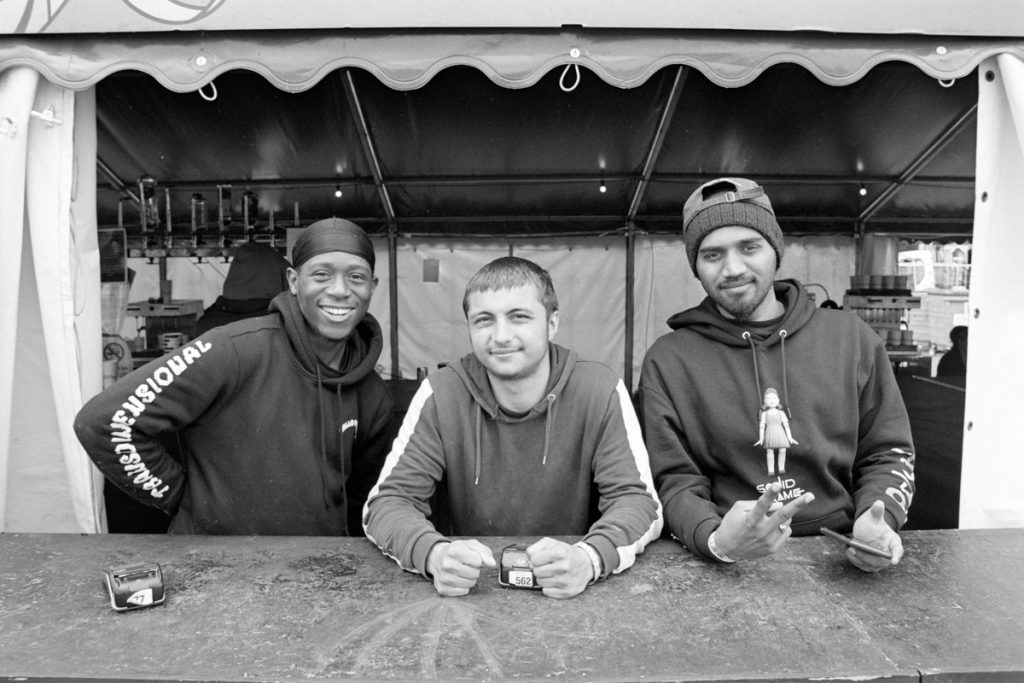
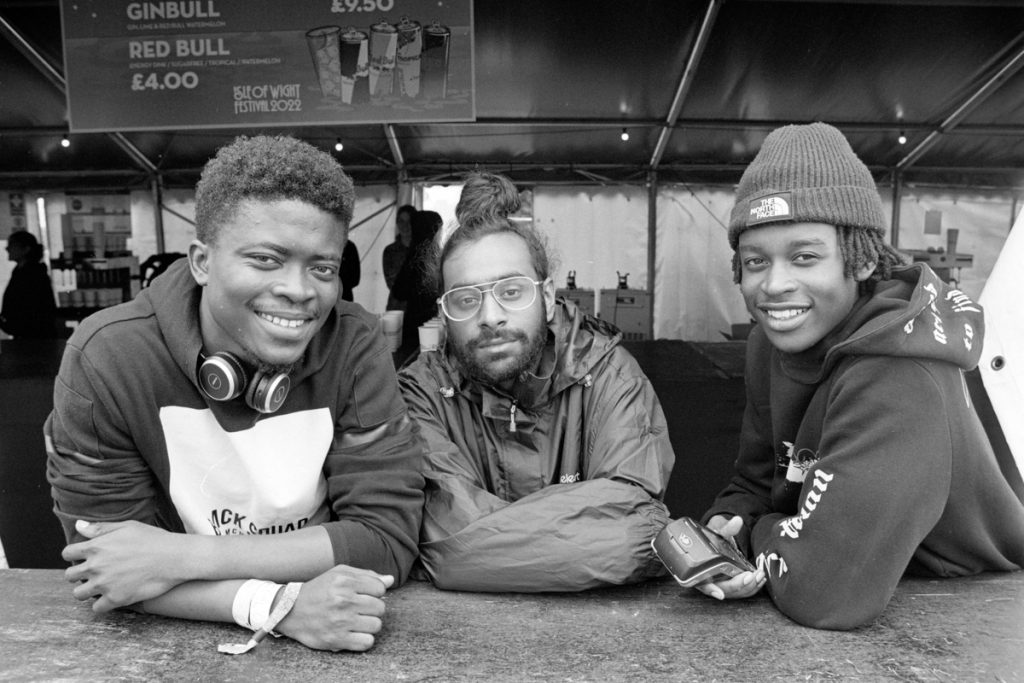
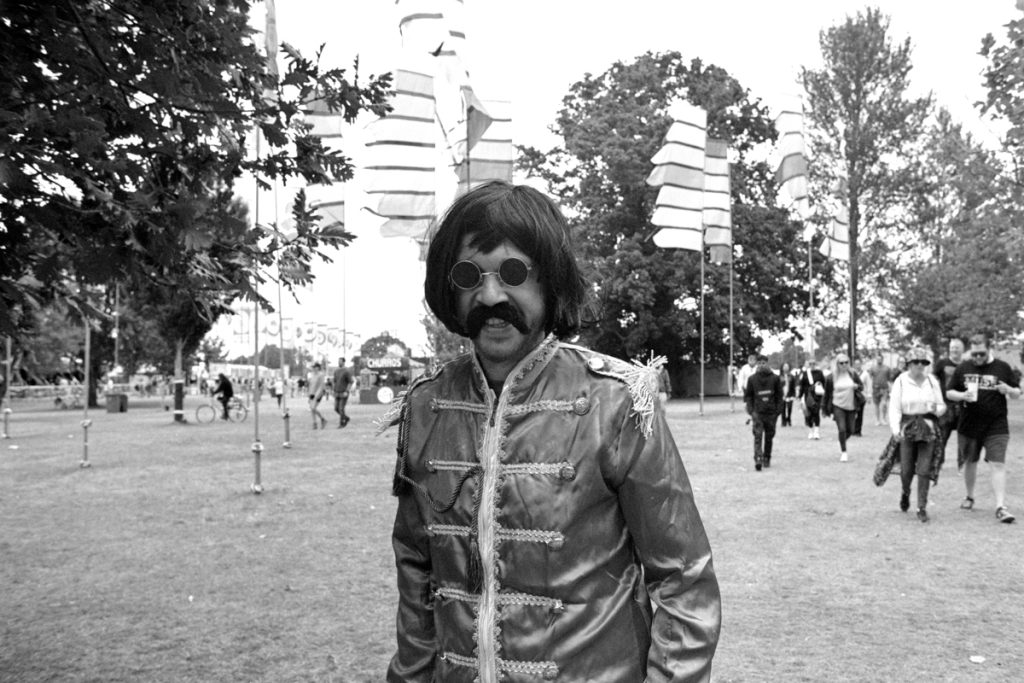
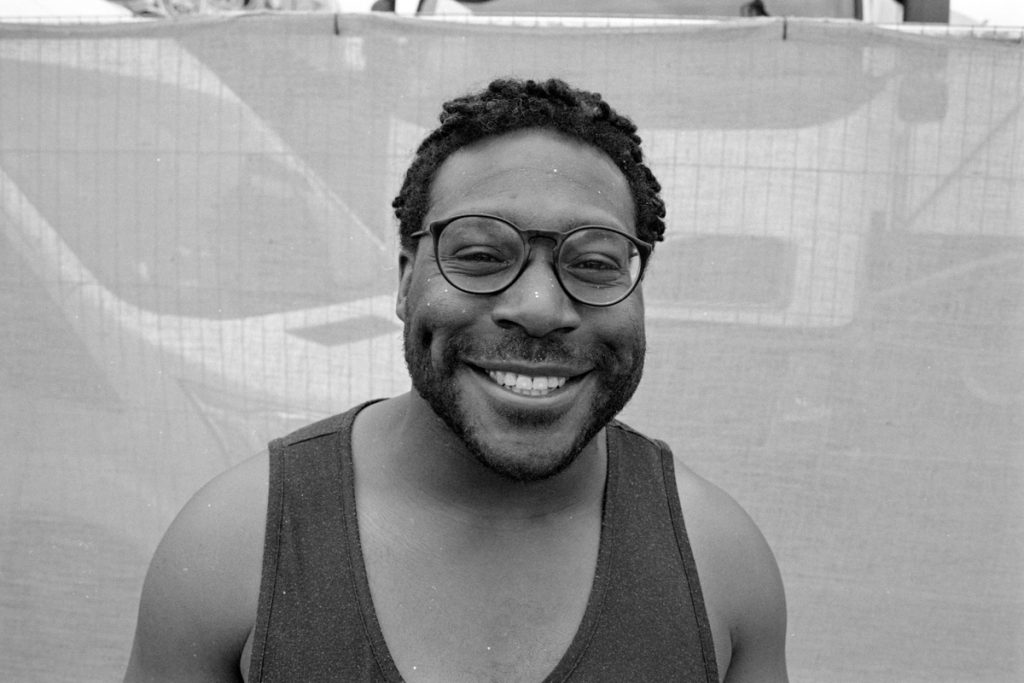
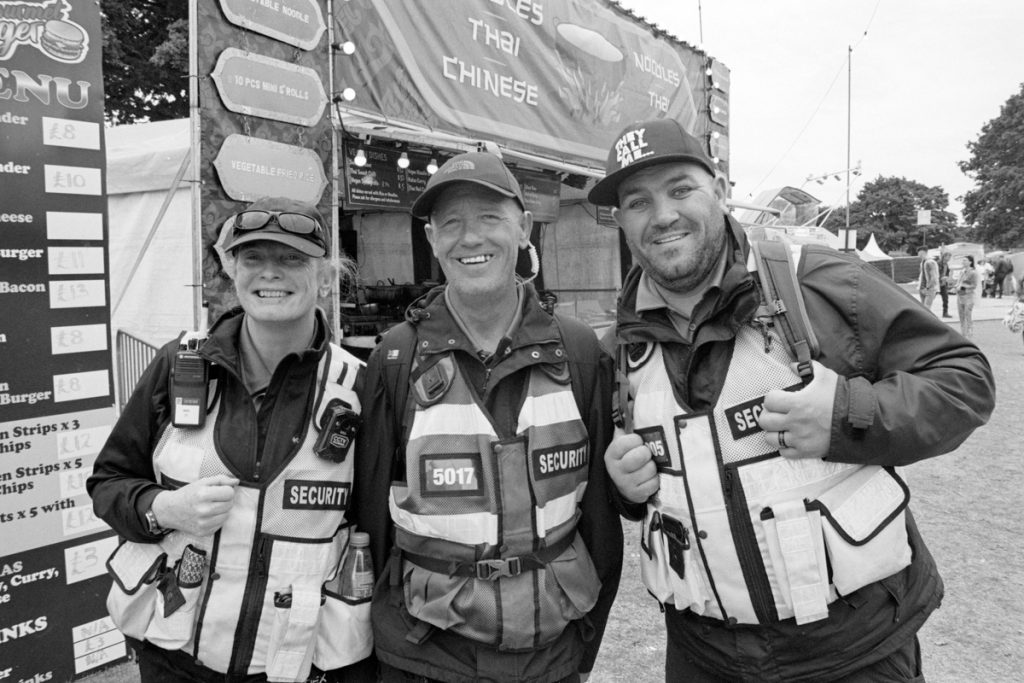
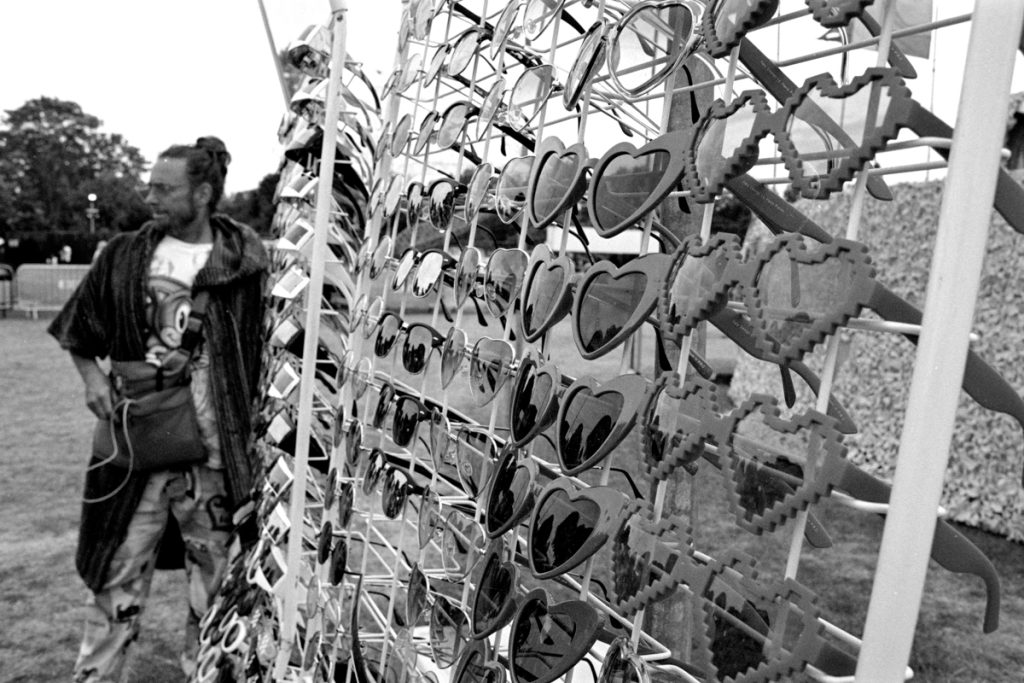
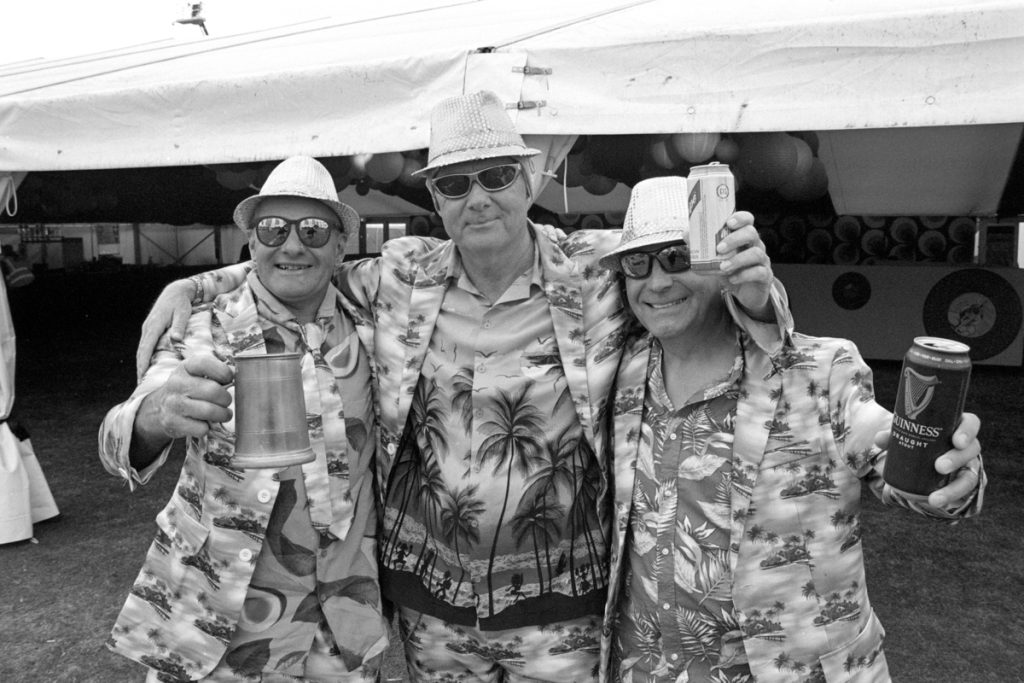
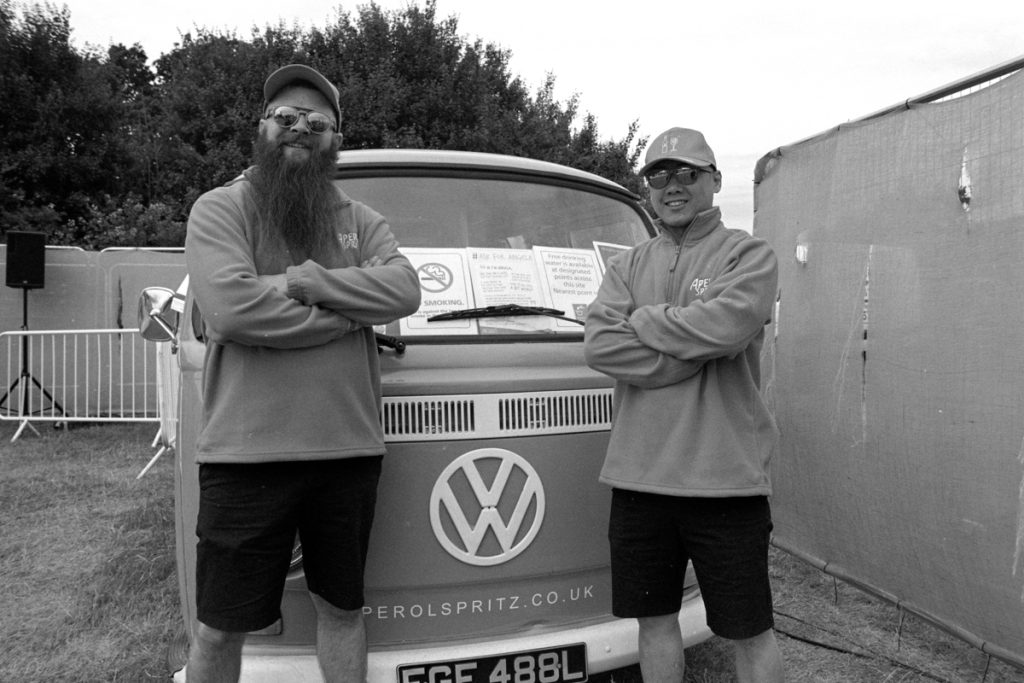
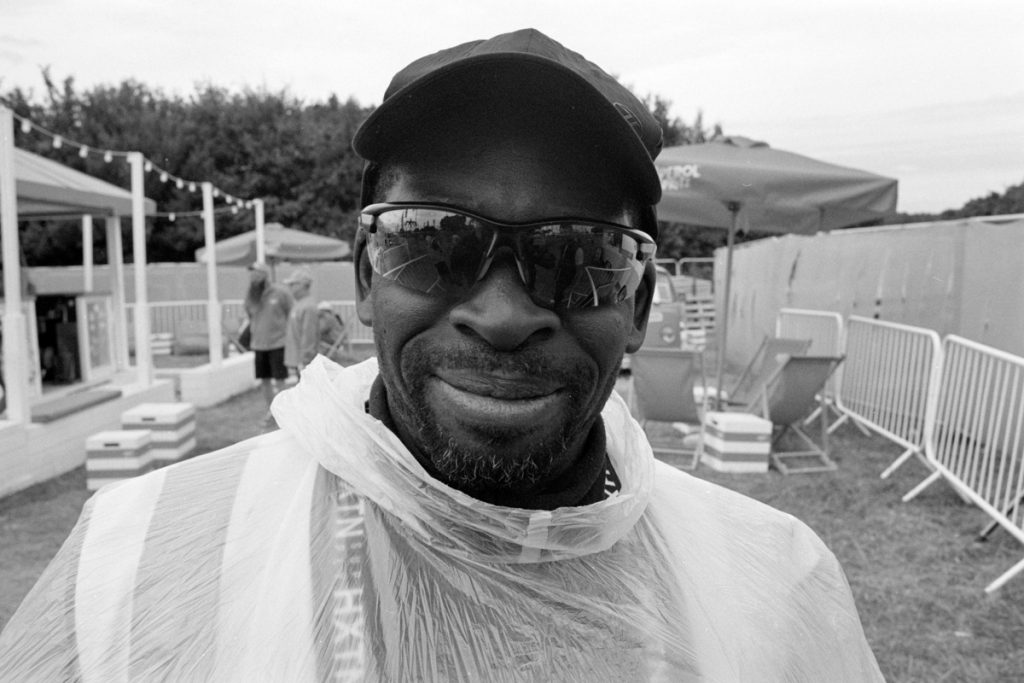
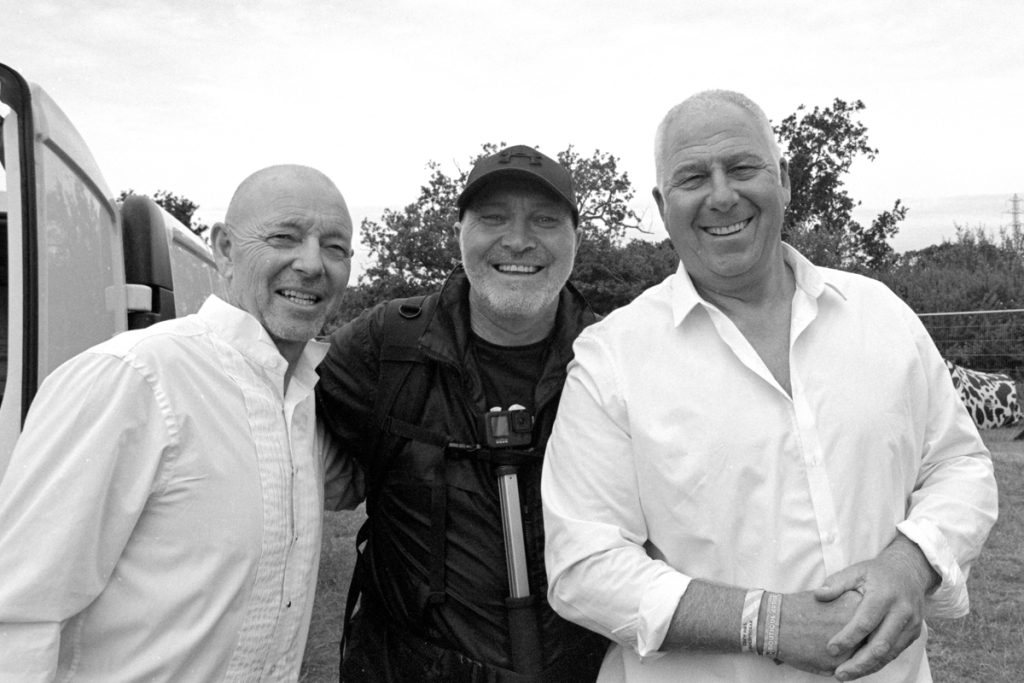
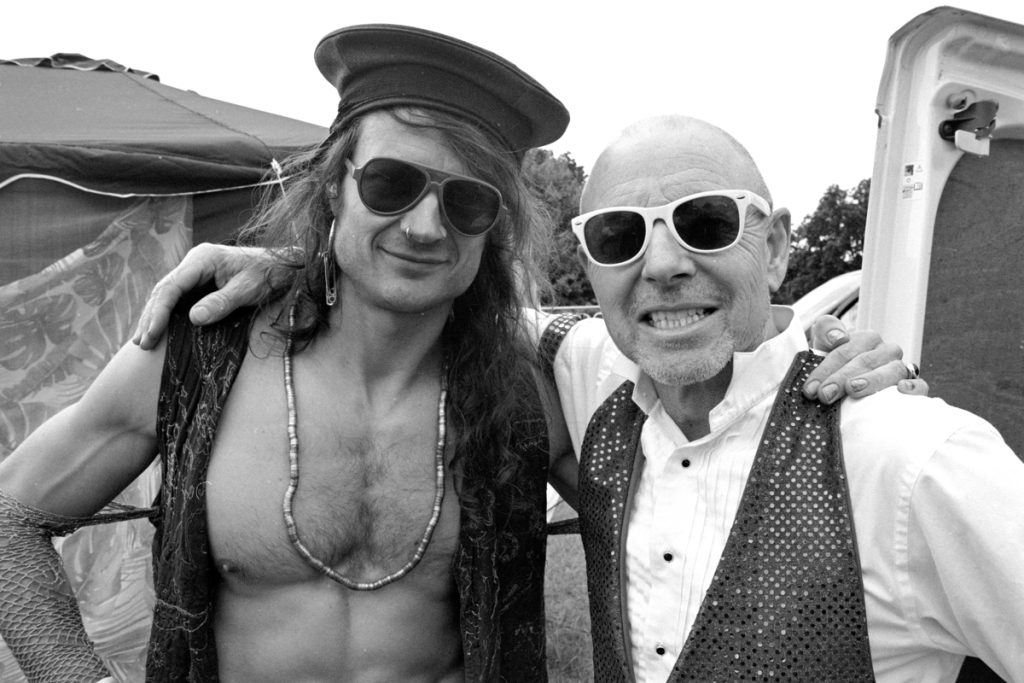
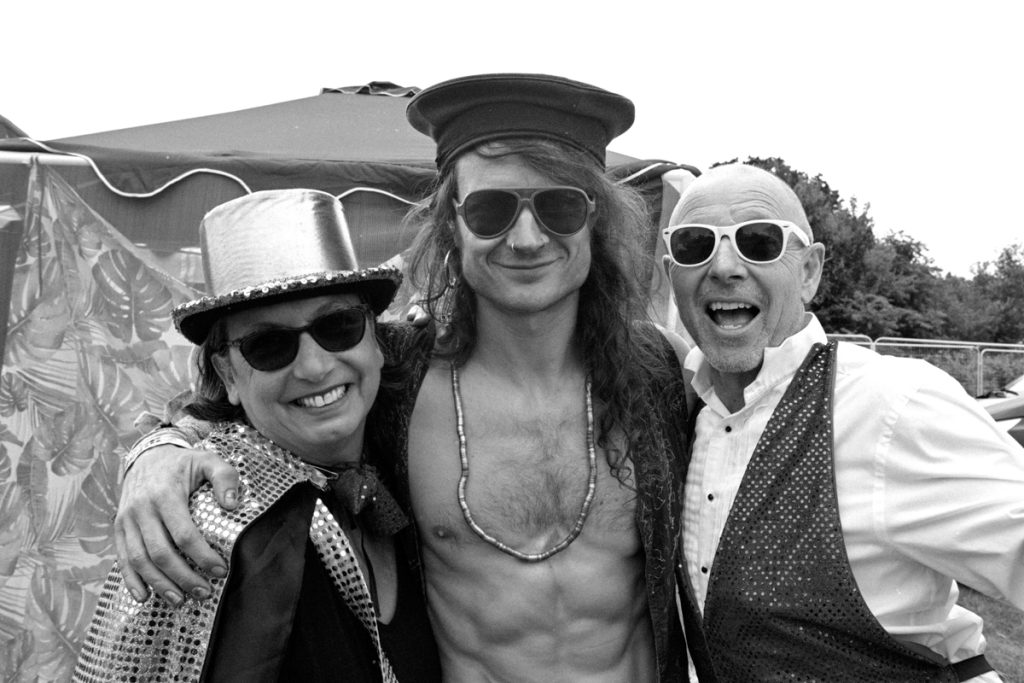
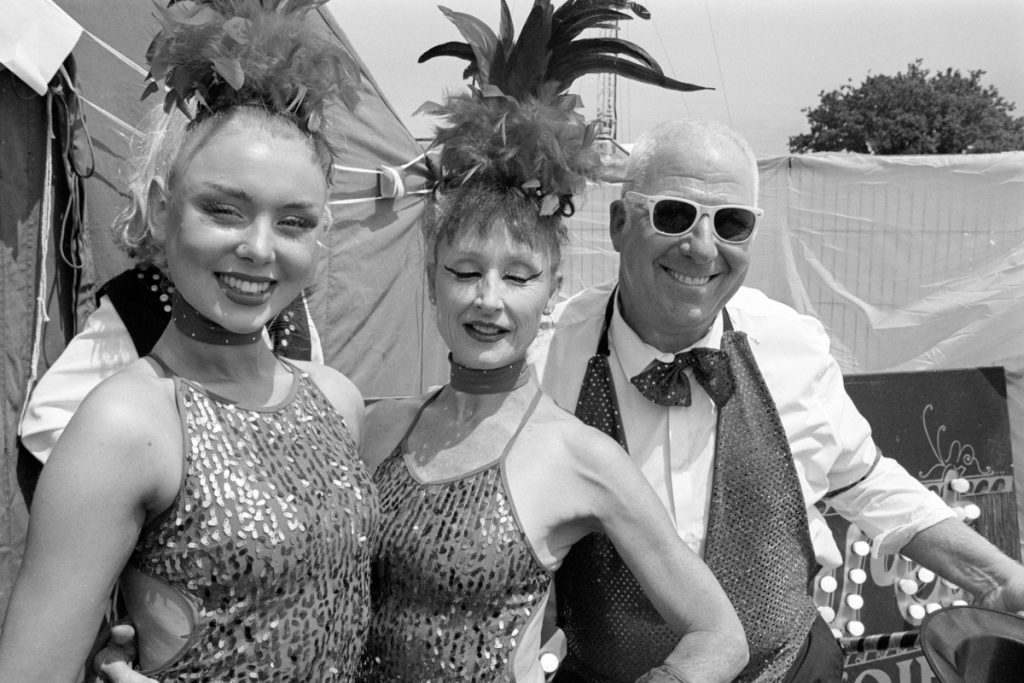
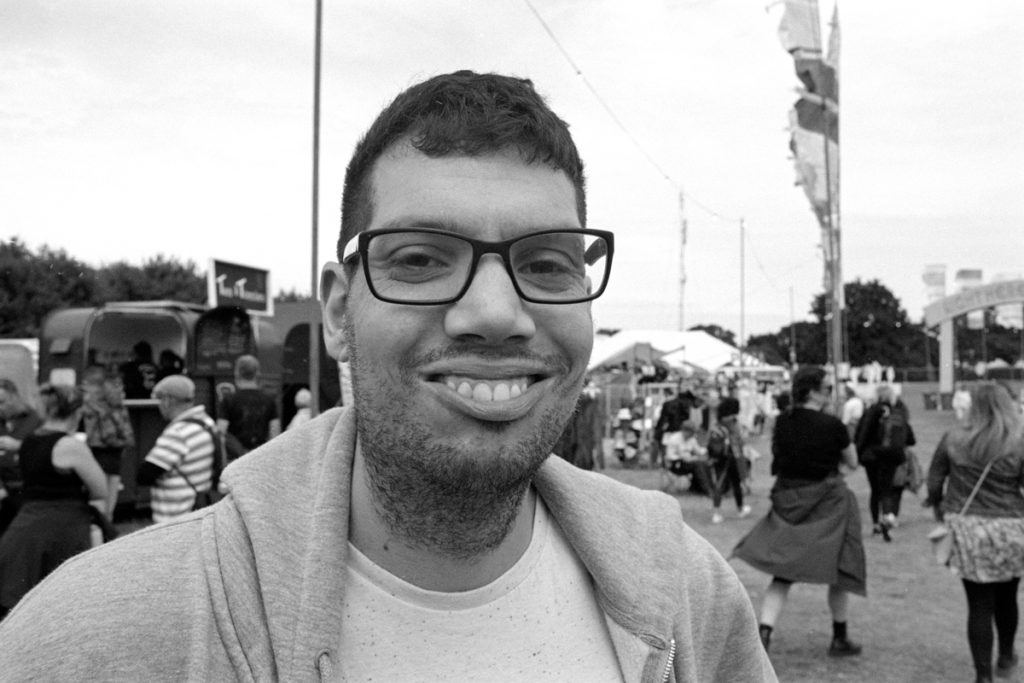
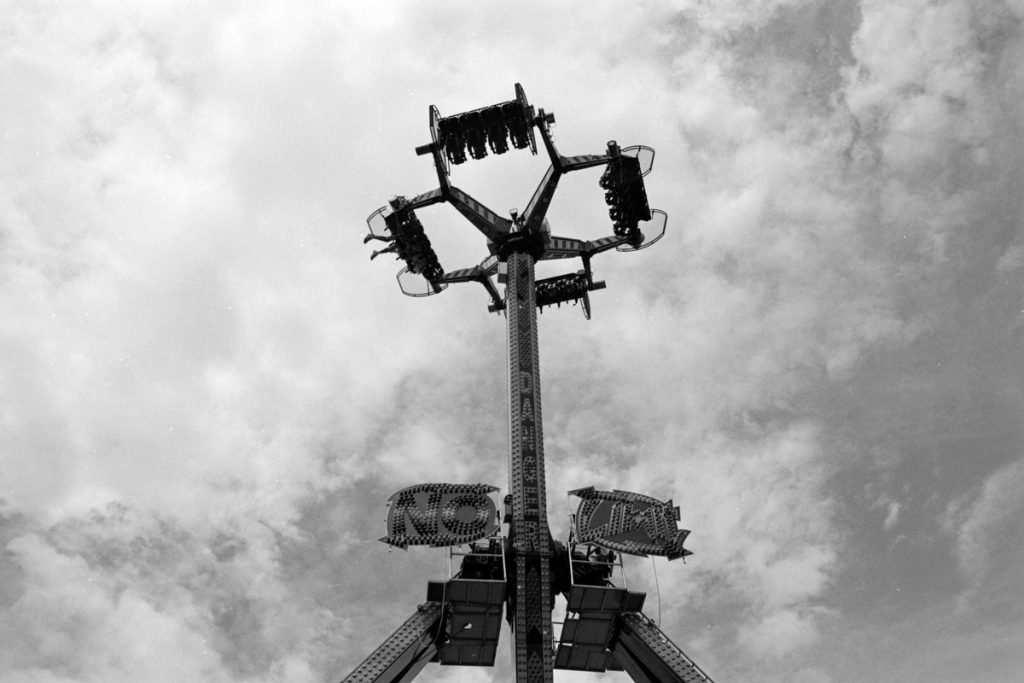
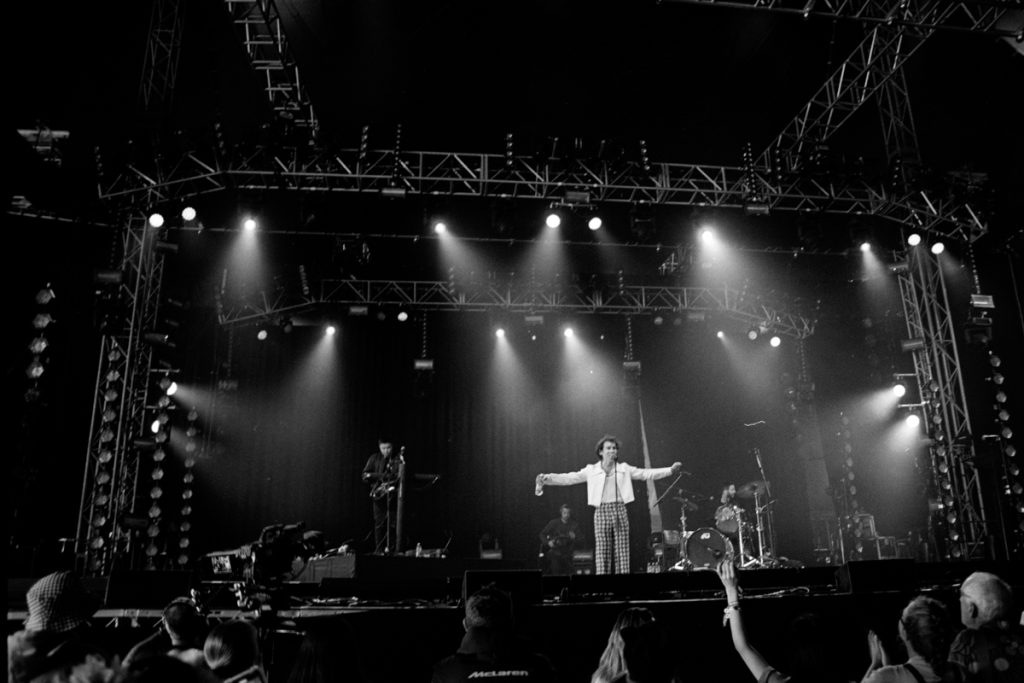
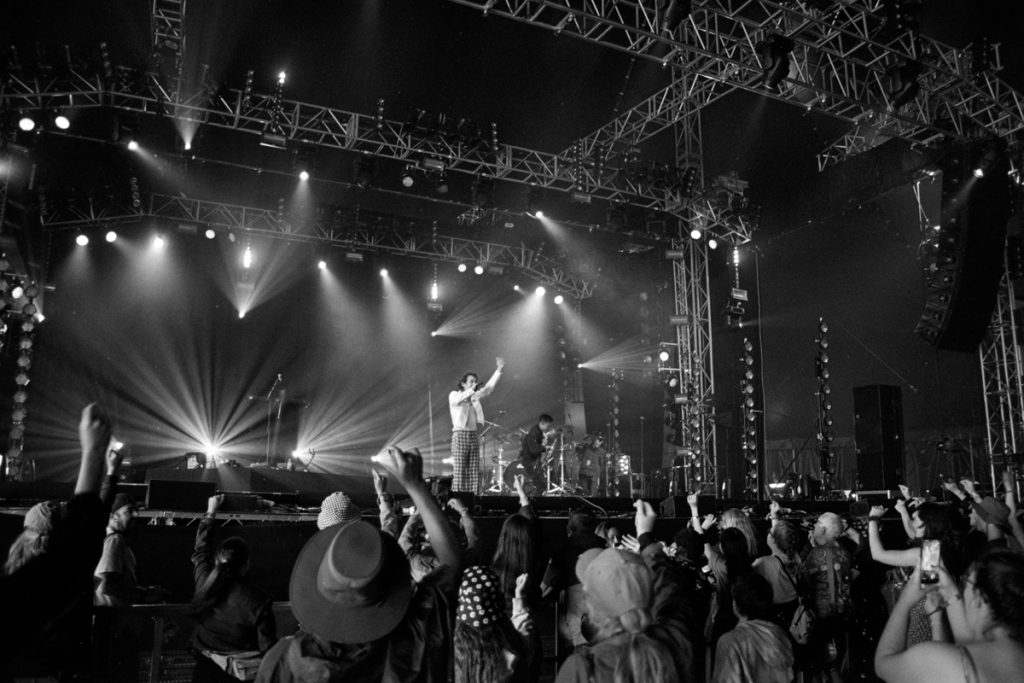
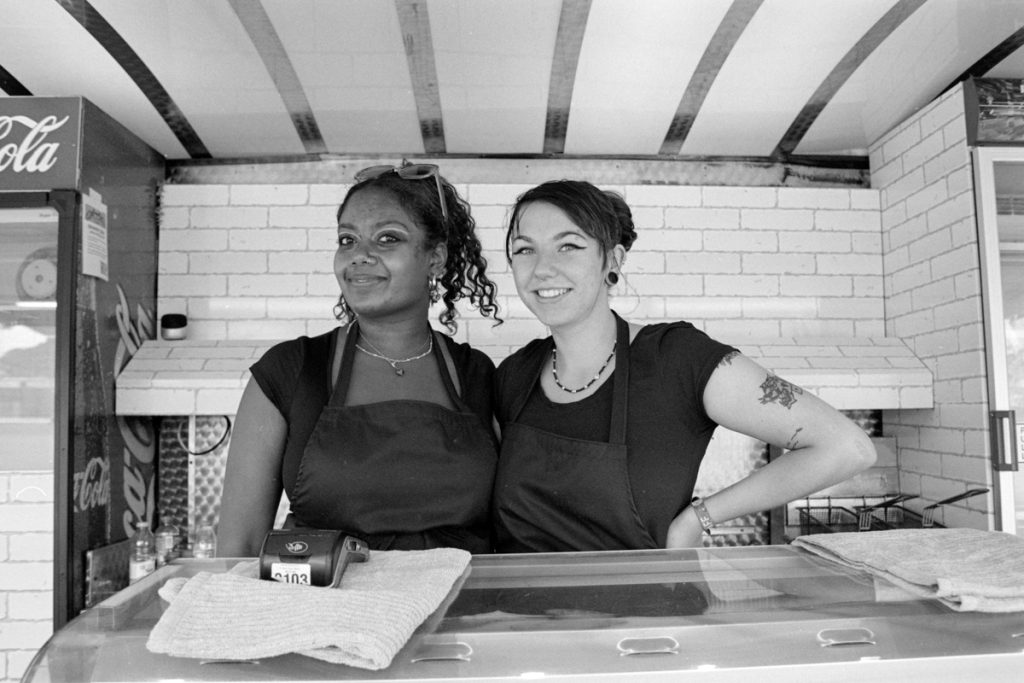
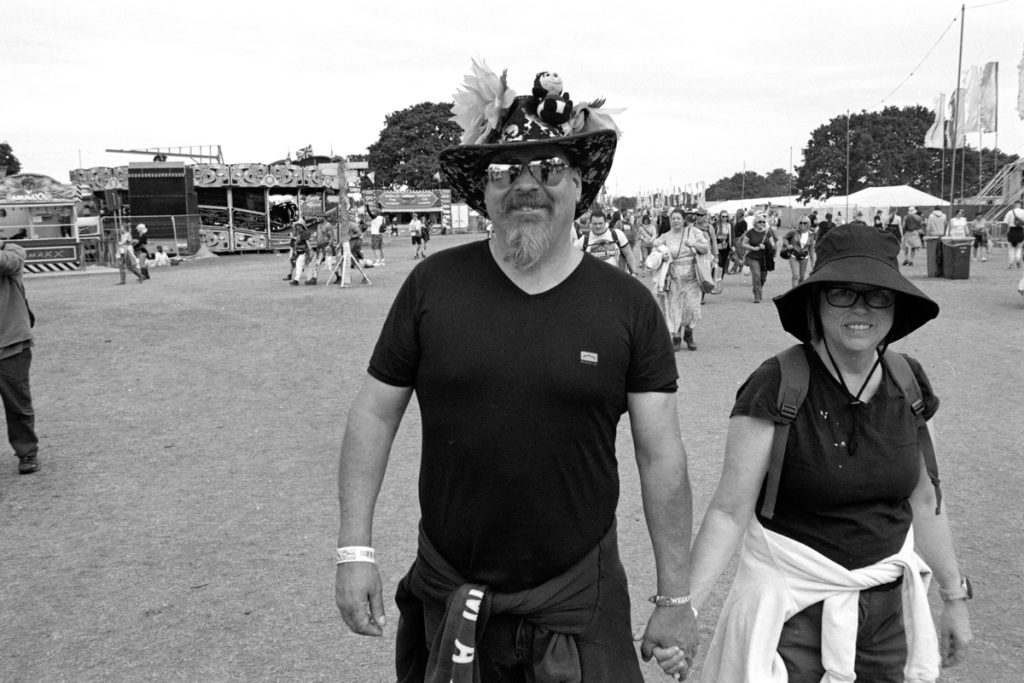
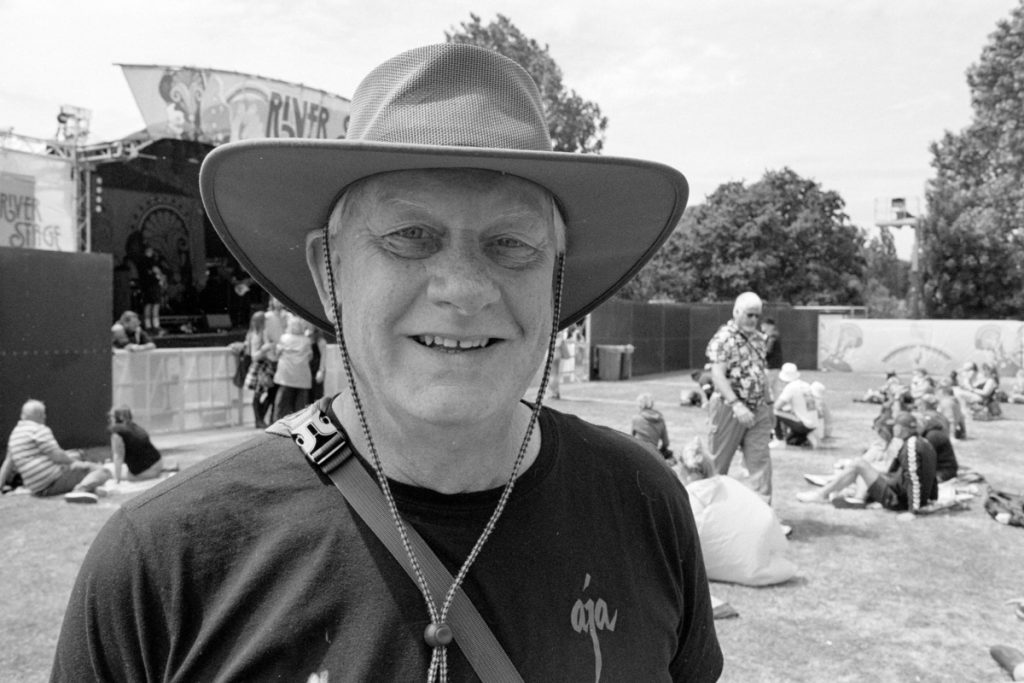
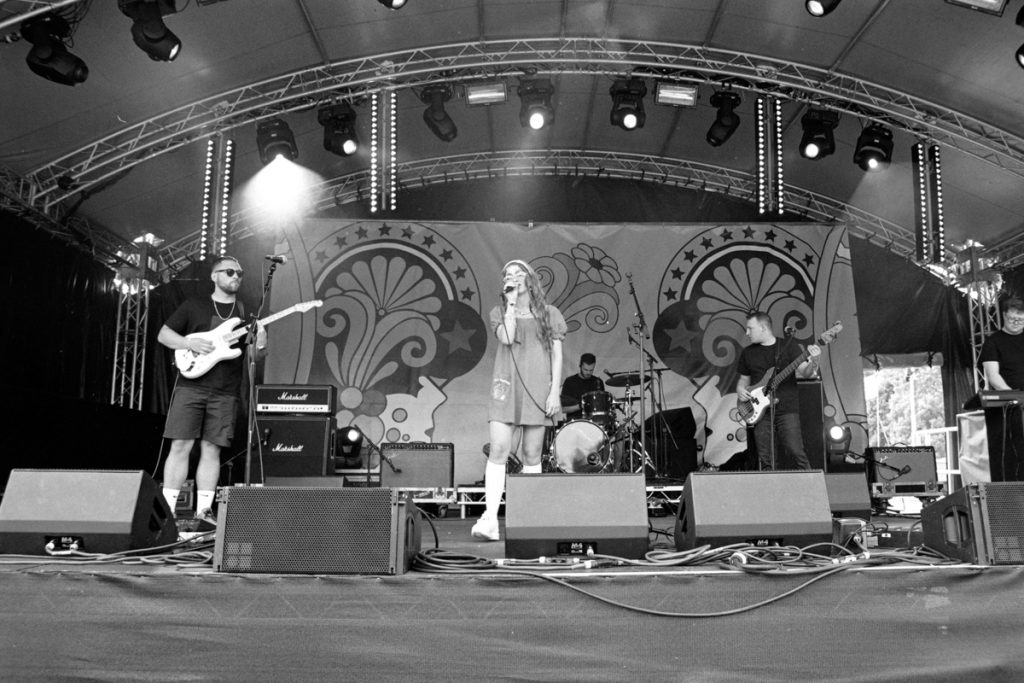
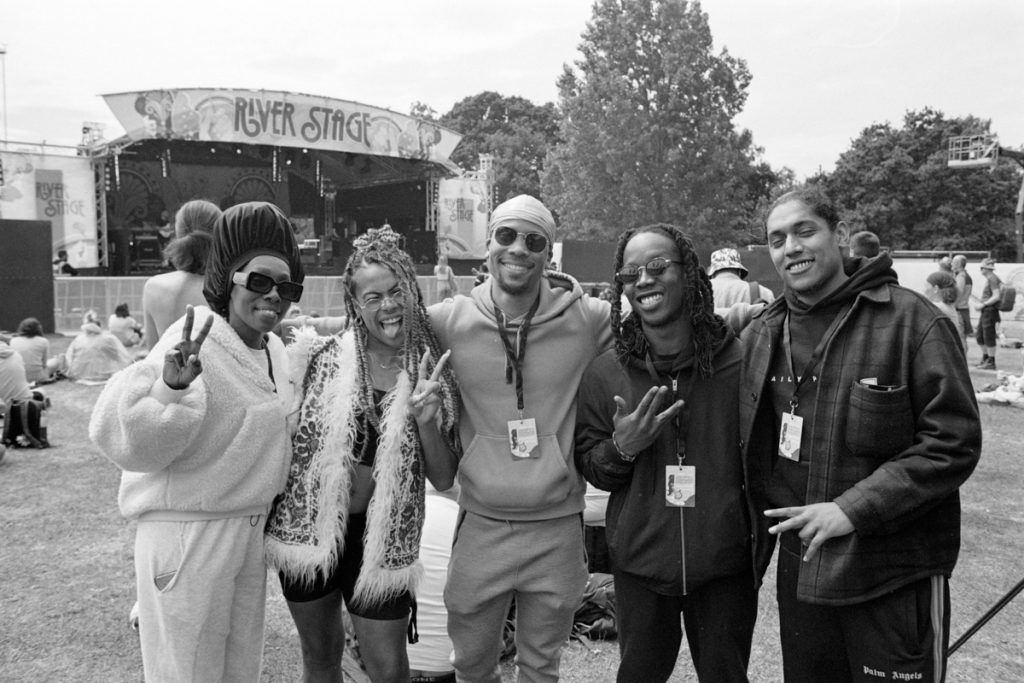
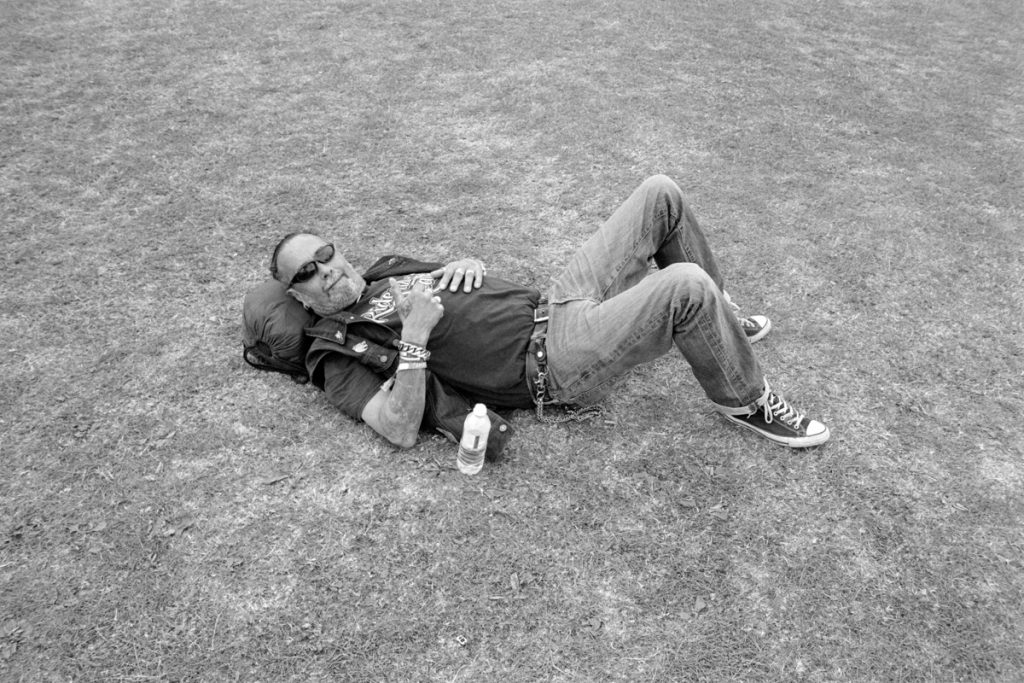
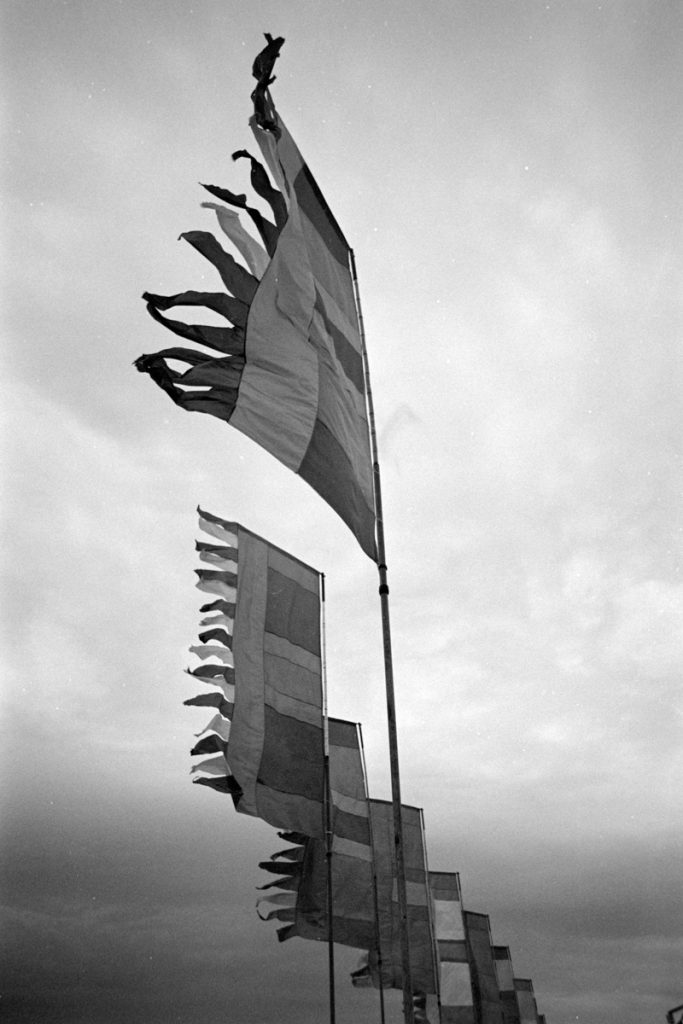
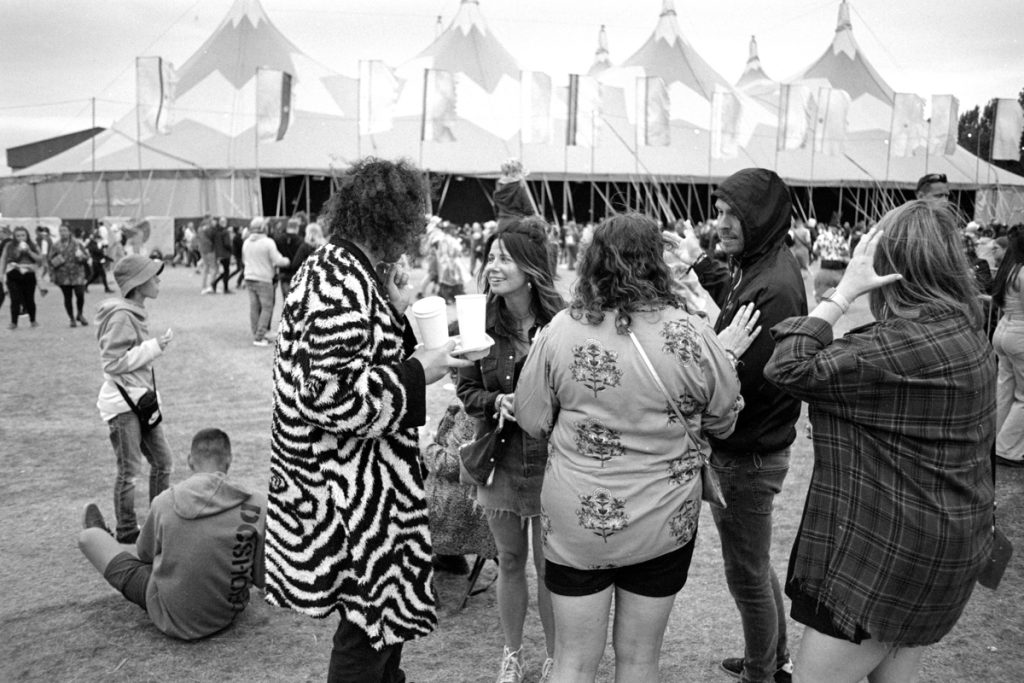
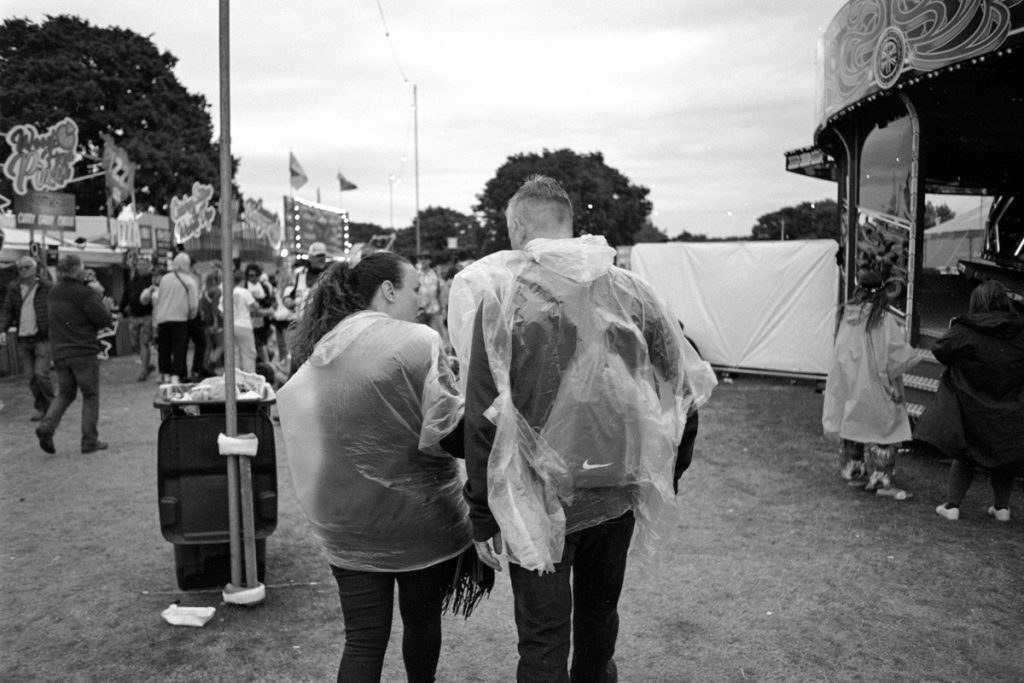
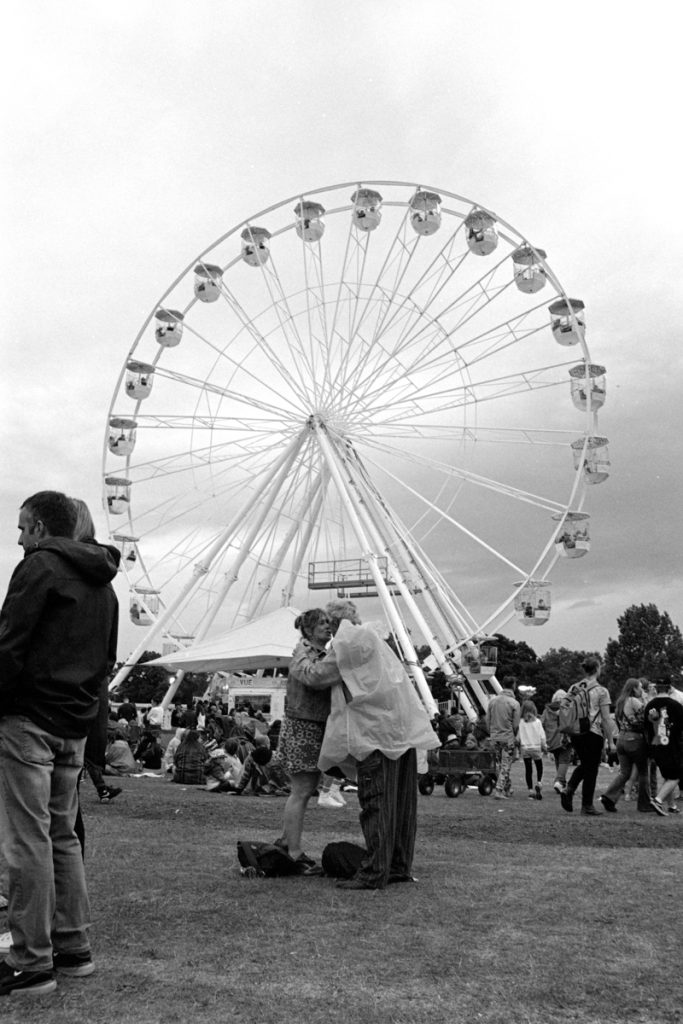
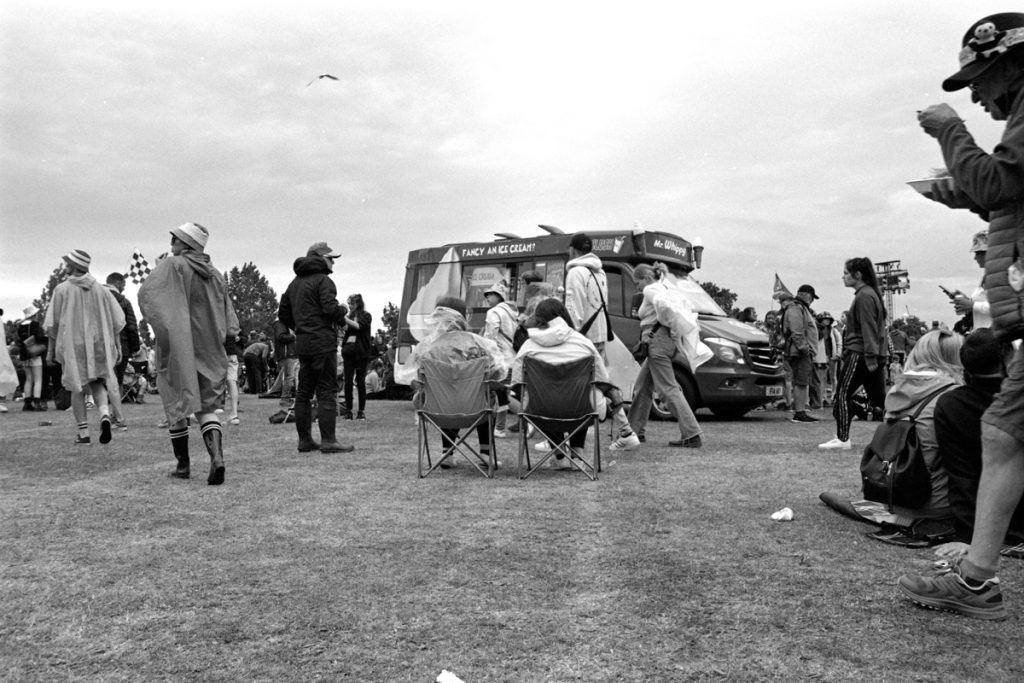
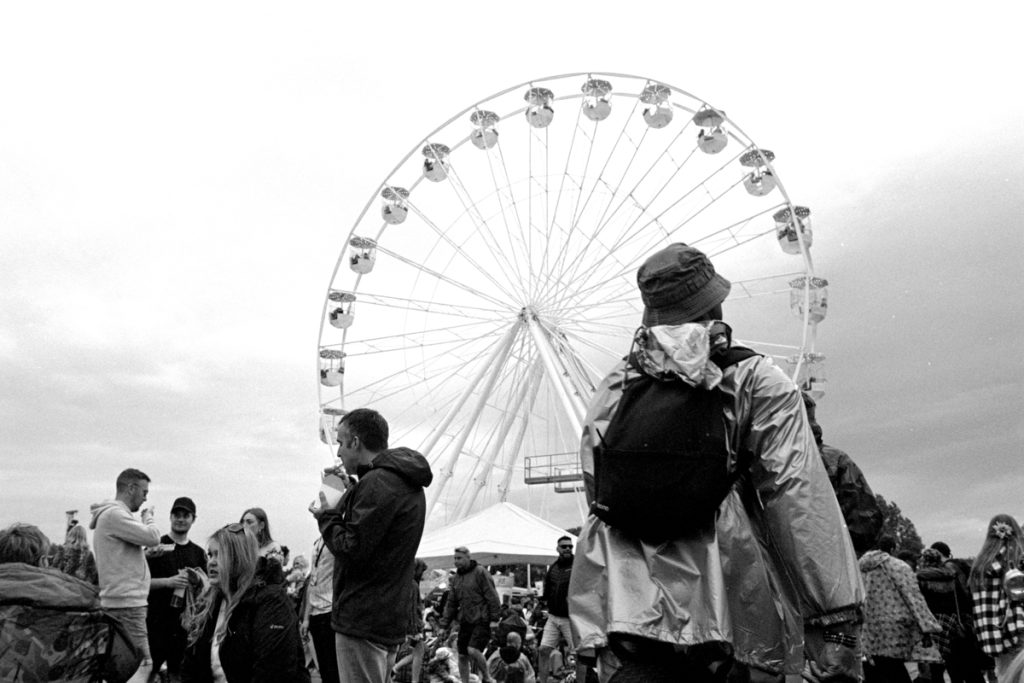
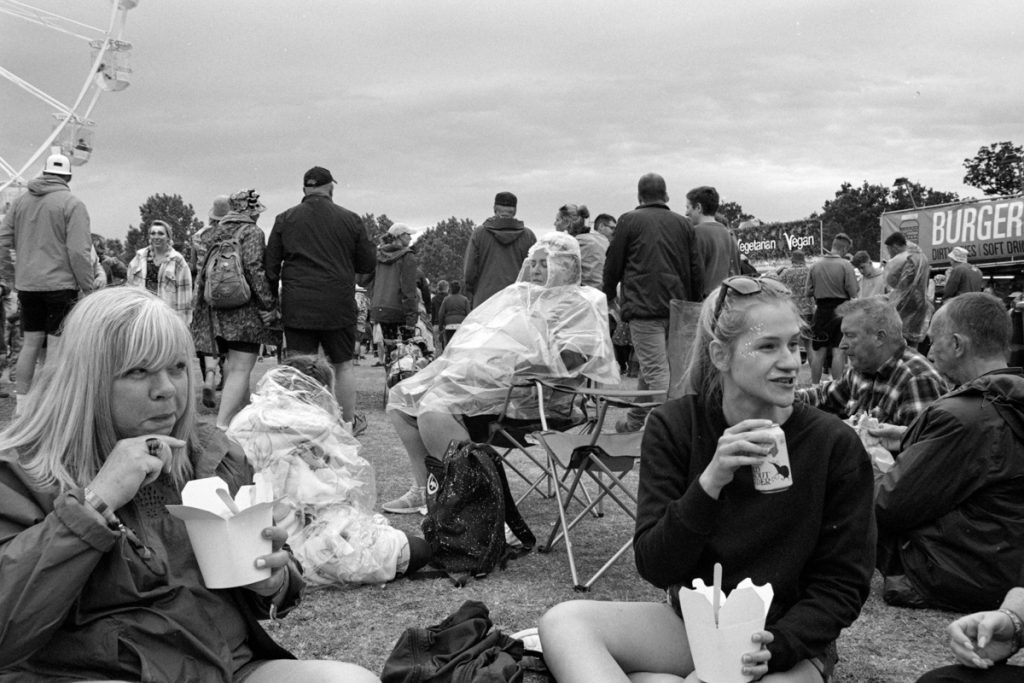
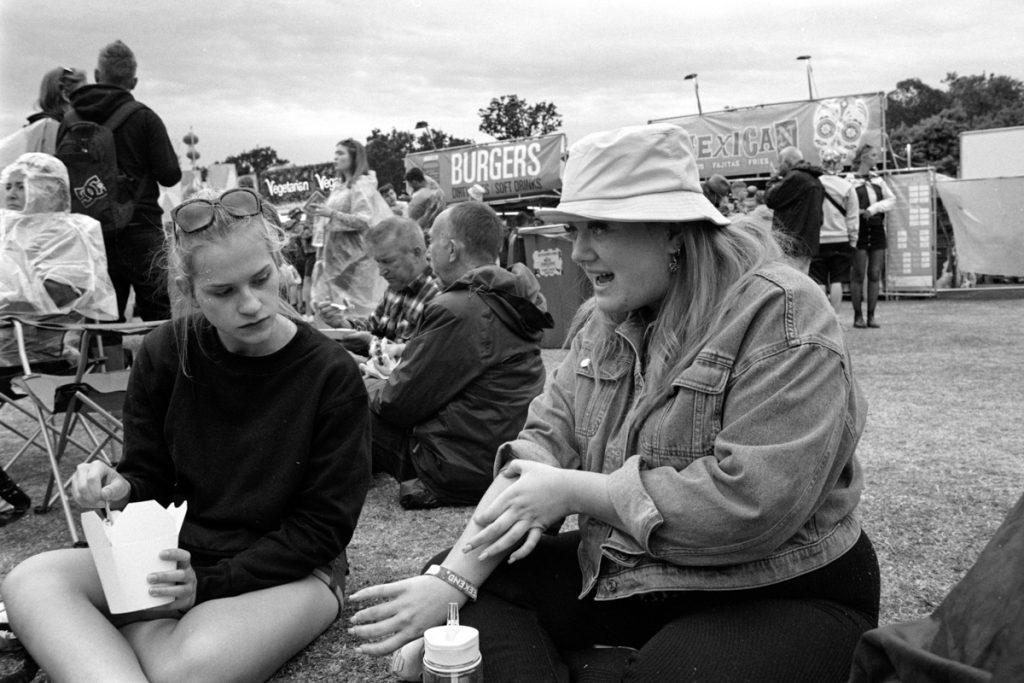
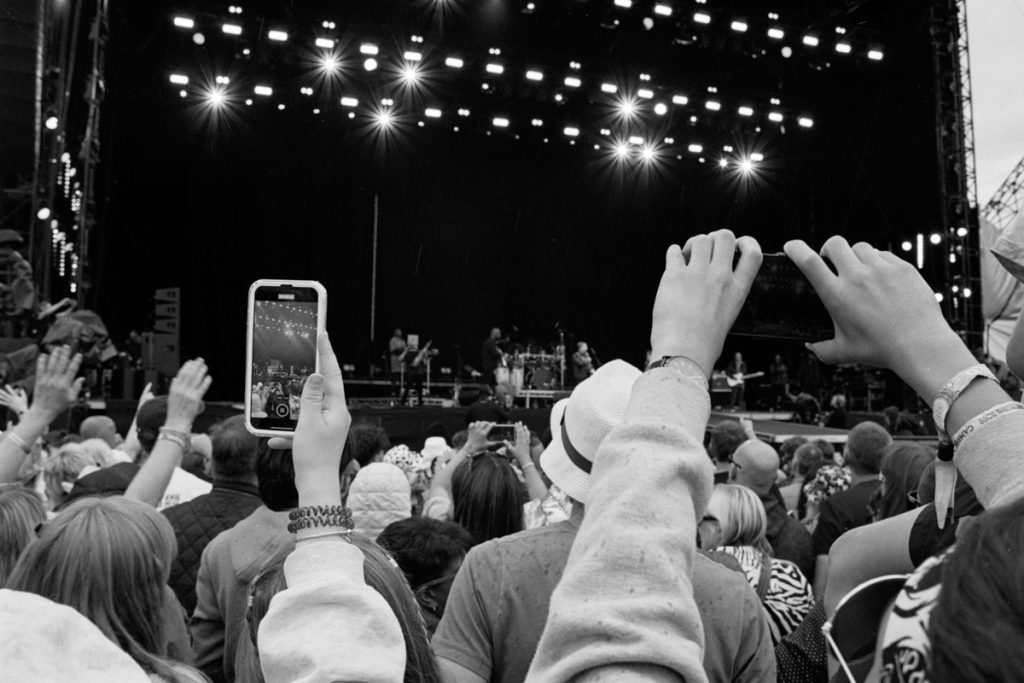
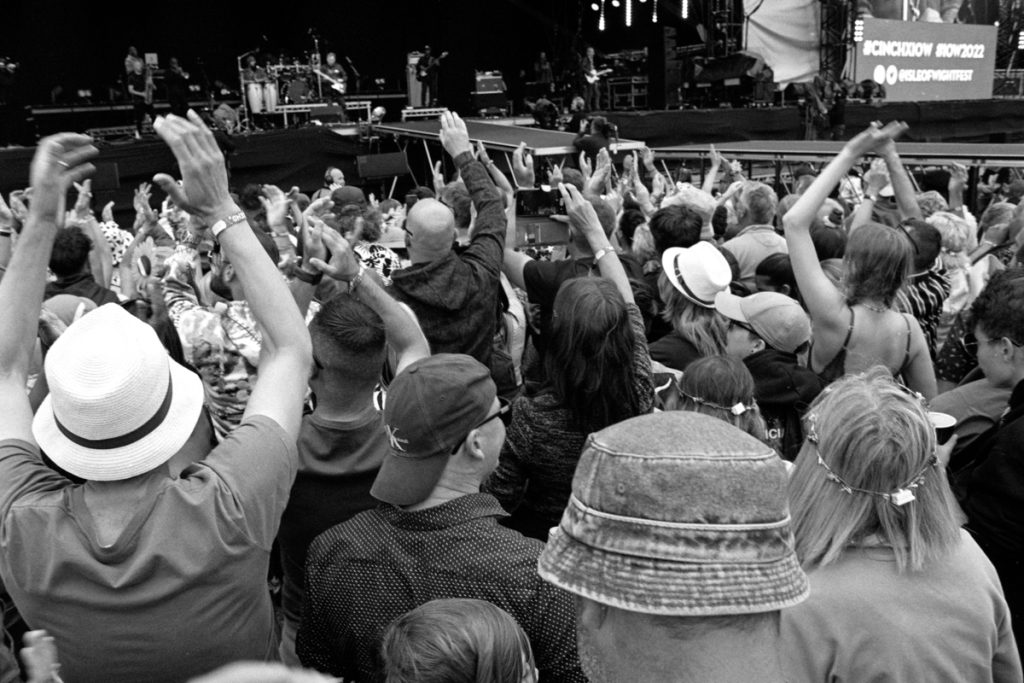
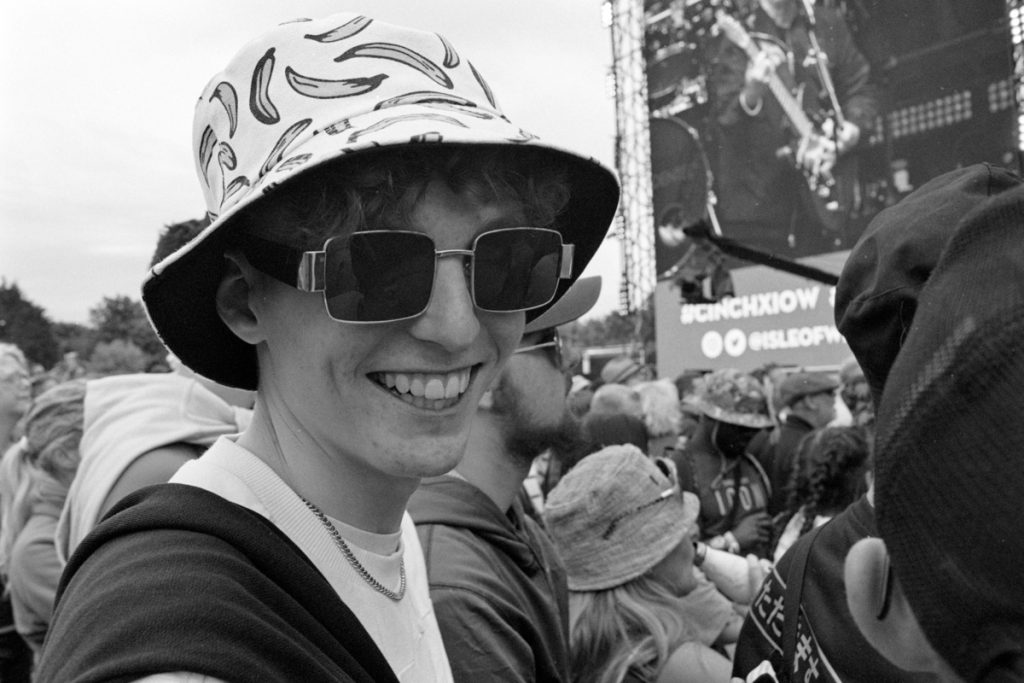
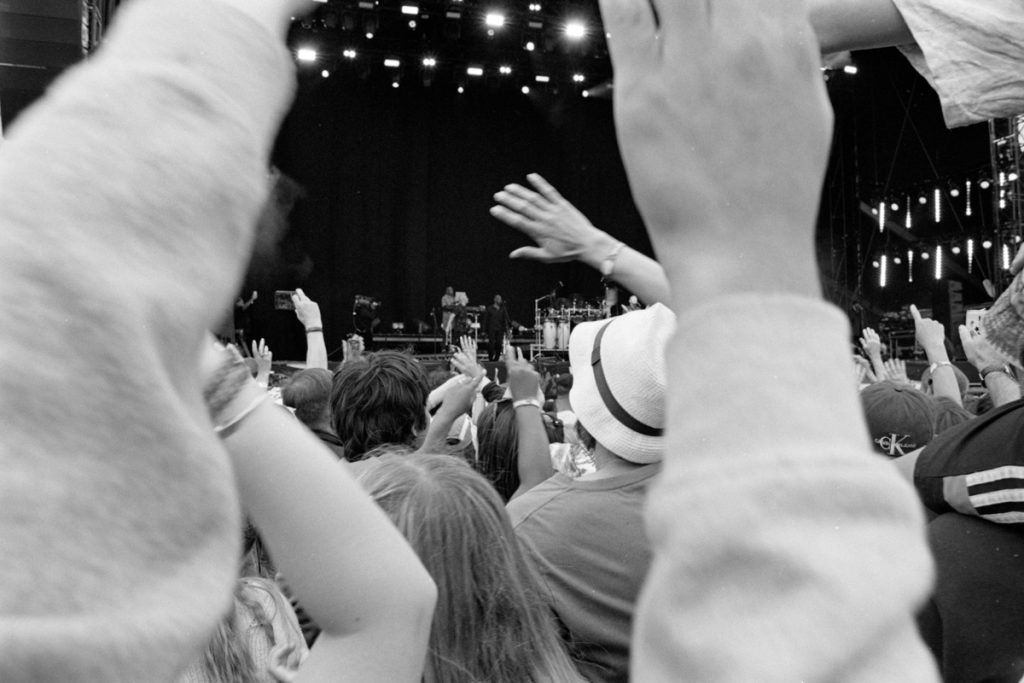
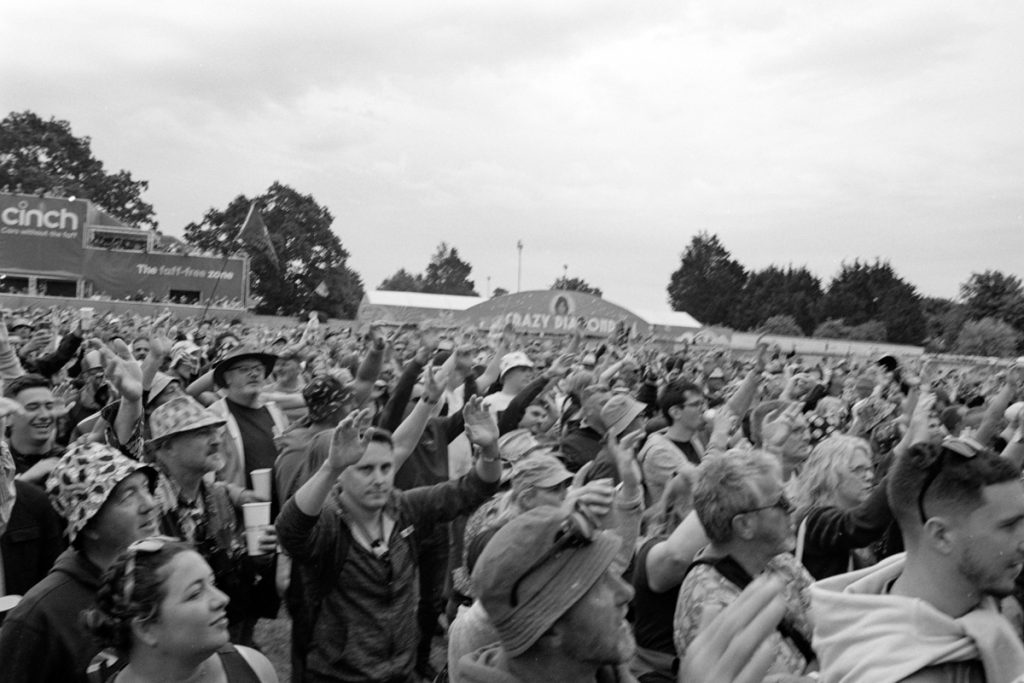
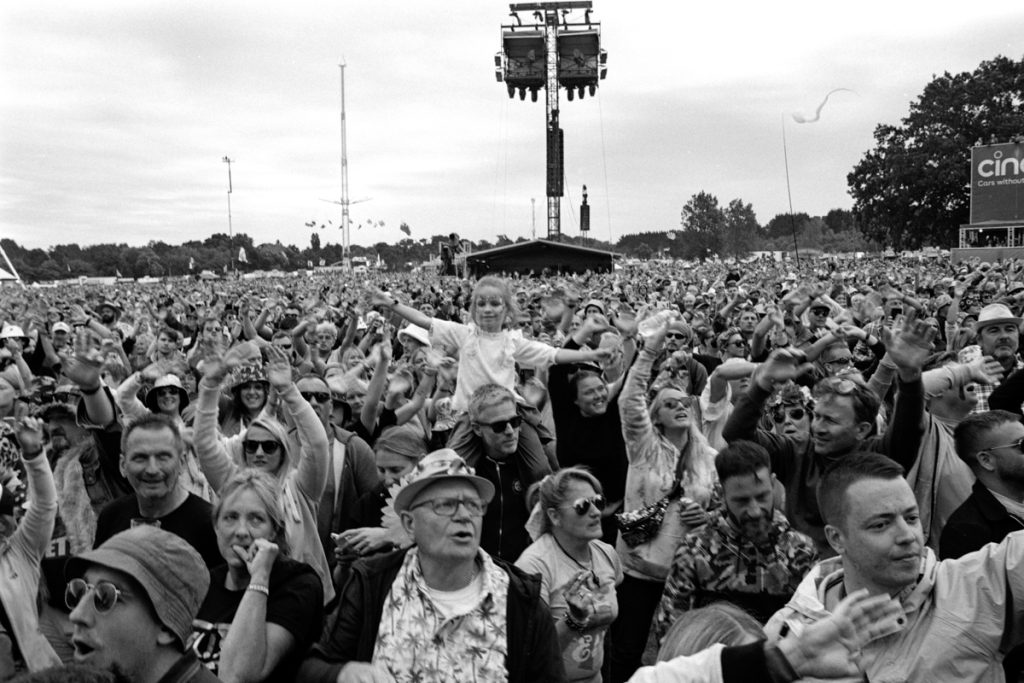
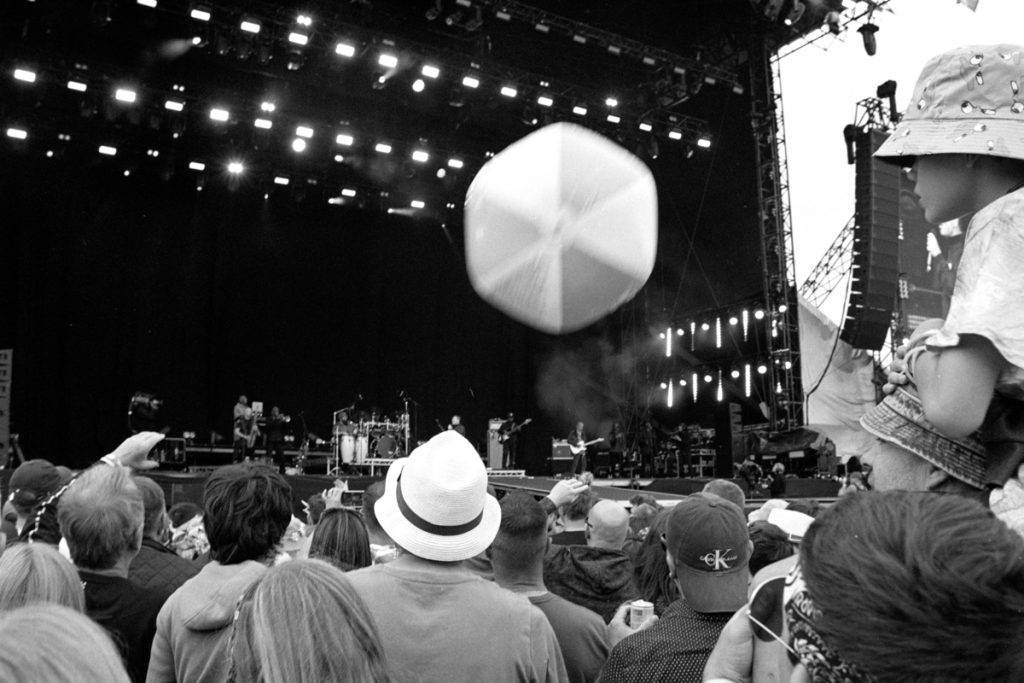
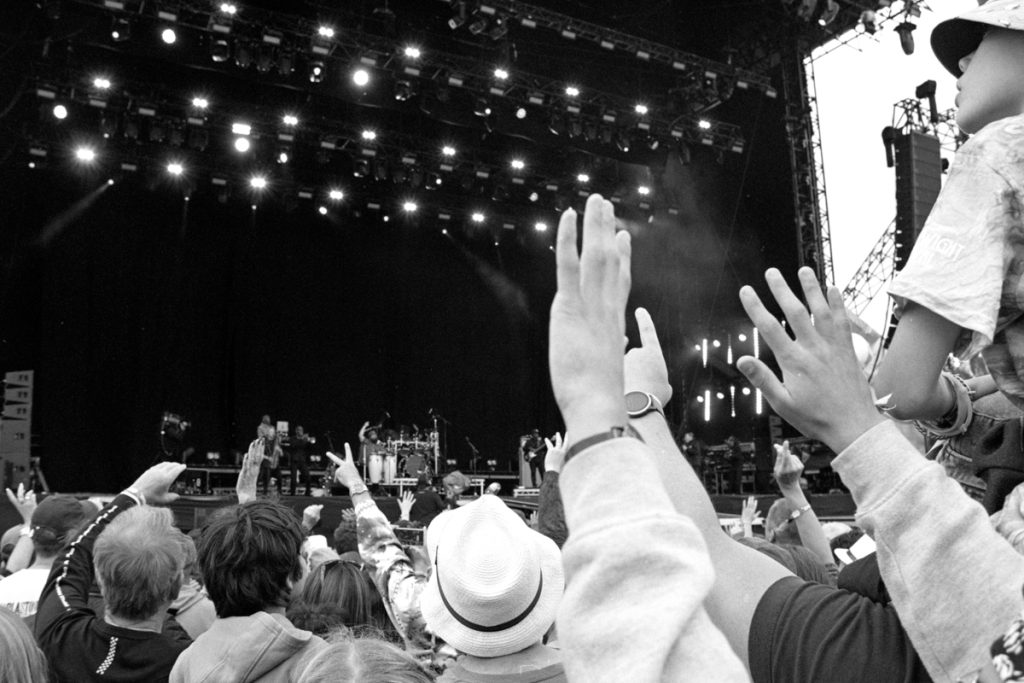
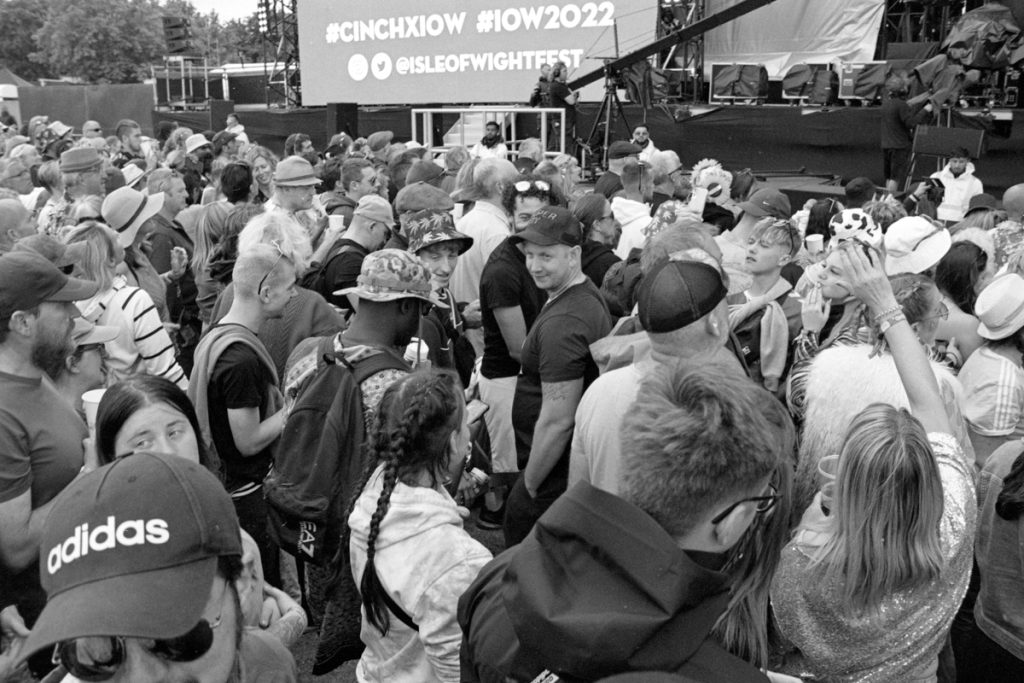
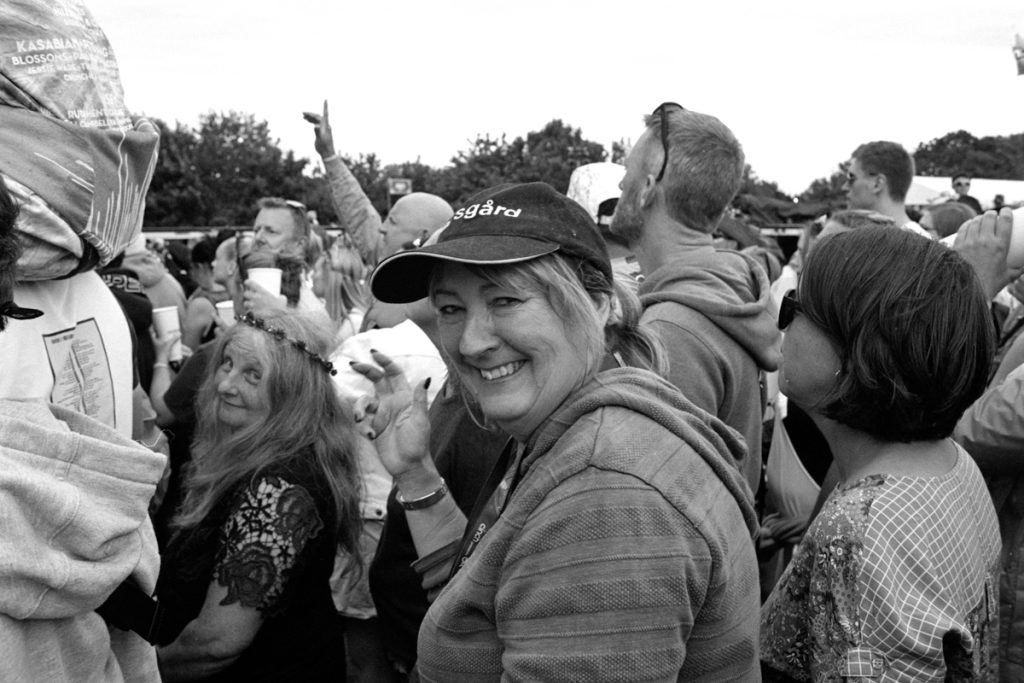
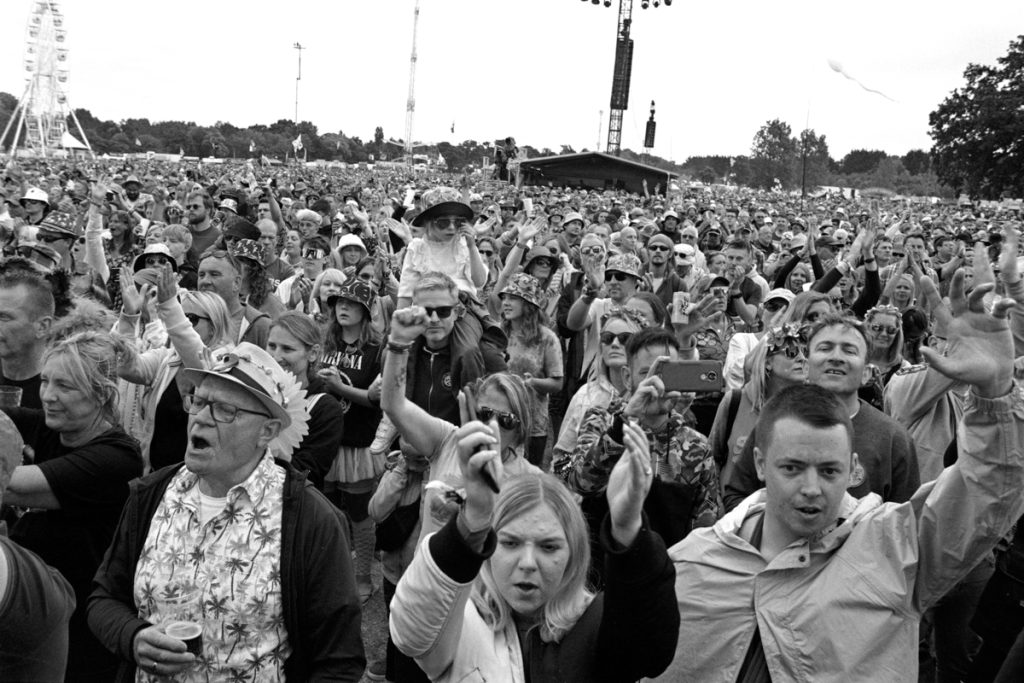
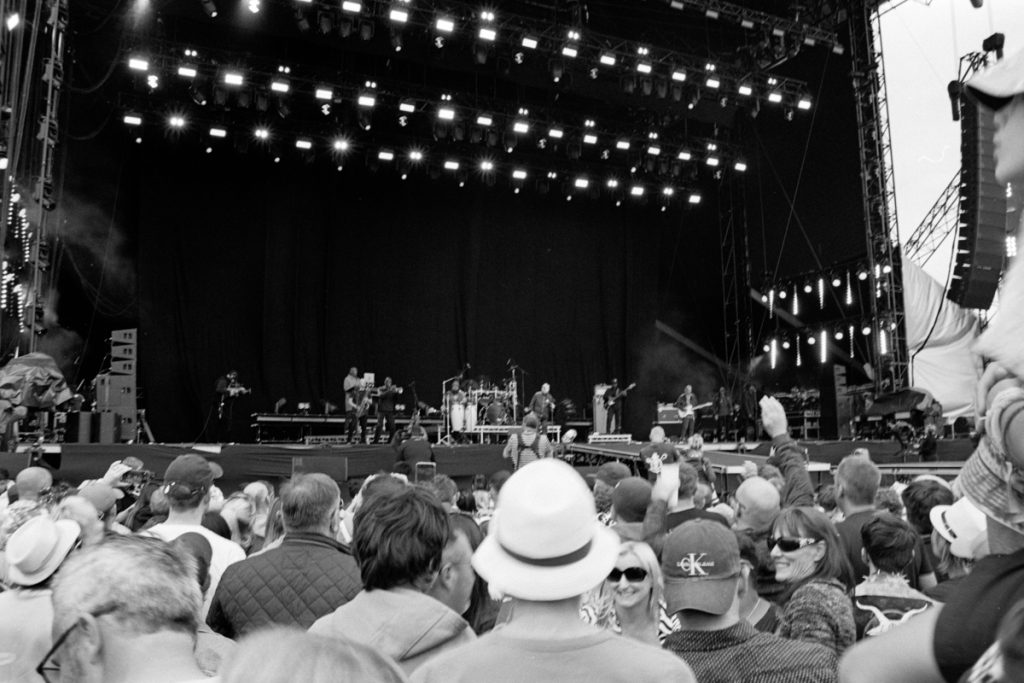
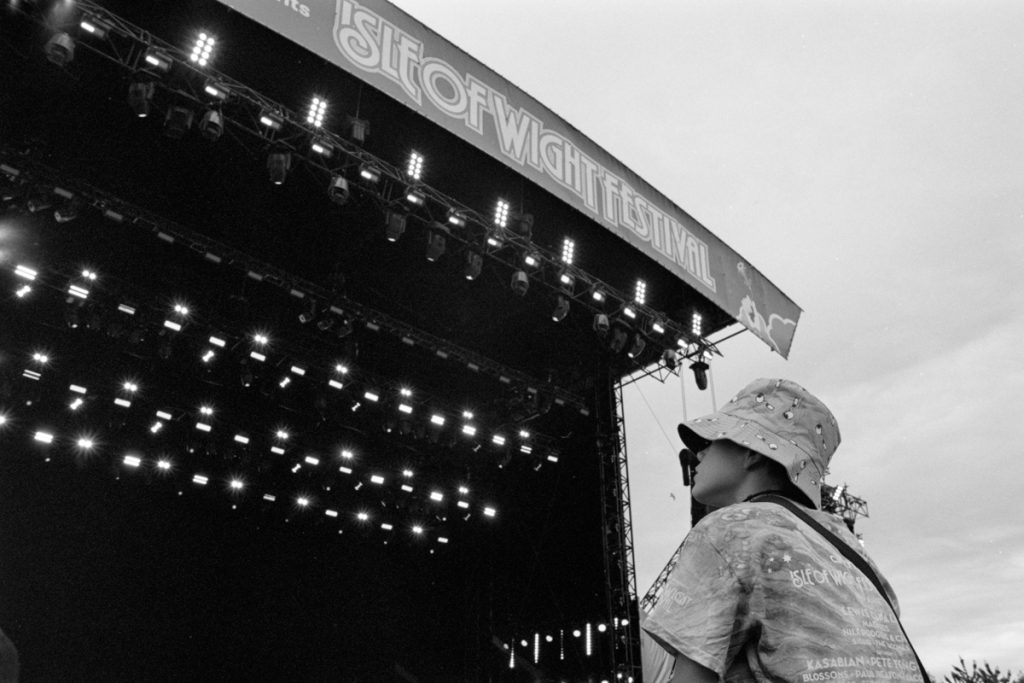
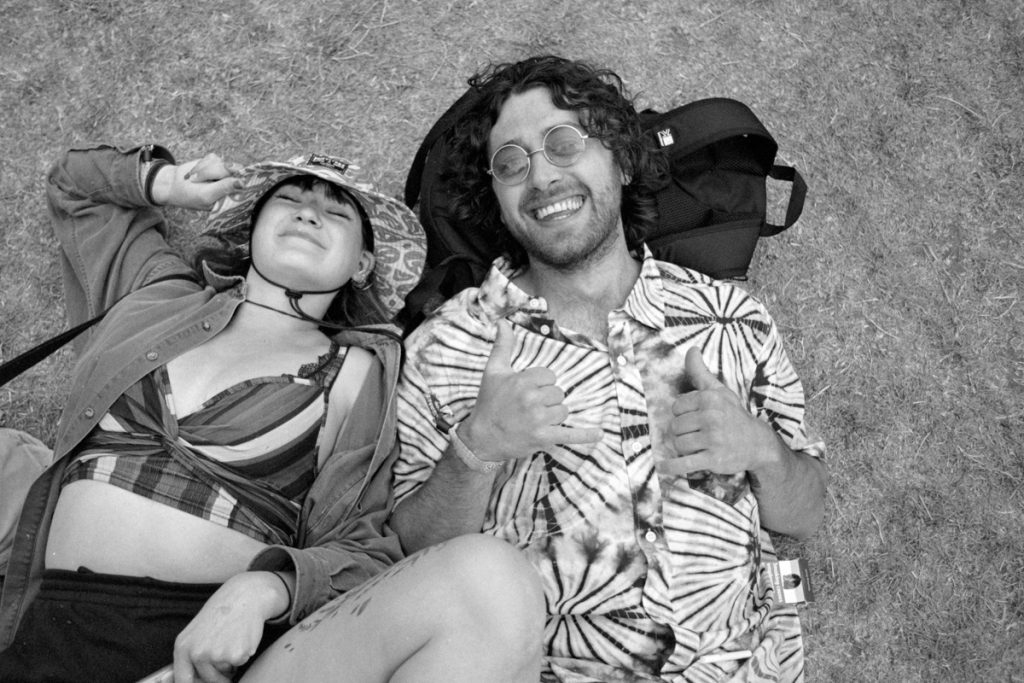
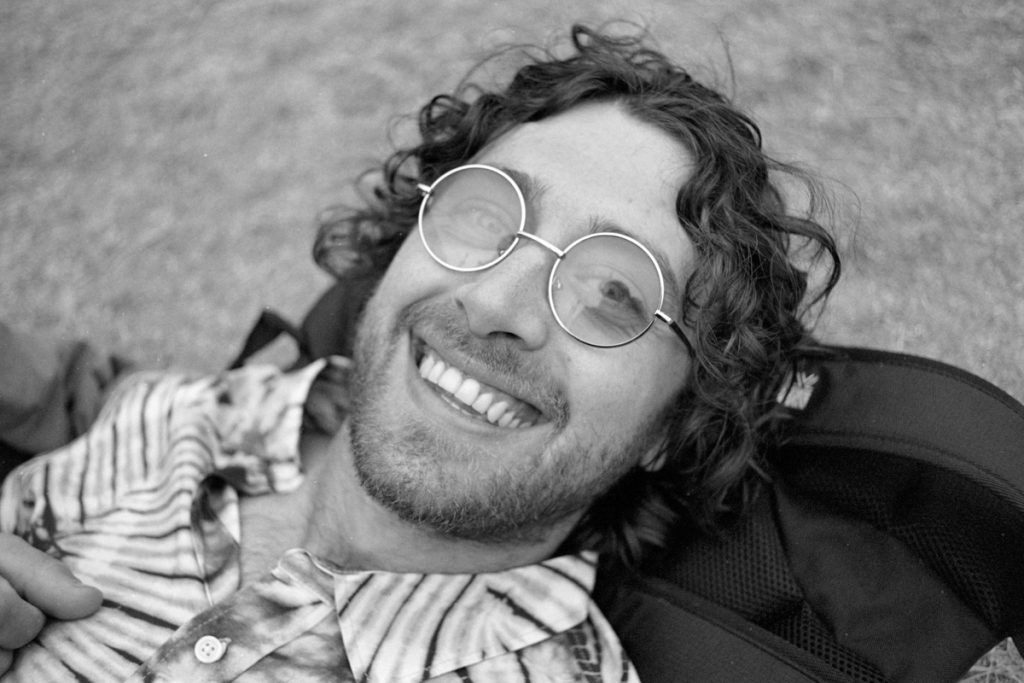
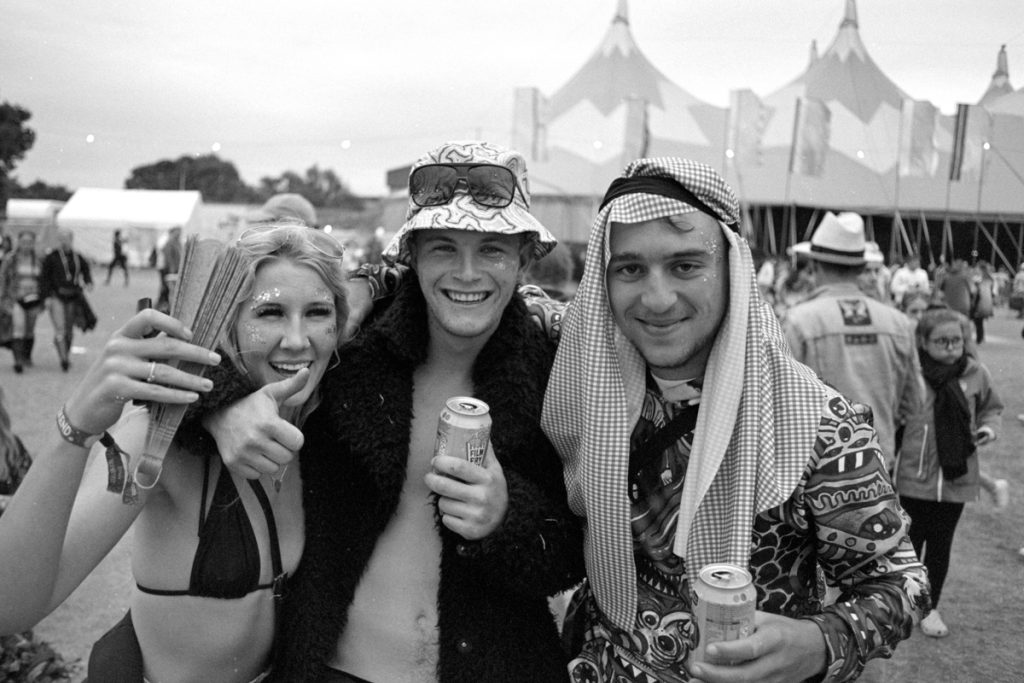
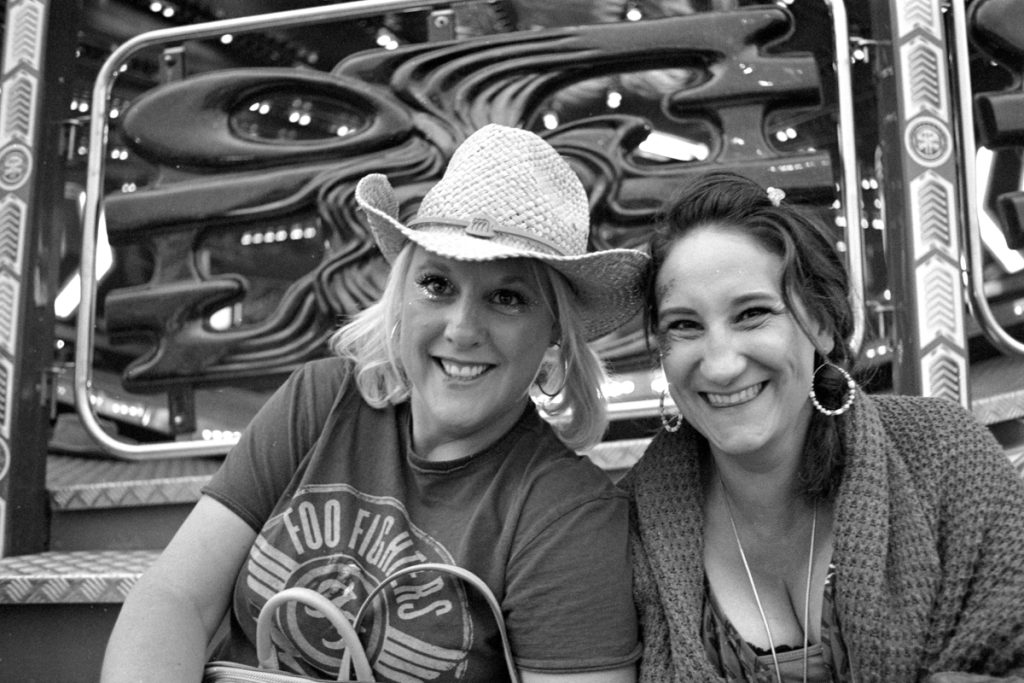
3200 Films Kodak & Ilford (needed a flash really at night!)
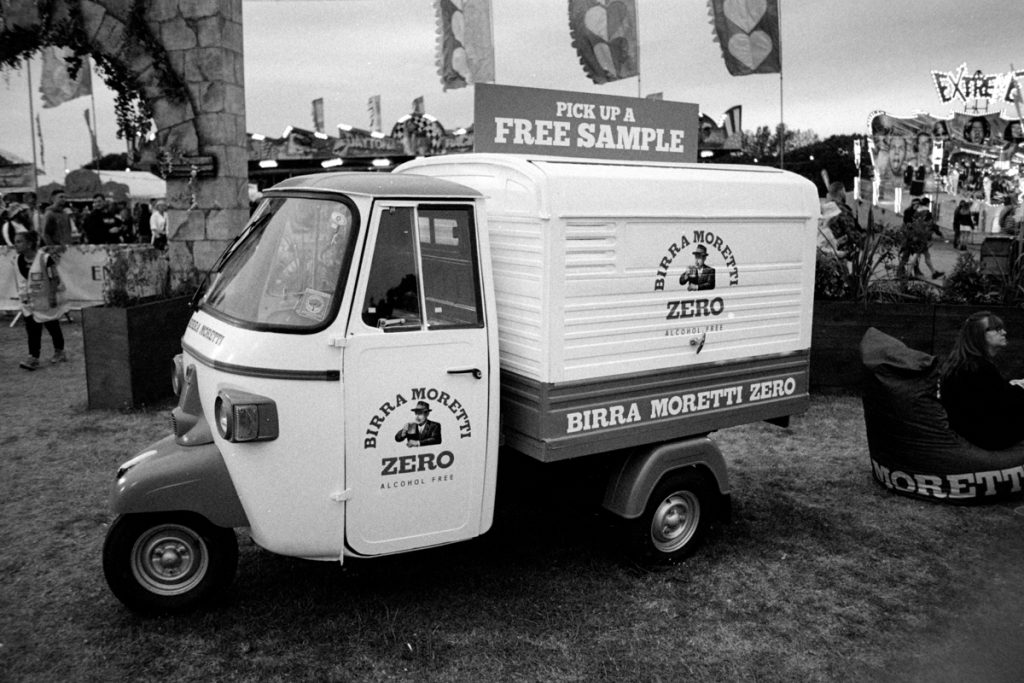
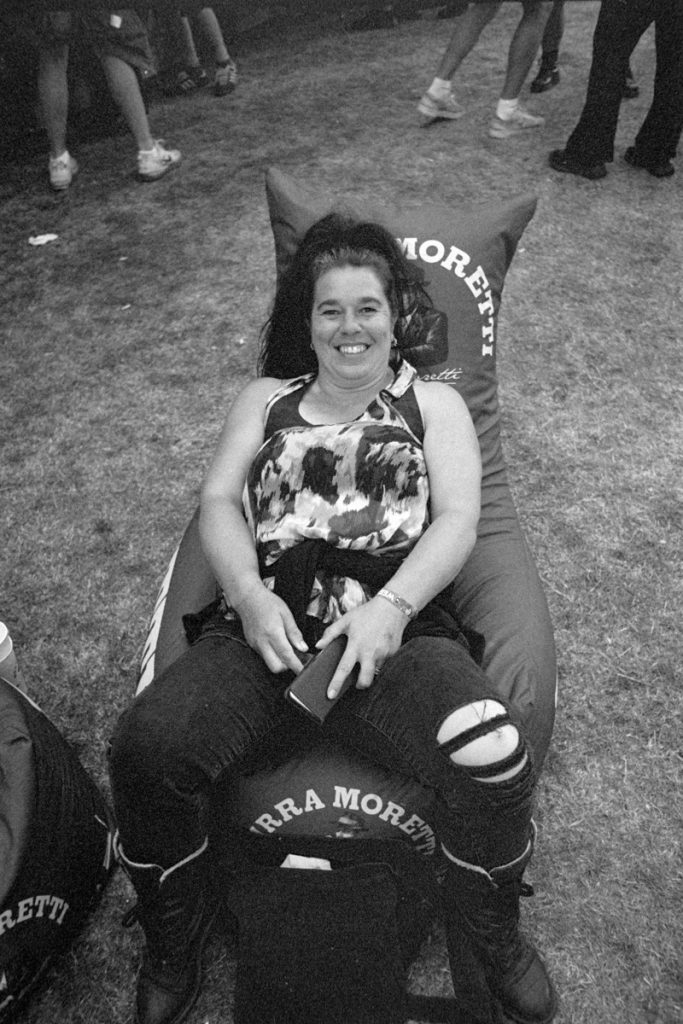
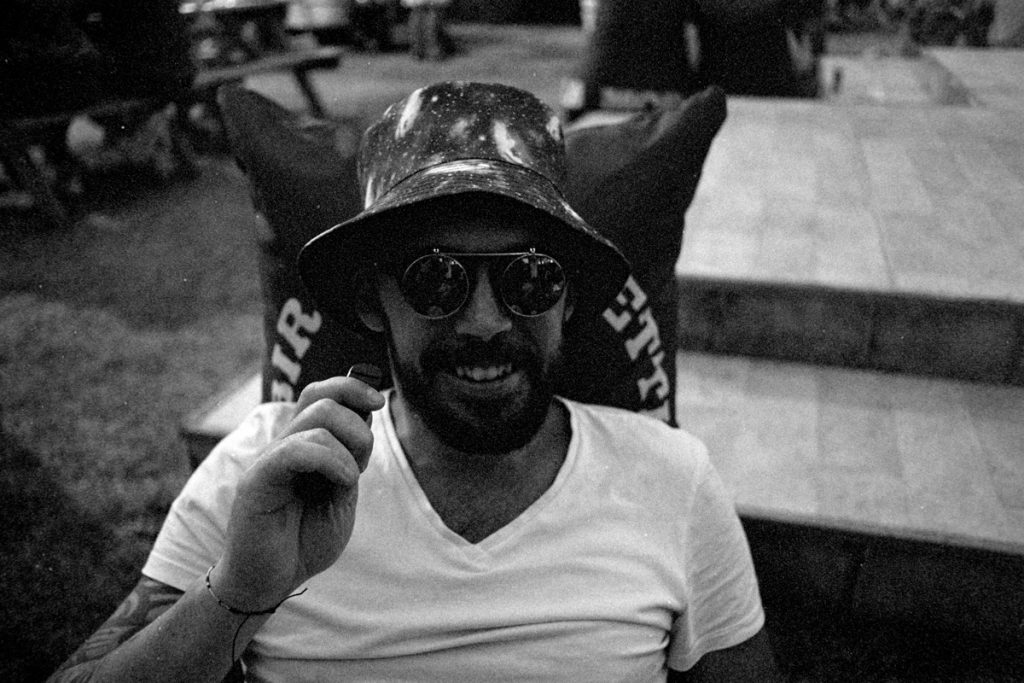
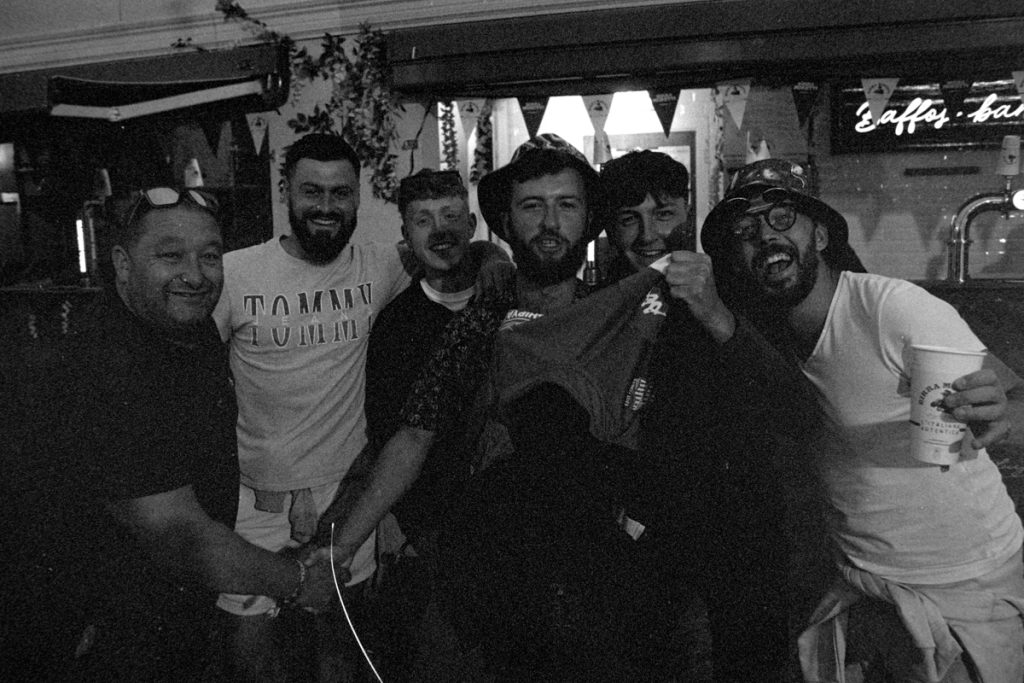
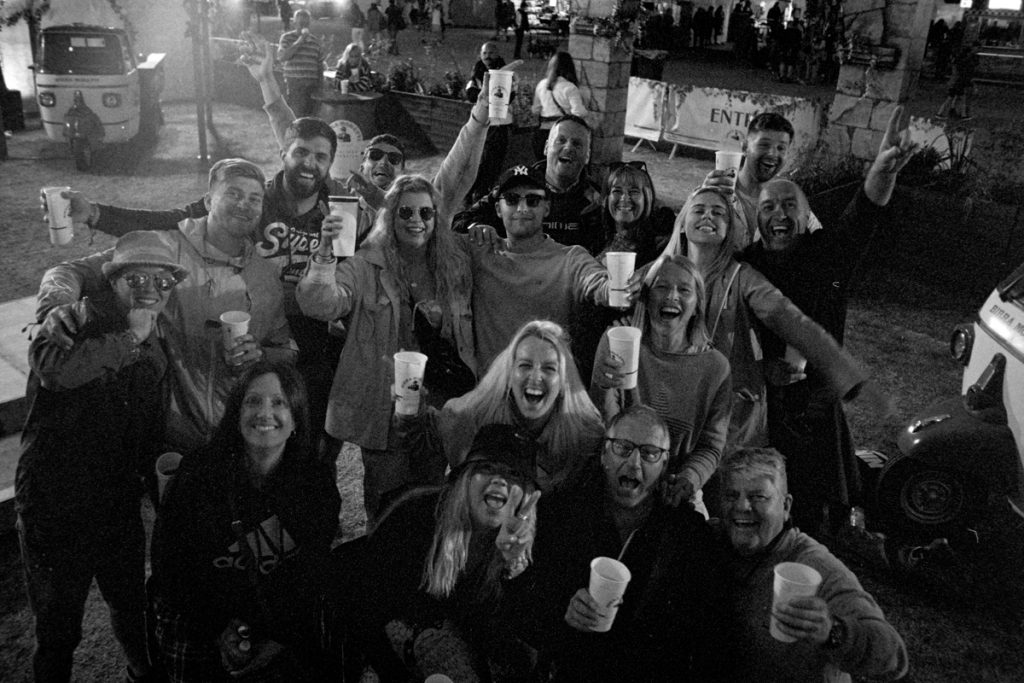
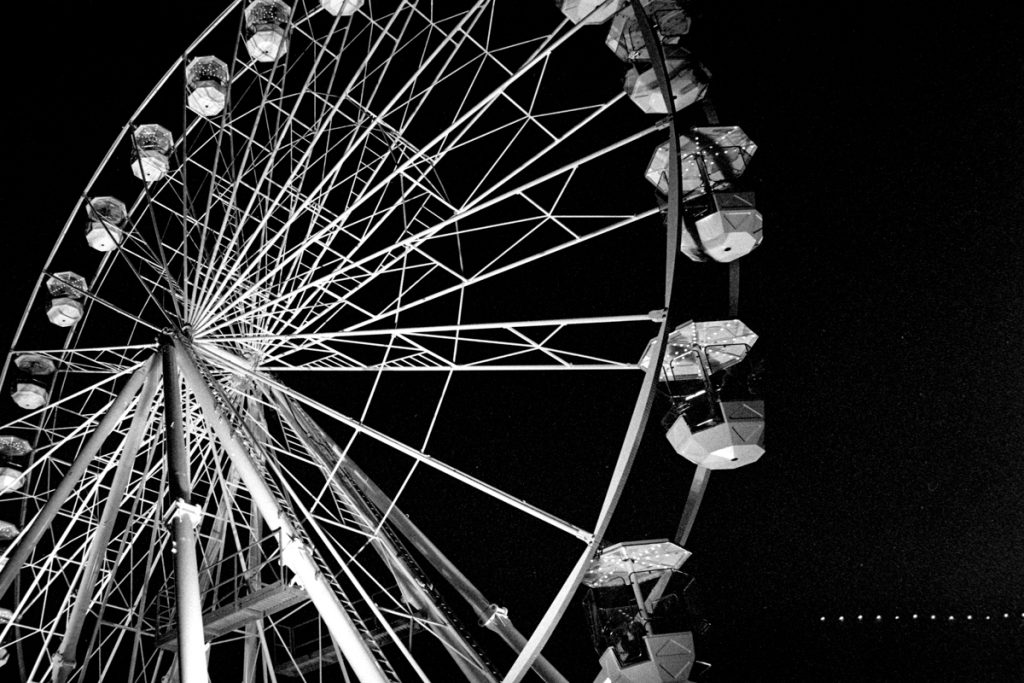
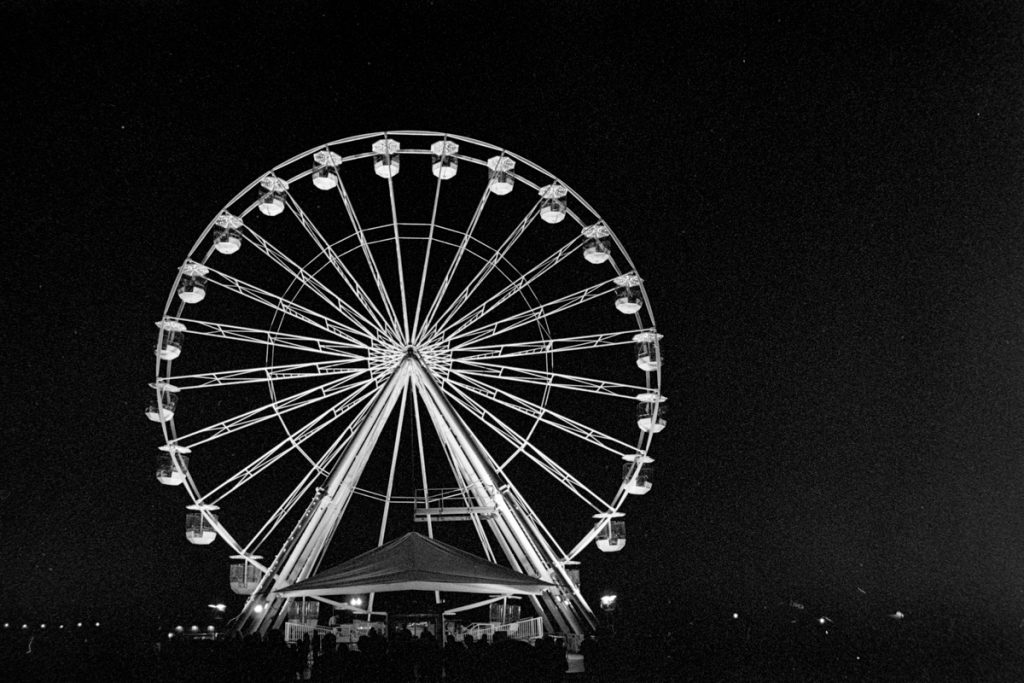
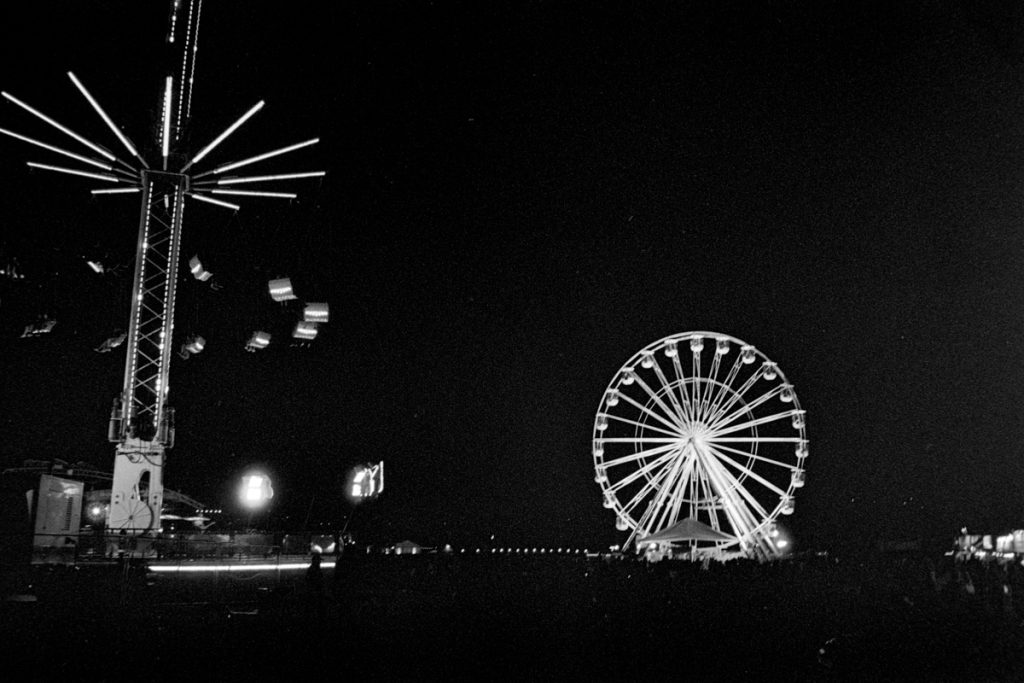
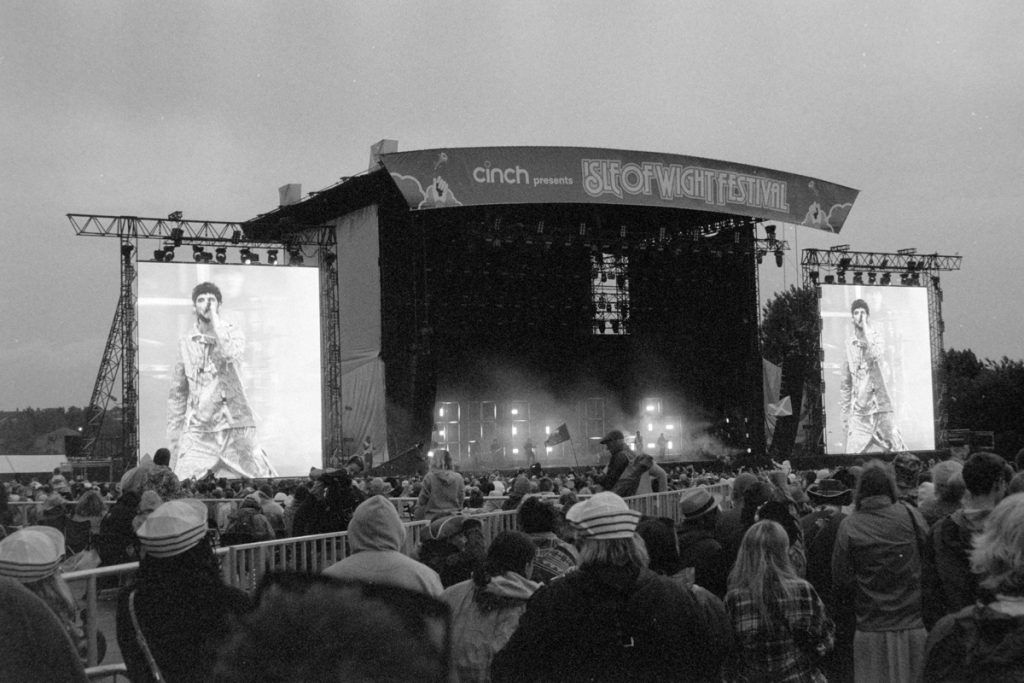
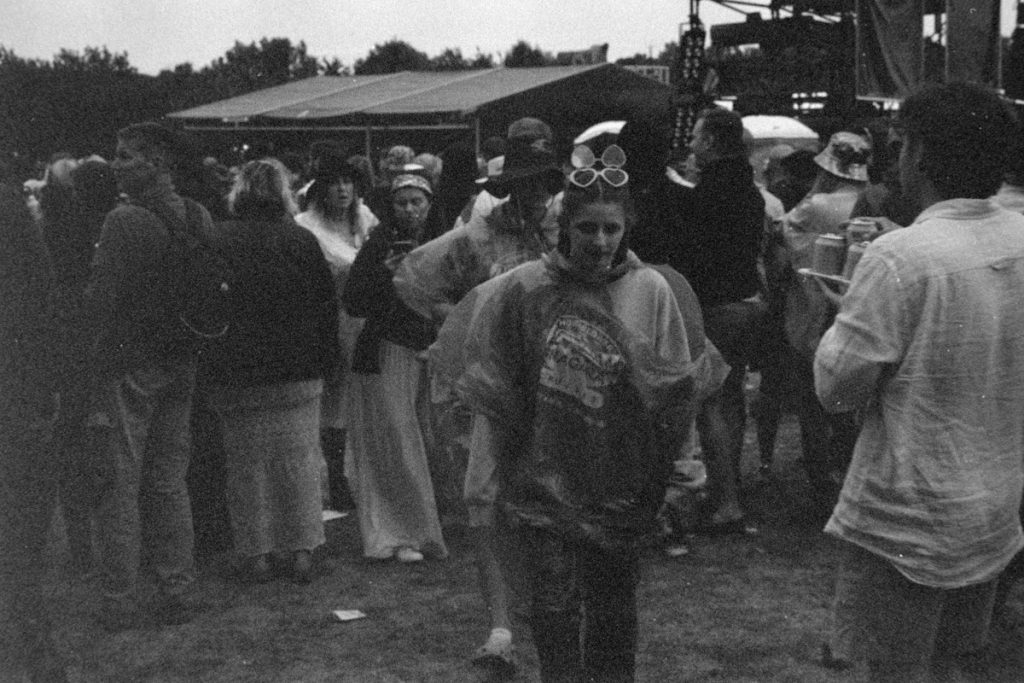
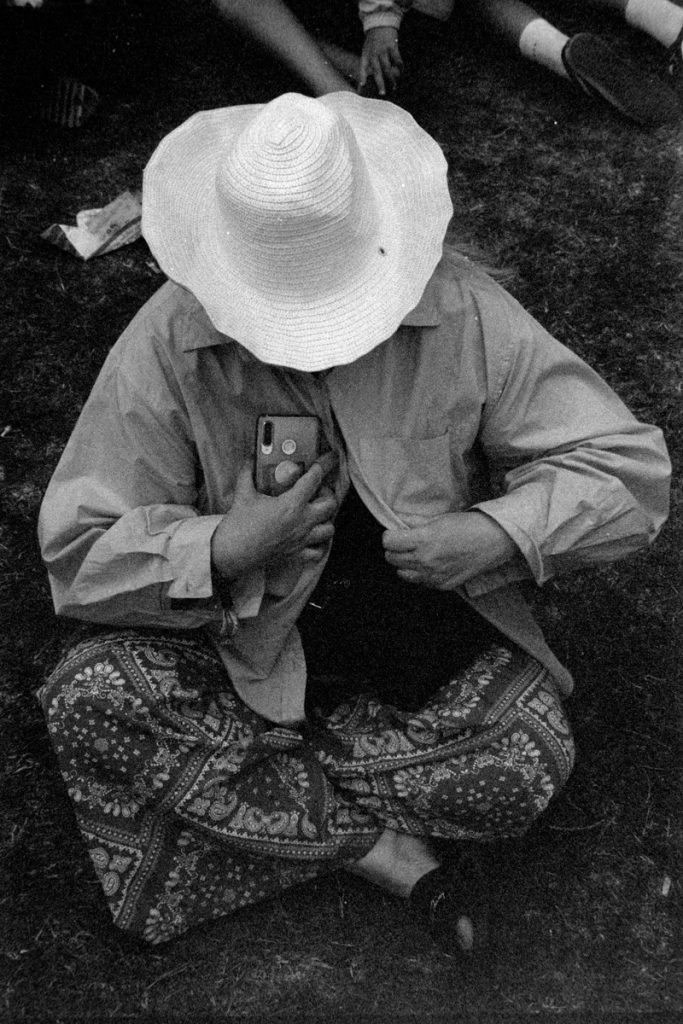
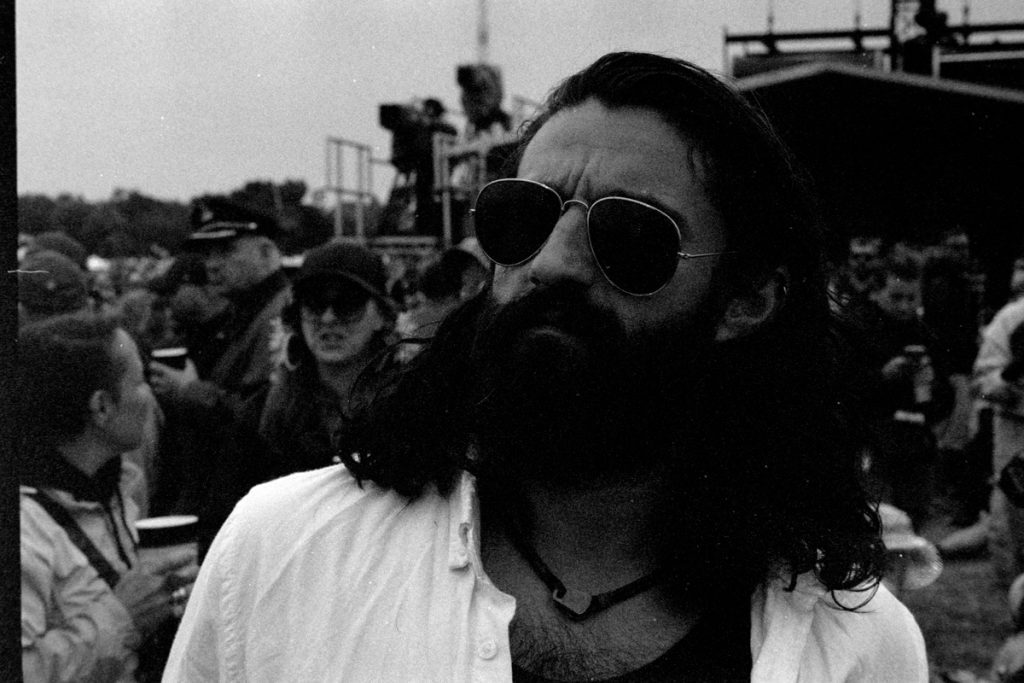
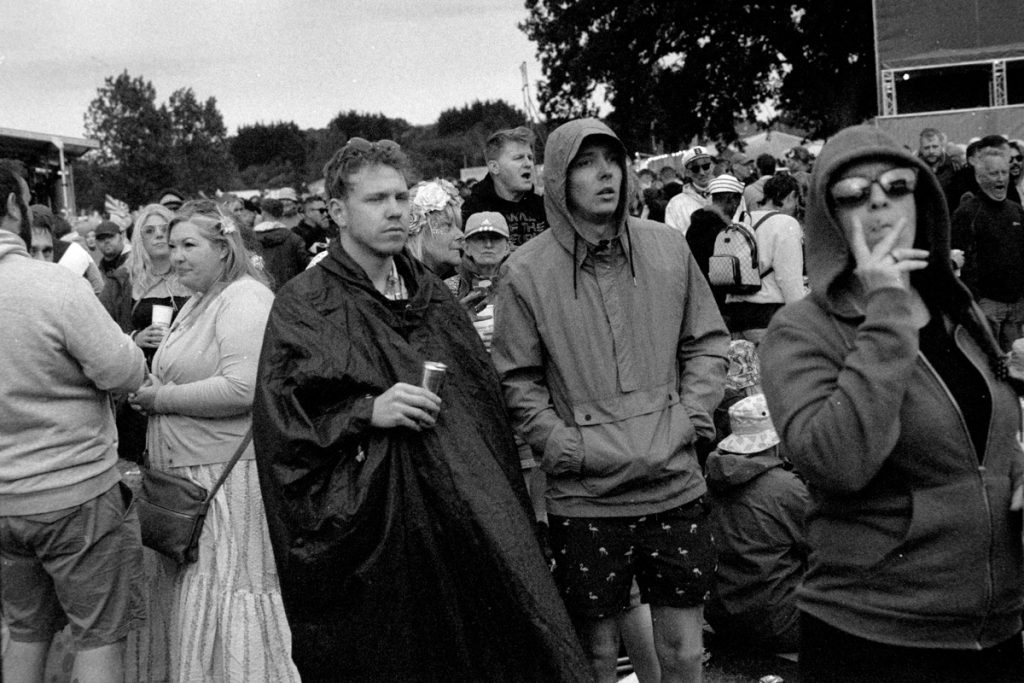
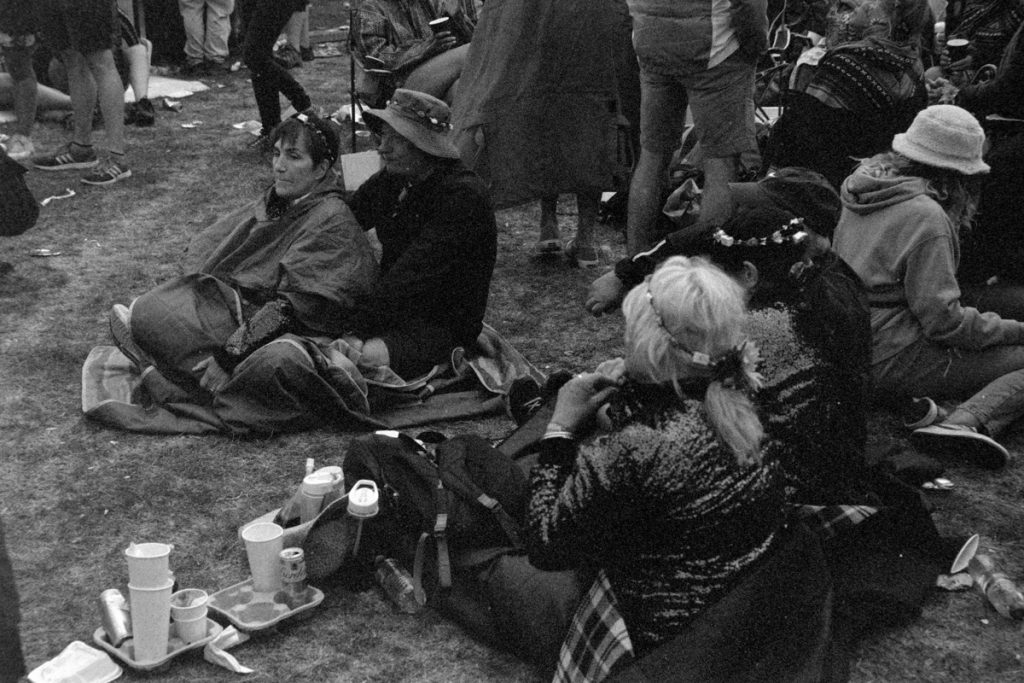
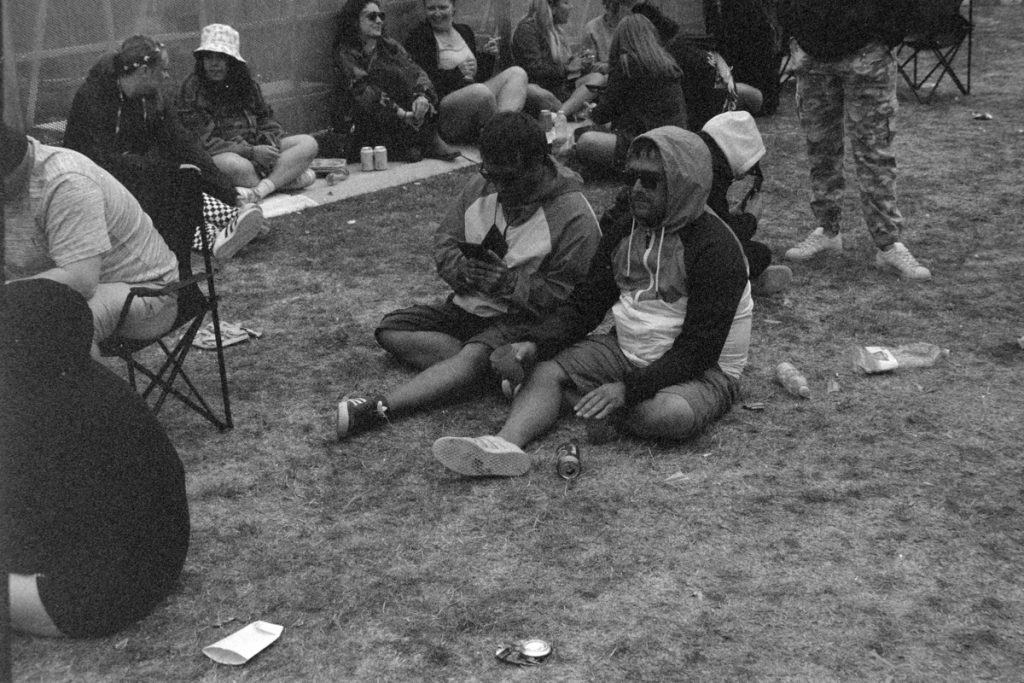
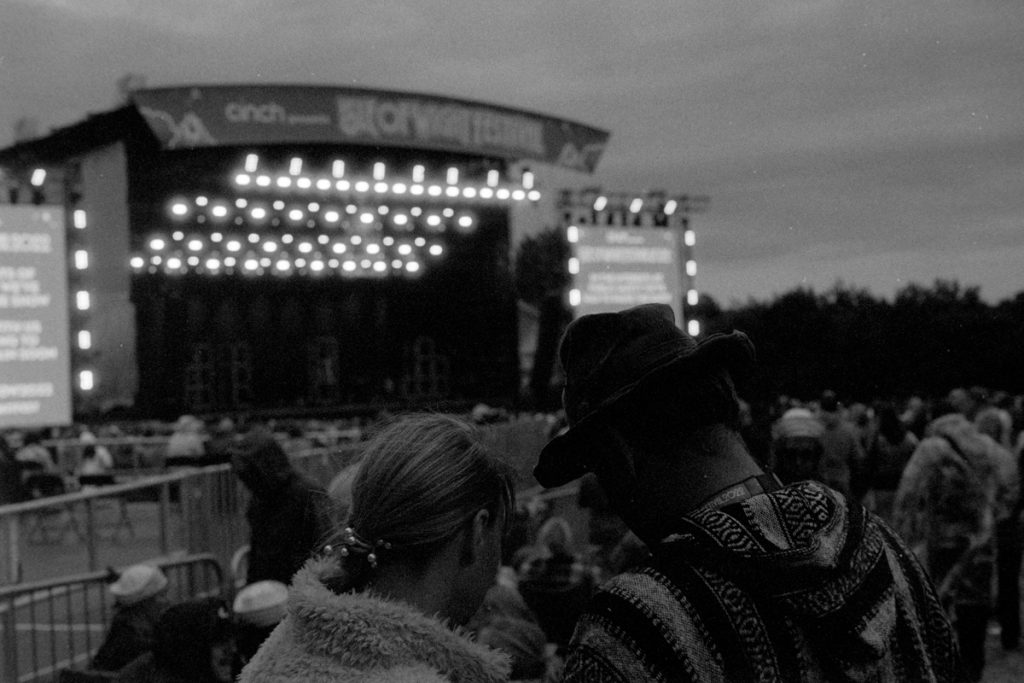
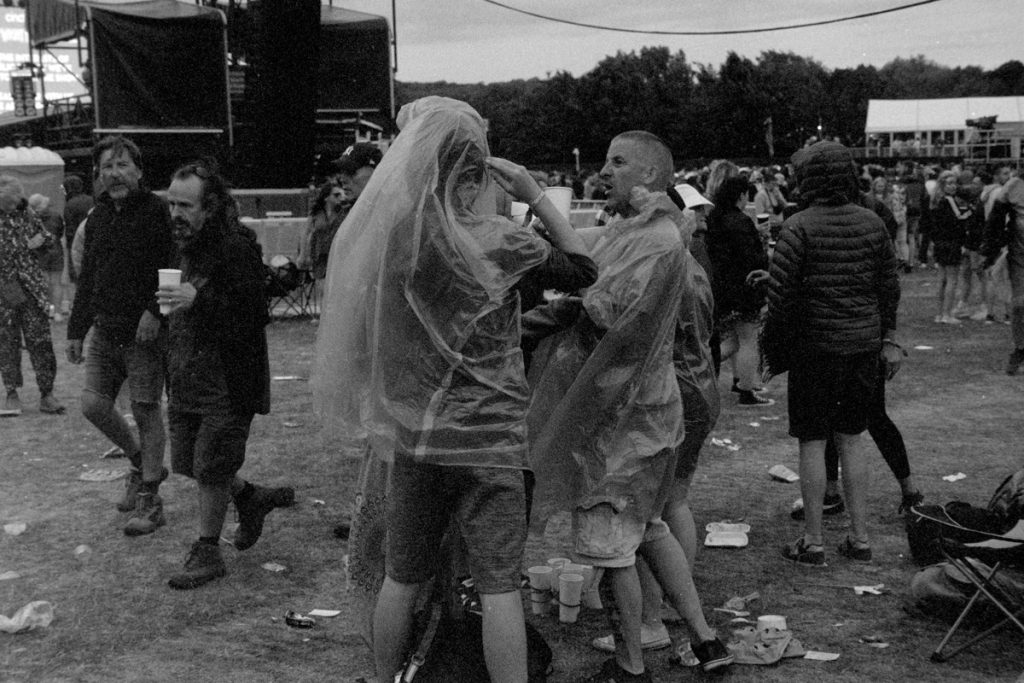
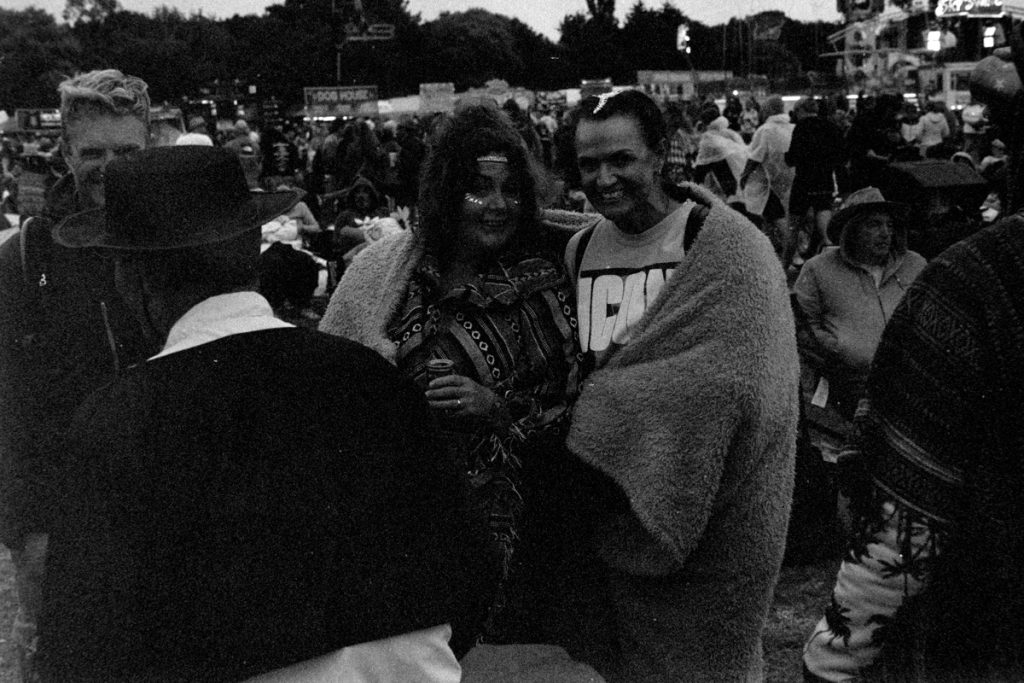
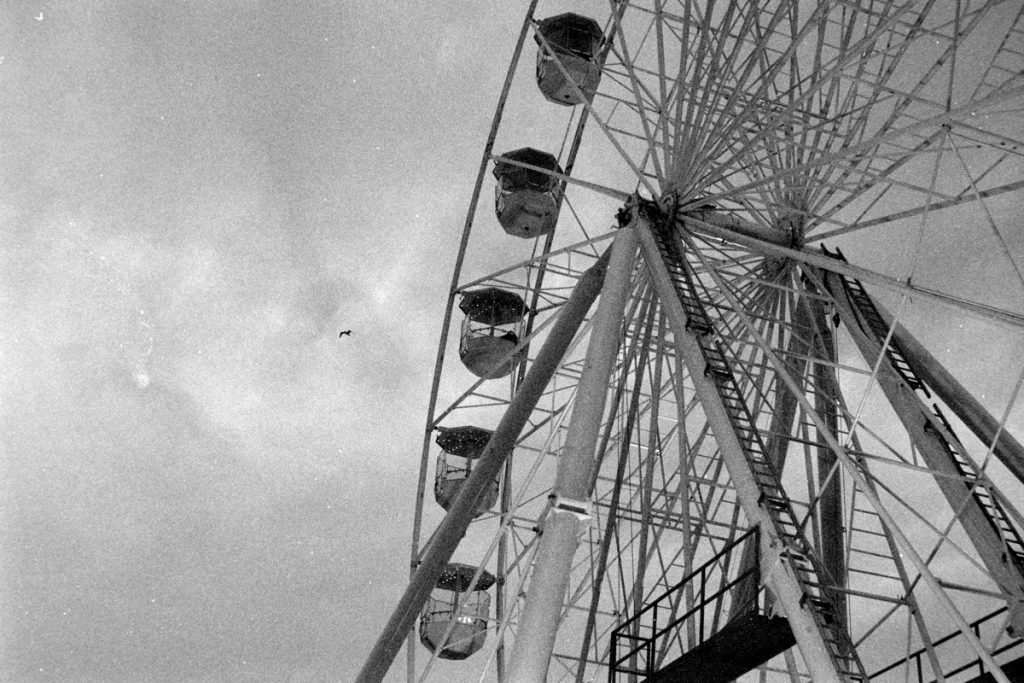
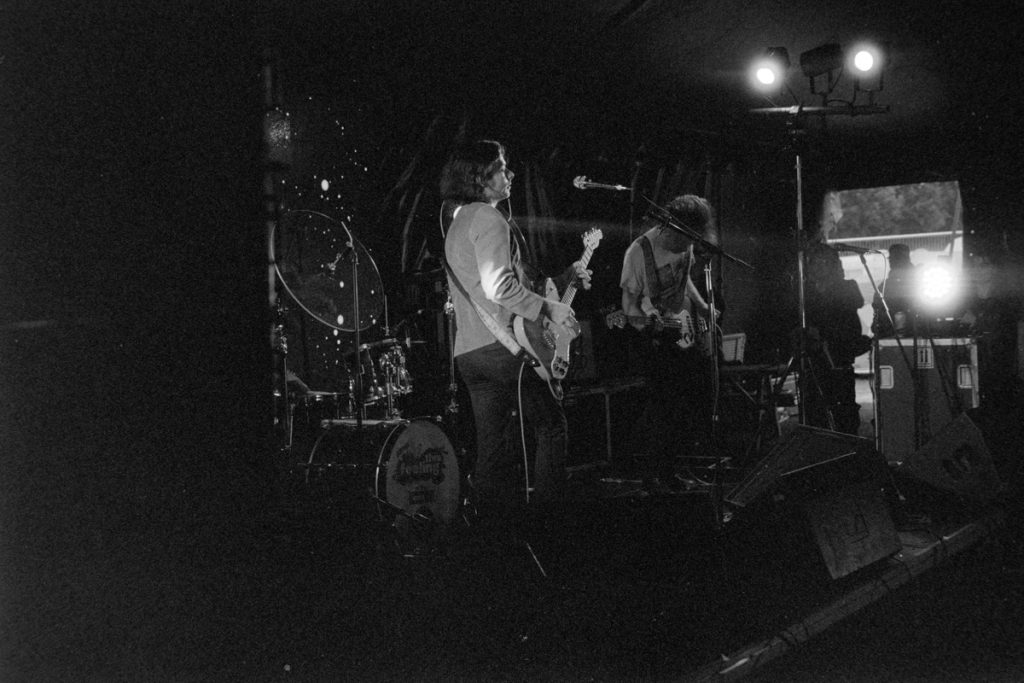
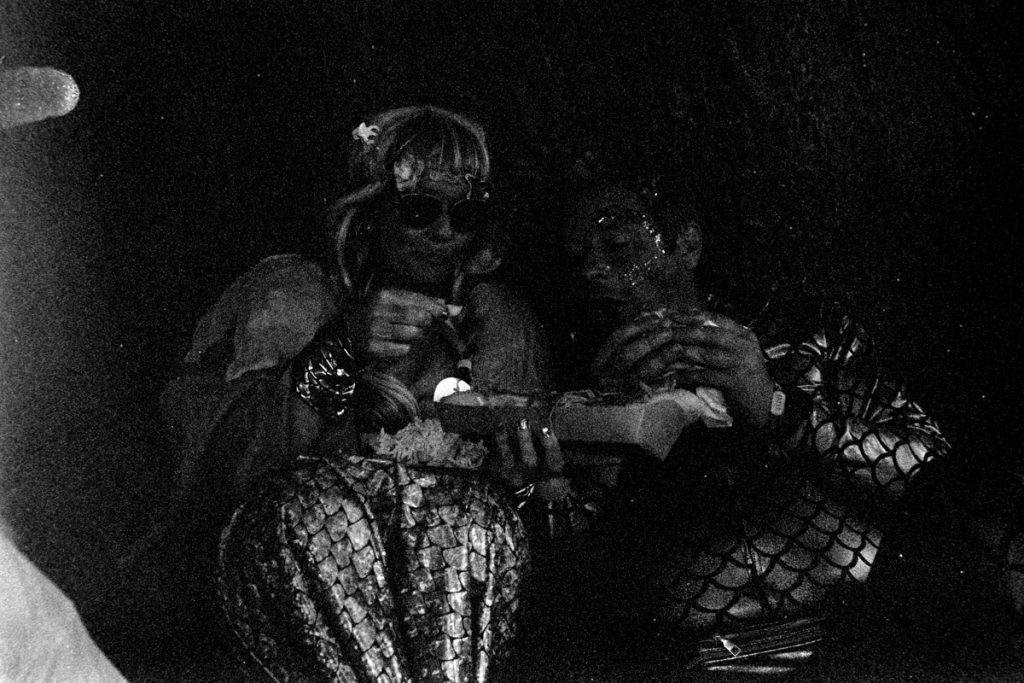
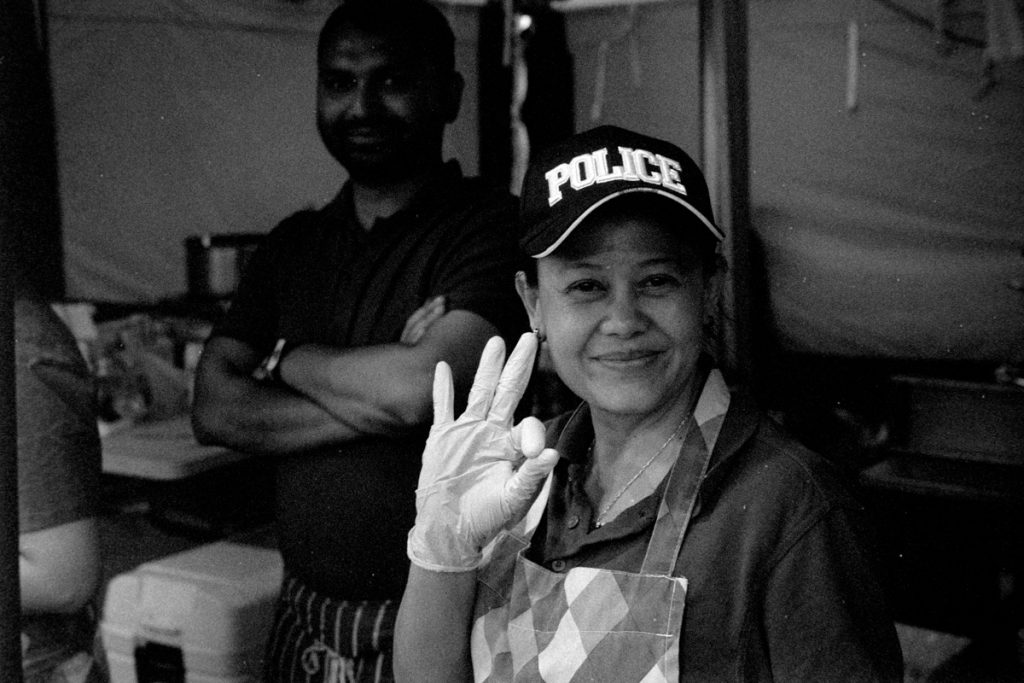
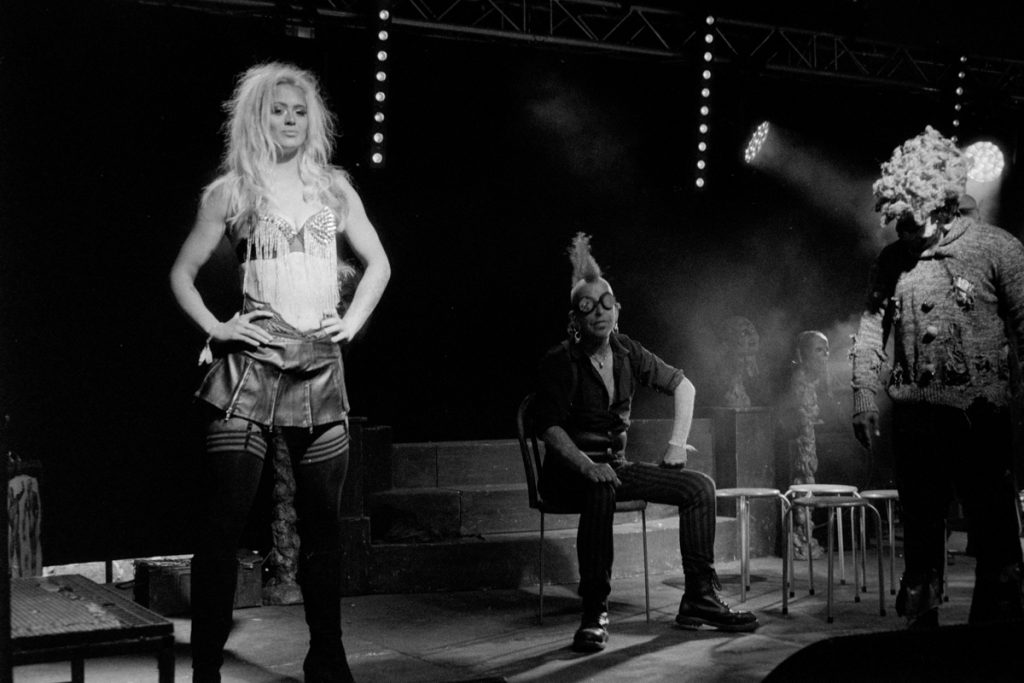
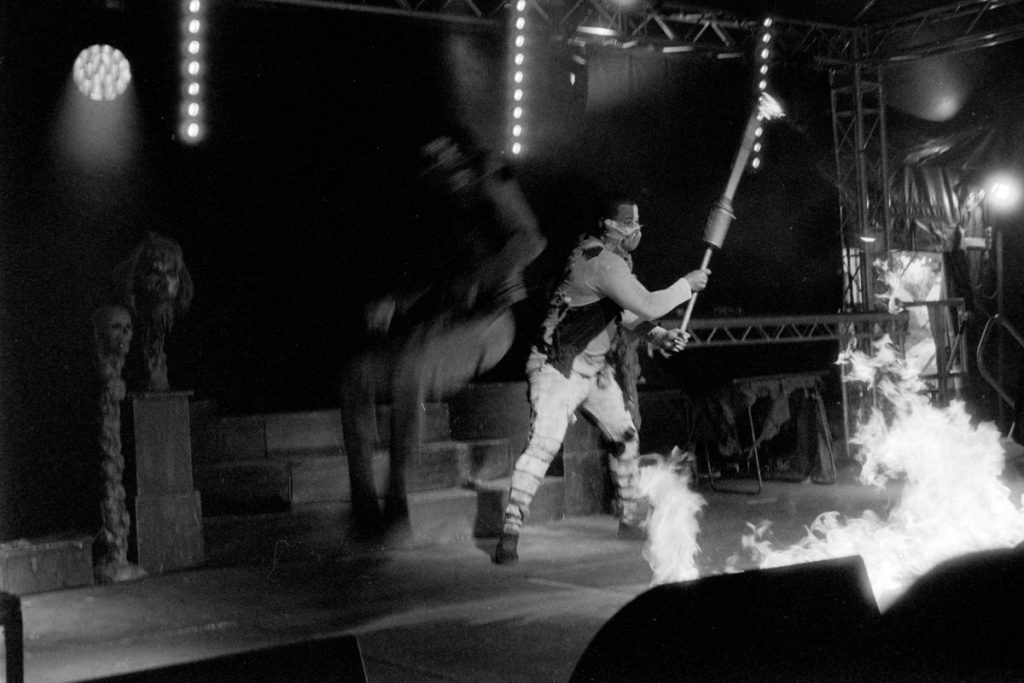
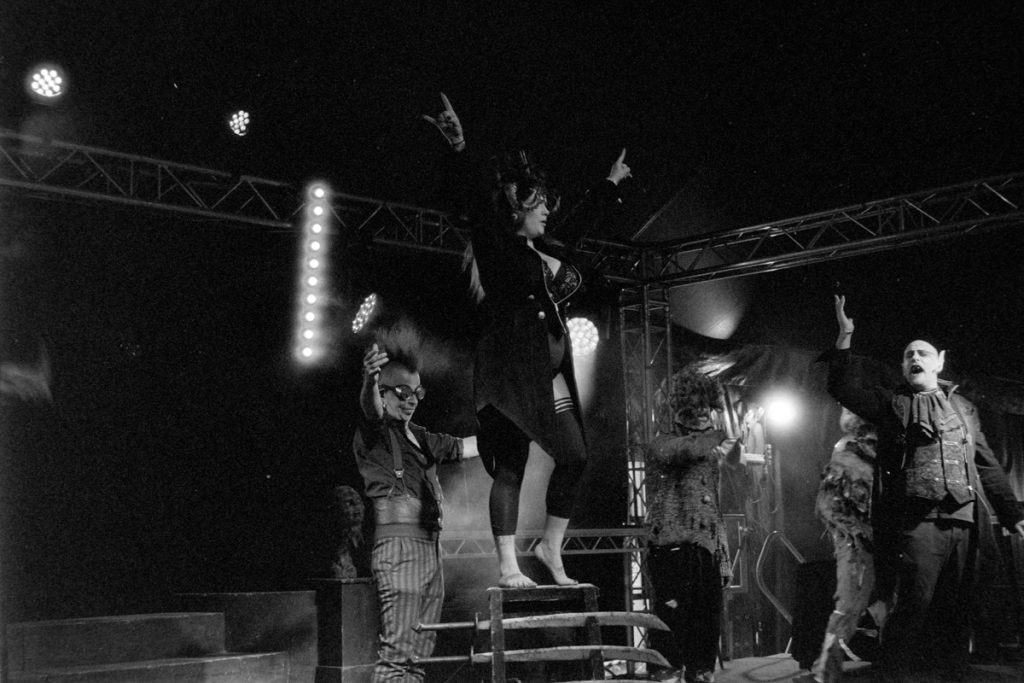
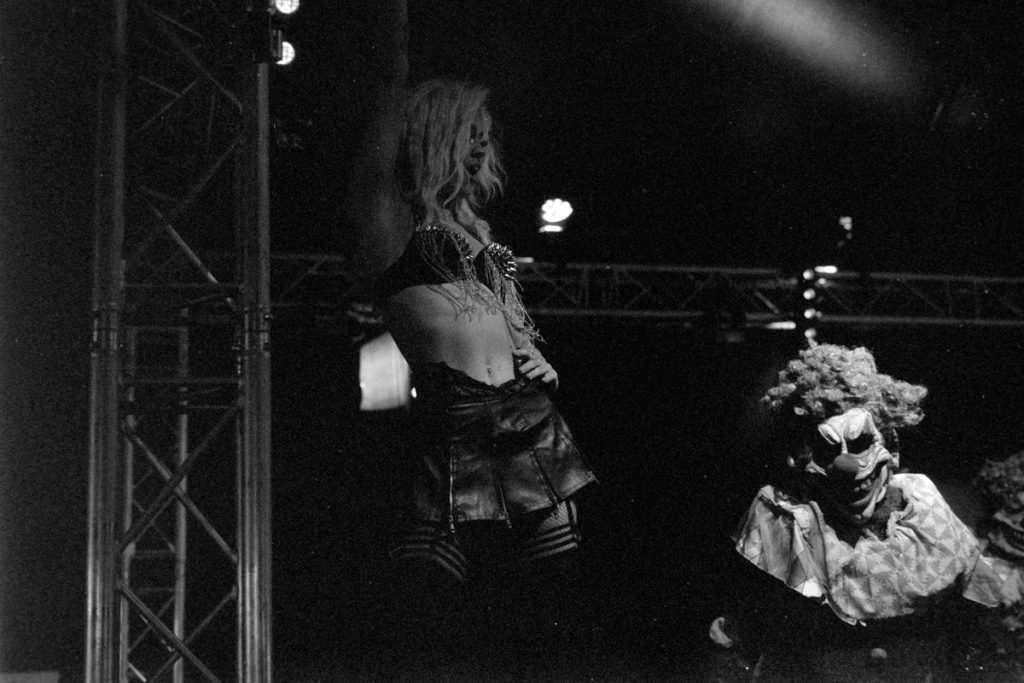
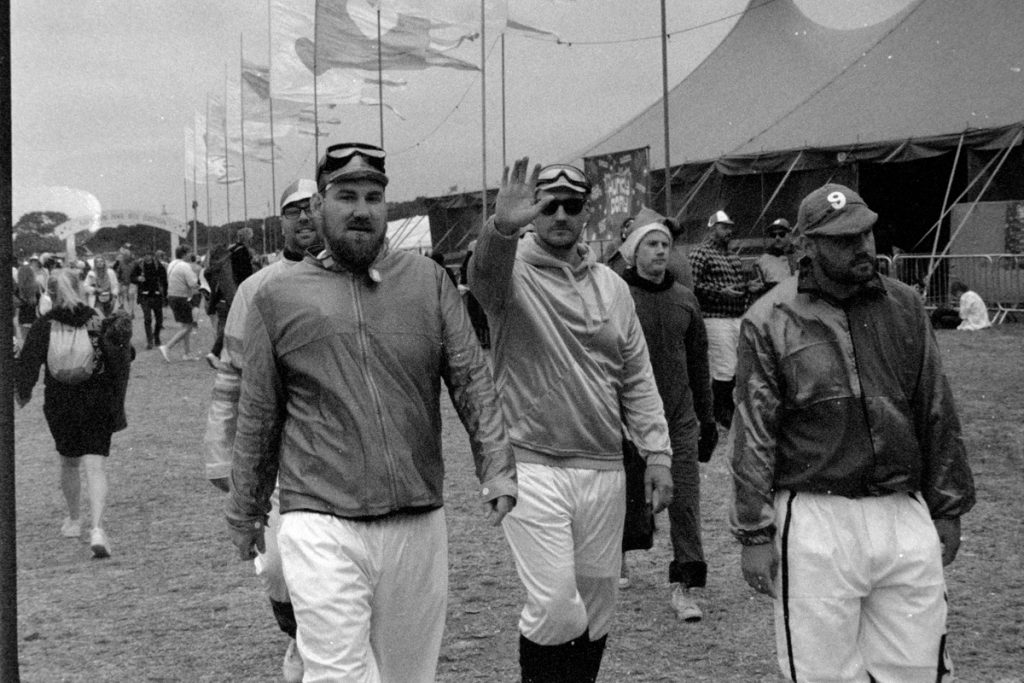
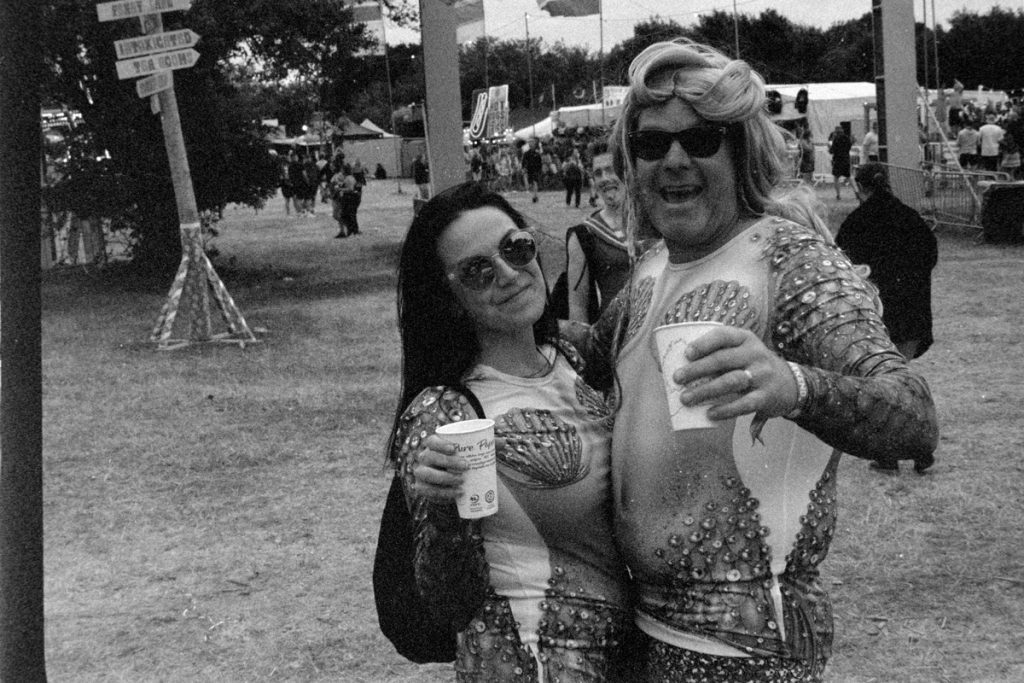
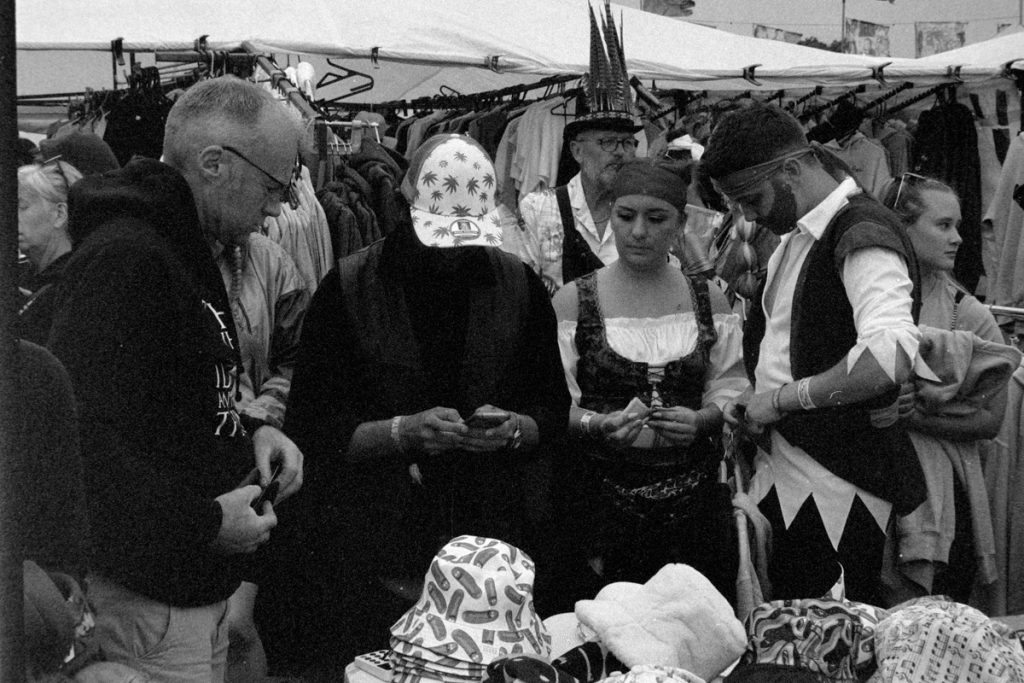
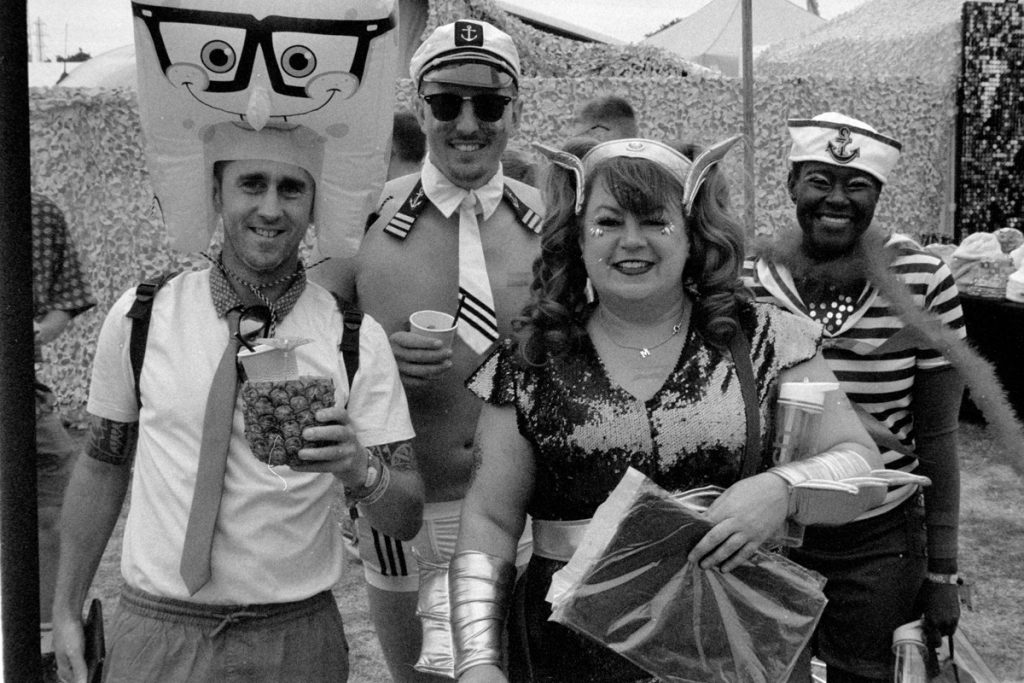
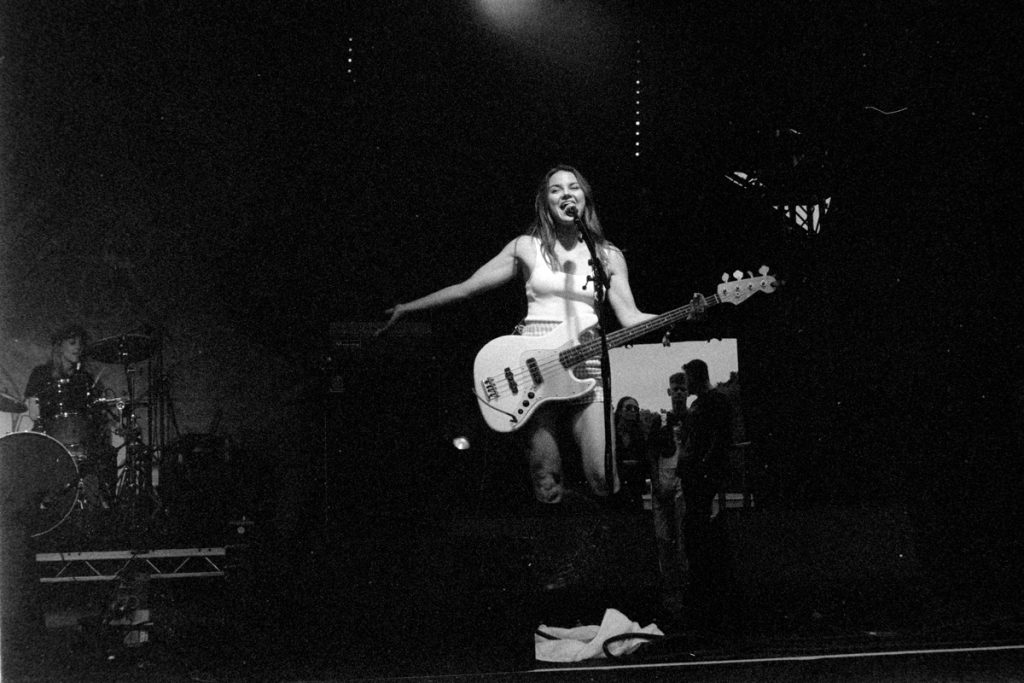
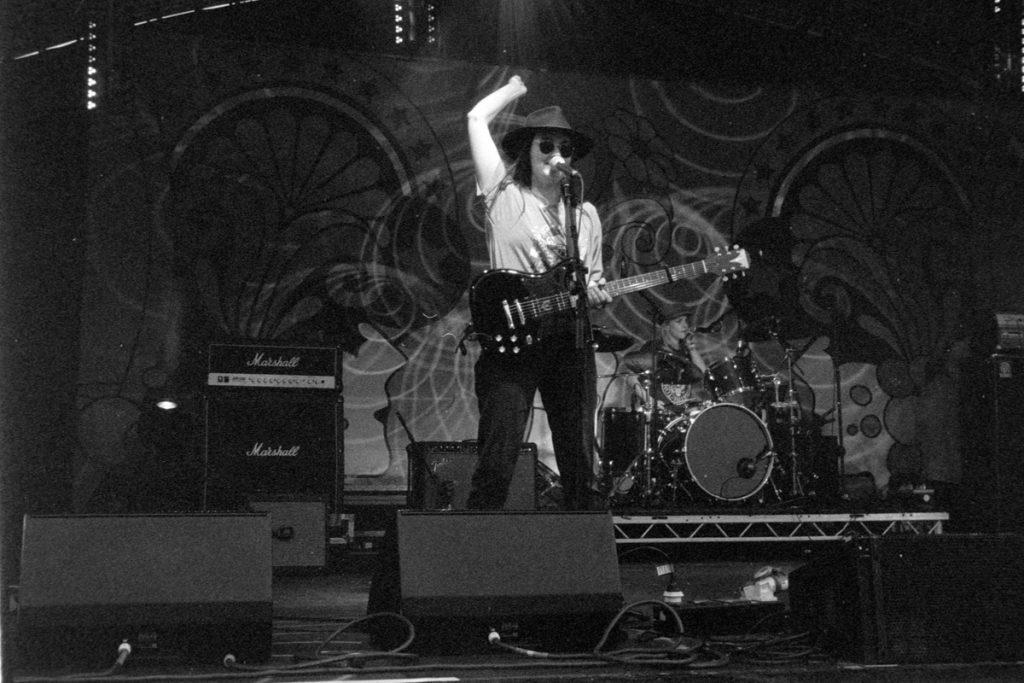
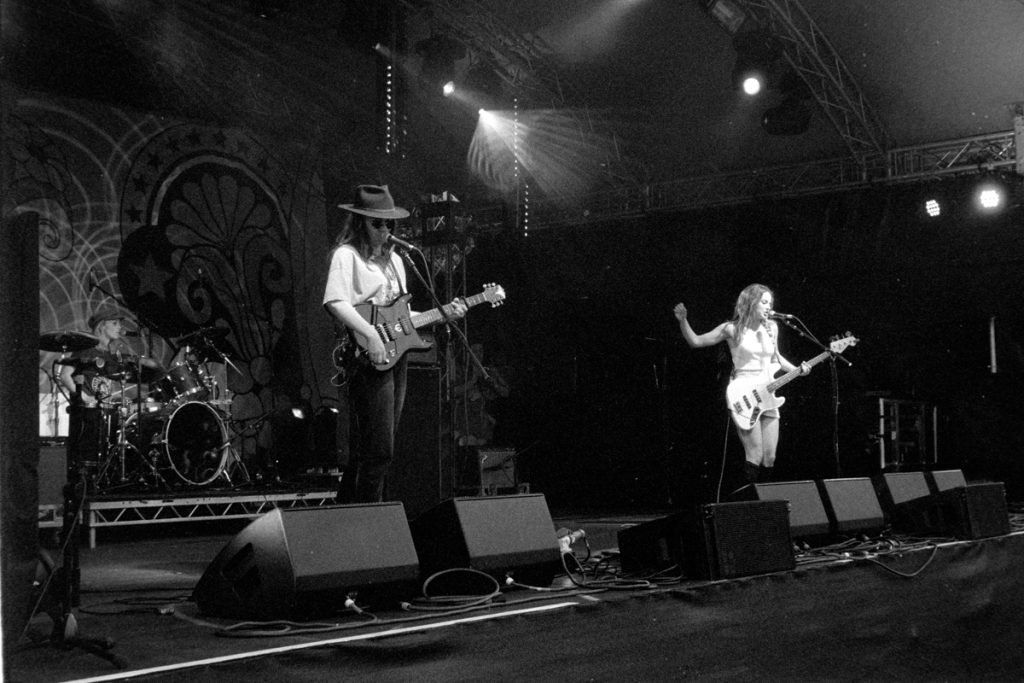
Fuji Pro 400 H
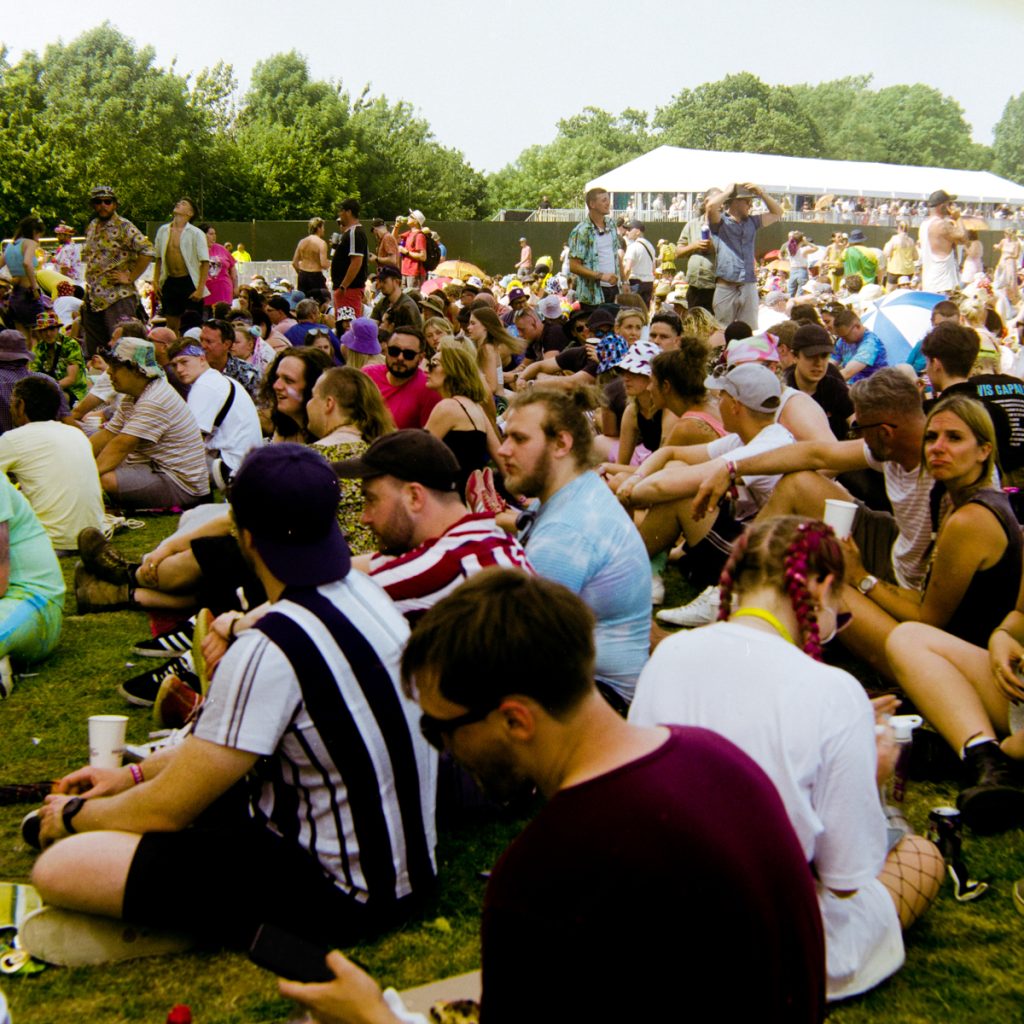
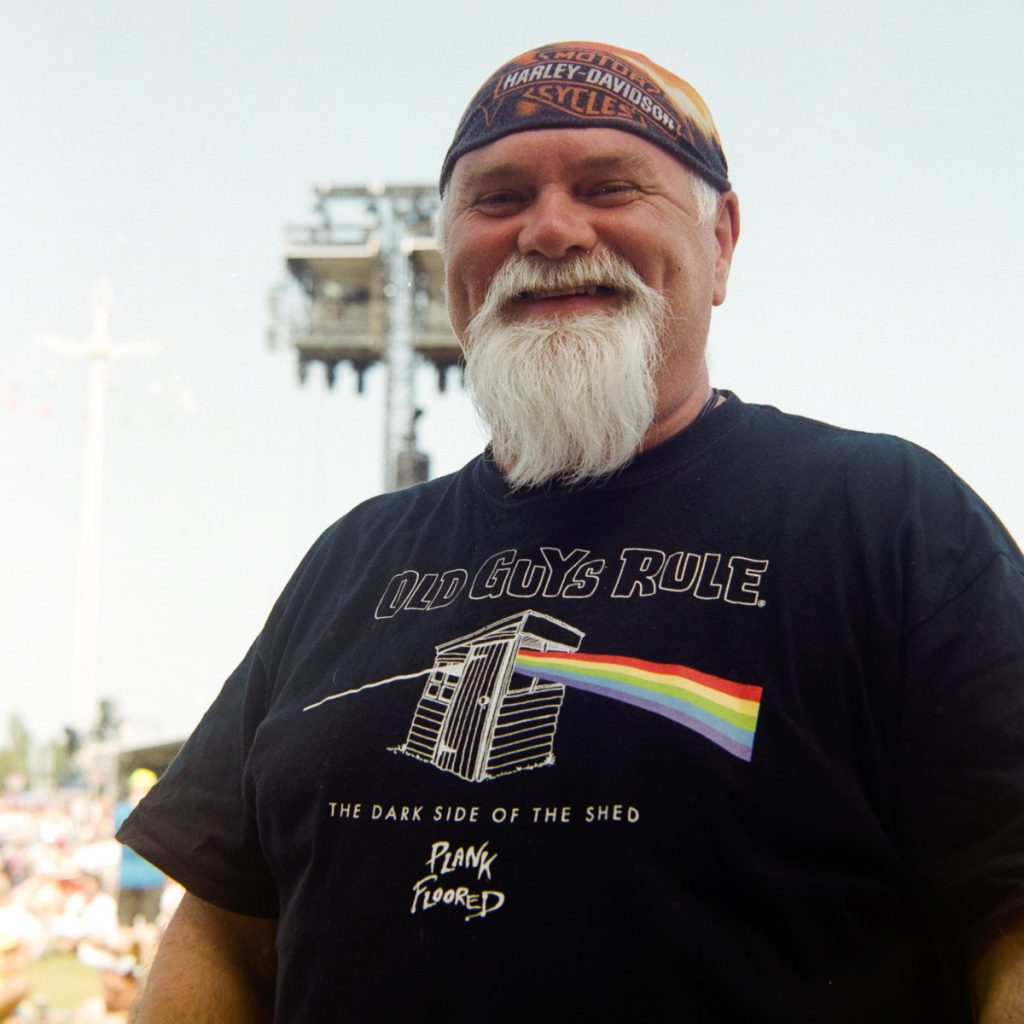
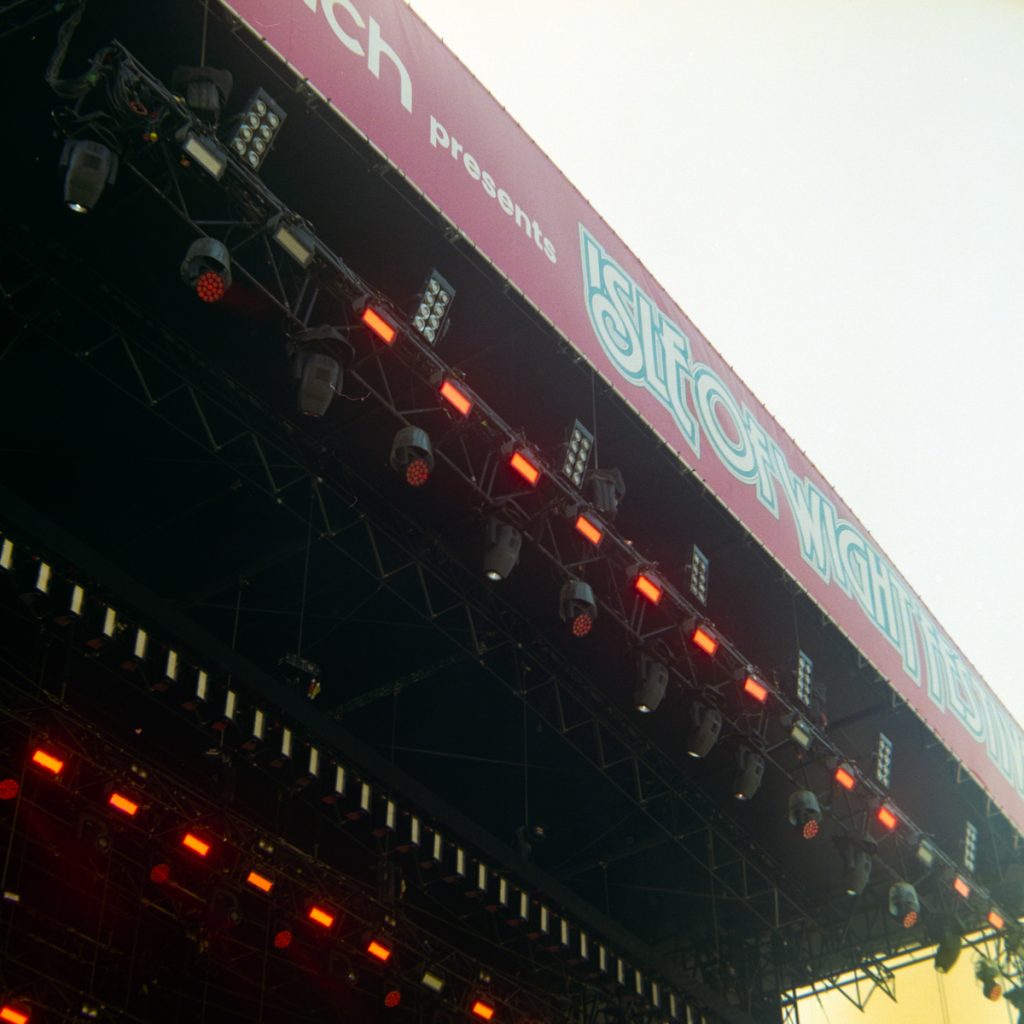
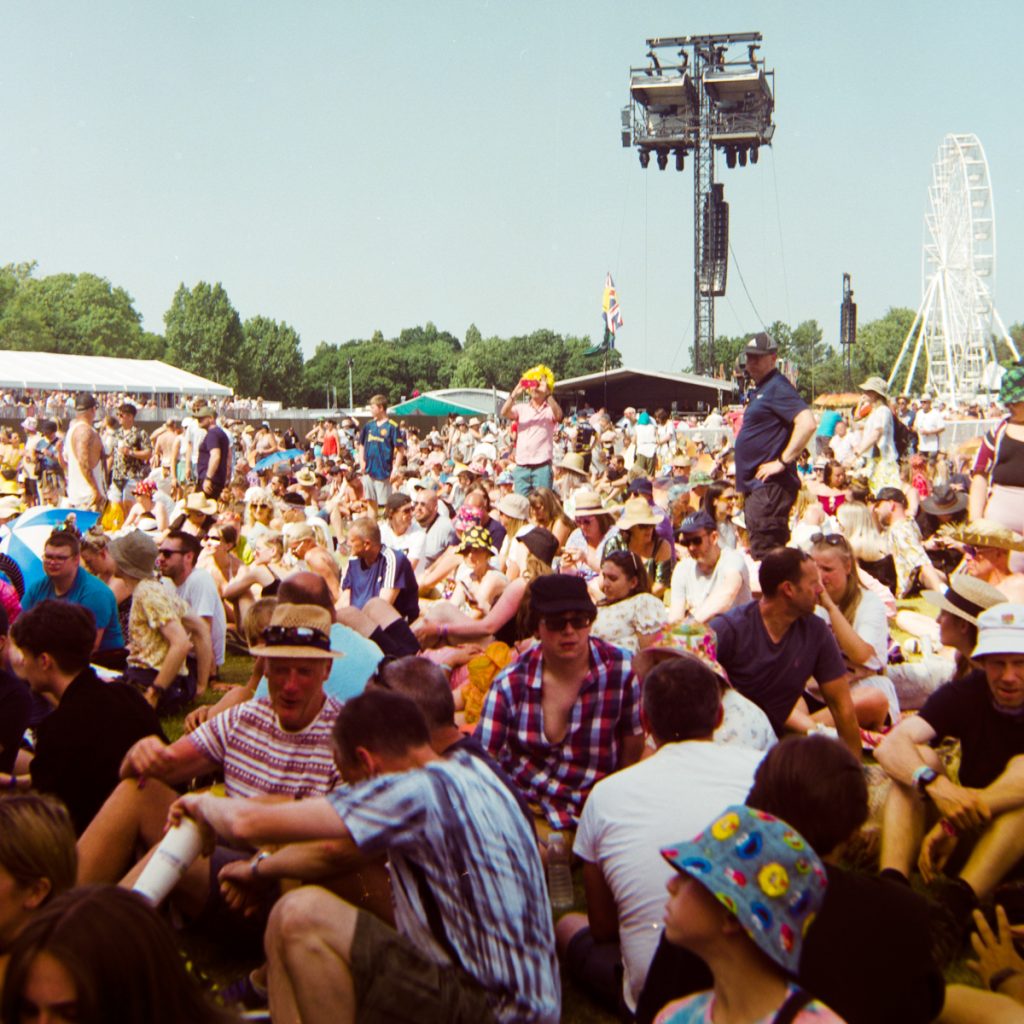
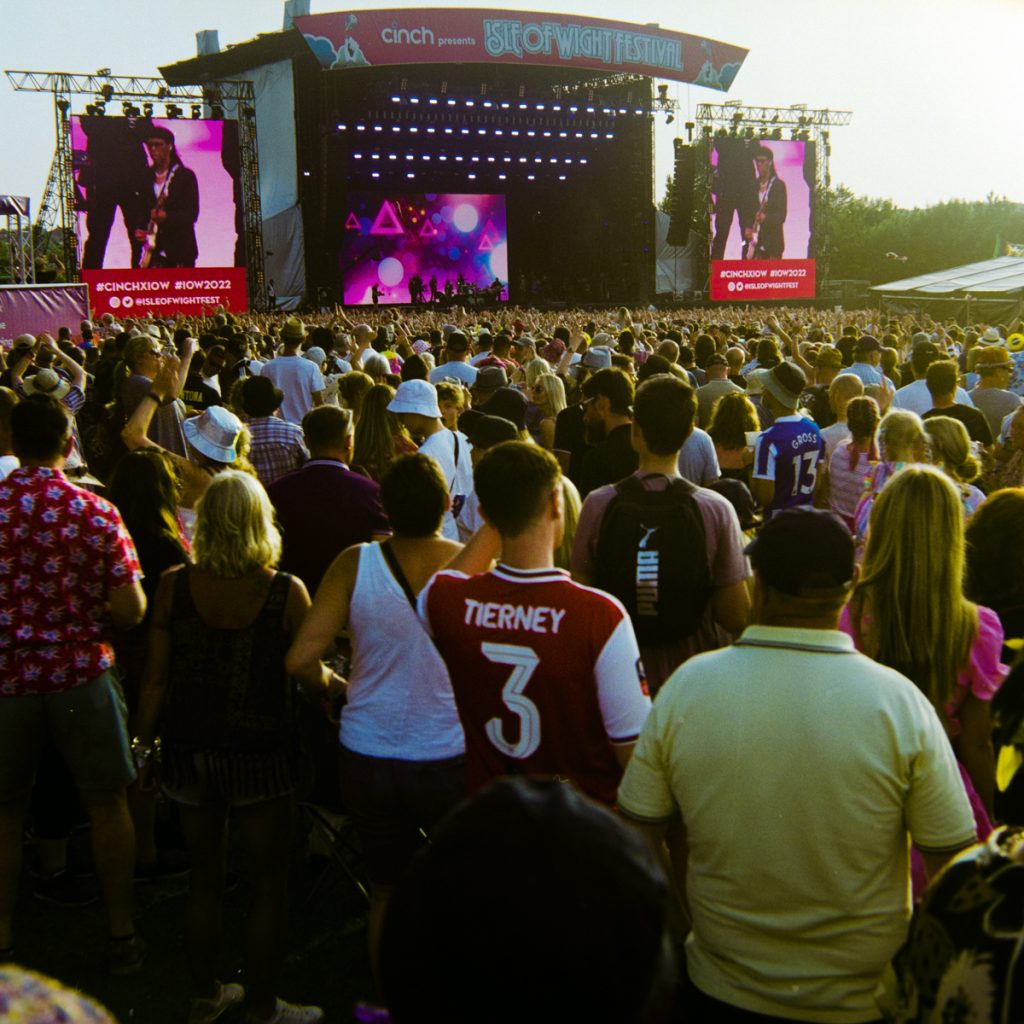
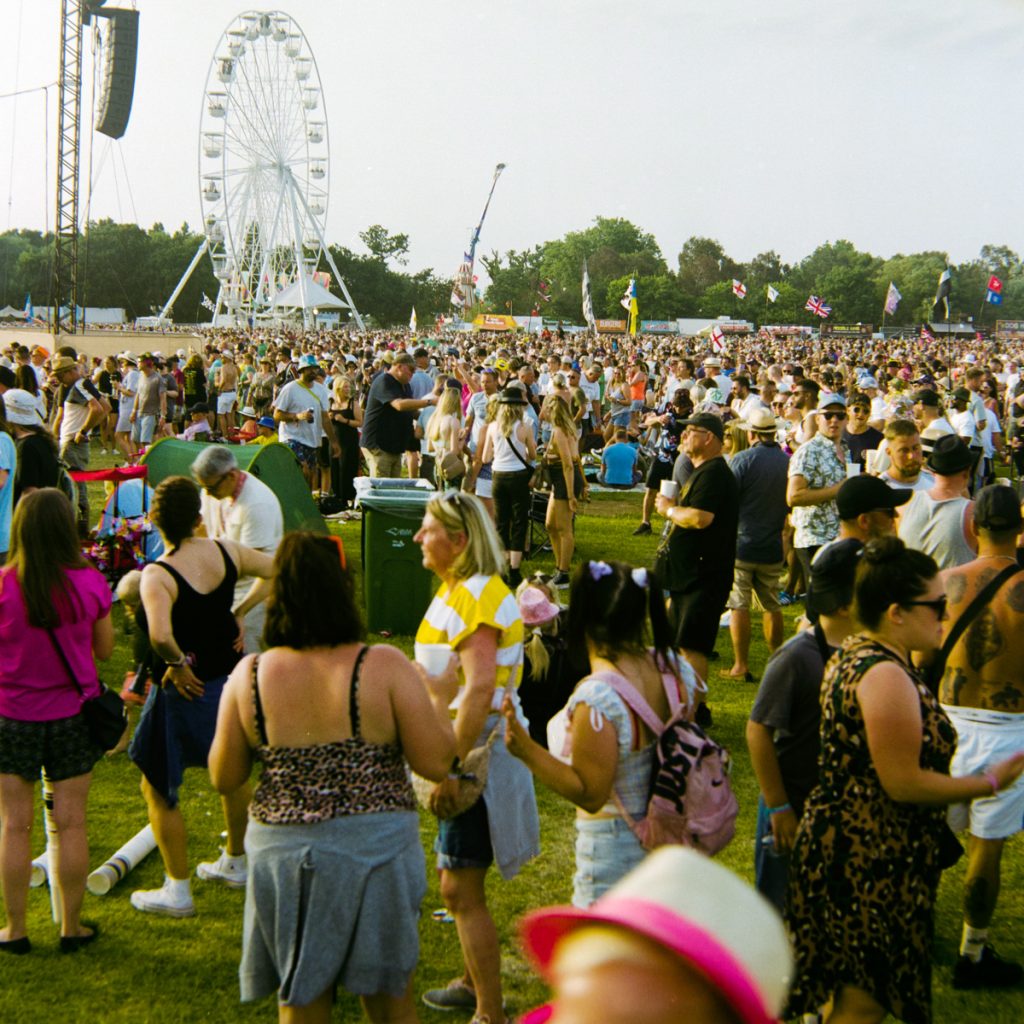
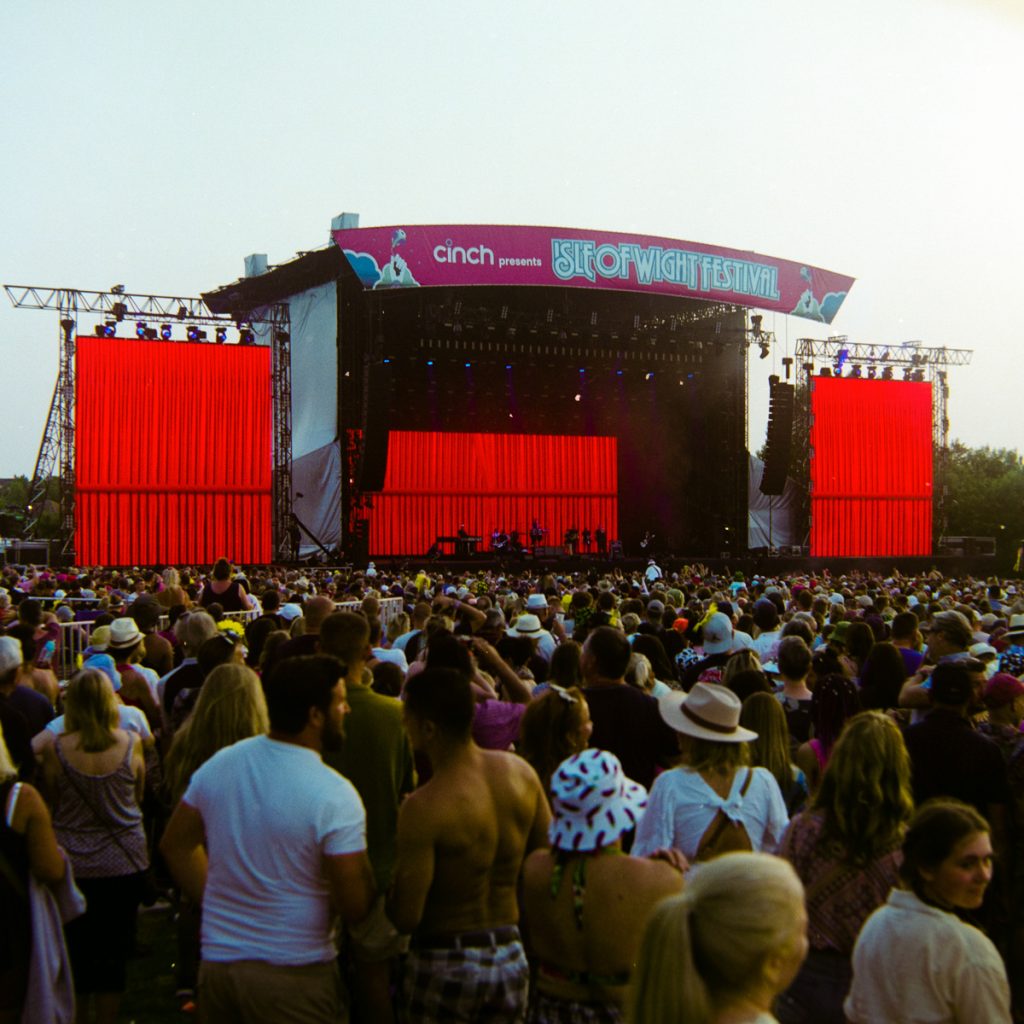
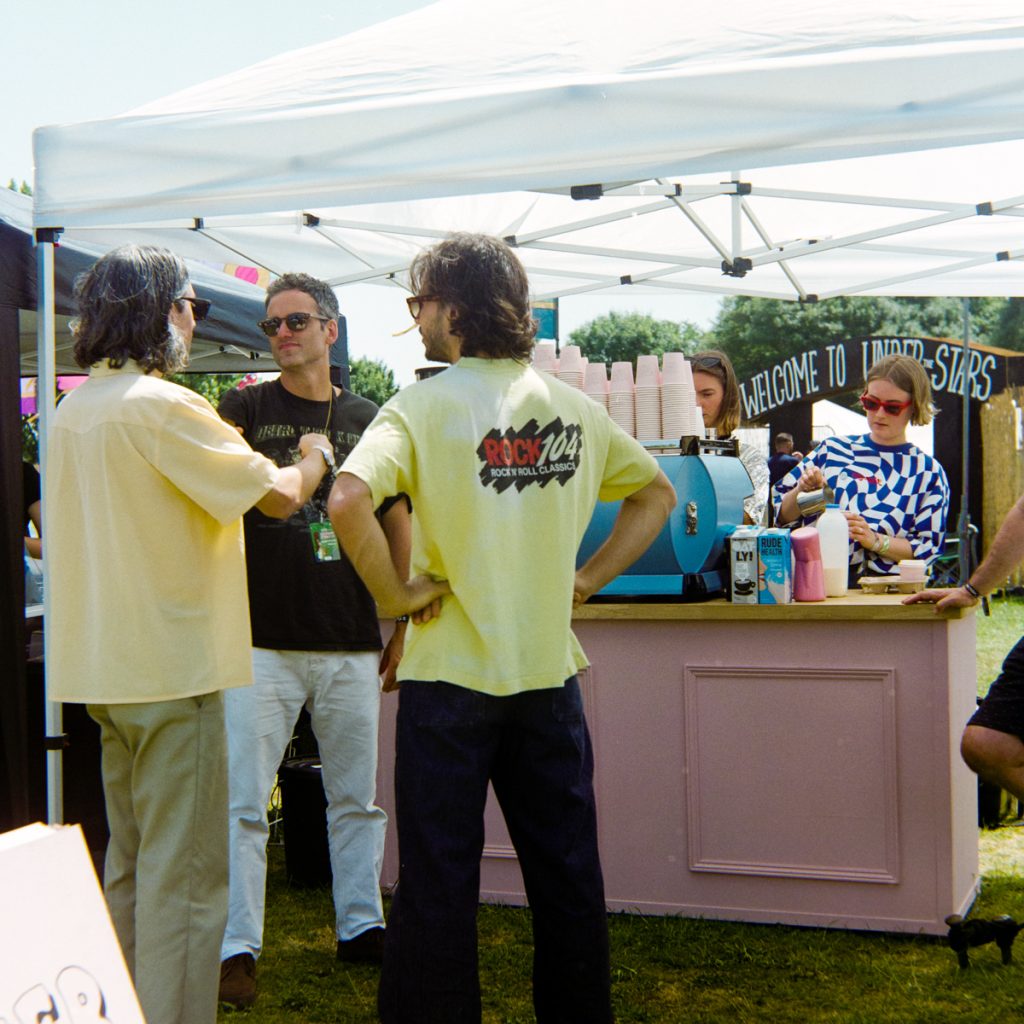
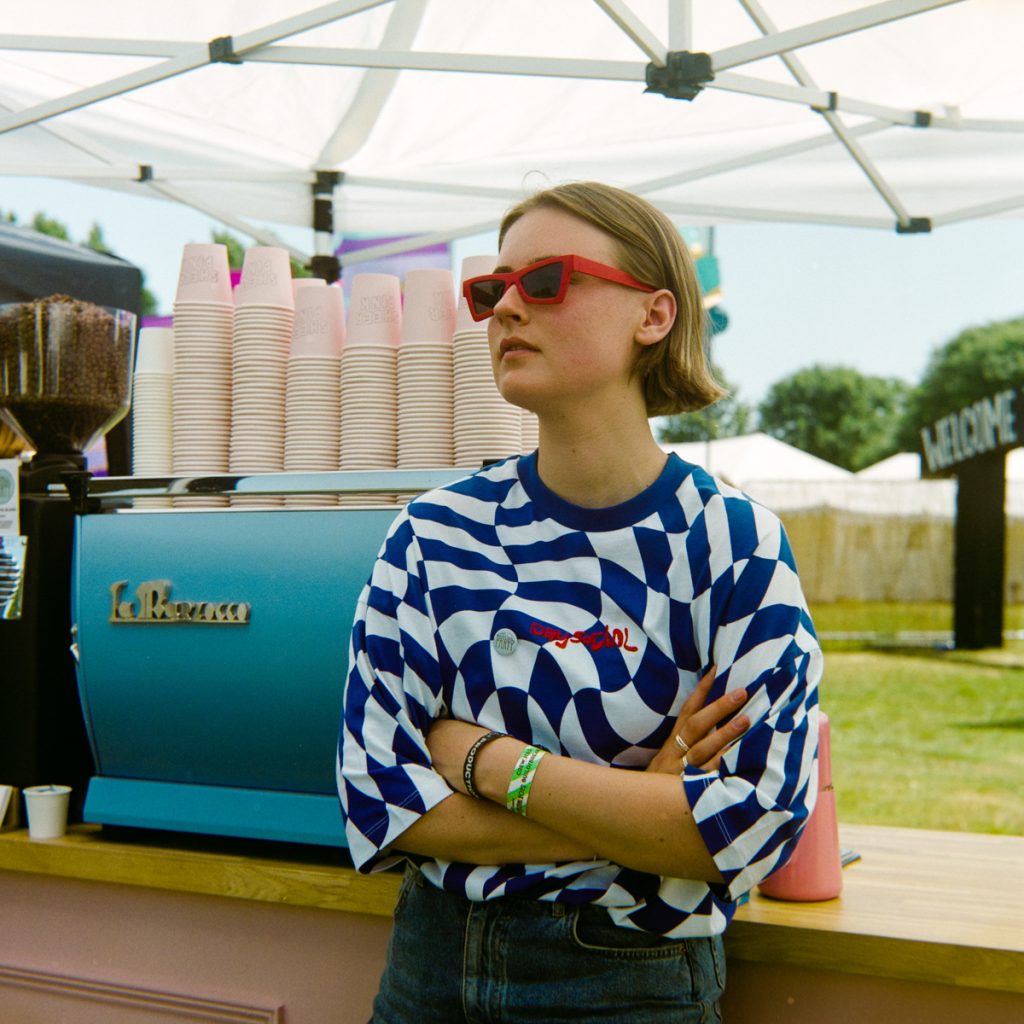
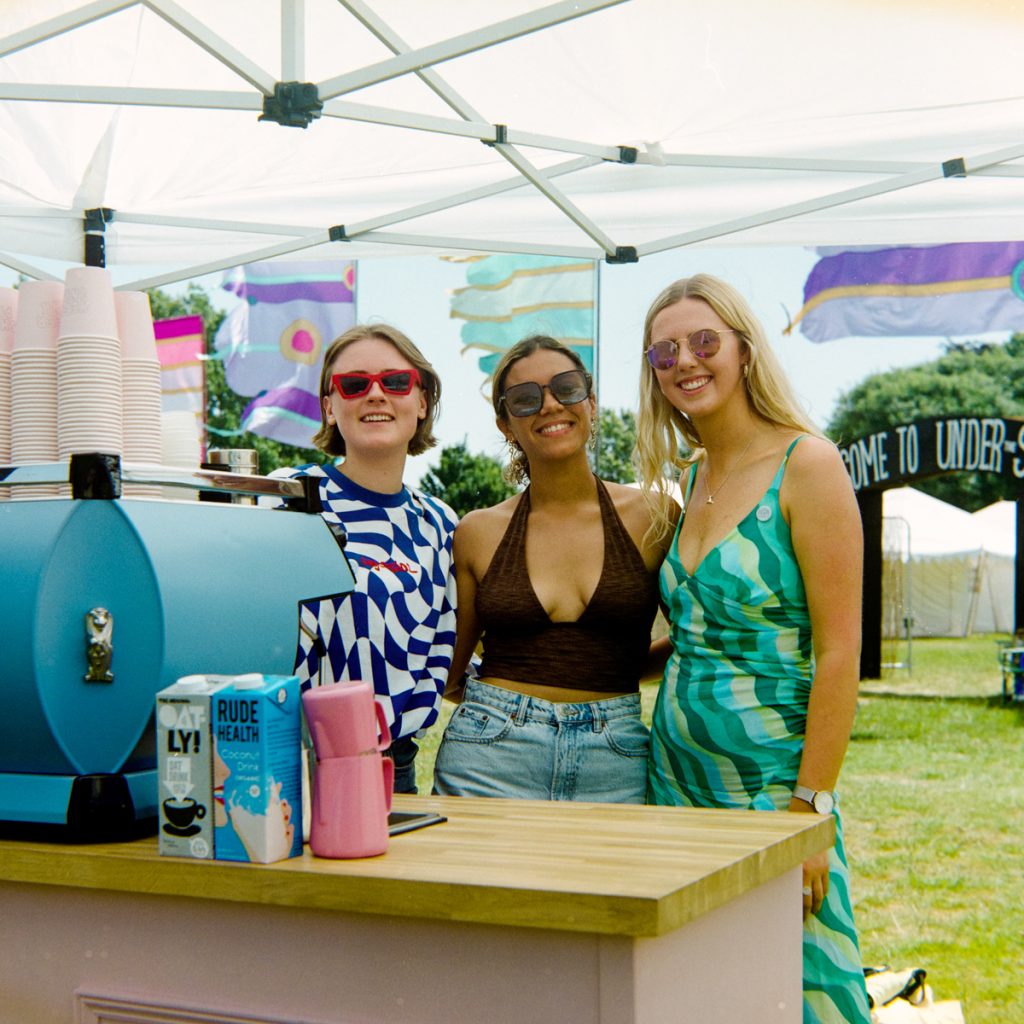
Kodak Portra 400
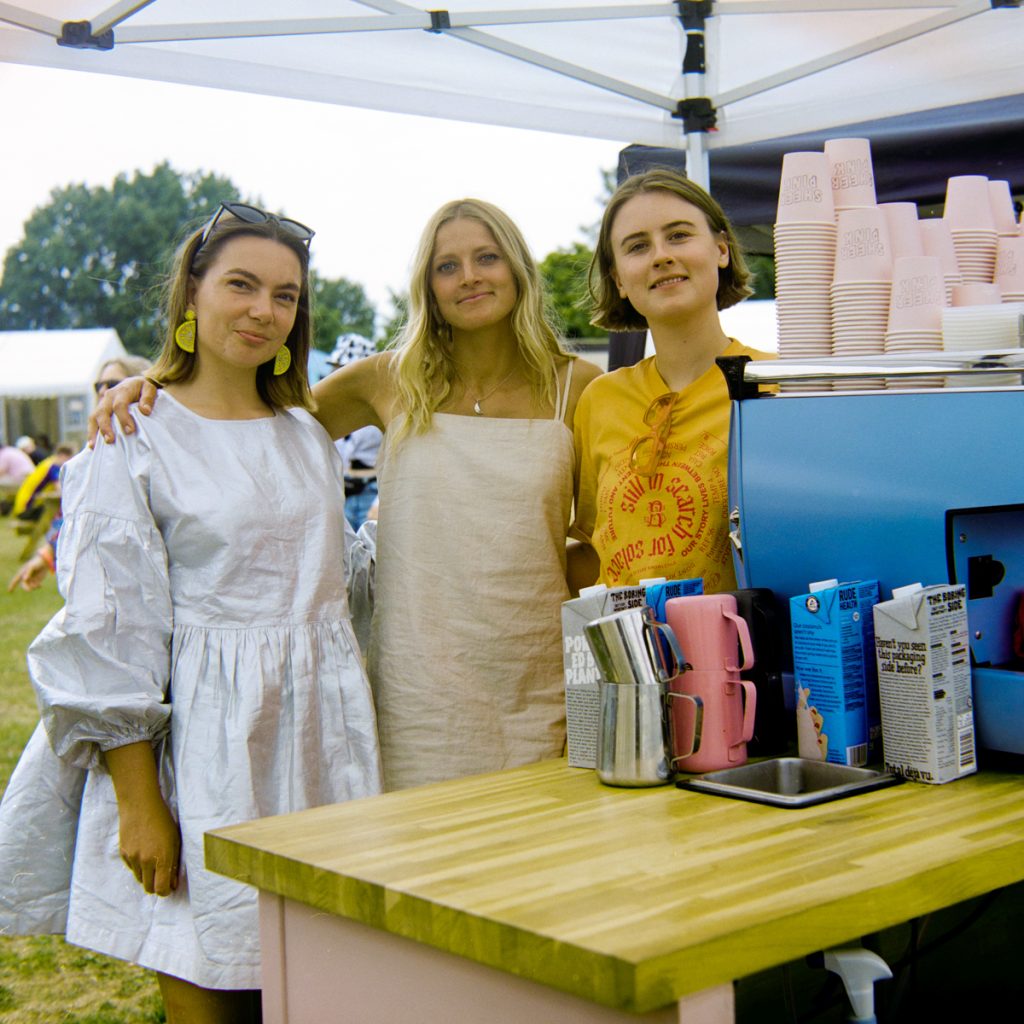
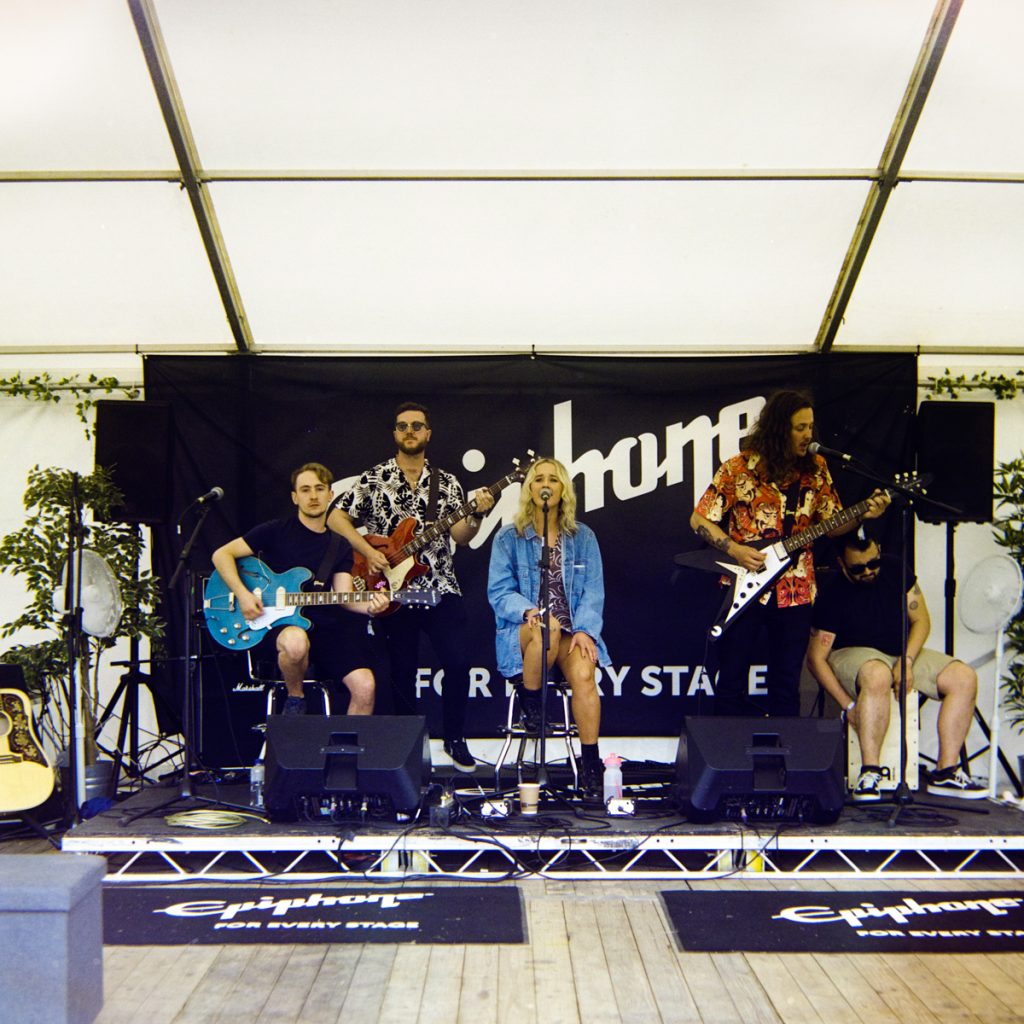
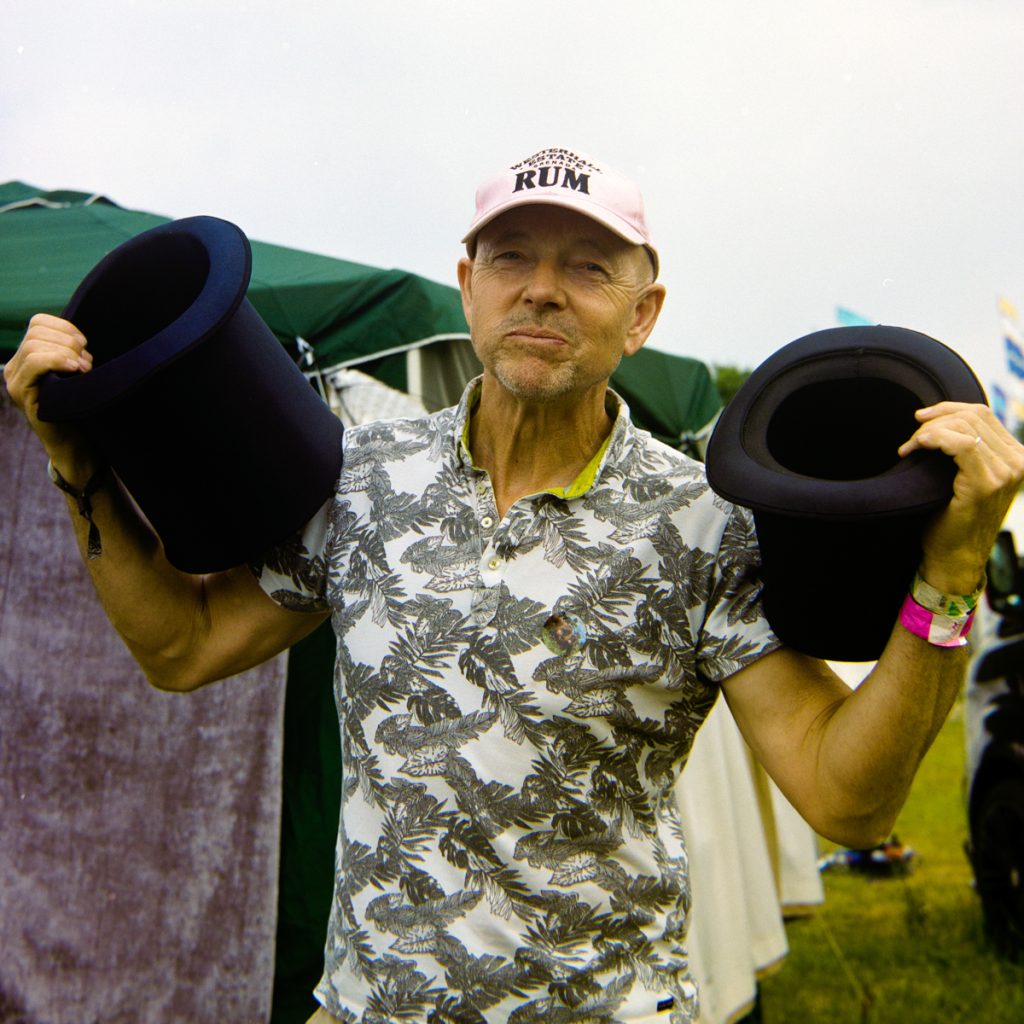
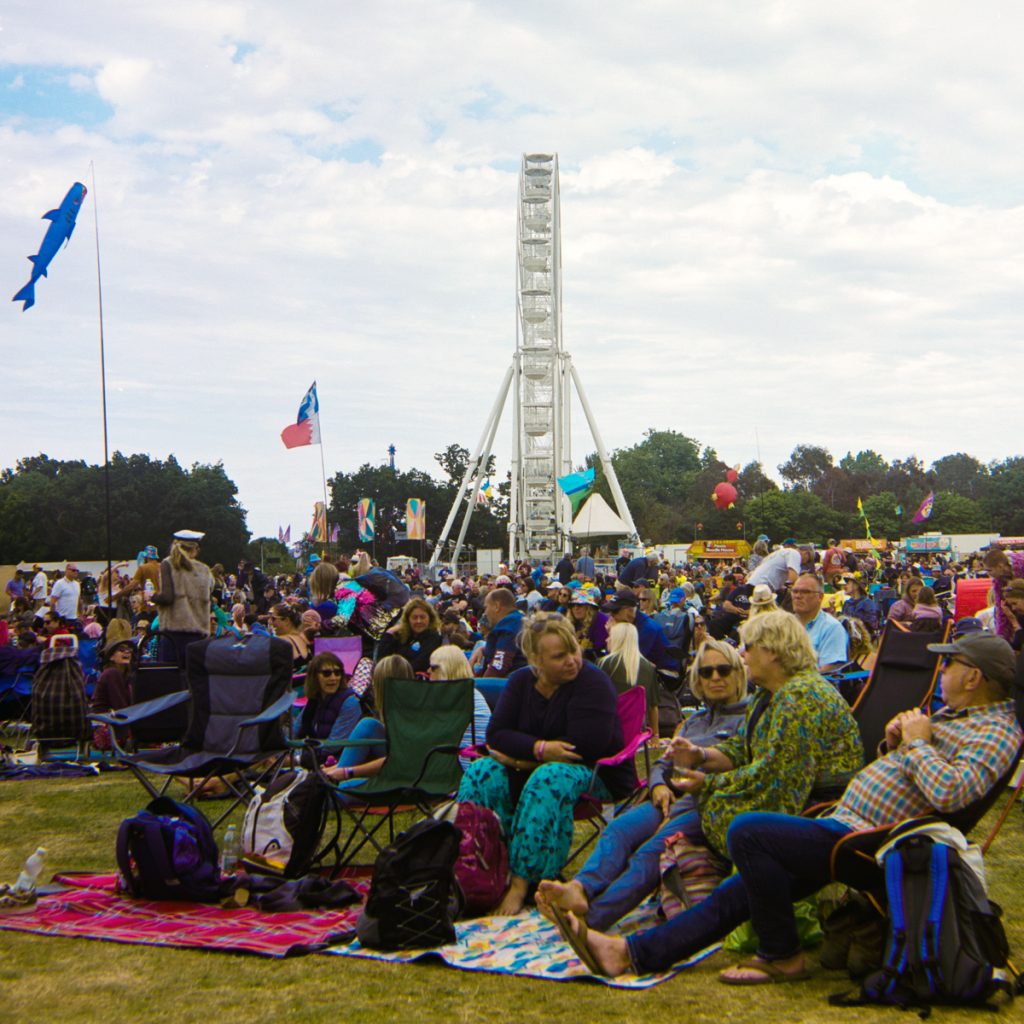
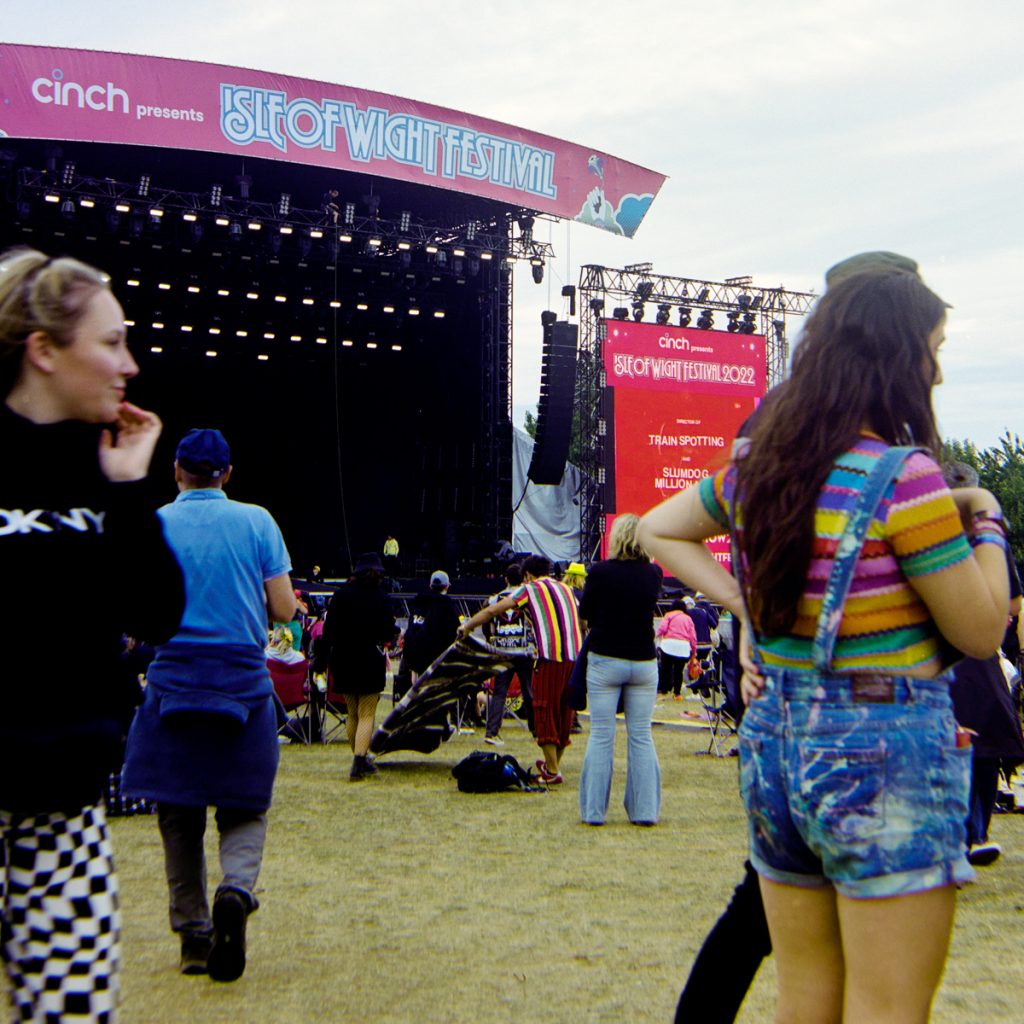
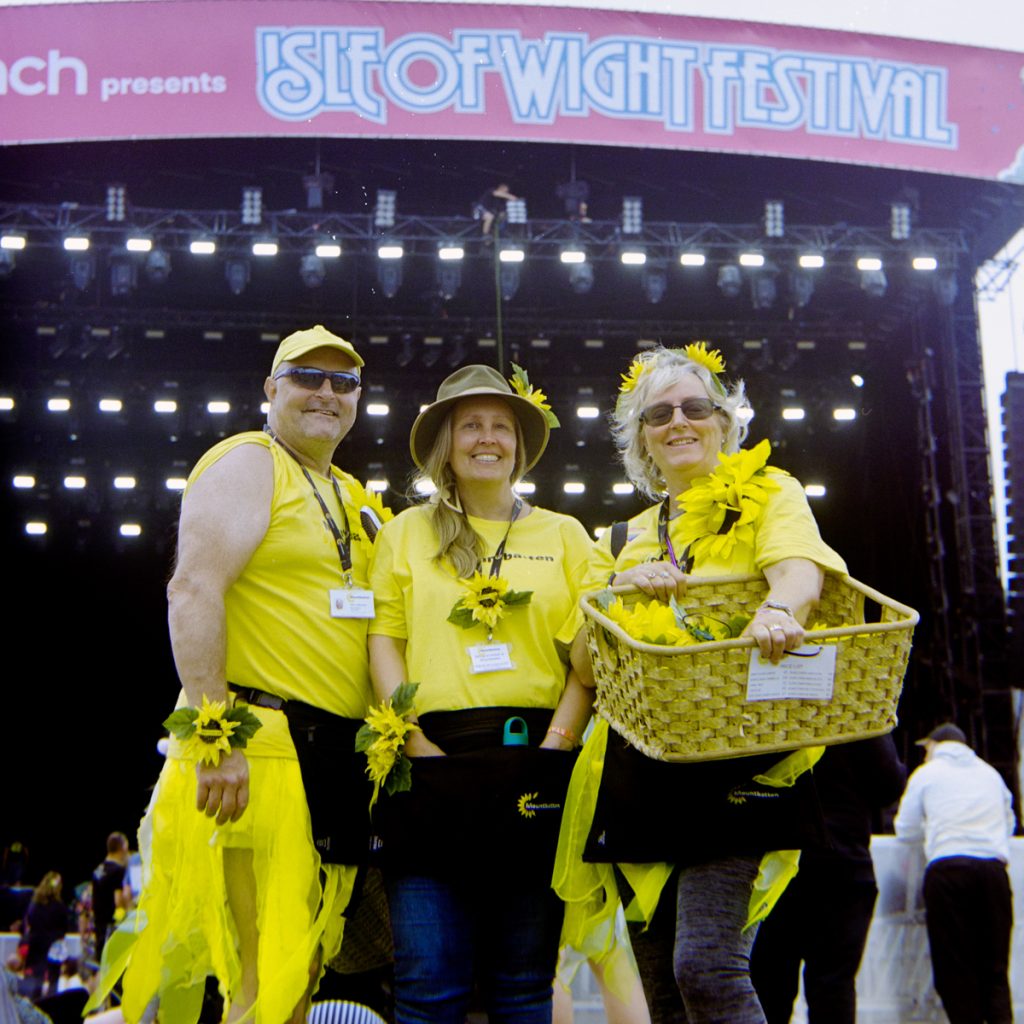
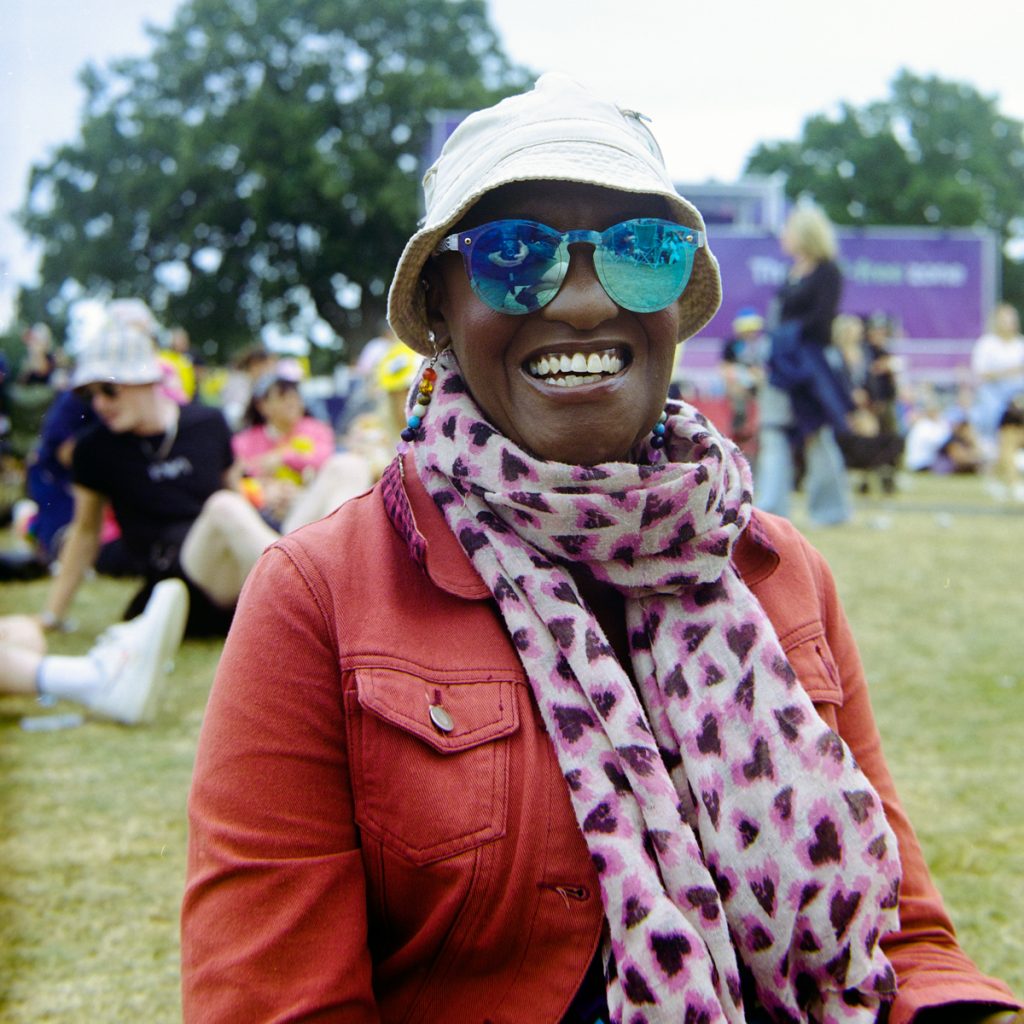
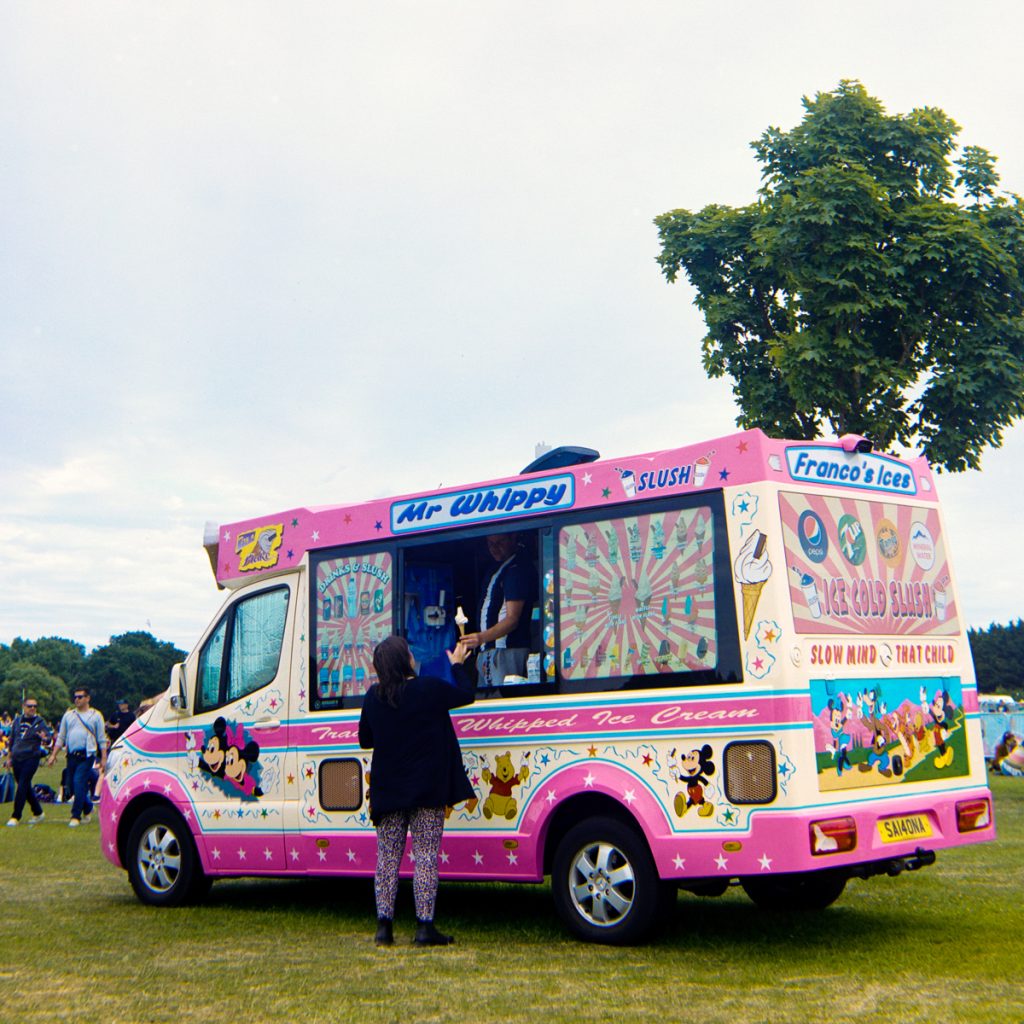
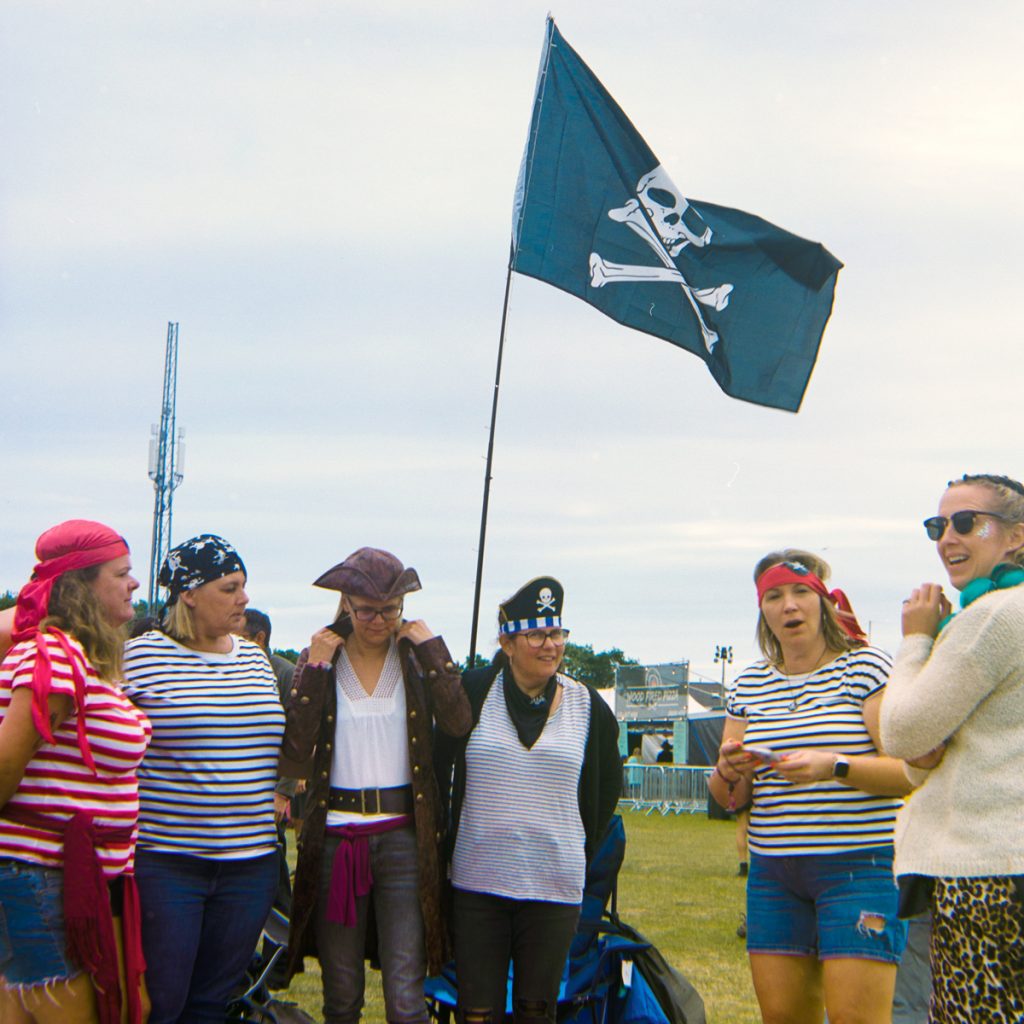
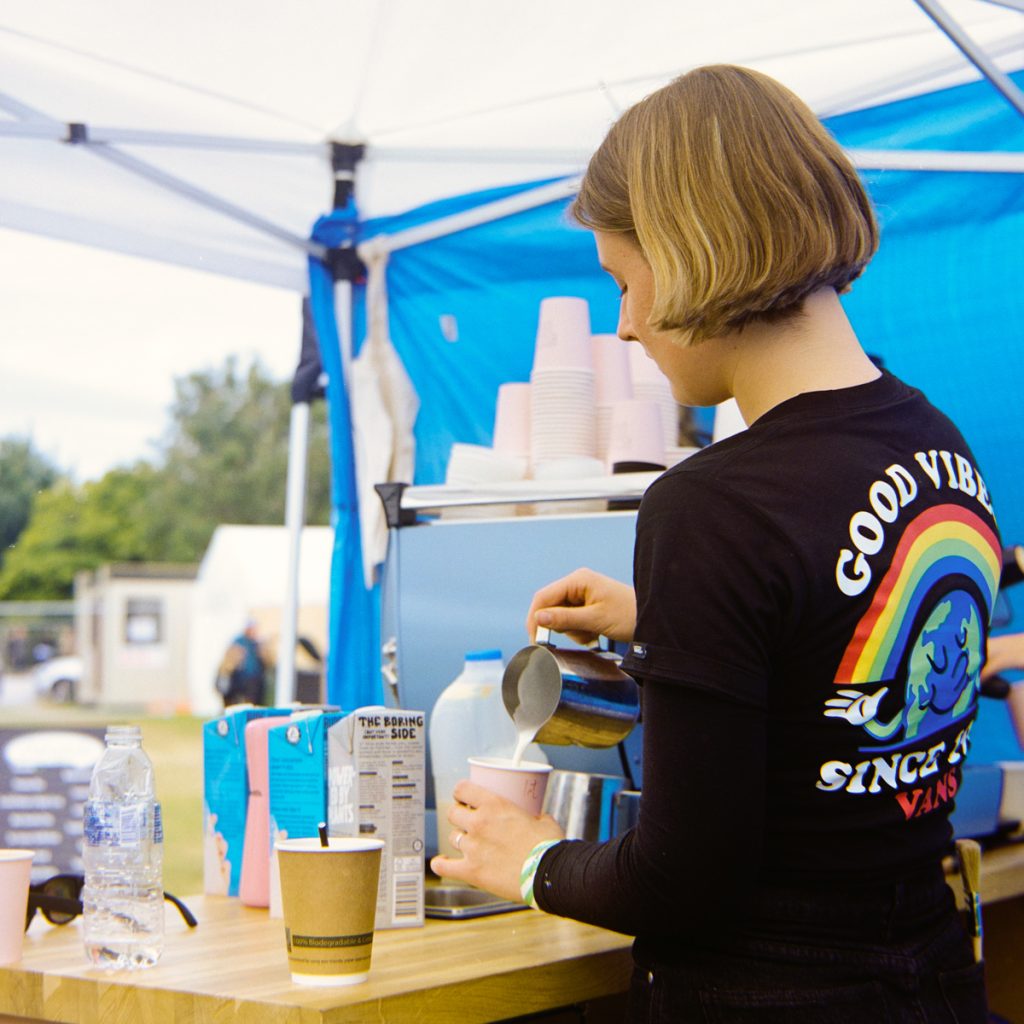
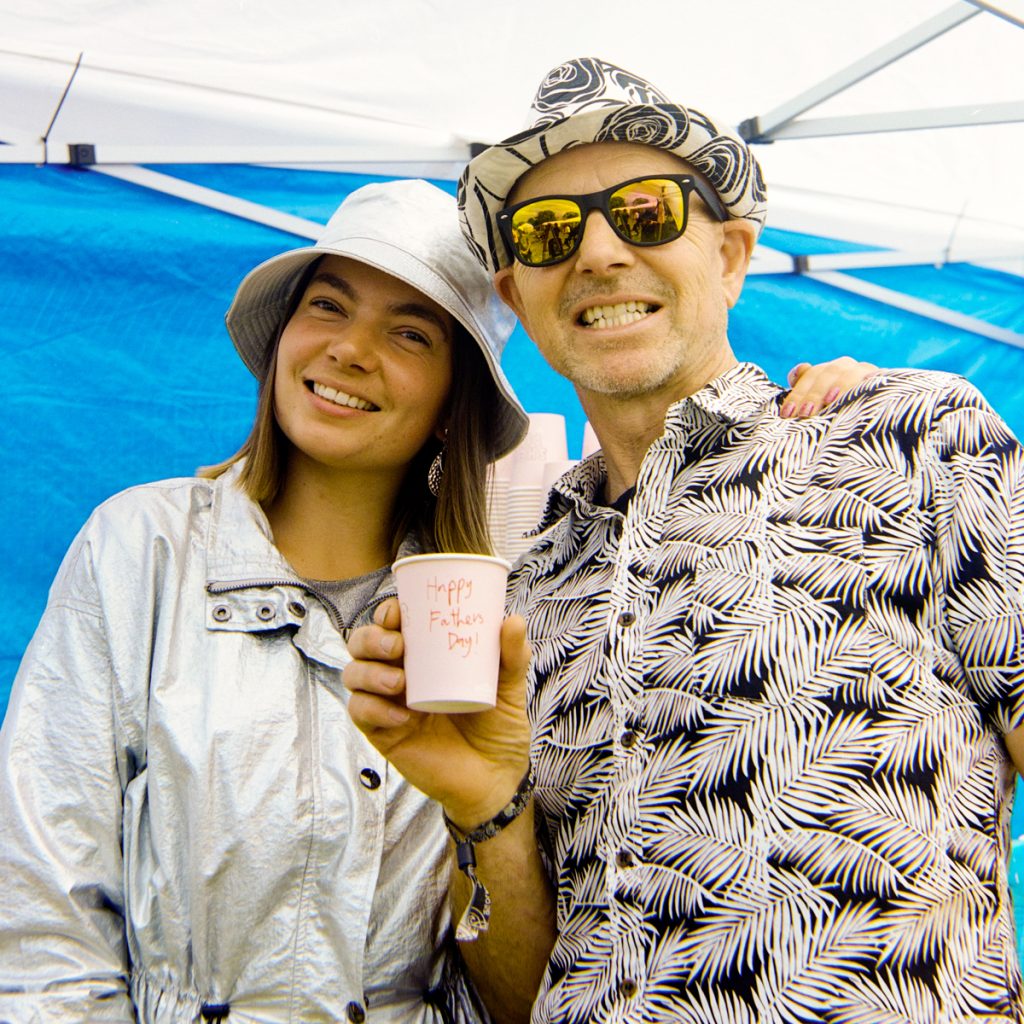
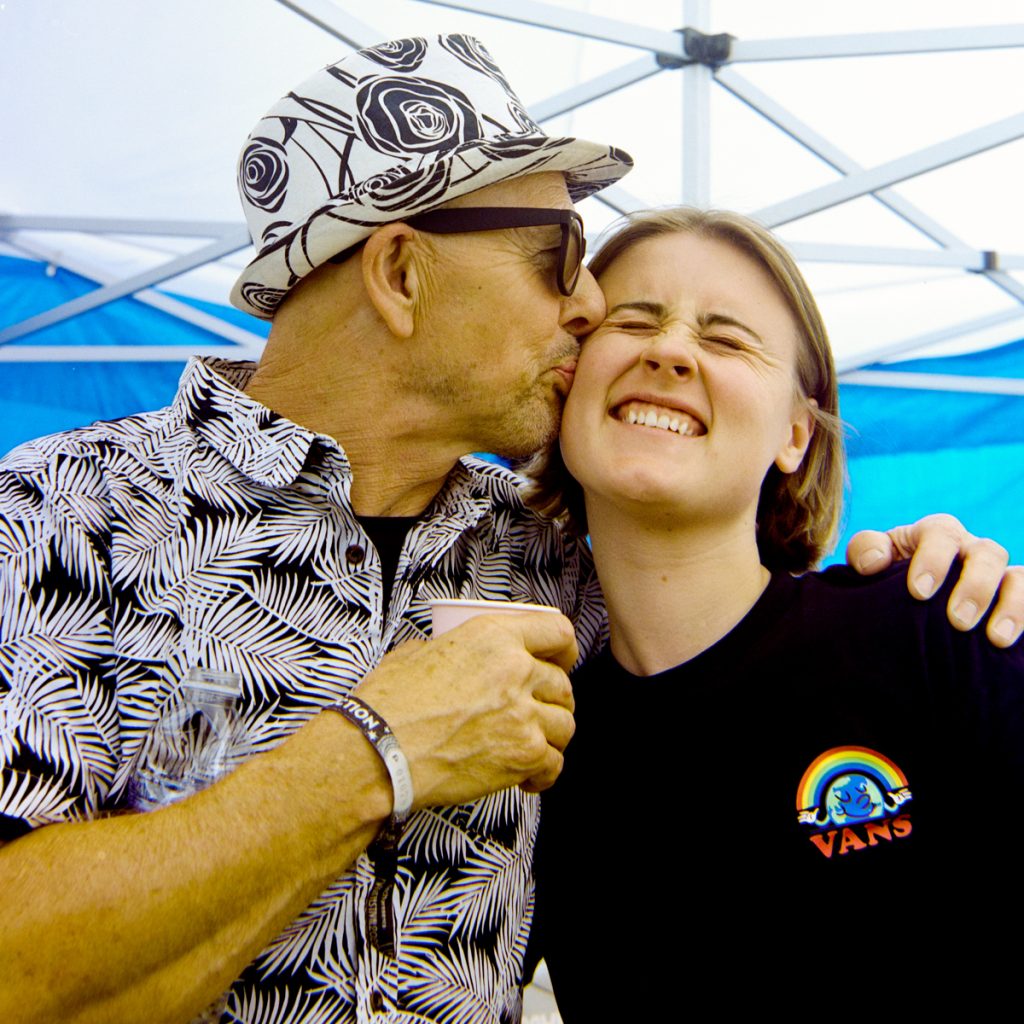
ADOX Colour Mission Film
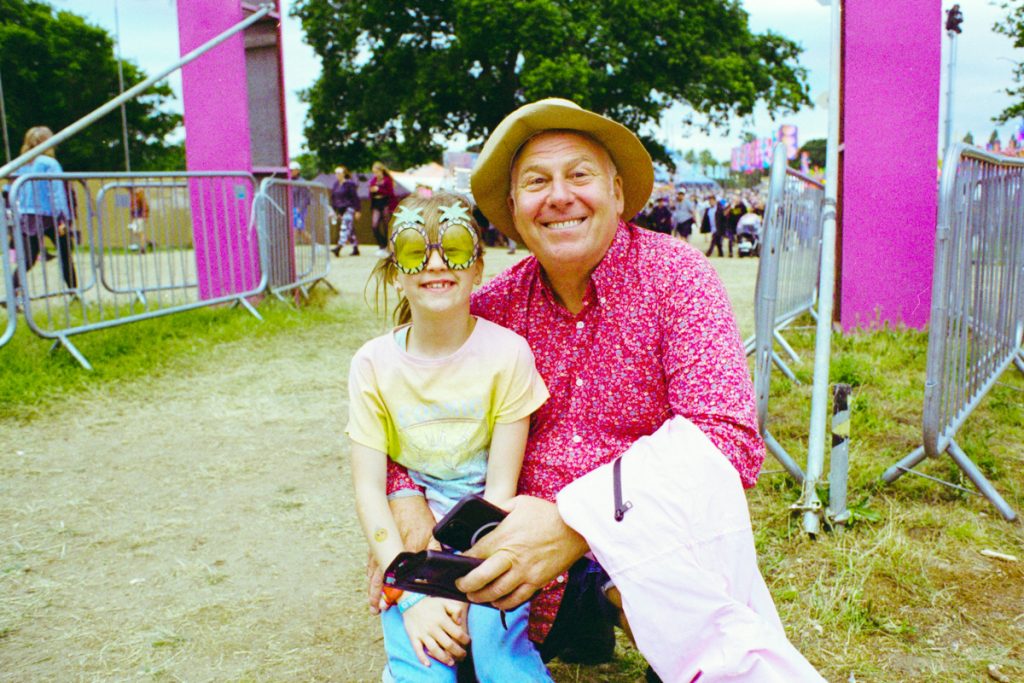
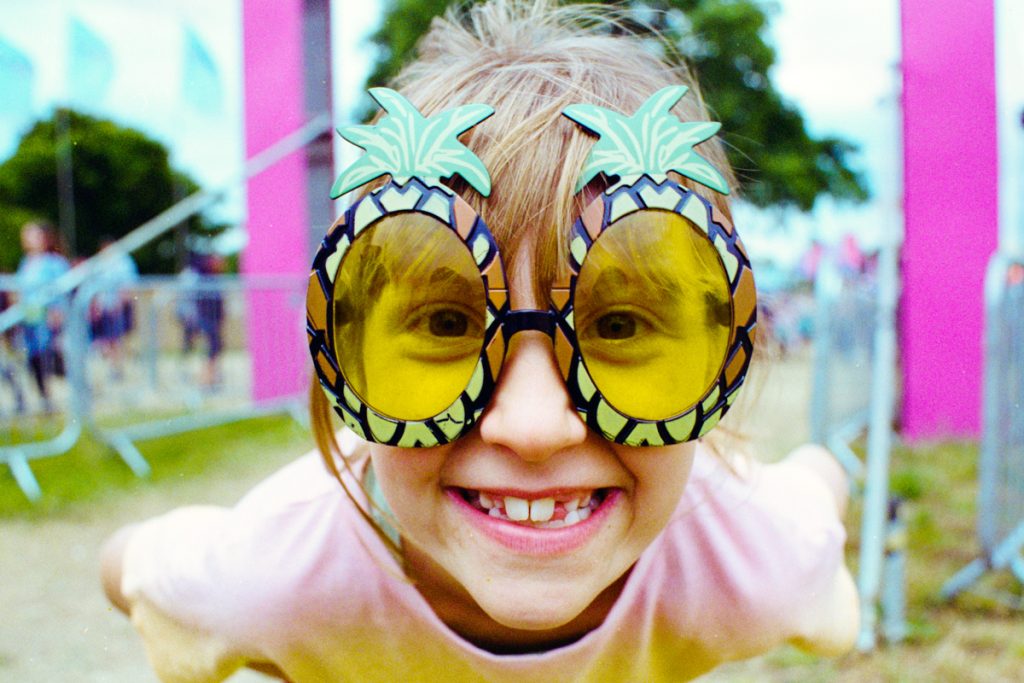
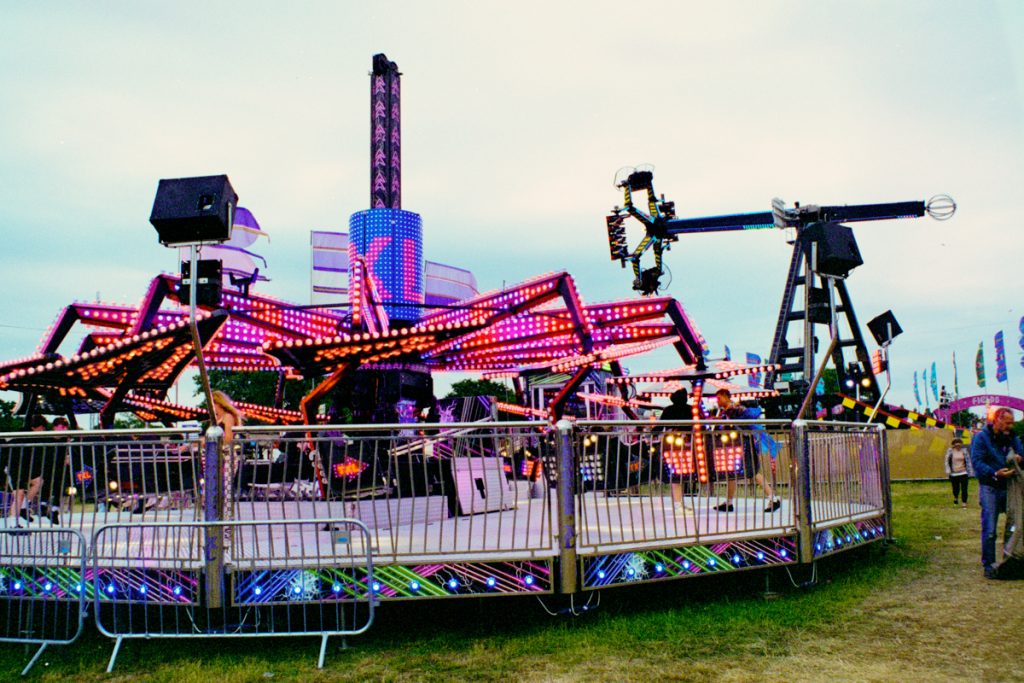
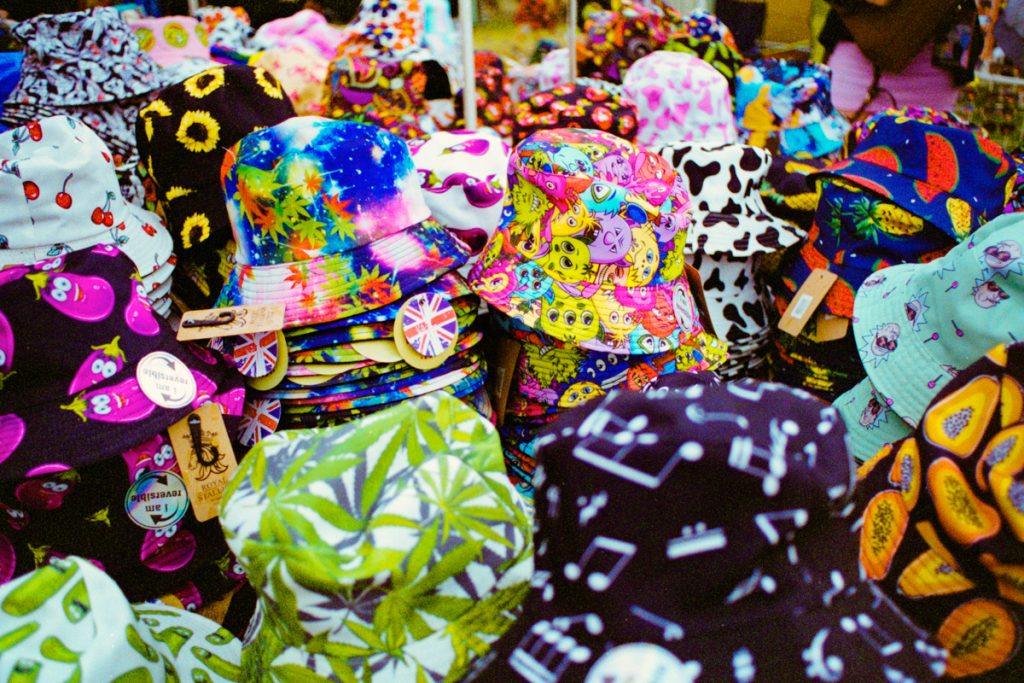
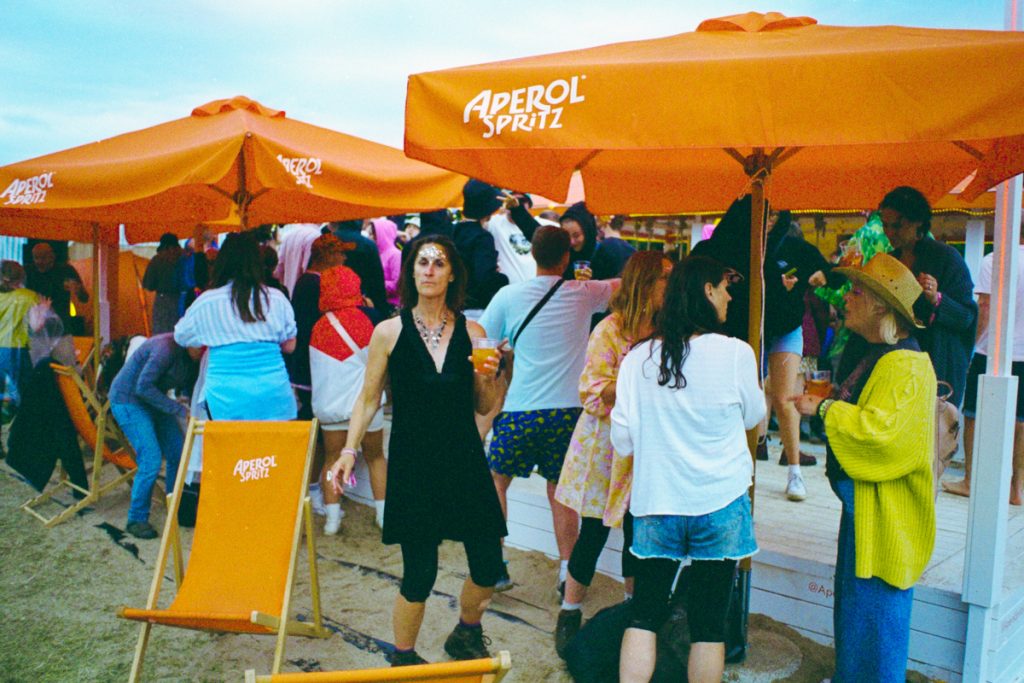
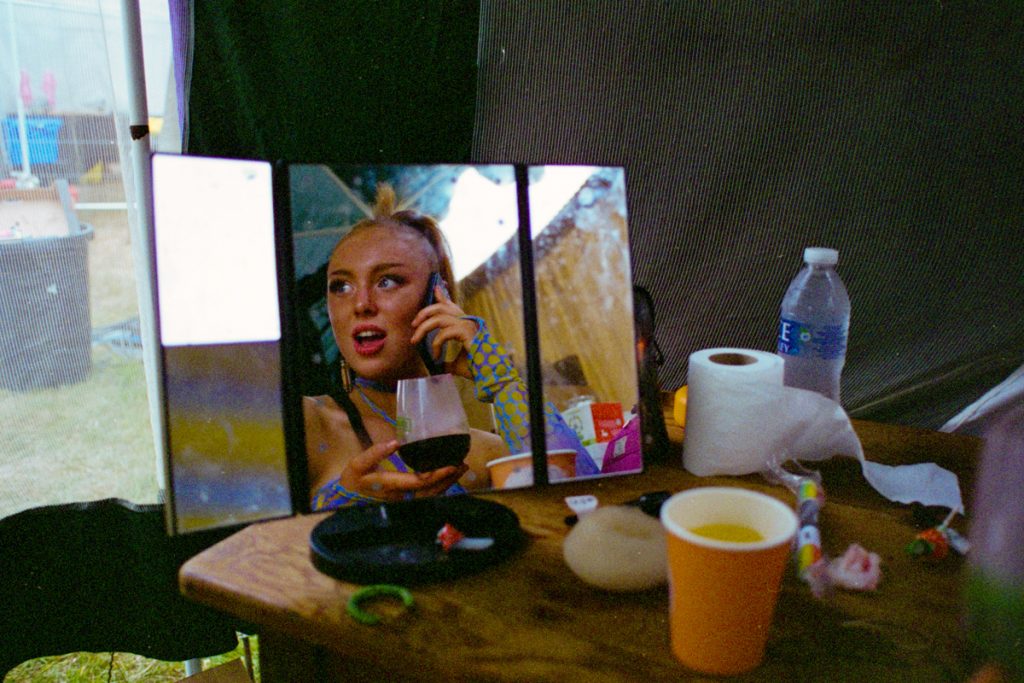
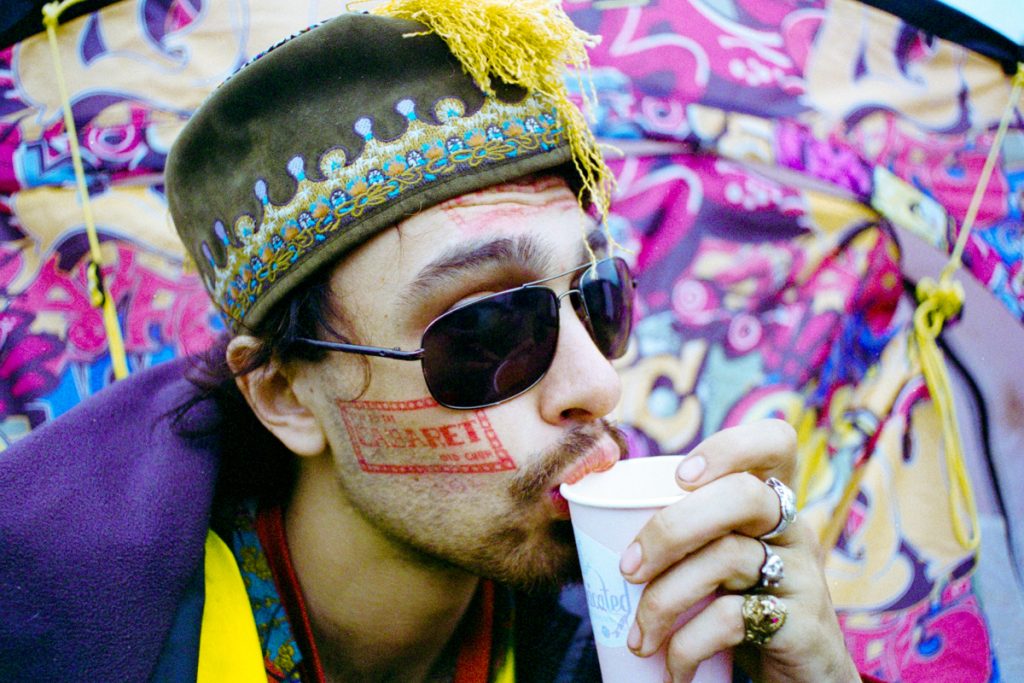
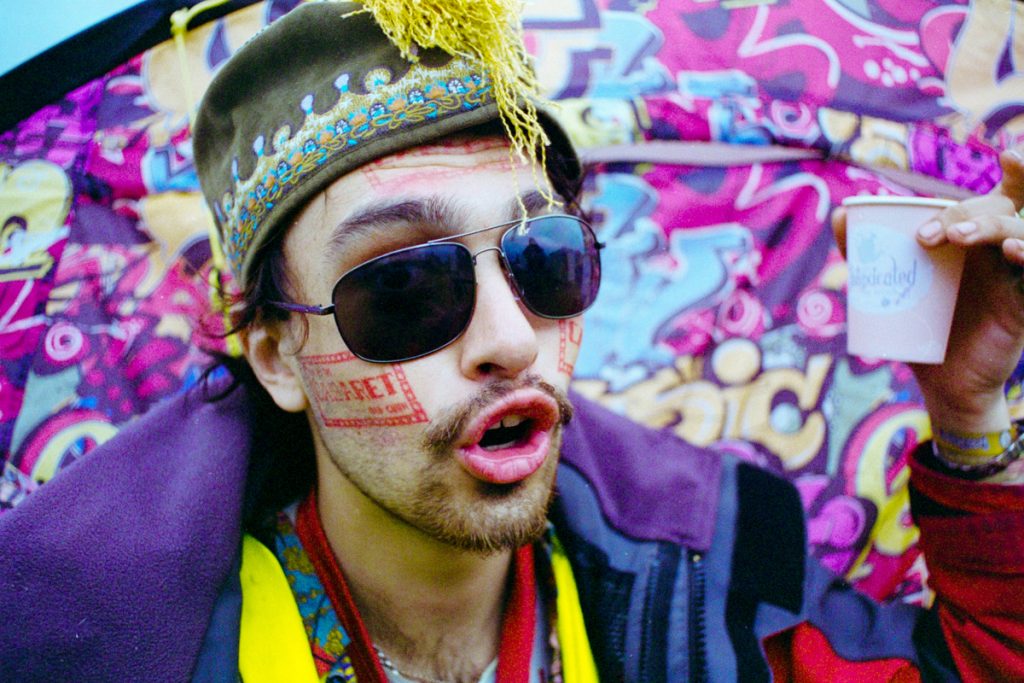
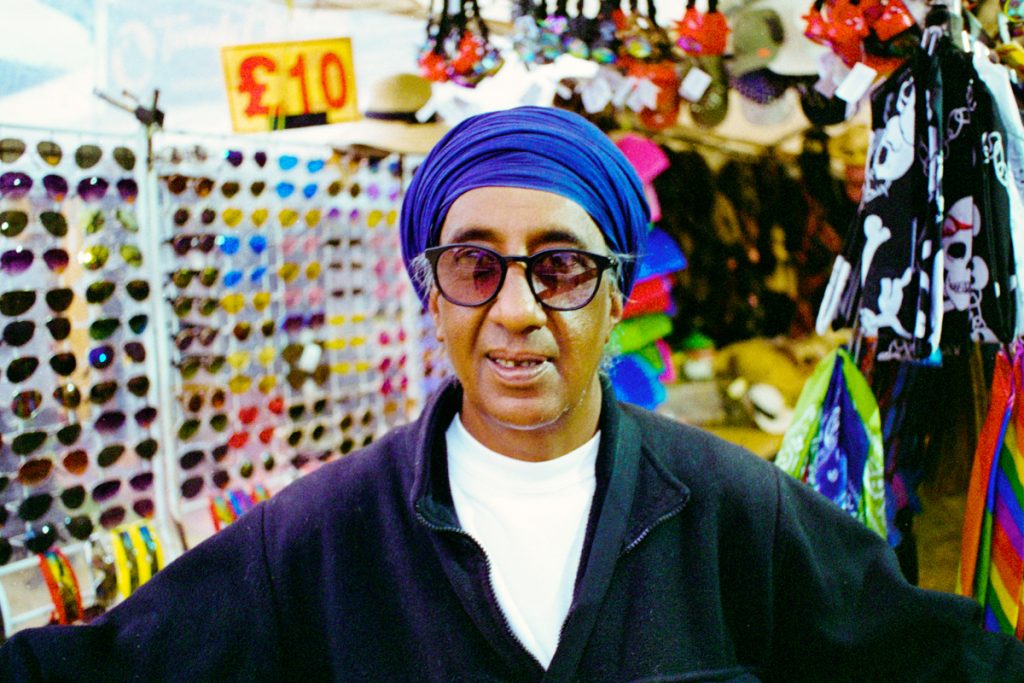
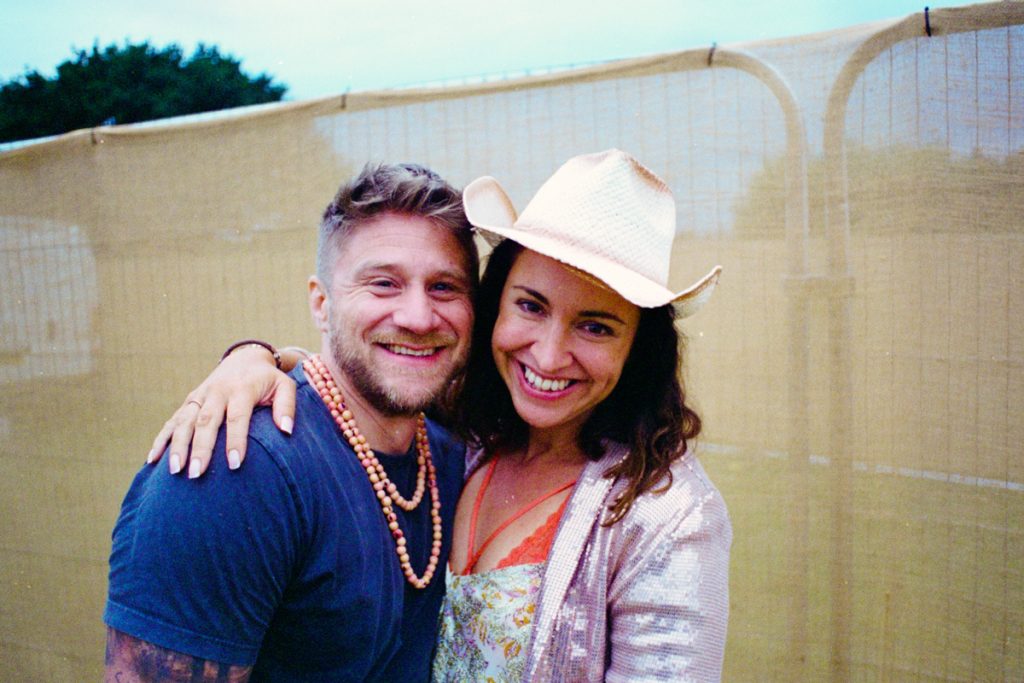
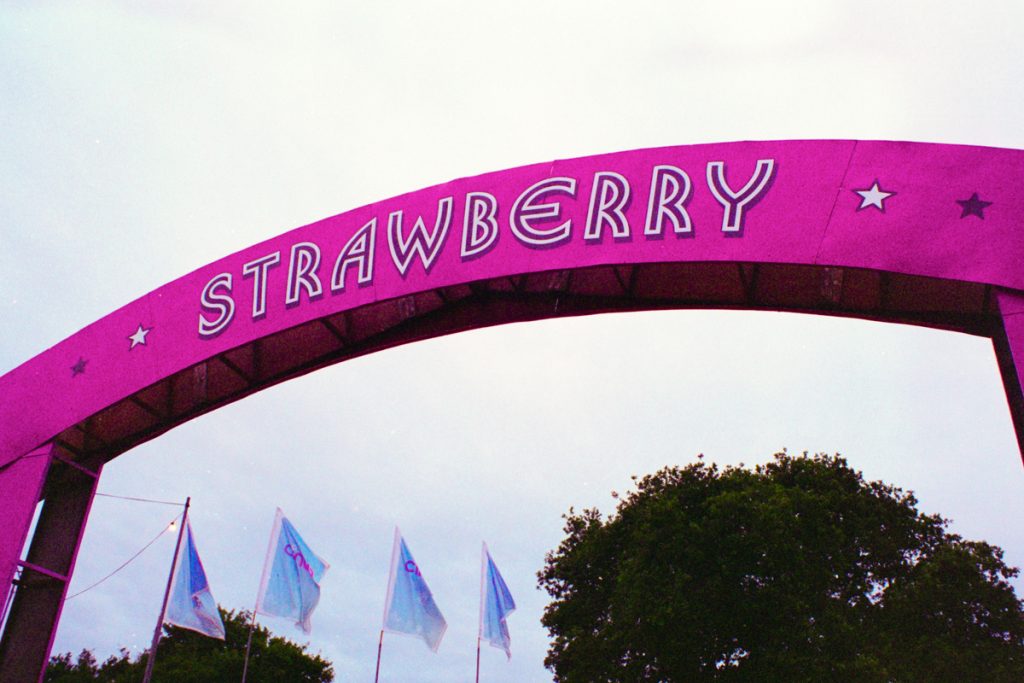
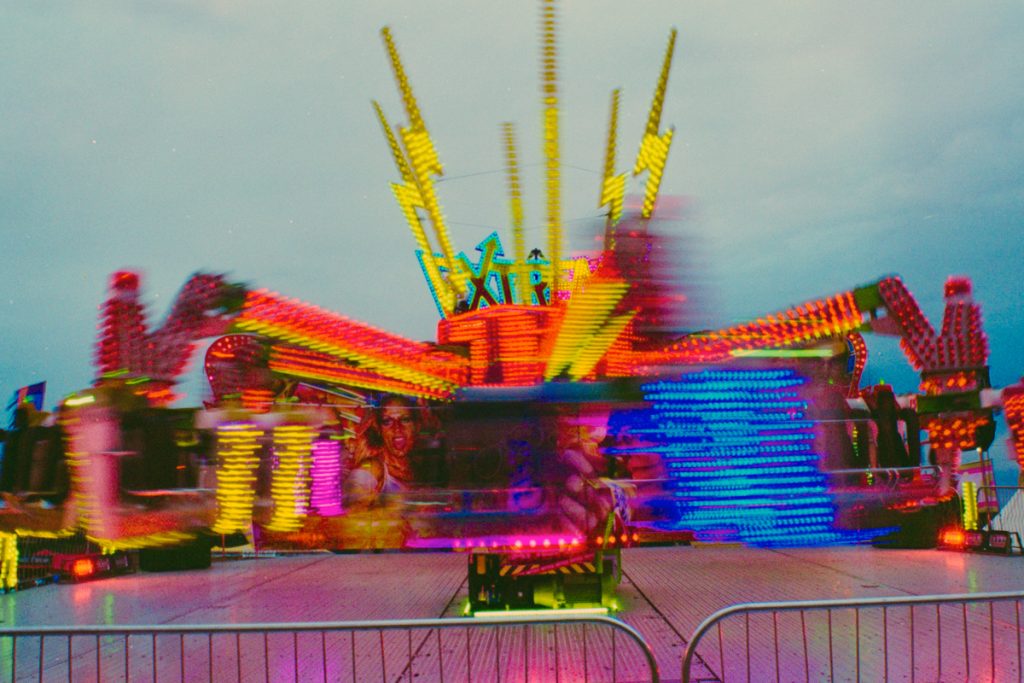
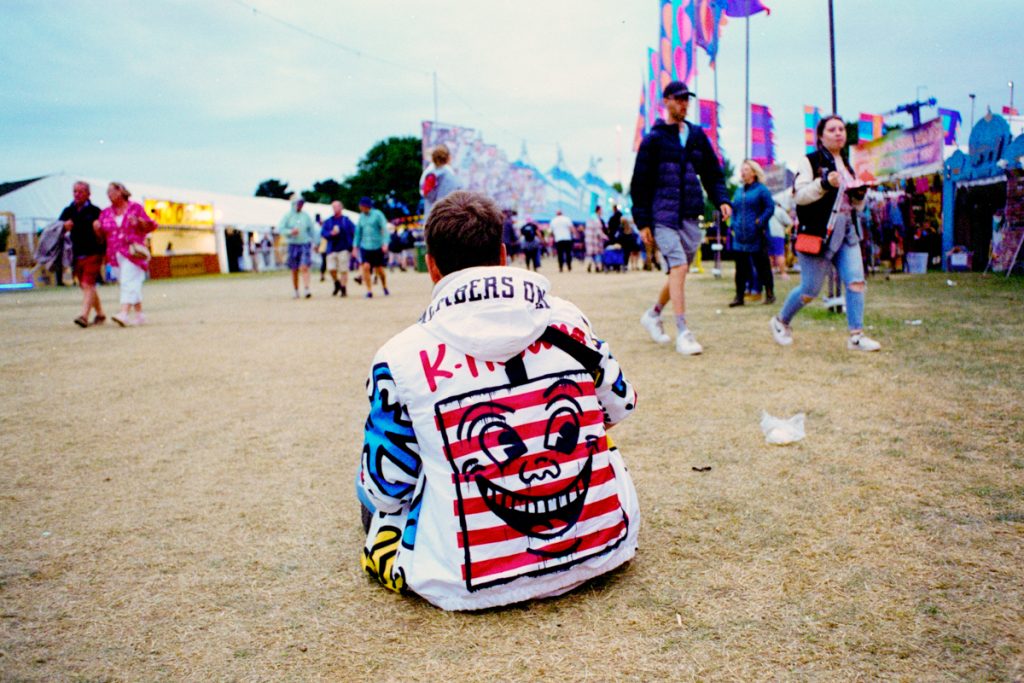
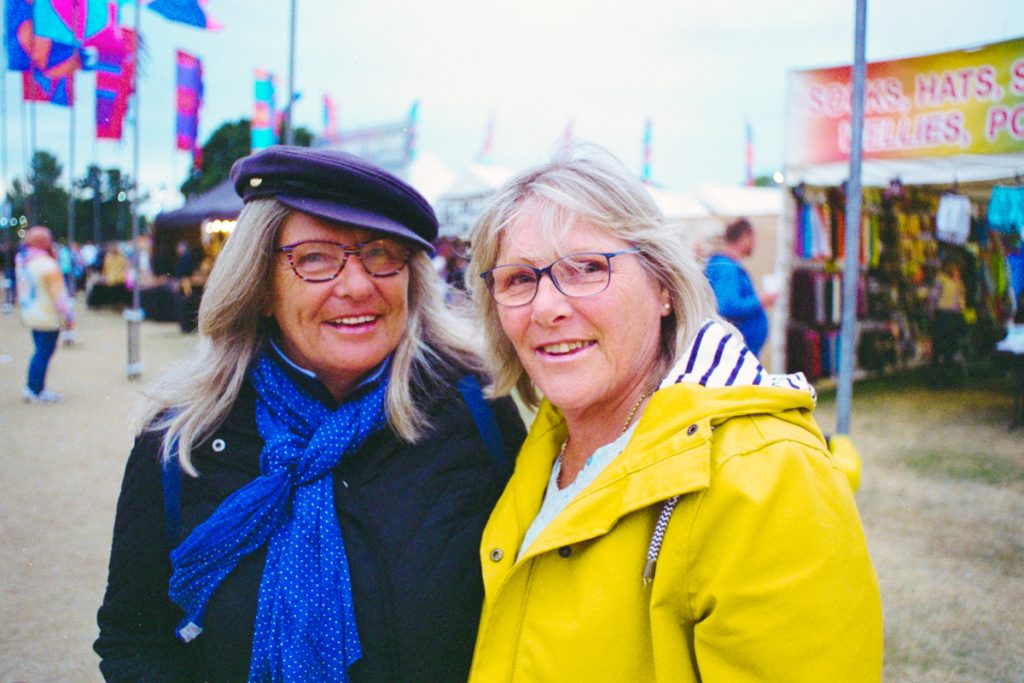
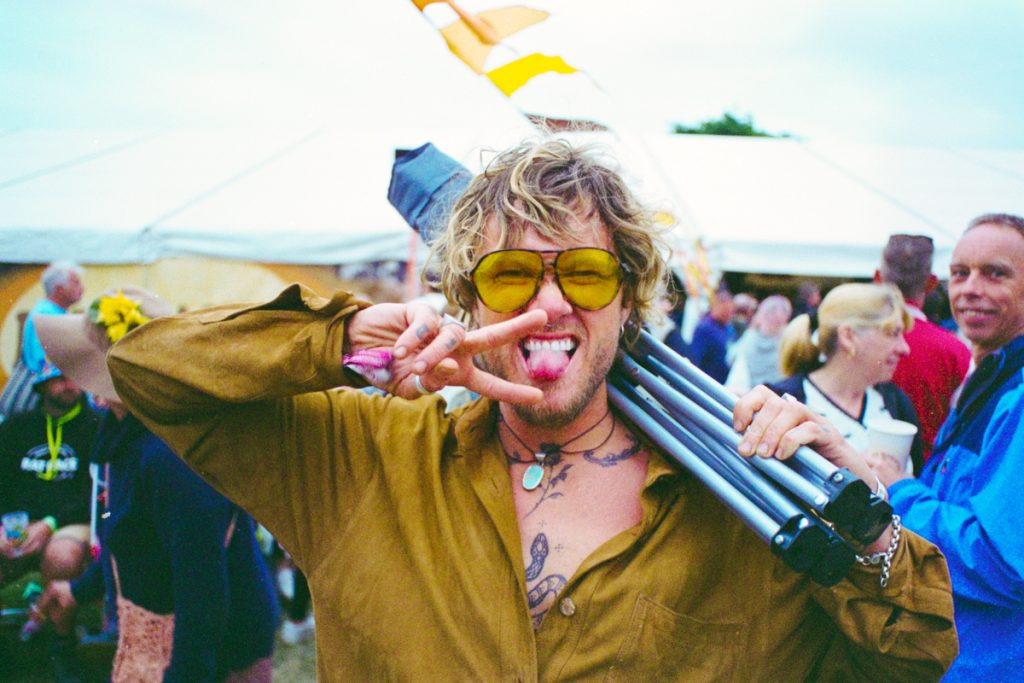
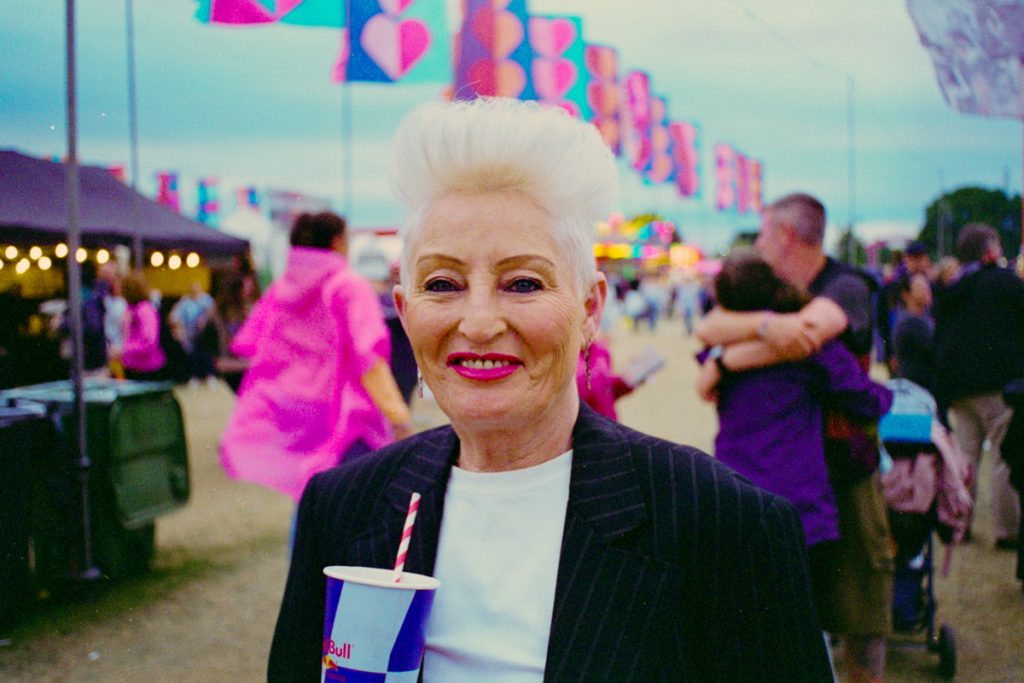
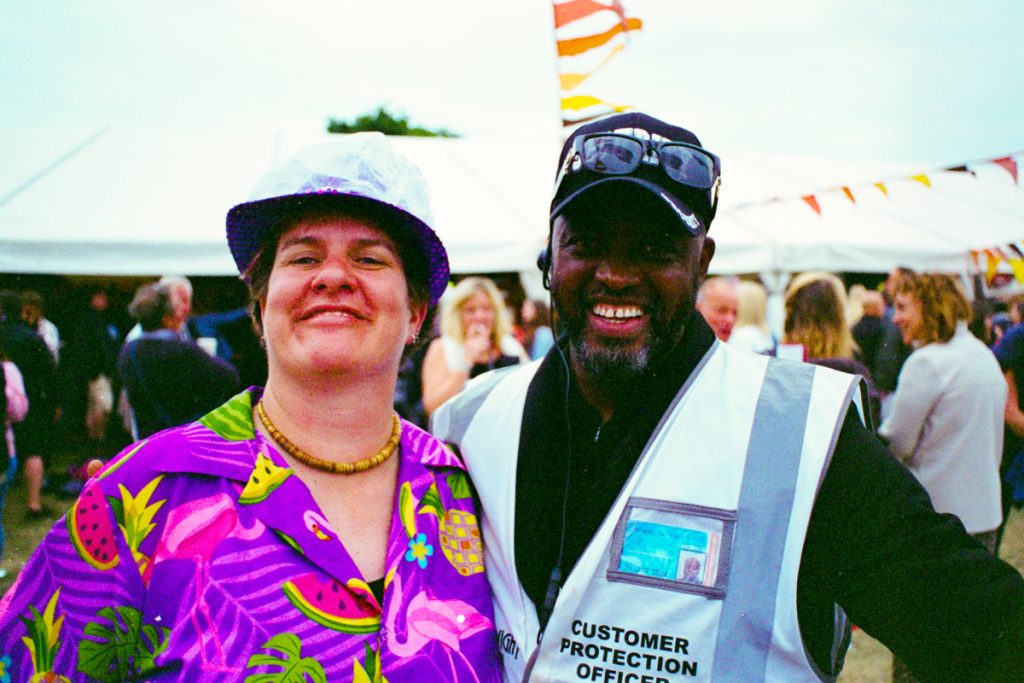
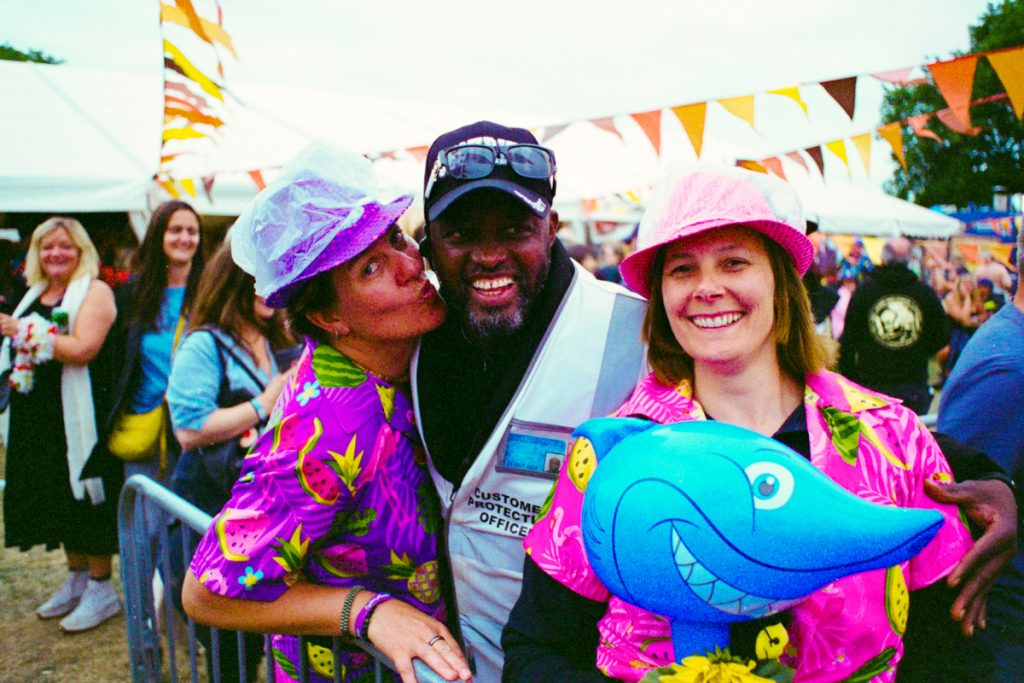
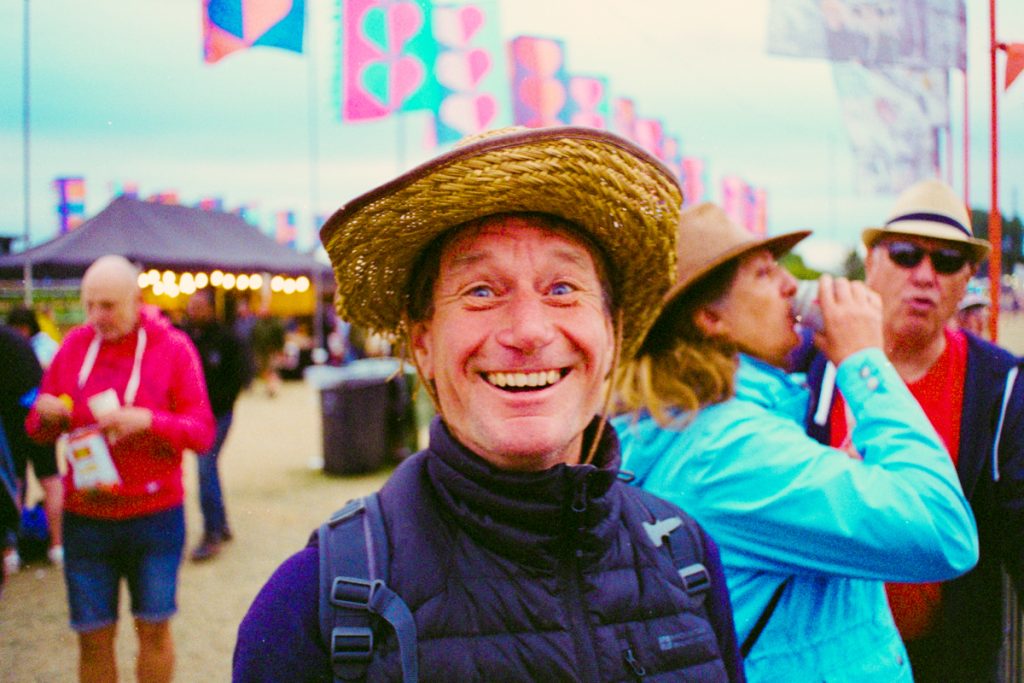
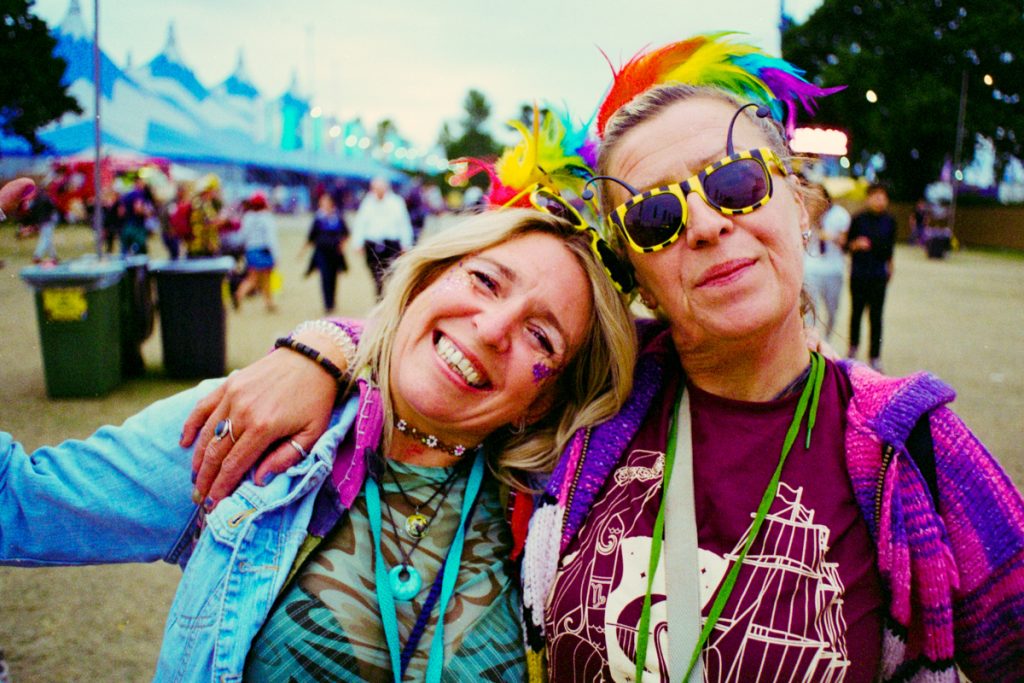
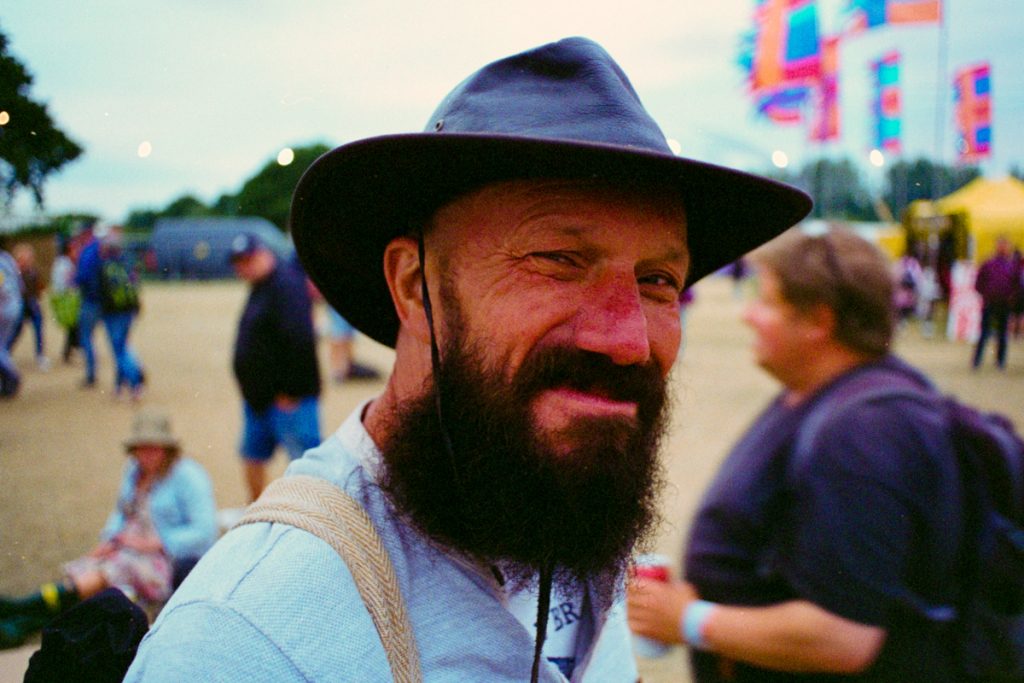
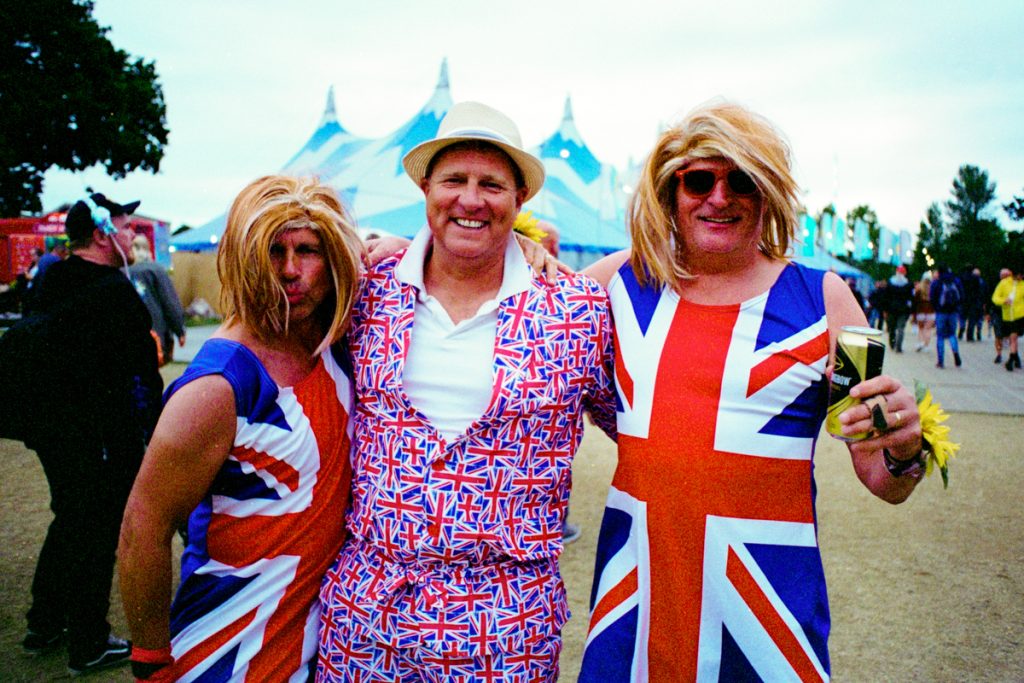
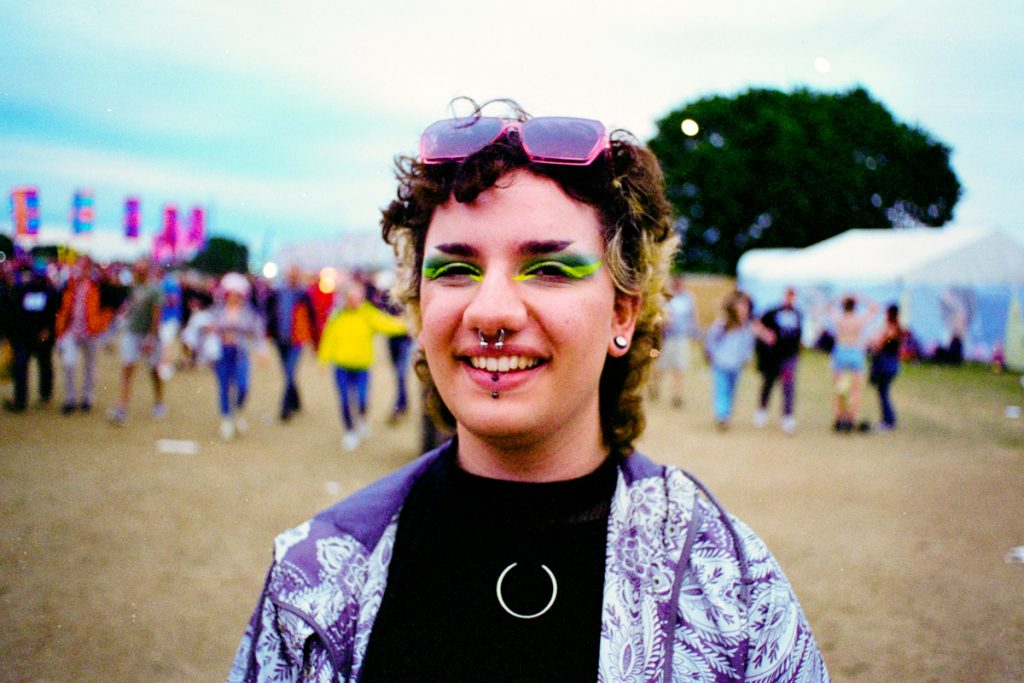
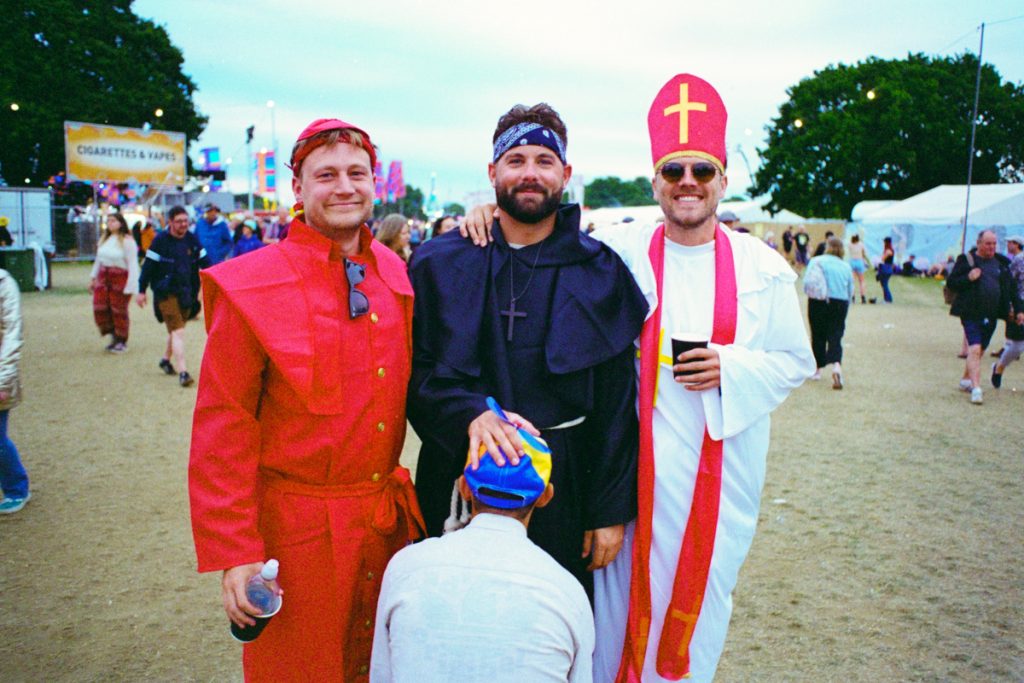
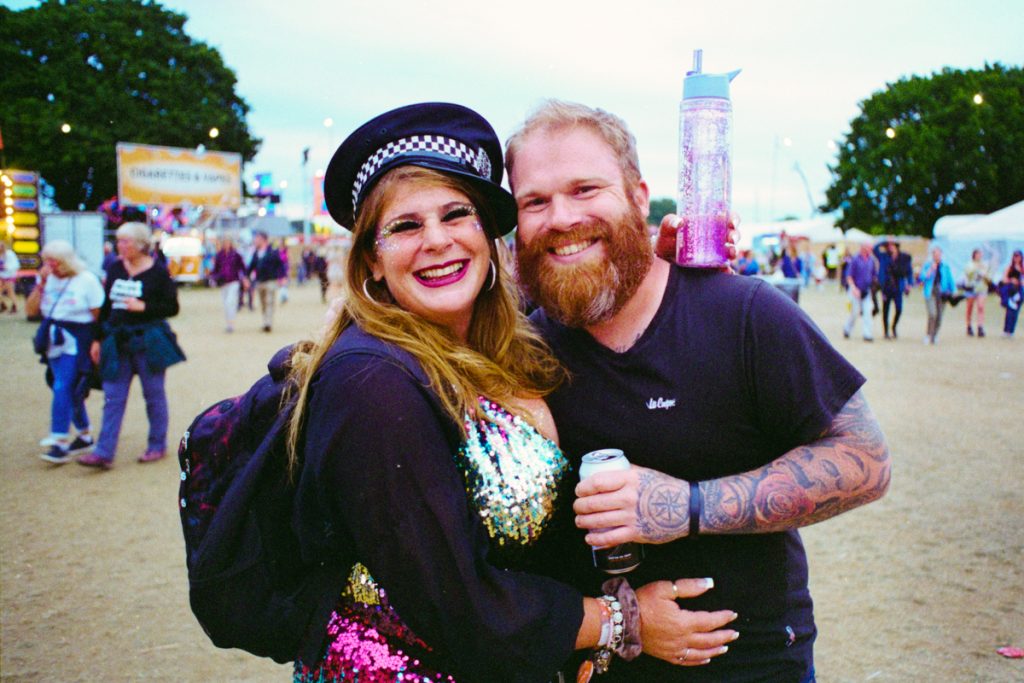
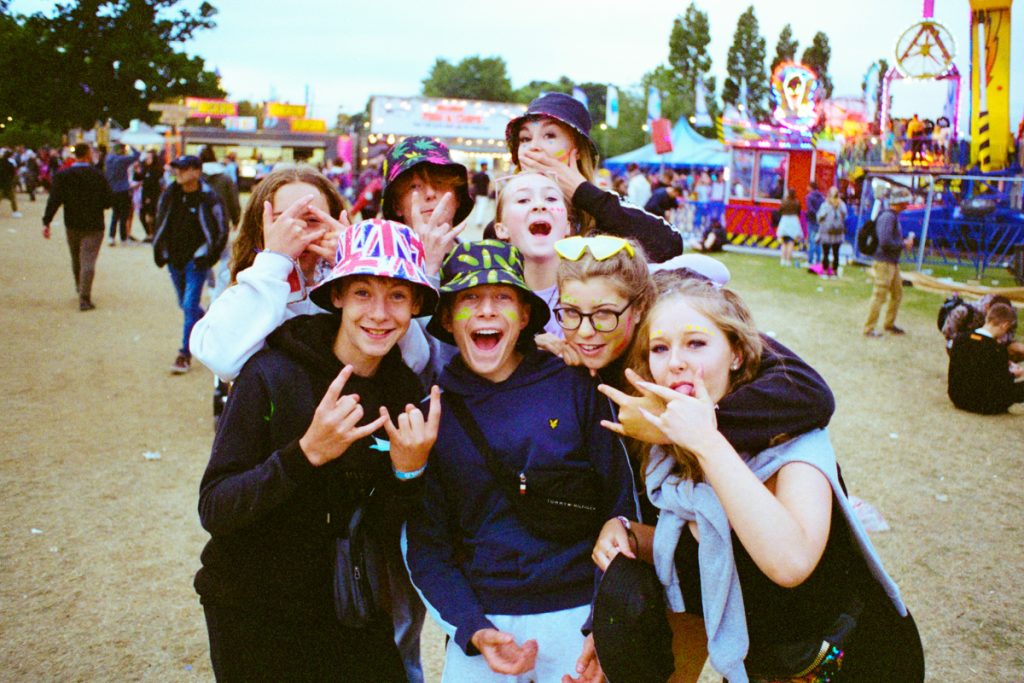
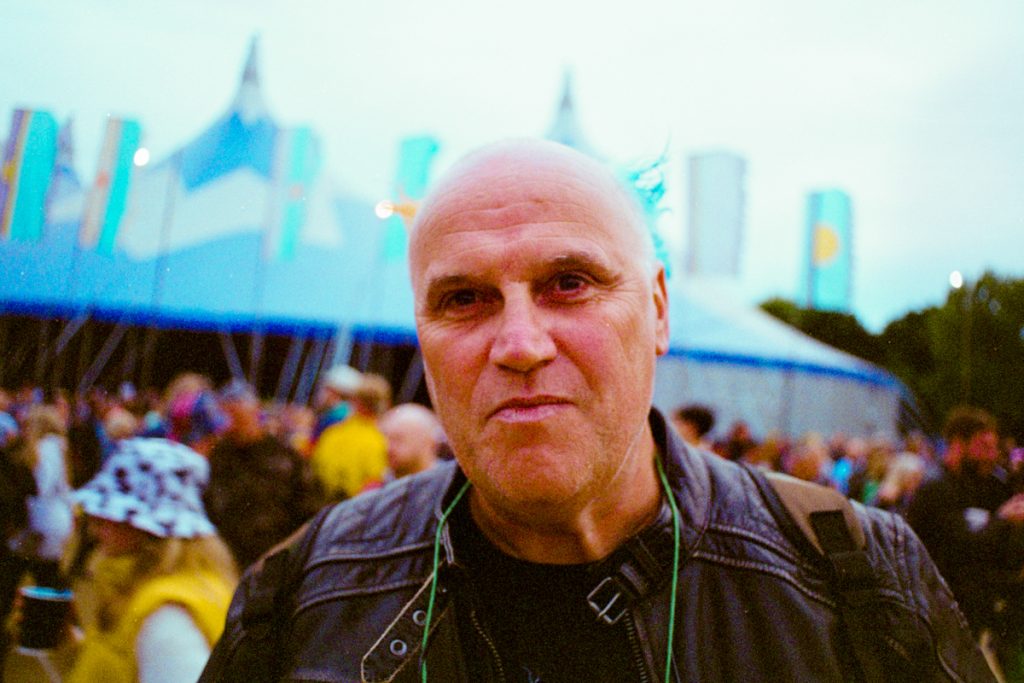
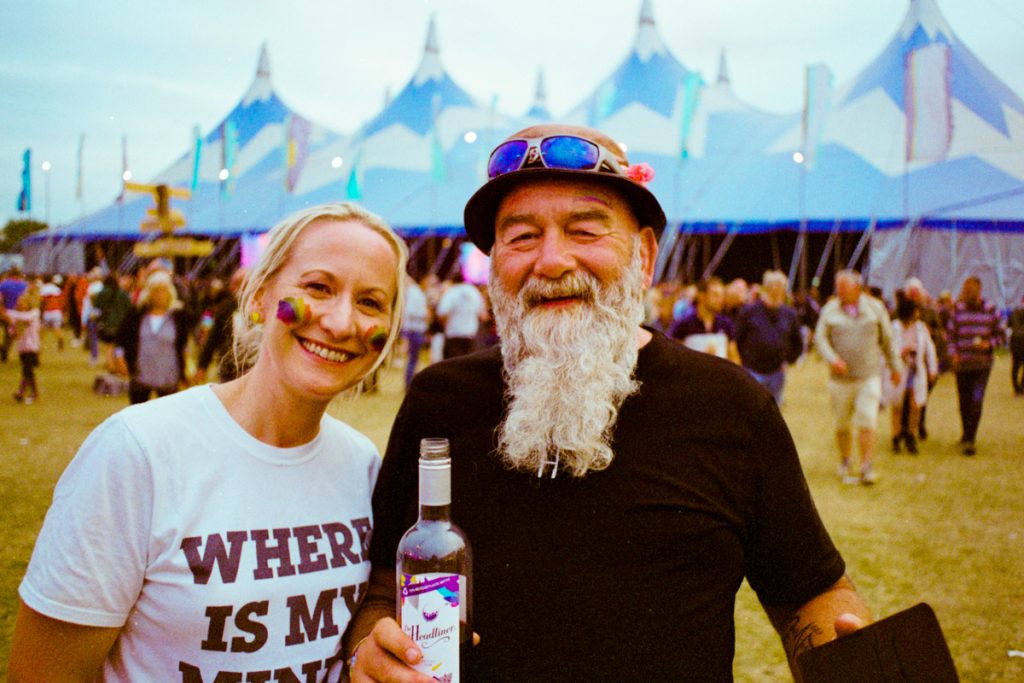
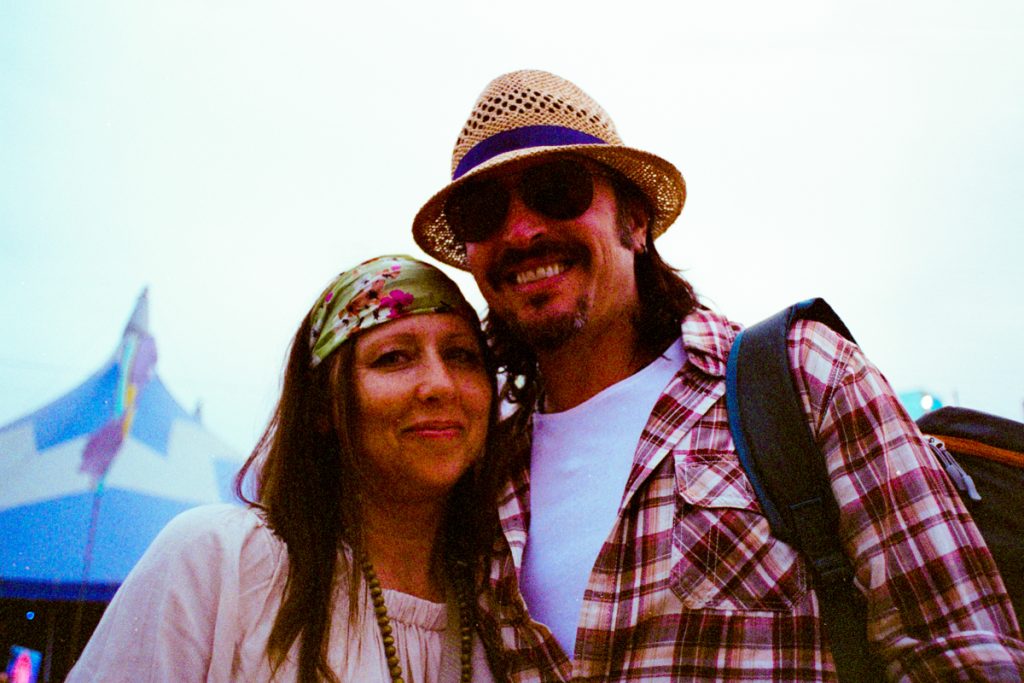
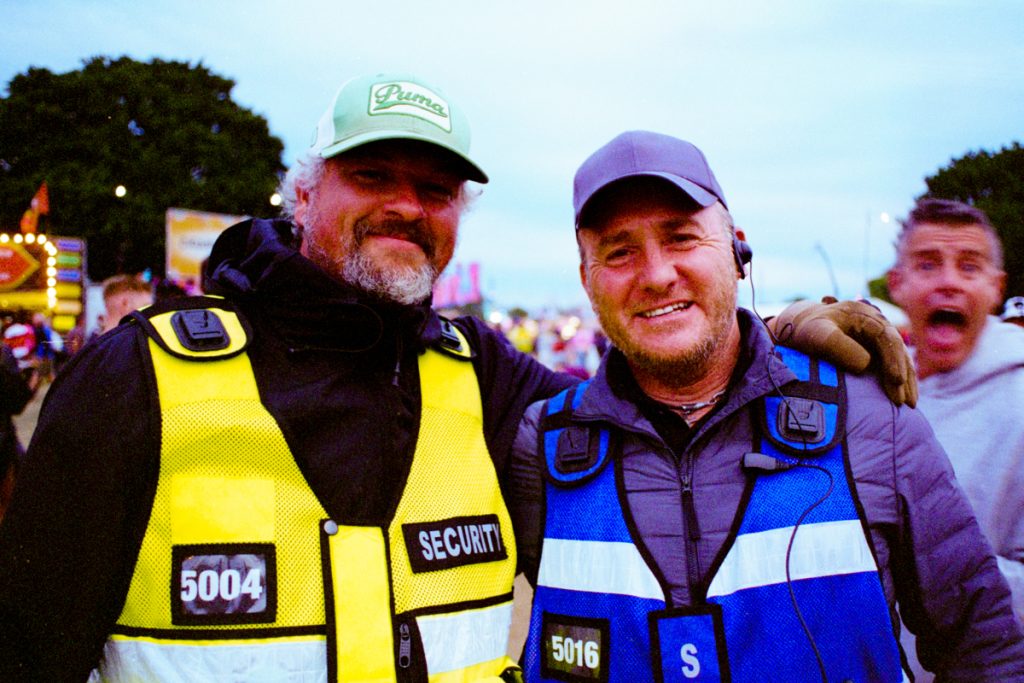
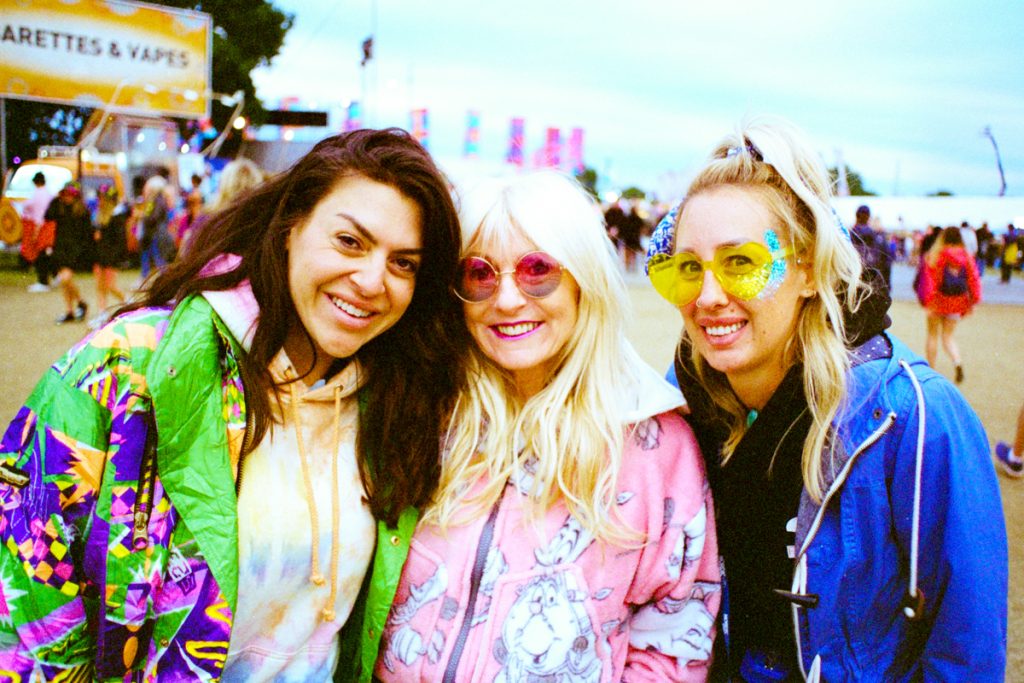
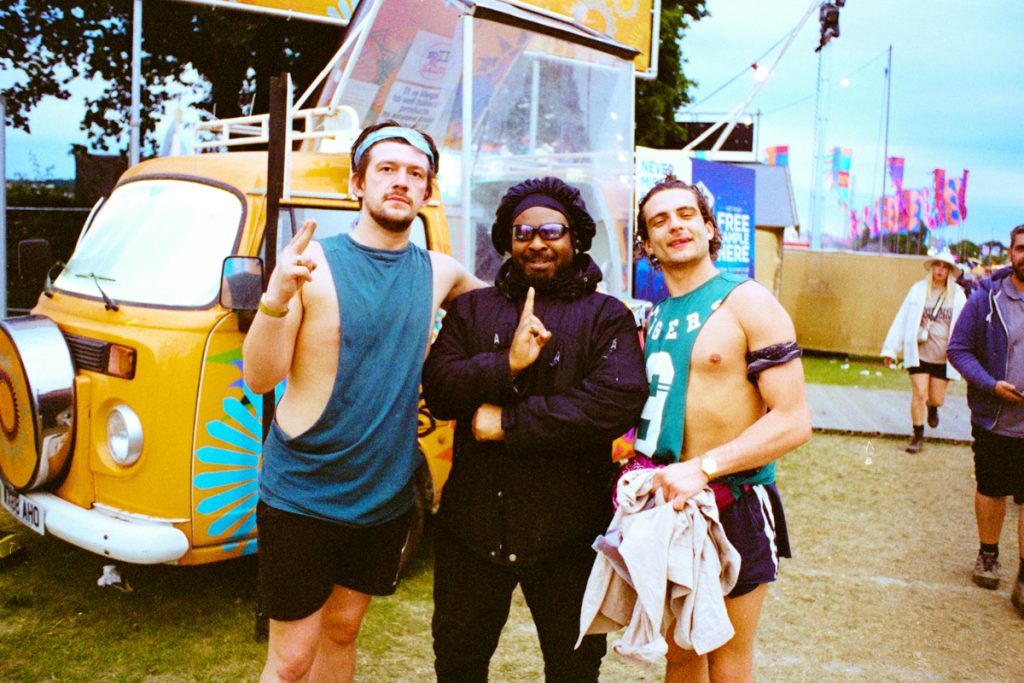
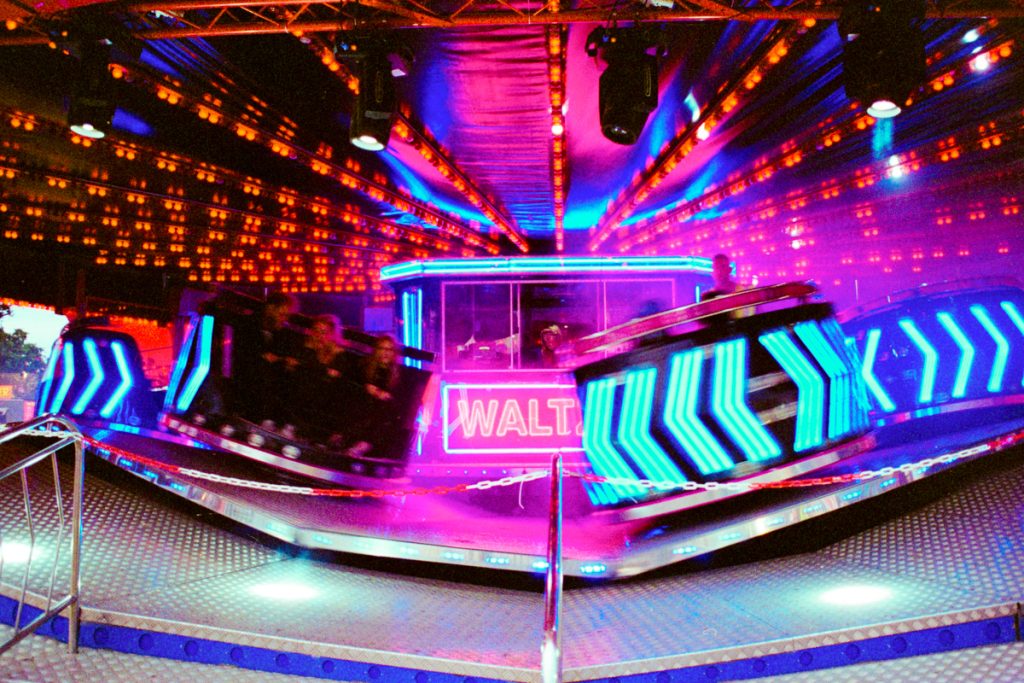

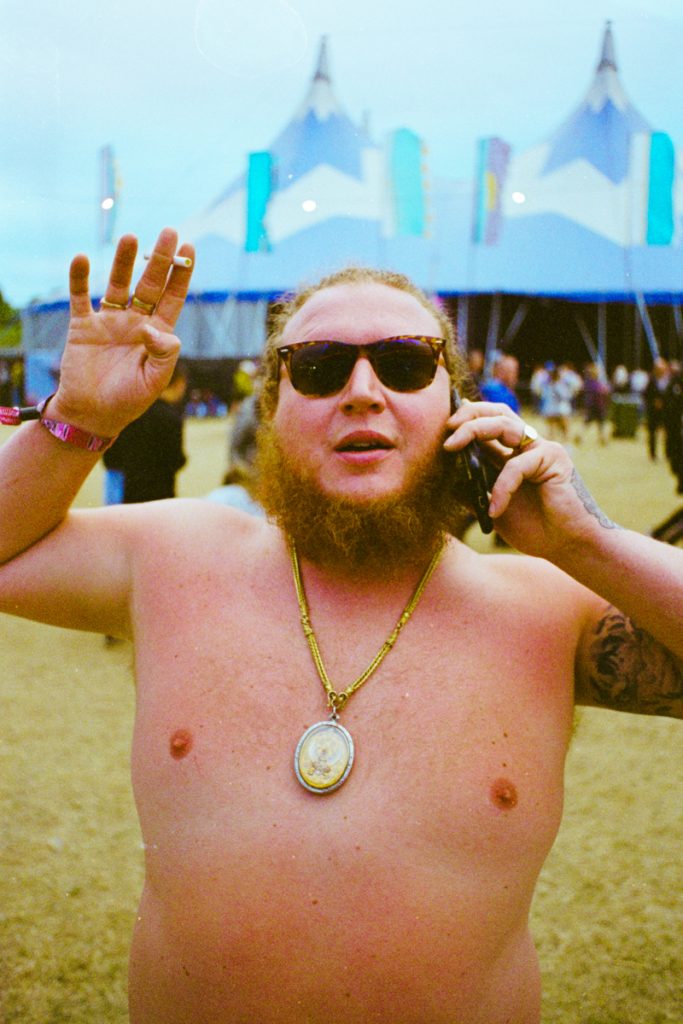
Eastman Kodak Double-X 5222 Motion Picture Film
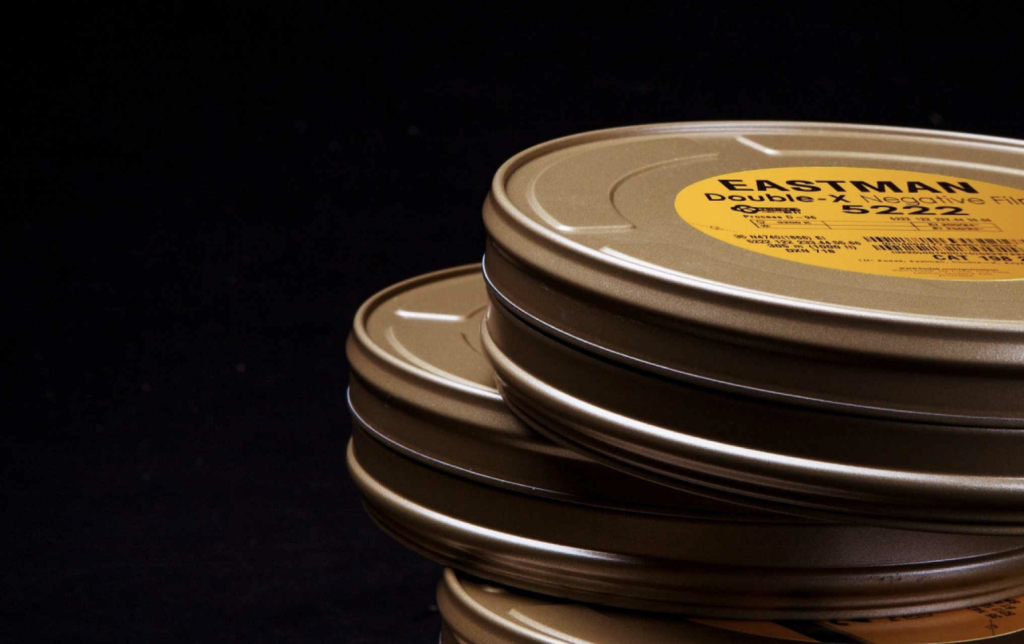
I have been a fan of Black & White Motion Picture film since I started and enjoying ORWO UN54. You know when a film just works!
Recently I shot, not for the first time, Kodak Double-X. A motion Picture Film favoured by Hollywood for Black & White scenes. Films such as Schindlers List, Raging Bull, Casino Royale to name a few. The list goes on.
The film is available from Kodak USA and Canada in 400ft reels but lucky for us film photography nuts there are a few companies spooling this in 35mm cassettes and also 120.
Here is my recent video on the film.
In this video I shot Film Photography Projects X2 and also Cinestill BWXX in 120.
Kodak suggest D96 for development but I don’t have any so I used XTOL for my films.
I shot a roll of 35mm in the Leica MP around town and developed the film in XTOL Stock for 7 minutes. It was a bright sunny day so I was anticipating a contrasty negative. Thats down to me to control if I wanted to by dropping a minute or two off the development but I decided to develop for 7 minutes.
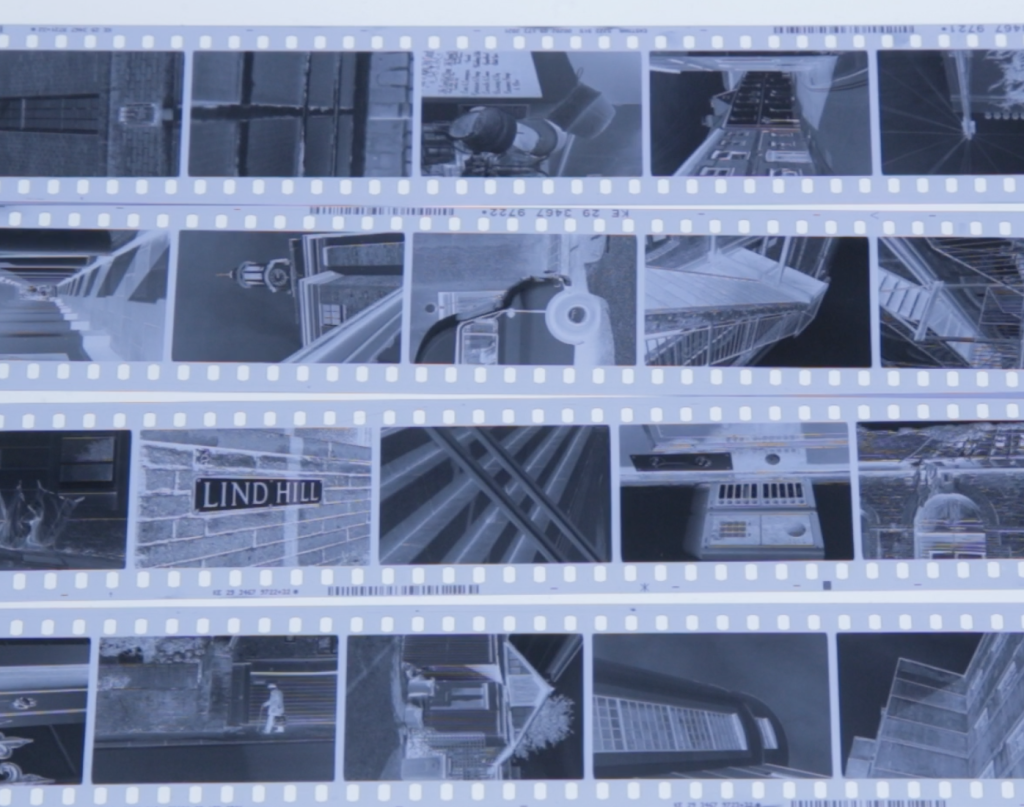
Here are the photographs scanned. I definitely should have knocked a minute or so off the development time! Or gone for a weaker dilution of say 1:1 or 1:2.
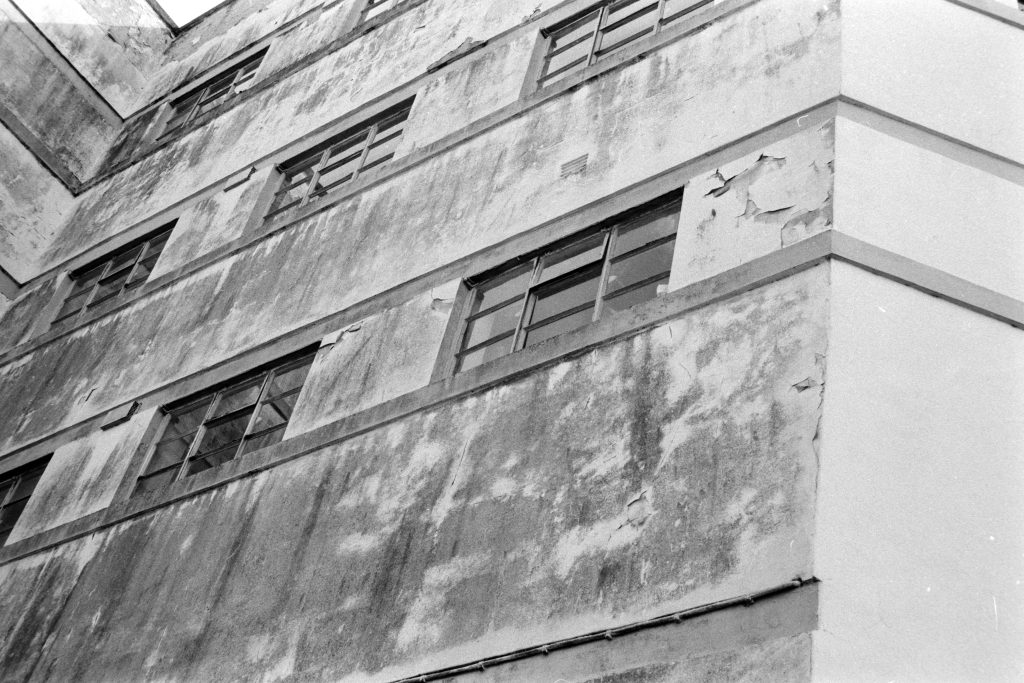
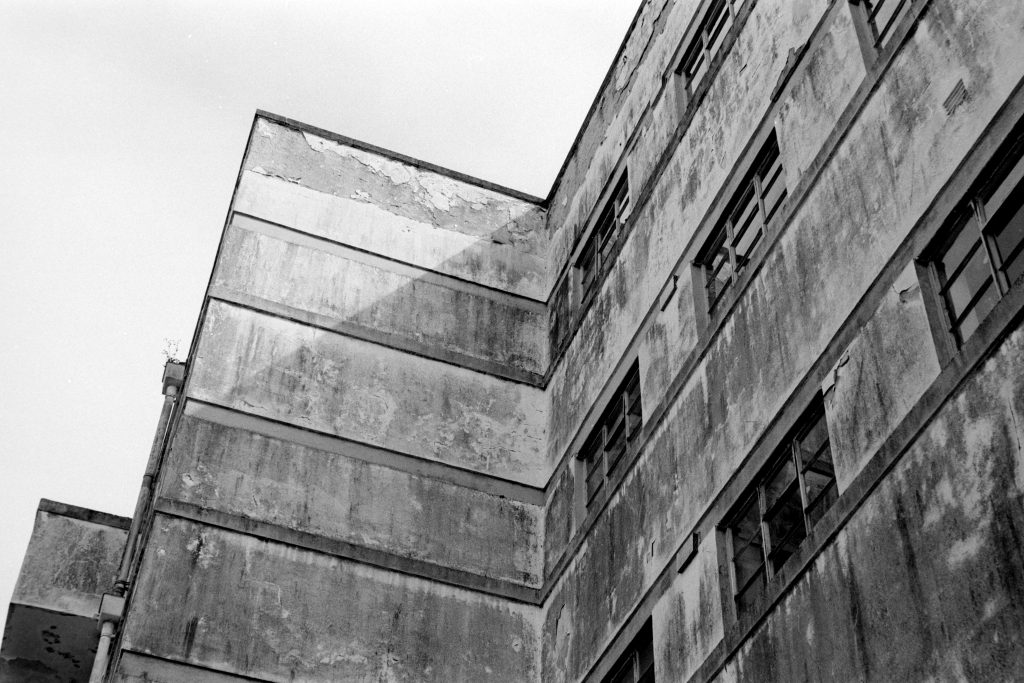
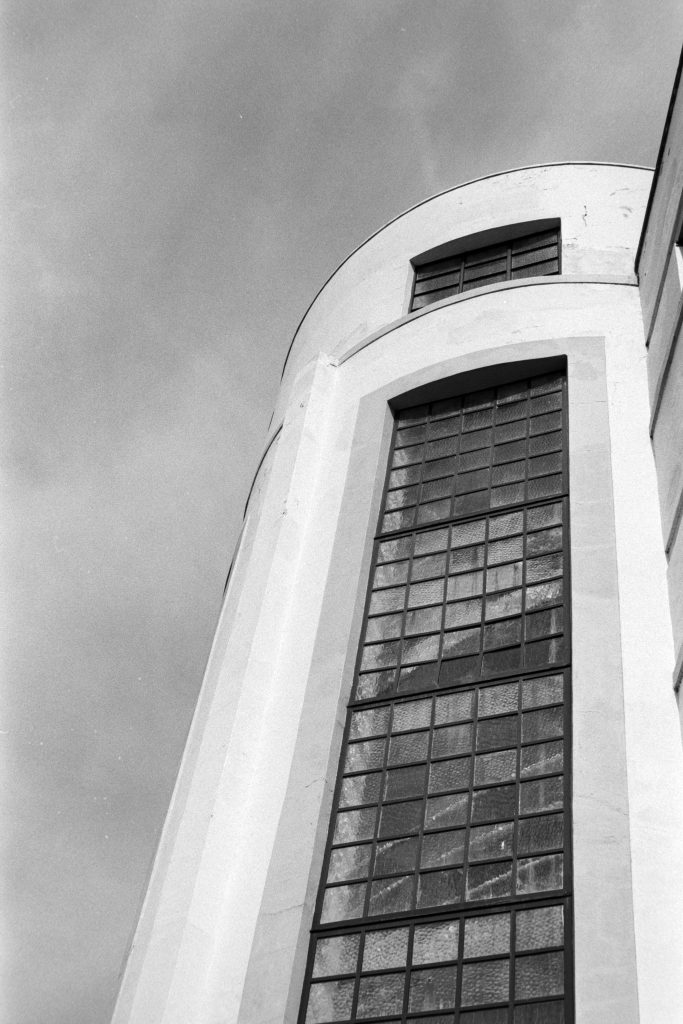
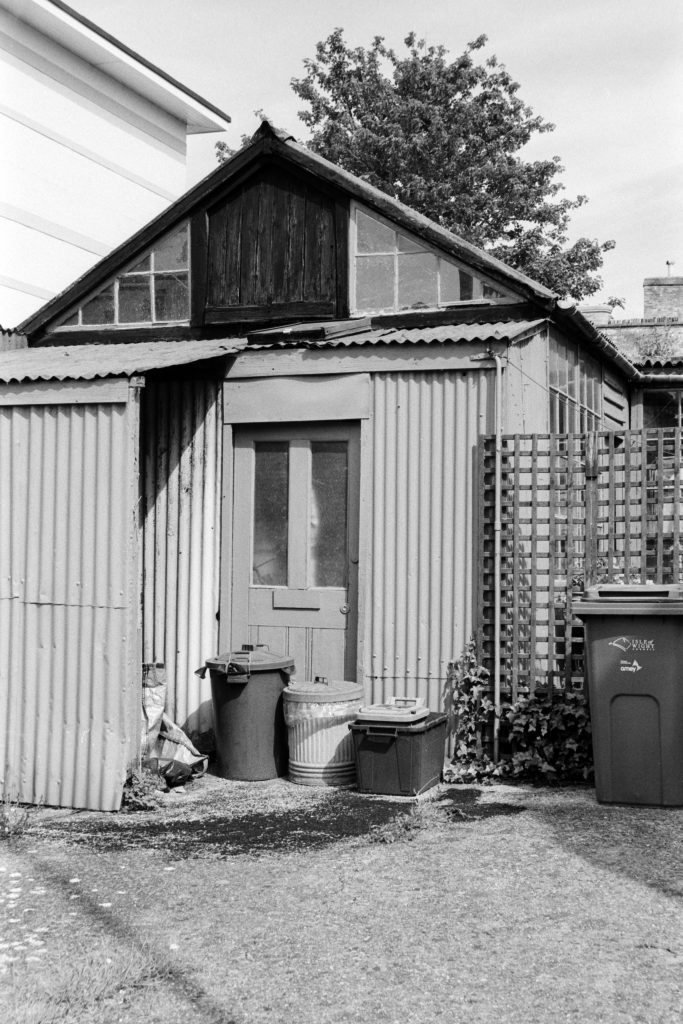
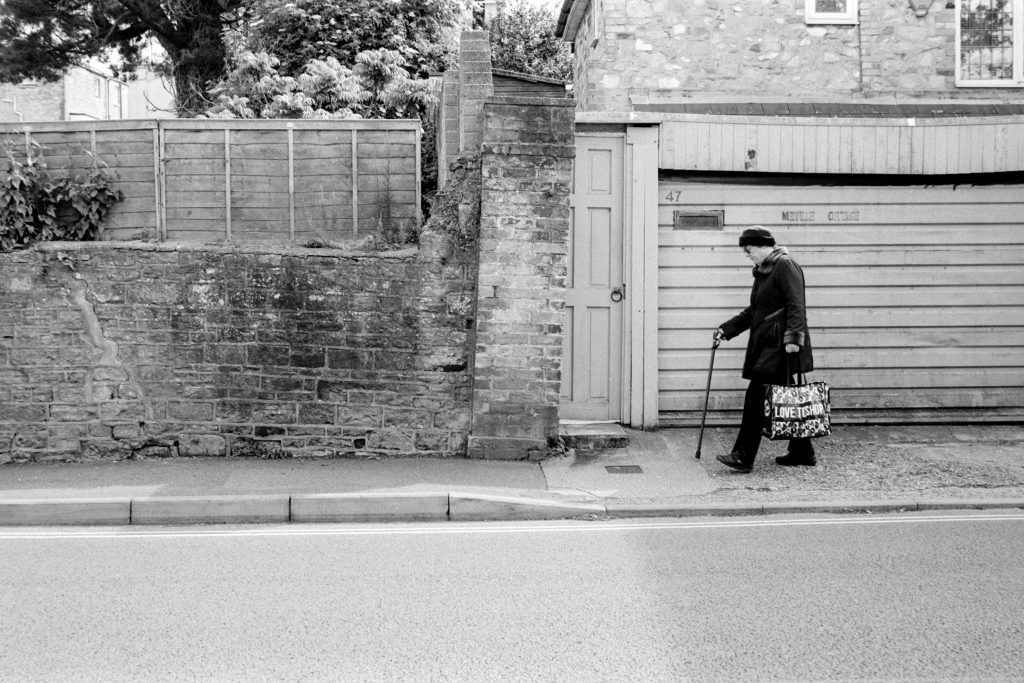
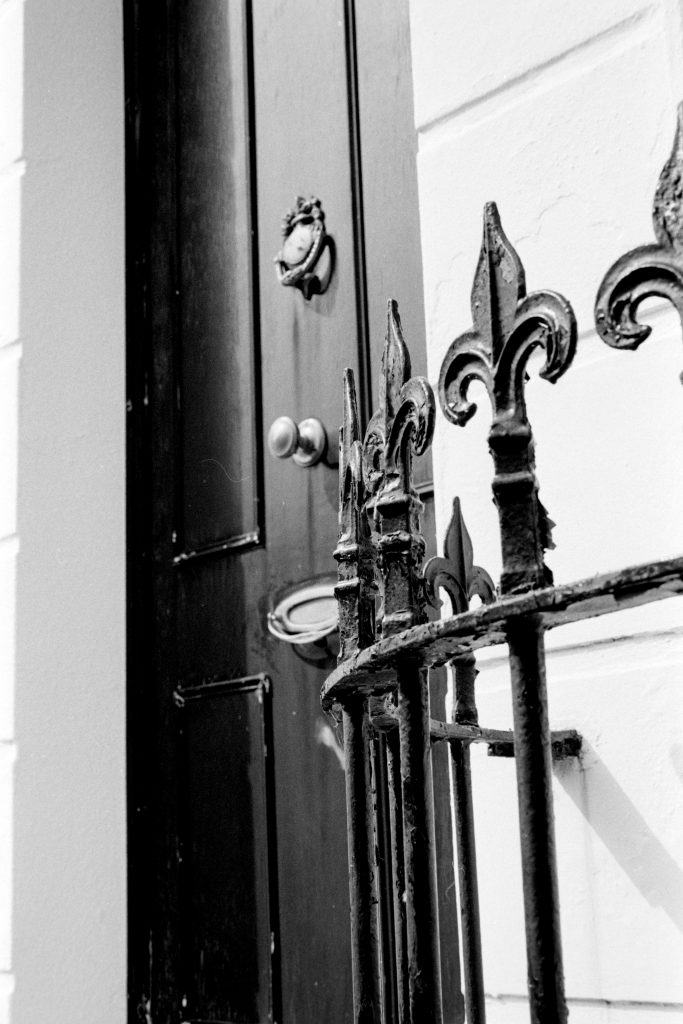
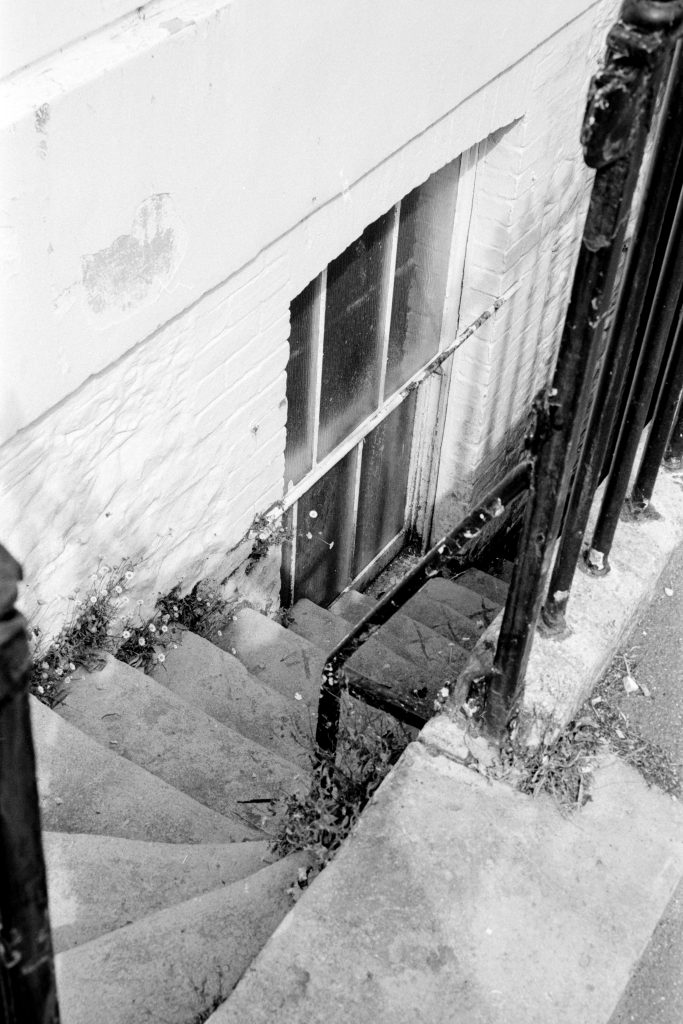
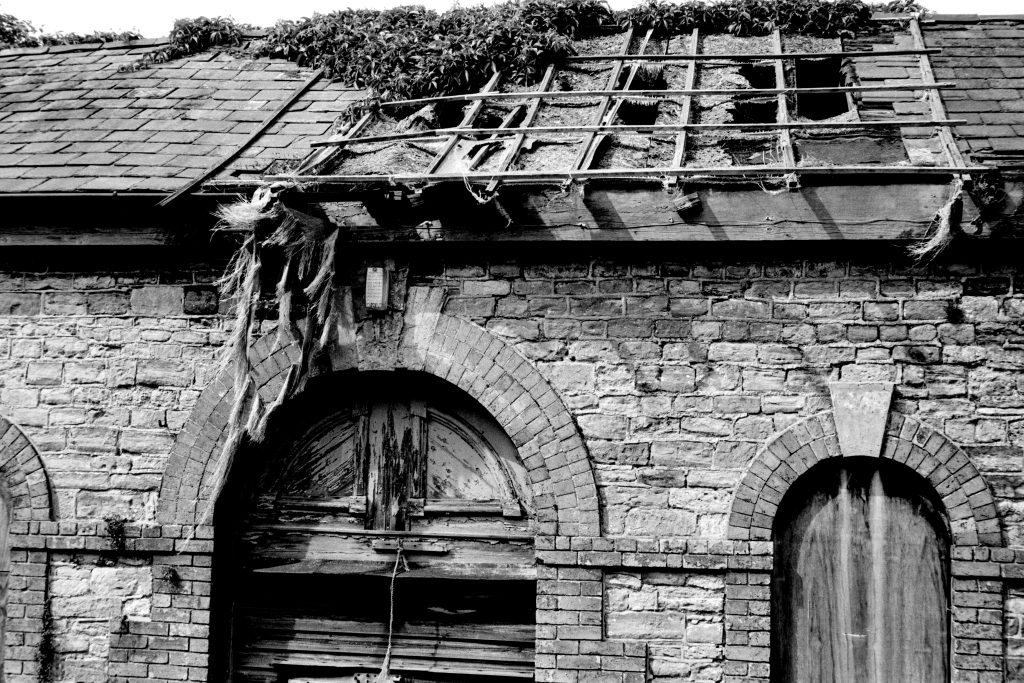
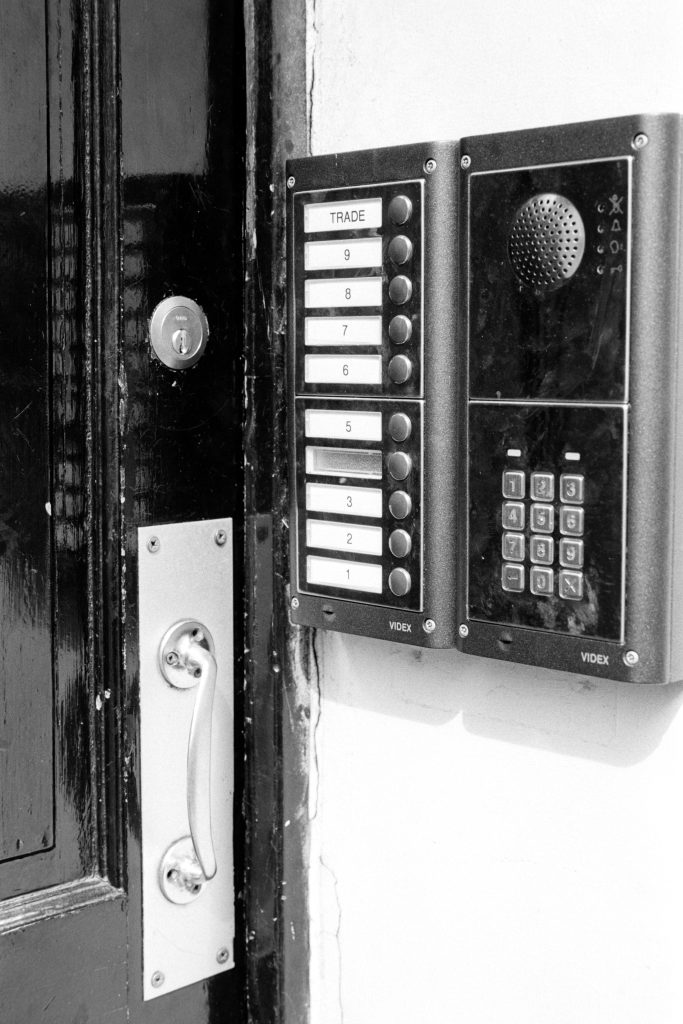
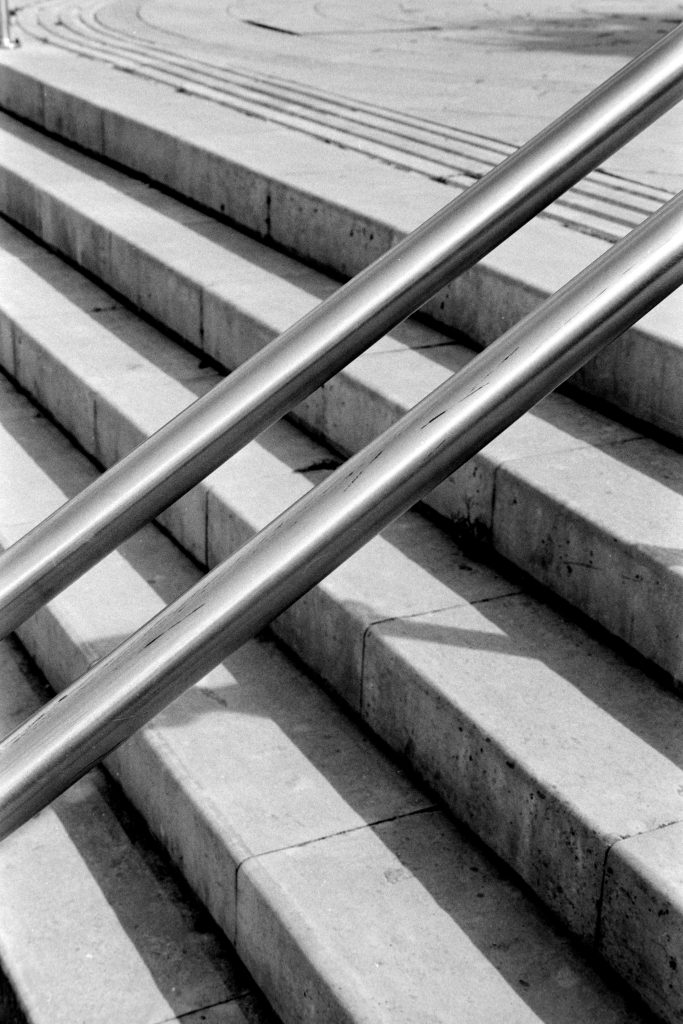
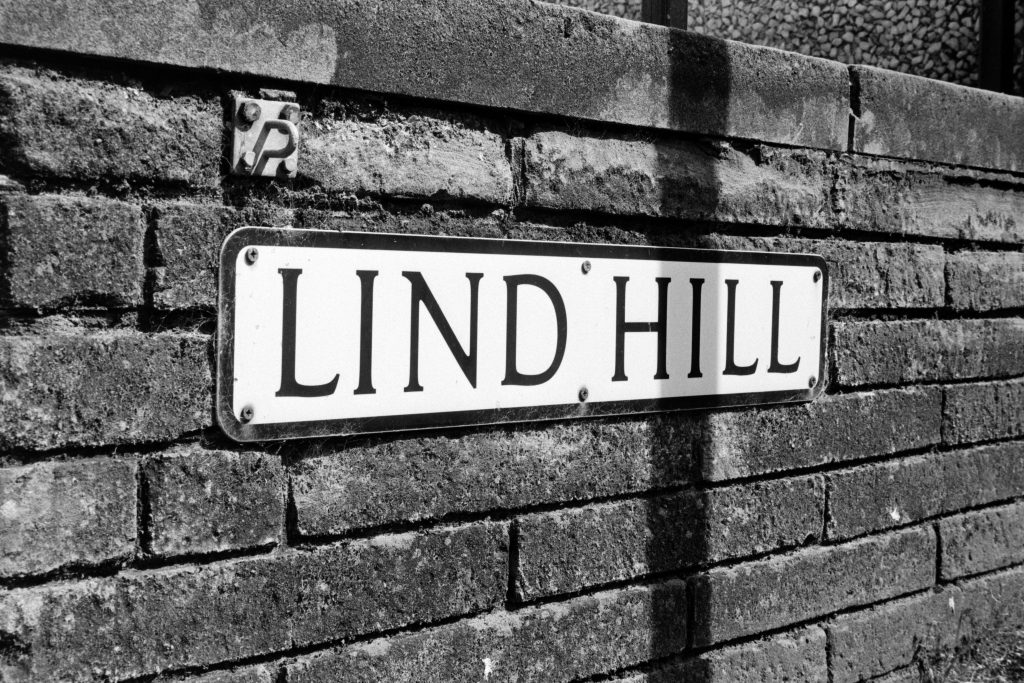
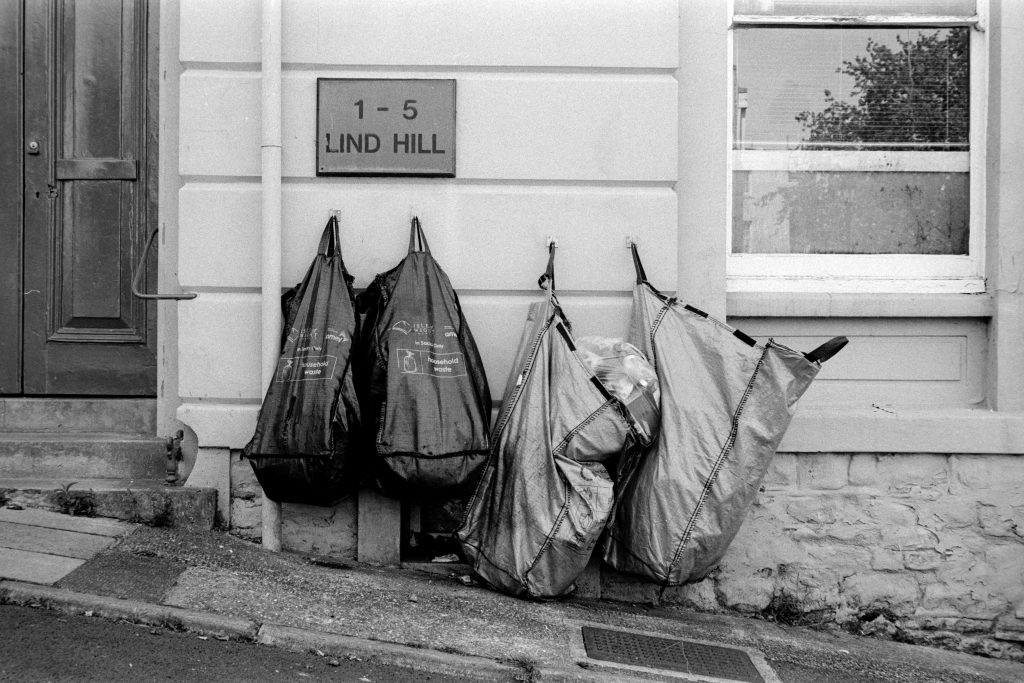
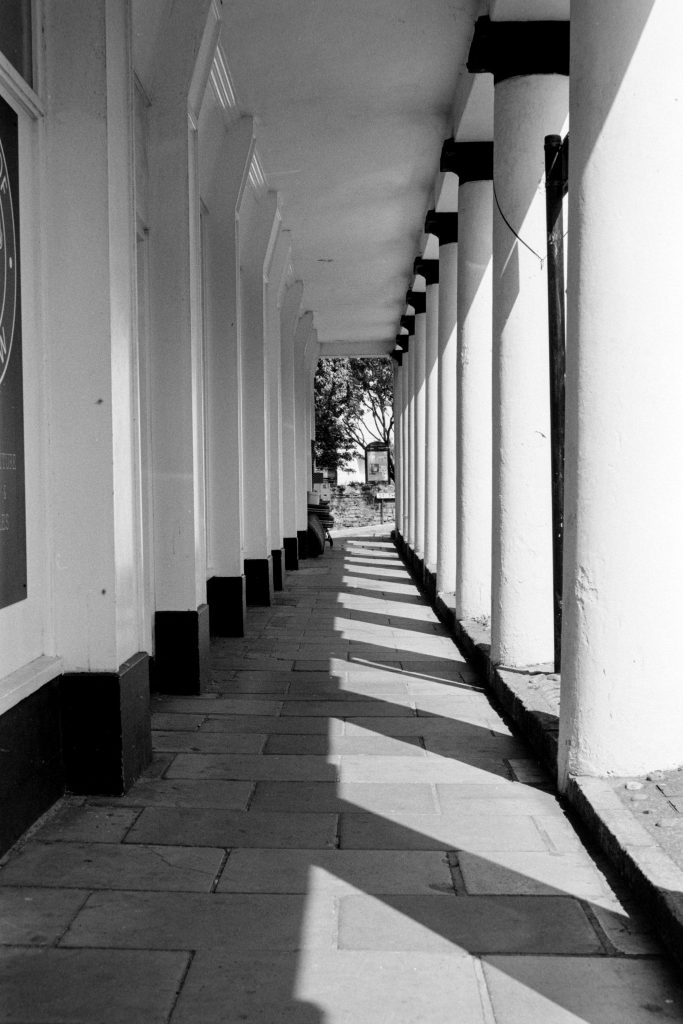
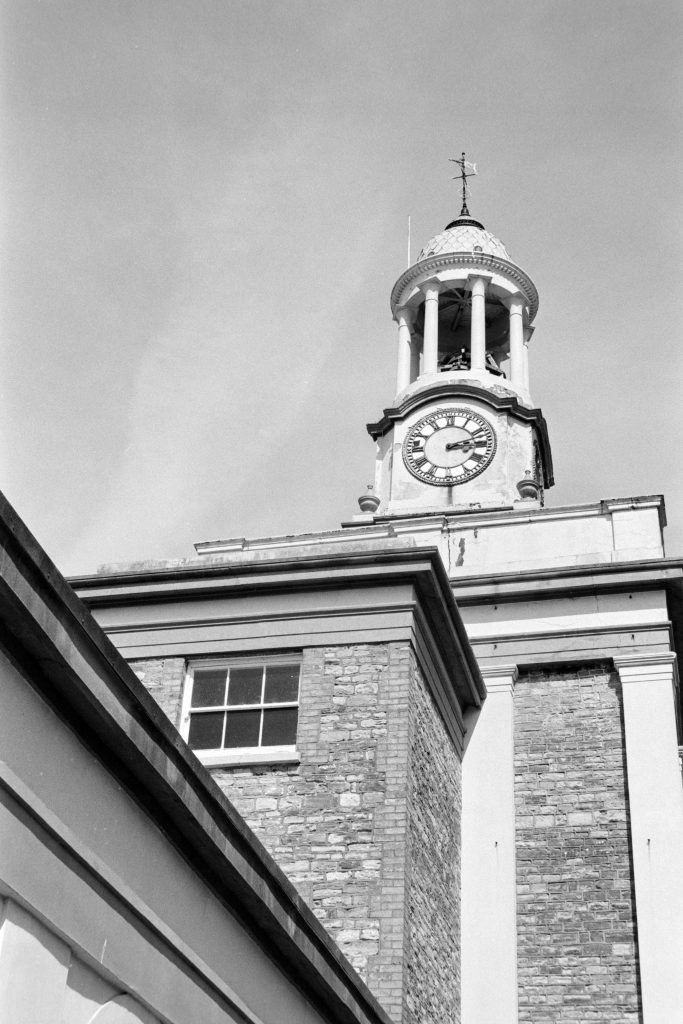
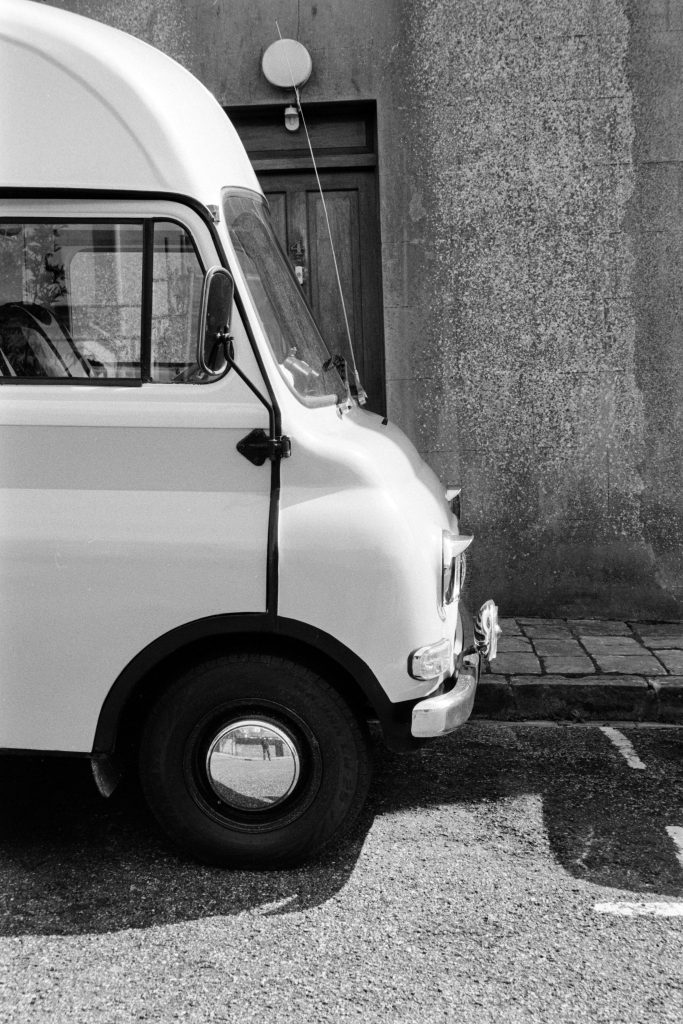
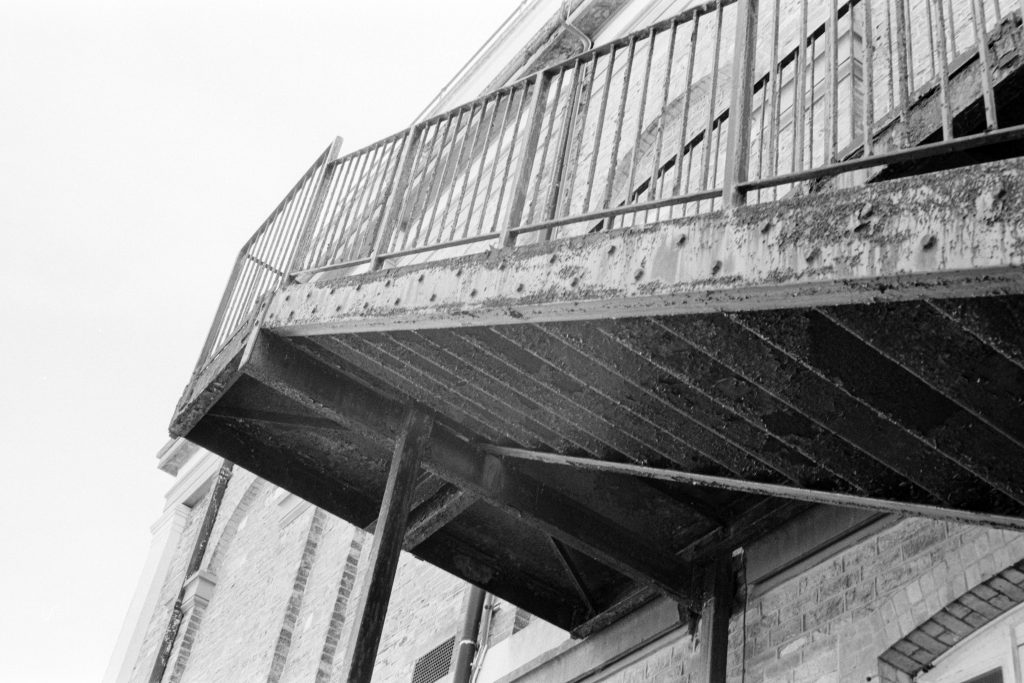
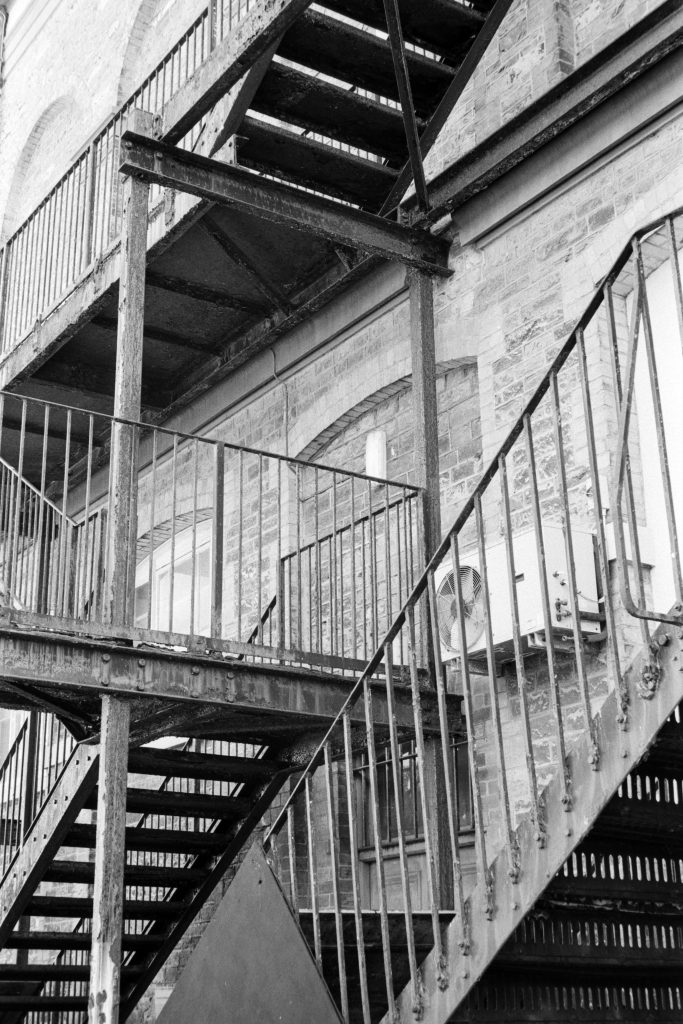
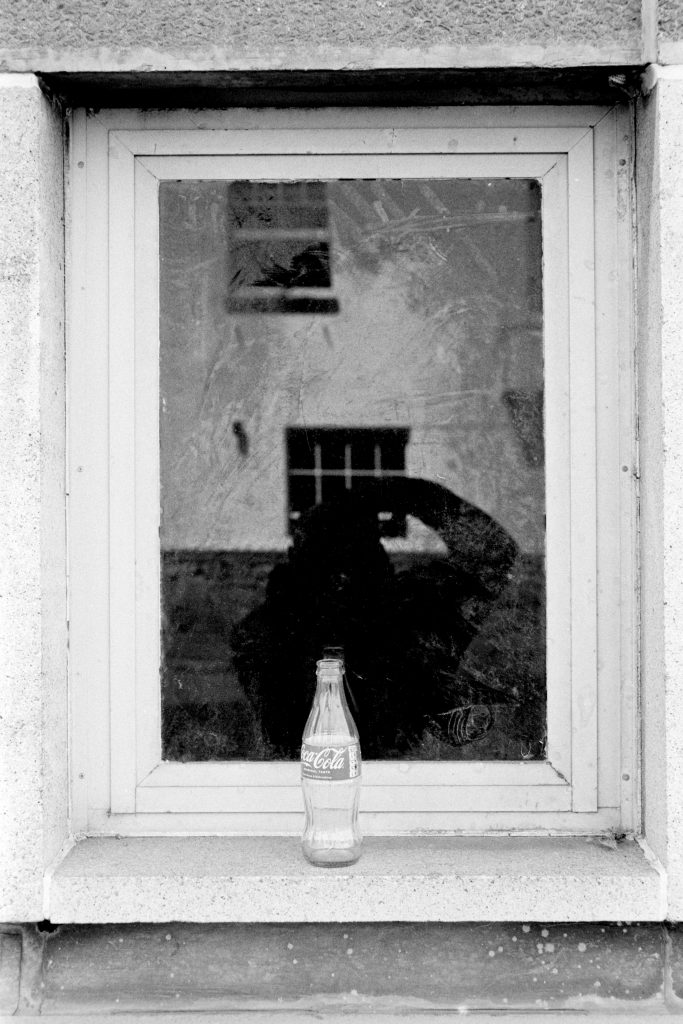
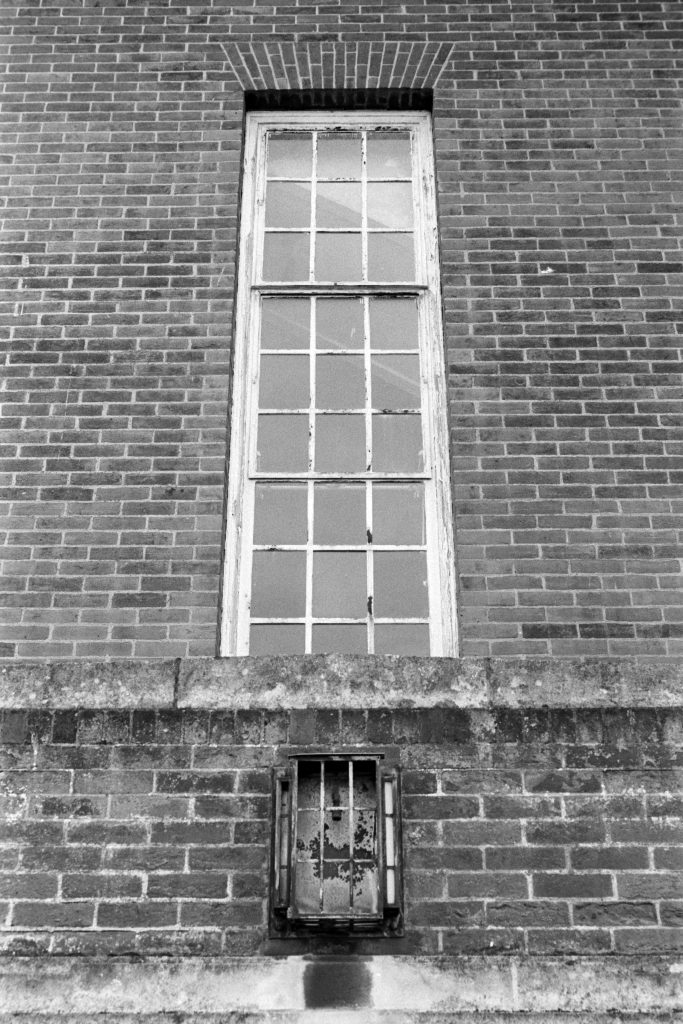
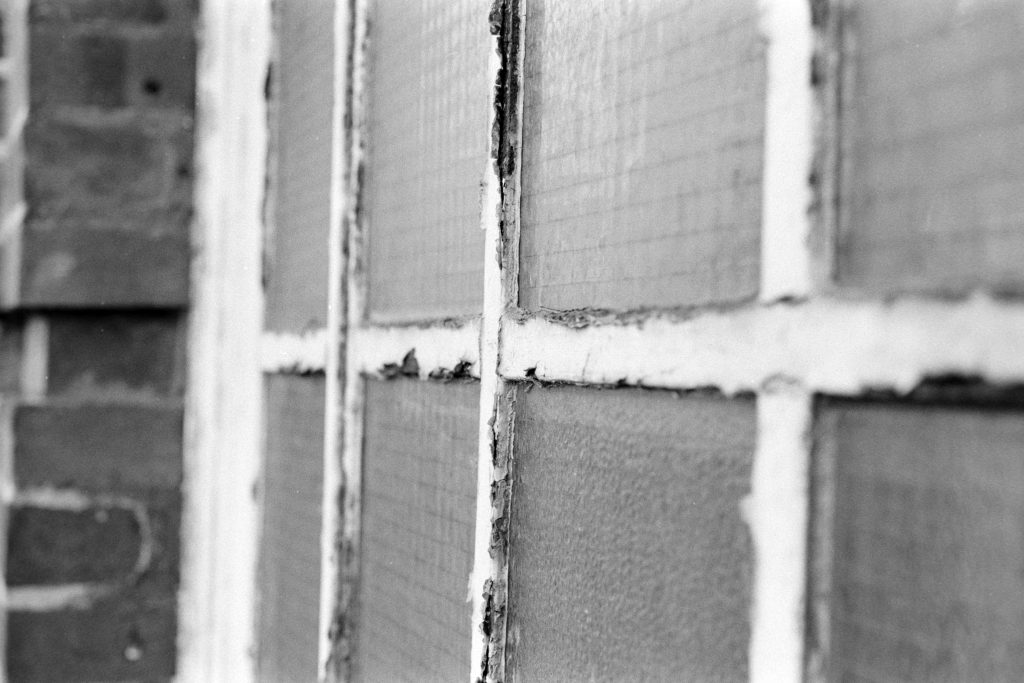
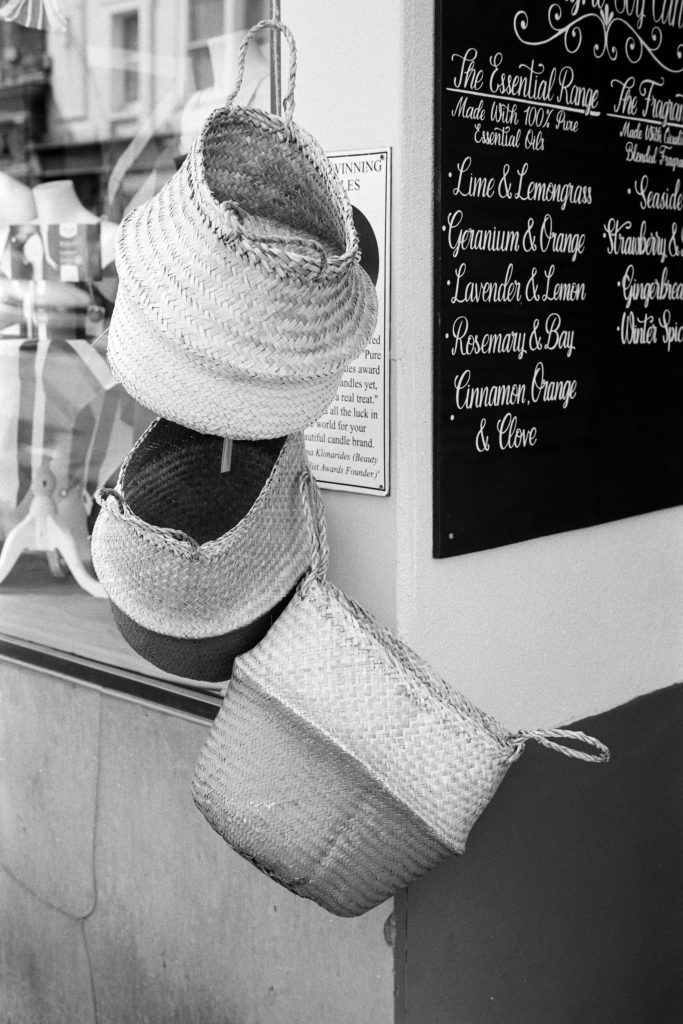
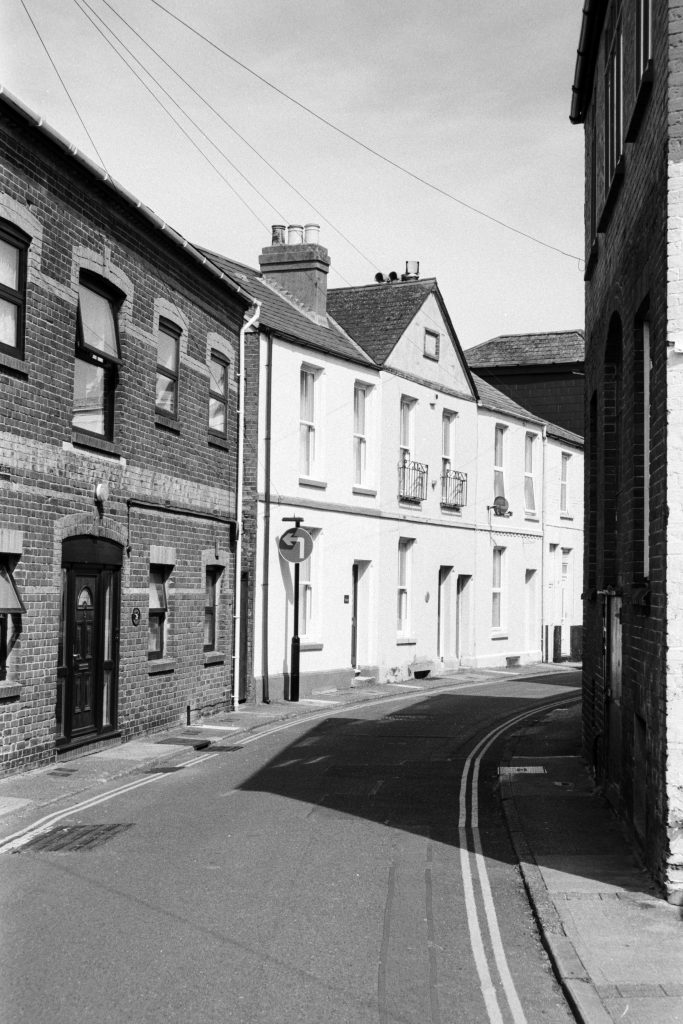
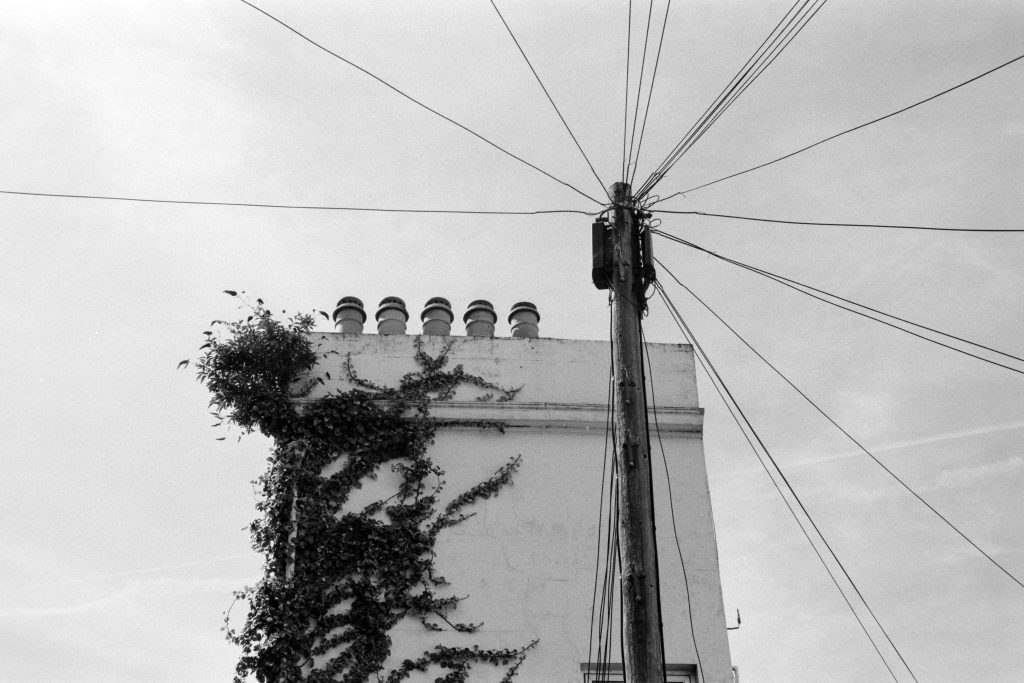
I then used the Yashica Mat124G medium format camera for a few portraits using Cinestill BWXX.
For the lighting I used natural window light and had my Wife holding a reflector to bounce some light back into the girls.
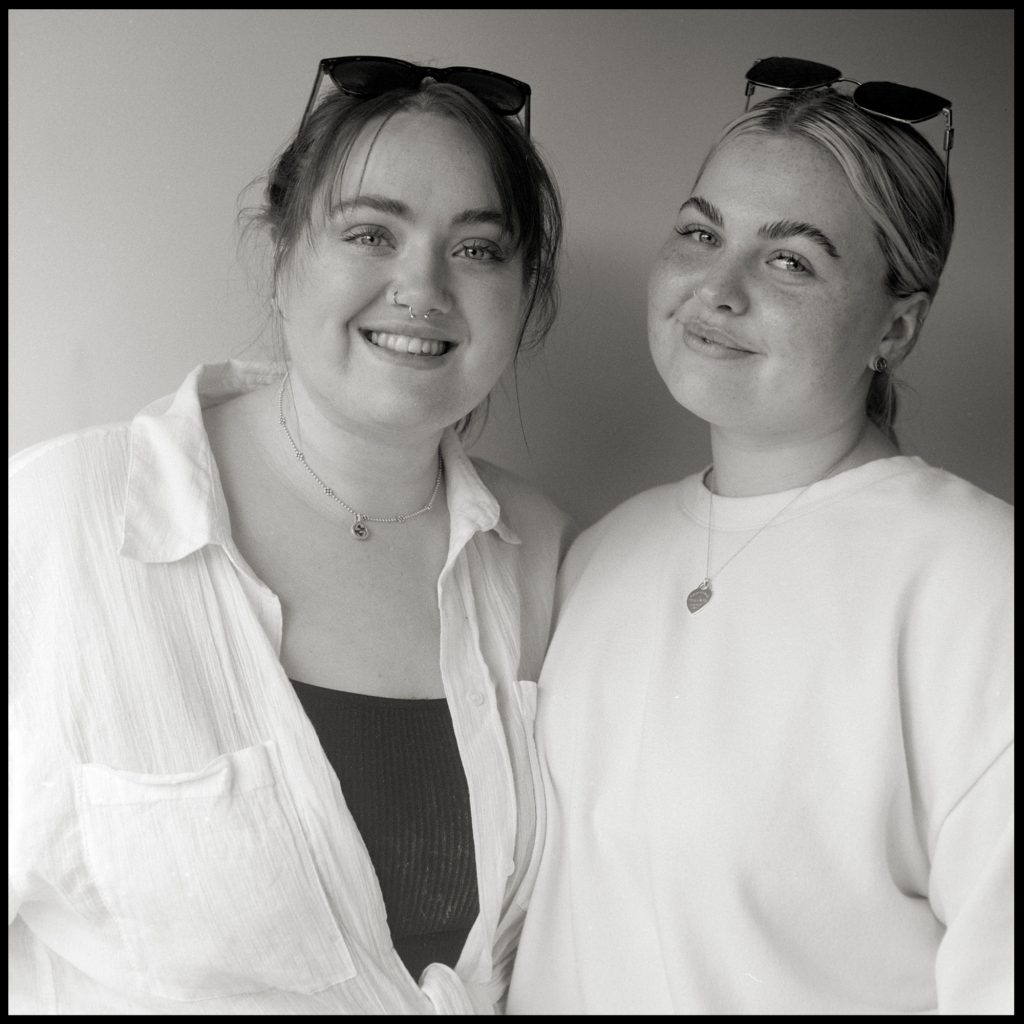
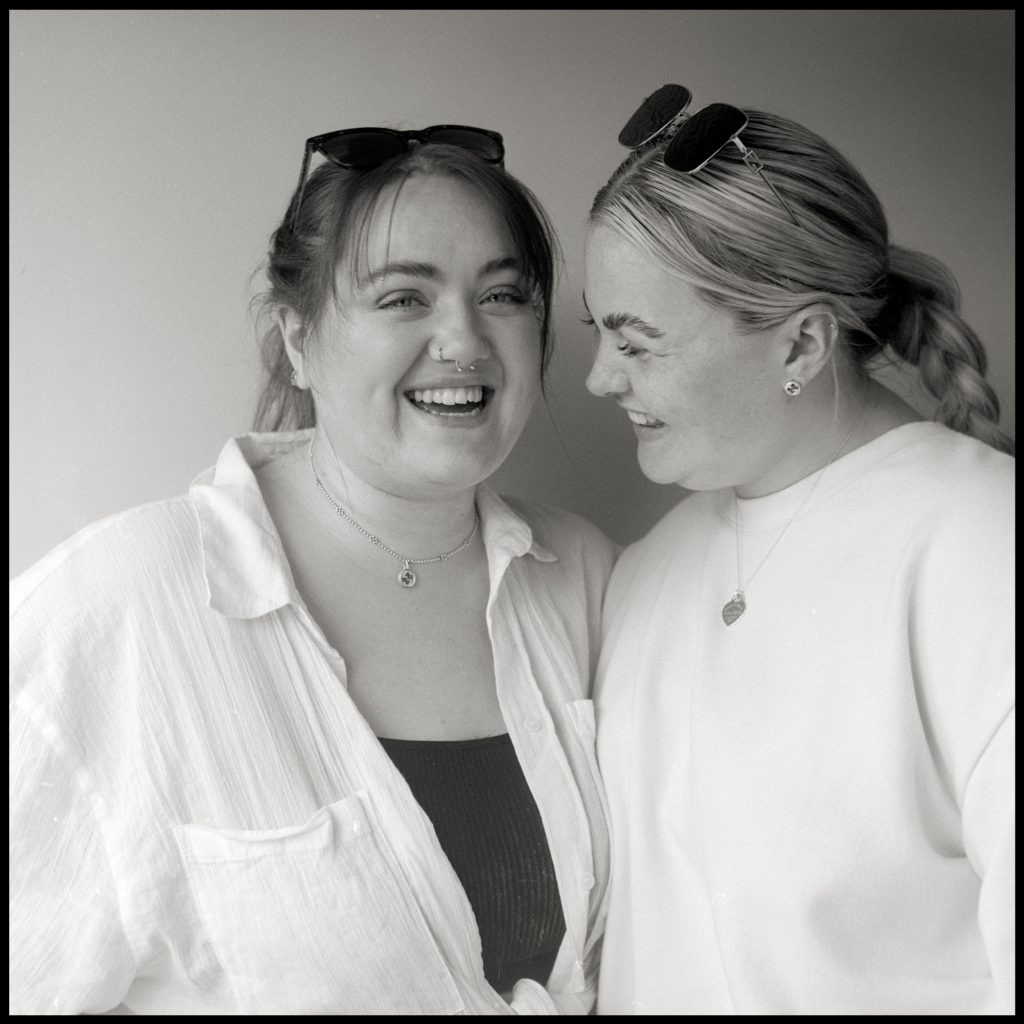
I was amazed at the sharpness and detail of this film. Even the dynamic range in the 35mm photographs.
I wonder how this film compares to my fav ORWO UN54! Maybe I will have to put the two head to head!
Here are some links to where you can buy this film.
Fomapan 200 & Rodinal
I did make a video on my experience with Fonapan 200 and Rodinal and here it is if you want to see how I got on. Go To Video
I am so pleased Gary Geezer sent me this Fonapan 200 in 35mm to play or I don’t think I would have ever tried it as much as I did with this experiment. I wanted to see how Fomapan 200 and Rodial would suit my kind of photography without going through all the tests to find the perfect speed with my development process. Thats boring to me. Just go and shoot it and find out.
So I decided to shoot a roll at a time and develop in Rodinal 1:25 at various times and also do a stand development. From there I can serif this film and a particular time in Rodinal would suit me.
From doing this test I found that 1:25 Rodinal for 4 minutes with 5 inversions every minute suited me best in various outside lighting conditions.
As I mentioned in the video my first two rolls I stupidly used 25ml of Rodinal! Should have been 16ml and 384ml of water making 400 (1:25). I’m not sure why I did this but in a way I am glad I did! I learned that a bit of misjudgement with Rodinal doesn’t make that much of a difference.
These images were scanned using my DSLR and I let Photoshop Auto Correct the levels.
Roll 1. 1:16 for 5 minutes. Leica MP, 50mm Voigtlander APO lens.
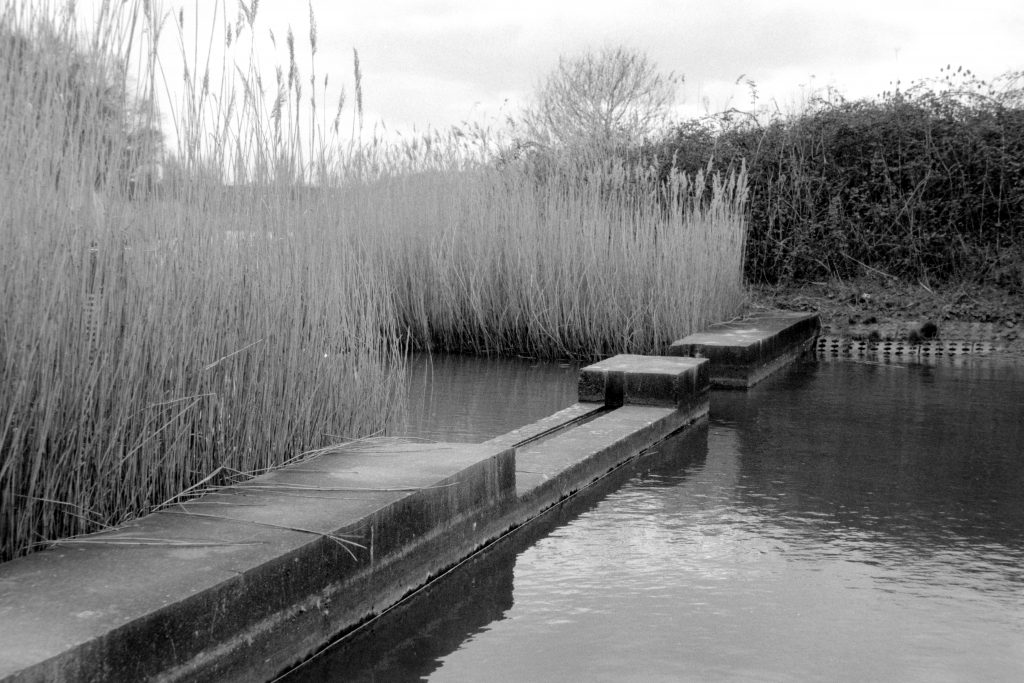
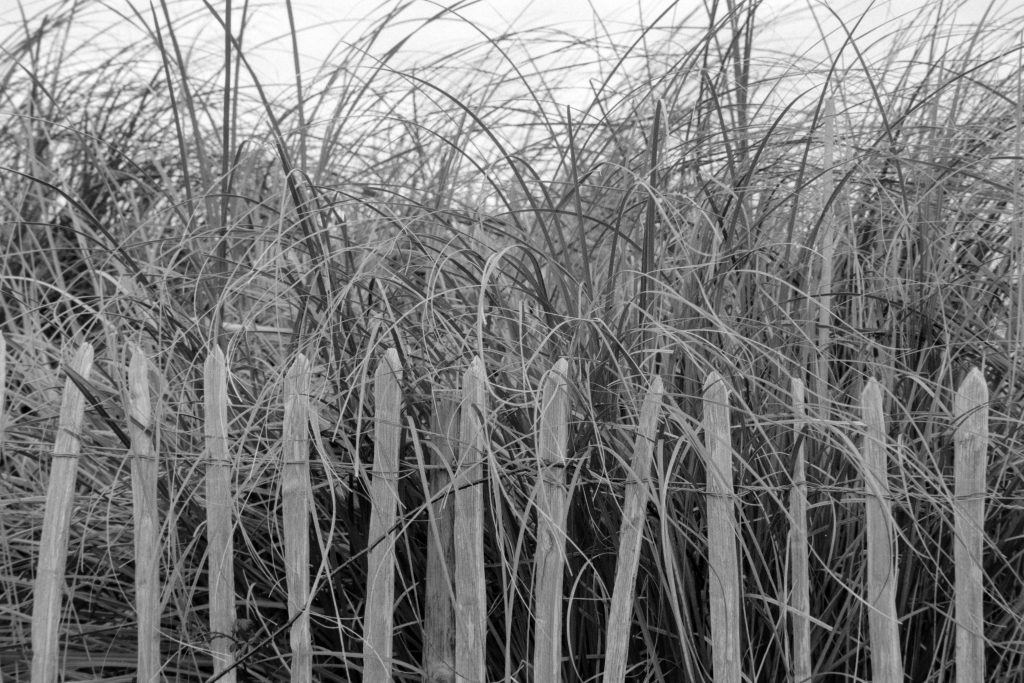
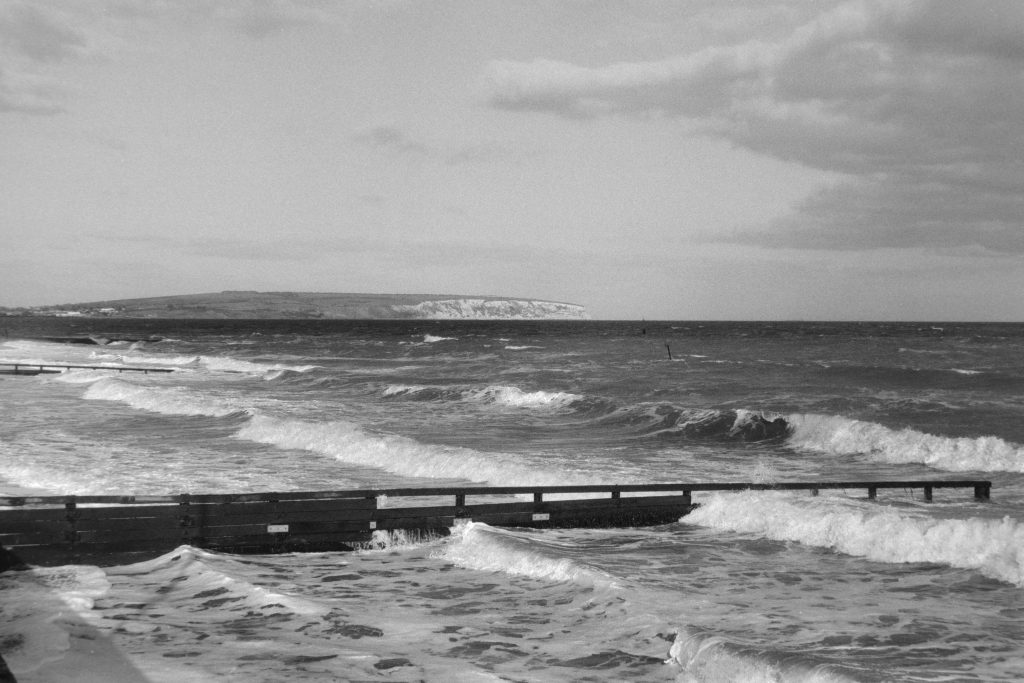
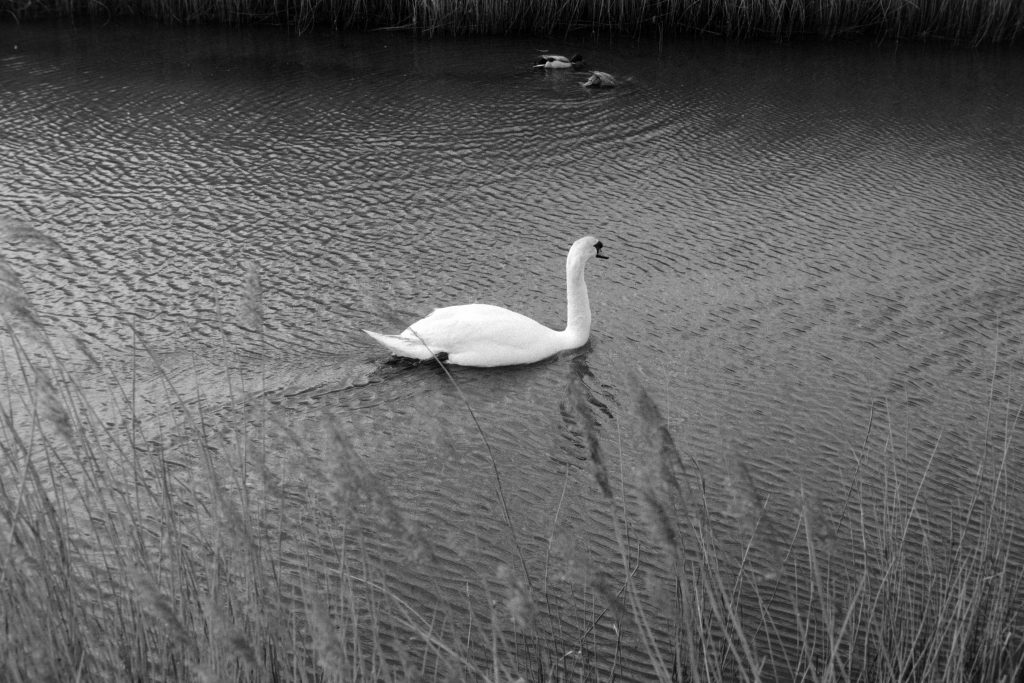
Roll 2. 1:16 for 4 minutes. Leica MP, 50mm Voigtlander APO lens.
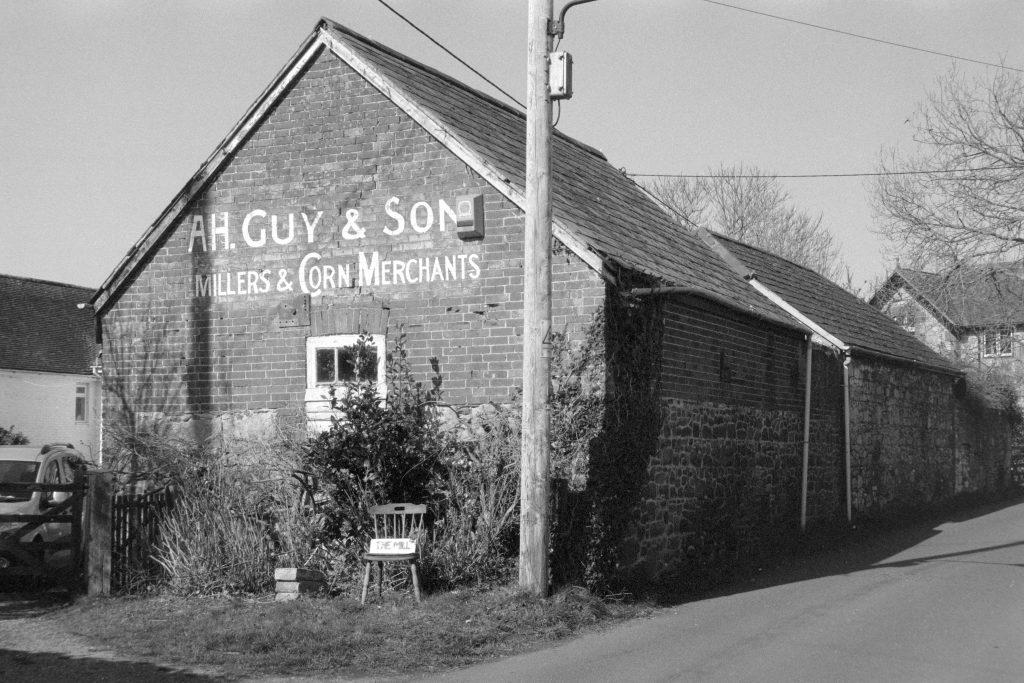
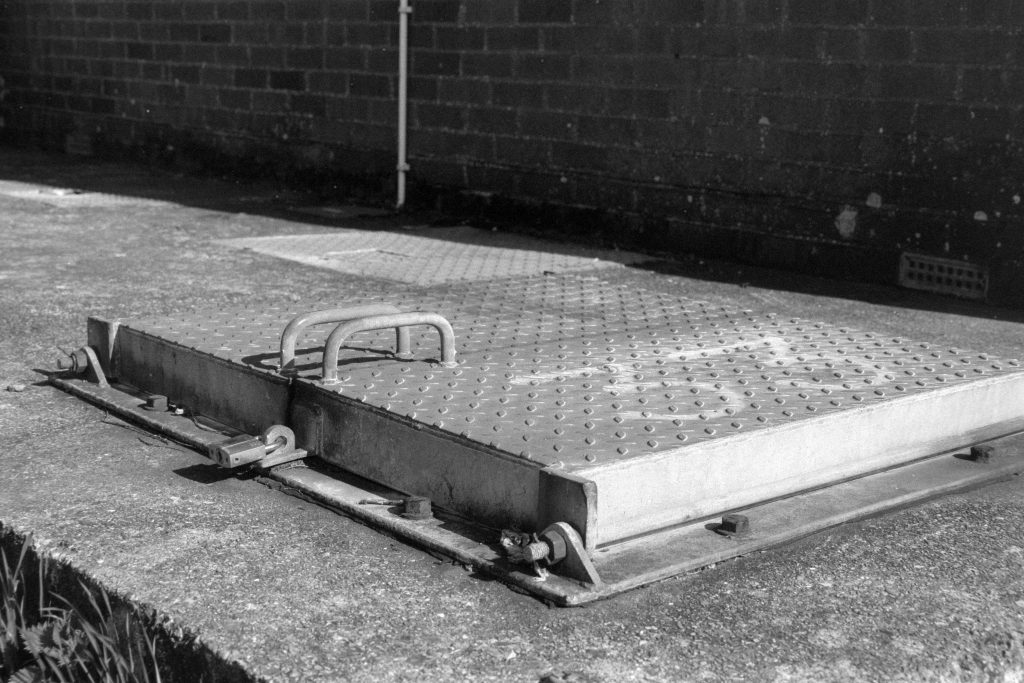
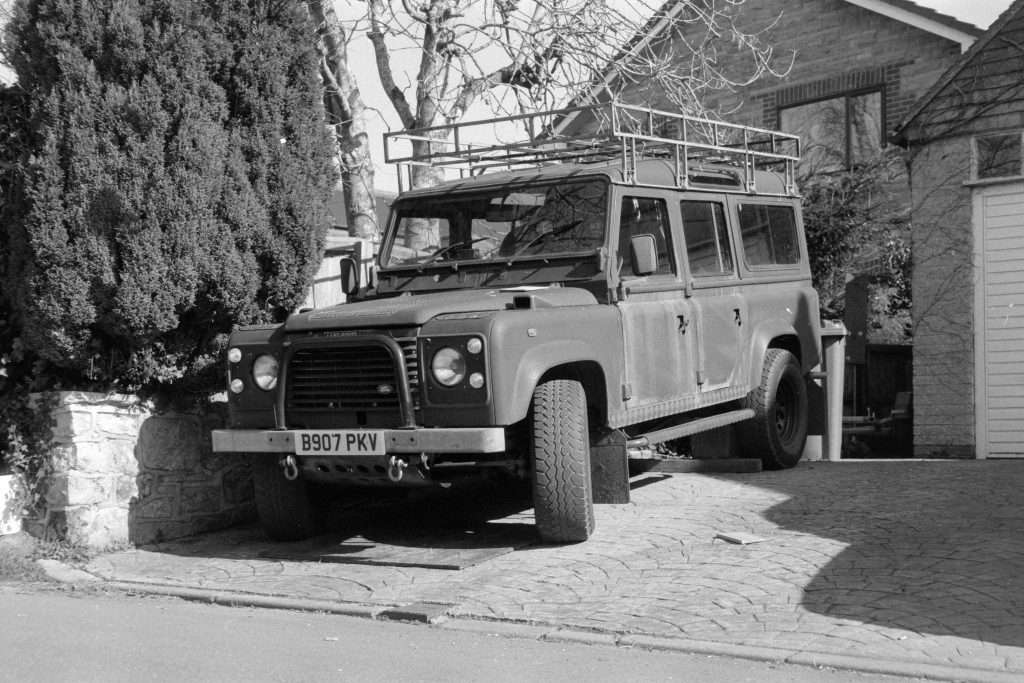
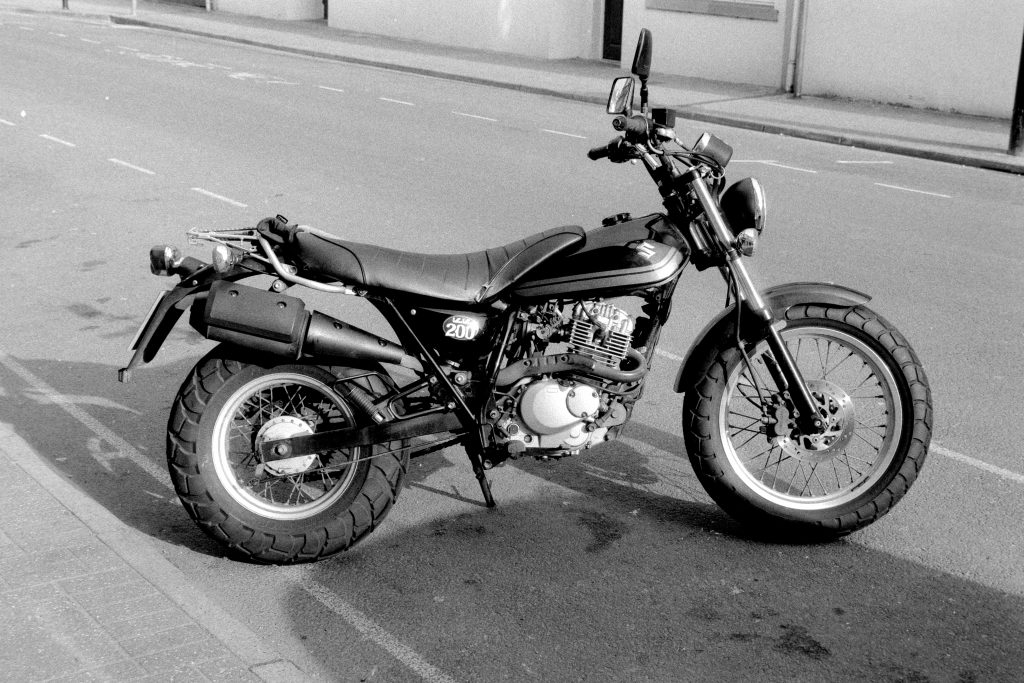
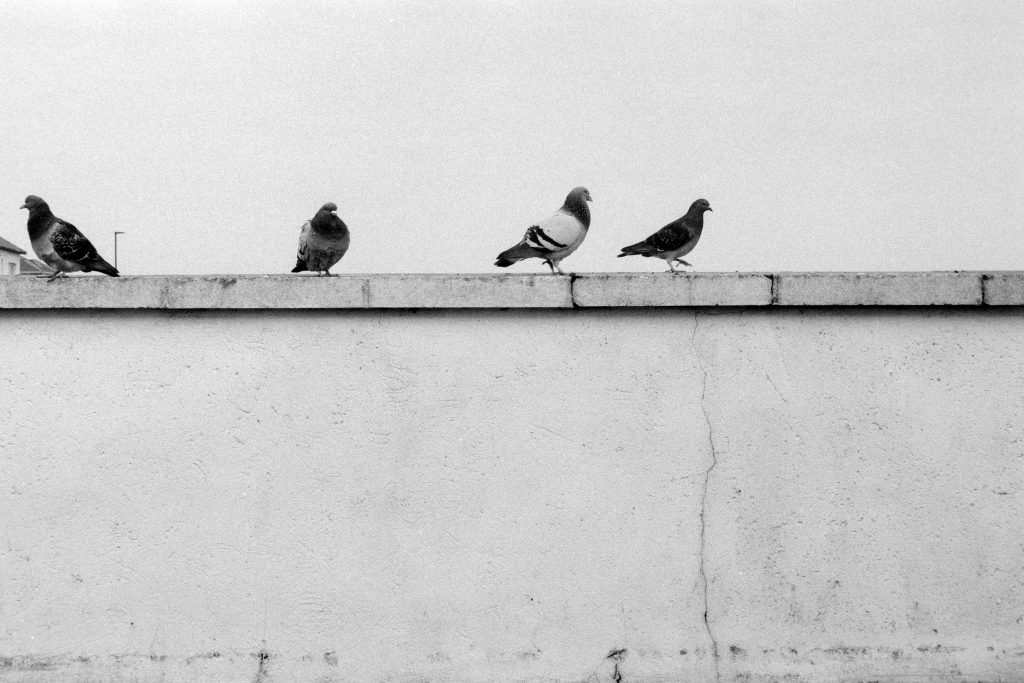
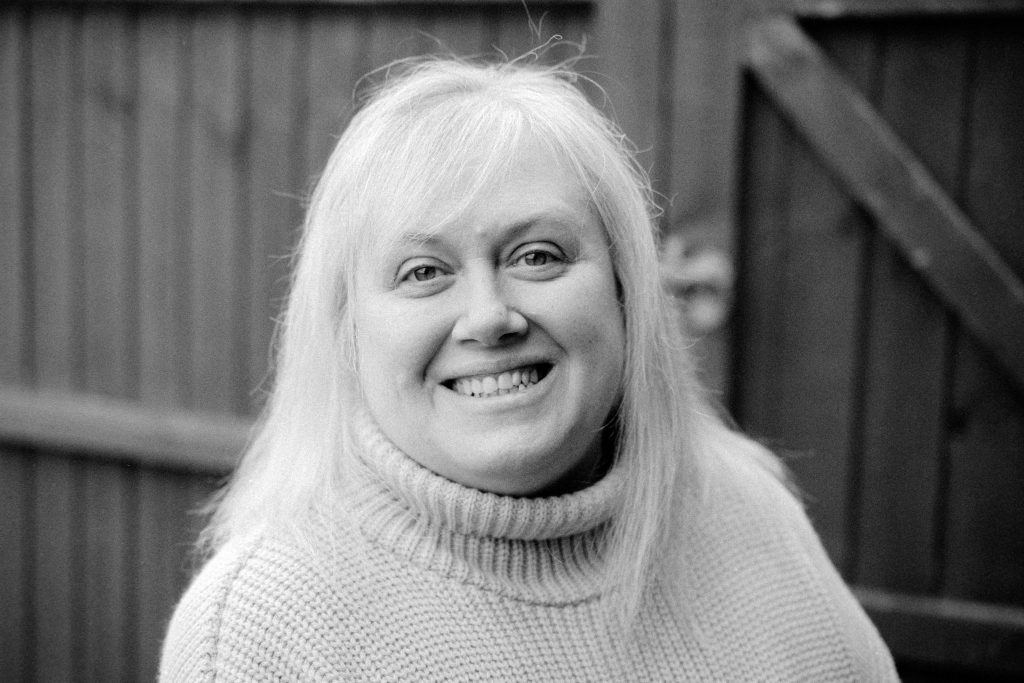
Roll 4. 1:25 for 5 minutes. Leica MP, 50mm Voigtlander APO lens. (as per MDC)
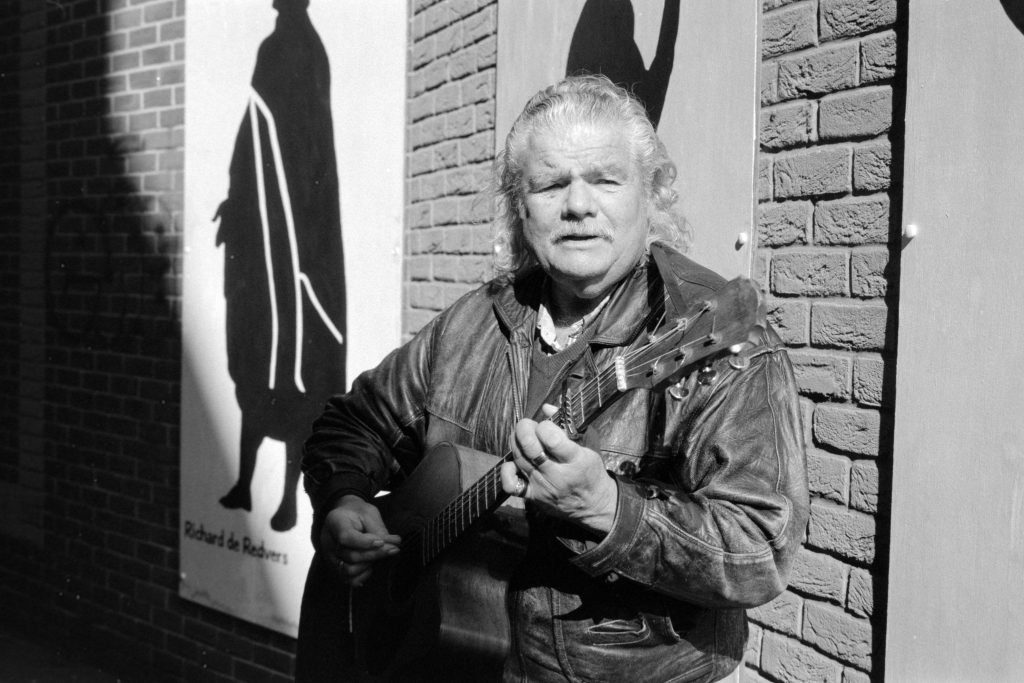
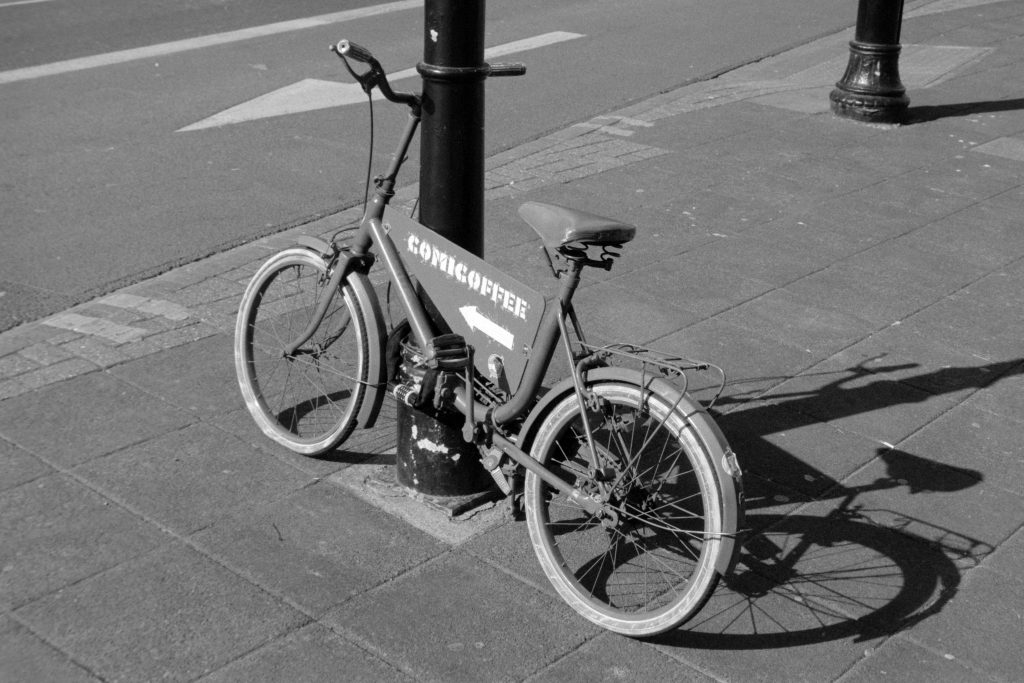
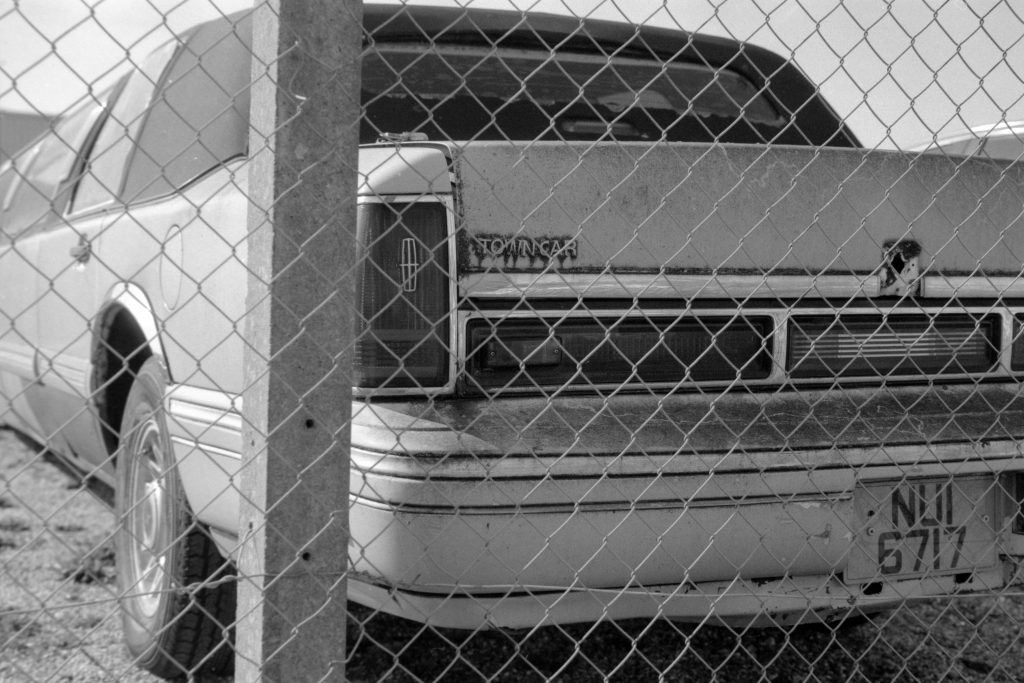
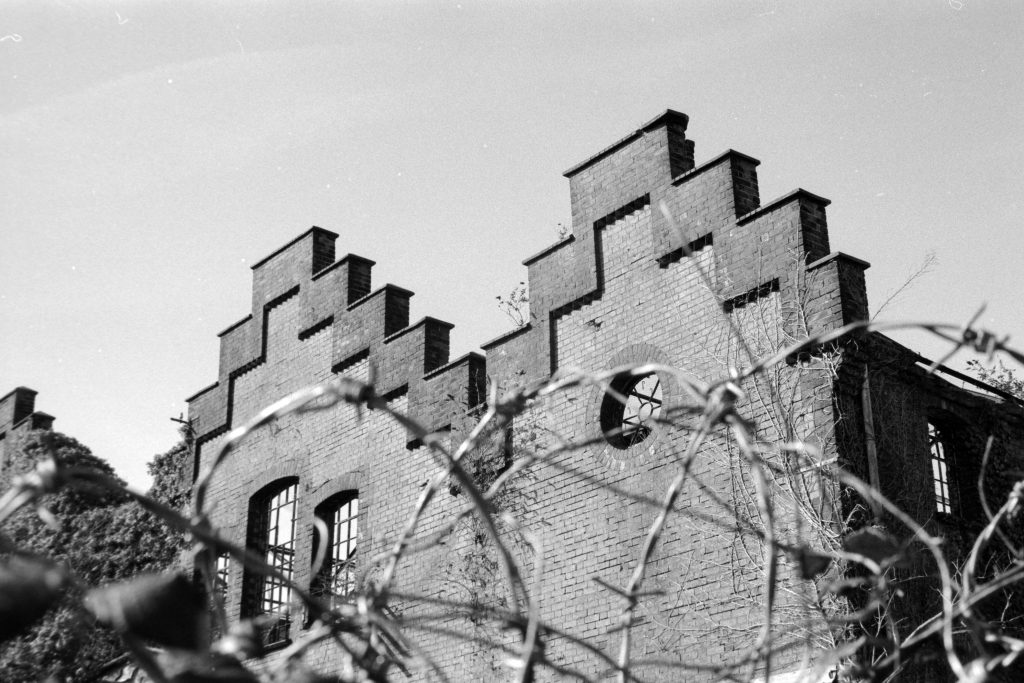
Roll 5. 1:25 for 4 minutes. Leica MP, 50mm Voigtlander APO lens. (my best time)
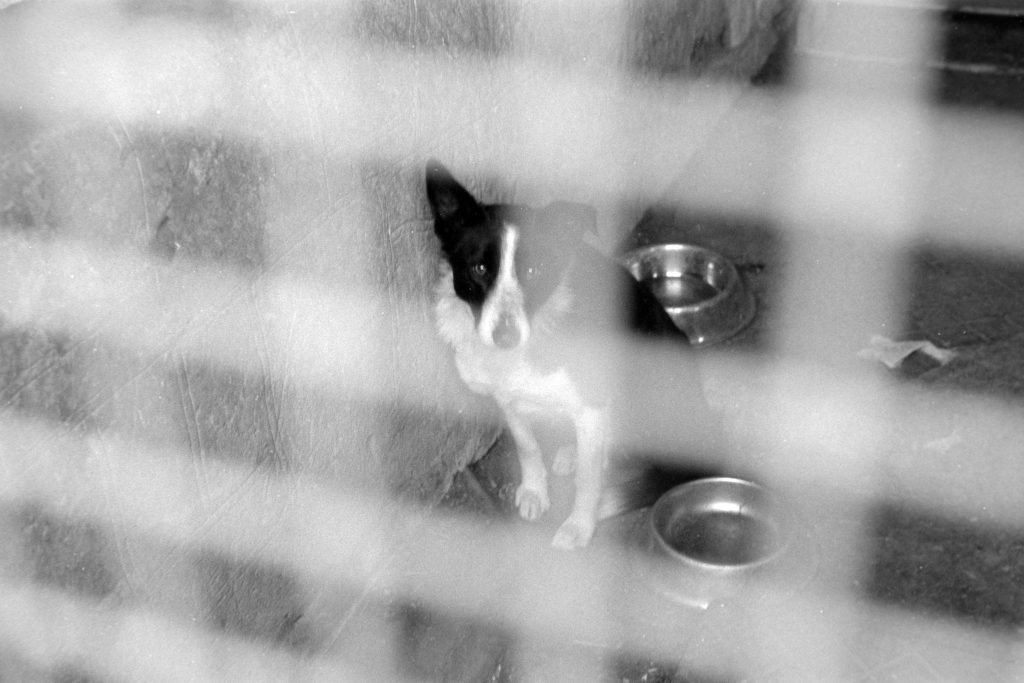
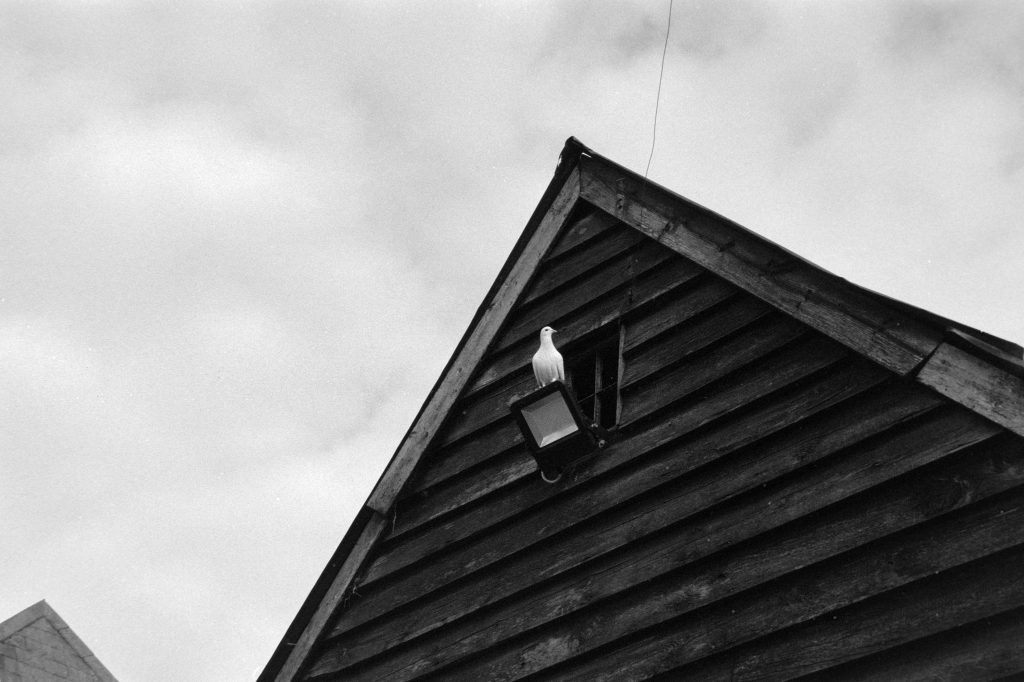
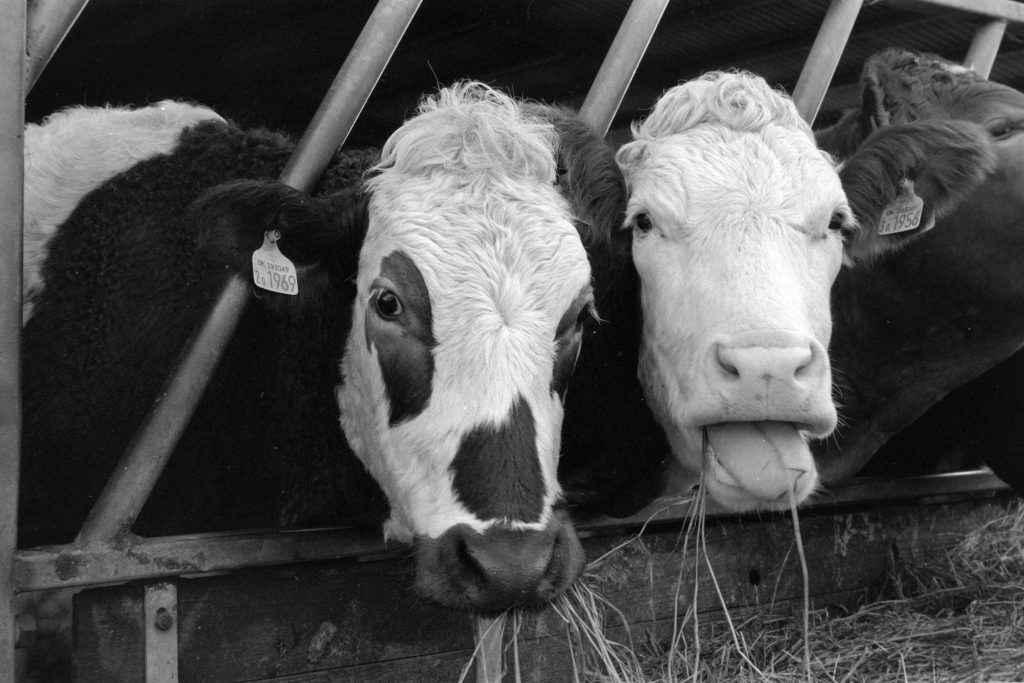
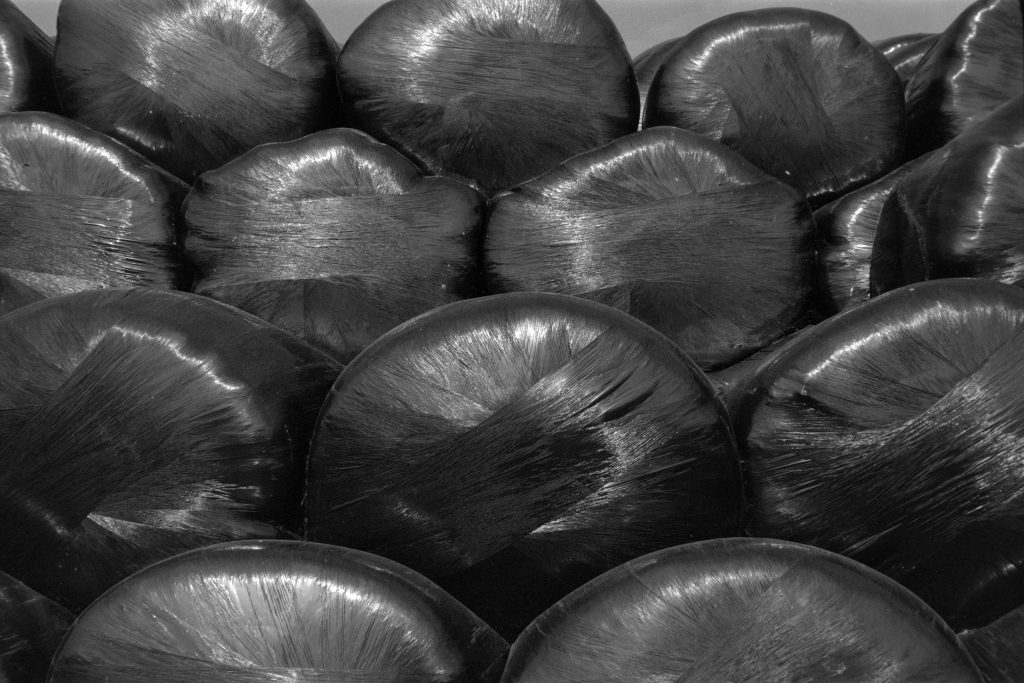
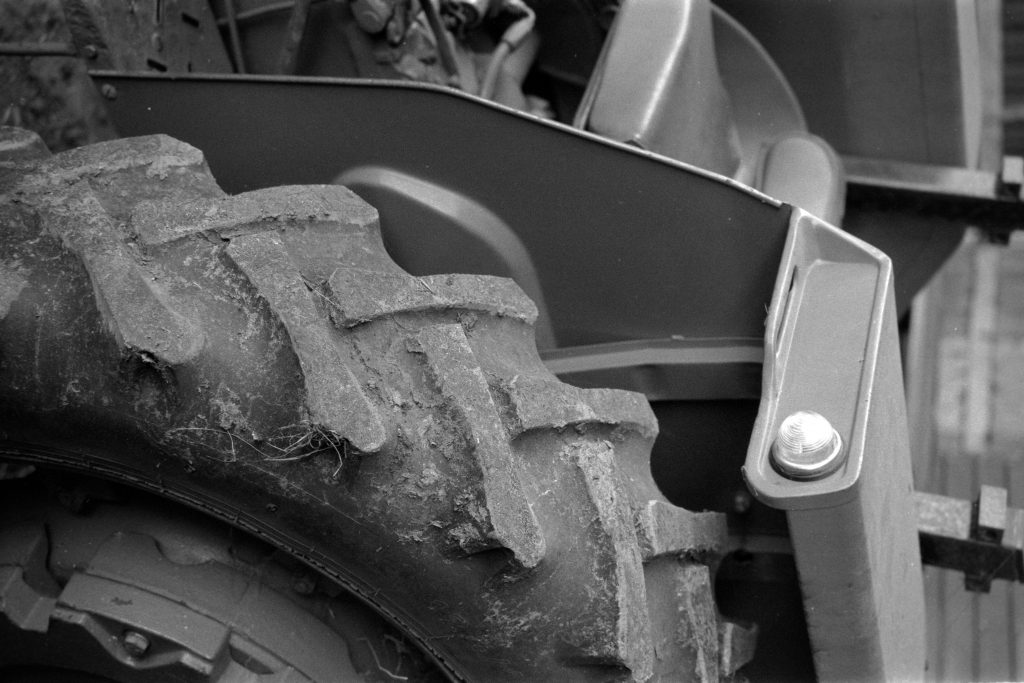
Roll 6. 1:16 for 3.5 minutes. Nikon F5, 28mm lens (just wanted to see)
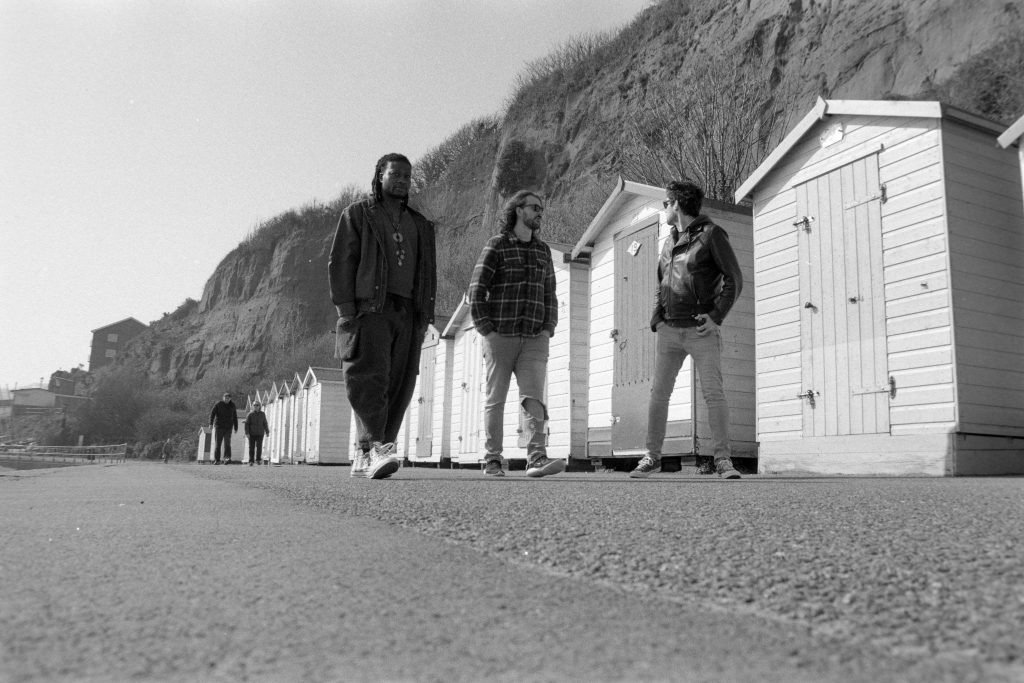
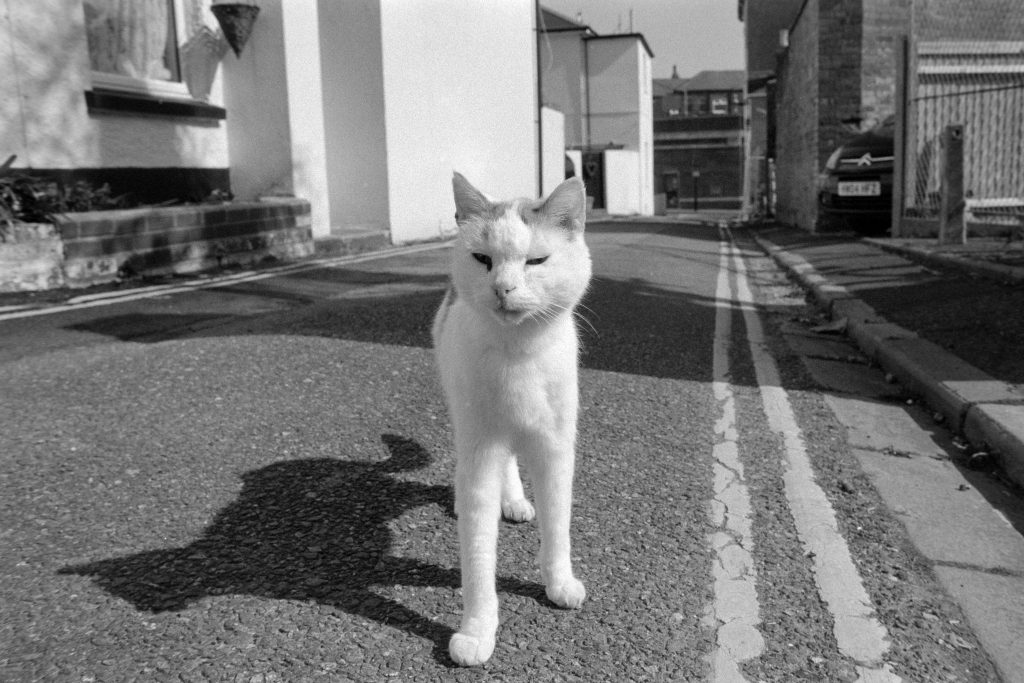
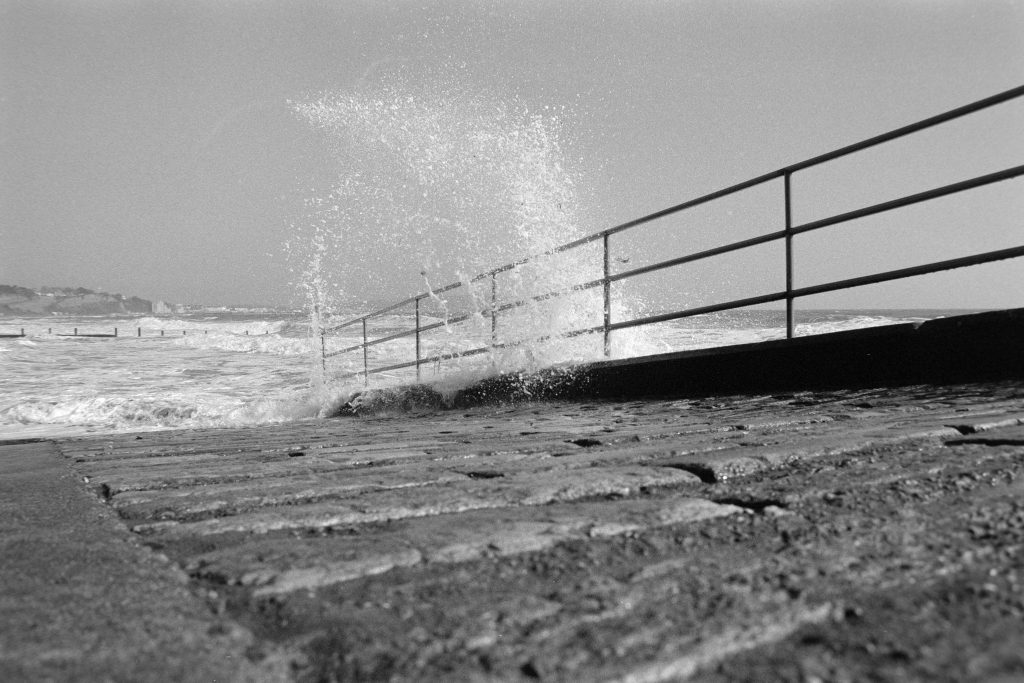
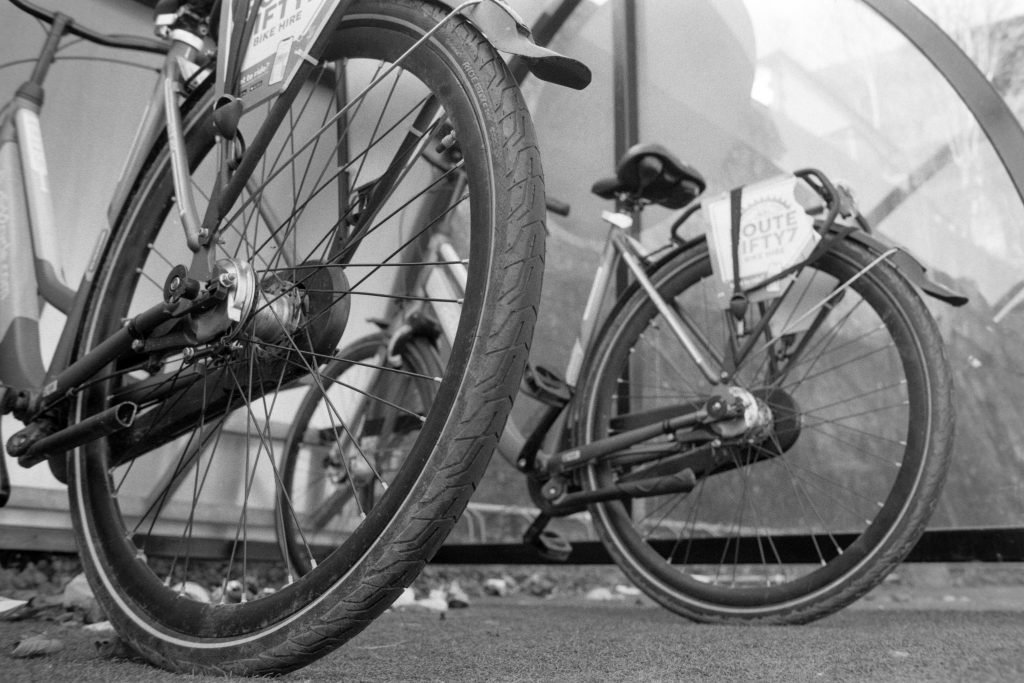
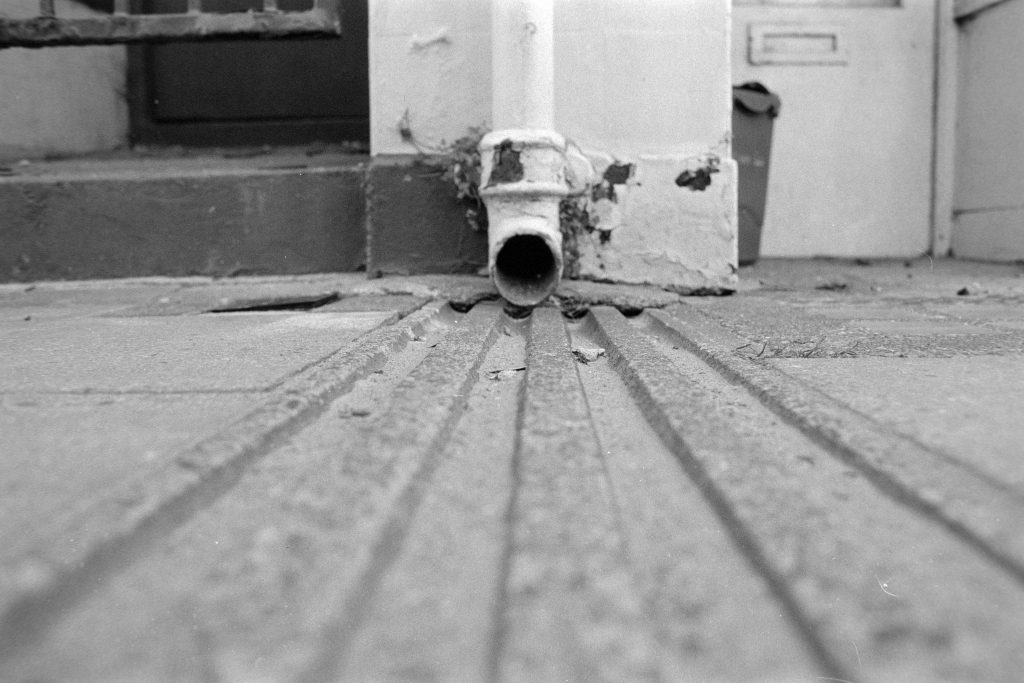
Roll 7. 1:25 for 3 minutes. Nikon F5
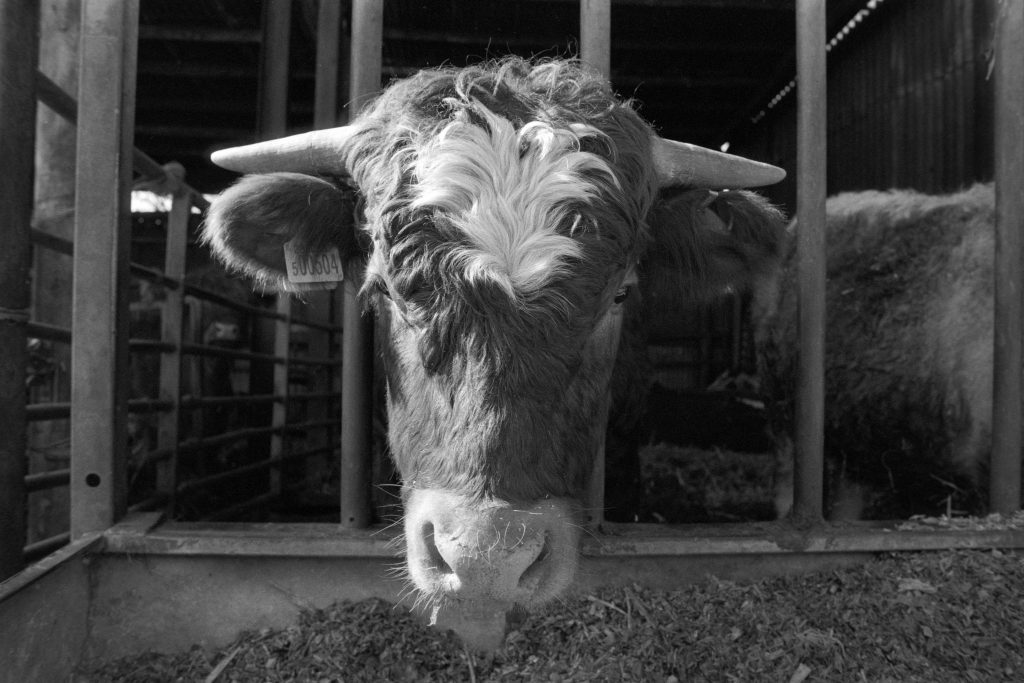
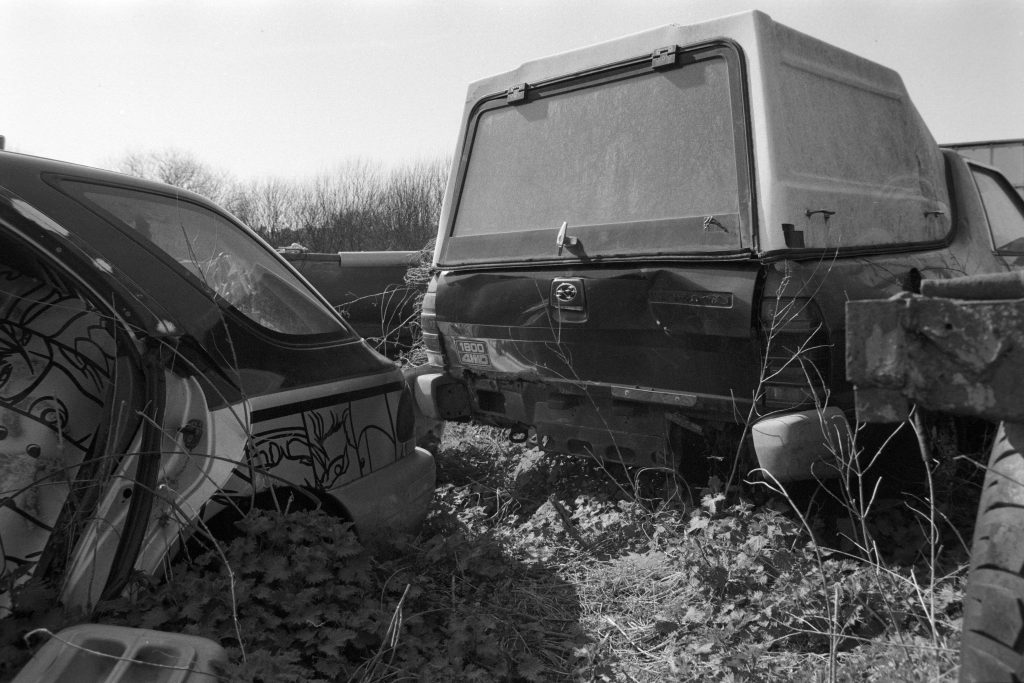
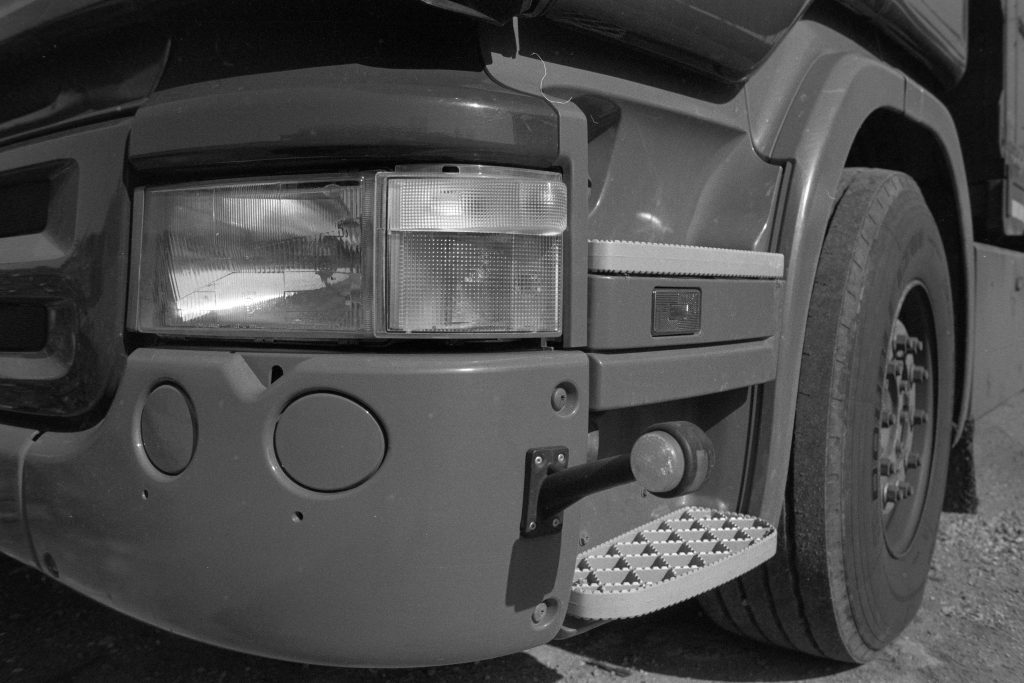
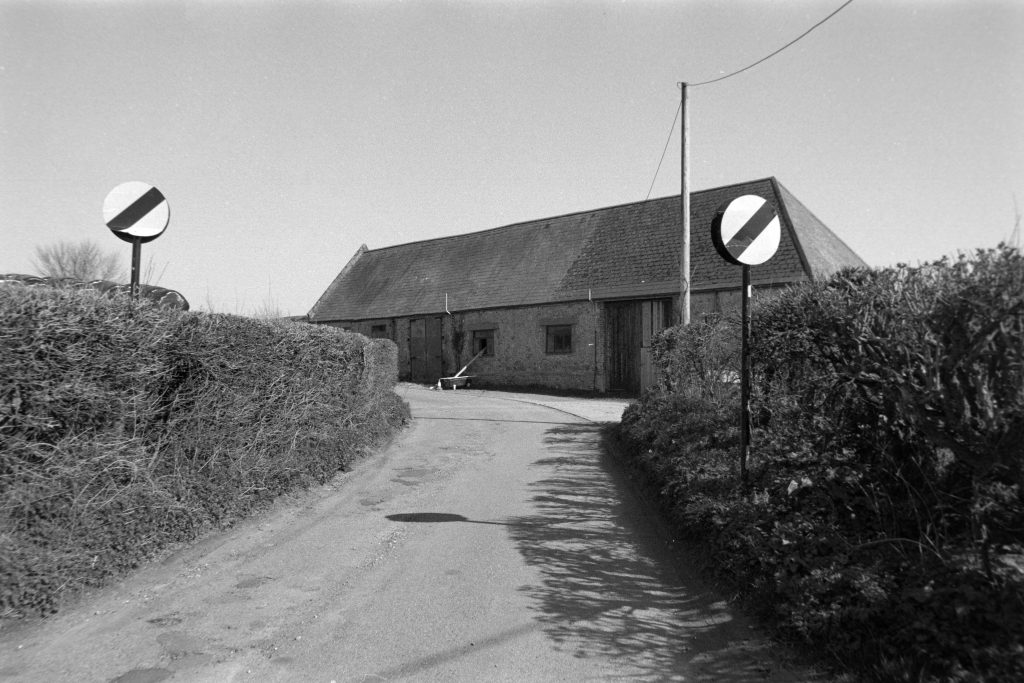
So these were all scanned images and as I said I let Photoshop auto correct the levels.
I took the negatives into the darkroom and made a print from each set using just a 2.5 grade filter and Ilford Multigrade Paper (resin).
The stand develop negatives printed well but I preferred the 1:25 at 4 minutes. That seemed to give me good detail on the paper so that is what I will stick to in future with this combination.
Of course, always try your own combo. What works for me may not work for you.
Emma’s Coffee Shop
I recently helped Emma take photographs in her Coffee Shop. Emma is a film shooter and shoots mostly colour film. Emma asked me to help her shoot Medium Format for the first time. Here is the video on the SFLaB Chanel and also the photographs we took.
Mamiya RZ67 (with a 645 back) and Portra 400. Thanks to James Lane of Zone Imaging for developing and scanning the film.
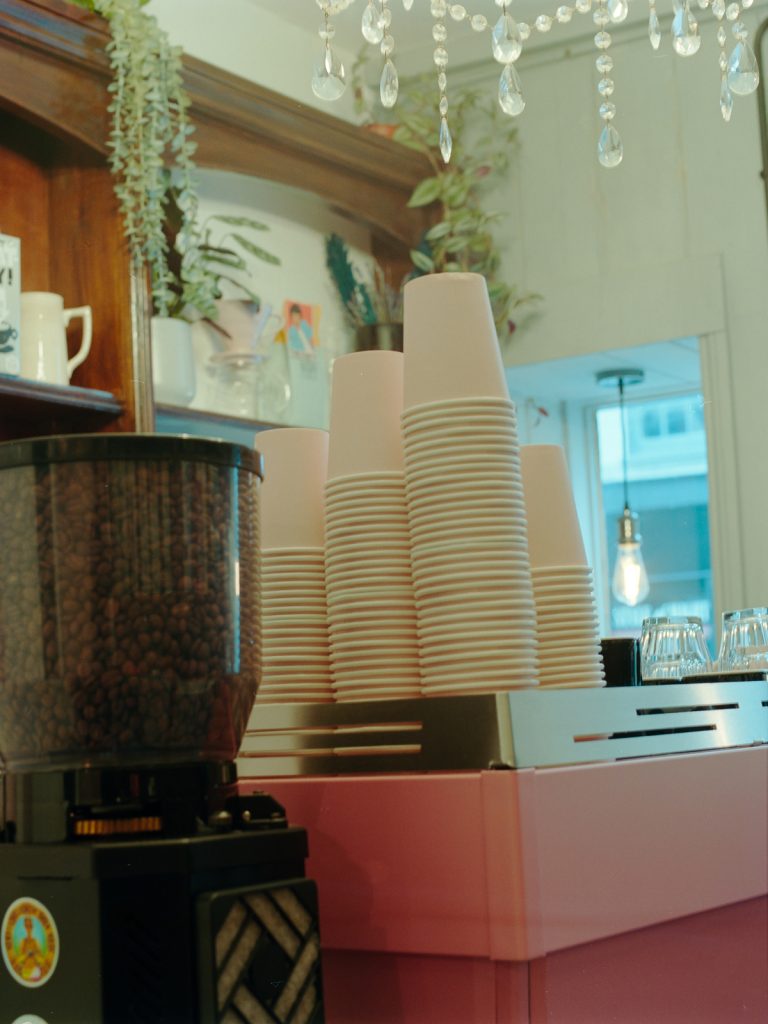
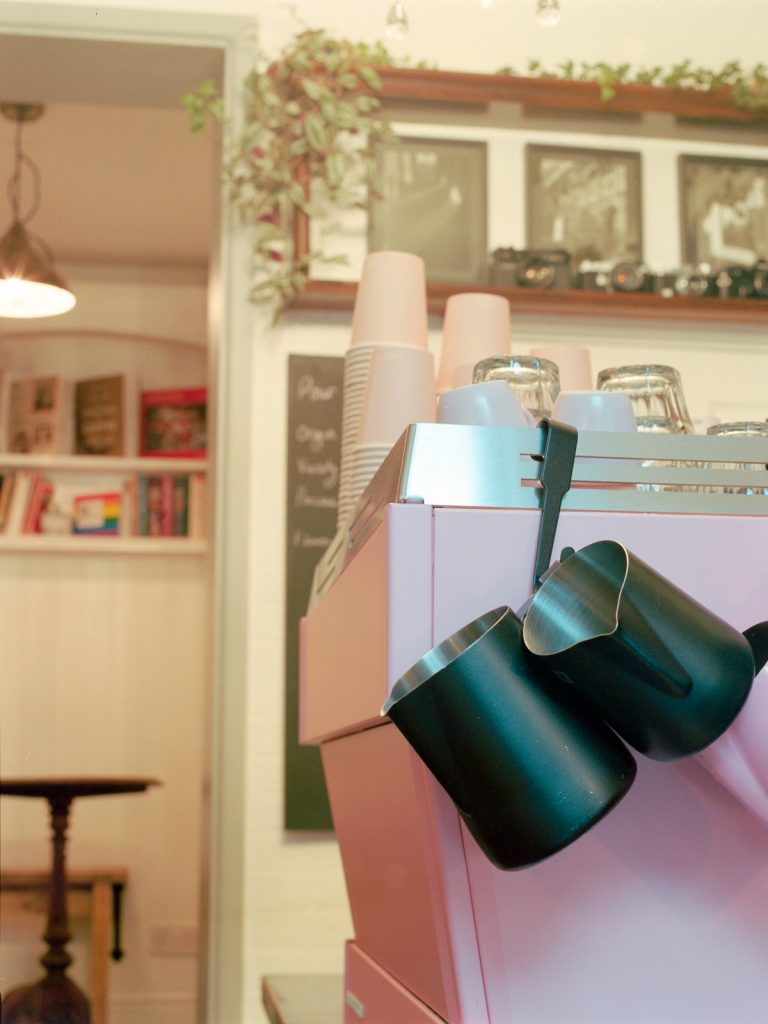
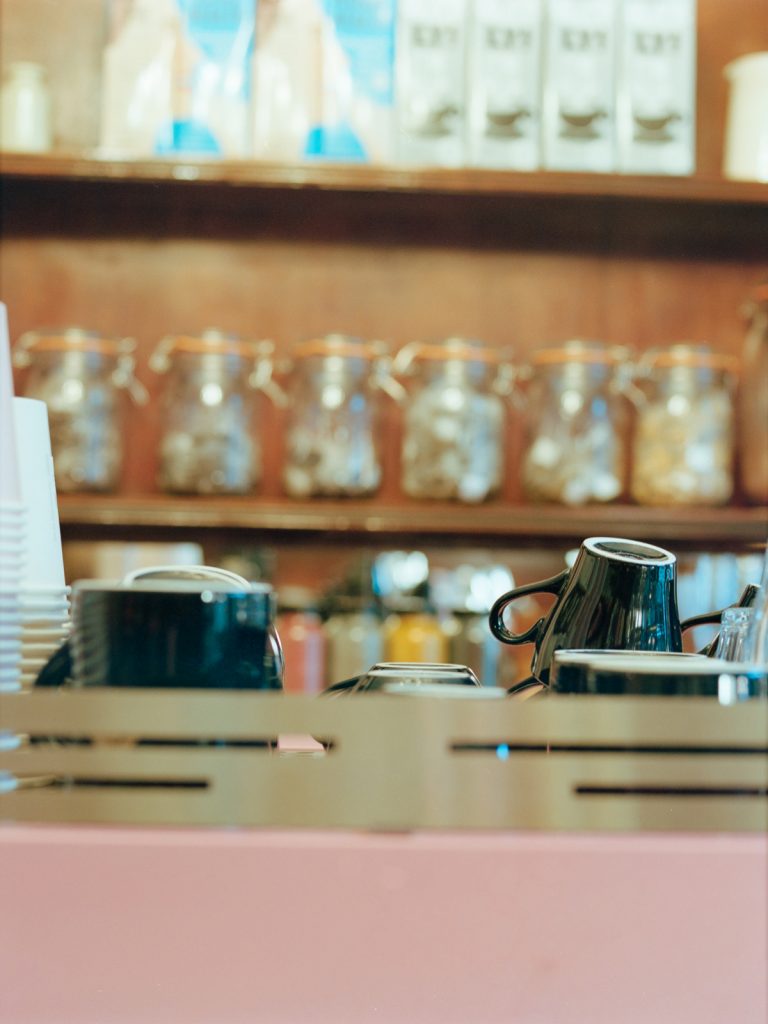
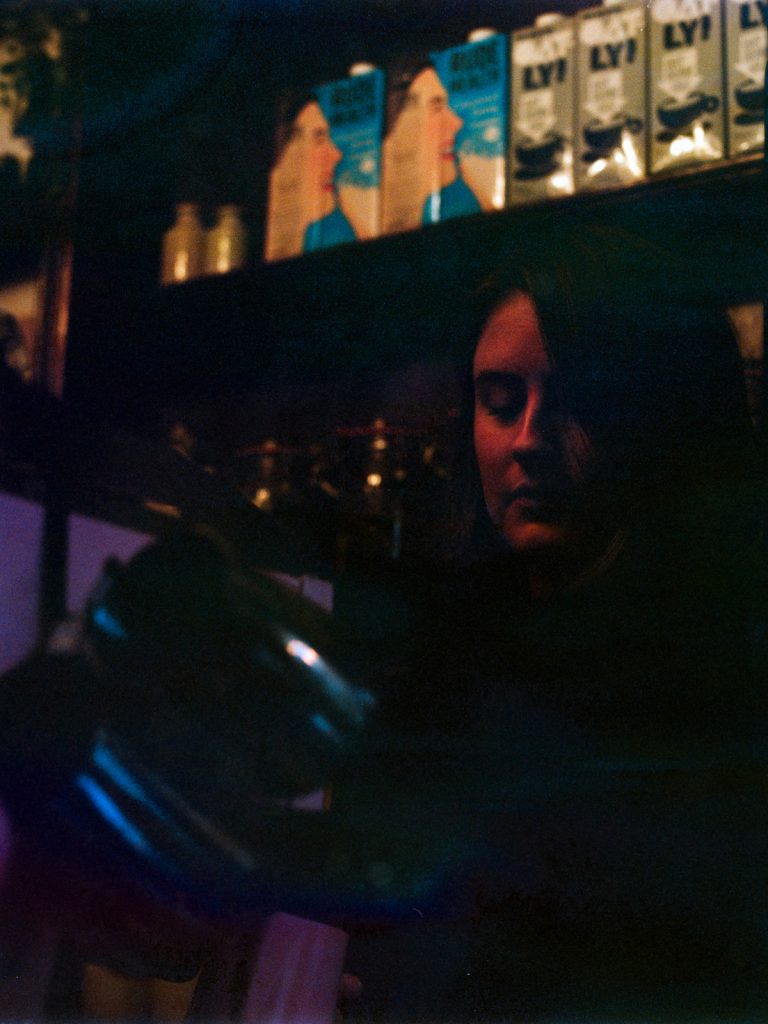
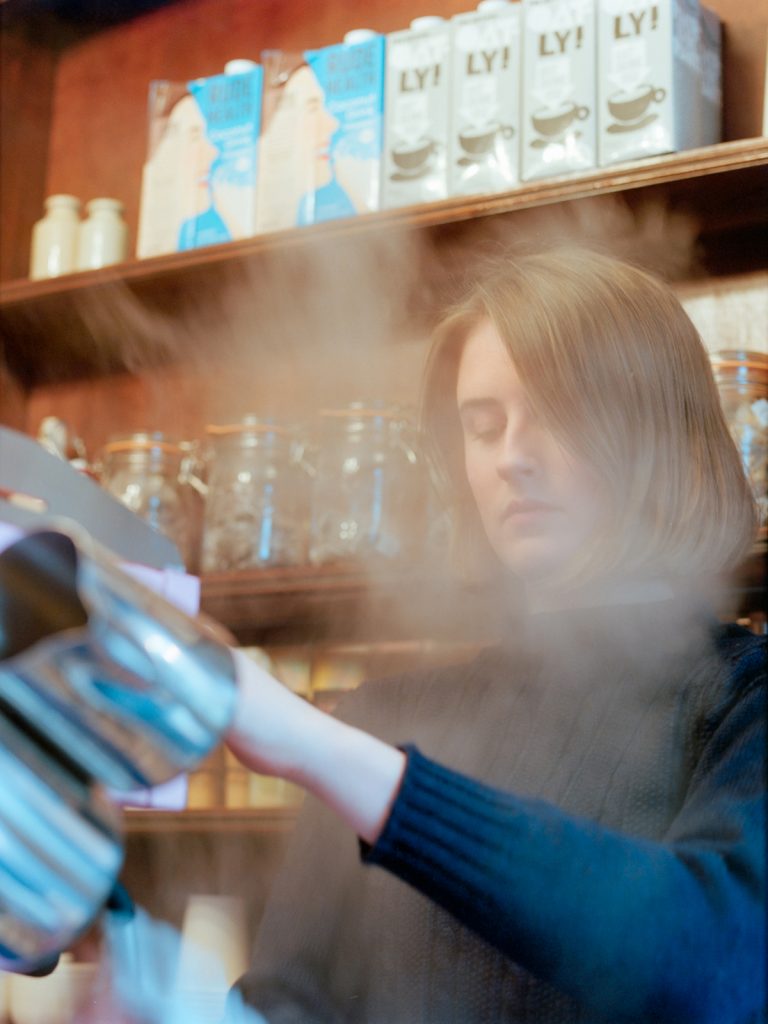
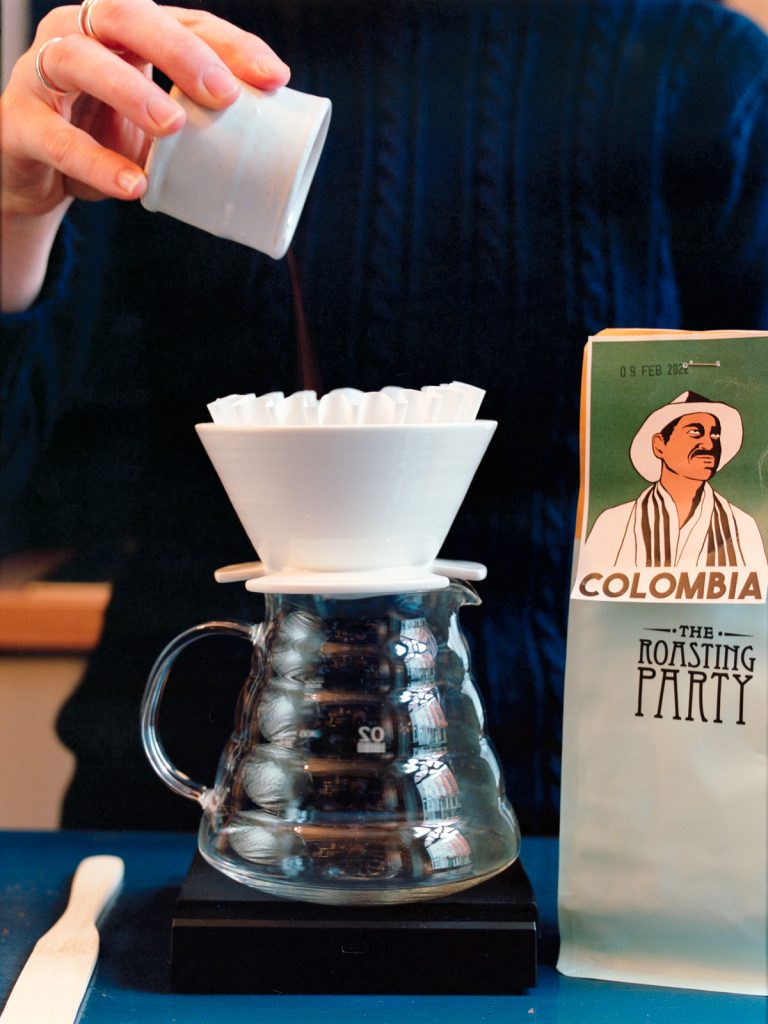
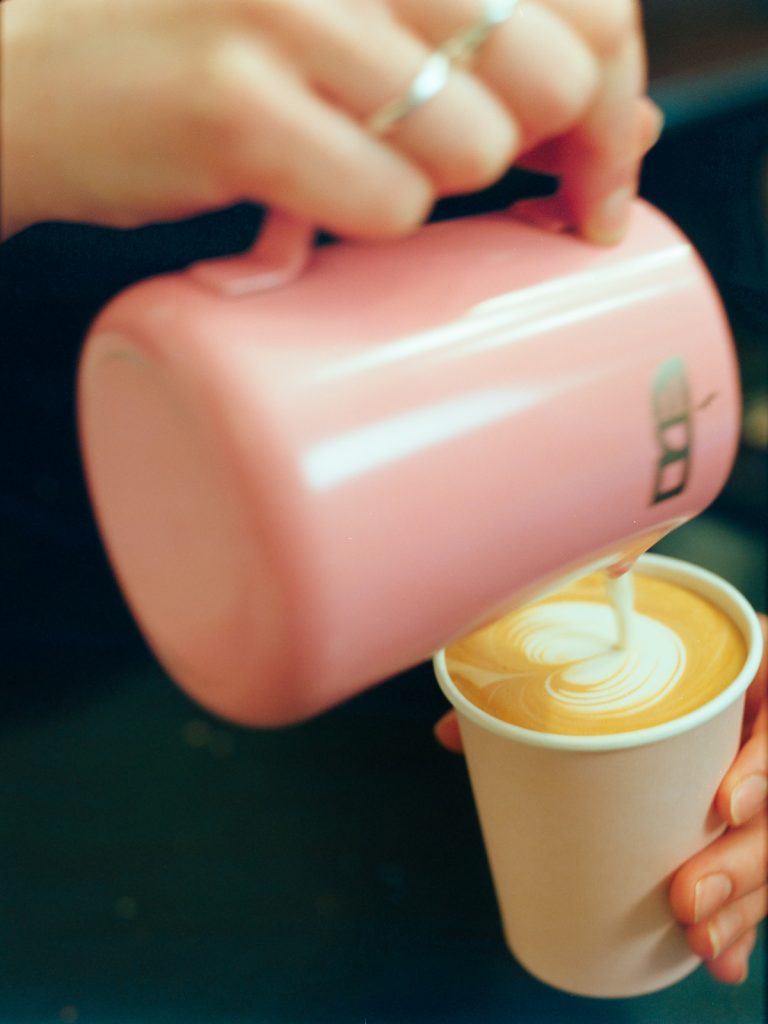
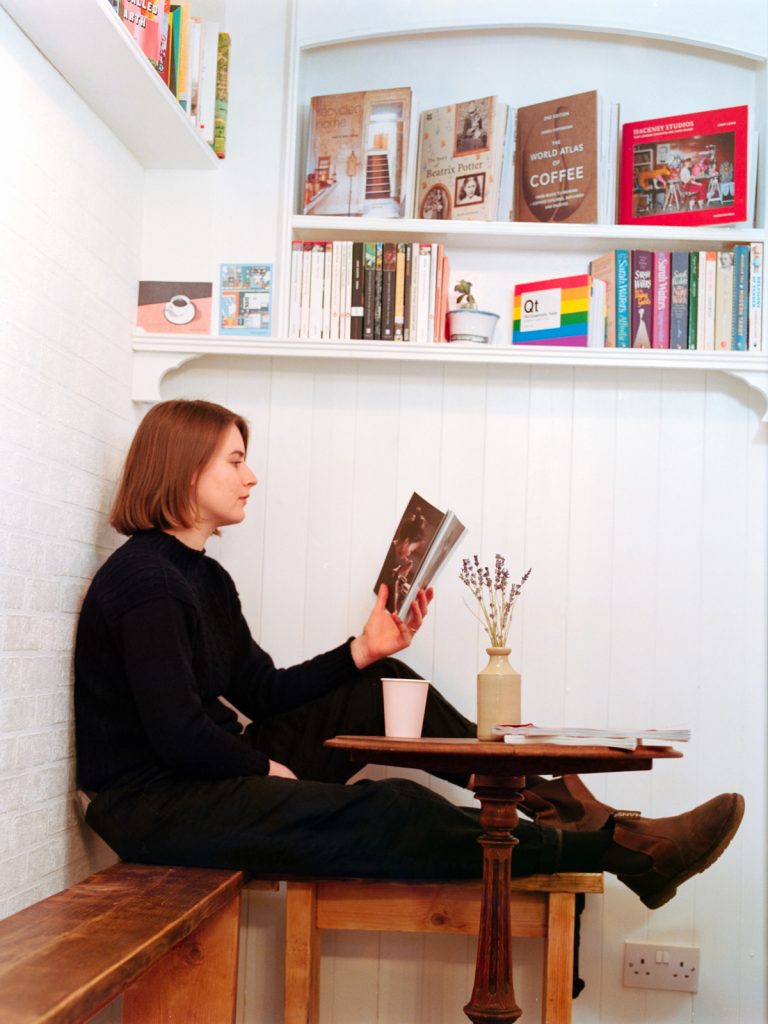
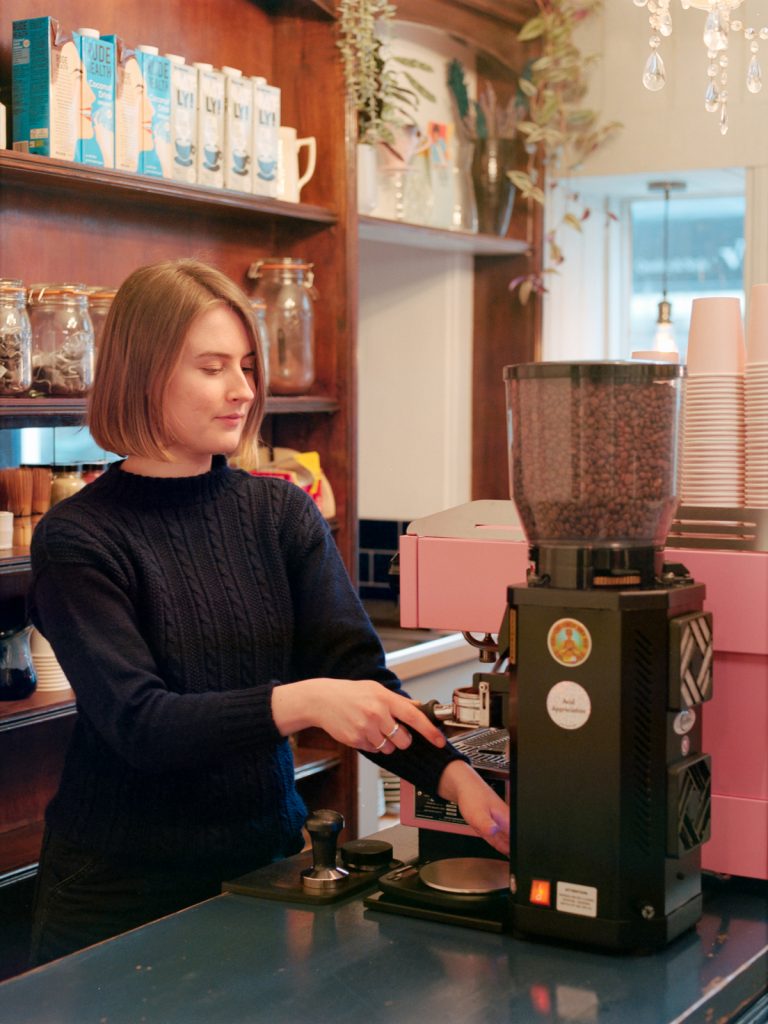
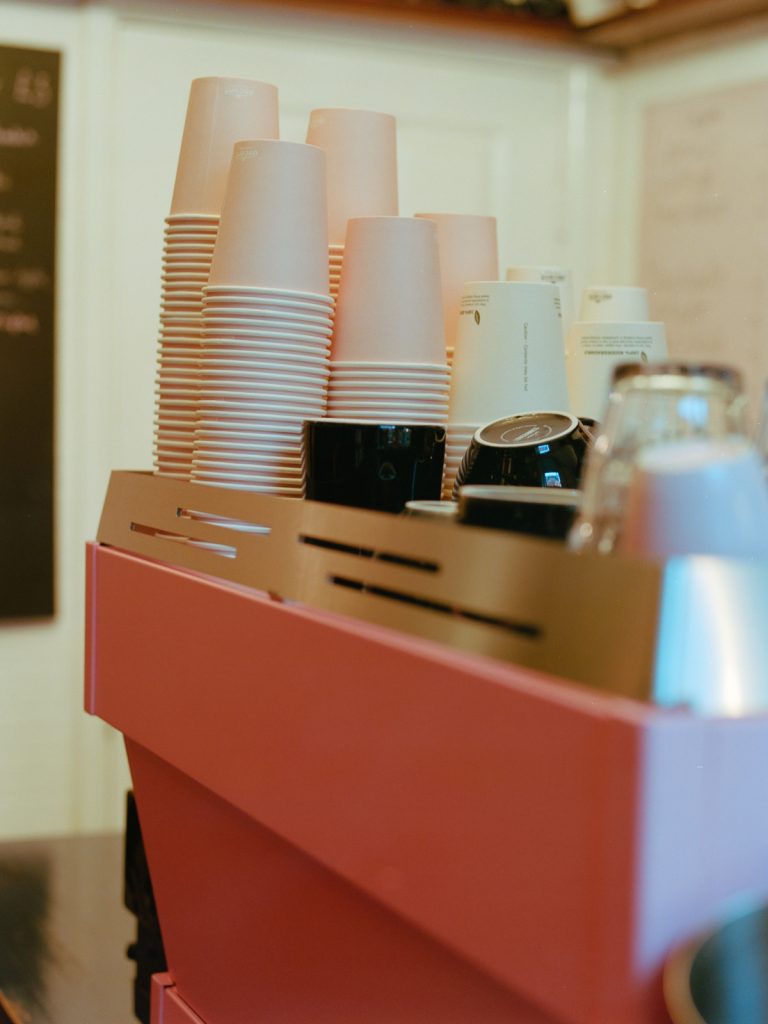
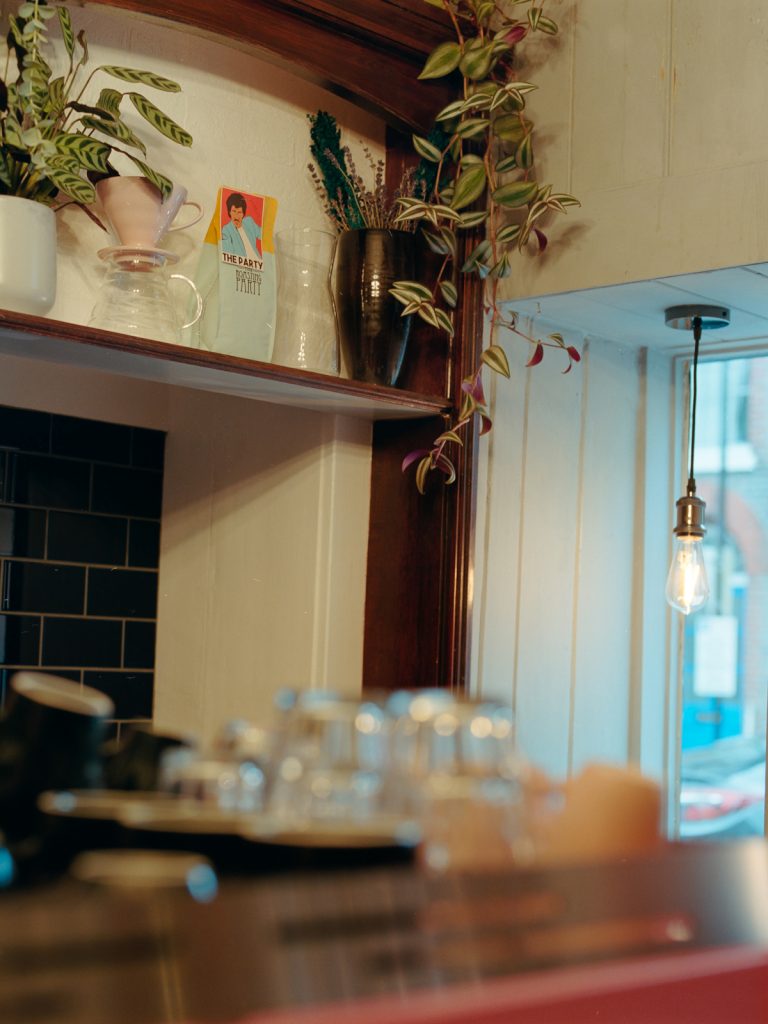
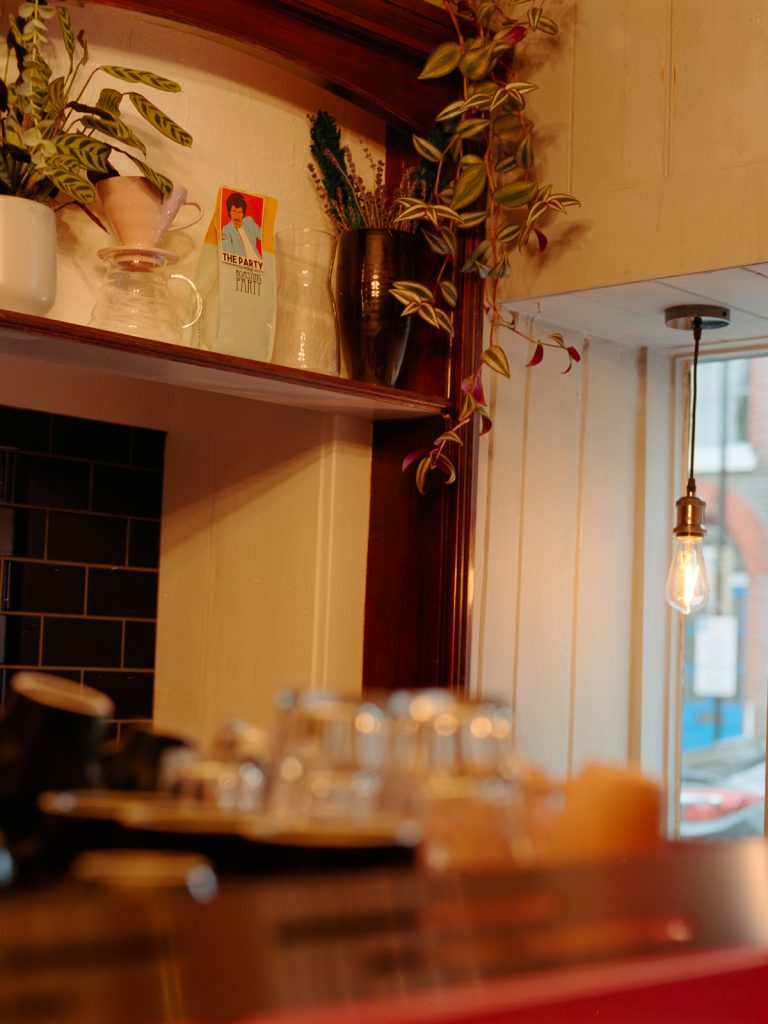
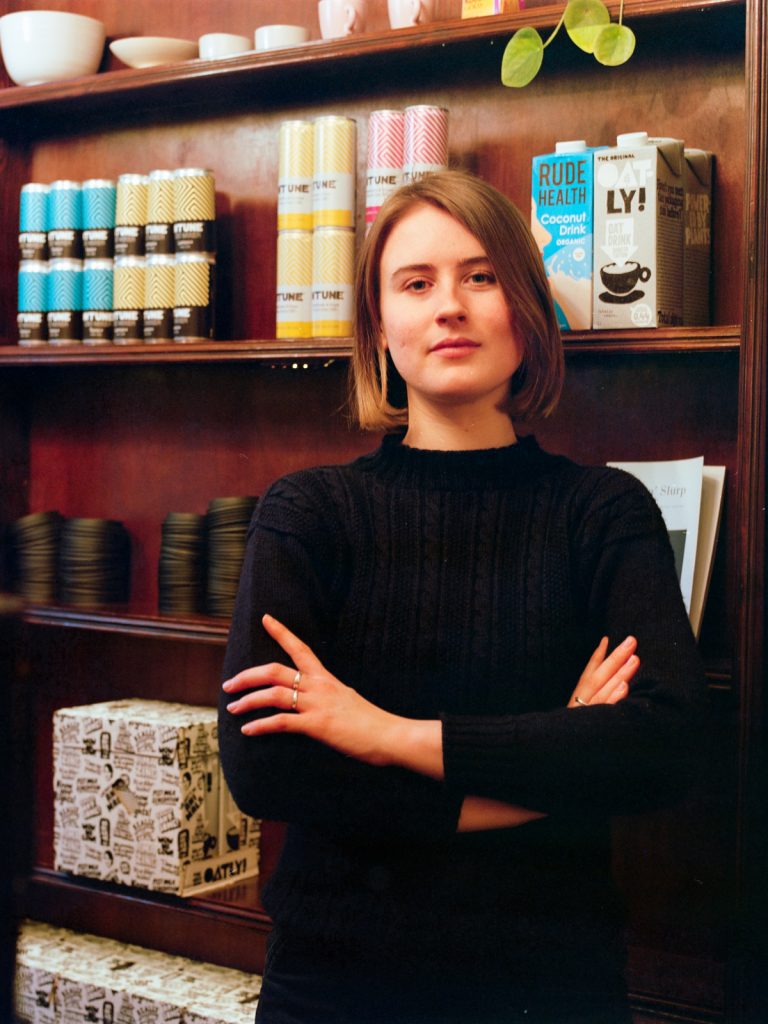
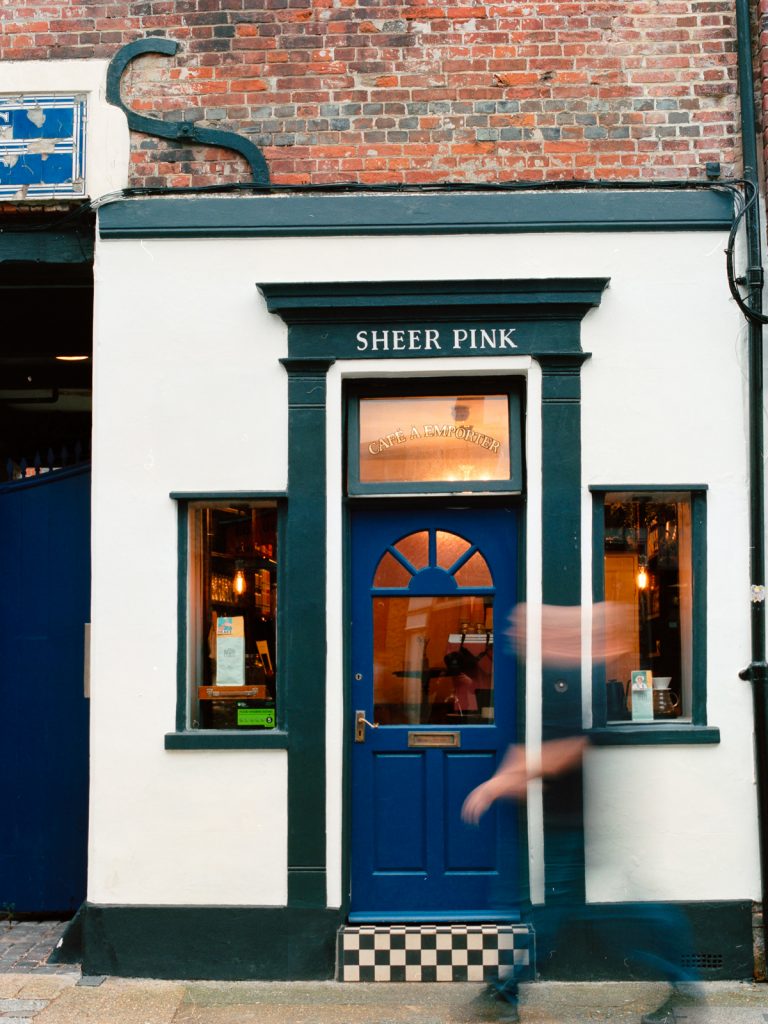
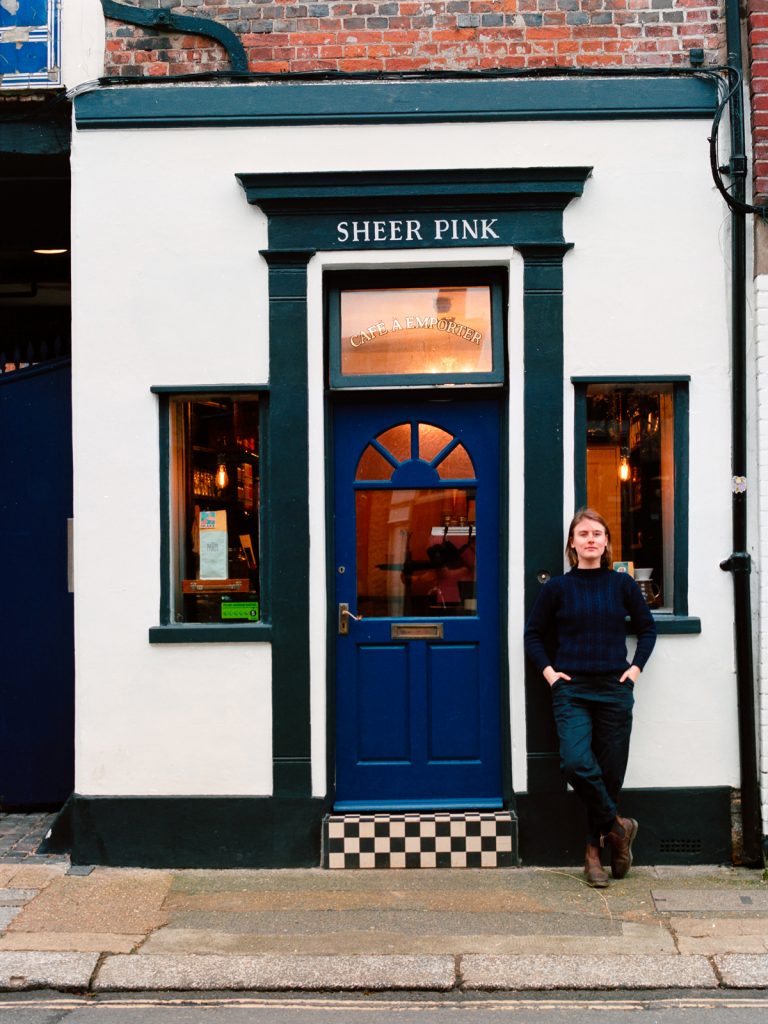
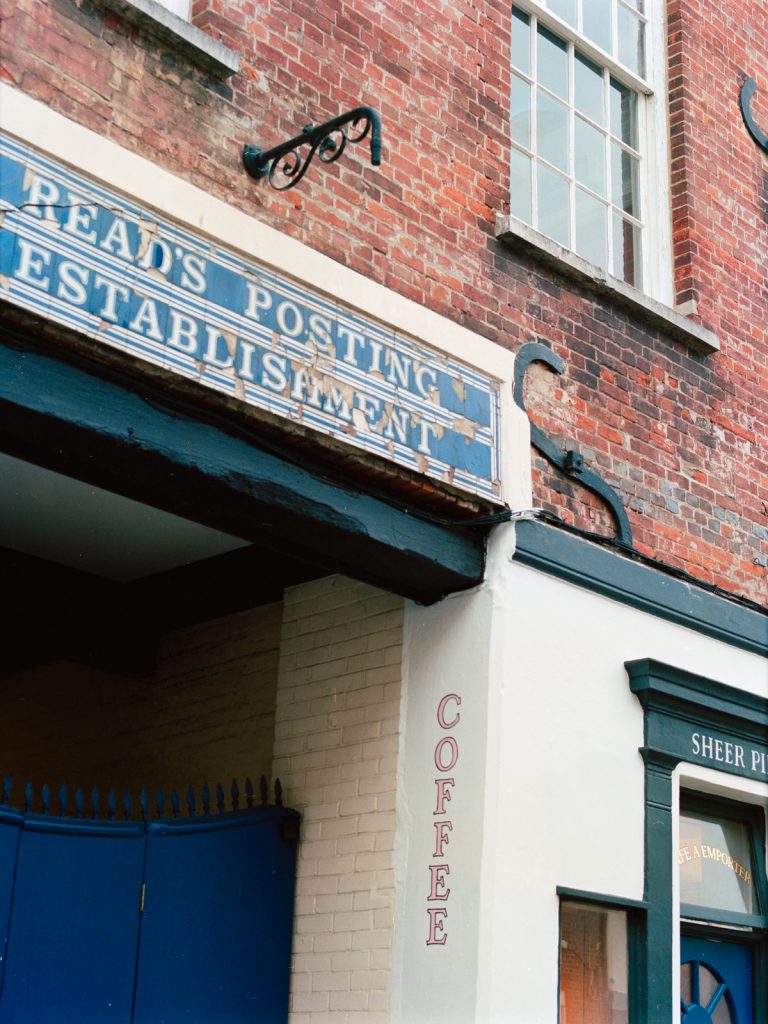
Images from behind the scenes, Nikon F6, Orwo UN54 pushed to 400 in 510 Pyro.
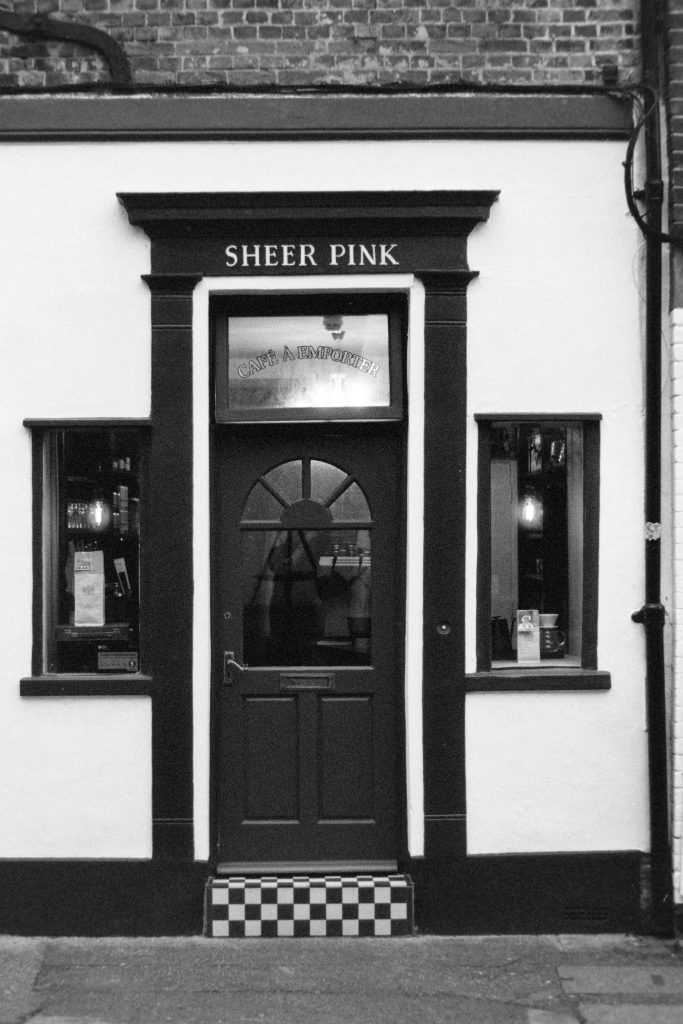
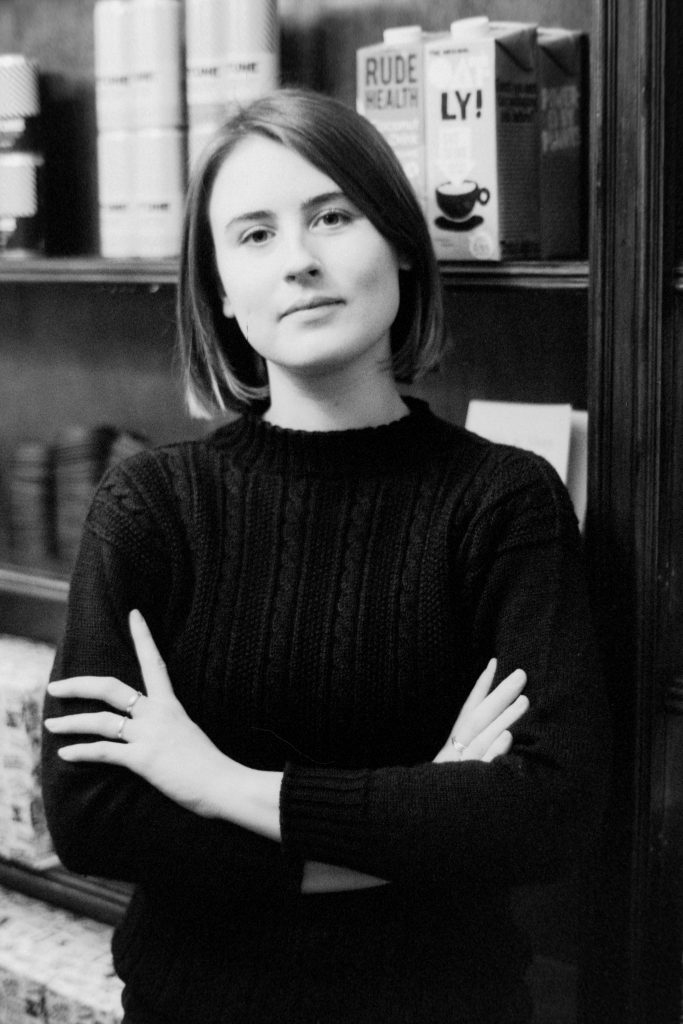
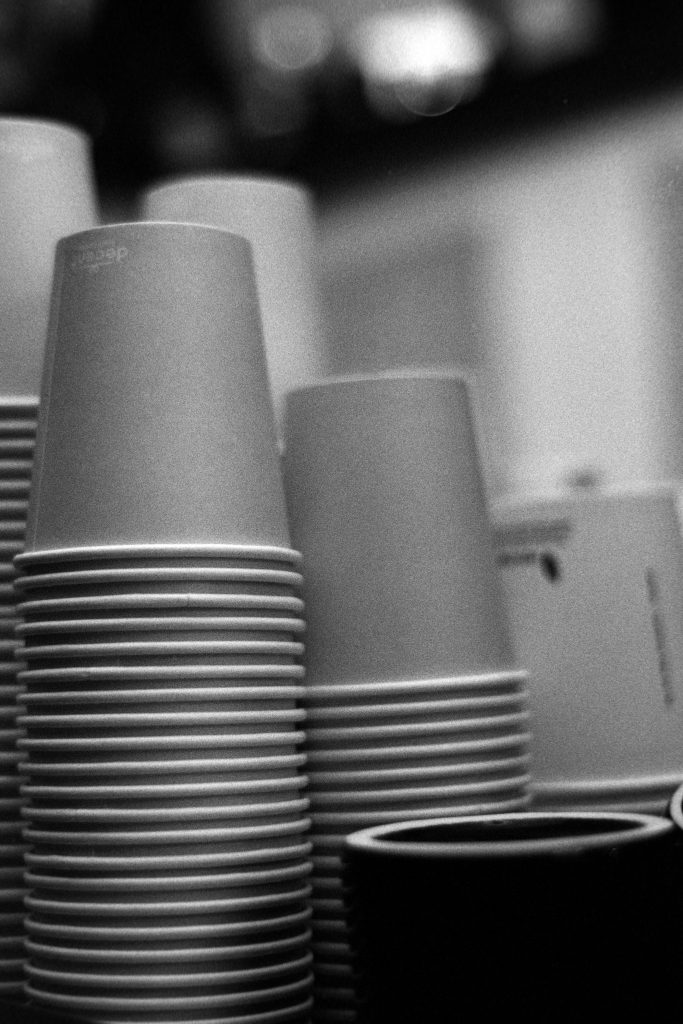
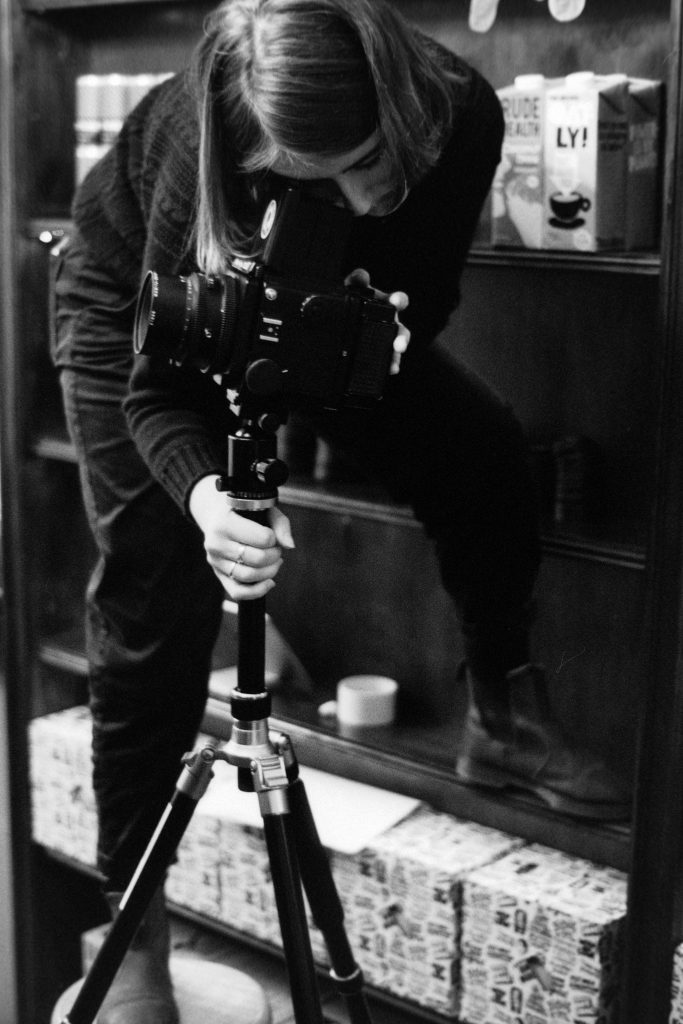
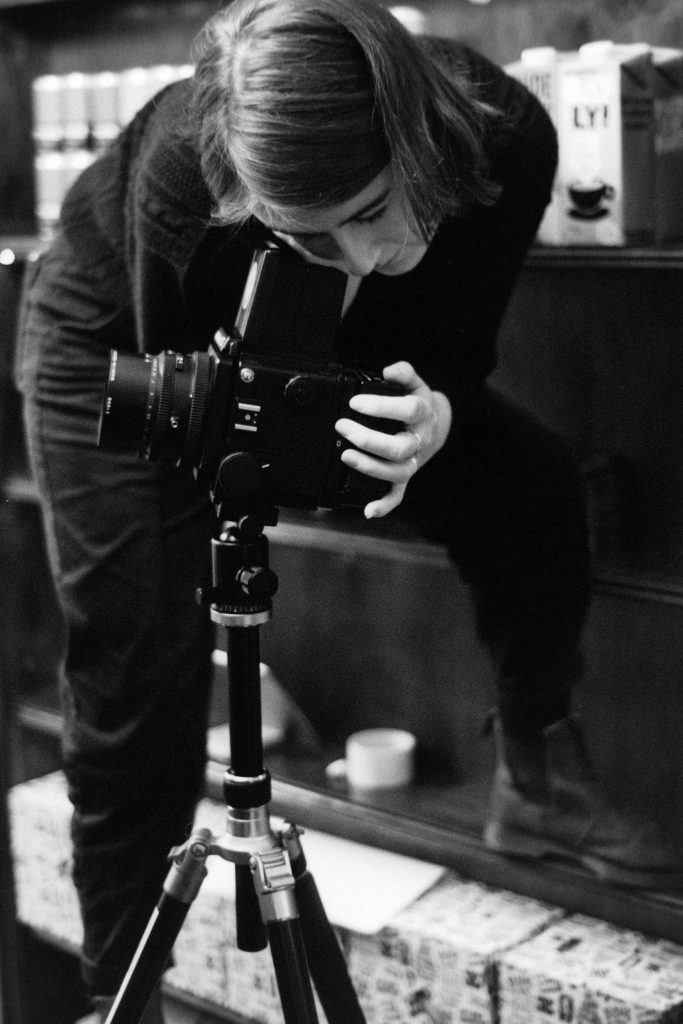
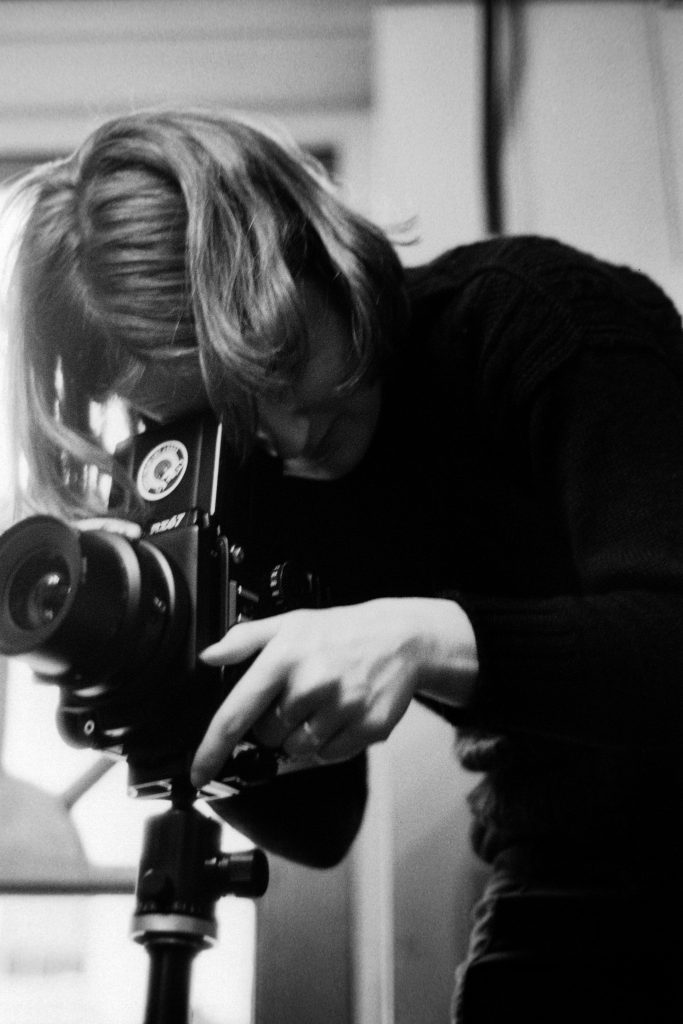
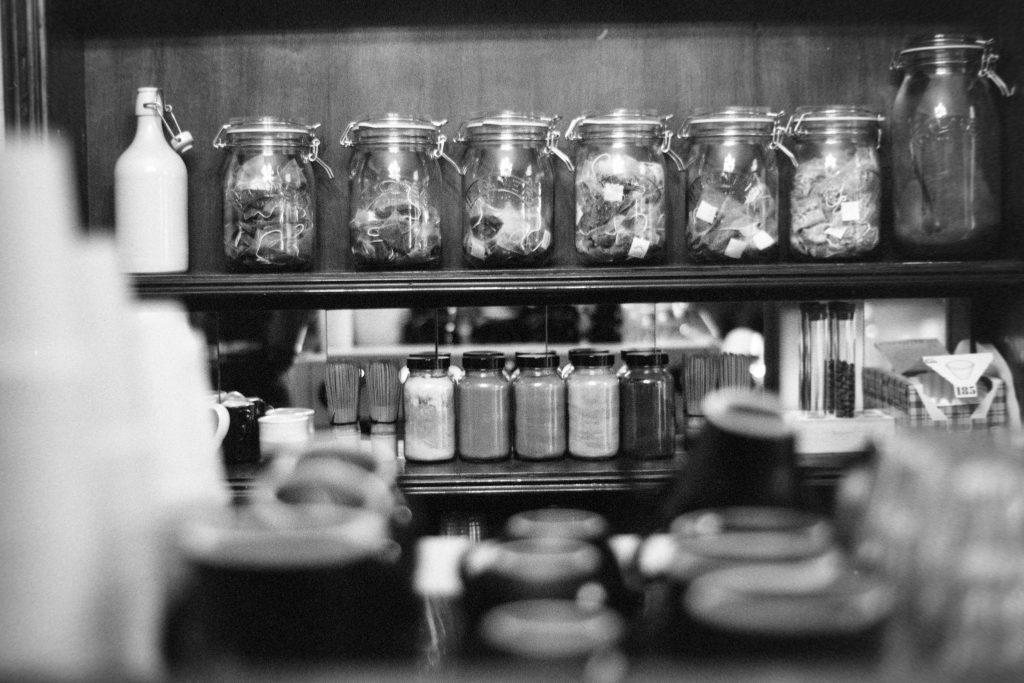
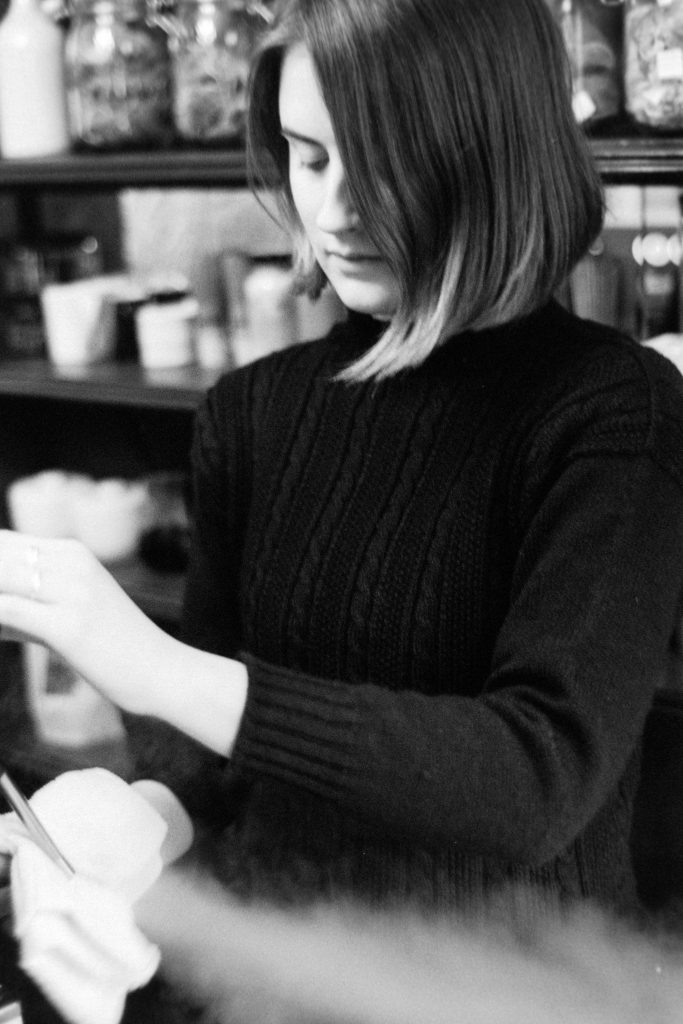
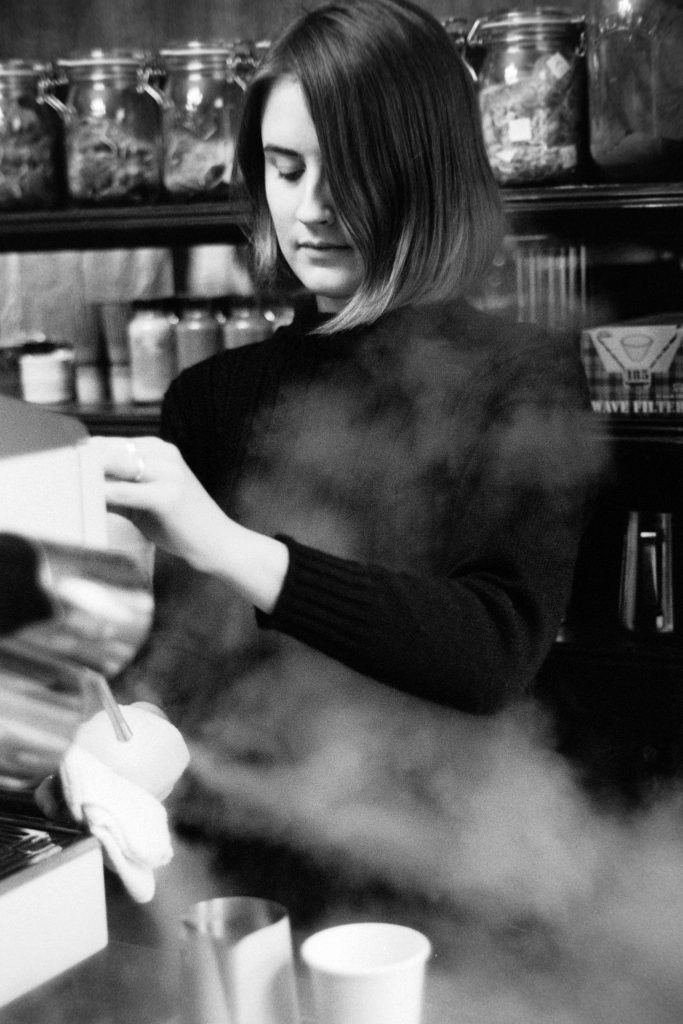
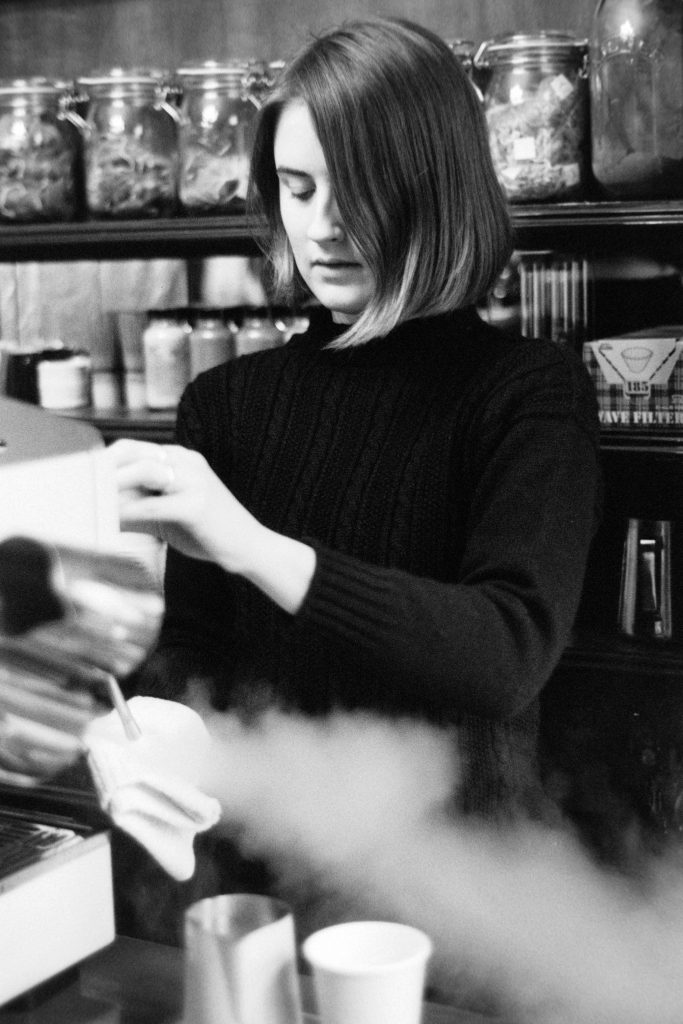
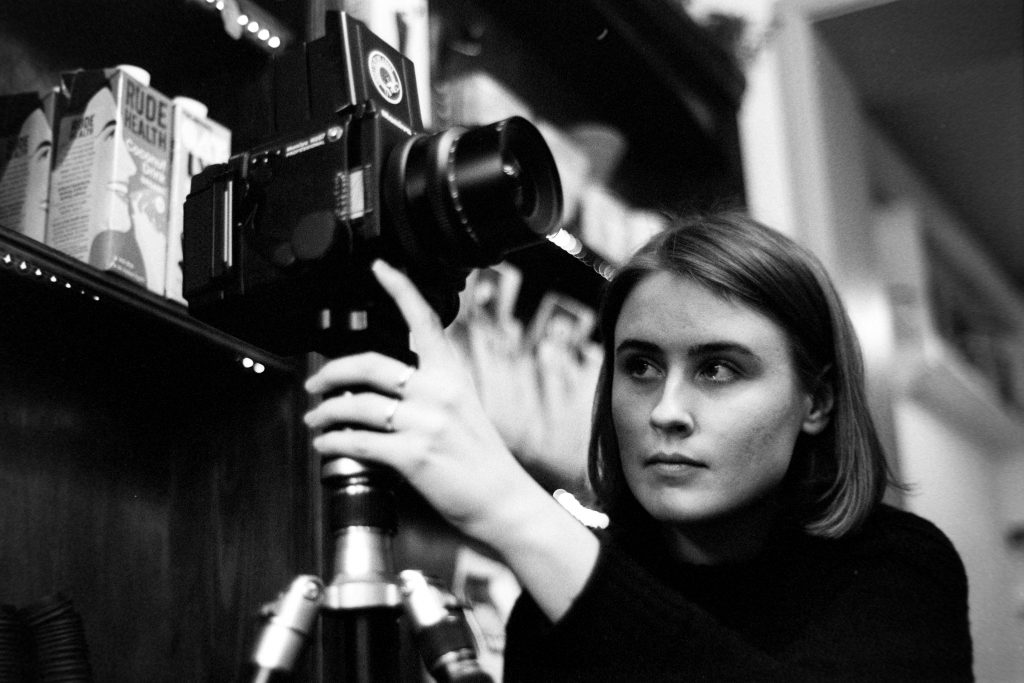
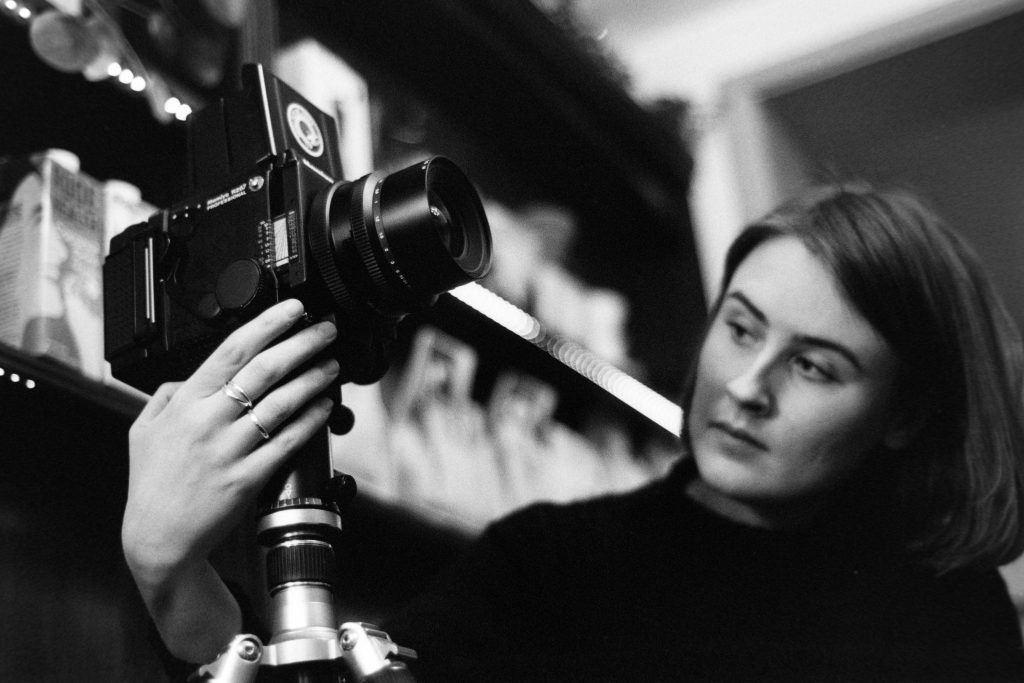
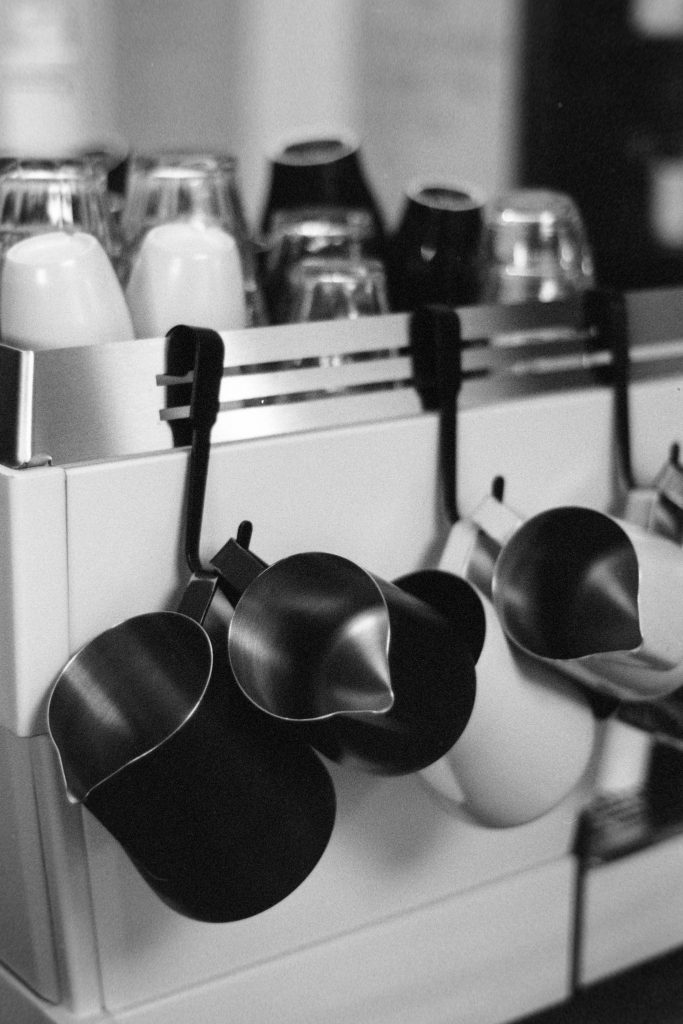
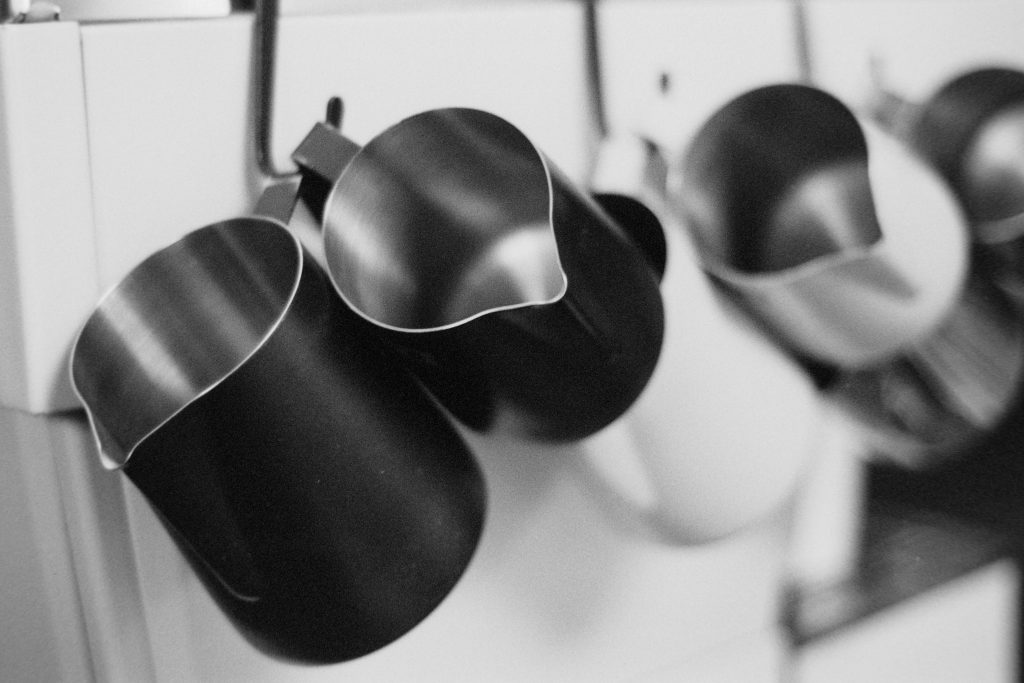
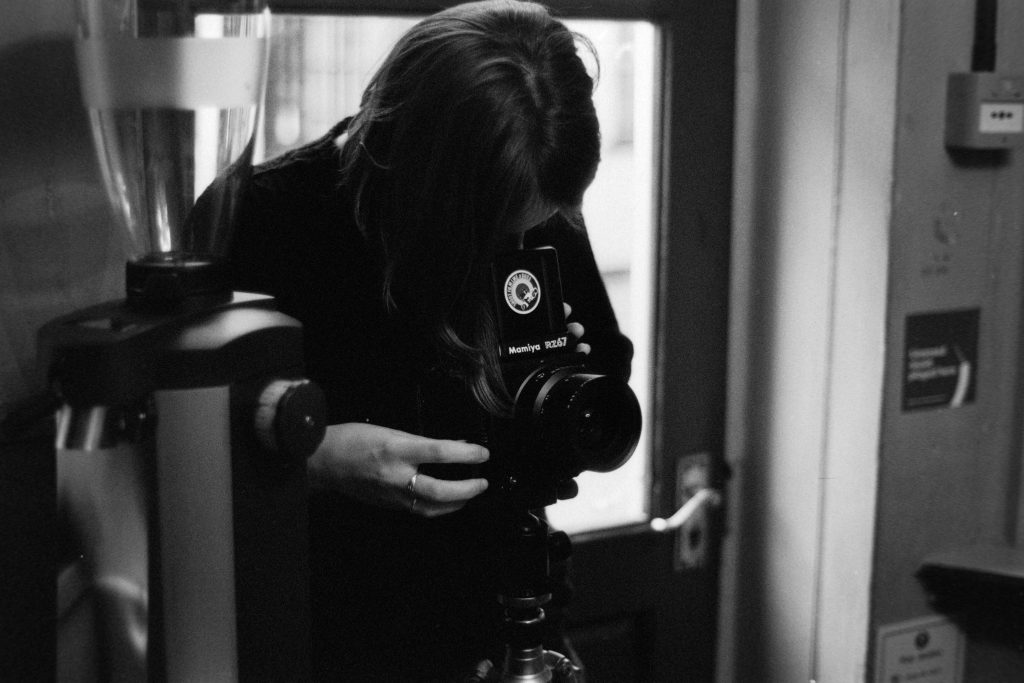
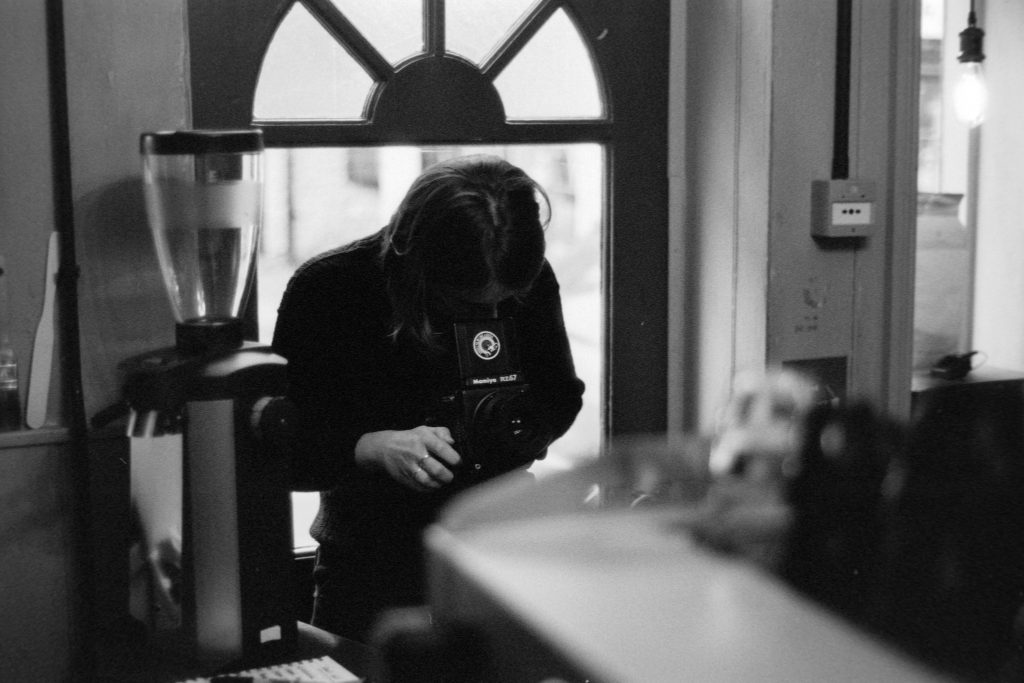
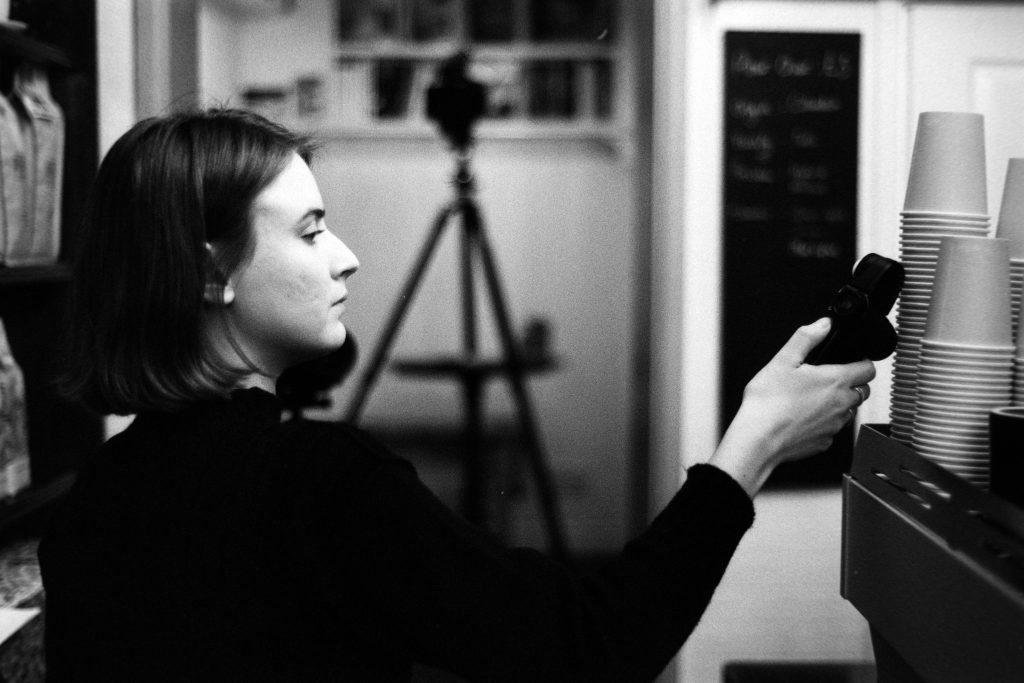
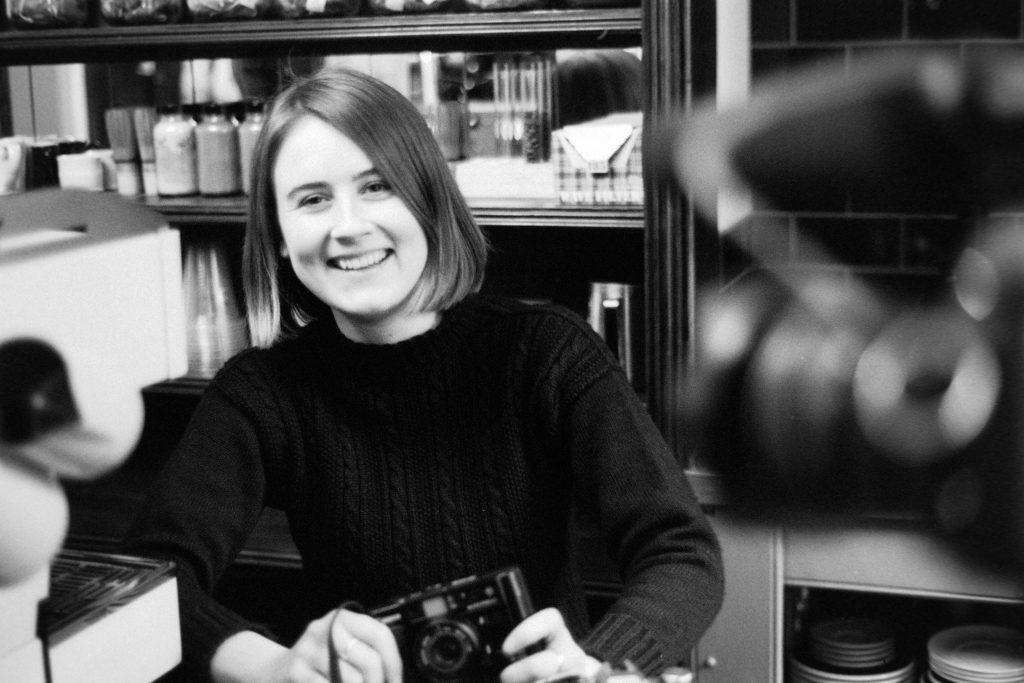
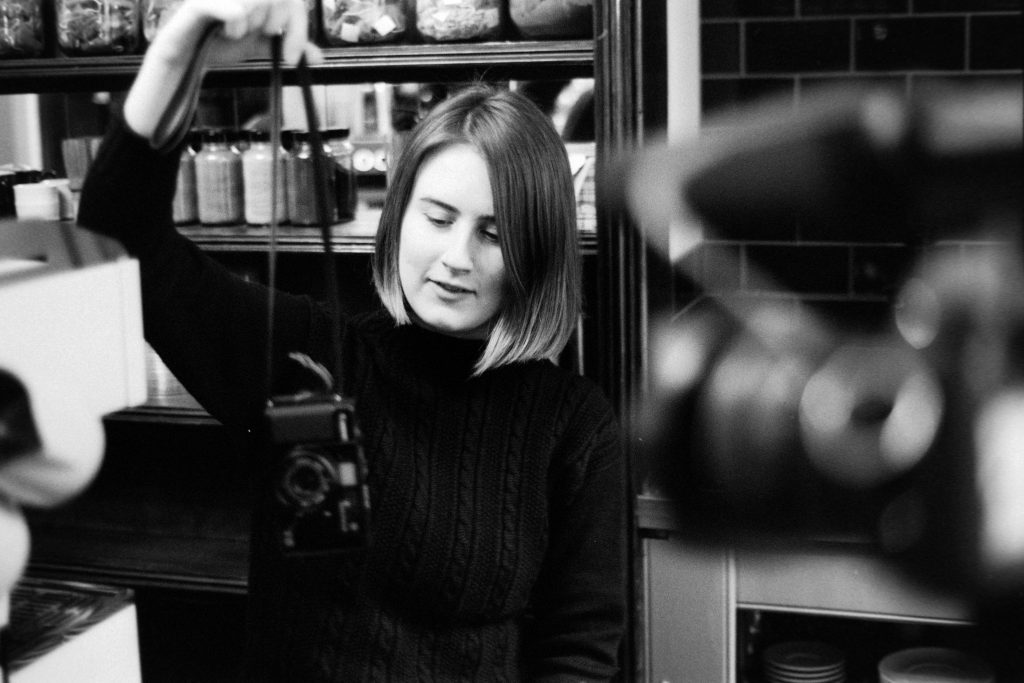
Too much choice?…
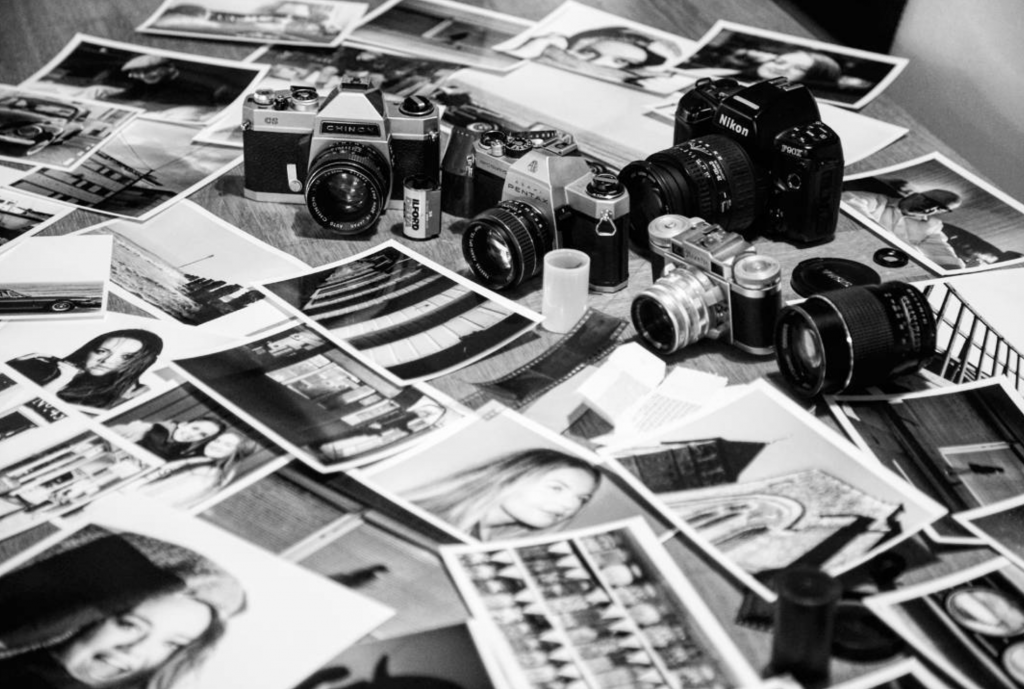
Too much choice?
Up until recently I have always said I love shooting all my cameras and they all have their own place in my photography. But is it too much? I am literally spoilt for choice.
It goes without saying that there are a lot of used film cameras out there up for grabs and most of us get excited at the opportunity of owning a new camera. Especially if it’s one you have always longed for and the day has finally come. Or a camera that you’ve seen on ebay that is selling for next to nothing and you’ve always wondered about it. Easy pickings are those cameras. Don’t cost much and you may have found a diamond!
If you are a film nut like me and have been for many years the word gets around your local area that your a film nut and cameras just seem to get offered to you for free. “Old Tom passed away and his Sister knows you’re a film nut and passes over his much loved camera onto you as she knows it will get put to good use”. I have many of those. And I use them!
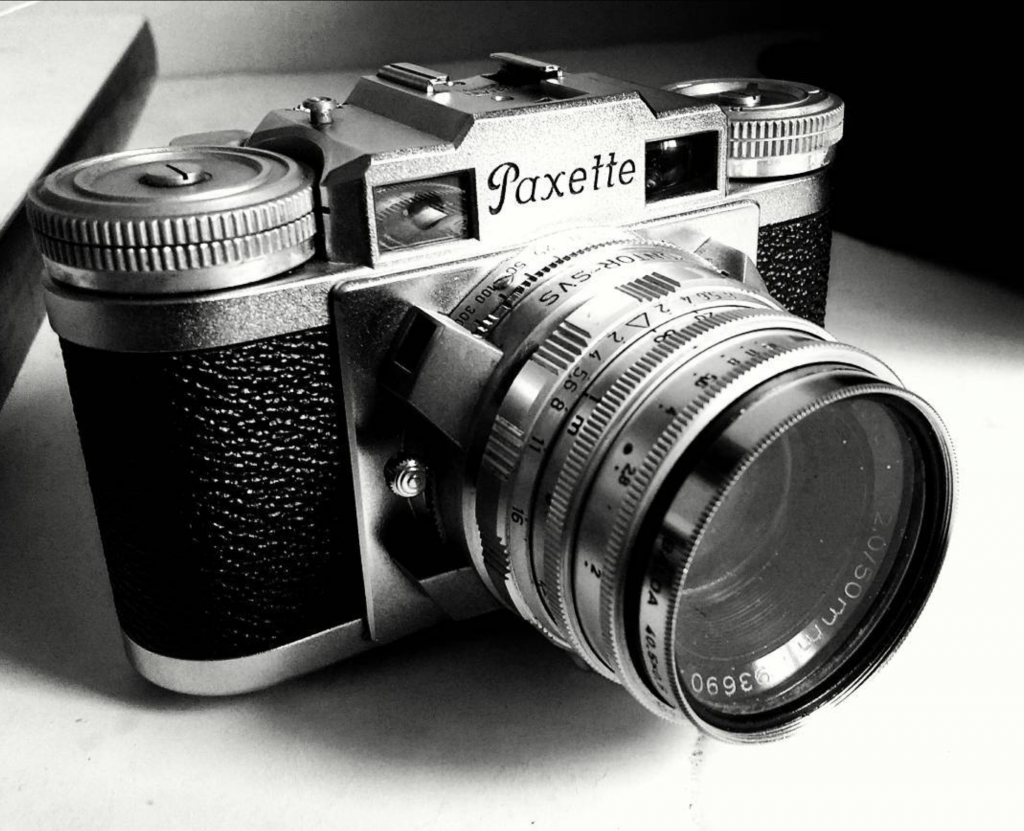
So many cameras and so many different films and developers to play with. It can actually get in the way of your photography. I for one know this.
If I go back, way back, before I had the YouTube Channel I had three cameras. A Nikon F90X with a Sigma 28-135 Lens. A Pentax Spotmatic F and A Braun Paxette. All 35mm Cameras.
Just three cameras and of those three I would mainly use the Pentax Spotmatic. I just liked shooting it. It was not as heavy as the Nikon F90X and it was fully manual with a great classic needle light meter. Just one lens on it which was a 50mm Takumar Lens.
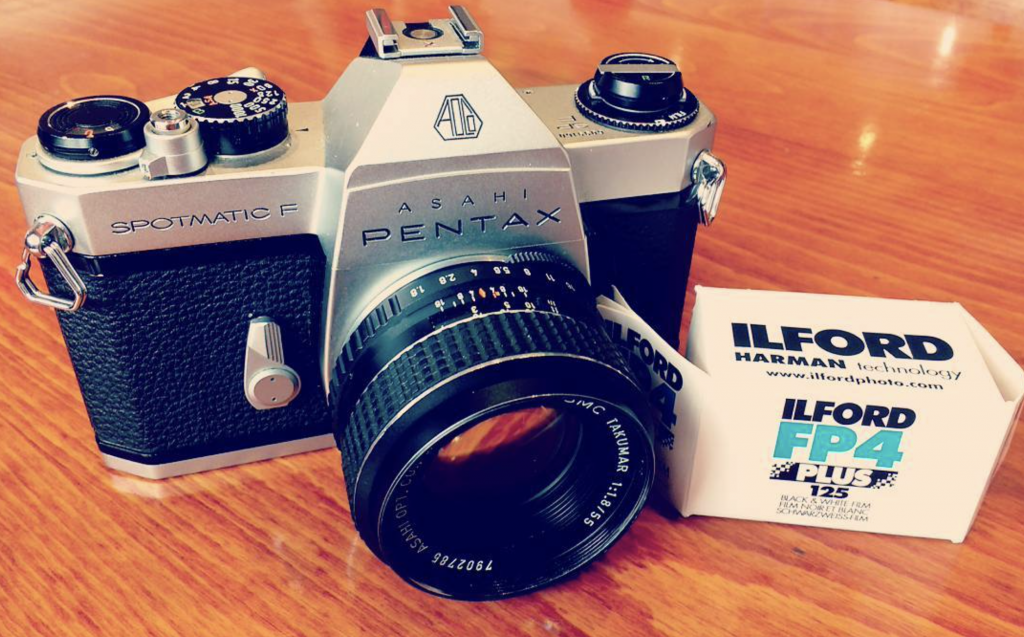
The Braun Paxette was given to me by an old friend and it works fine but is more of a nostalgic peice. And the F90X I would use occasionally, generally if I wanted to play with the Sigma 28-135mm.
I had brick after brick of Ilford Fp4 and Hp5 and what seemed like an endless supply of Rodinal. Yup, Rodinal and HP5! Perfect match for guaranteed grain! A bit less with the FP4. But hey, who doesn’t mind a bit of grain eh? And I guess you don’t have much choice if thats the combo you shoot.
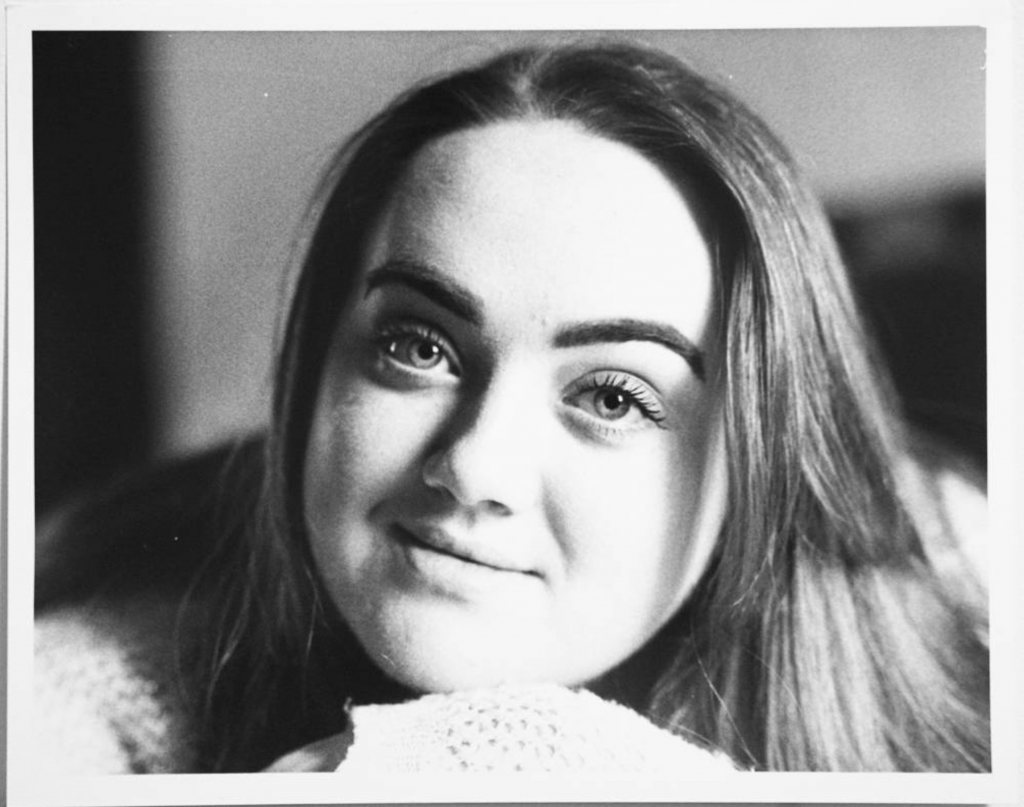
Jess, our Daughter. Pentax Spotmatic F and FP4. Not tac sharp but who cares. A moment in time recorded on silver.
So in the early days my combo for nearly all my photography was a Pentax Spotmatic F, a 50mm lens with FP4 or HP5 and Rodinal. Rodinal because I could get many rolls for my money, it lasted ages on the shelf and very economical when stand developed.
I didn’t have any other choice. Which was perfect really. When I wanted to go out and take photos the only choice I had to make was FP4 or HP5 and where to go. I knew exactly what that combo could deliver for me with regard to sharpness, tonal ranges, exposures and development.
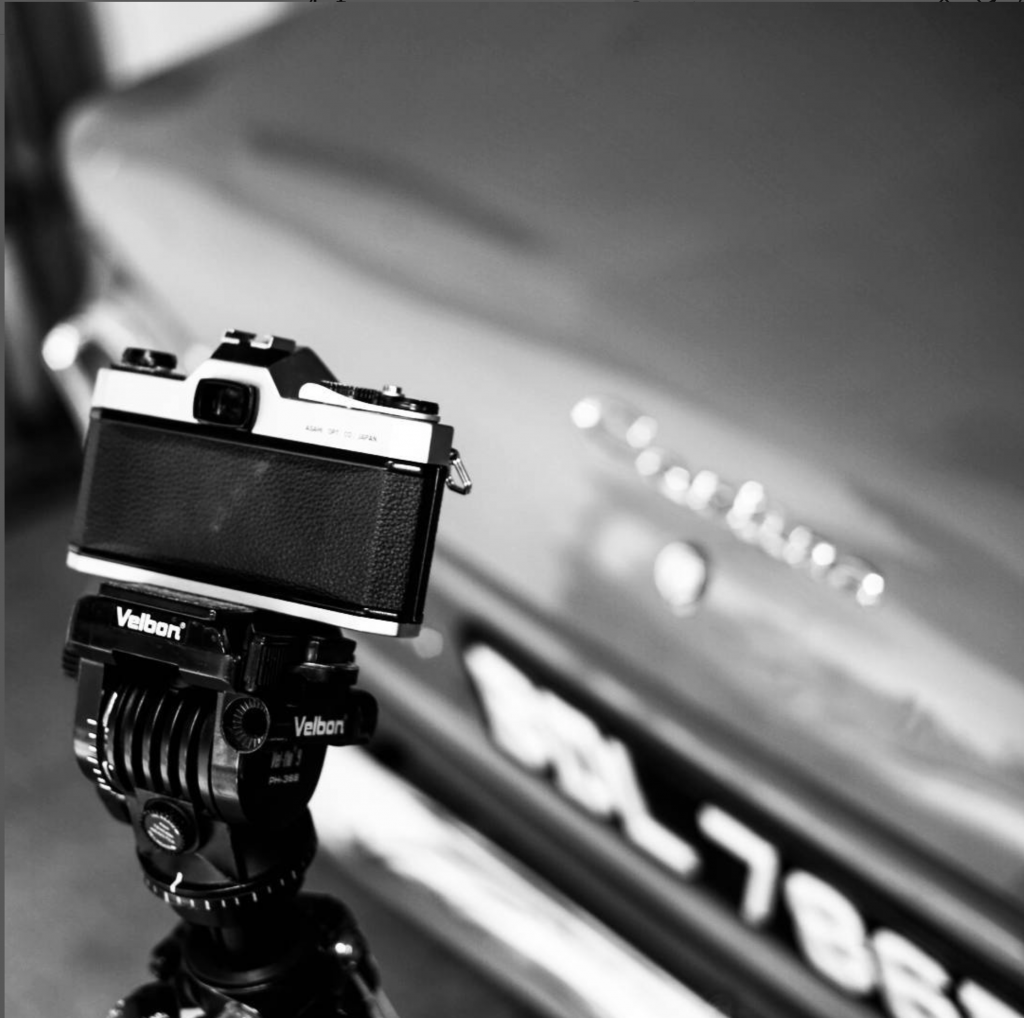
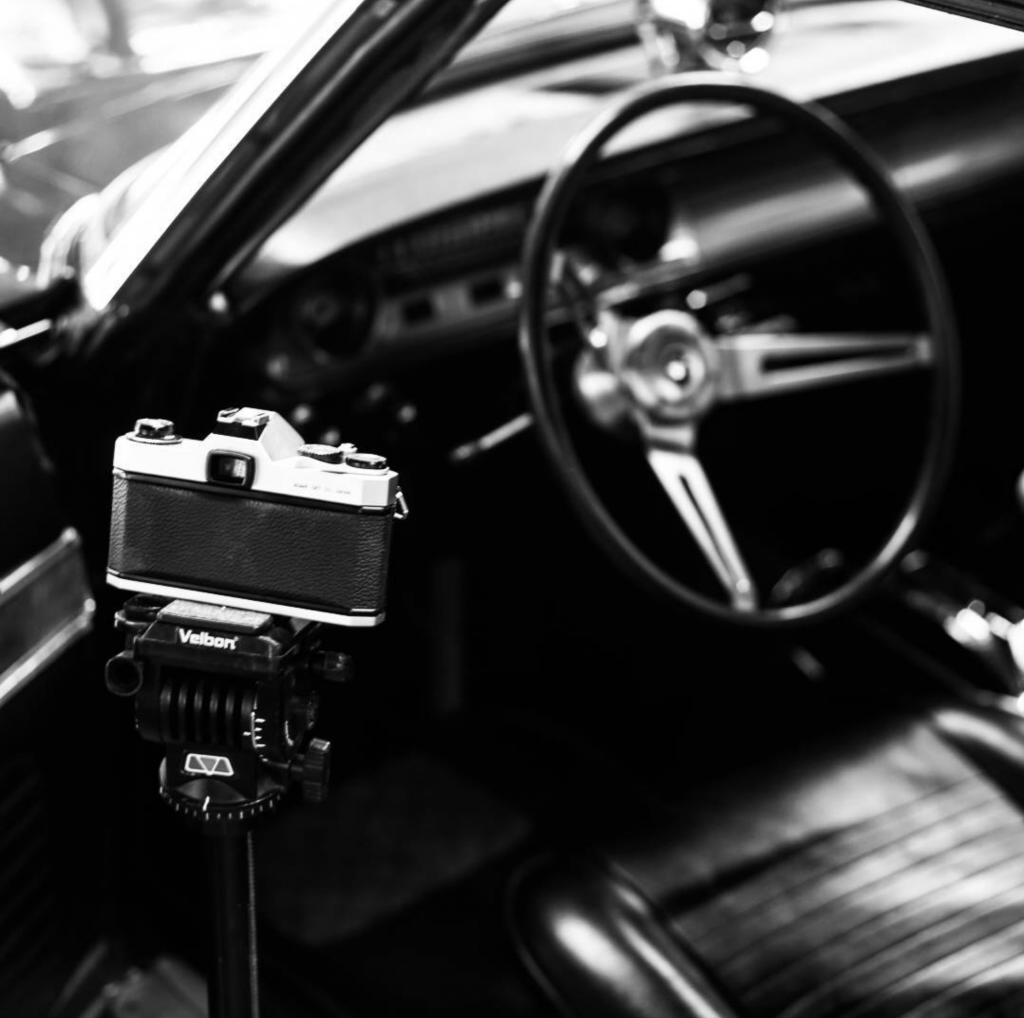
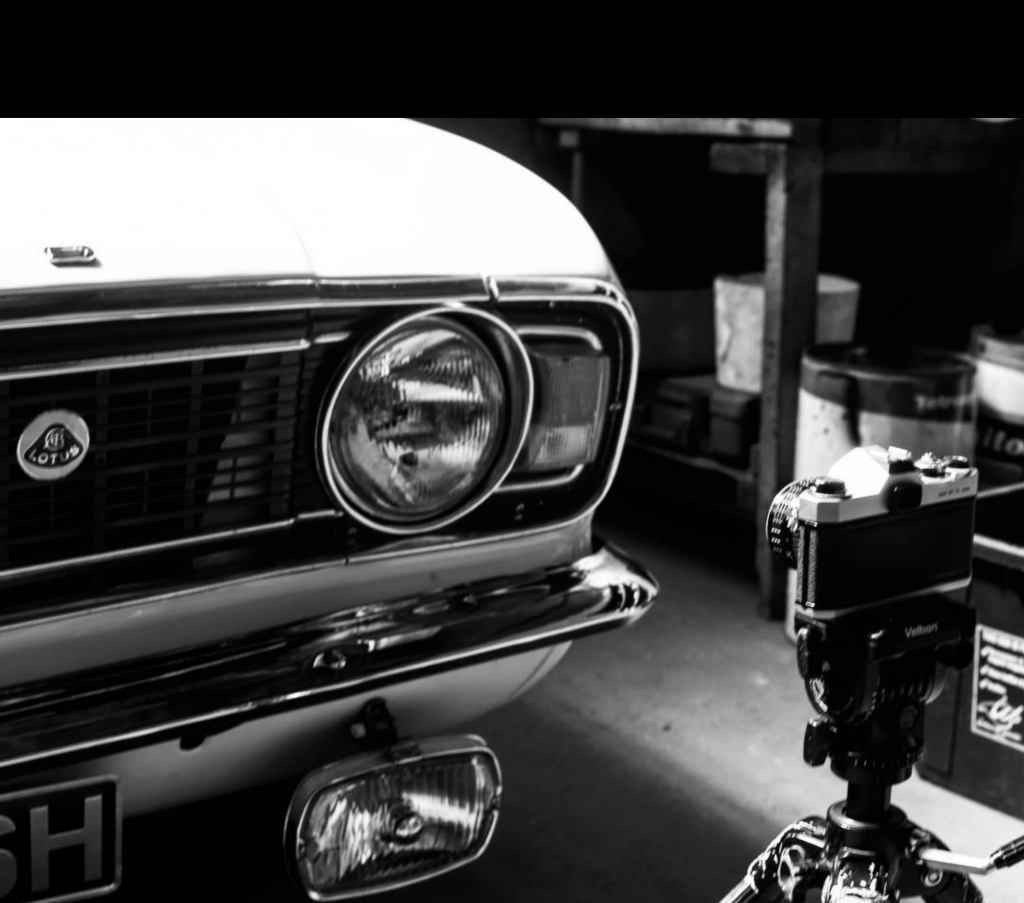
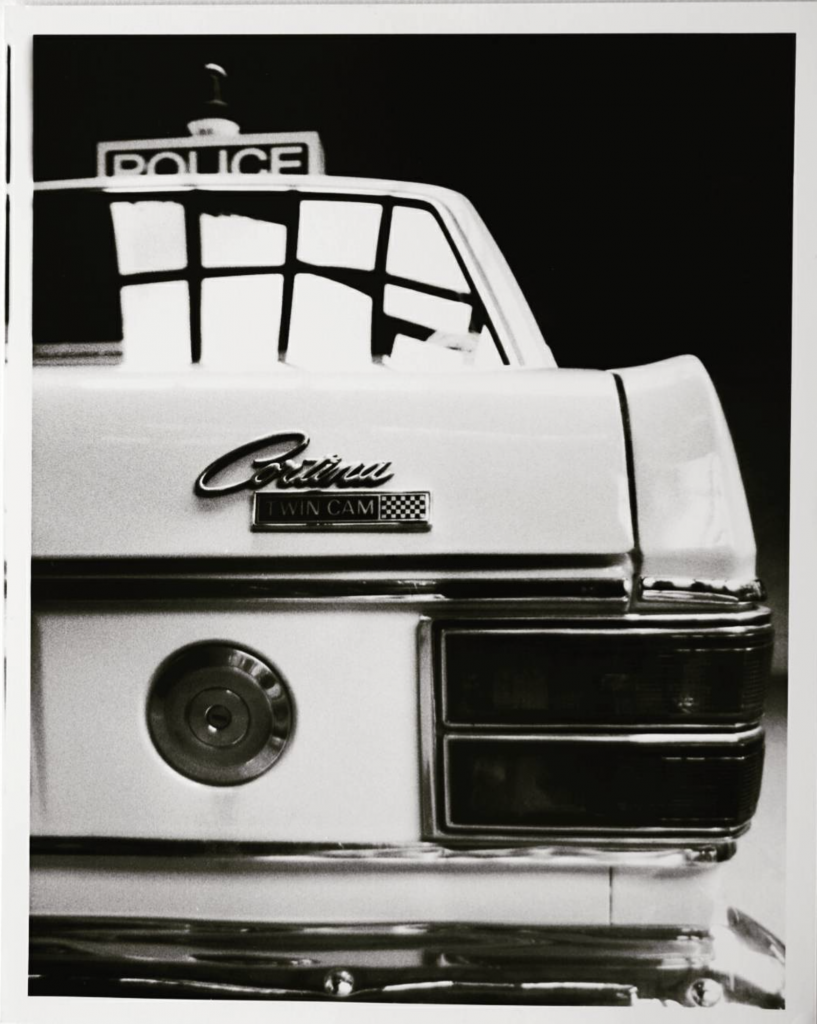
Ford Cortina, Pentax Spotmatic F and FP4
I now have many cameras that I have purchased and have kindly been gifted over the years and I literally am spoilt for choice when I want to go on a shoot. Woodland for example. I can take any one of those cameras into a woods and take photographs. Don’t get me wrong. I love using all of my cameras and it is essential for the channel to show various cameras. It breaks it up and keeps it interesting for you and for me. But when I plan a shoot now off the channel I have to make a choice.
What camera. What lens. What Film. What Developer.
It never used to be this complicated to just to go into the woods and take some photographs. It was a no brainer. Pentax Spotmatic F, 50mm Lens, Ilford Fp4 and a bit of Rodinal when I got back. Happy Days! Unless I fixed the film first which I have done a few times in the past! (Label your jugs and take your time).
Today before I even get in the car I’d have spent much thought on what camera, 35mm, Medium Format, Large Format. And then what film and thinking of what developer and how to develop when I get back.
It’s not healthy for your photography to have so much choice before you’ve even taken a single photograph. Instead I should be looking at the light available and knowing what my faithful combo can acheive when I get on location.
Some photographs I took back in the day…
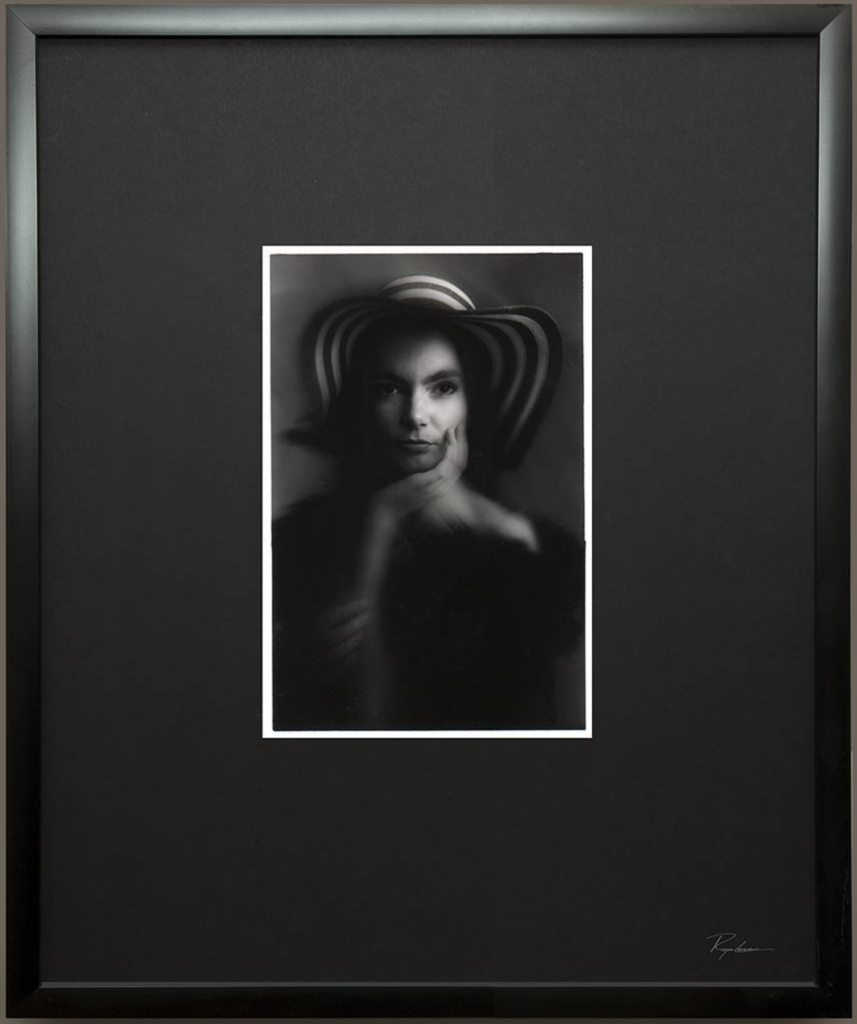
F90X, FP4
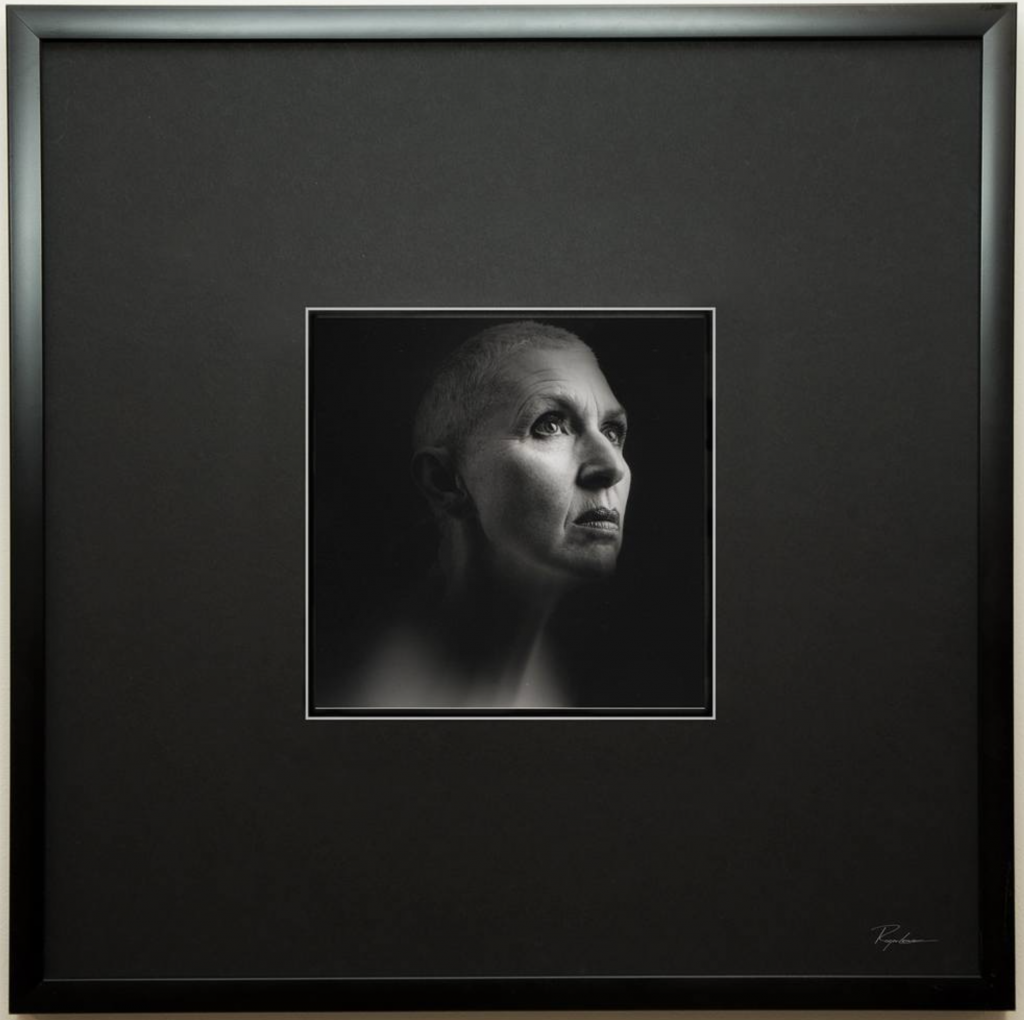
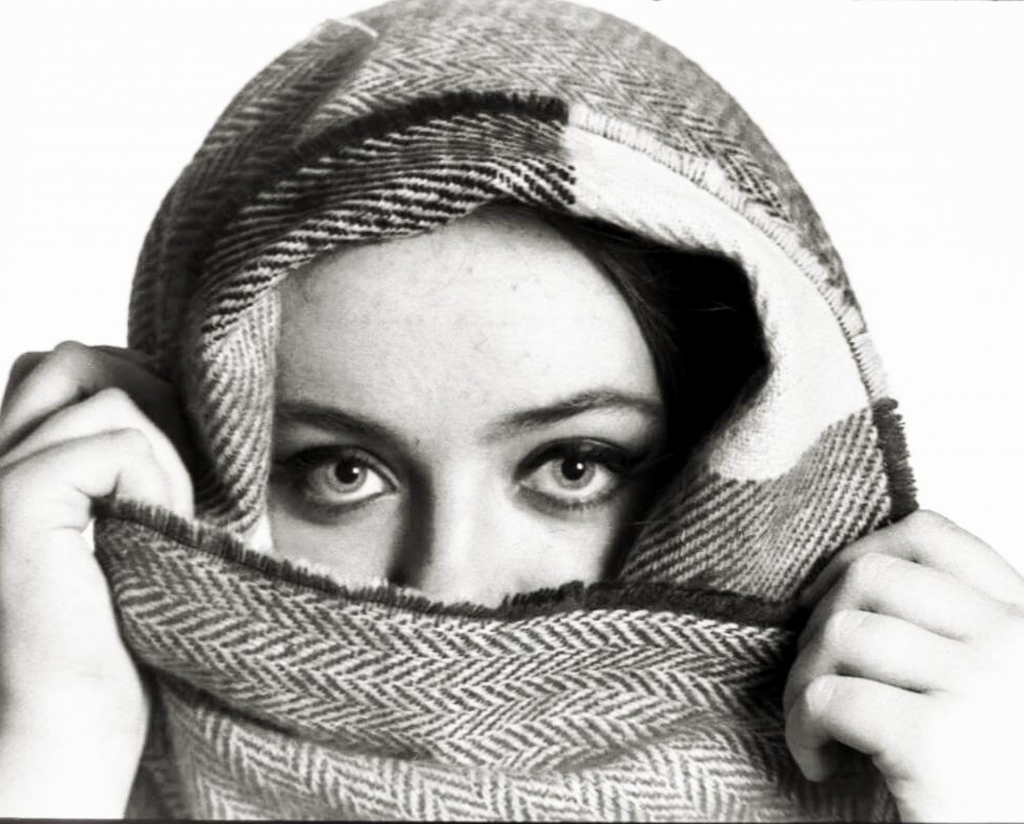
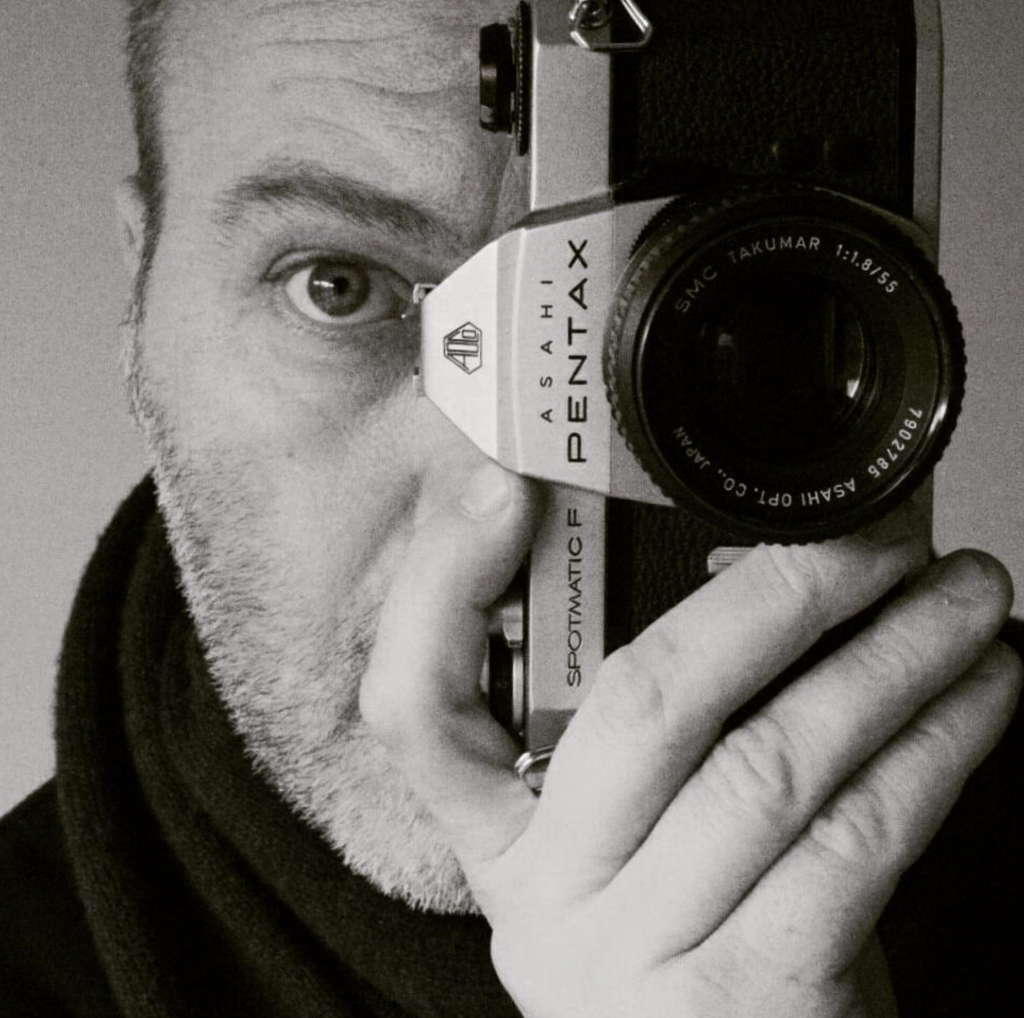
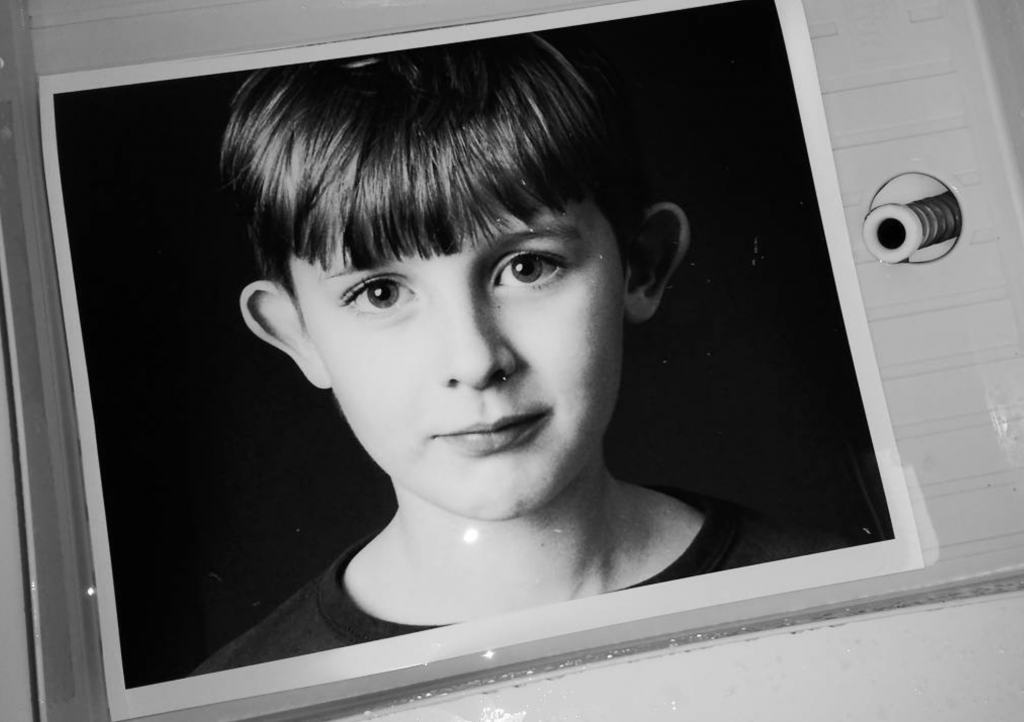
There have been many times I have got on location and made silly mistakes because I haven’t used that chosen camera for a while. It’s soon realised after the first frame but a thought process runs on the camera before I’ve pressed the shutter. I’m talking of framing with a rangefinder and TLR and the camera that has inaccurate shutter speeds that I forgot about. The same would apply to the chosen film and developer. More so the film and developer though.
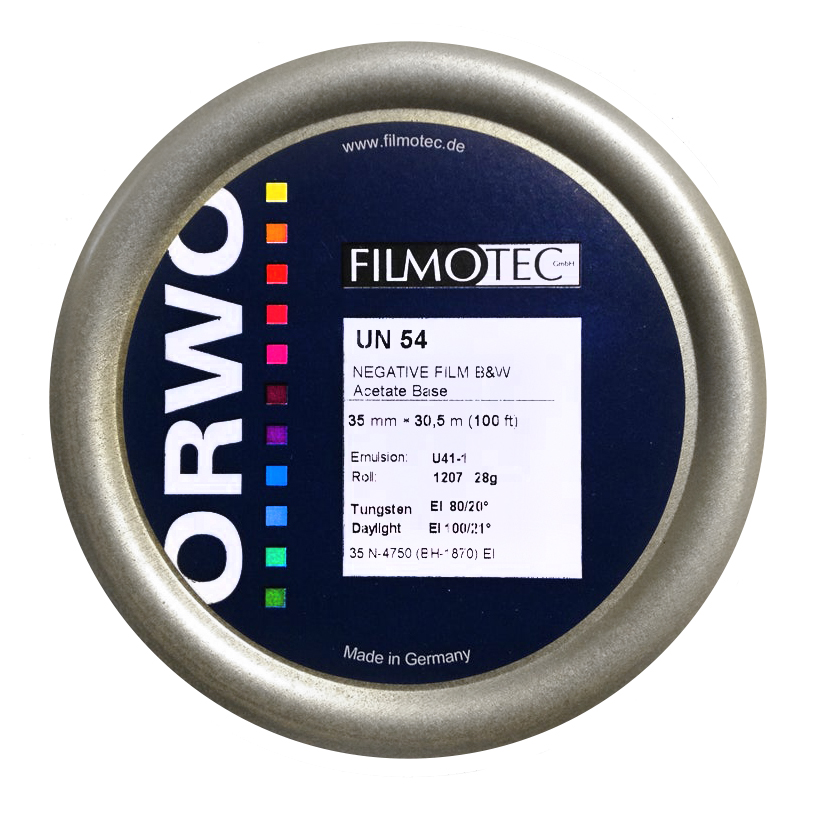
A film I have really started to enjoy of late is ORWO UN54. It is a brilliant motion picture film made in Germany. I buy it in 100ft tins and roll my own cassettes. You don’t see me show it much on the channel and instead see me shooting other films. I do this to break the content up. As I said earlier I would rather show many cameras and many films and developers on the channel as it is not much fun banging the same drum every week. For example, the other week I sent an image of a photograph that I took and he replied “ORWO Again?”. I found that amusing yet interesting. I realised I had been using ORWO off the channel extensively and maybe it was predictable. It was in fact FP4 but you see the point.
Unfortunately my Pentax Spotmatic F light meter no longer works so when I take that out for a play I have to take a light meter with me. Not so much fun when you have 36 exposures.
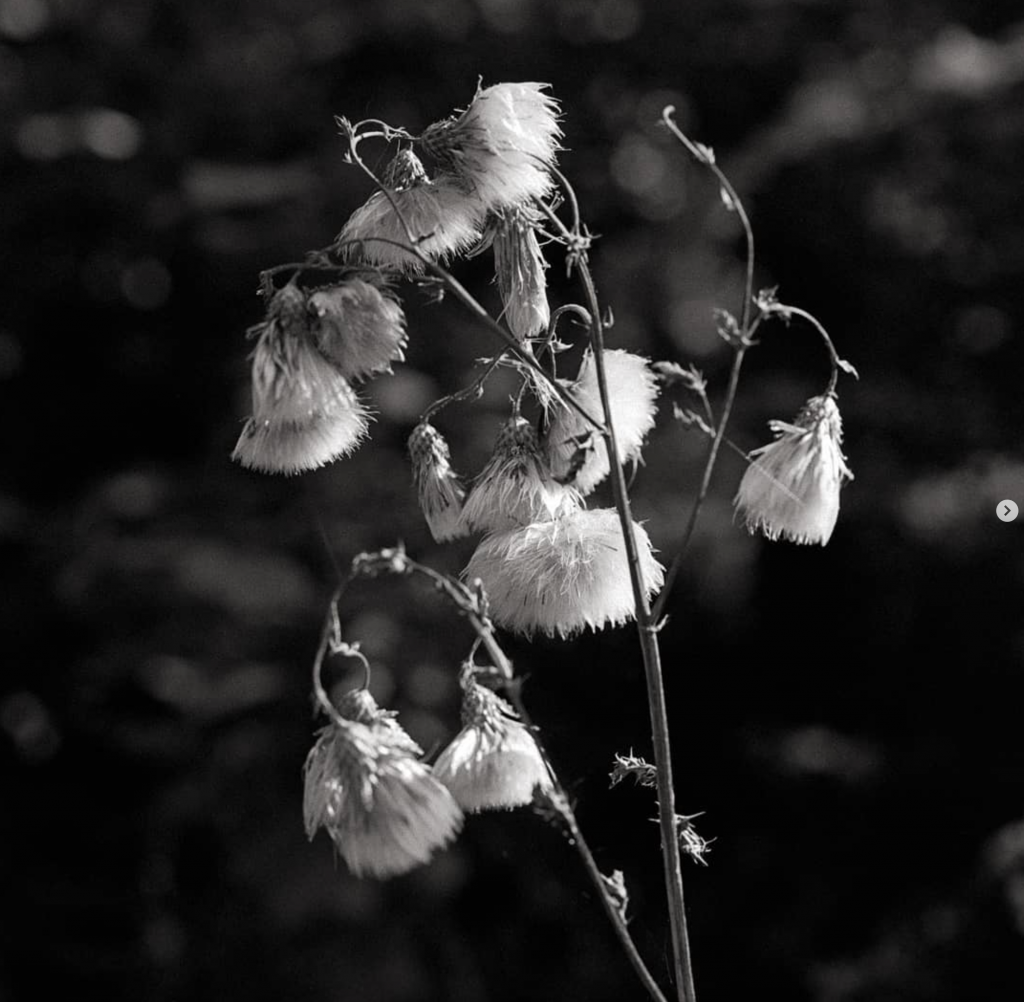
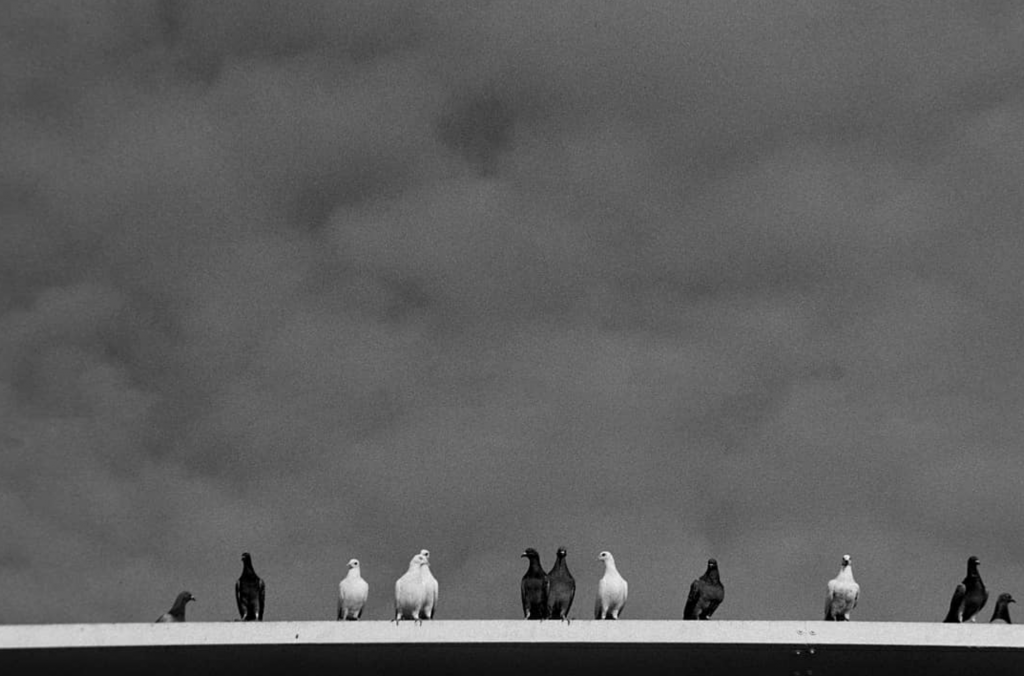
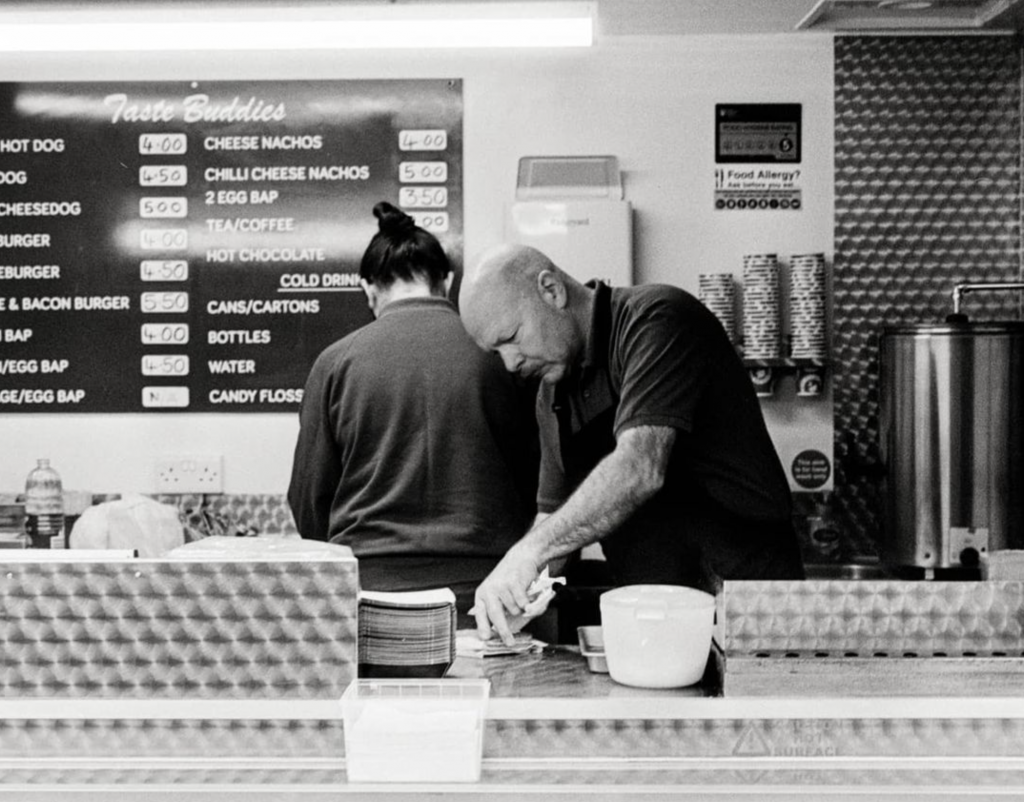
So I have decided to (off the channel) get back to my old routine of one camera, one lens, one film and one developer and see where it takes me. I have chosen the Nikon F6 with a 50mm lens as my faithful shooter. (“Wait, What… You have a Leica MP and you choose the F6?” Yes, A good friend gifted me one). The F6 is a robust all weather camera. Feels good to grip and less likely to get mugged on the streets. I just don’t wanna wear the MP out. Although the F6 eats batteries faster than I eat my Easter eggs!
Orwo UN54 as the film. And 510 Pyro as the developer. ORWO UN54 is a 100 speed film but I can push it nicely to 400 in 510 Pyro. I chose the Nikon F6 because it is not too heavy, has an amazing light meter inside and works a treat on the shutter. And I should be able to nail this combo for most lighting situations I am up against and really get to know this films strengths and weaknesses with that developer.
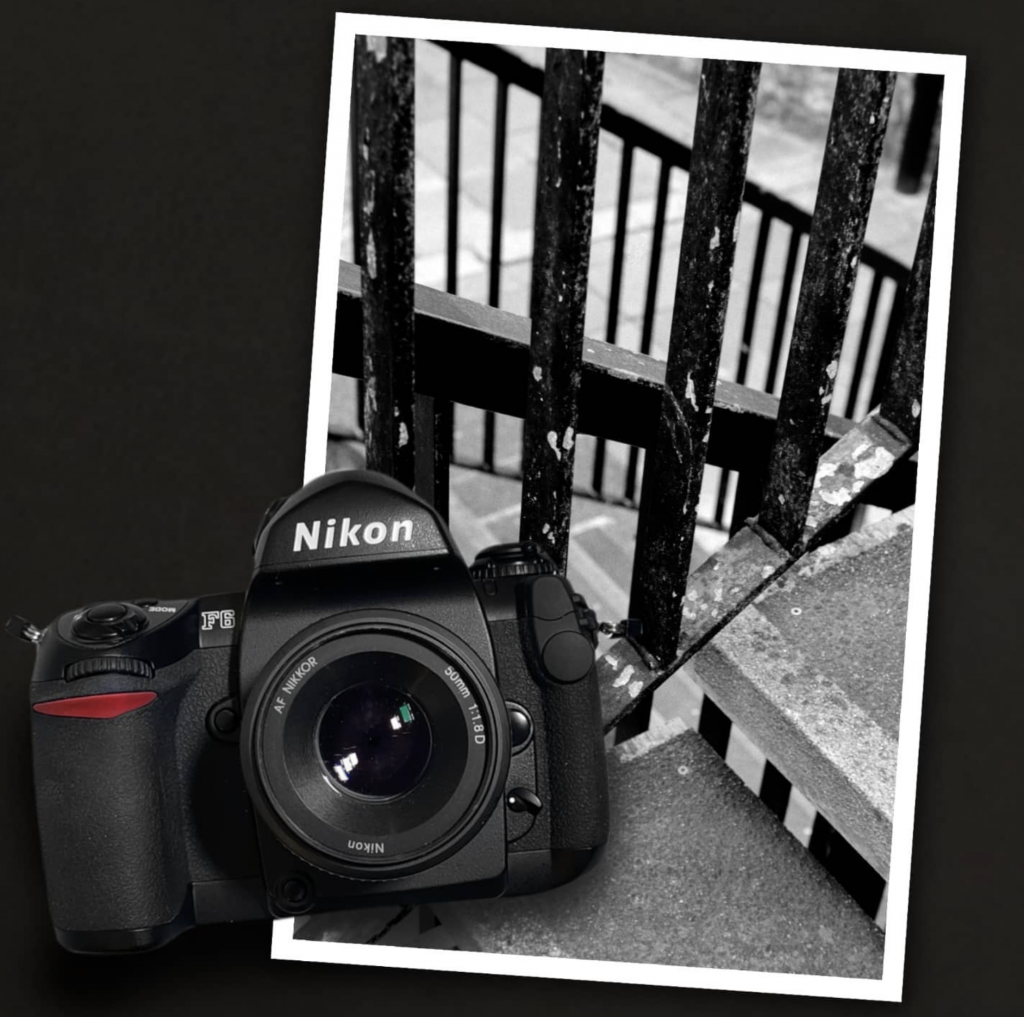
Of course, now and again I will bring this combo onto the channel but behind the scenes this is where I will mostly be for my photo walks, scapes and woodland photography.
No more wondering what gear to take out, unless I really do fancy shooting Medium Format or Large Format or any of my other lovely 35mm cameras for a change. Forget Pinhole Photography and the Holga. I have other projects for those.
It is still nice to have that choice and I feel fortunate for that. But sometimes I am thinking too much about choice of camera and film and developer and it does get in the way of my photography.
If you only have one or few cameras then you’re where I was years ago. It’s good to try different films and developers but always try and master for yourself one film and developer combo. If you have many cameras and are getting a bit lost for inspiration go back to the beginning with one camera, one lens, one film and developer combo.
I shall blog my recent developments (pardon the pun) on the SFLaB website as well as the channel.
Ilford Fp4 on Large Format
It’s a Saturday morning and it’s raining outside. I like photography but I really couldn’t be bothered to go out in the rain. trust me, I thought about it and even started wondering what camera to take, but then I thought… It’s Saturday morning. I’ll watch some TV… Nope, I’ll take some photos indoors…, nope, I’ll watch some TV.
So I did. I sat in my TV chair which is next to a large patio door and down near my feet are a stack of packaging boxes that my Daughter uses for mailing out her Wax Scents. The light coming in from the window onto the packaging boxes looked beautiful and I stared for a while and then I took a photograph on my phone.
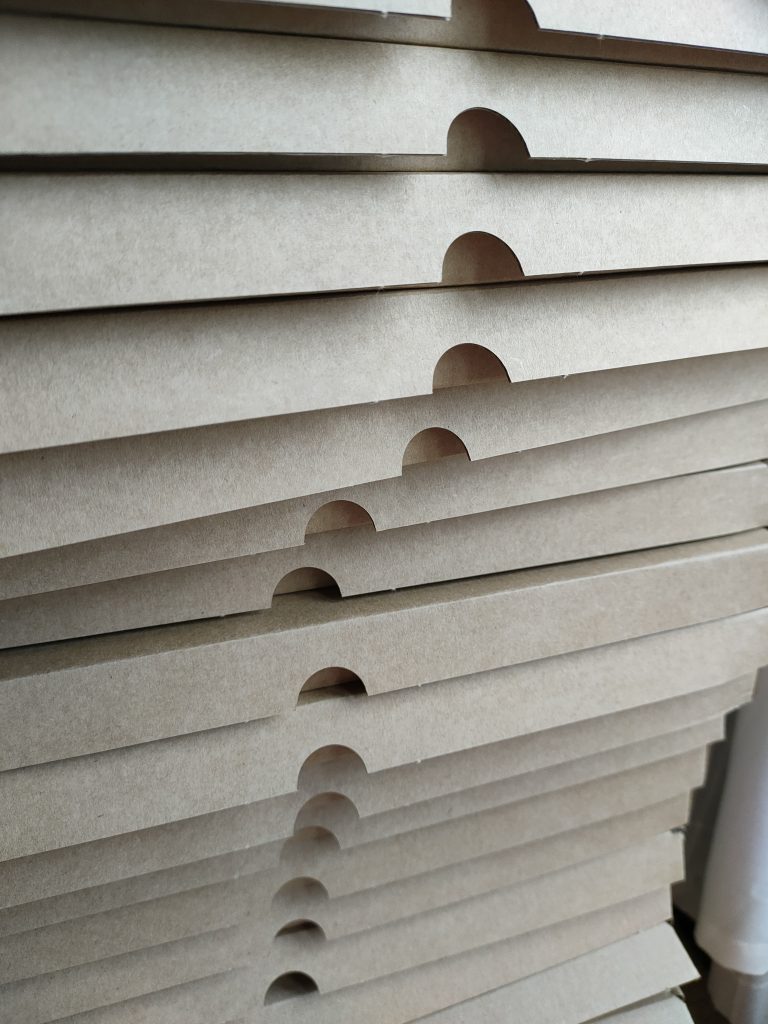
I noticed the light wrapping around the boxes looked really nice and I wondered what I could do on Film. This is one thing I love about Large Format. I can set up and take just a couple of sheets. Thats what I did. It just takes a while to set up and compose, which I don’t mind. It’s Photography on a super slow scale!
I grabbed my Intrepid 4×5 Camera, a Schneider Kreuznach 90mm lens, a cable release, light meter, grey card, Film holder and Ilford Fp4 sheets.
It took me a while to get the movements and composure for the photograph. I set the lens aperture to f/45 and proceeded to find my shutter speed for the scene using the Sekonic Light Meter in Spot Mode.
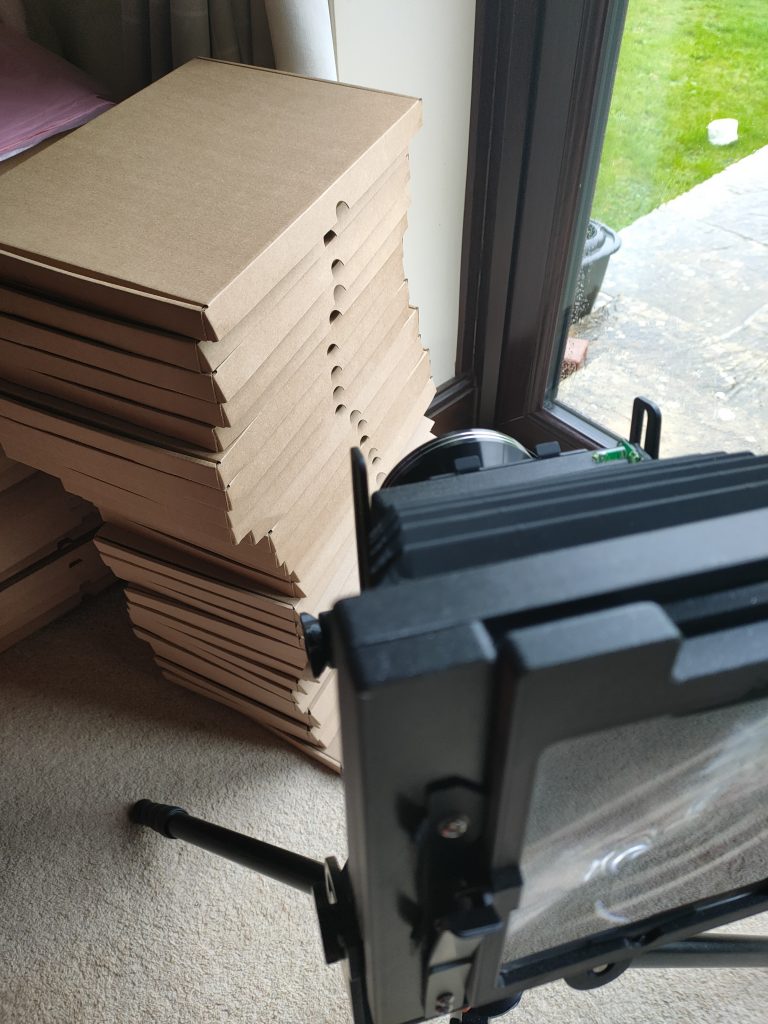
I placed the grey card just on the corner of the boxes and toward the camera. I wanted to get detail on the shaded part of the boxes for which, you can’t see, but I had a white reflector bouncing some light back in.
The meter gave me a reading of 15 Seconds at f/45. I am now into reciprocity failure territory! But, before I calculate that I have to measure my bellows factor. That came in at 160mm from the lens board to the back of the film plane. My lens is only 90mm so I know I need to allow for the bellows or my photograph will be under exposed.
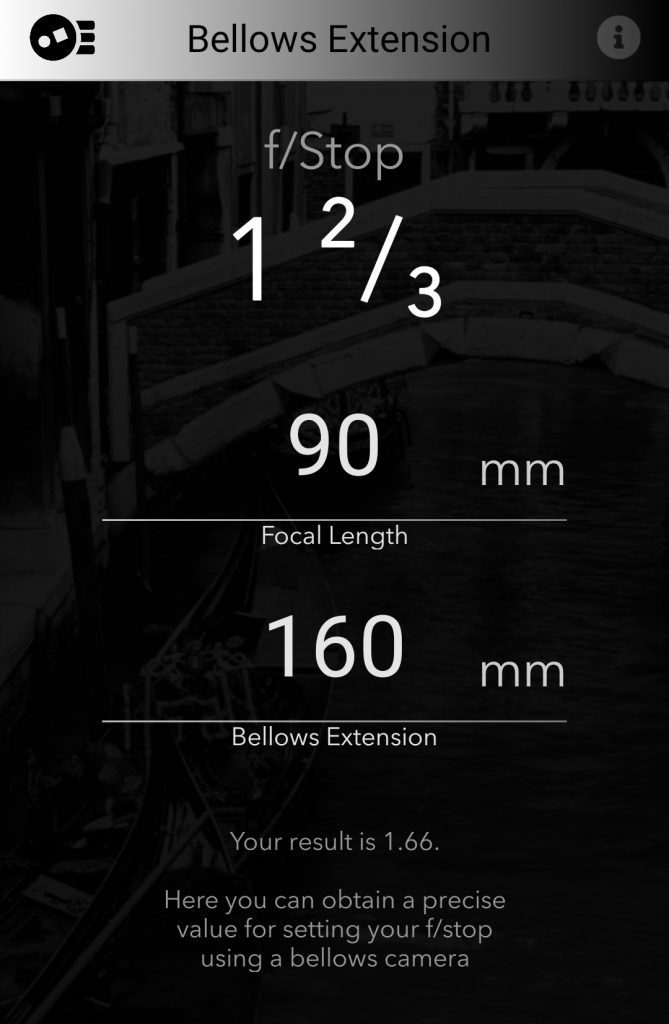
You can see I had to allow for almost 2 stops extra!
15 Seconds plus 2 stops is 60 Seconds. But I chose 45 Seconds.
Reciprocity Failure for that FP4 Film I worked out to take me to 121 Seconds. That was my exposure time for which I then proceeded to take my photograph.
I then took another photograph changing composition which gave me slightly shorter bellows so I compensated accordingly. I also metered with the Gray card pointing toward the window and not the camera.
I developed the two sheets in Rodinal at 1:50 in my Stearman Press Tank which holds 475ml of working developer. I put 9ml of Rodinal into a 500ml of water and proceeded to develop the sheets for 14 minutes with 5 inversions to start and then 5 inversions on the minute every minute. Stopped with just water and then fixed with Ilfords Rapid Fixer.
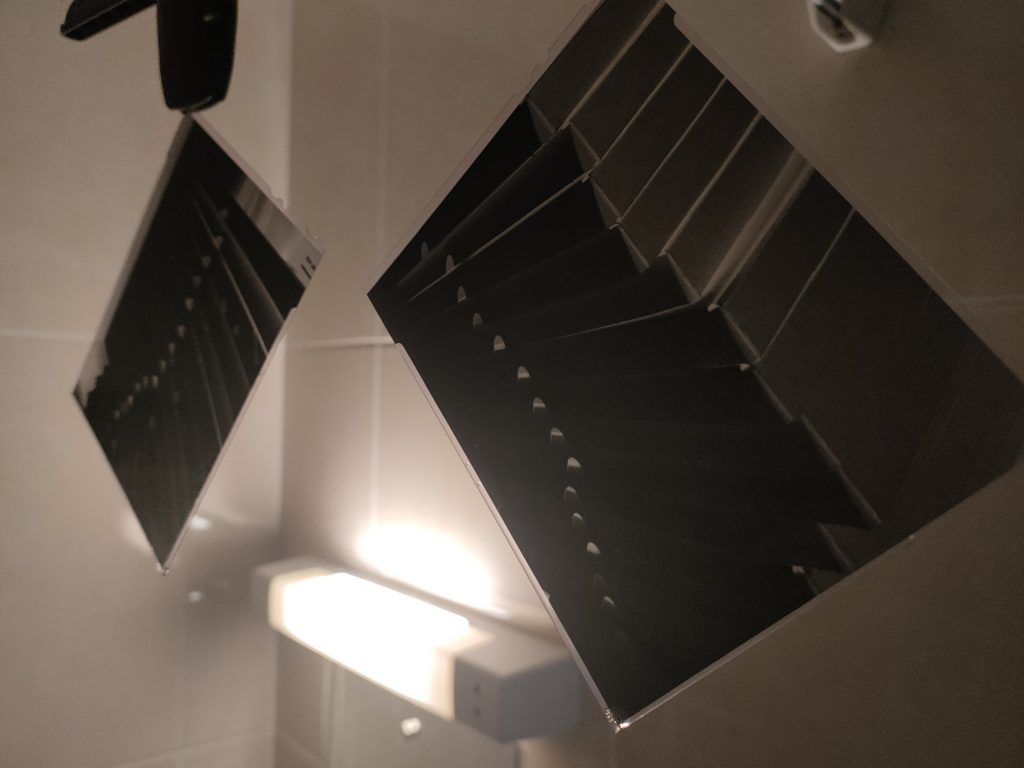
I was pleased with the way the negatives looked (although they may look dense in this photo hanging). I was hoping for more than usual grain and a contrasty negative.
This is the first Photograph.
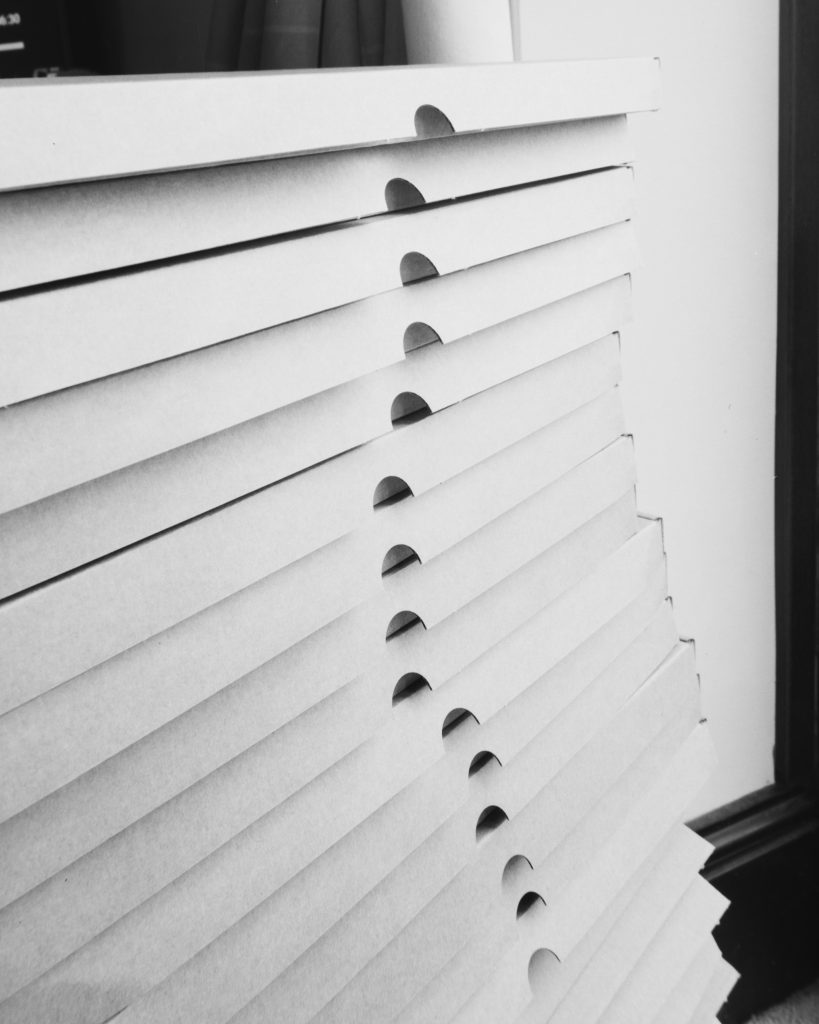
I think by metering on the grey card toward the camera was a mistake. I should have metered it looking back toward the window as I was clearly over exposed.
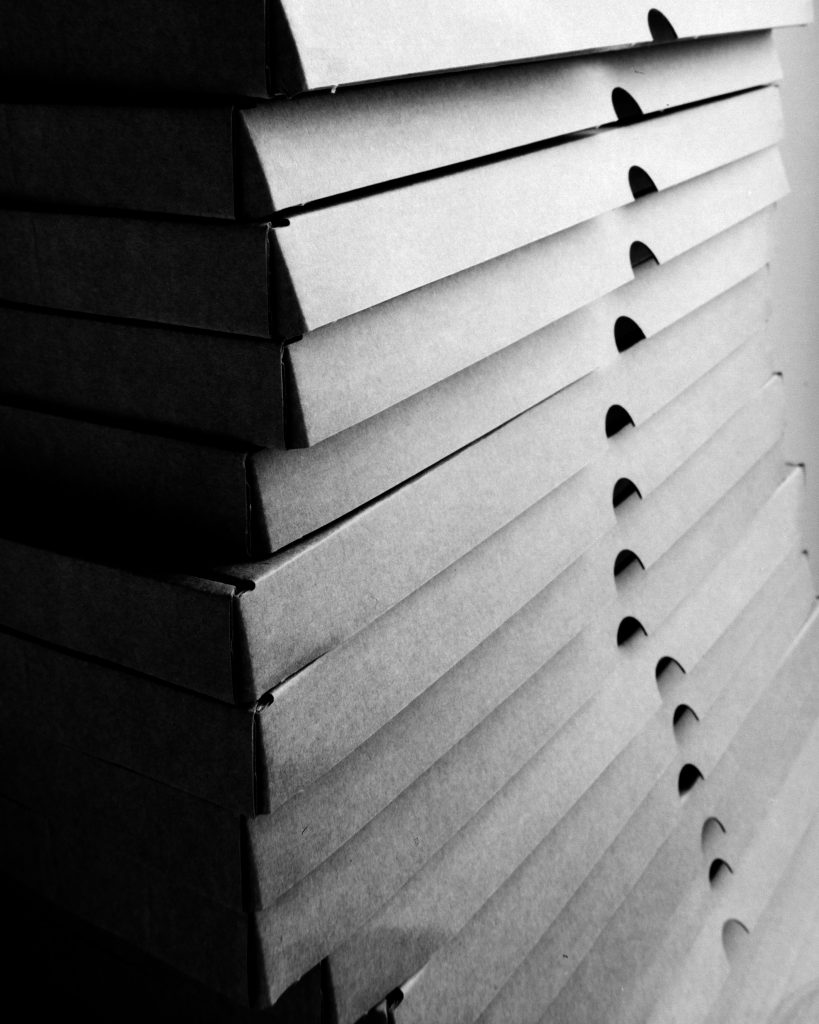
This photograph was much more where I wanted to be.
It’s difficult to know if my over exposure was due to the times I chose or if my development was too long. I feel as if I developed these at a few minutes less I would have had a flatter, more pleasing negative.
Whichever I now have this on record for another time to reflect back on.
